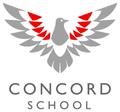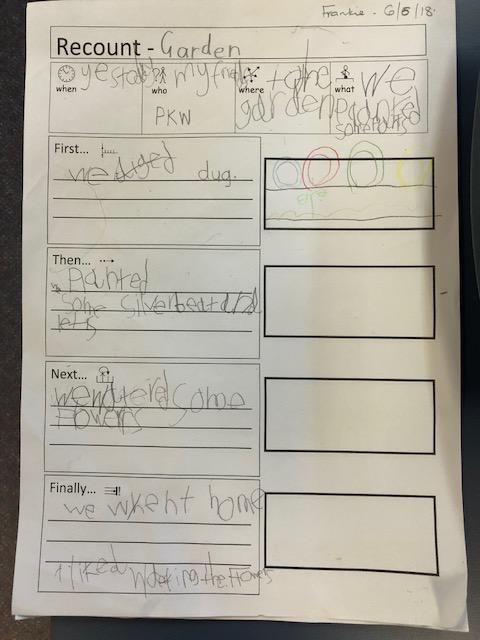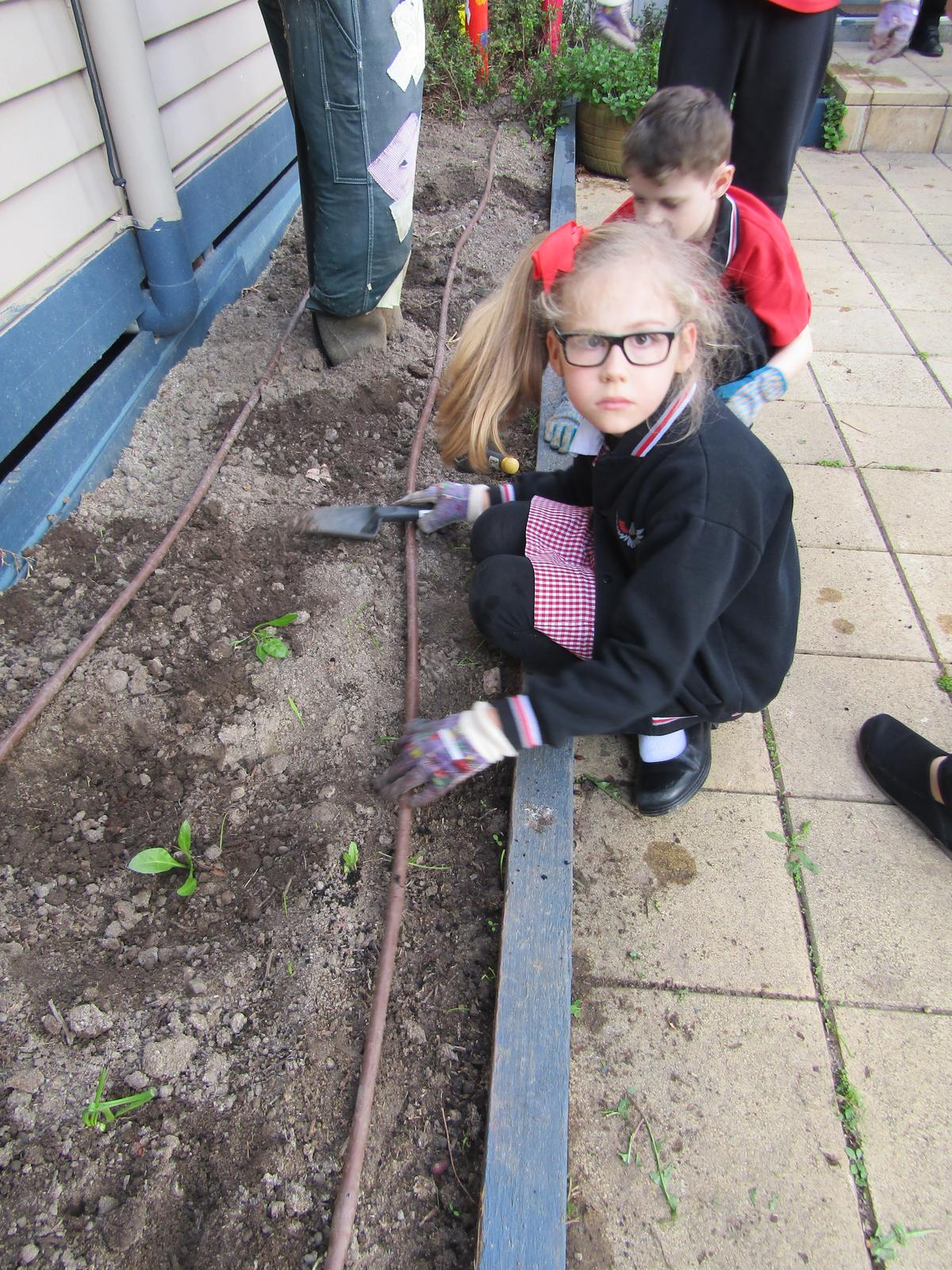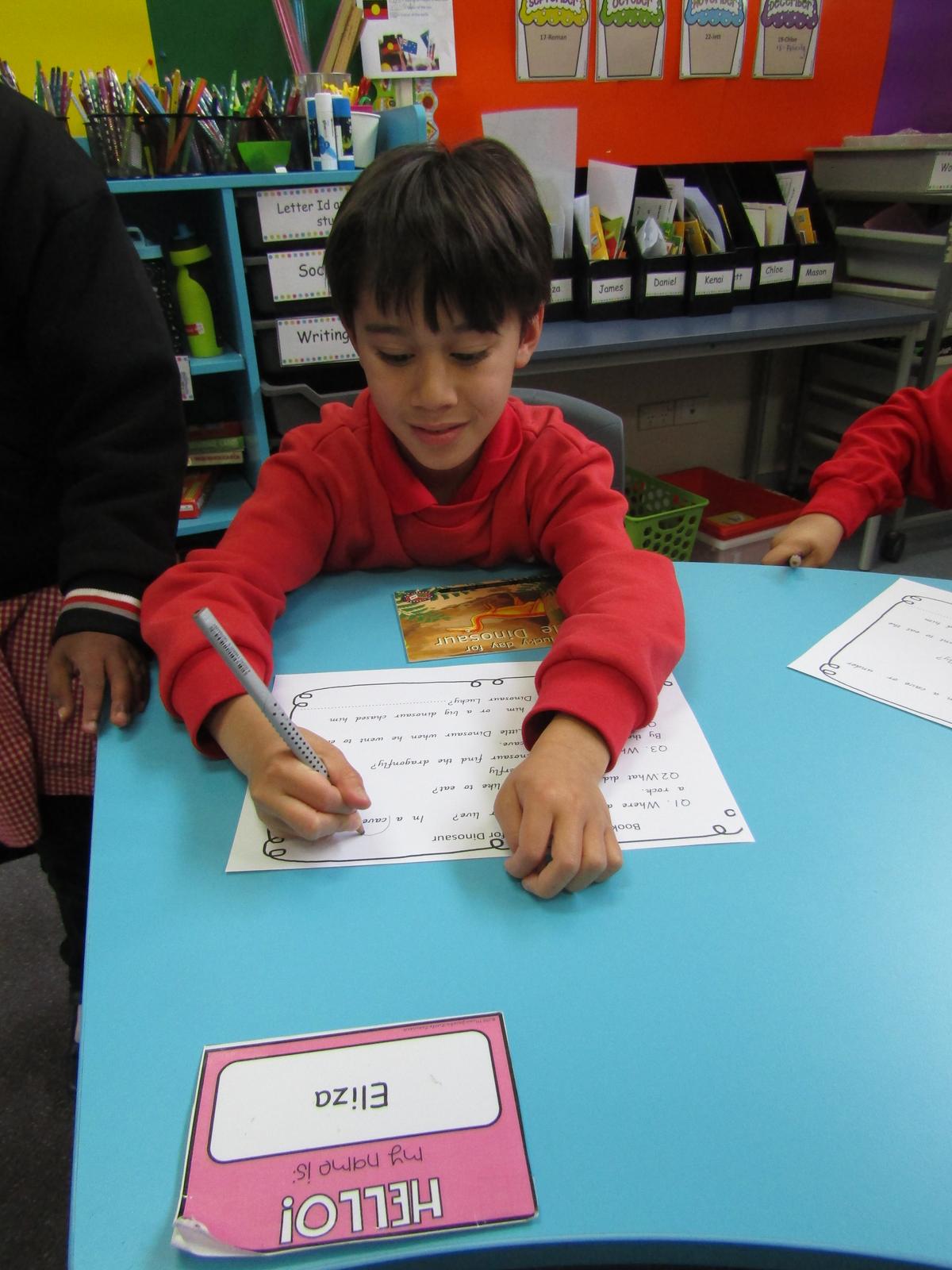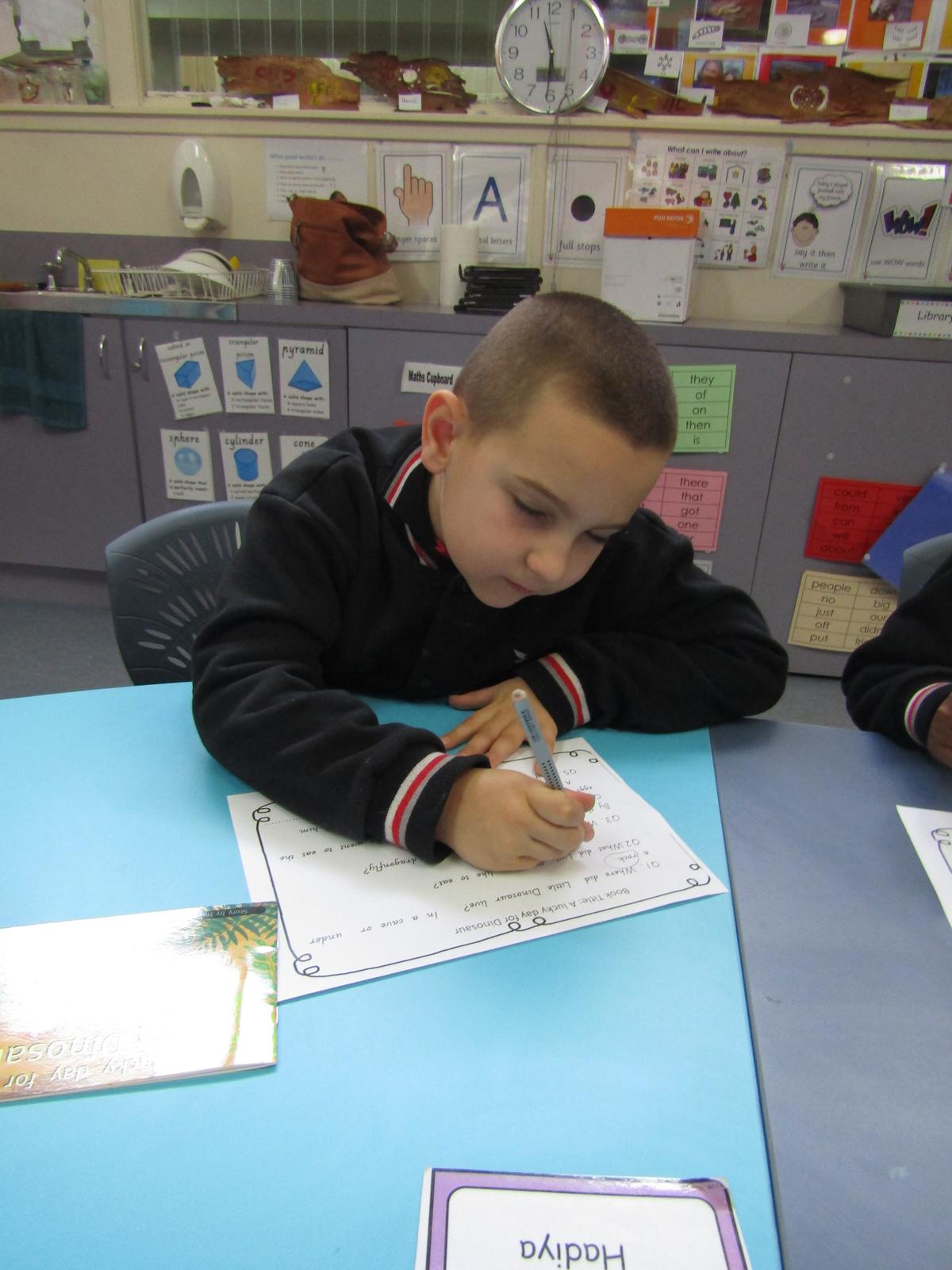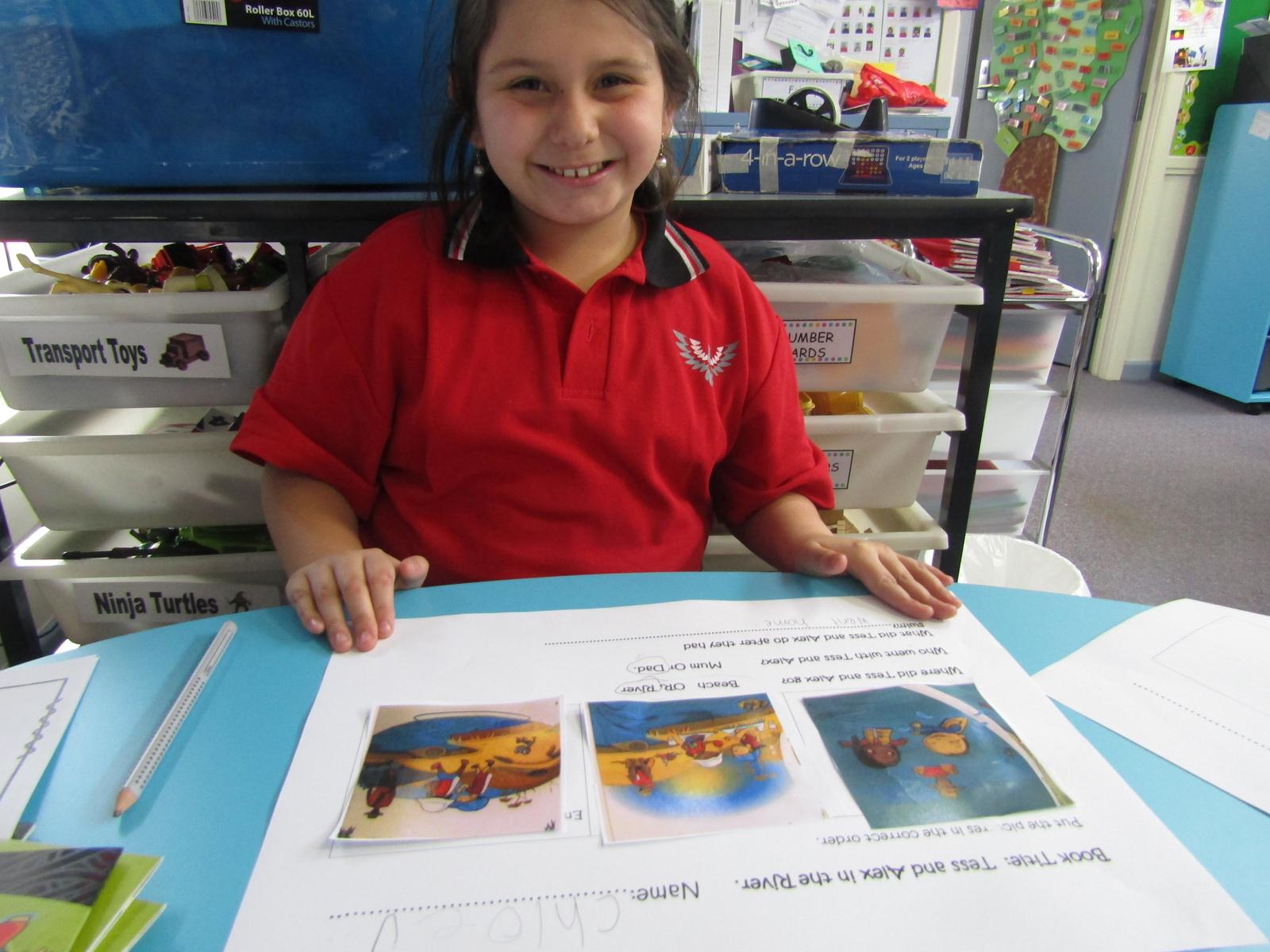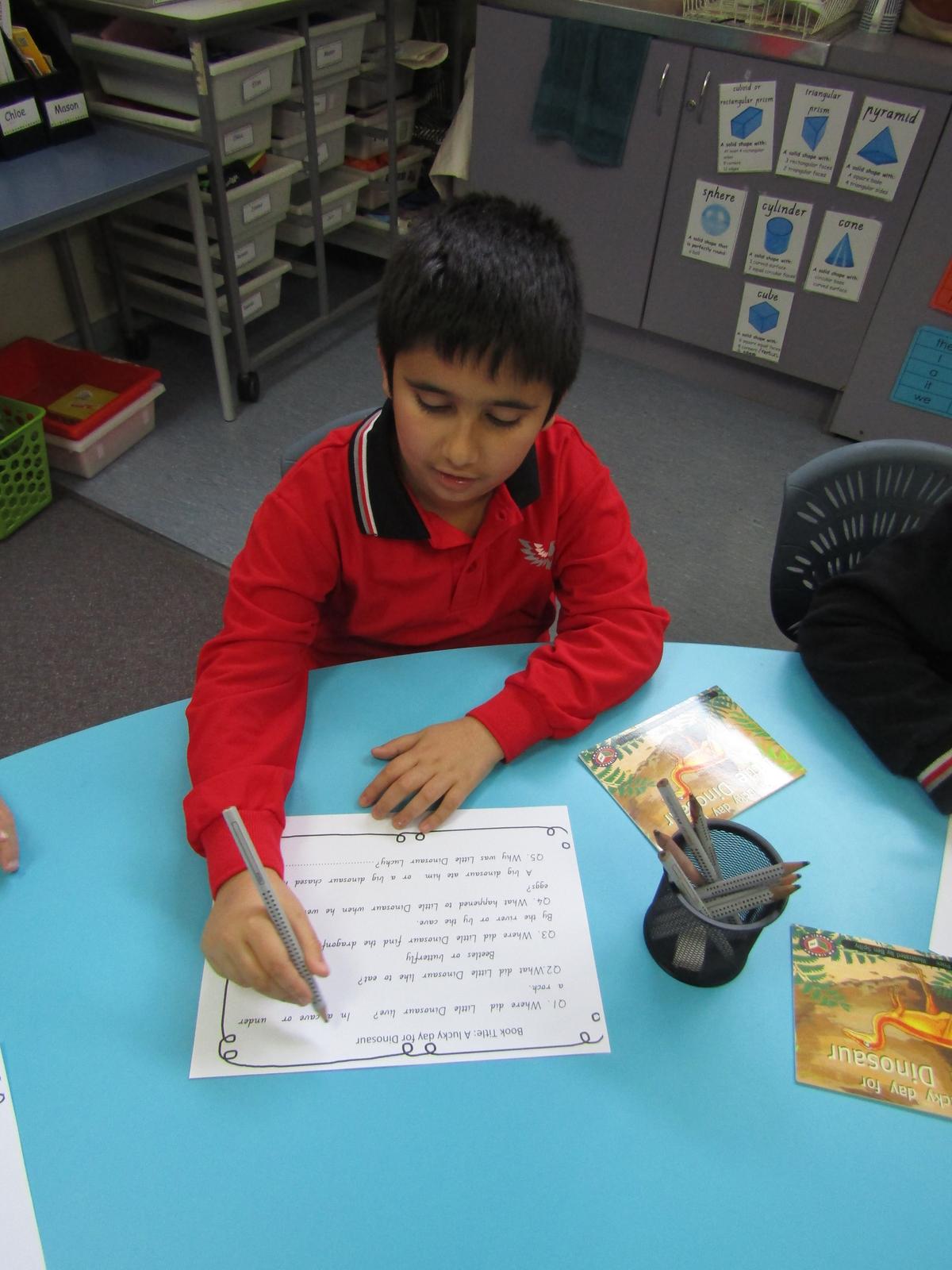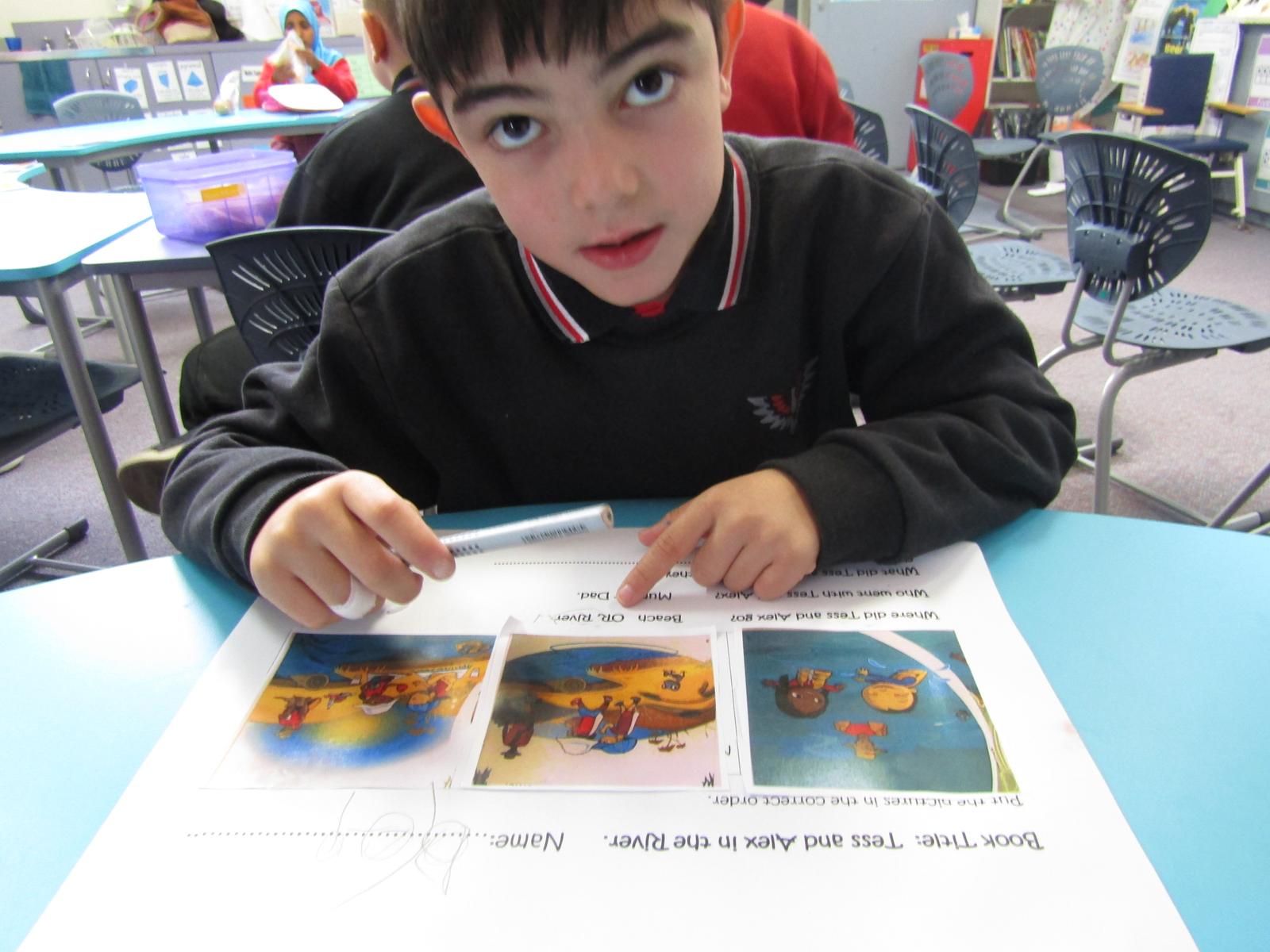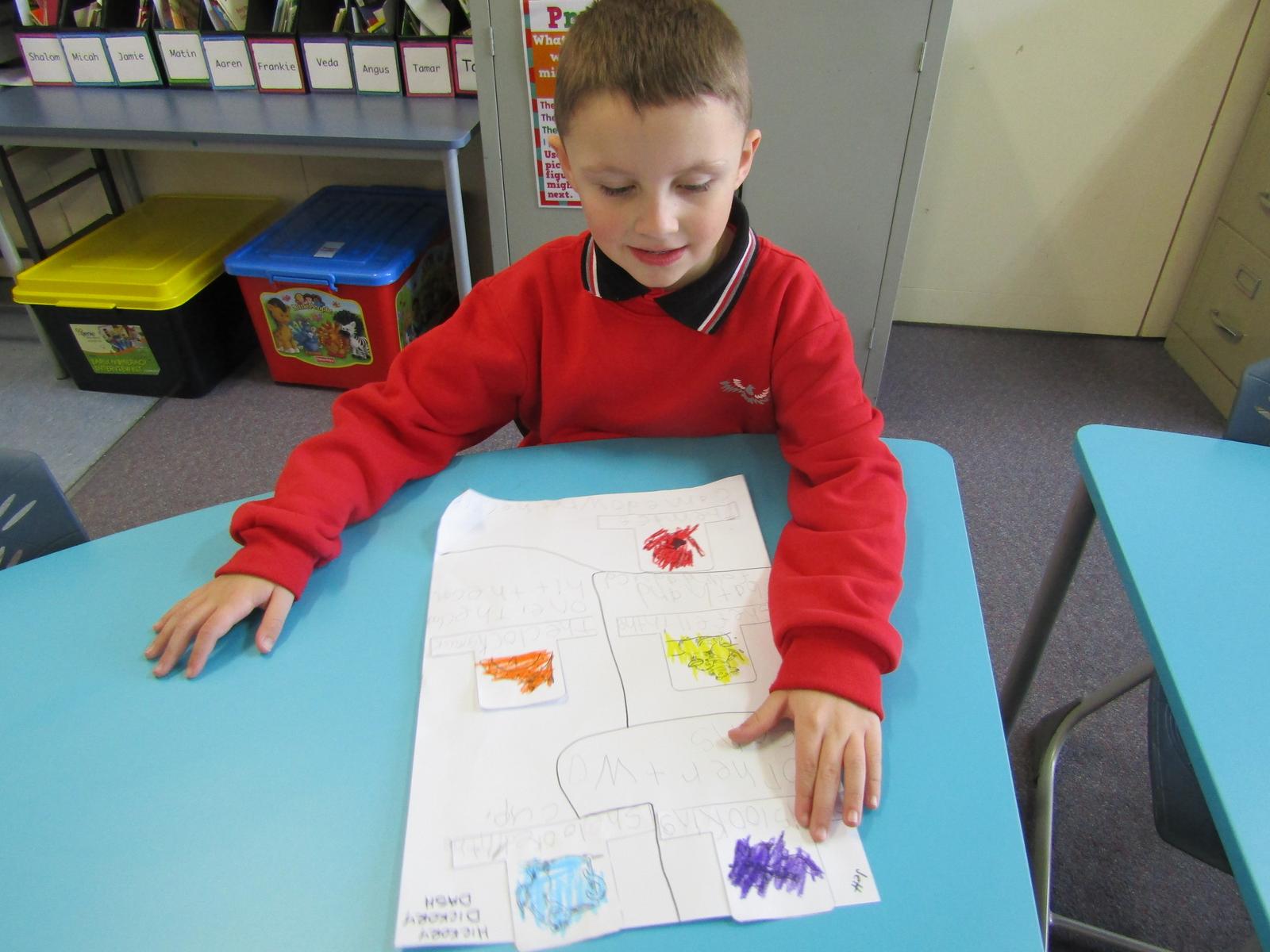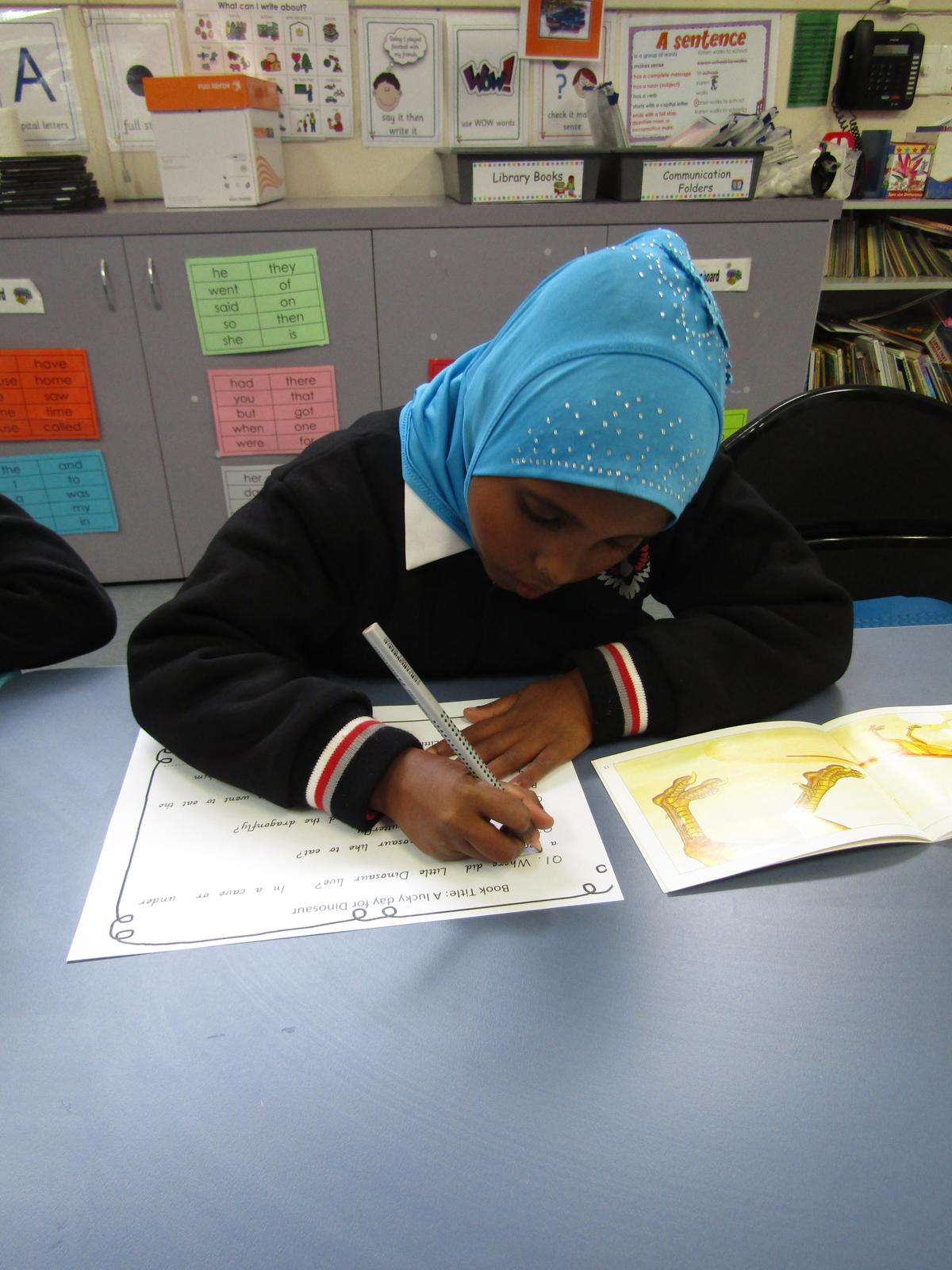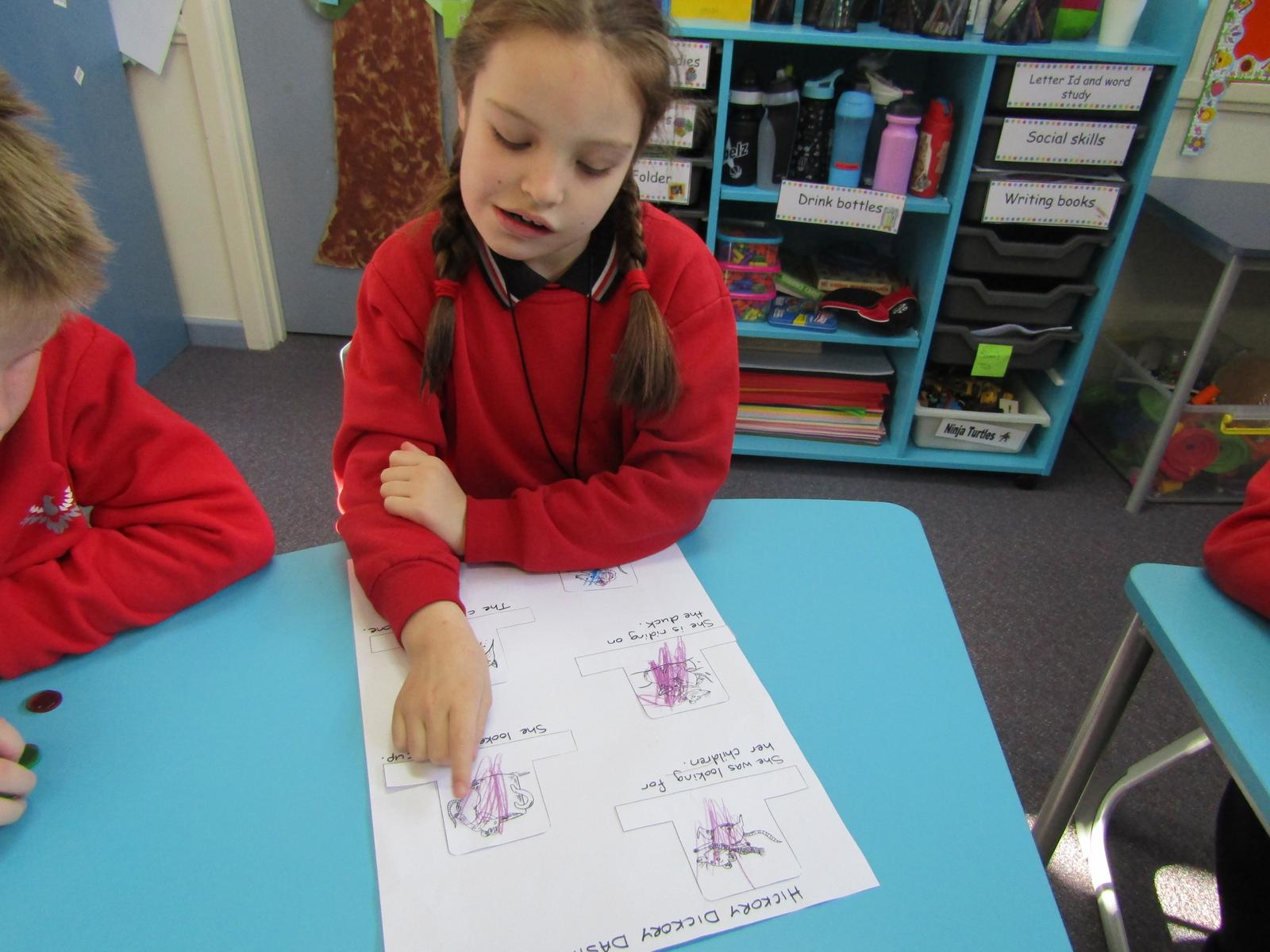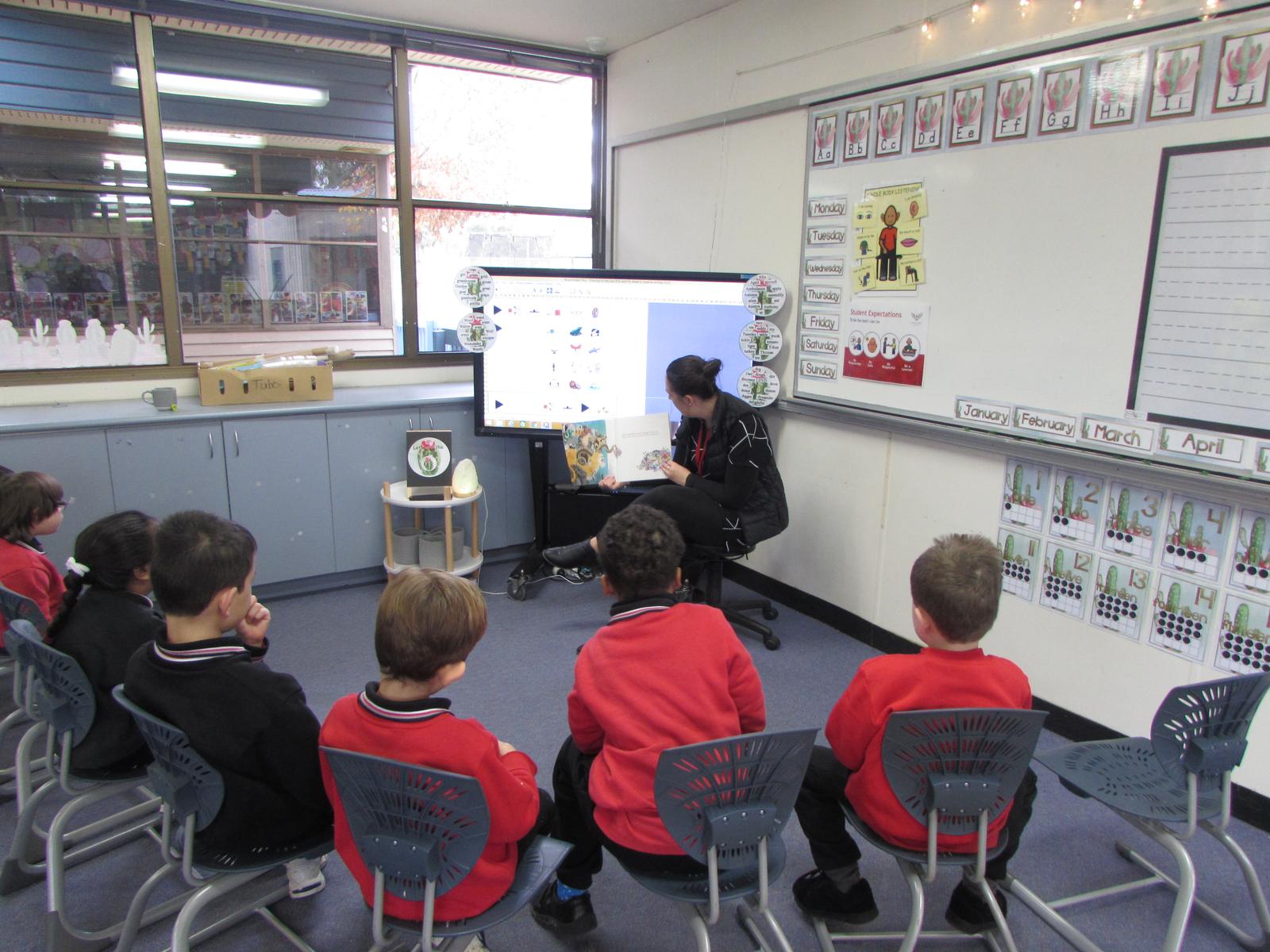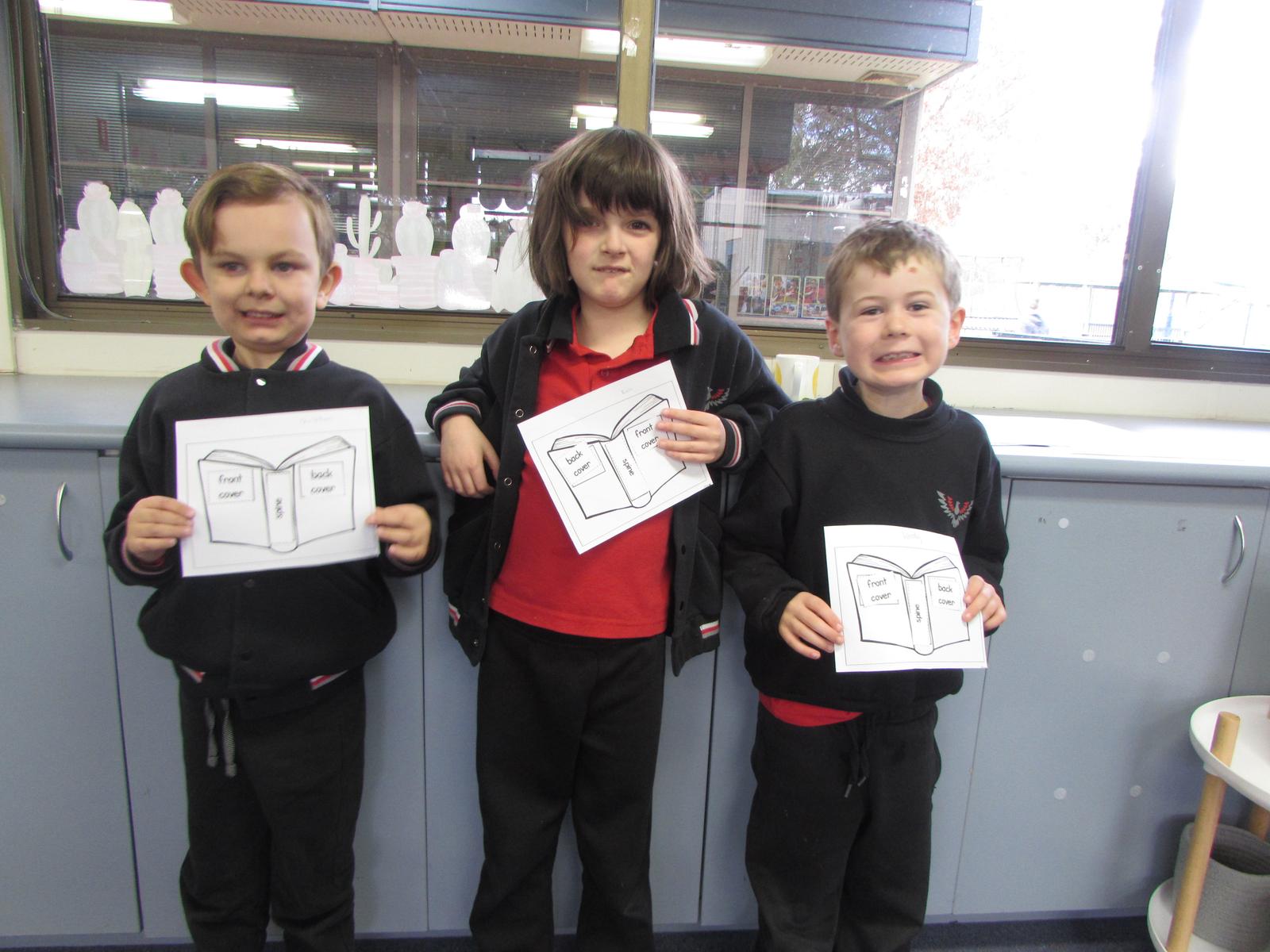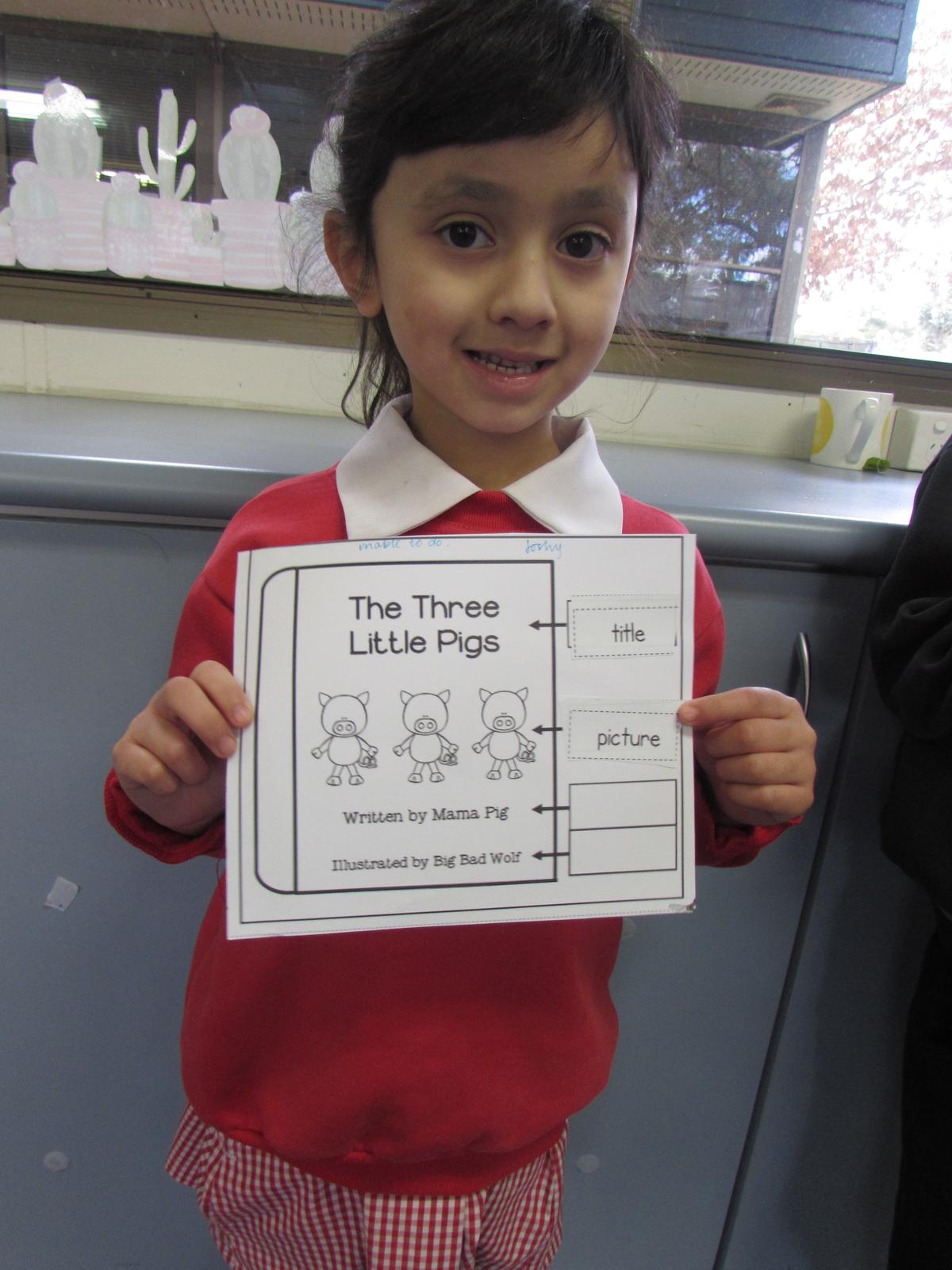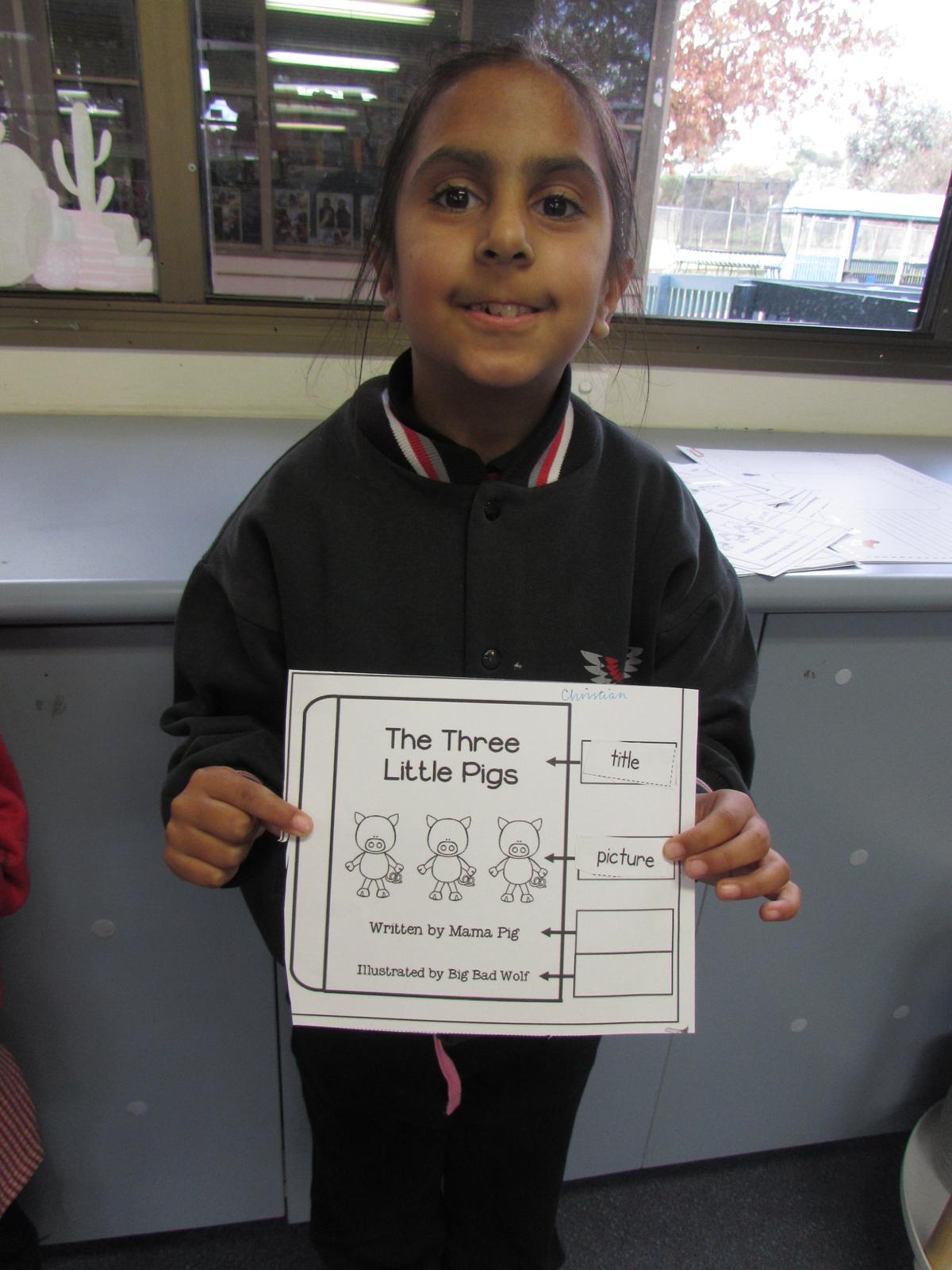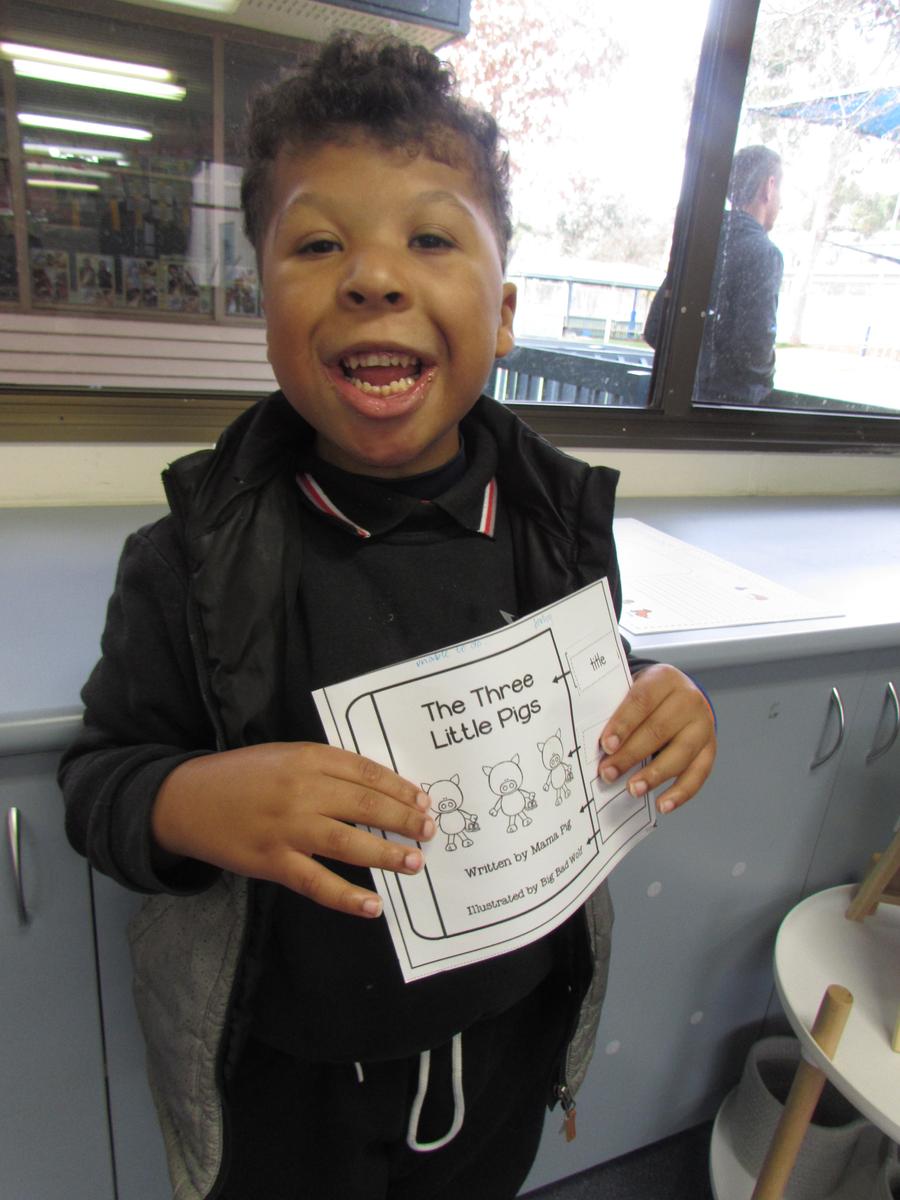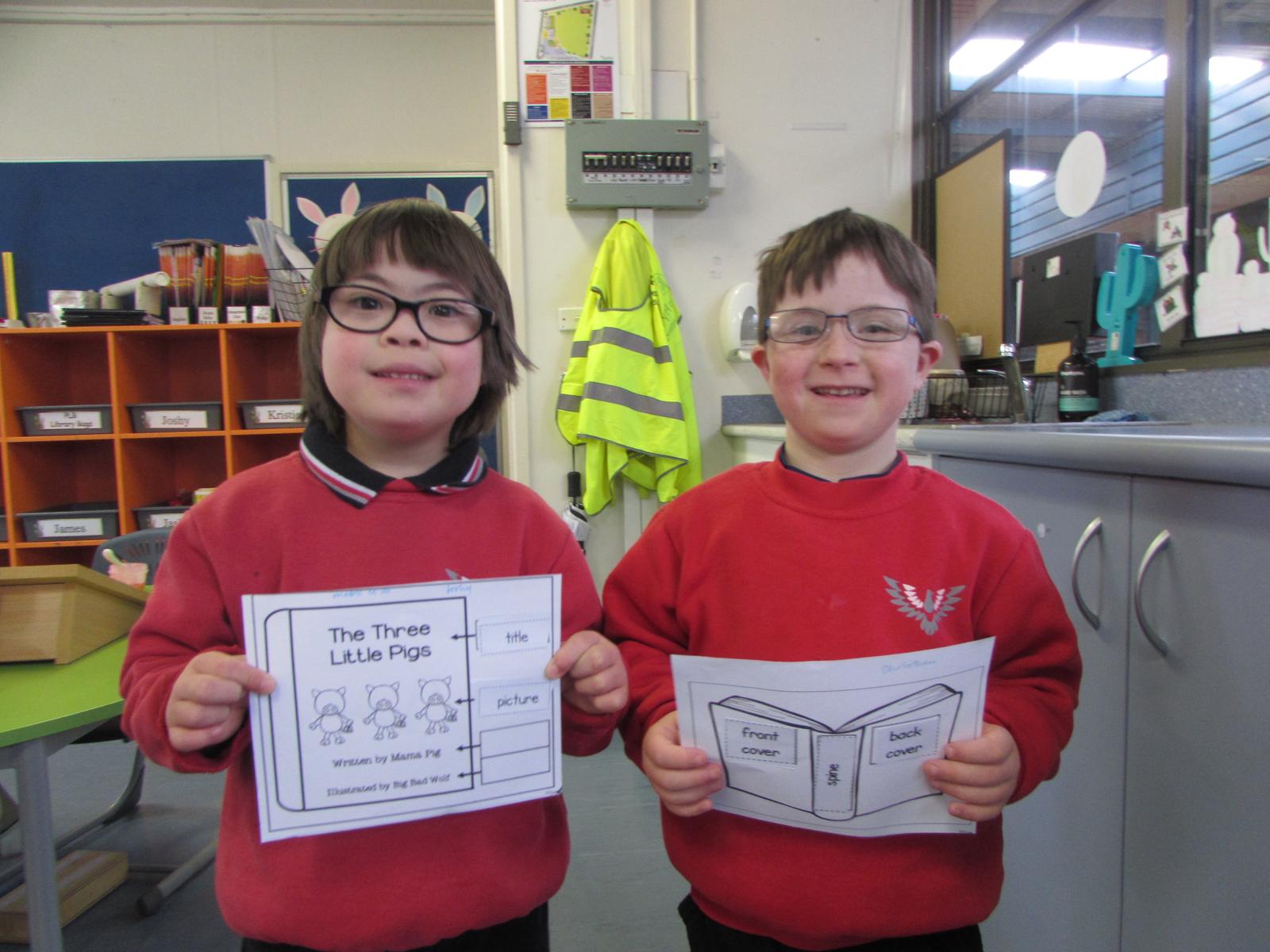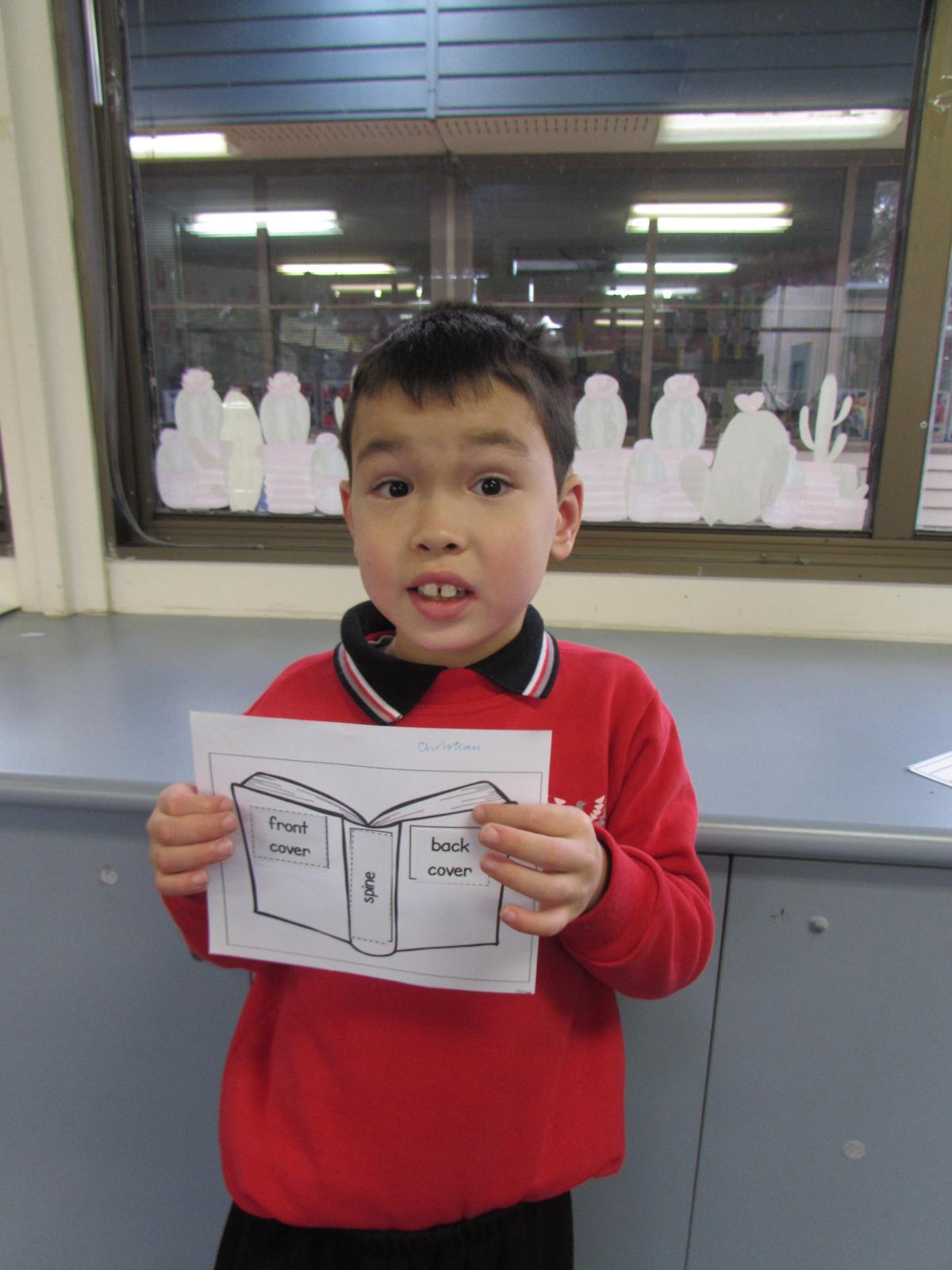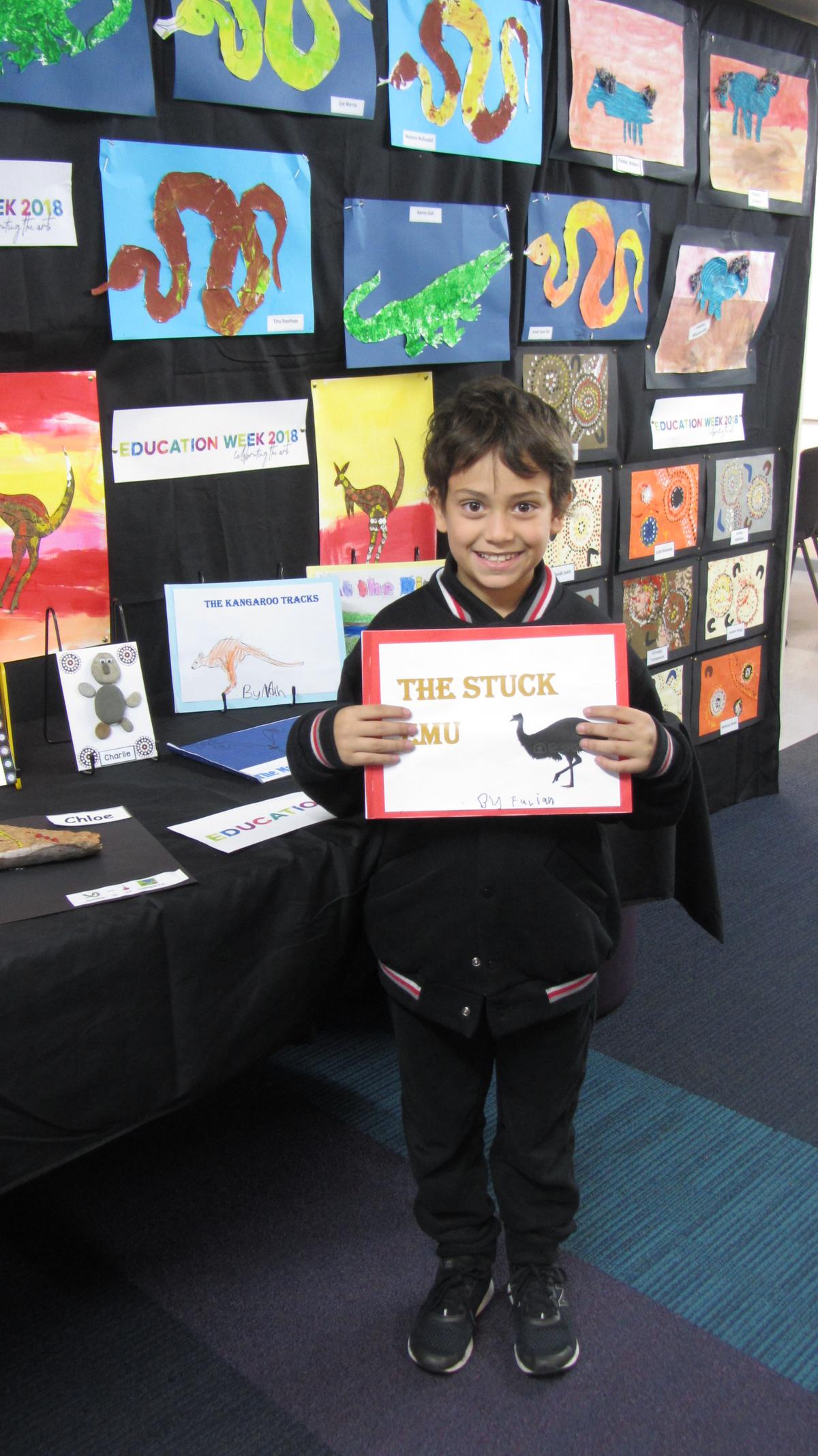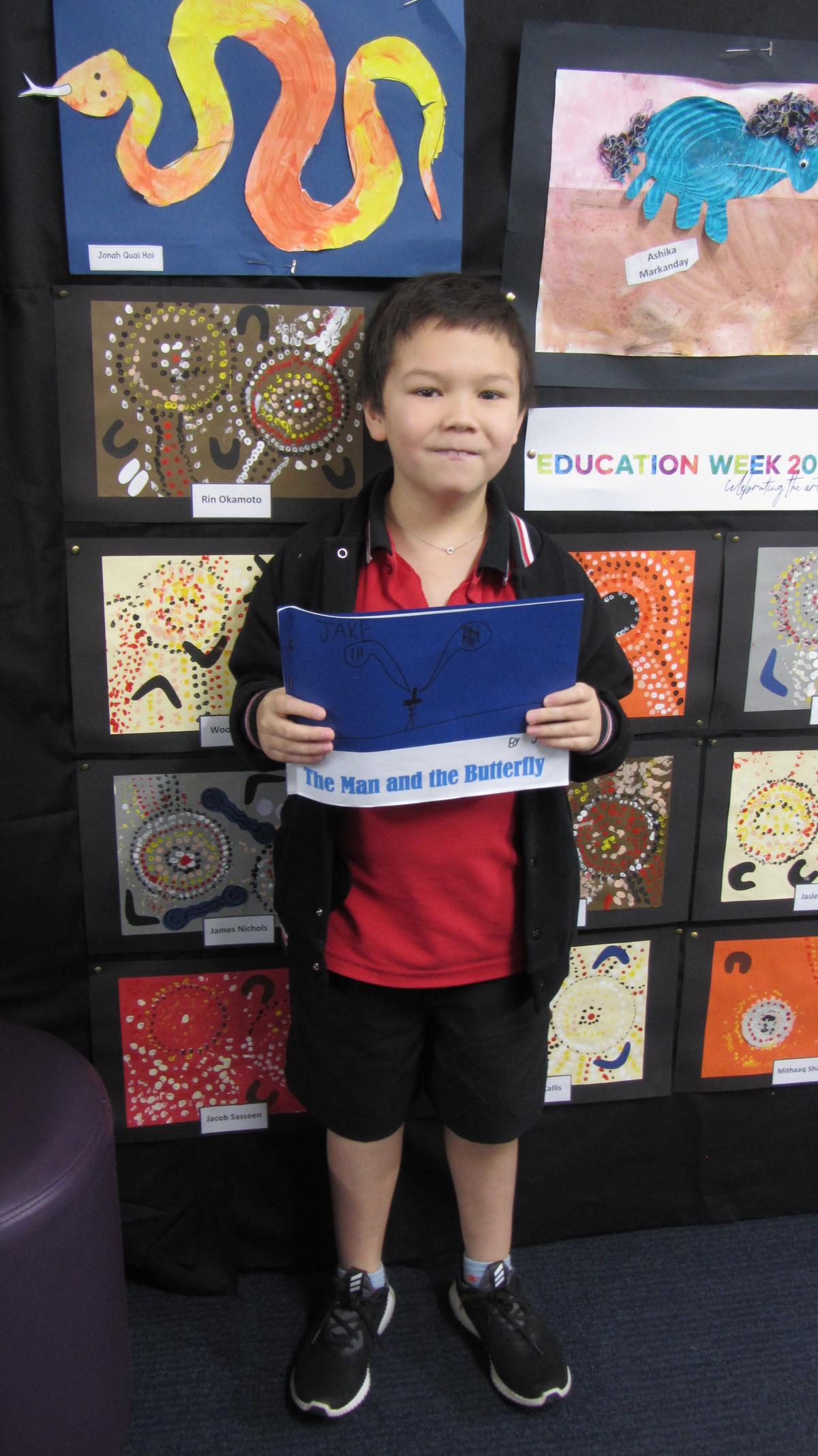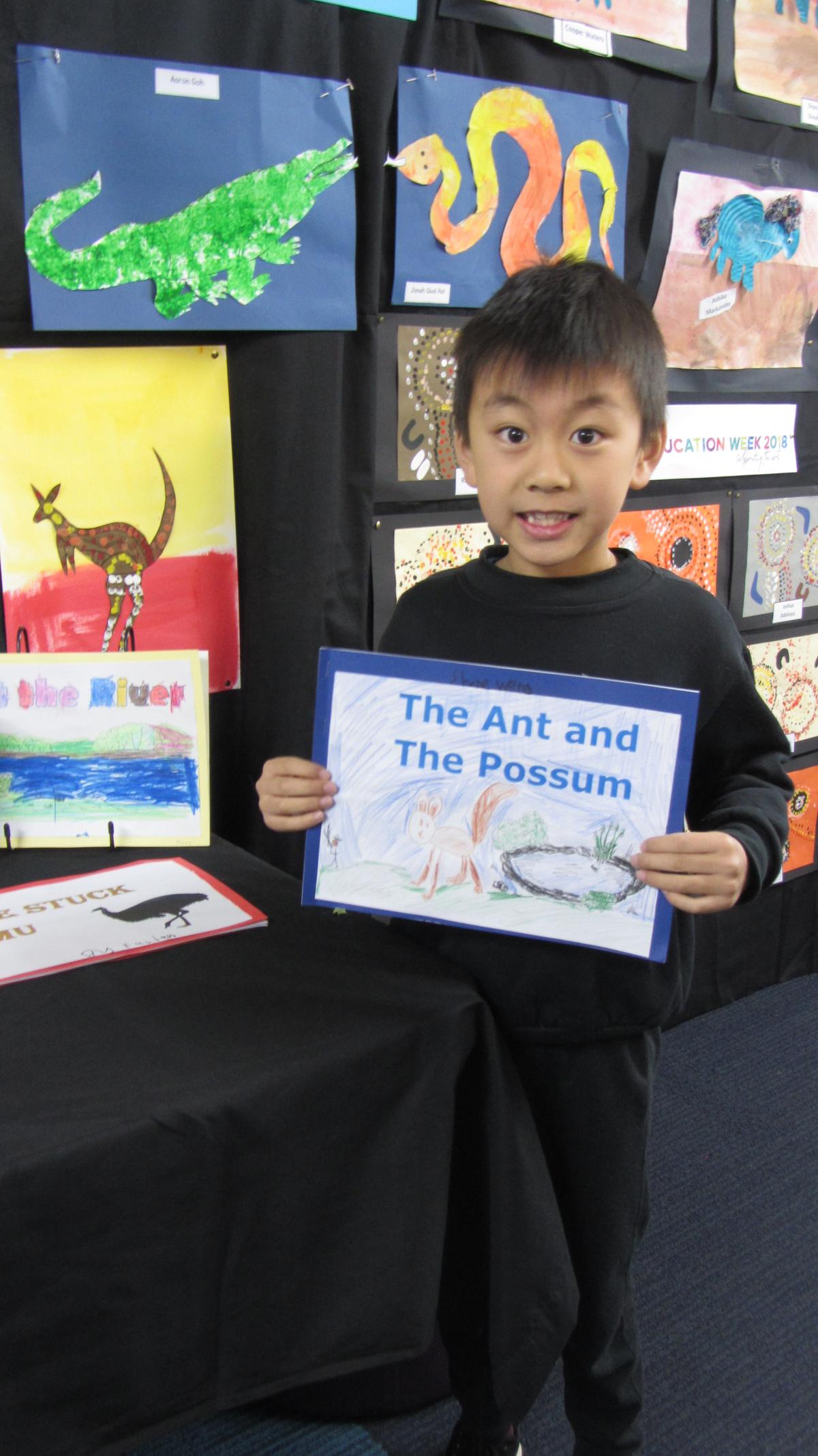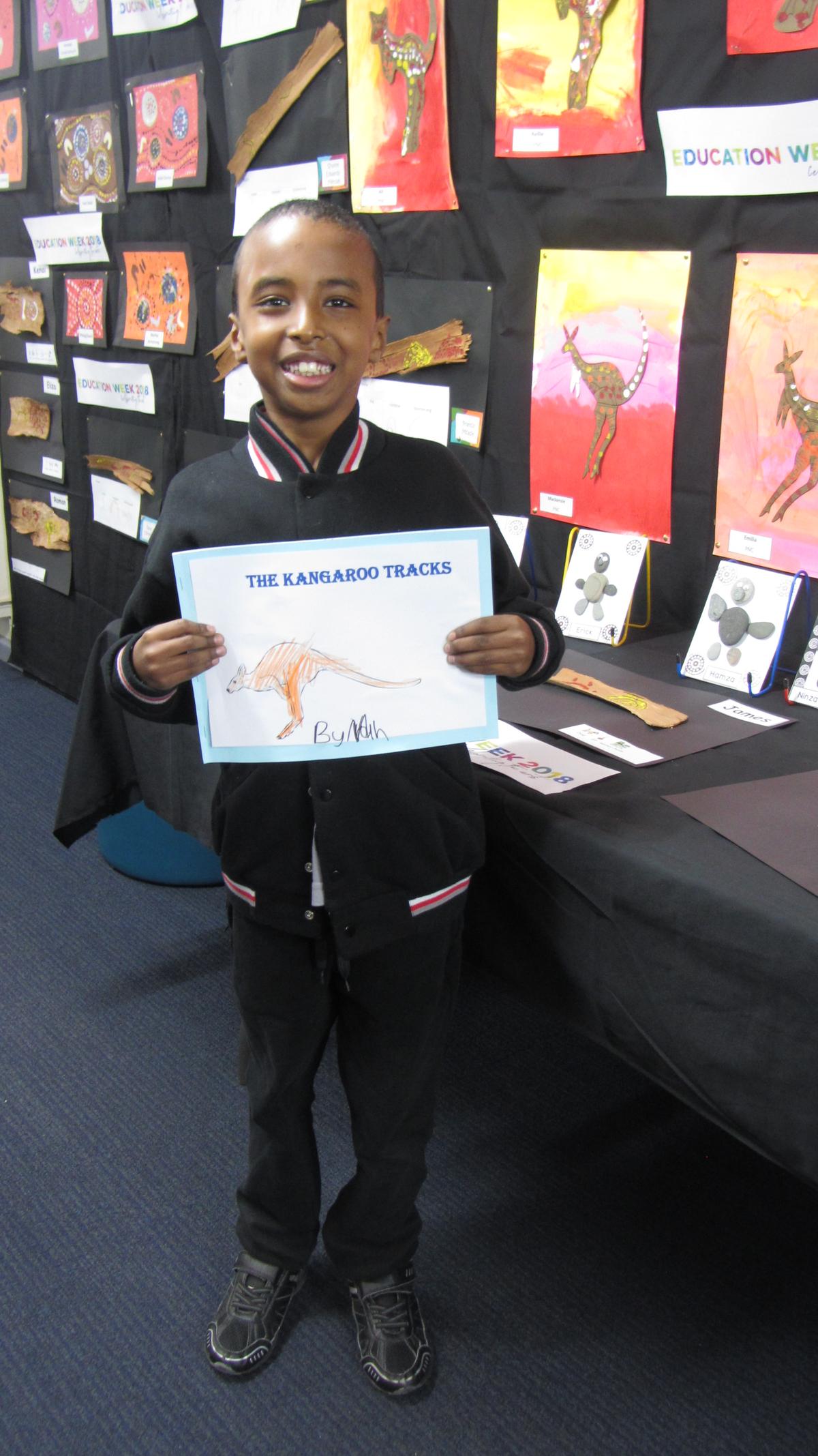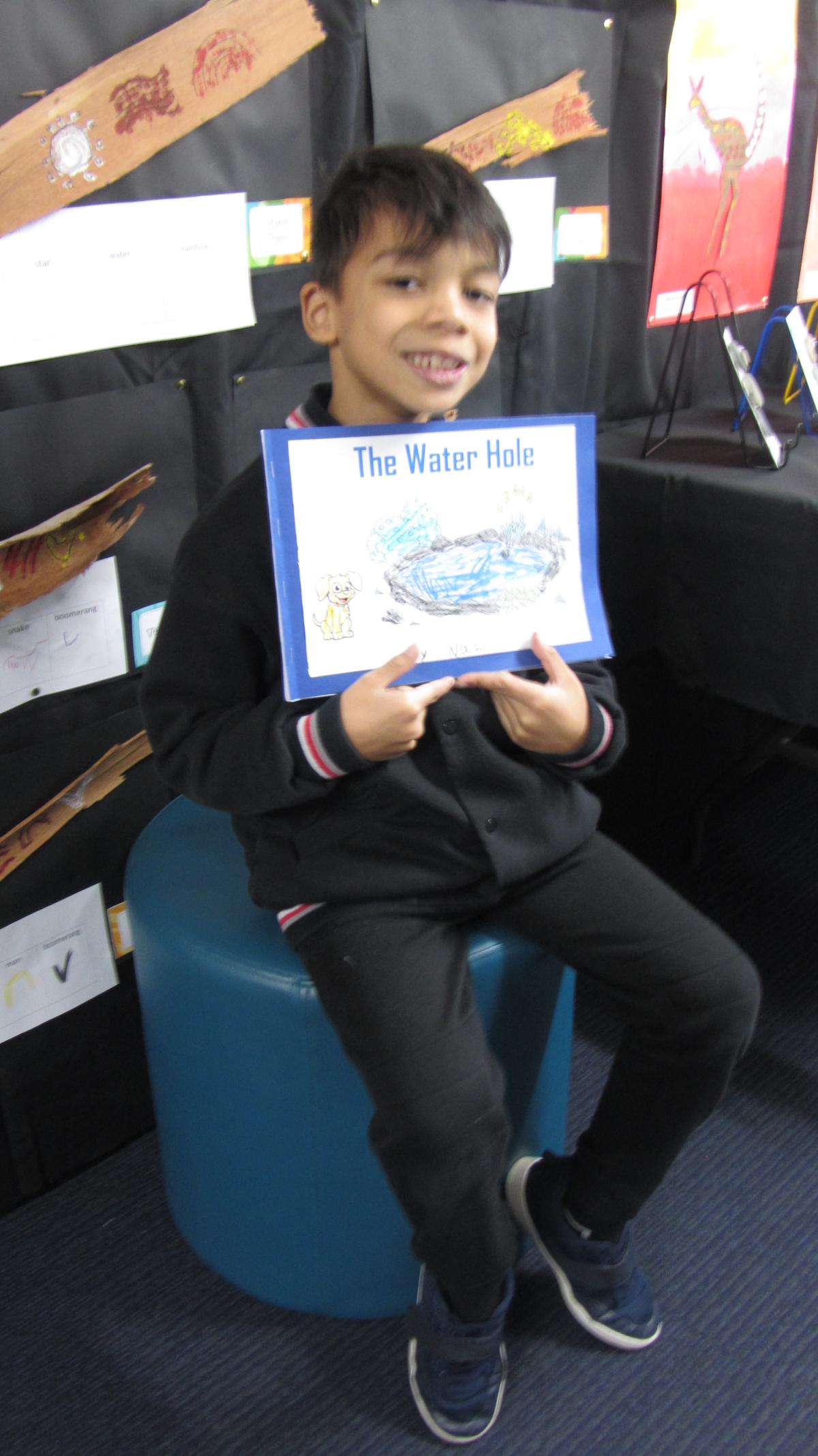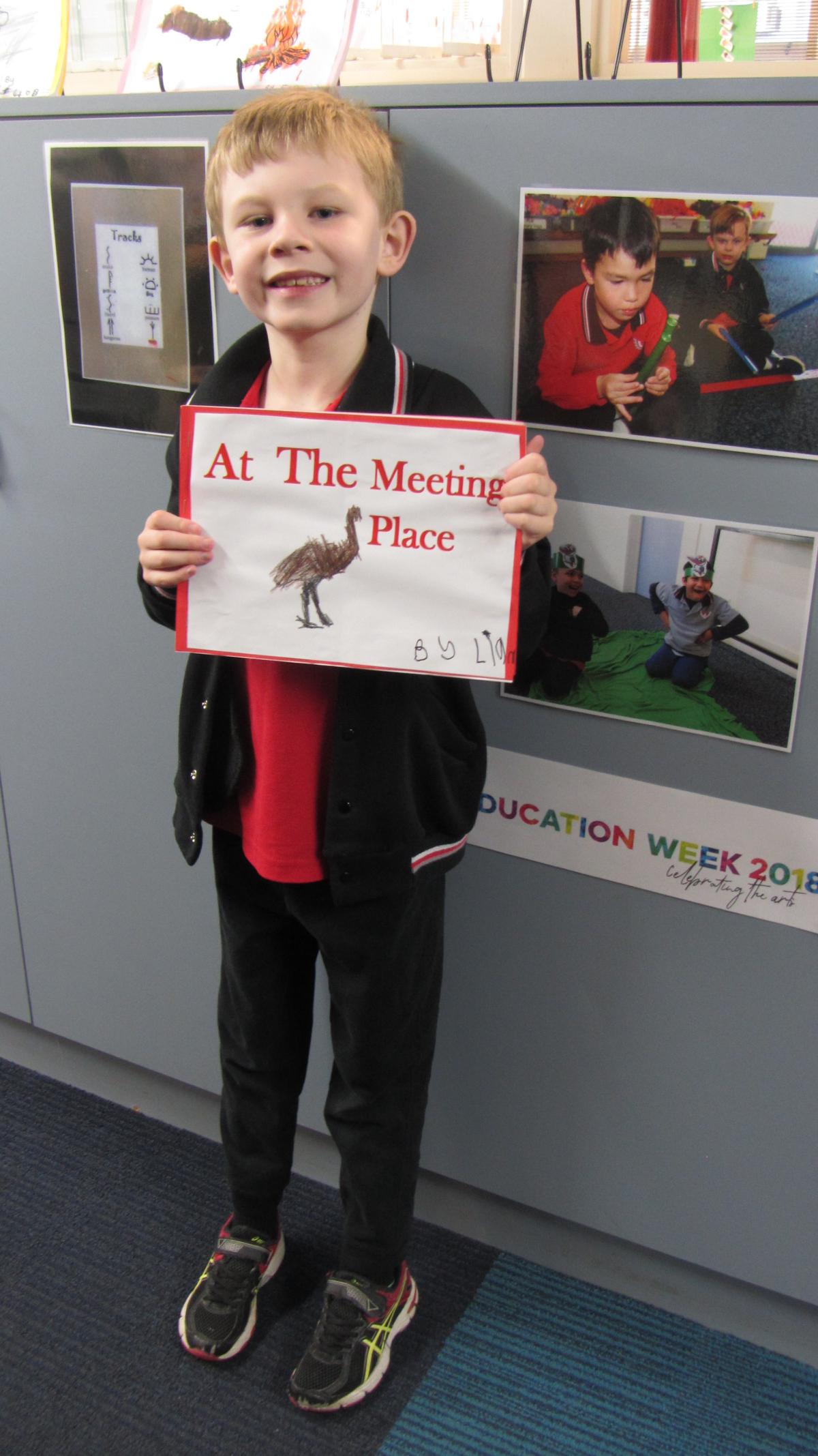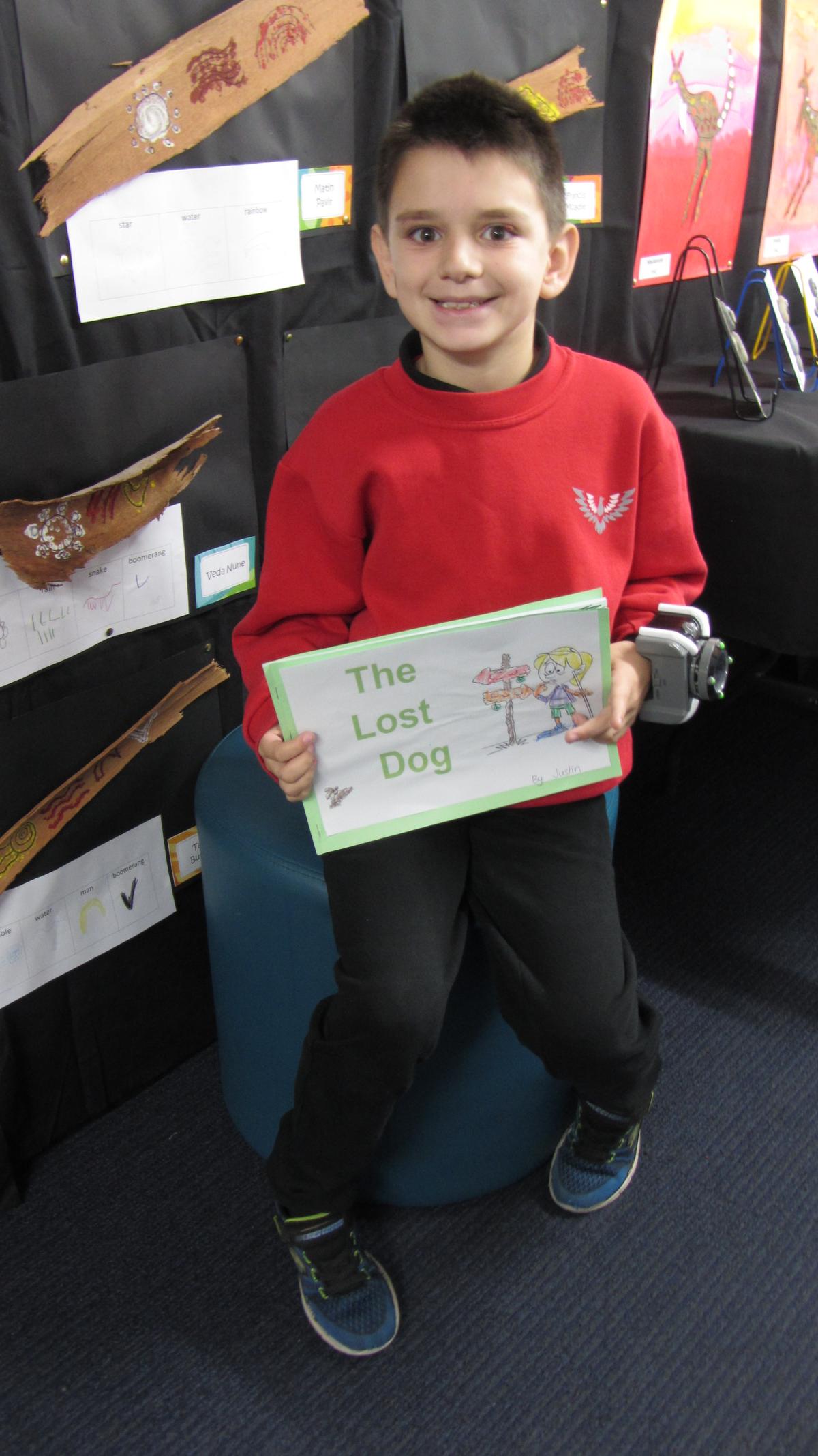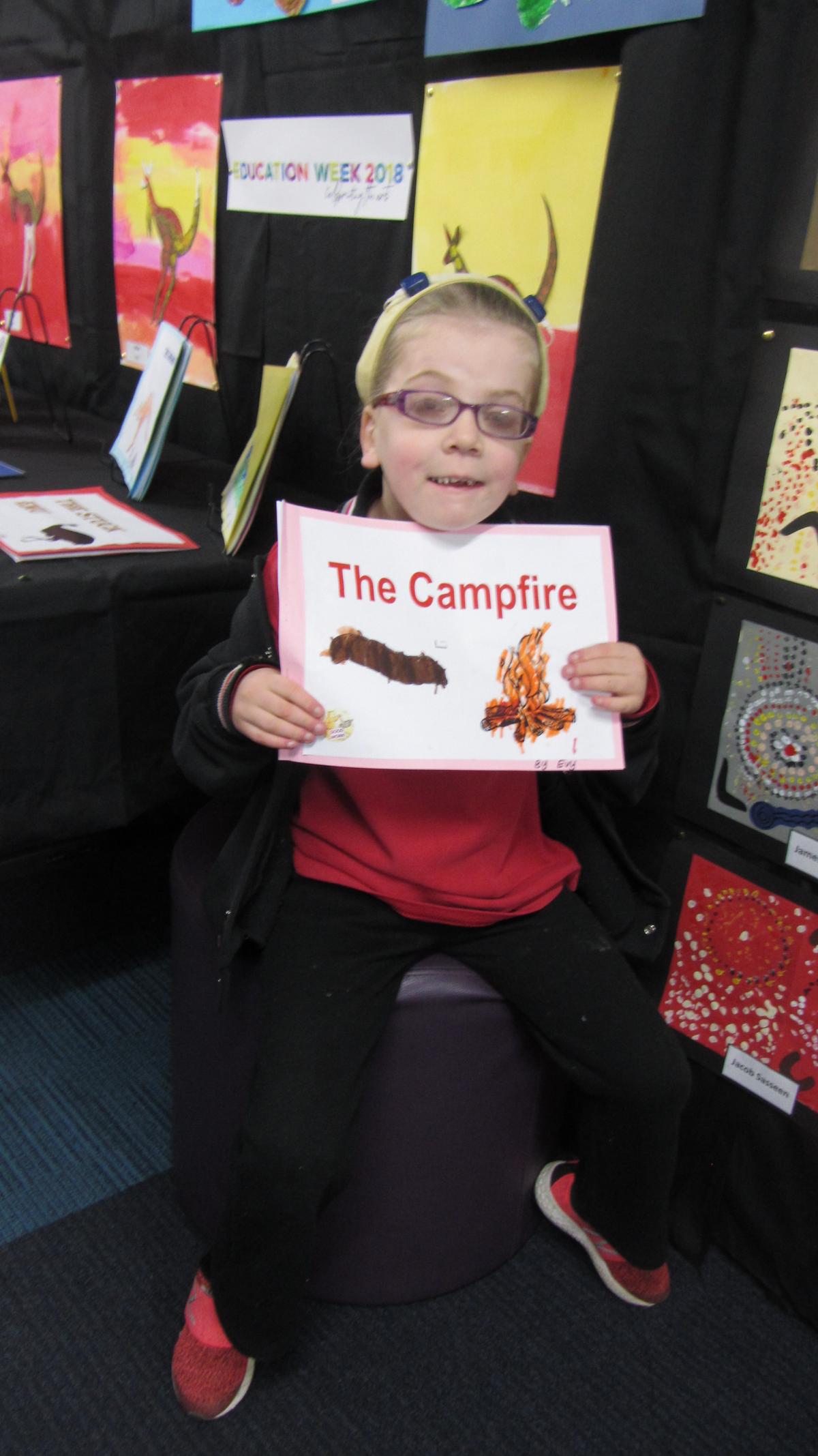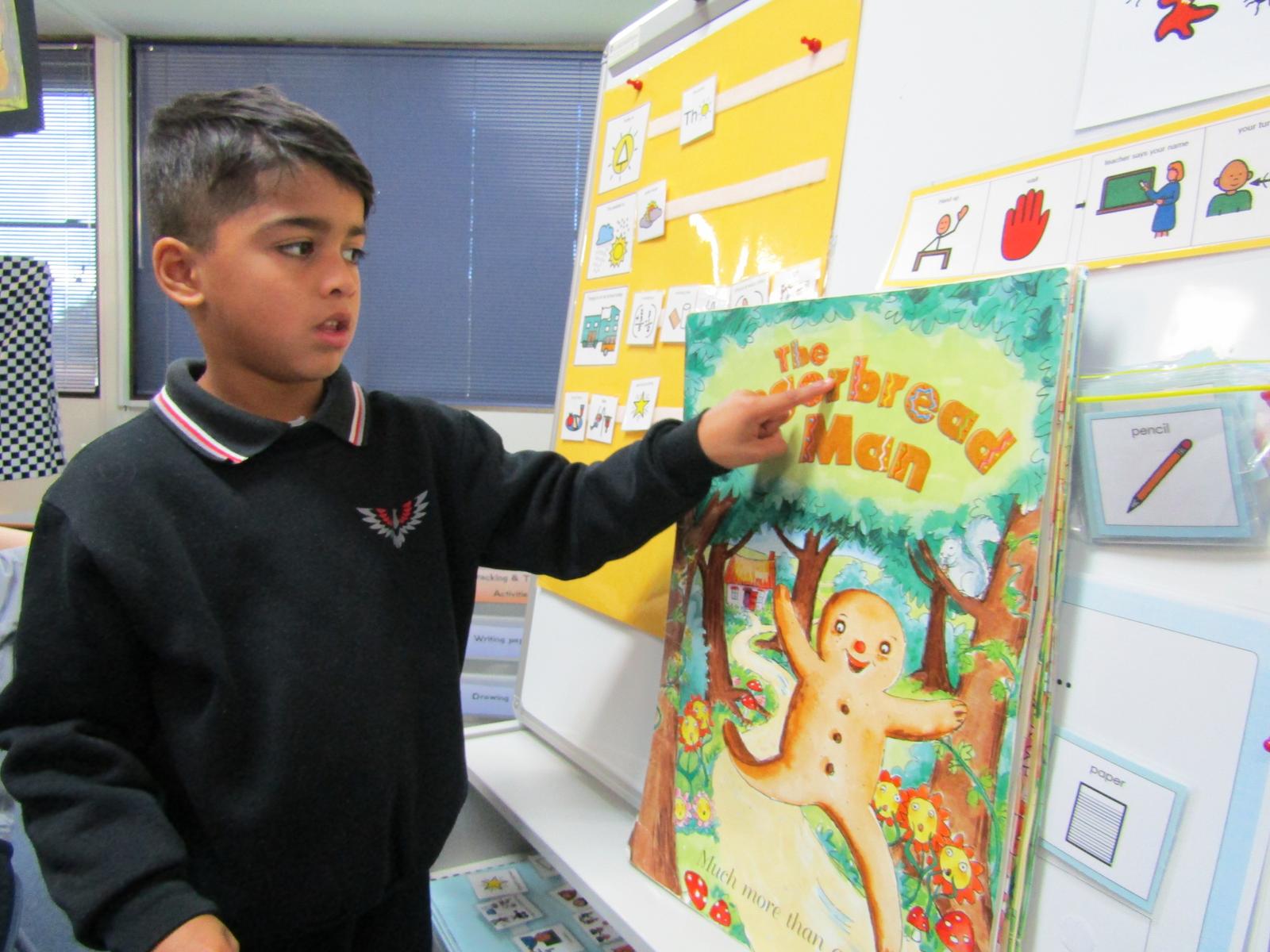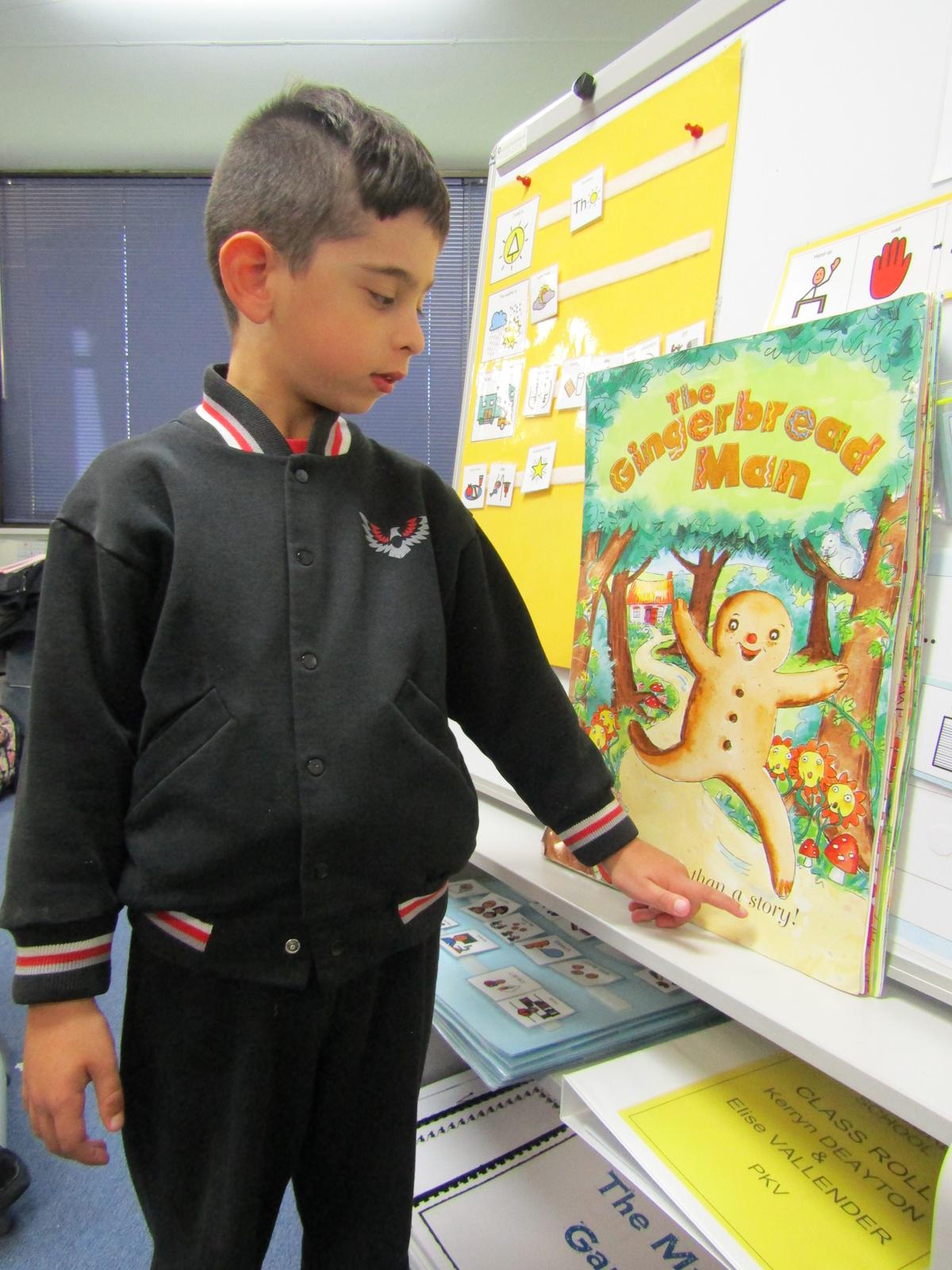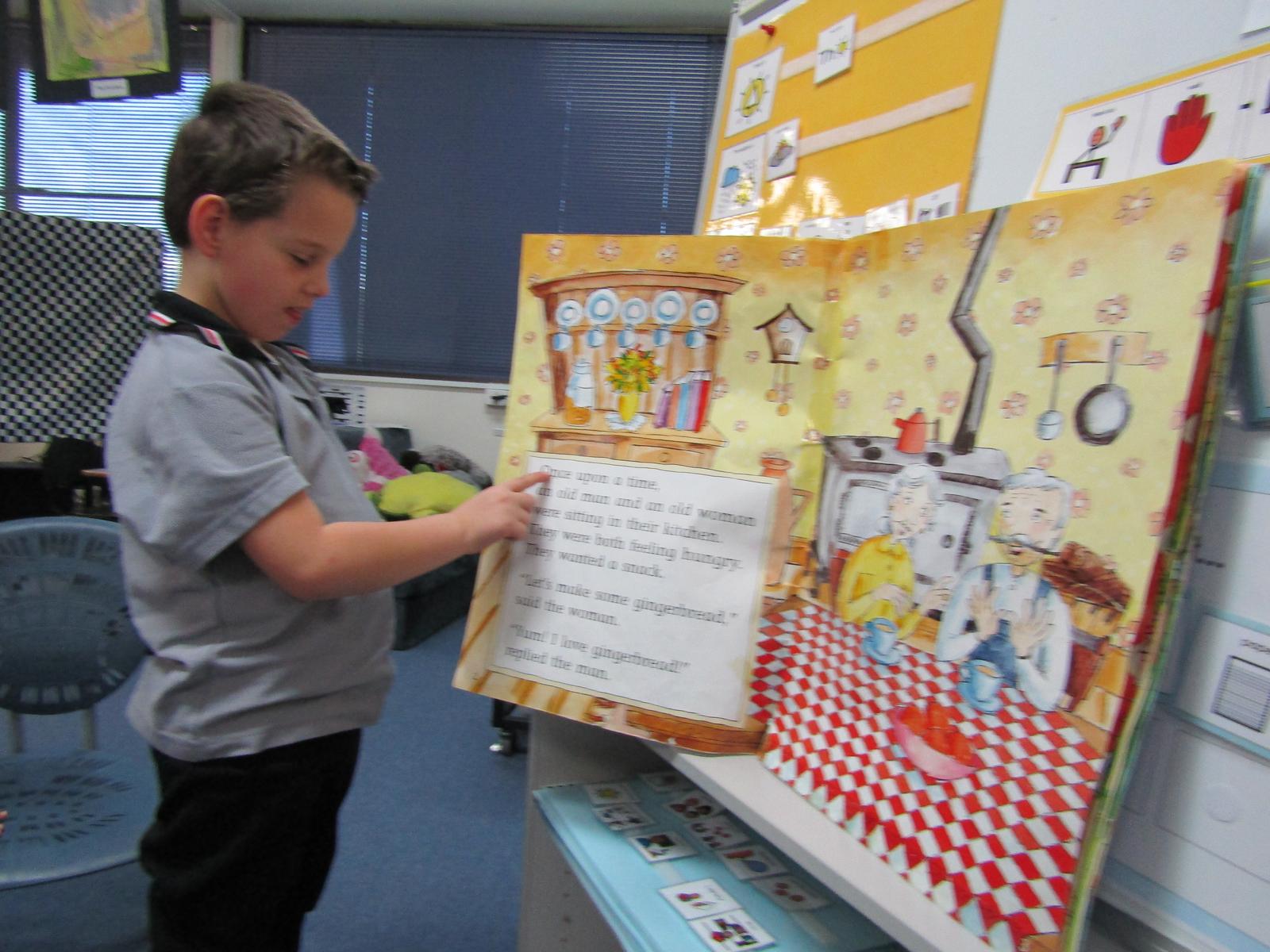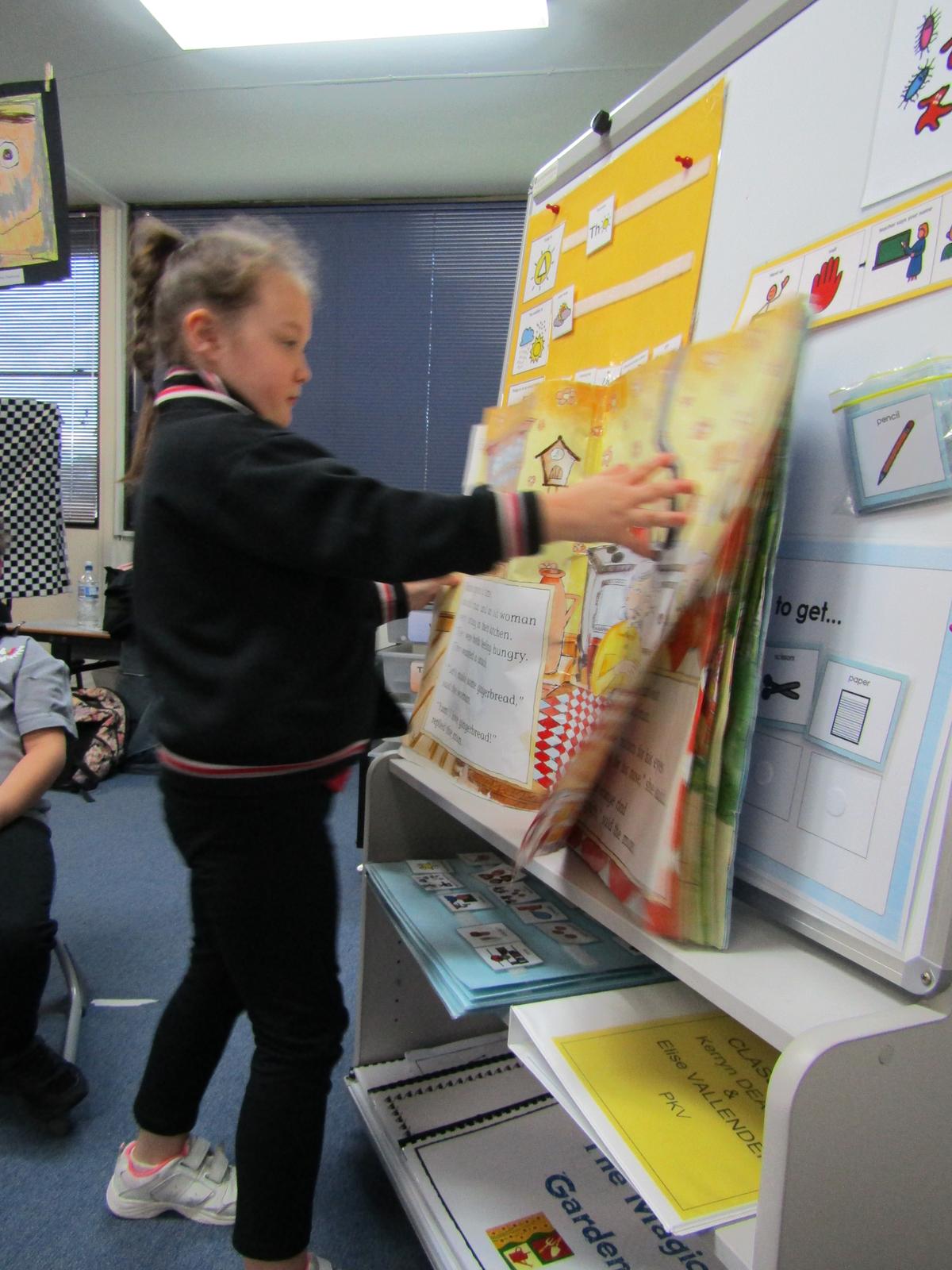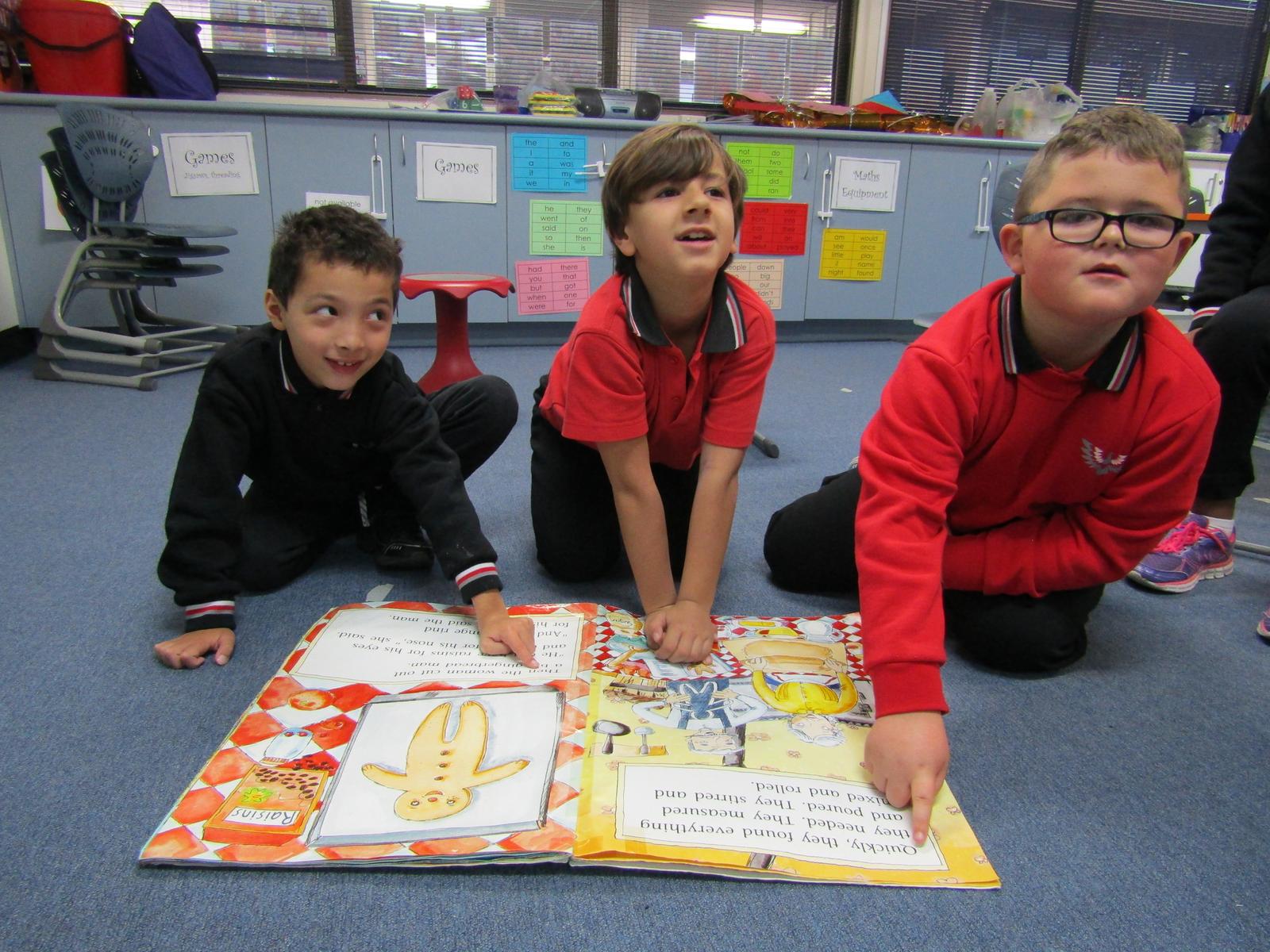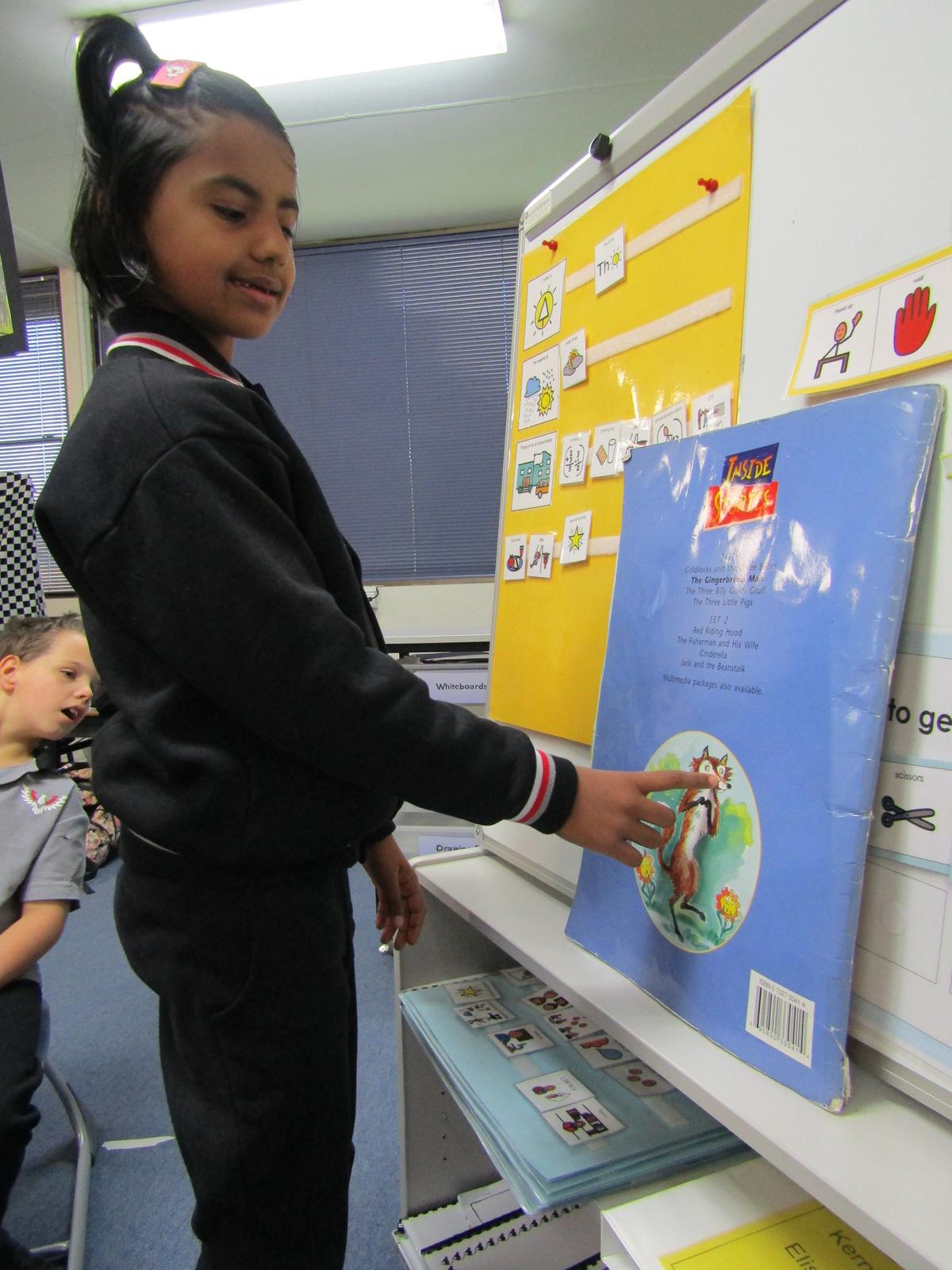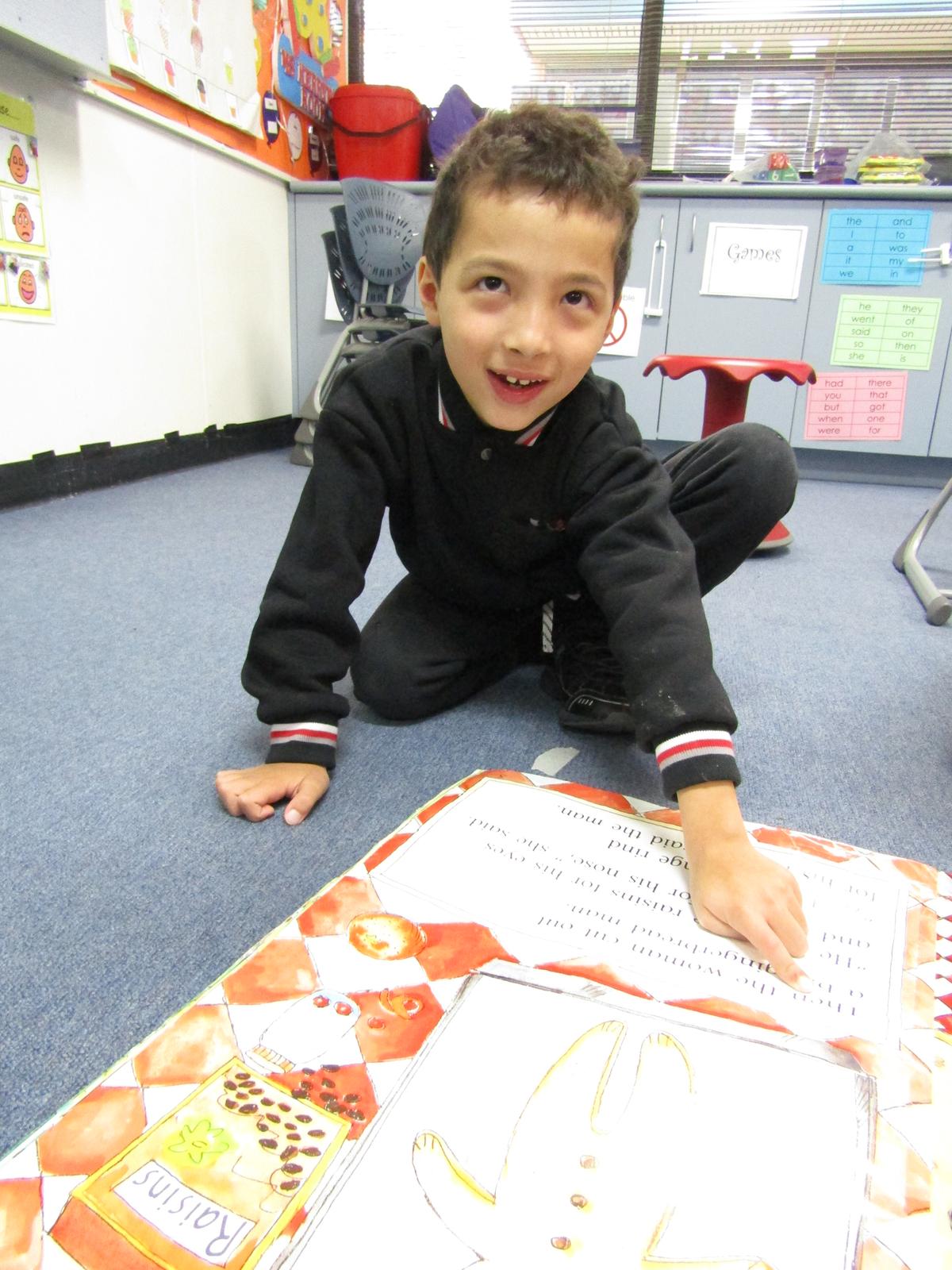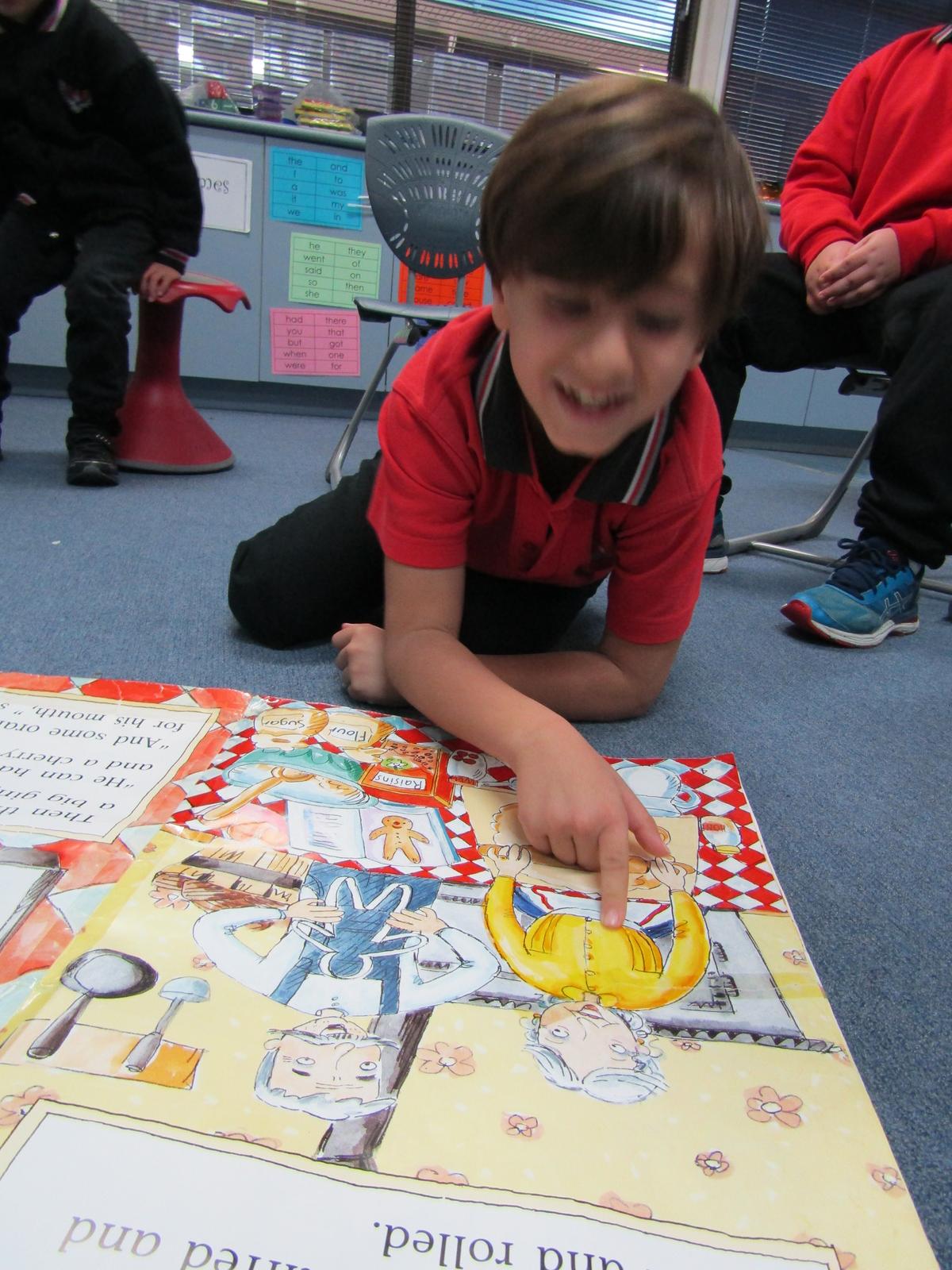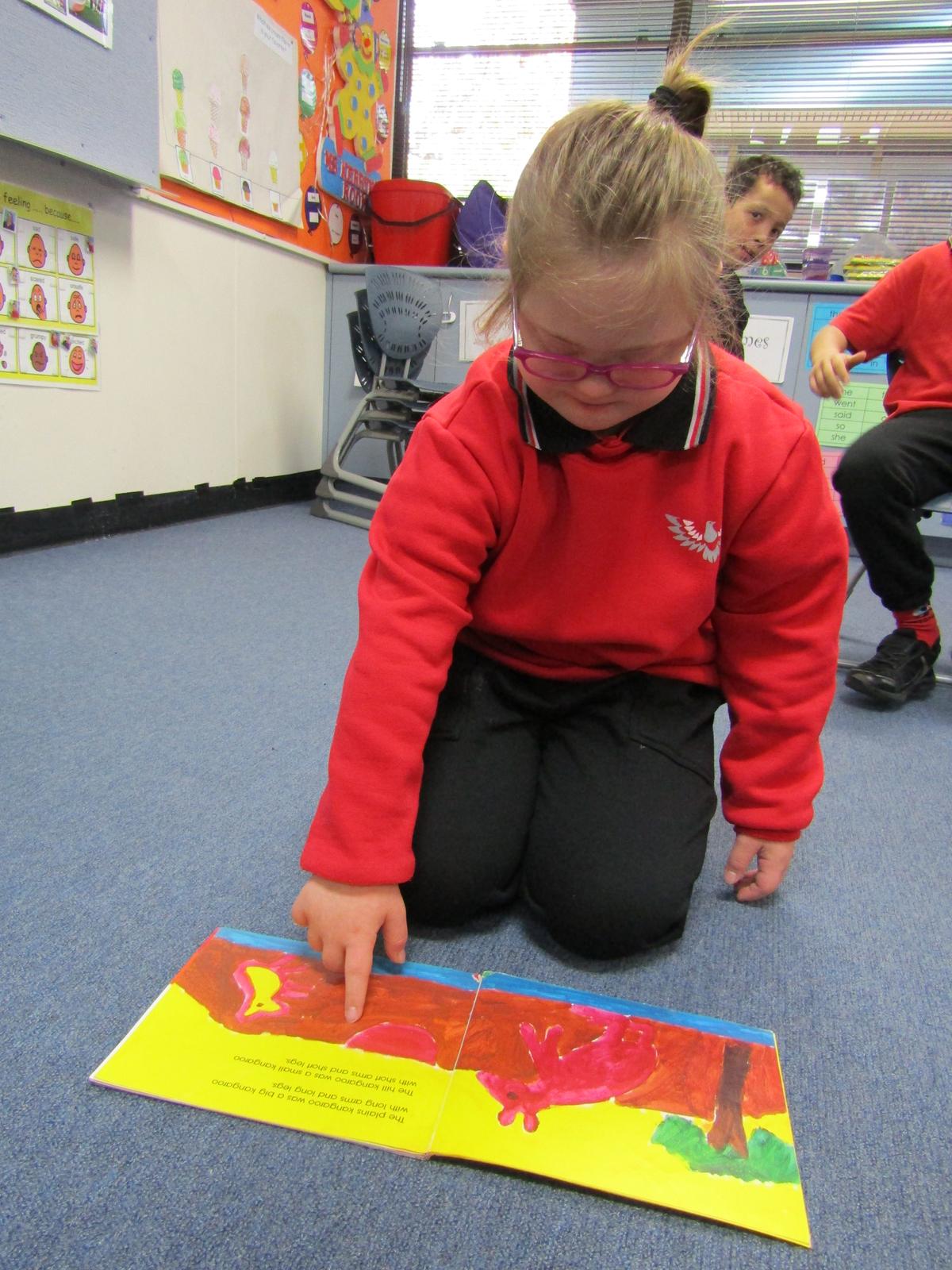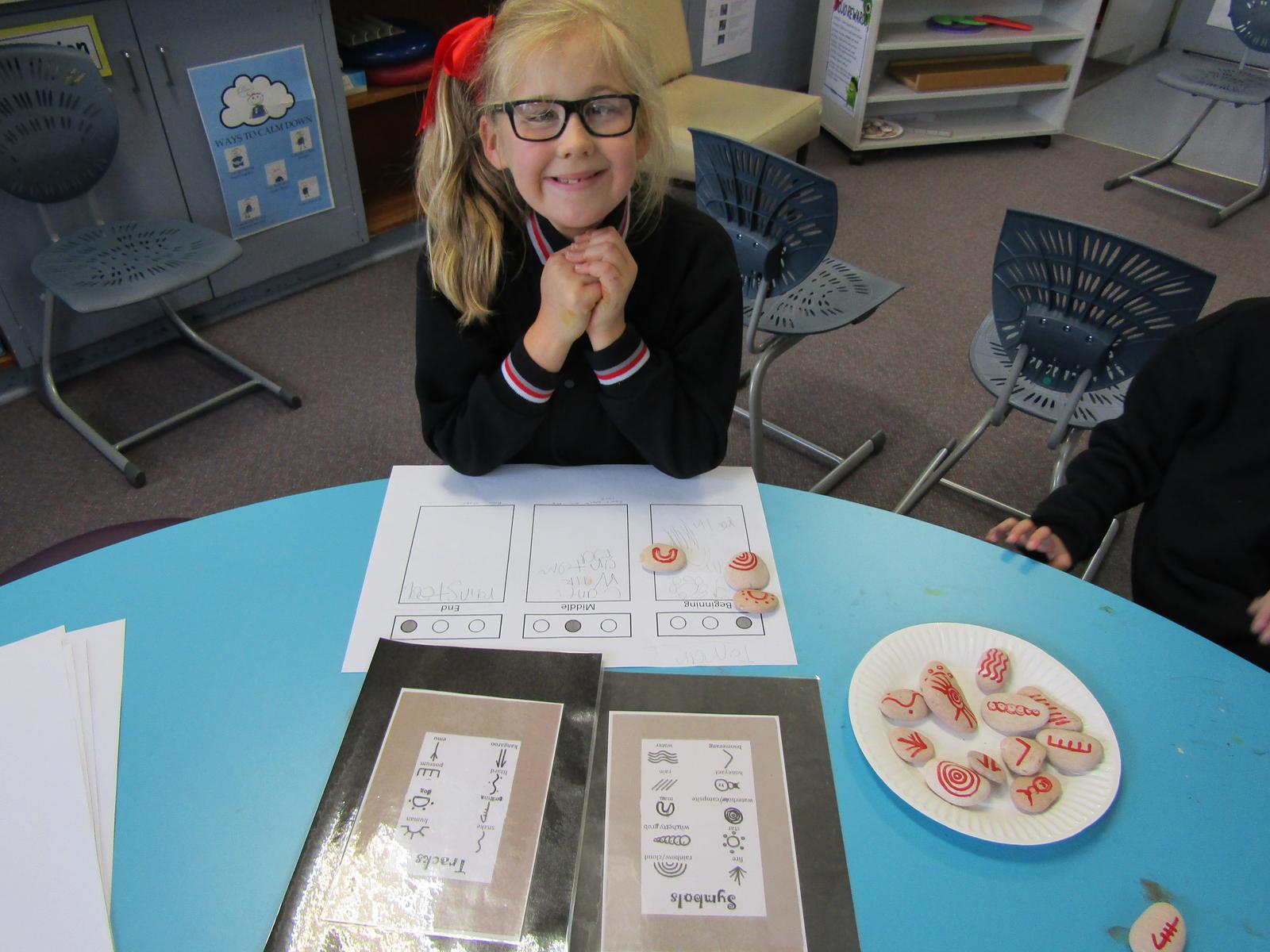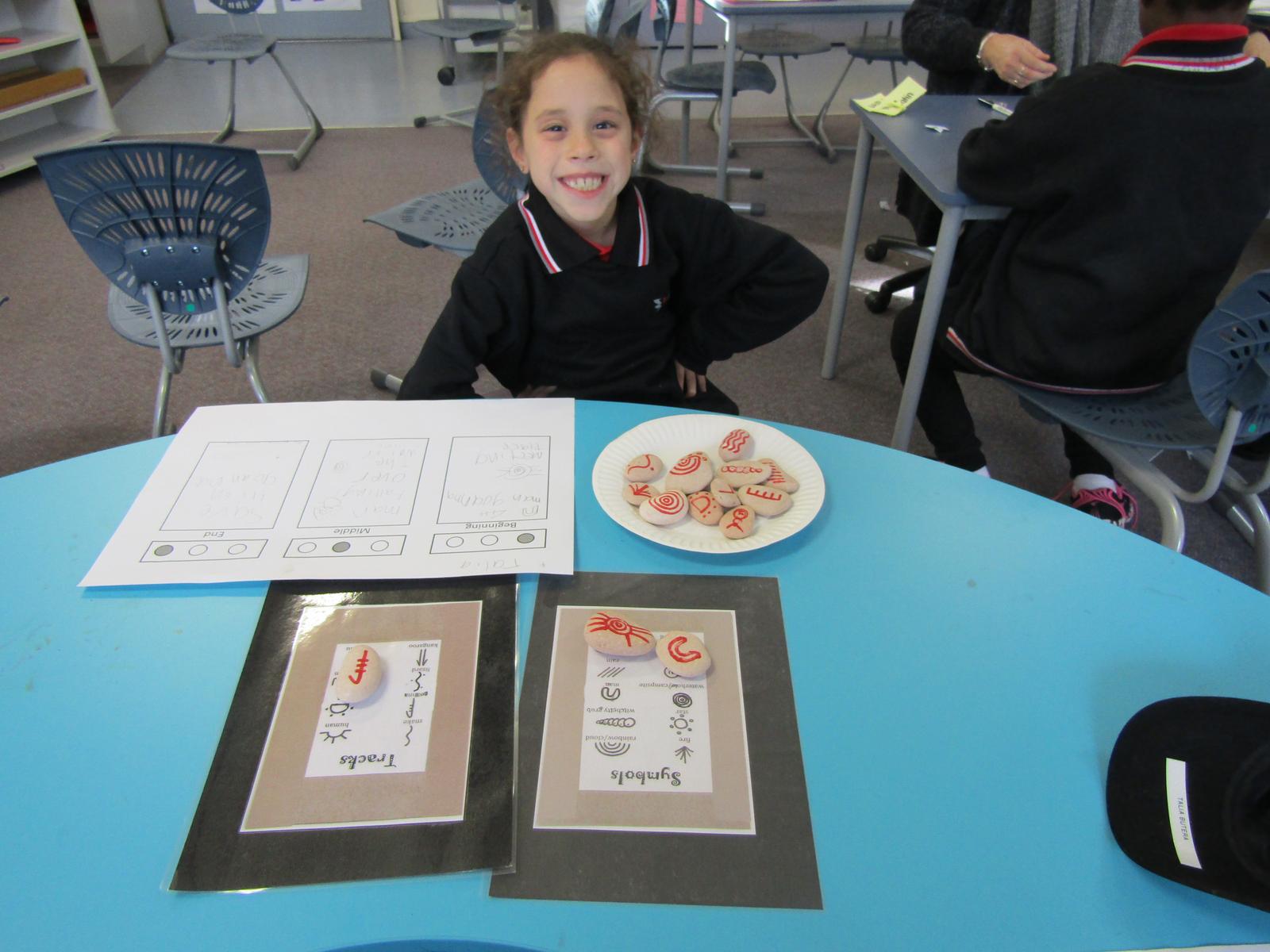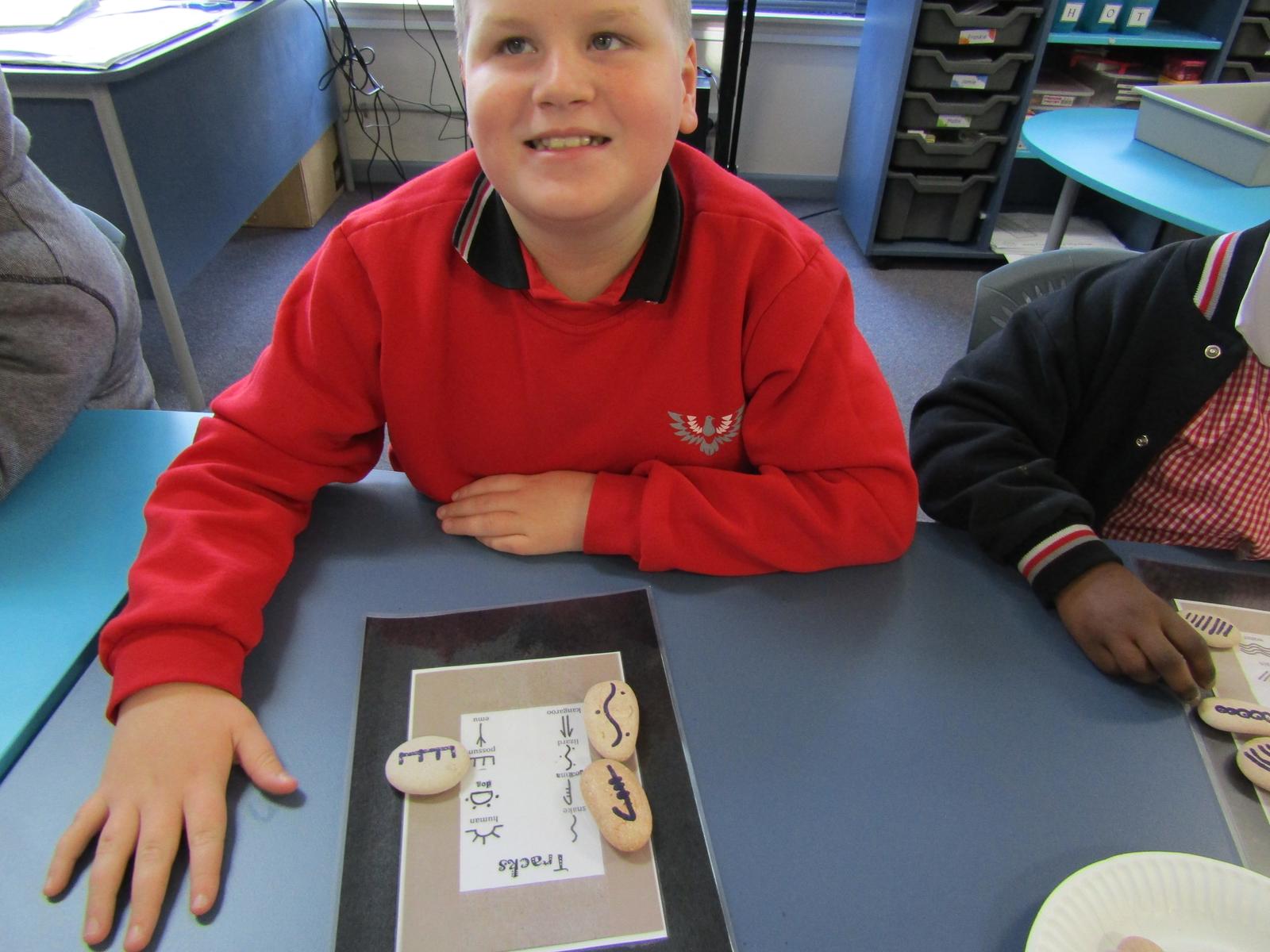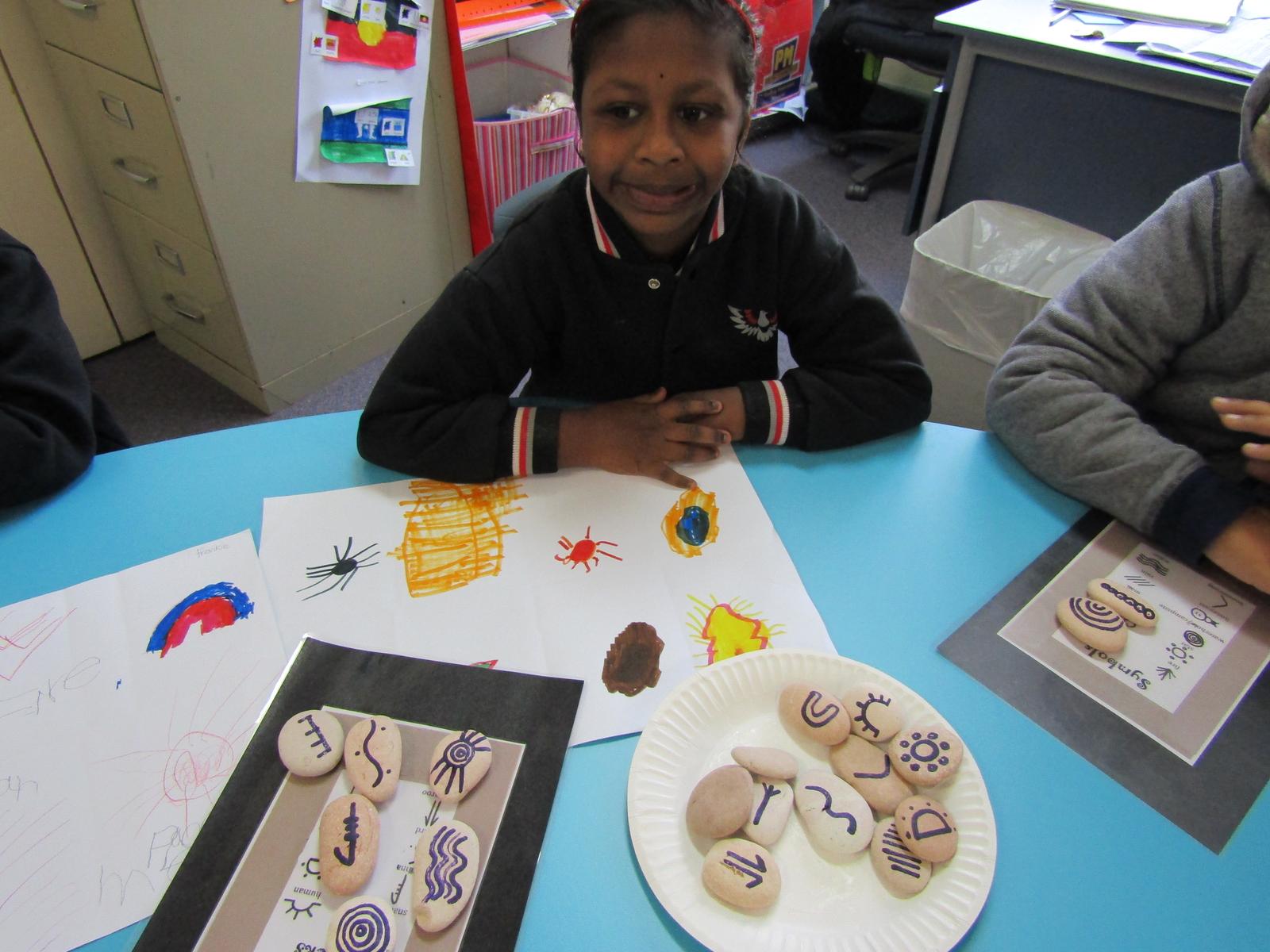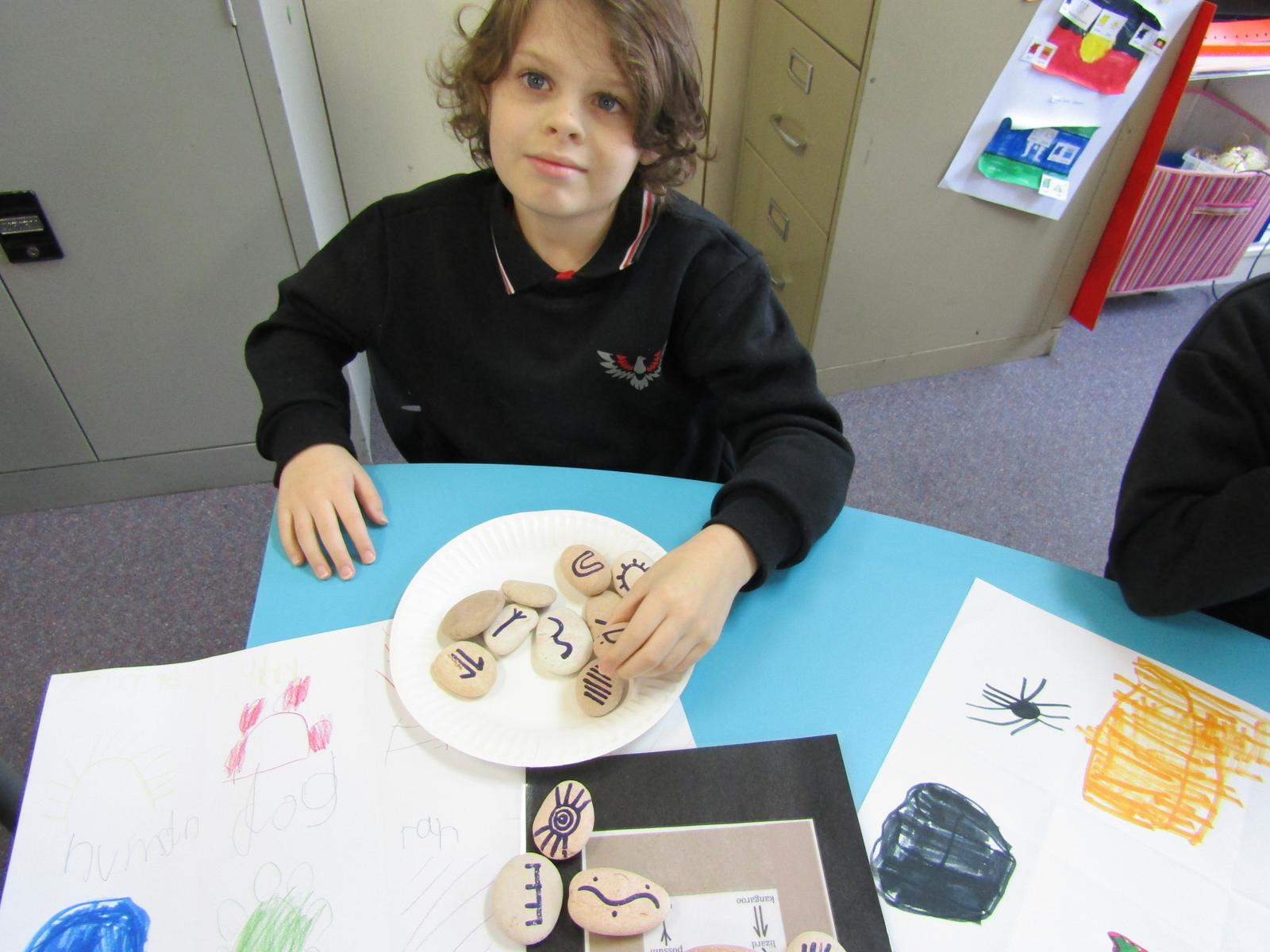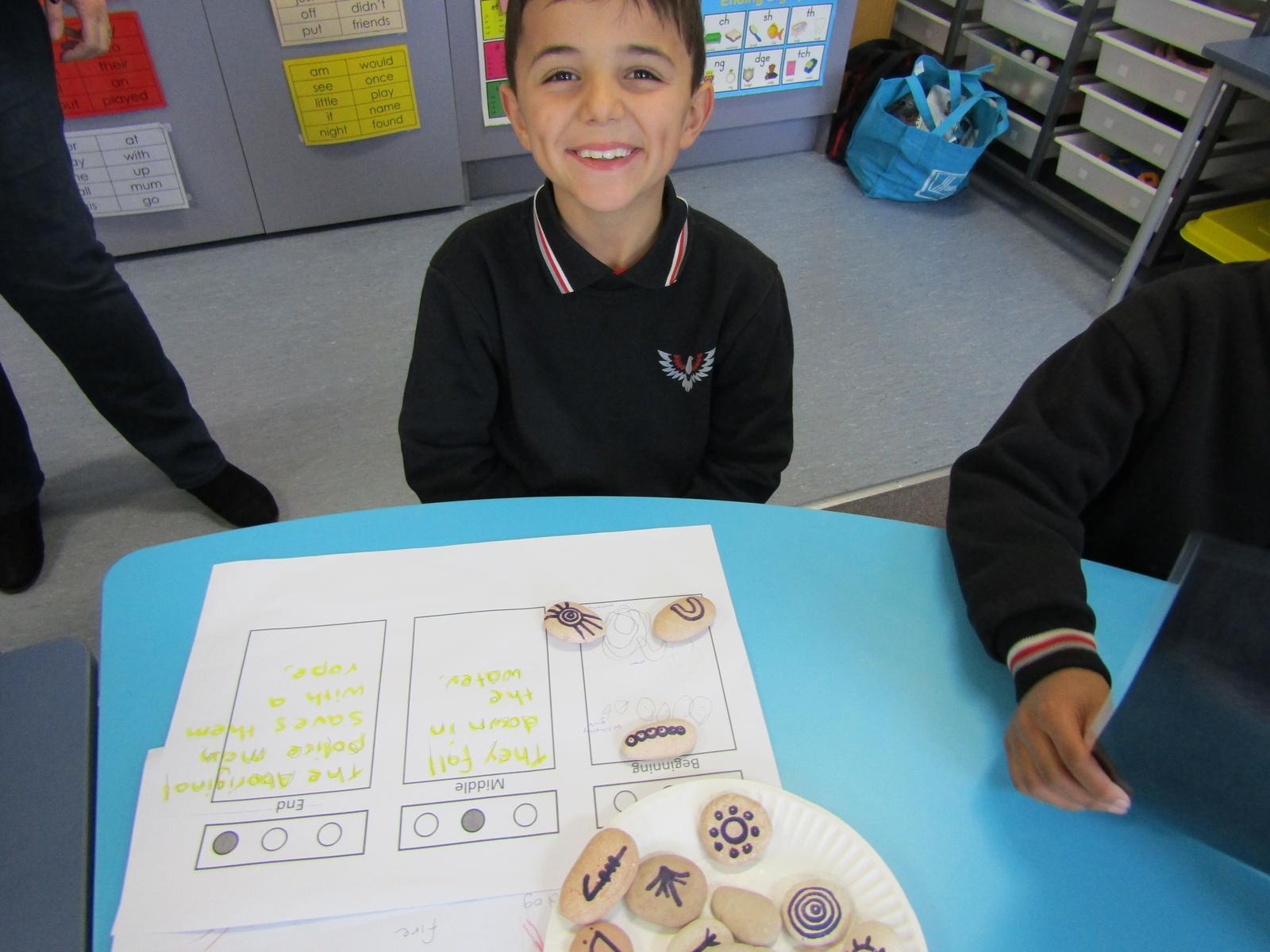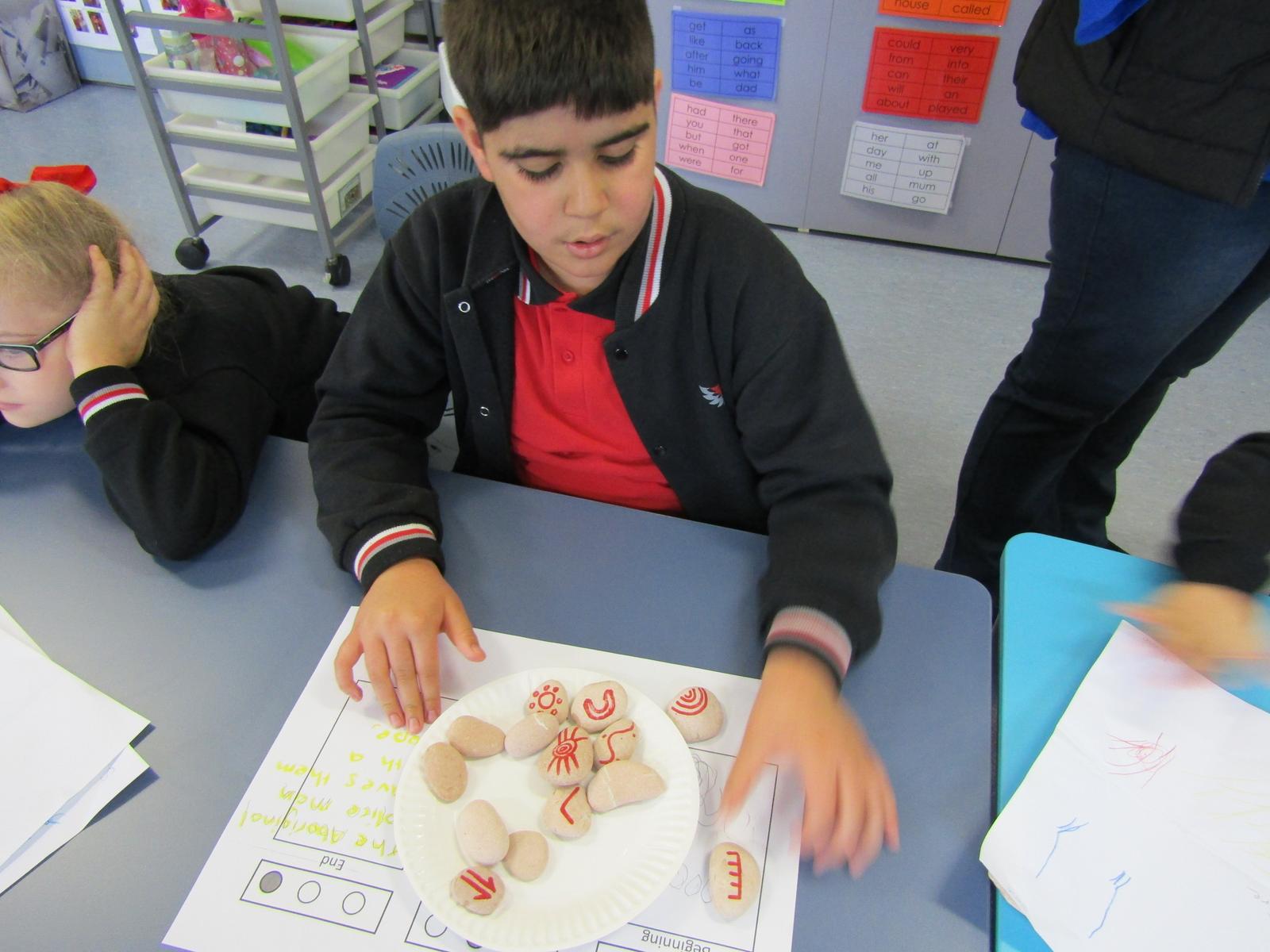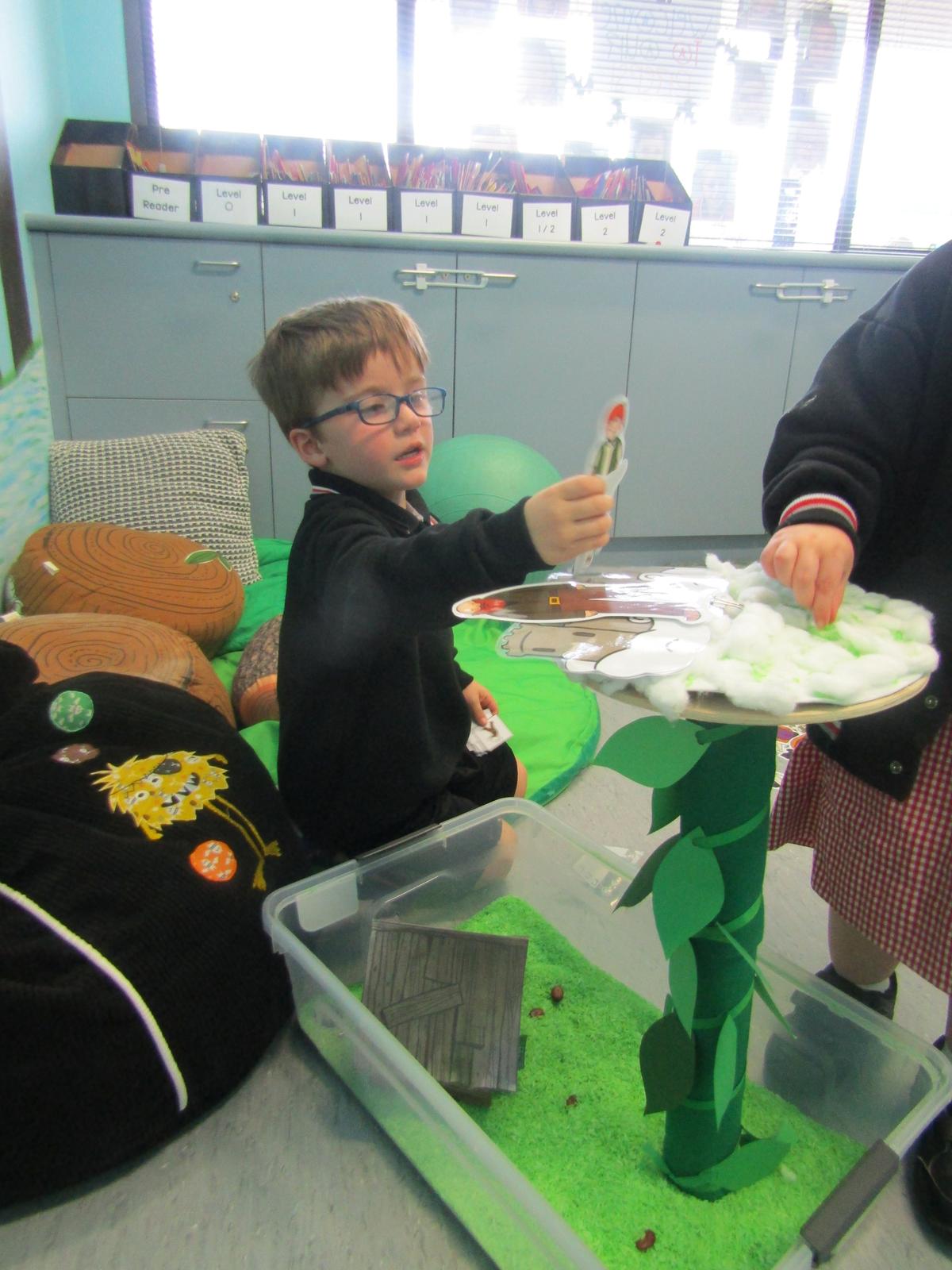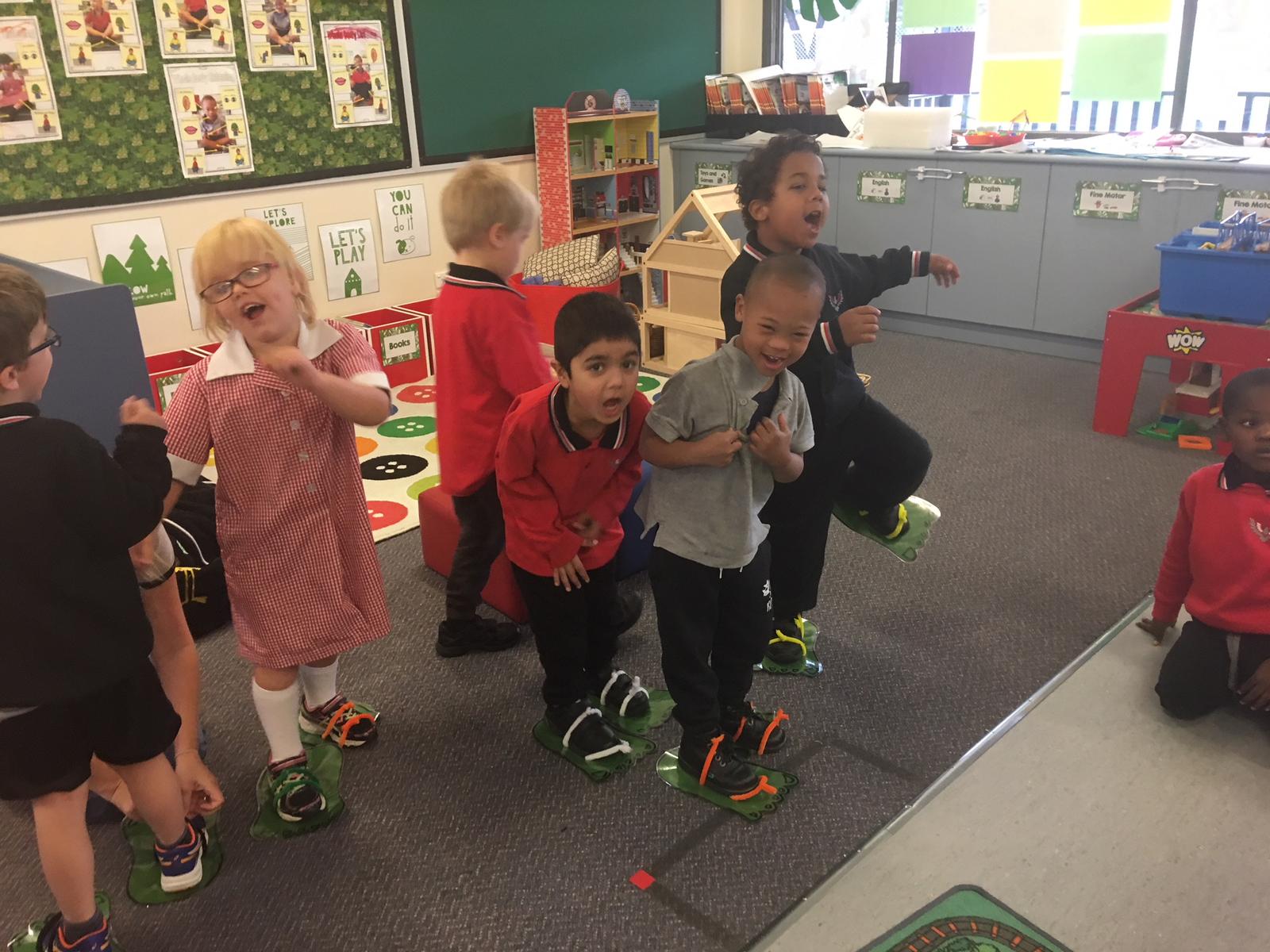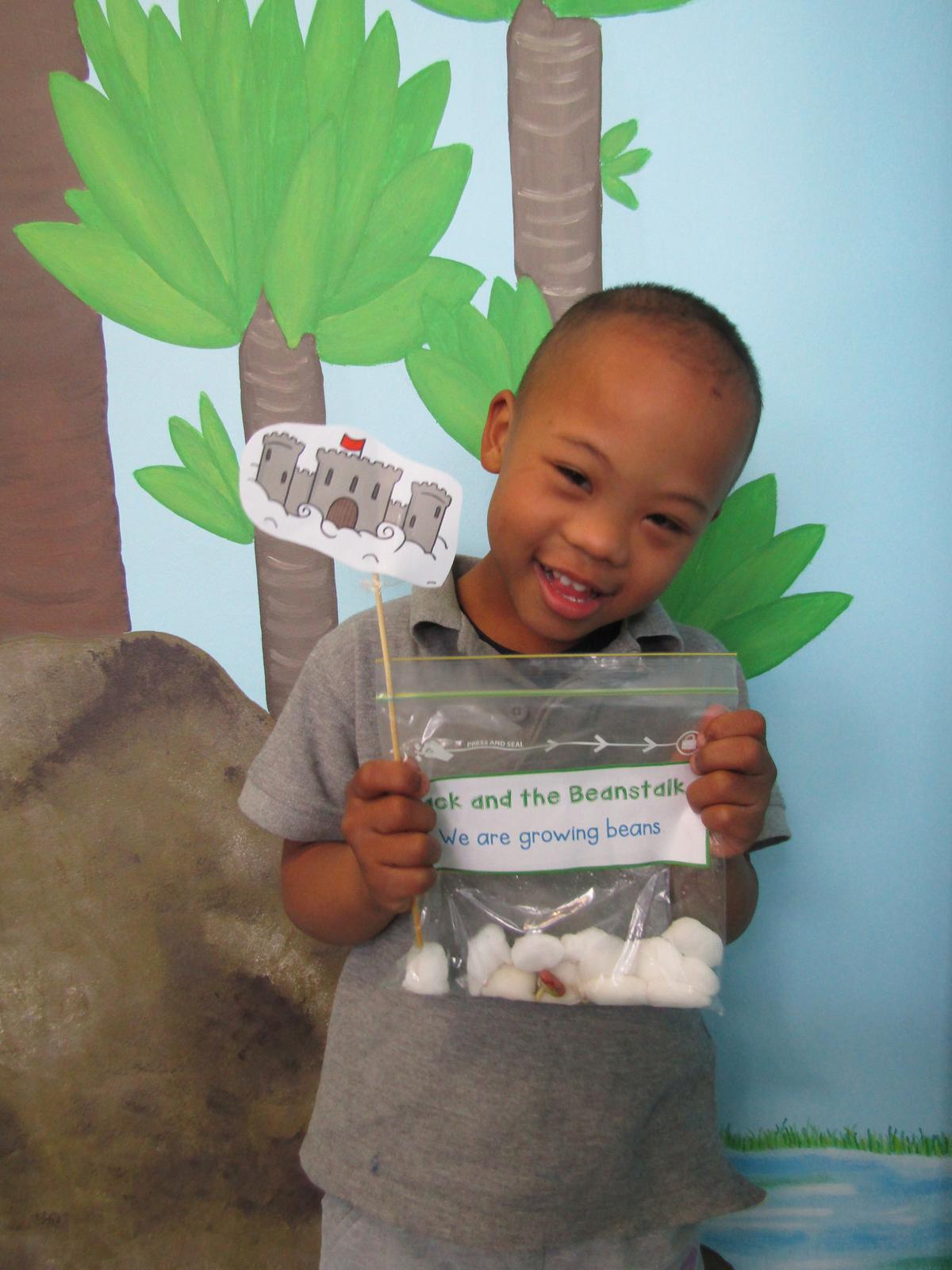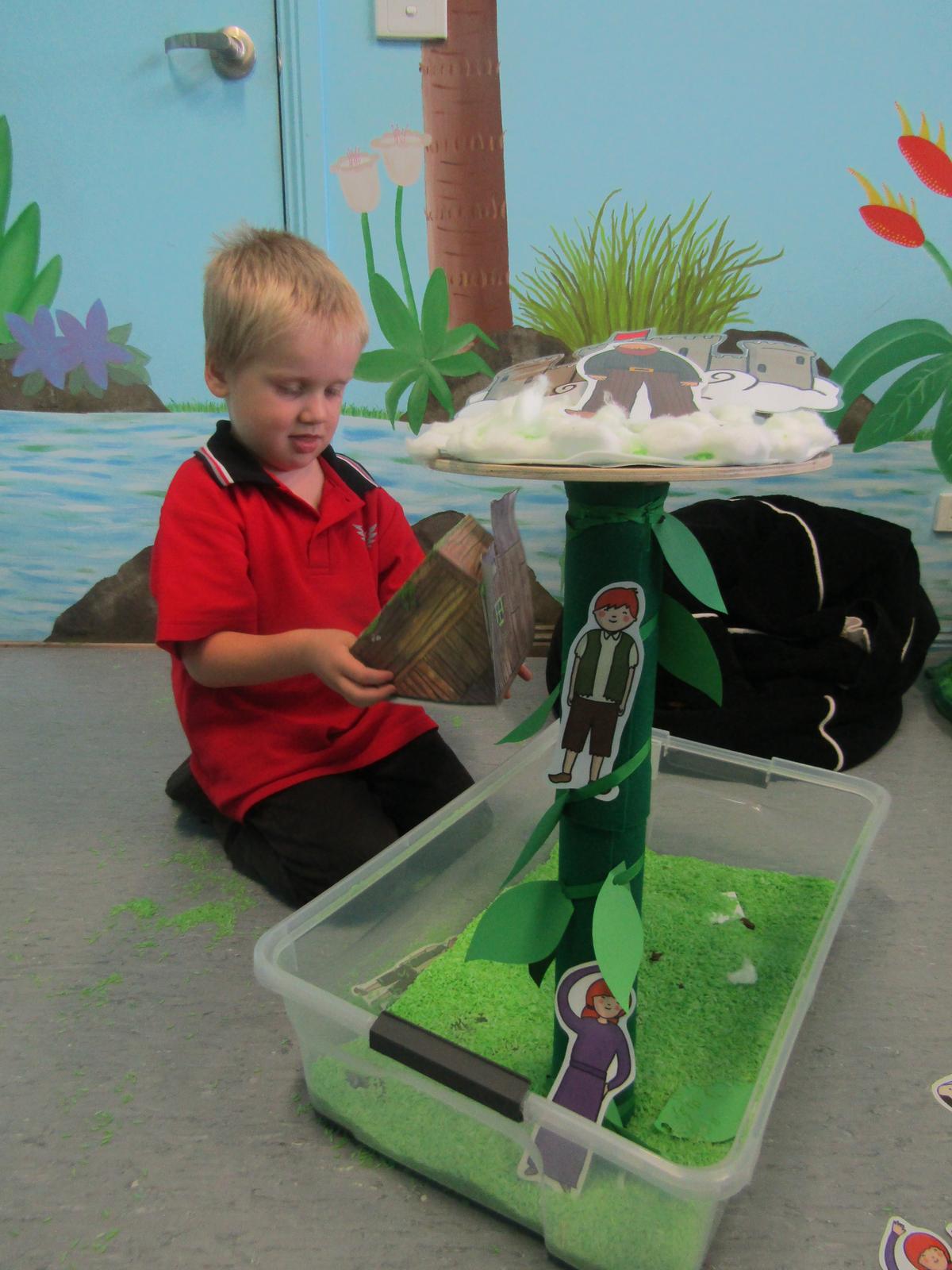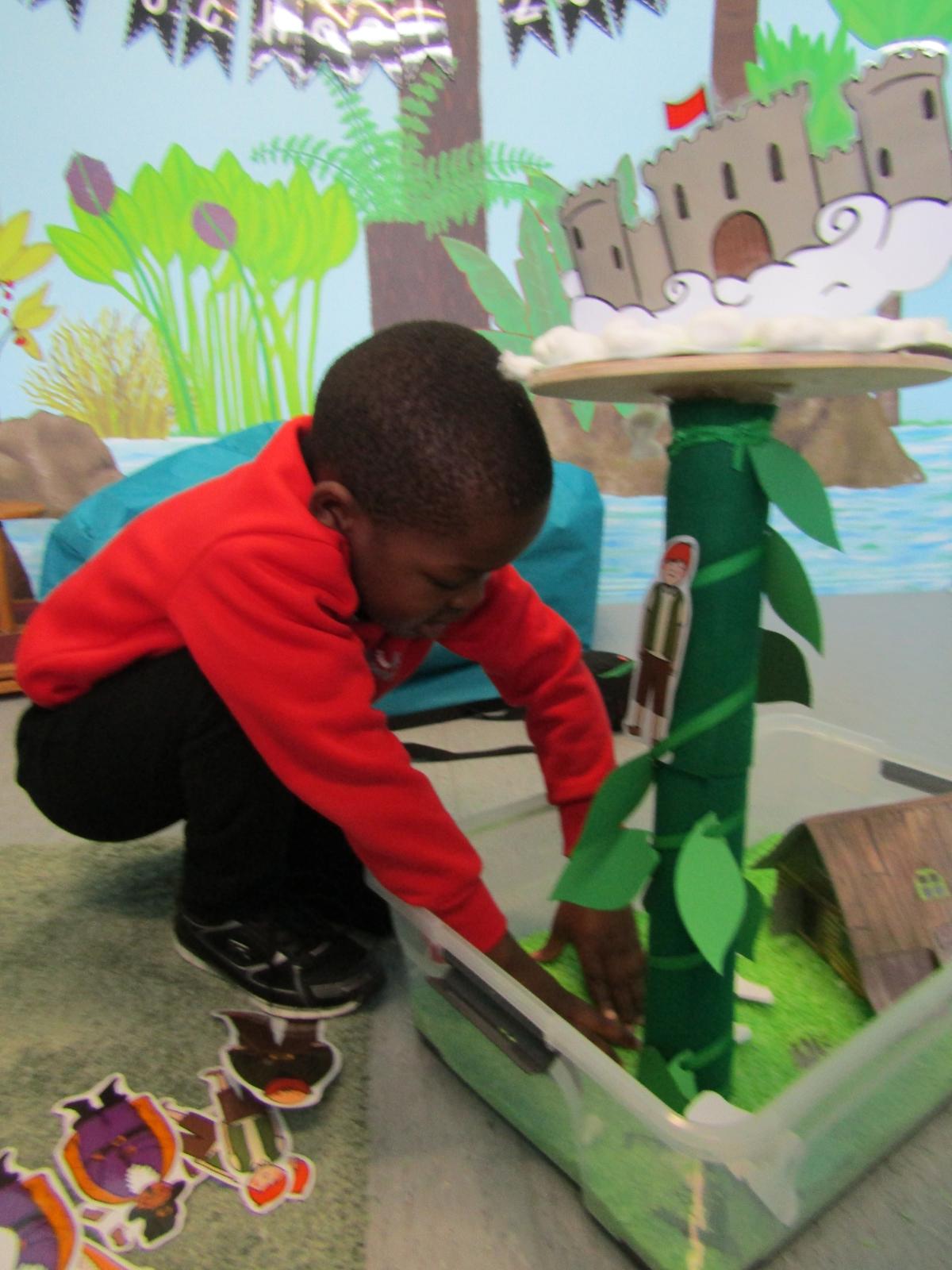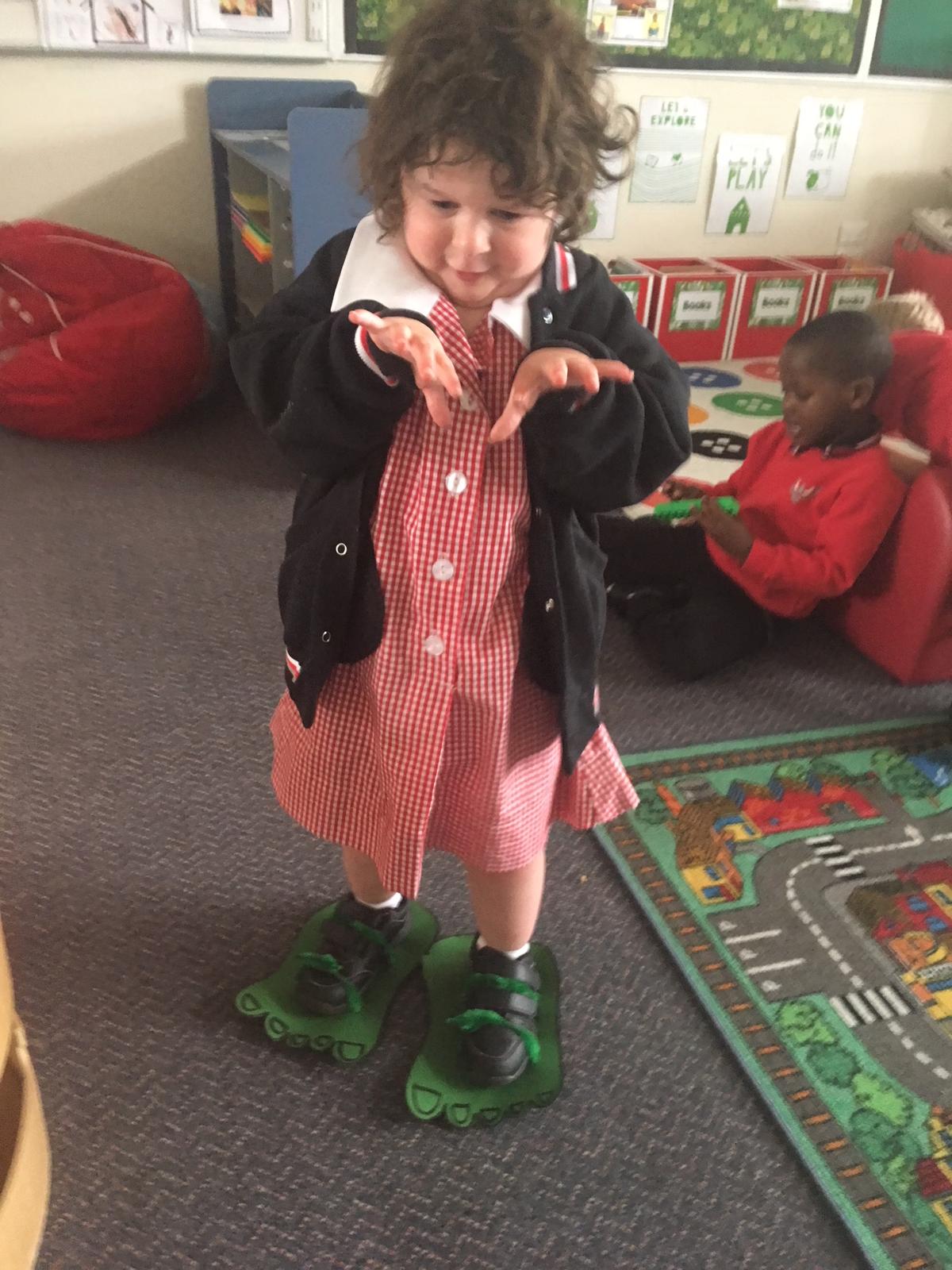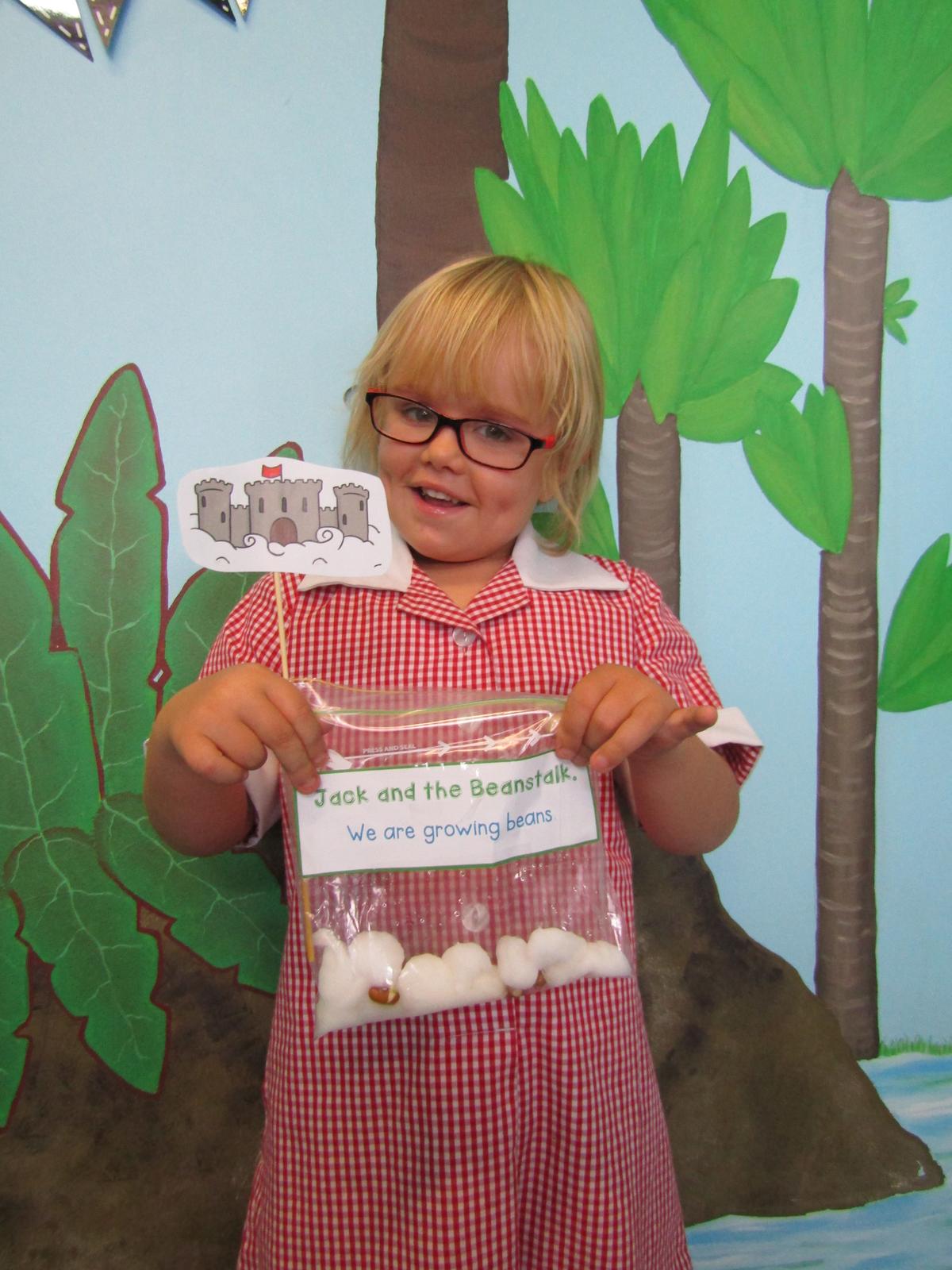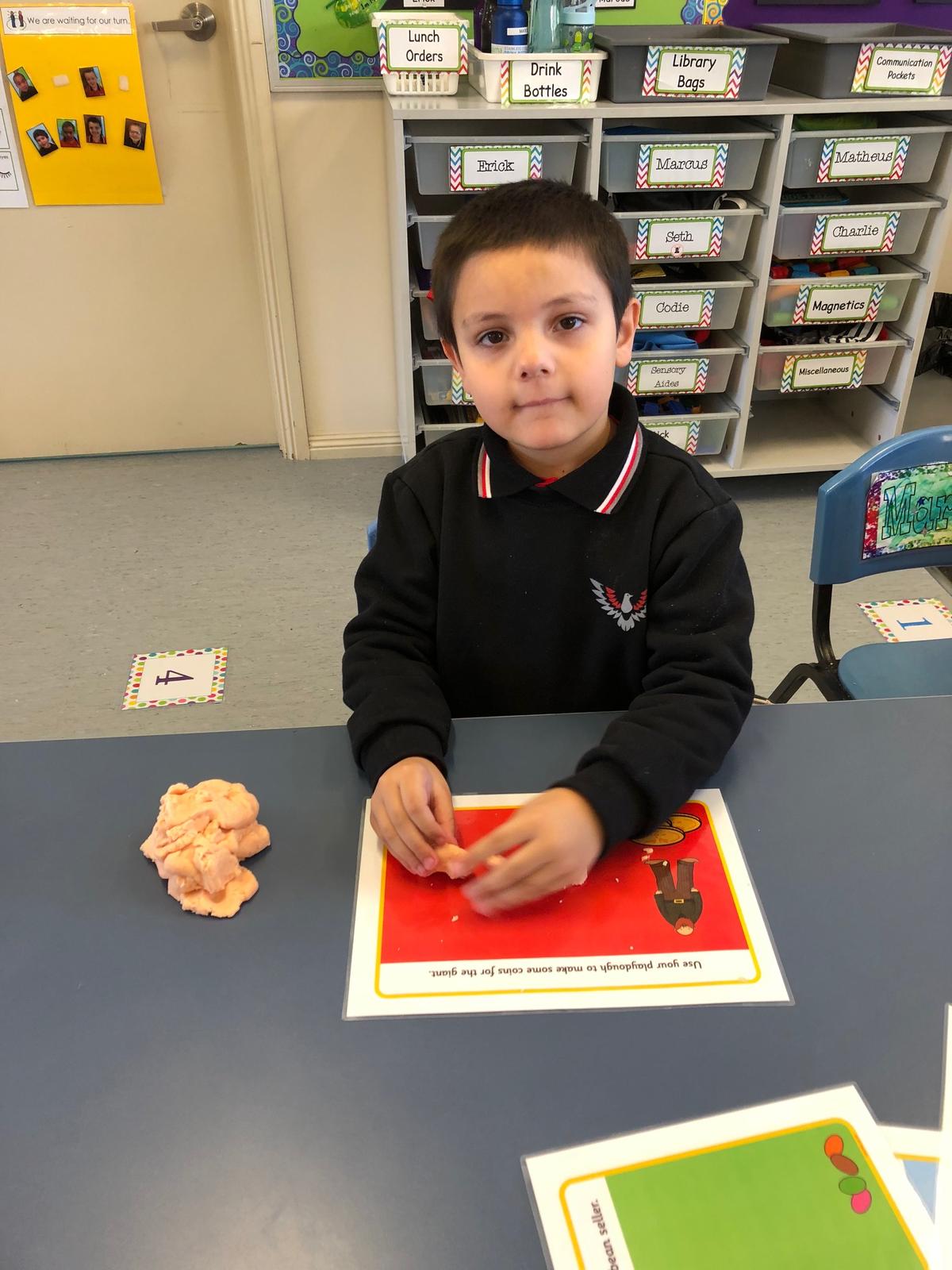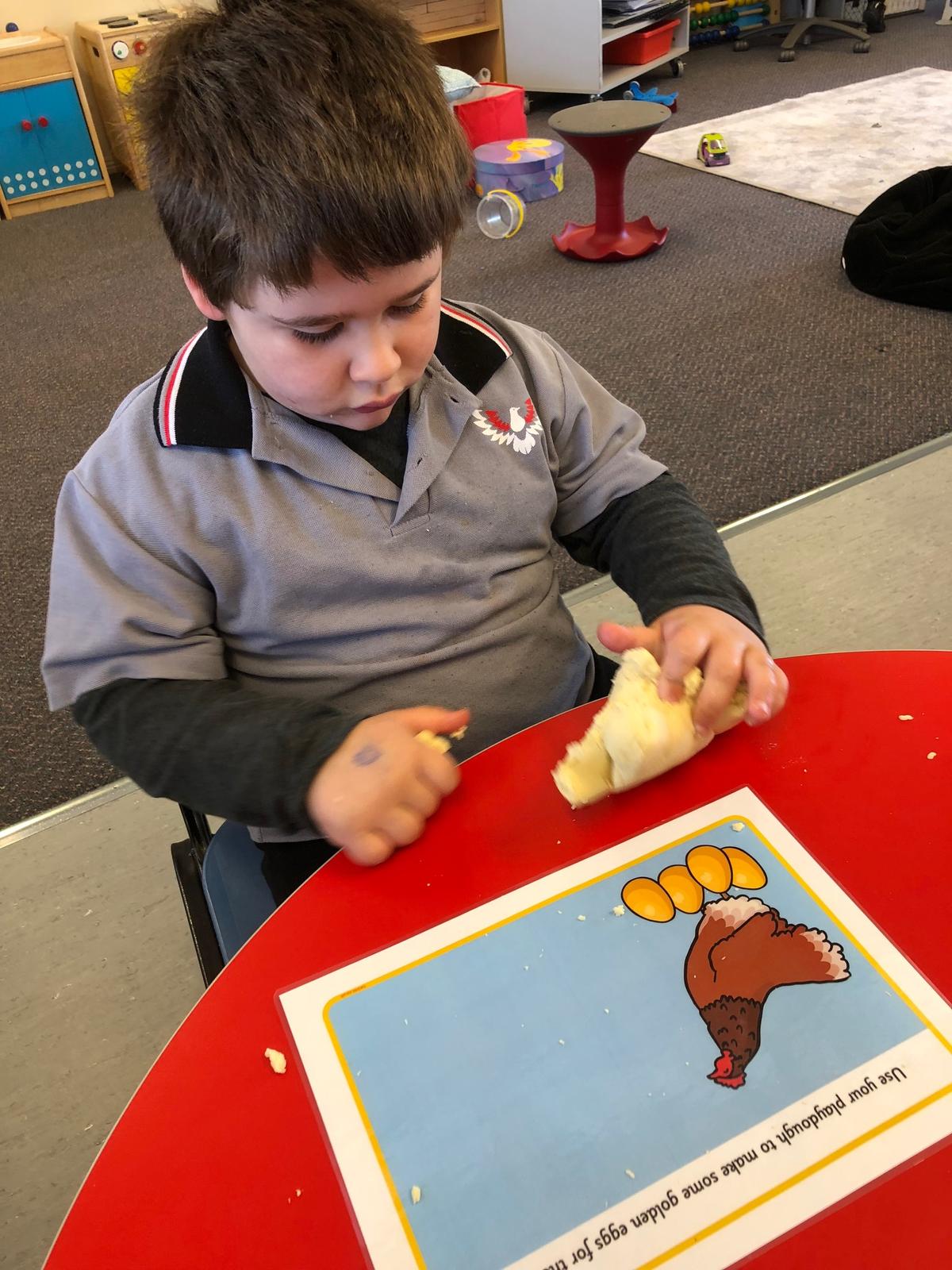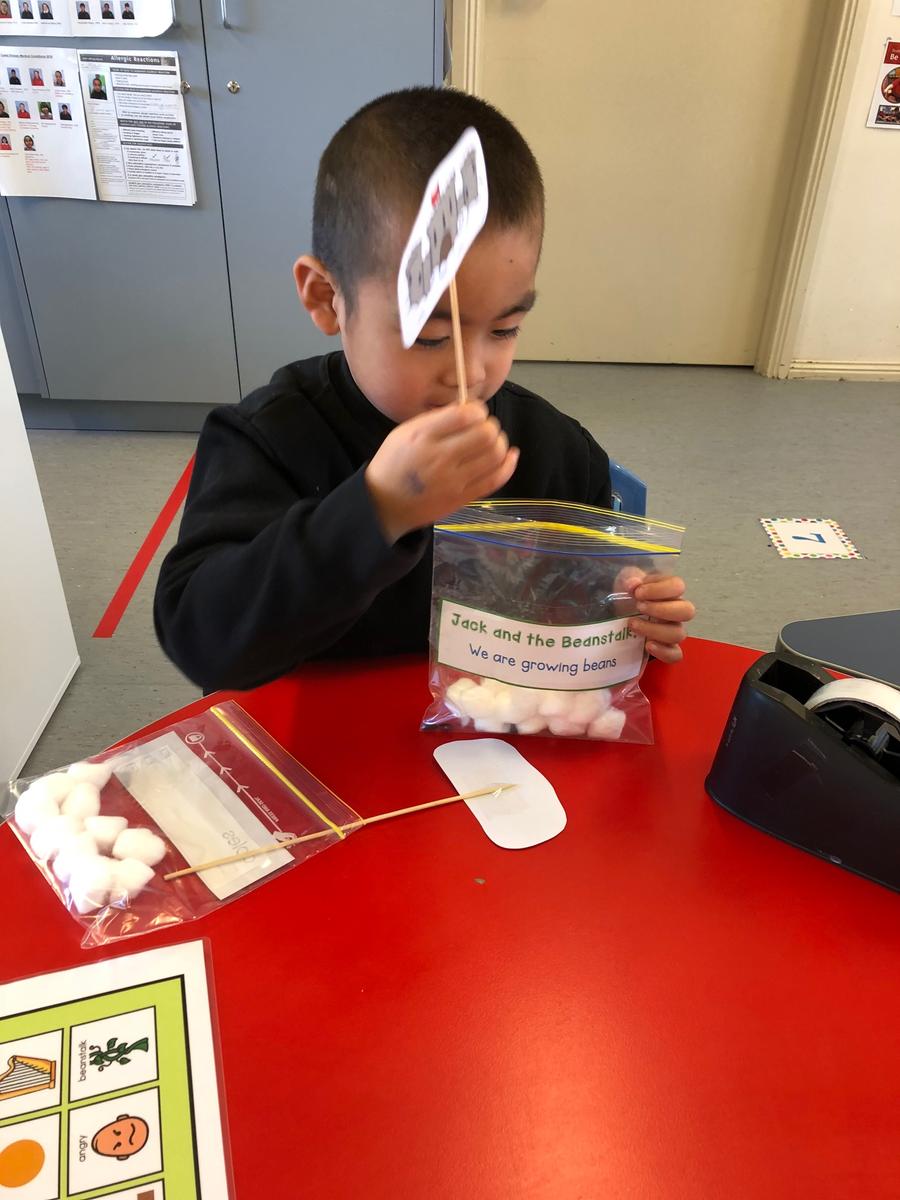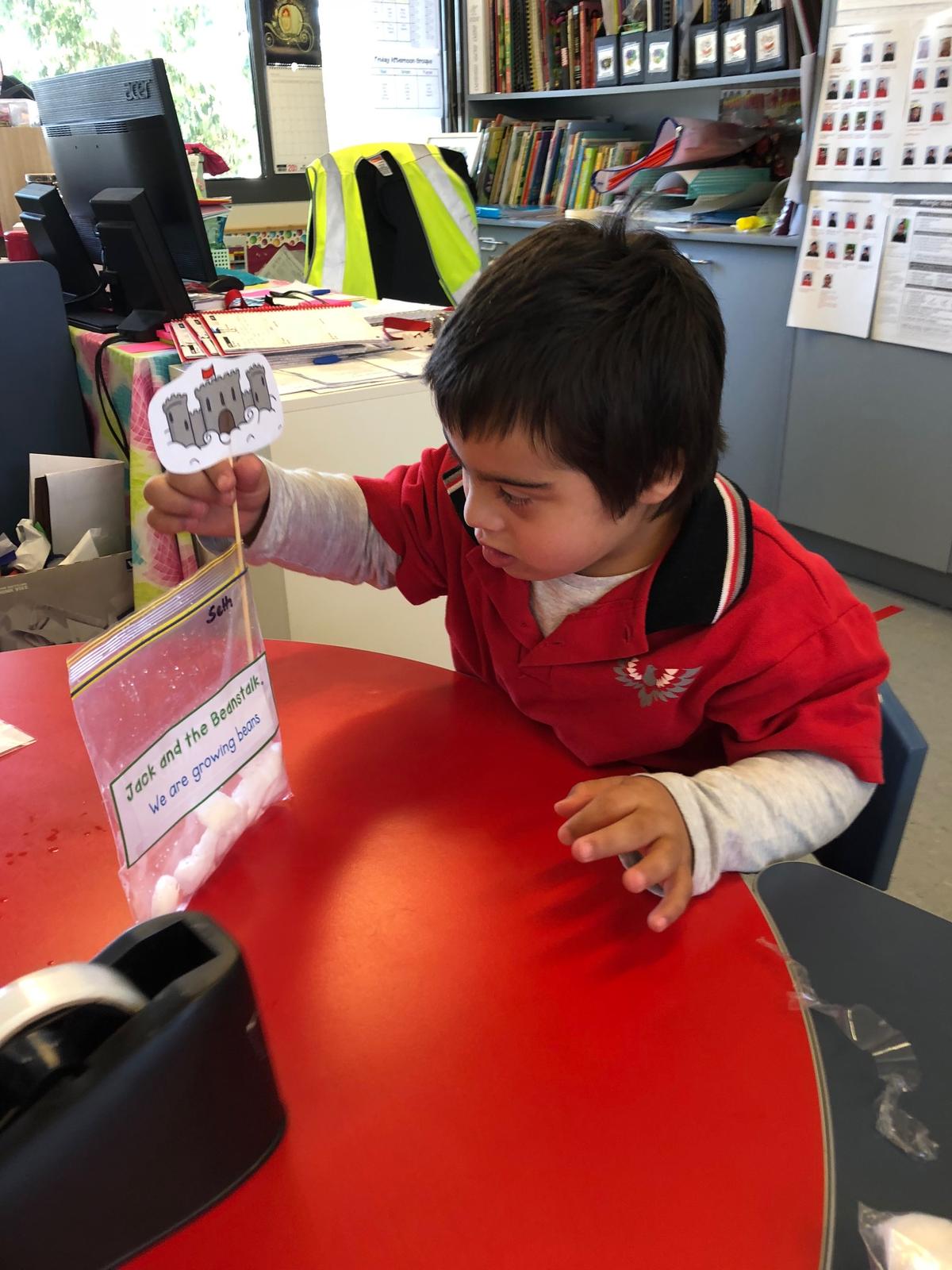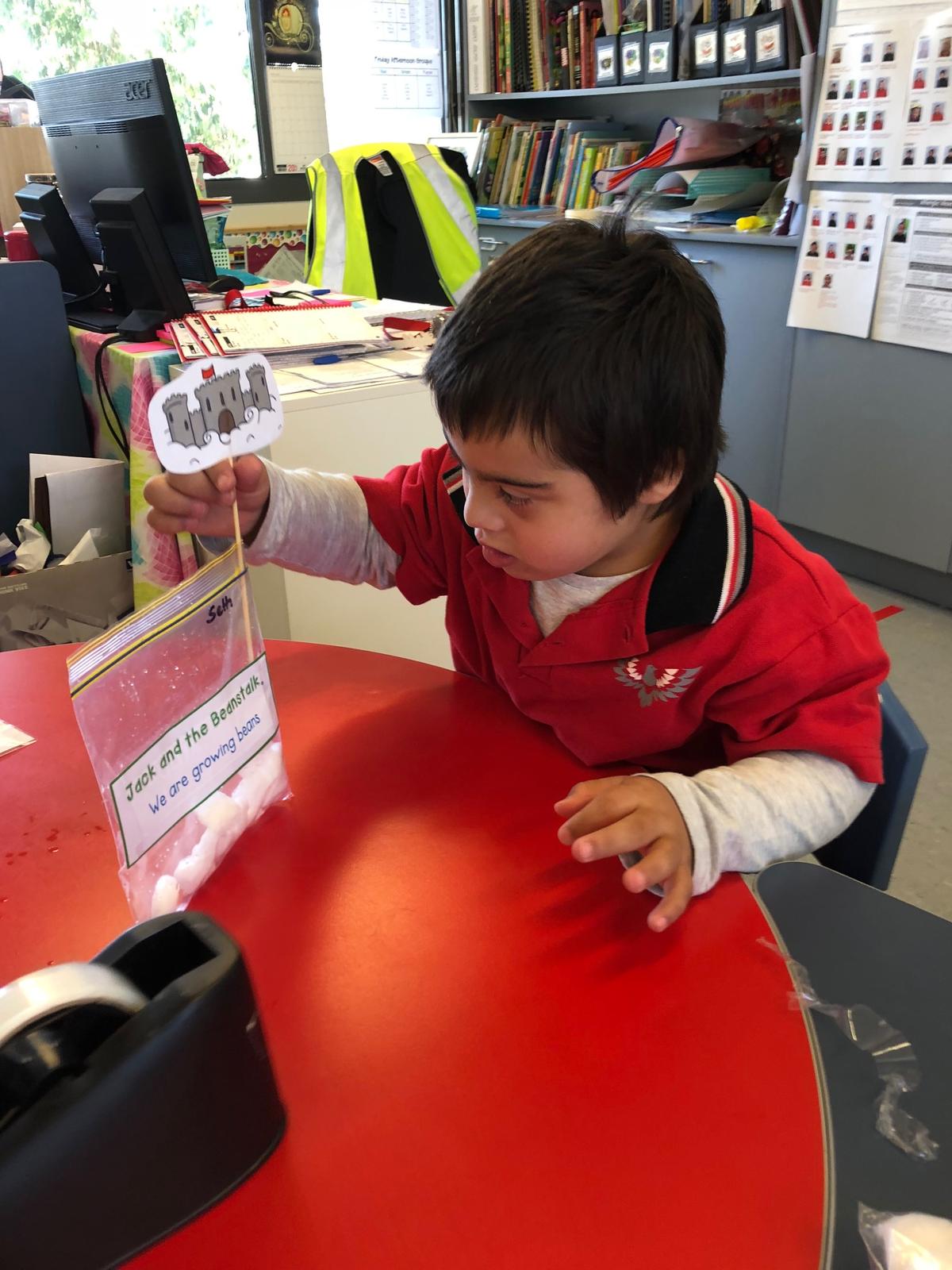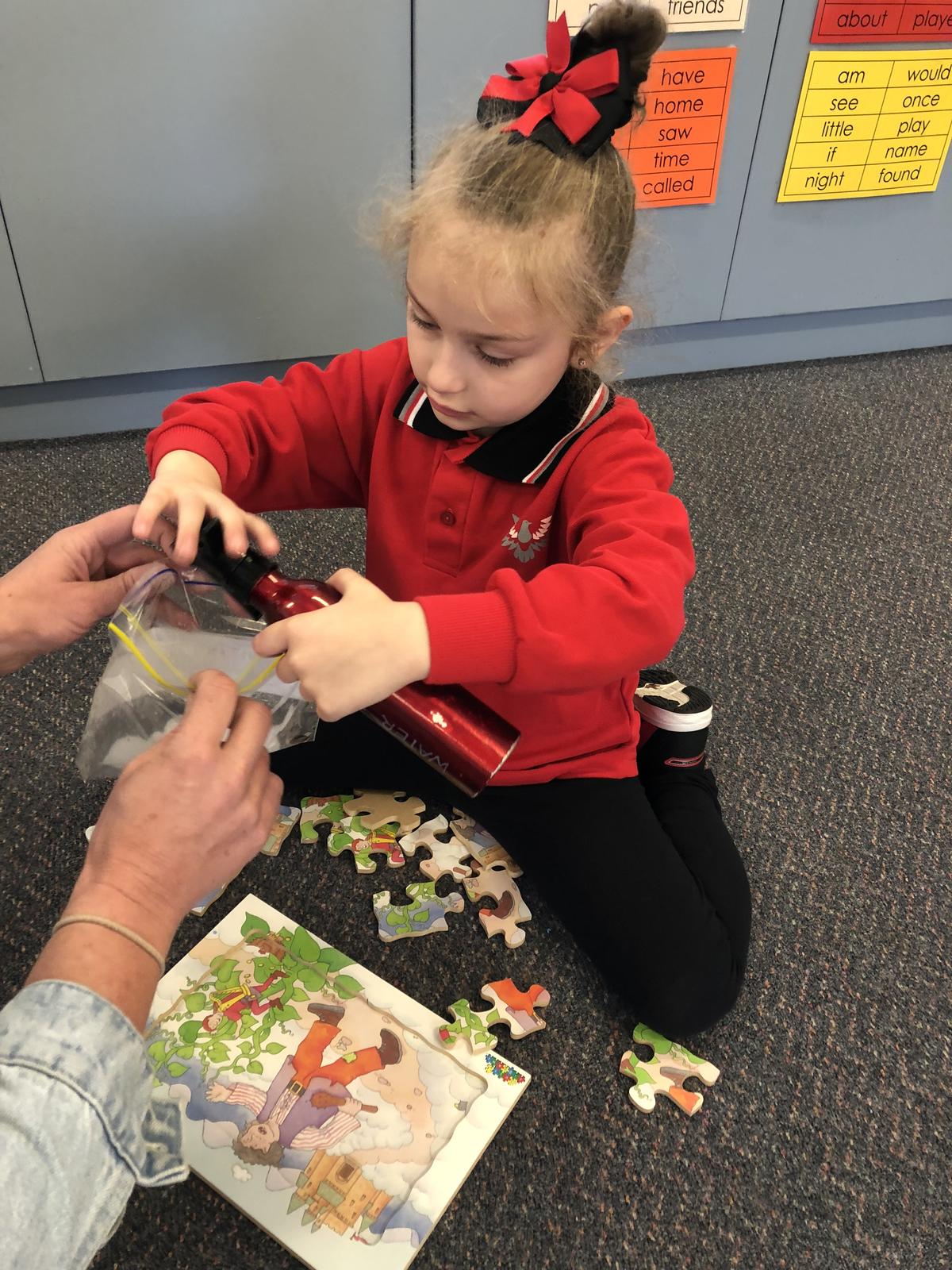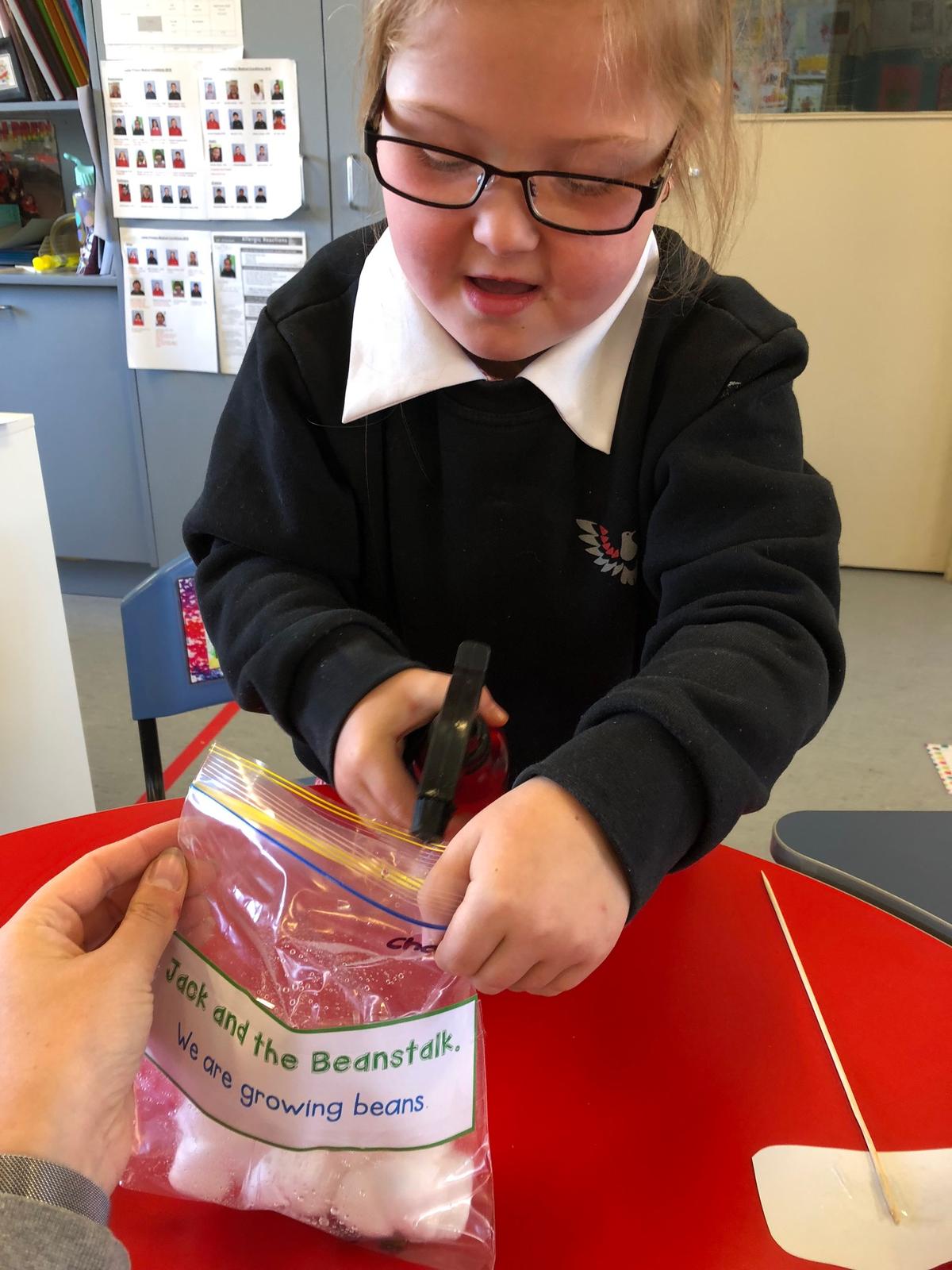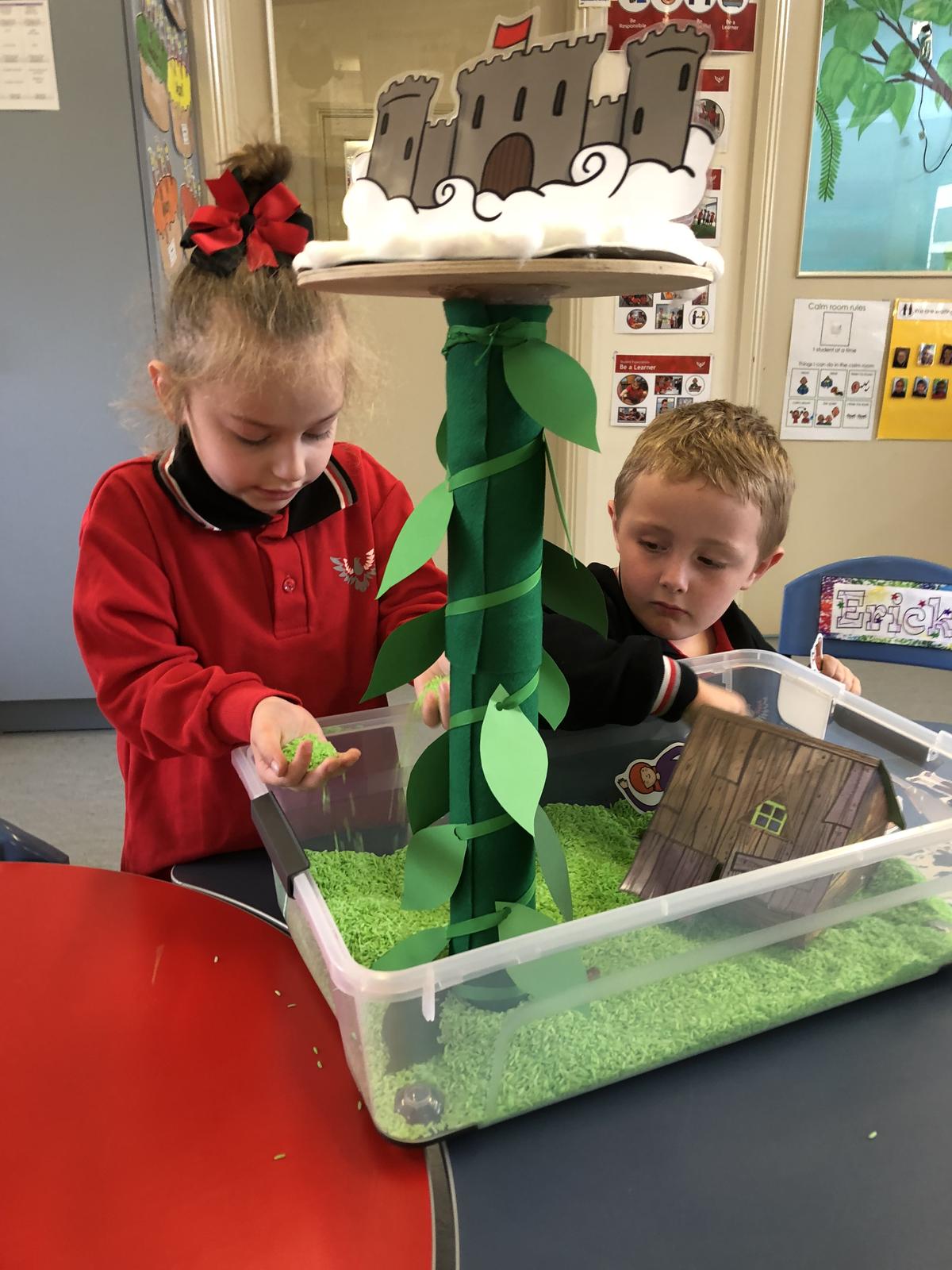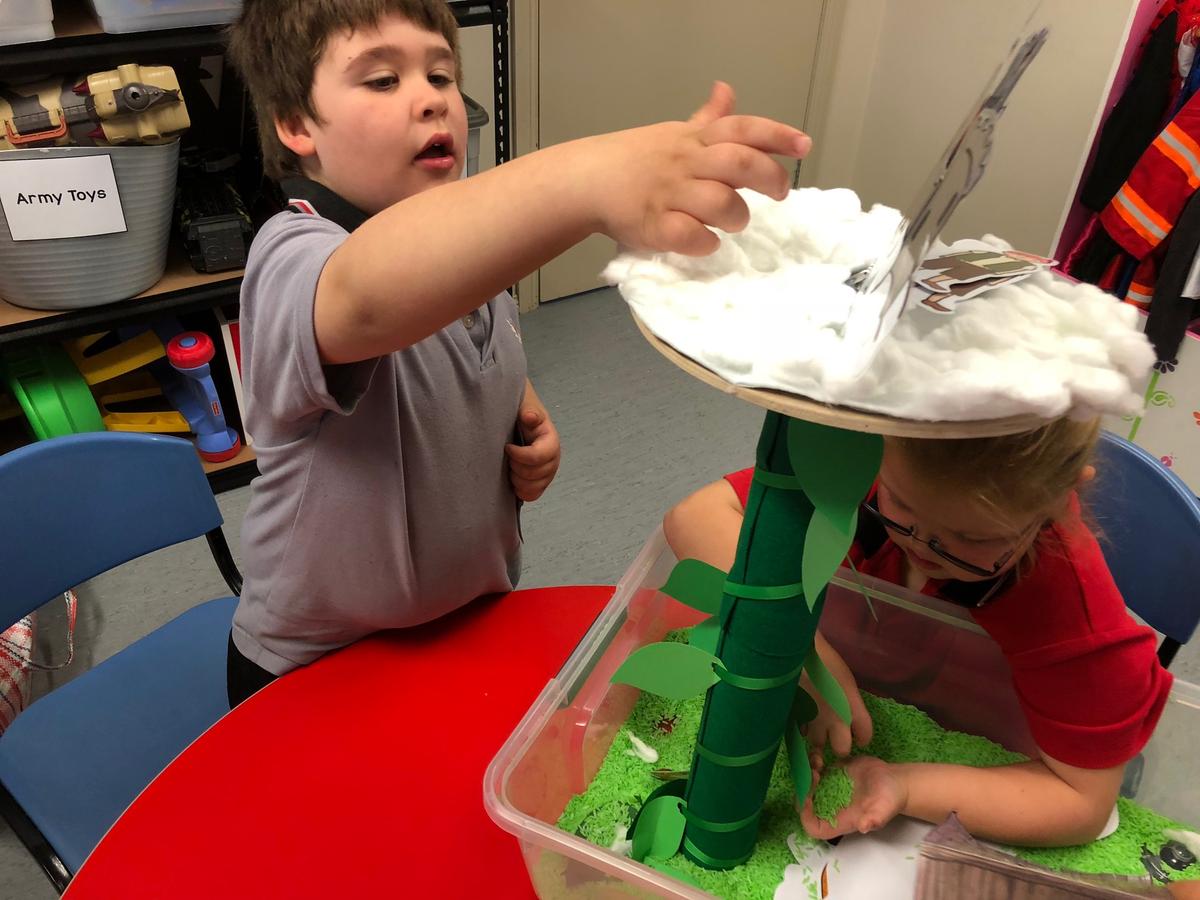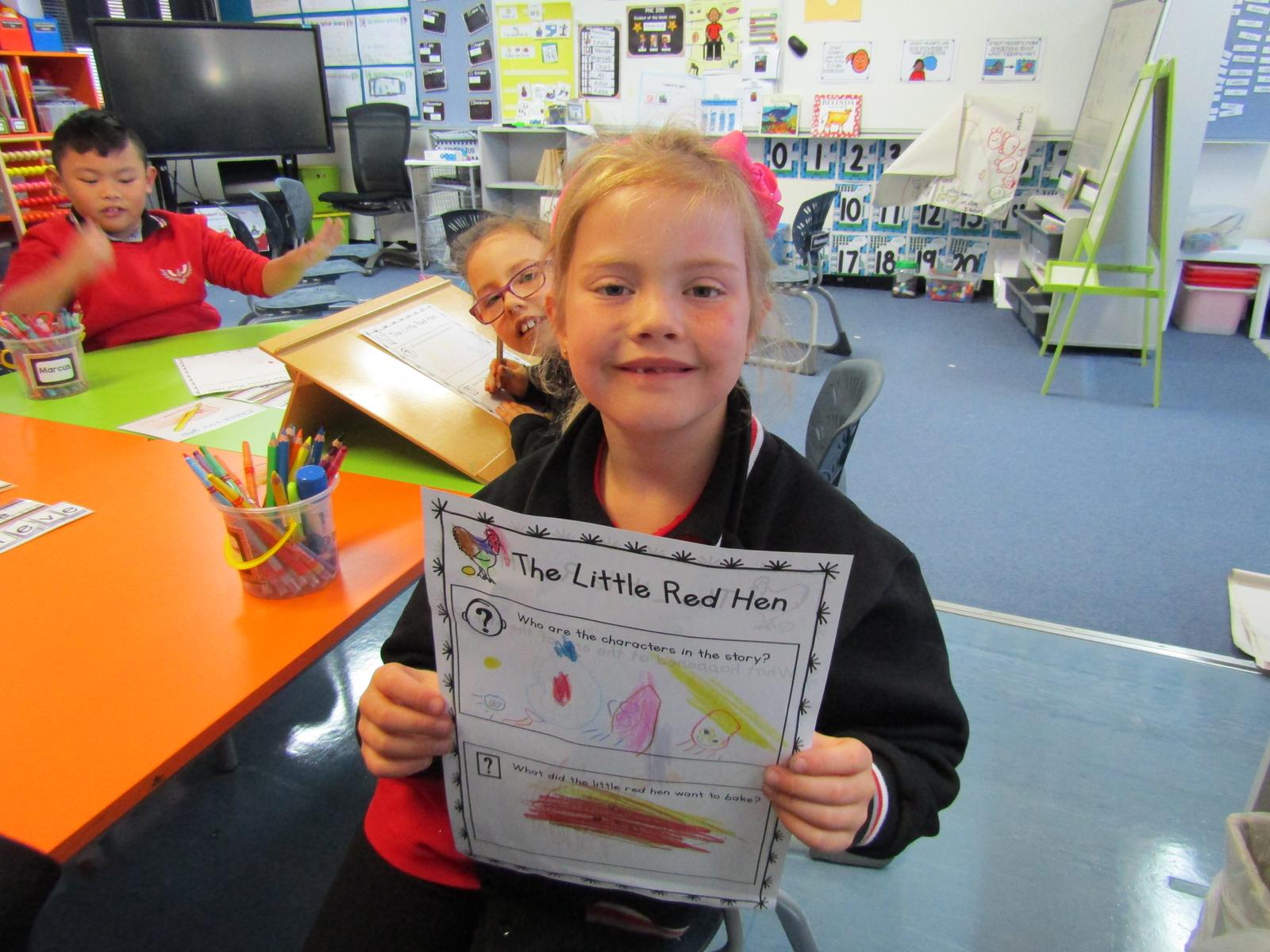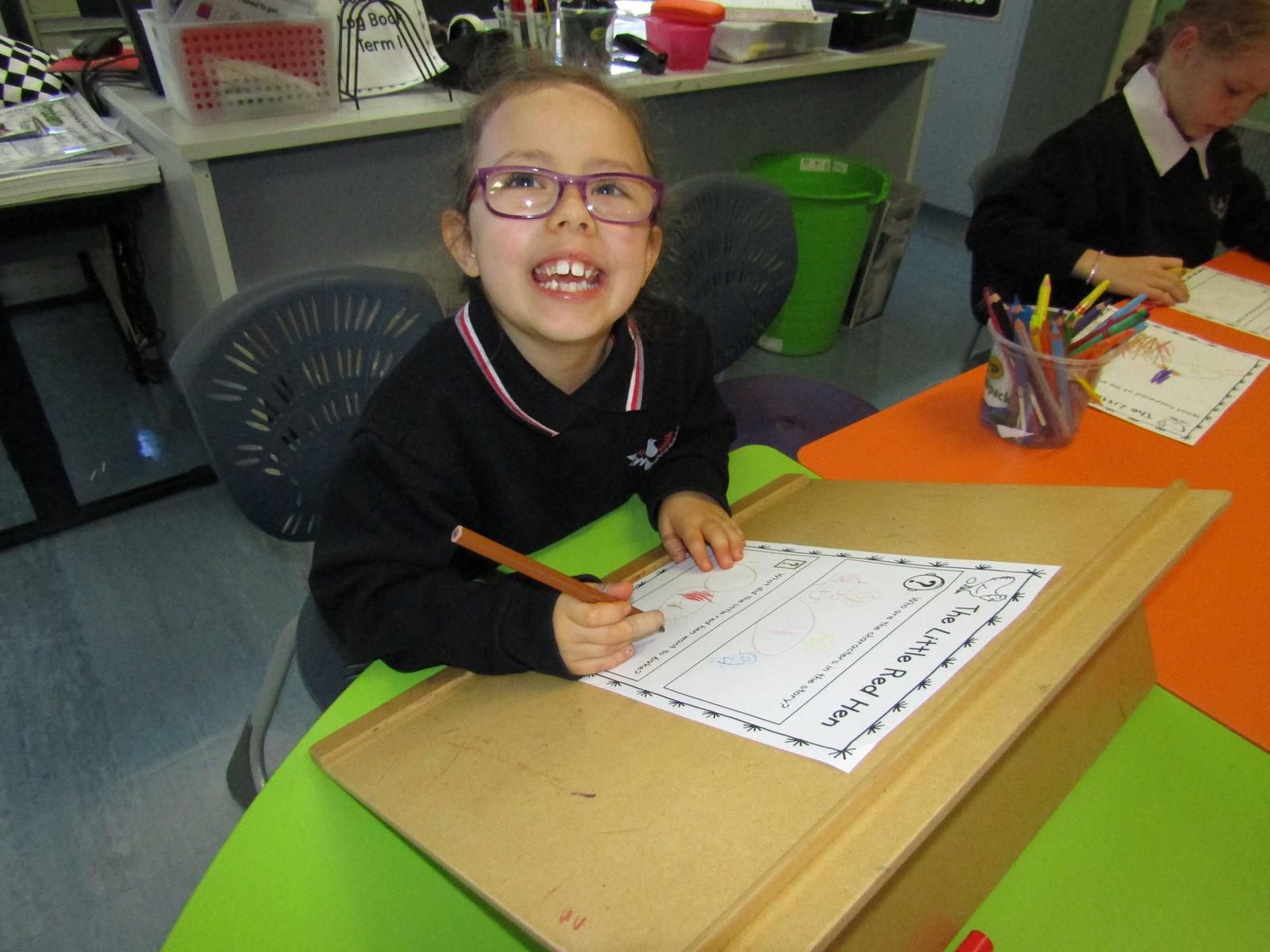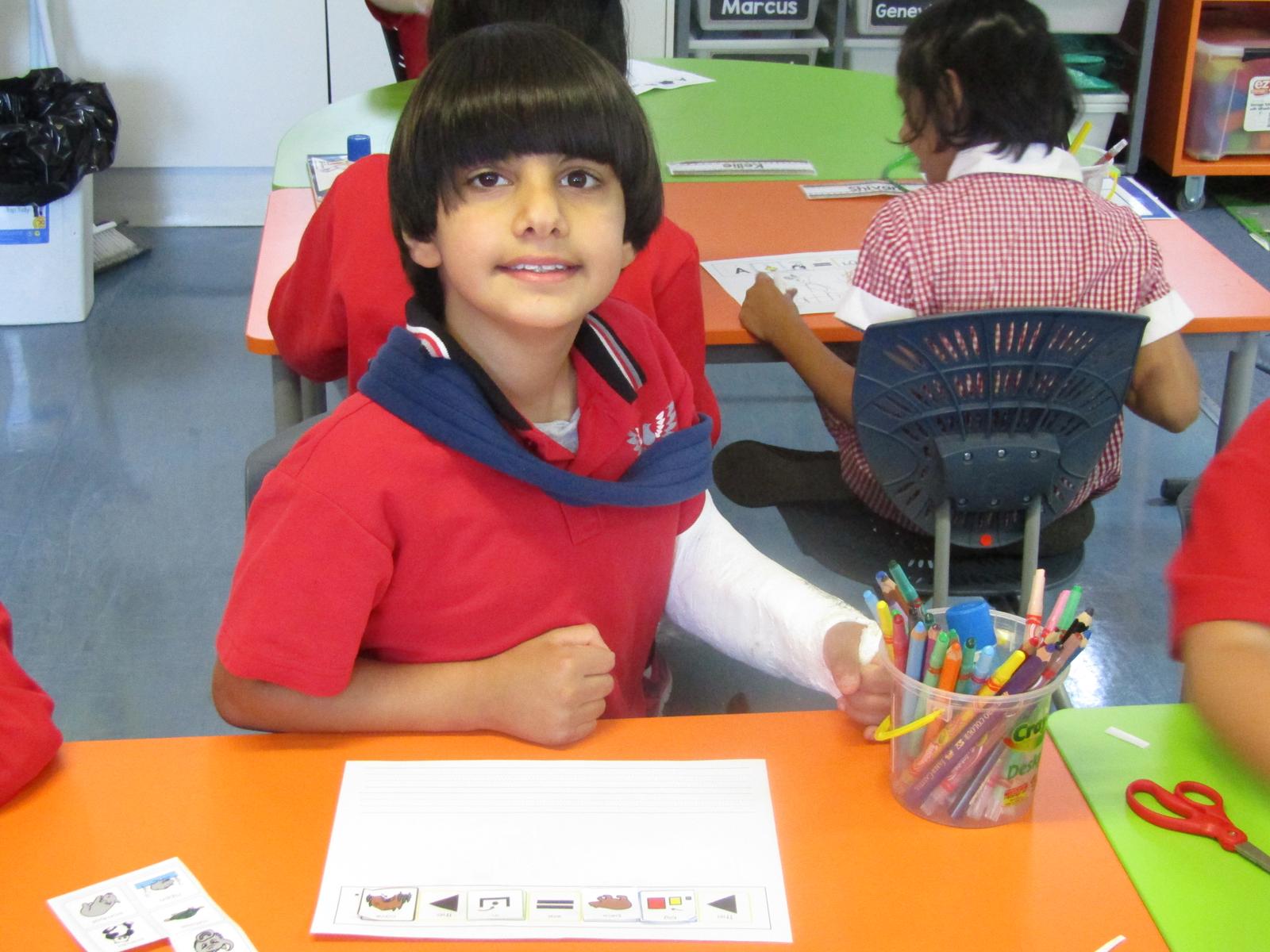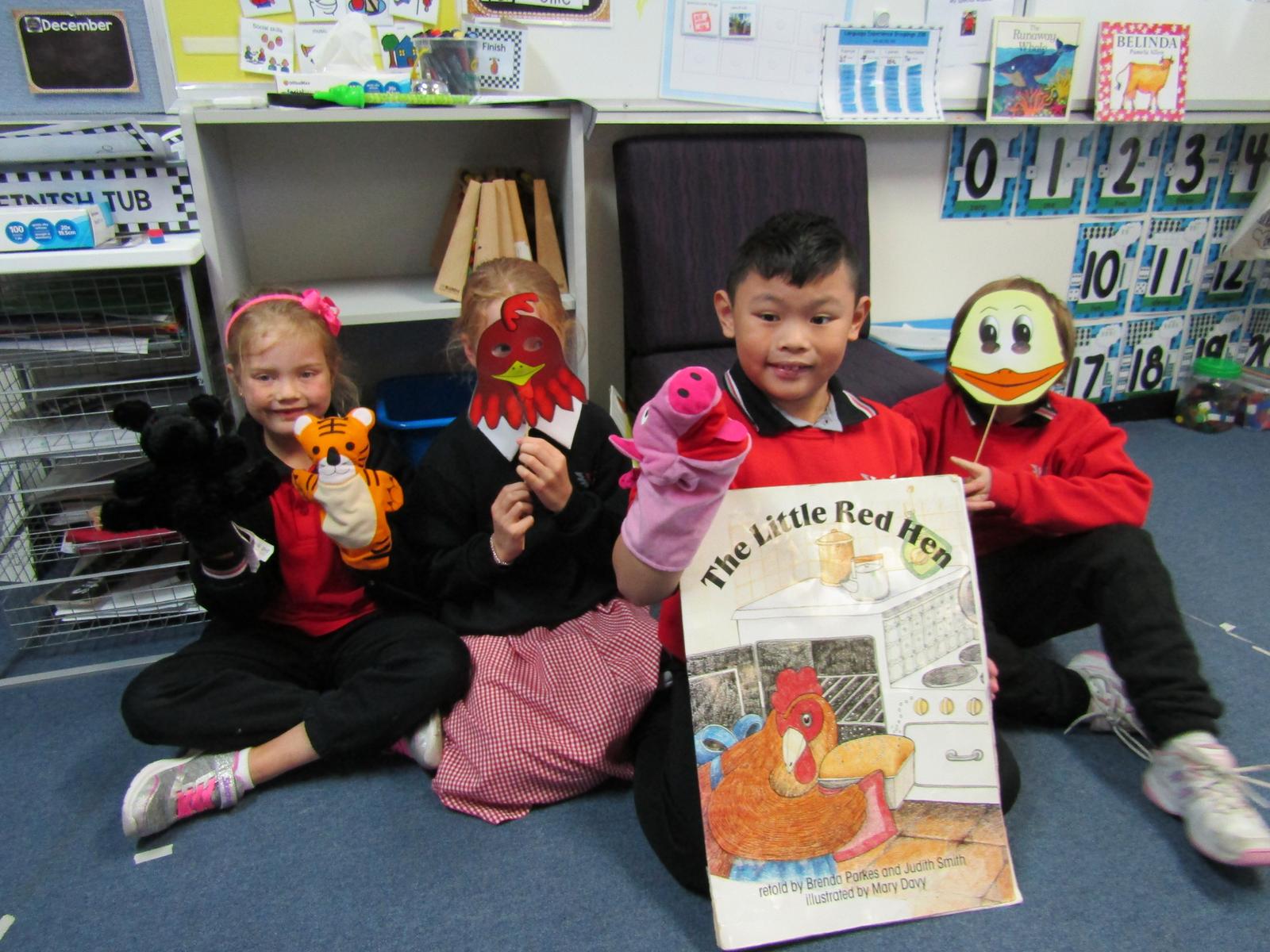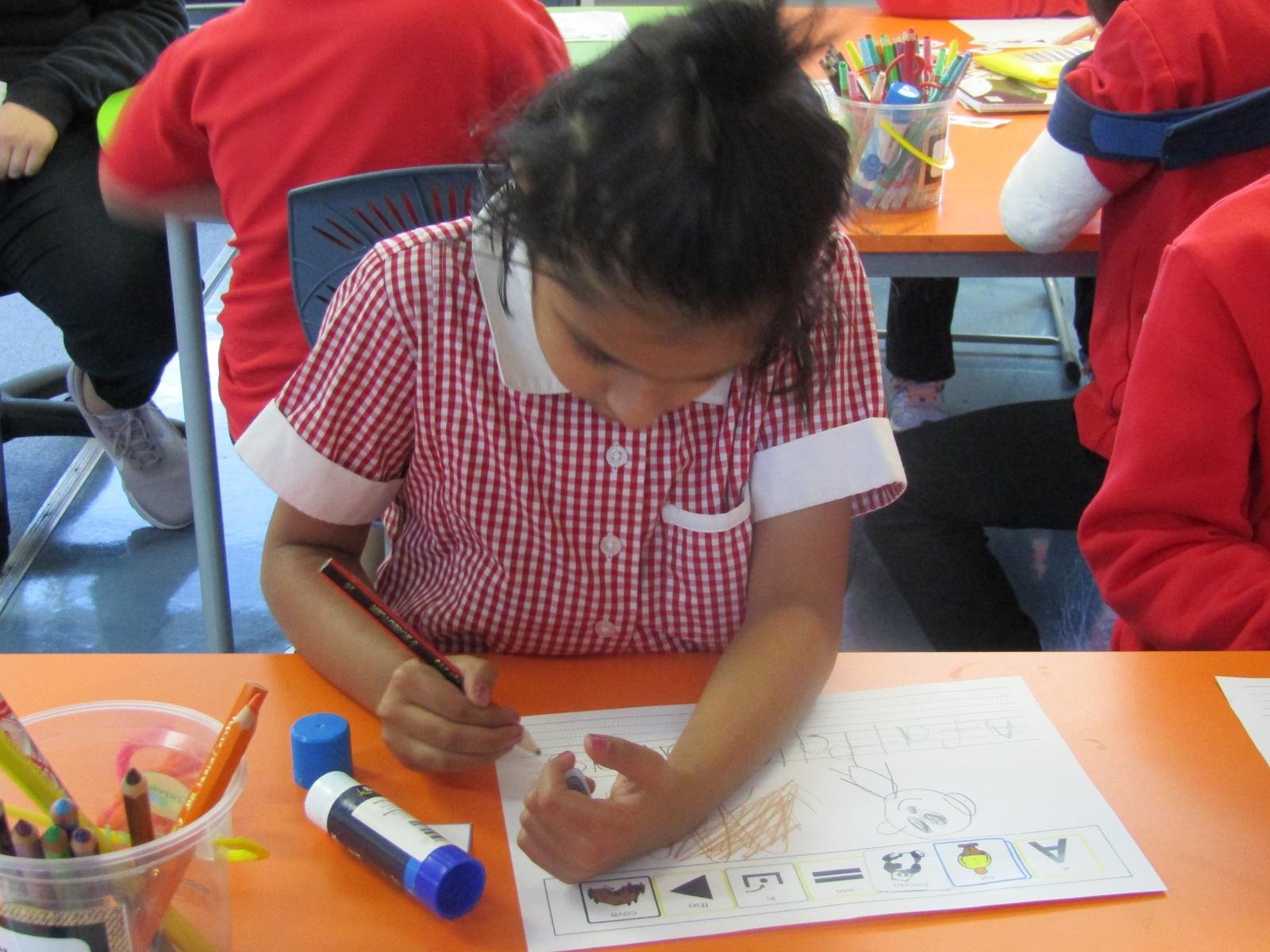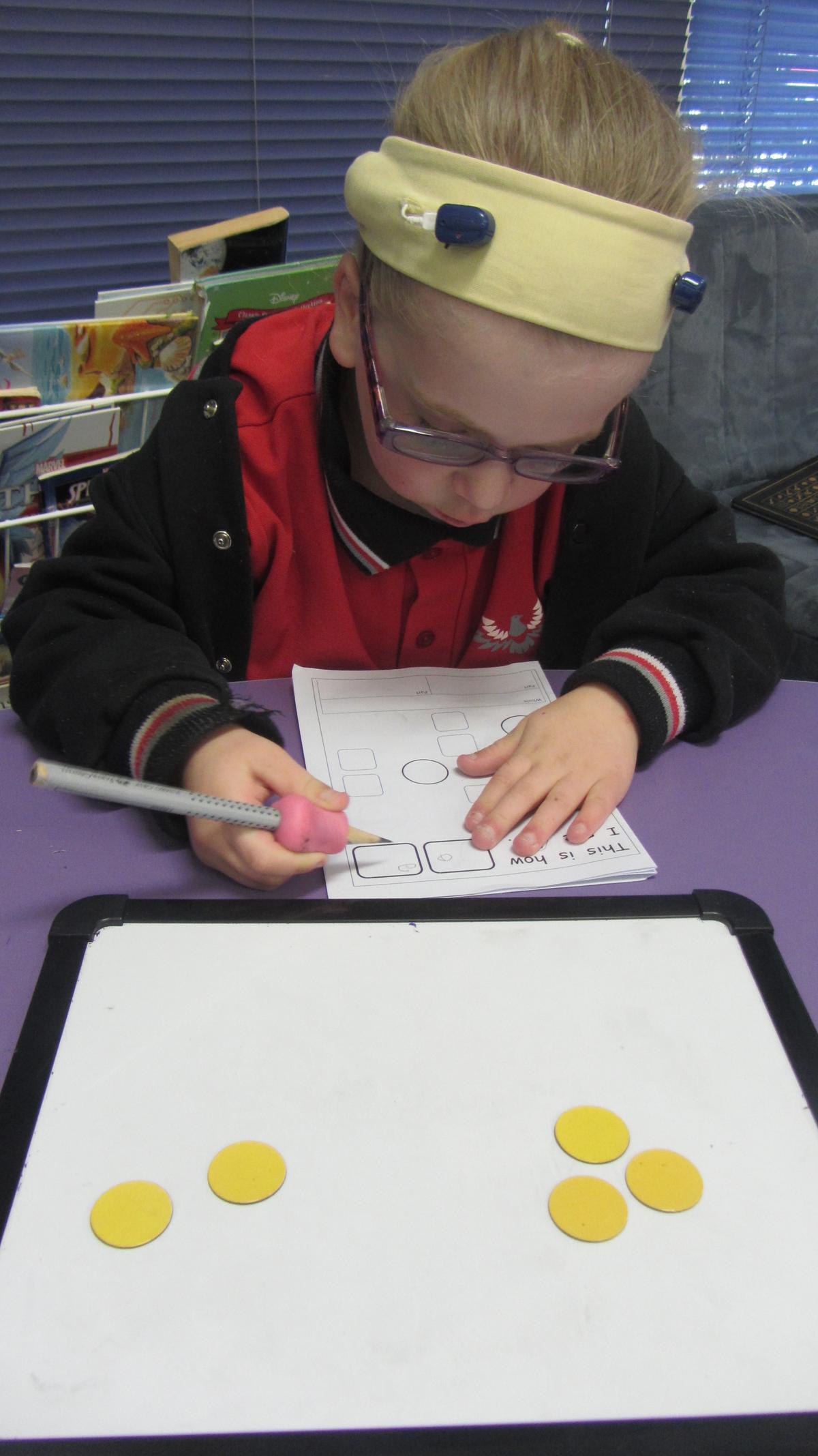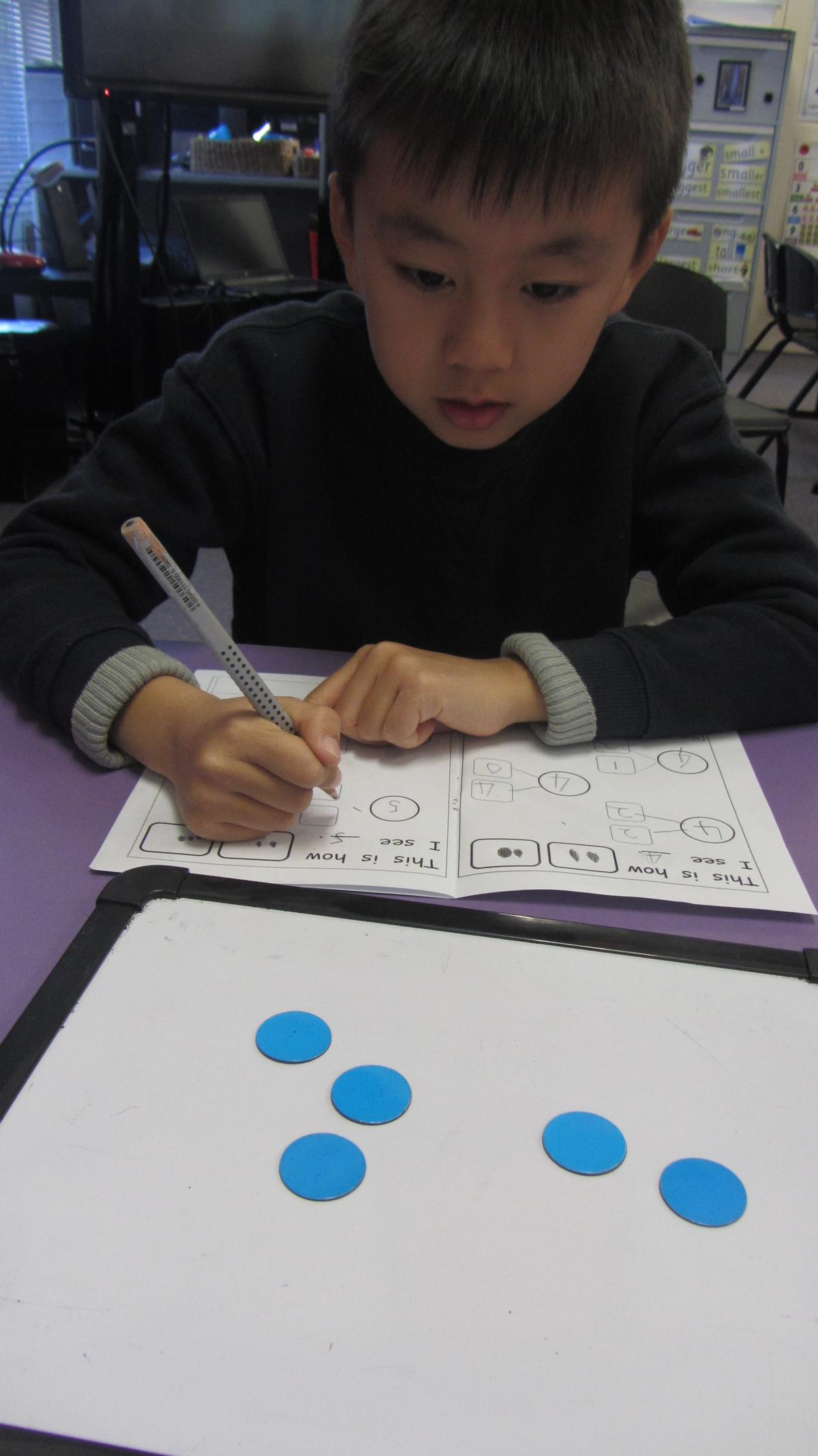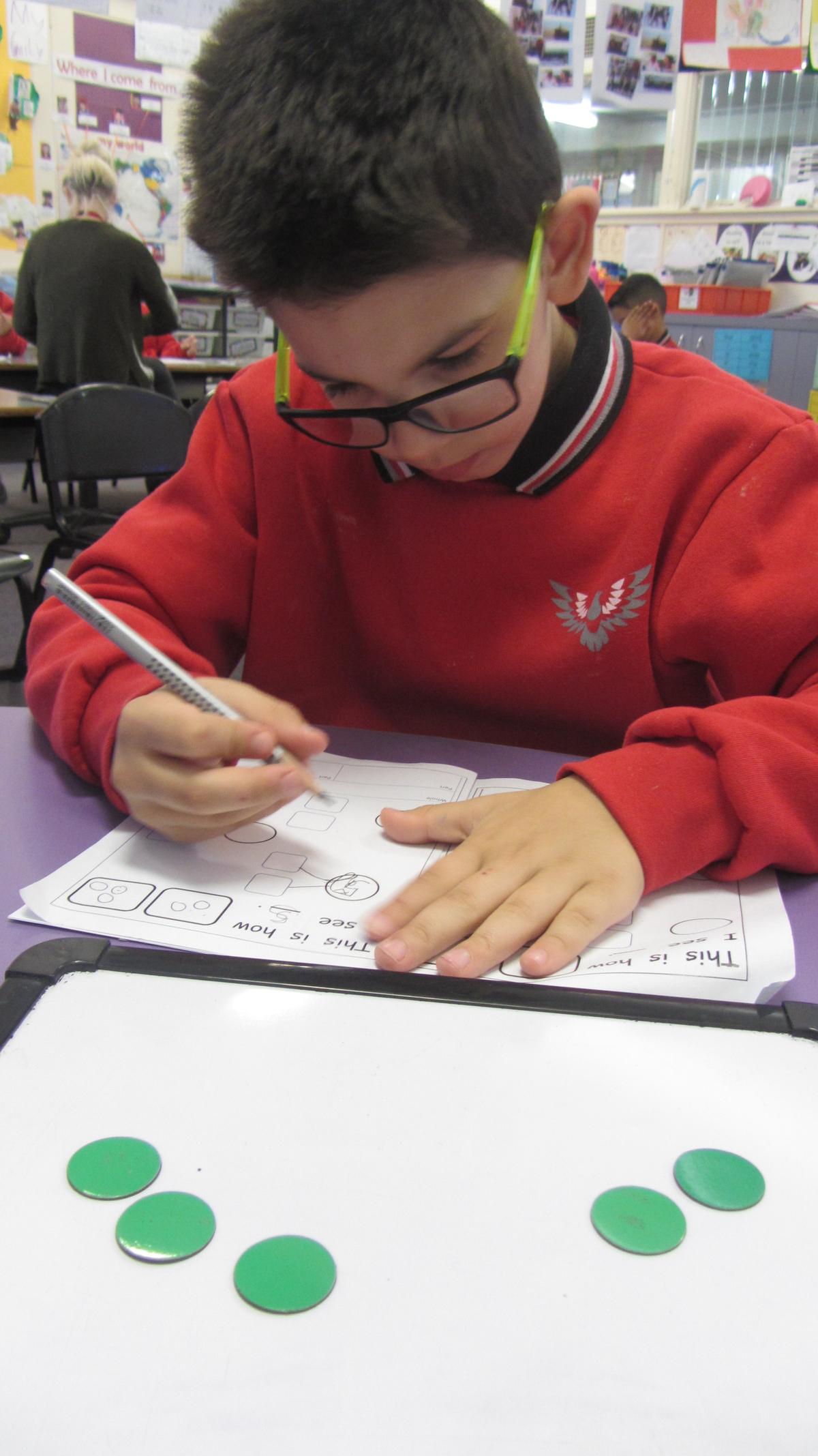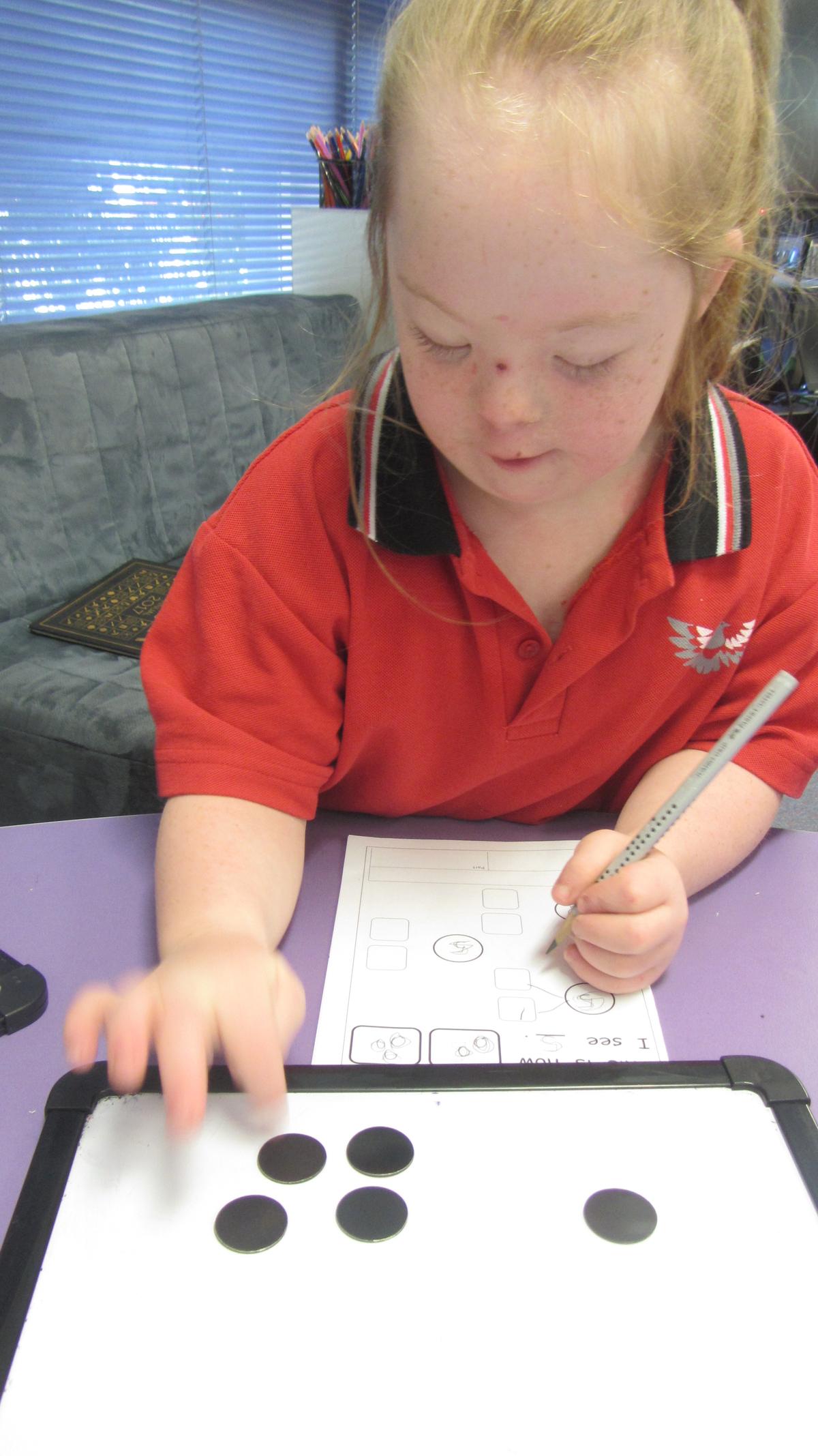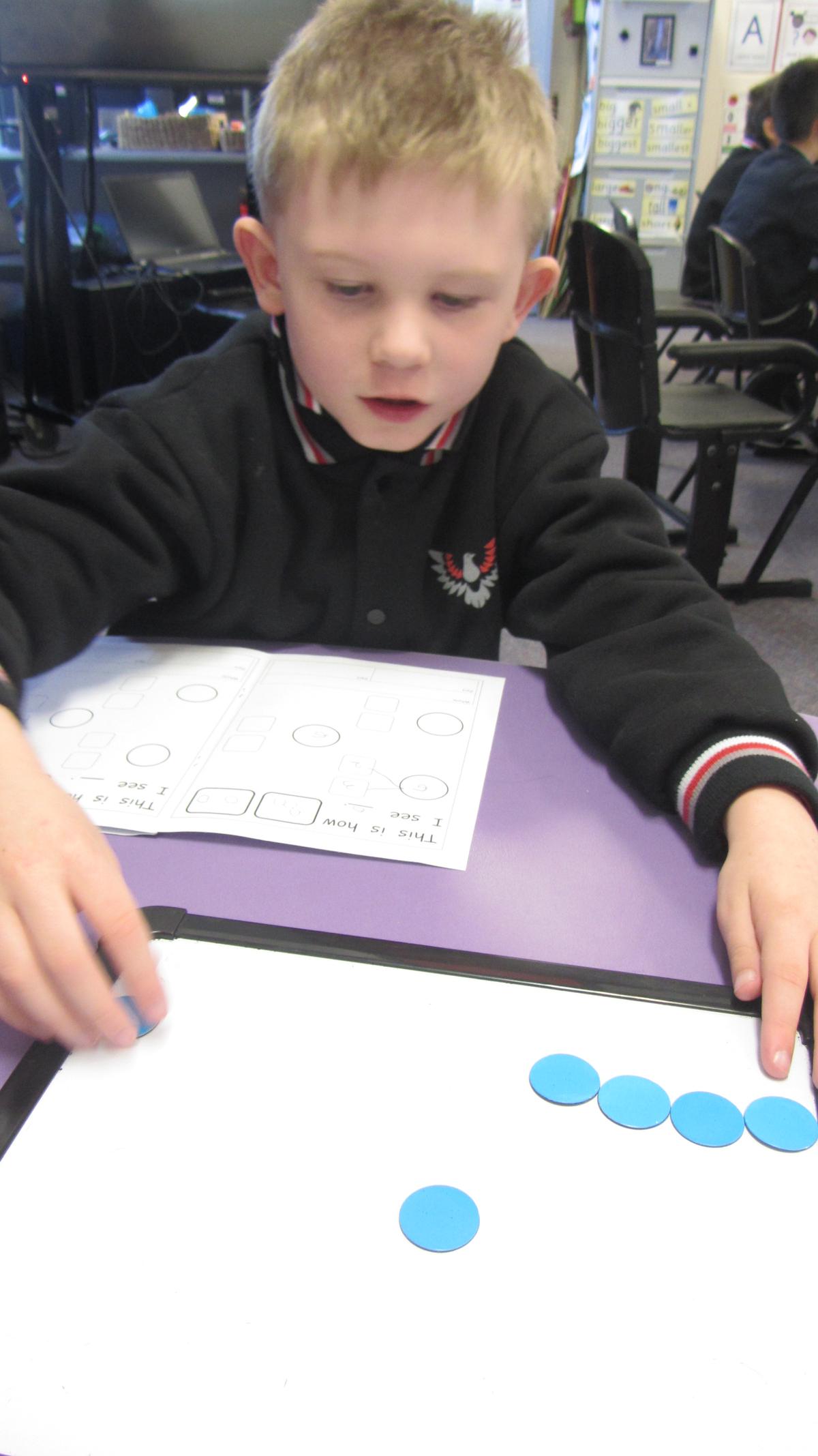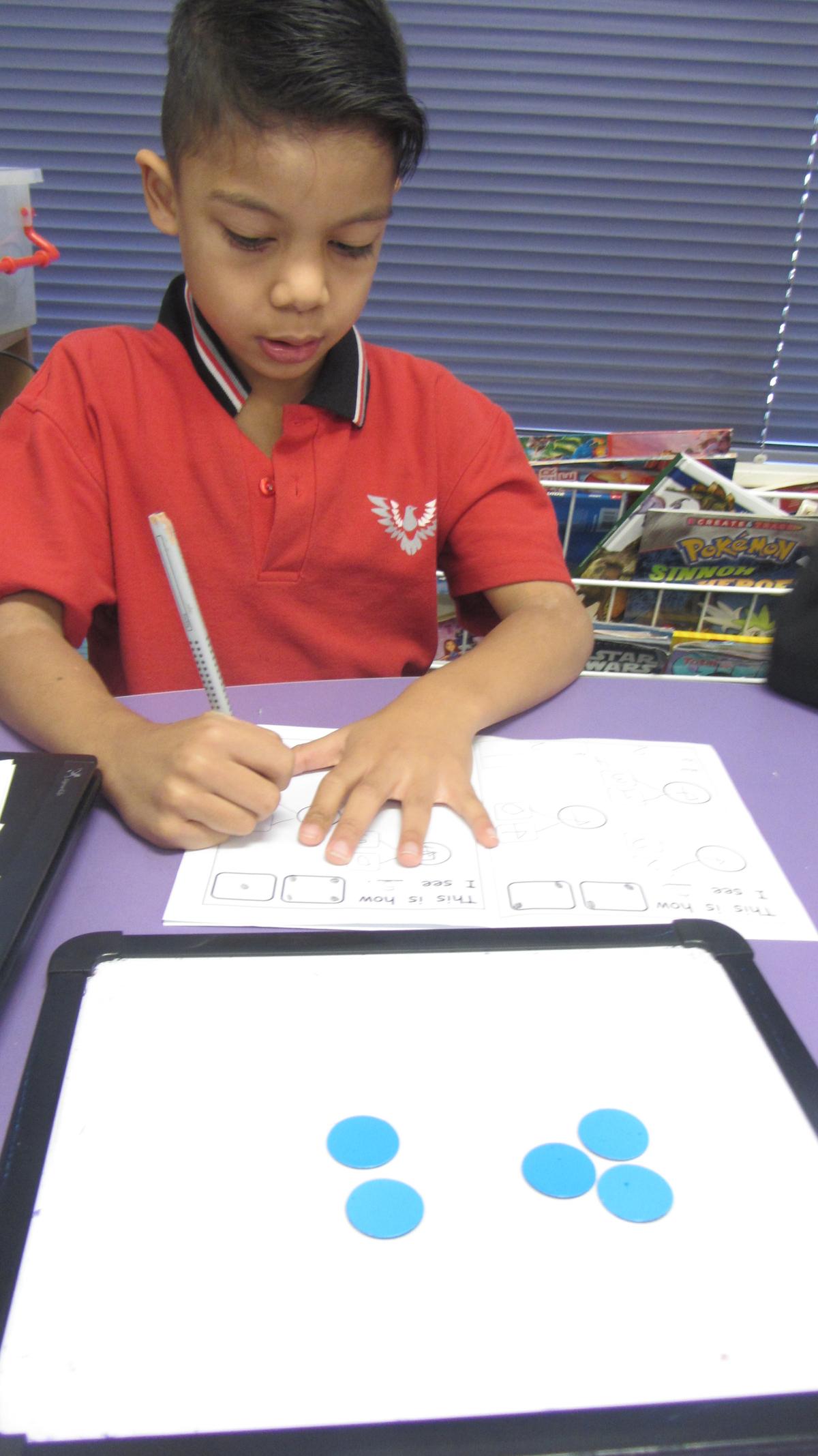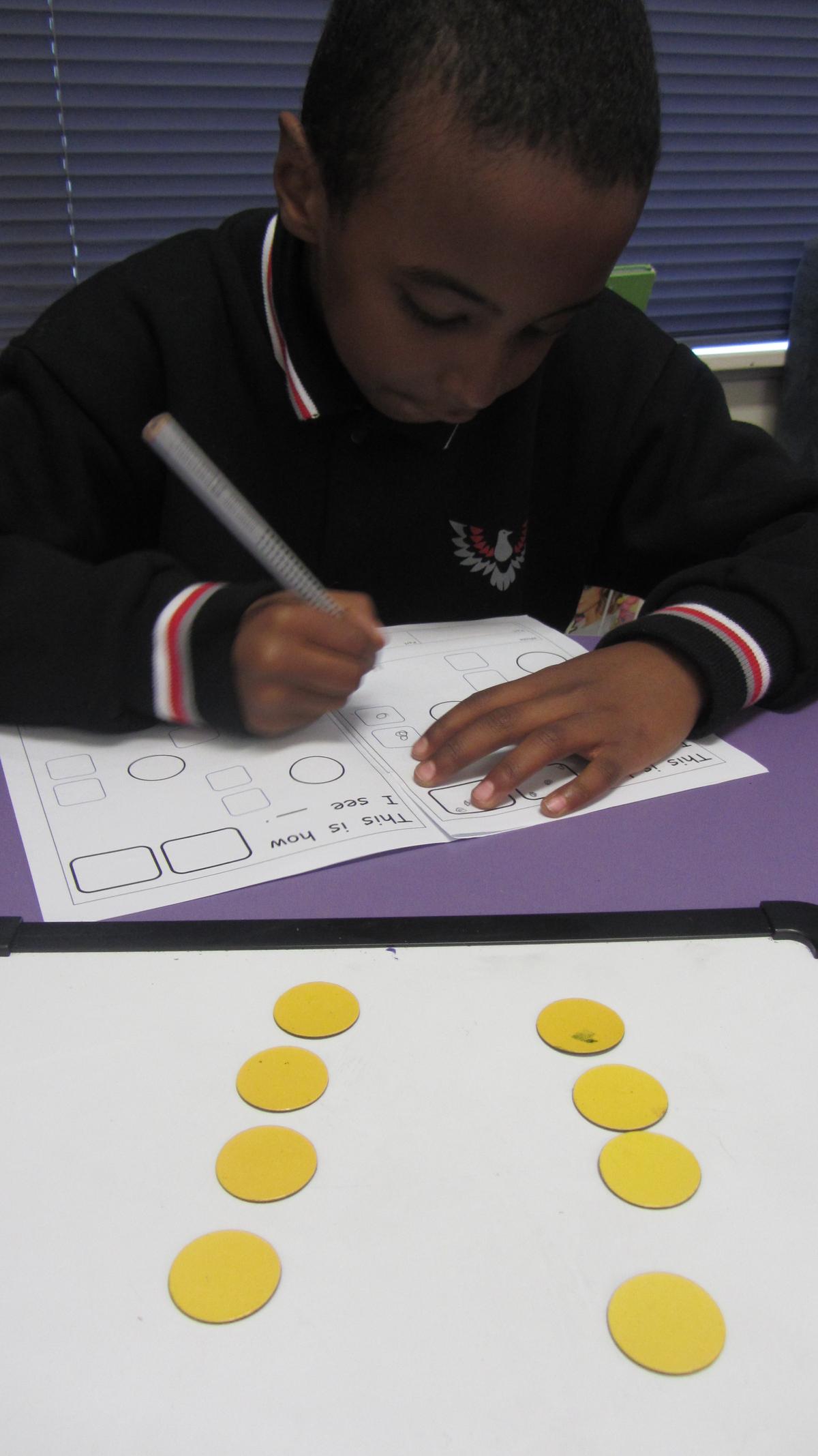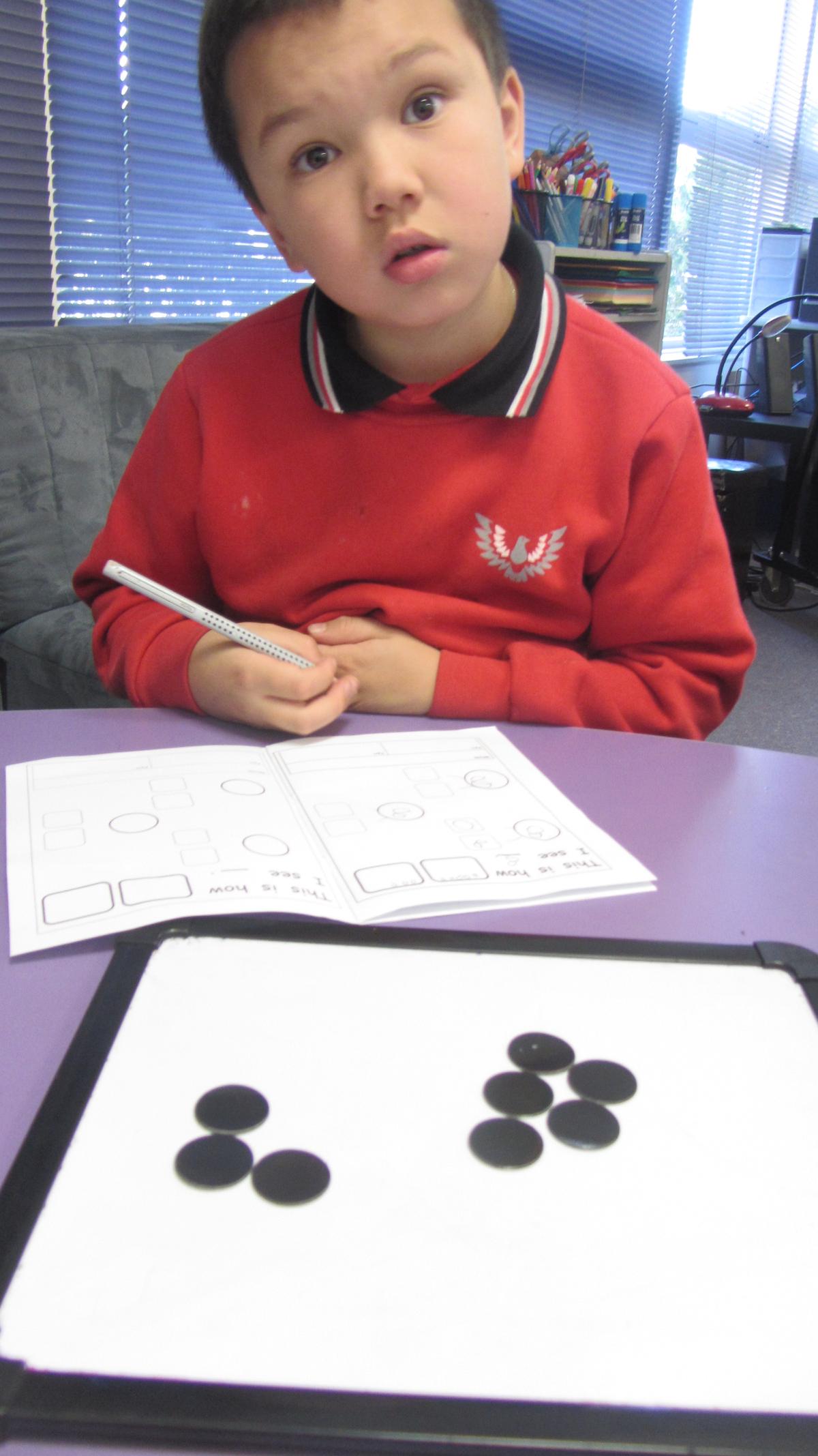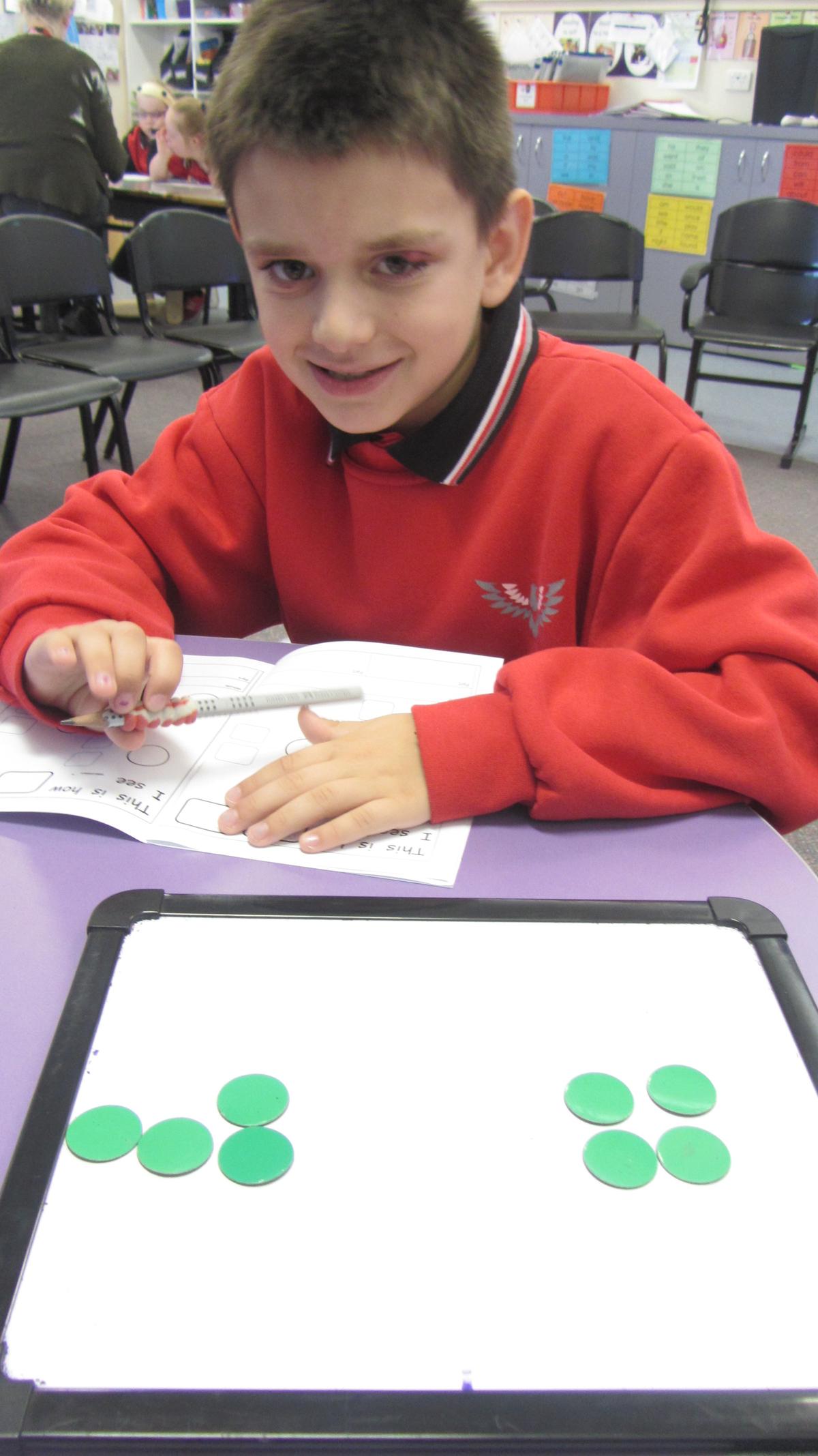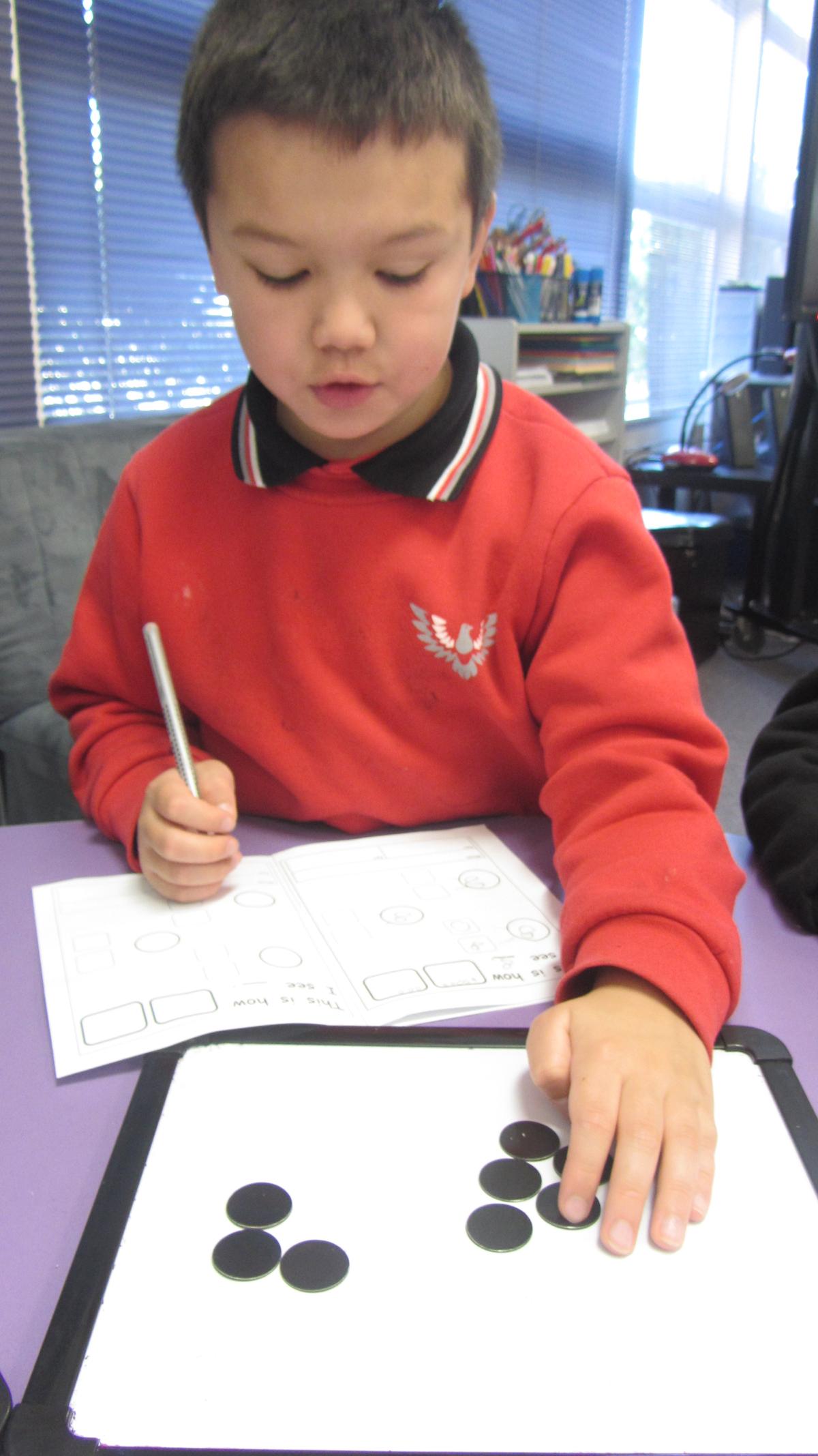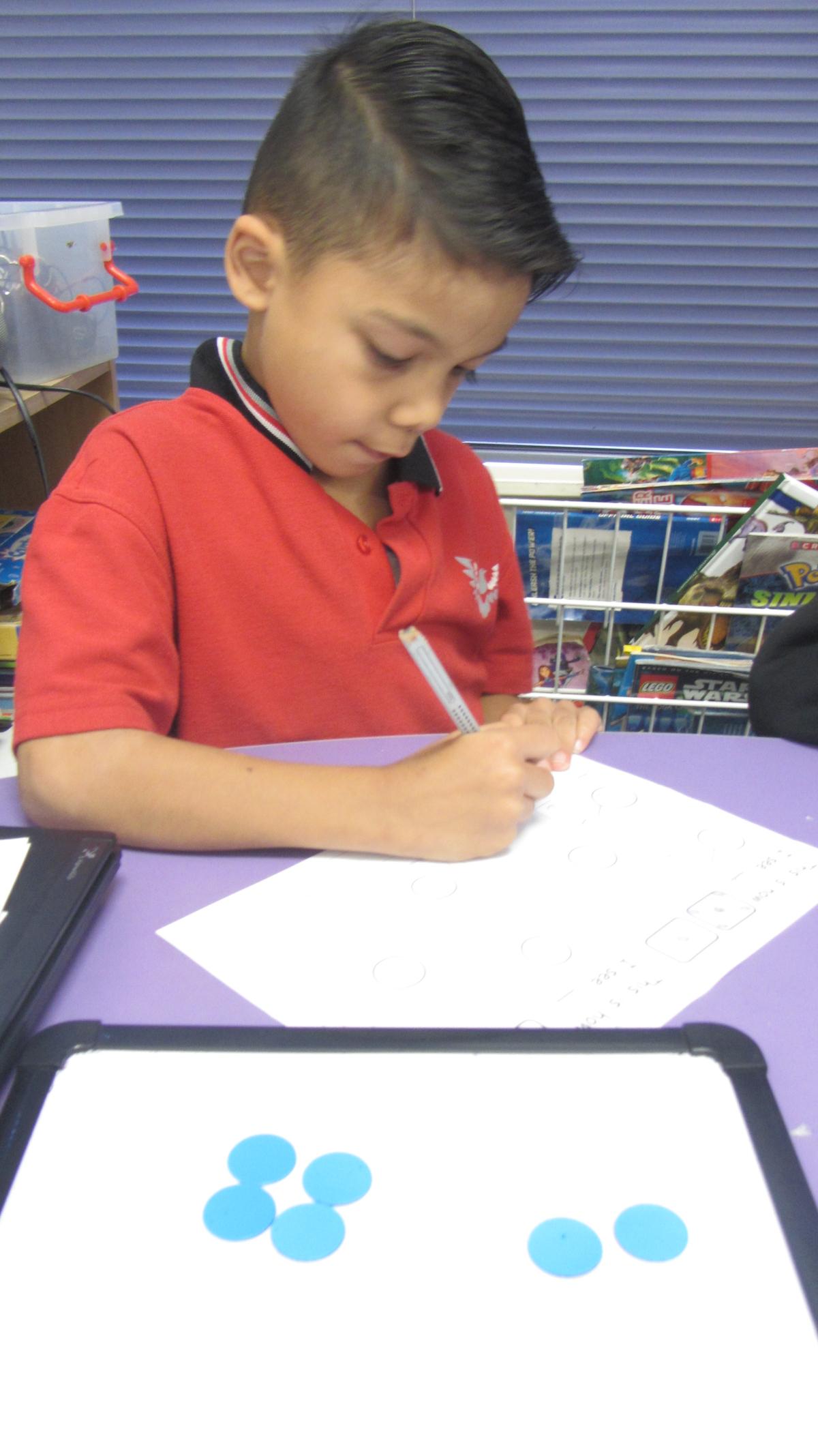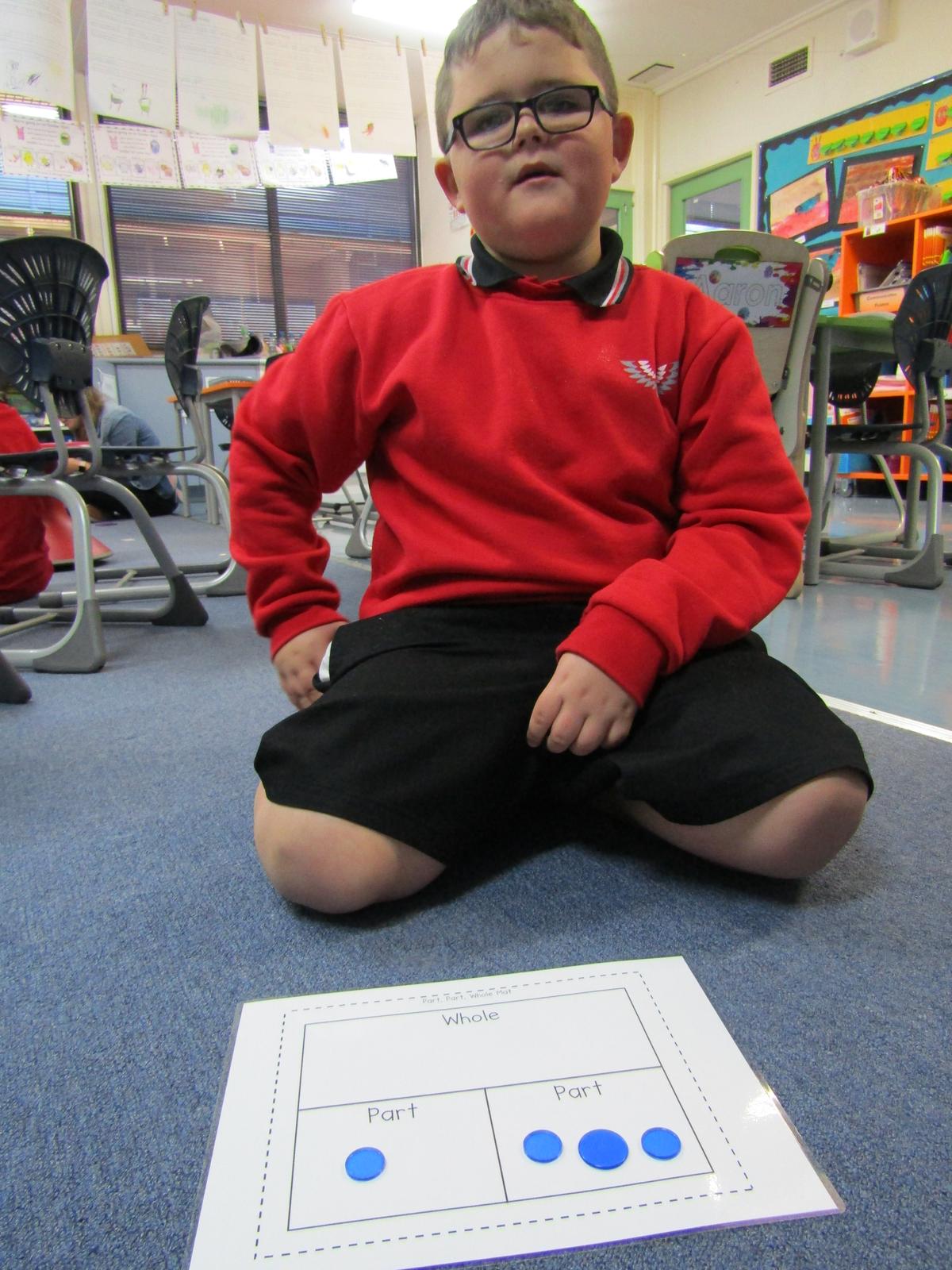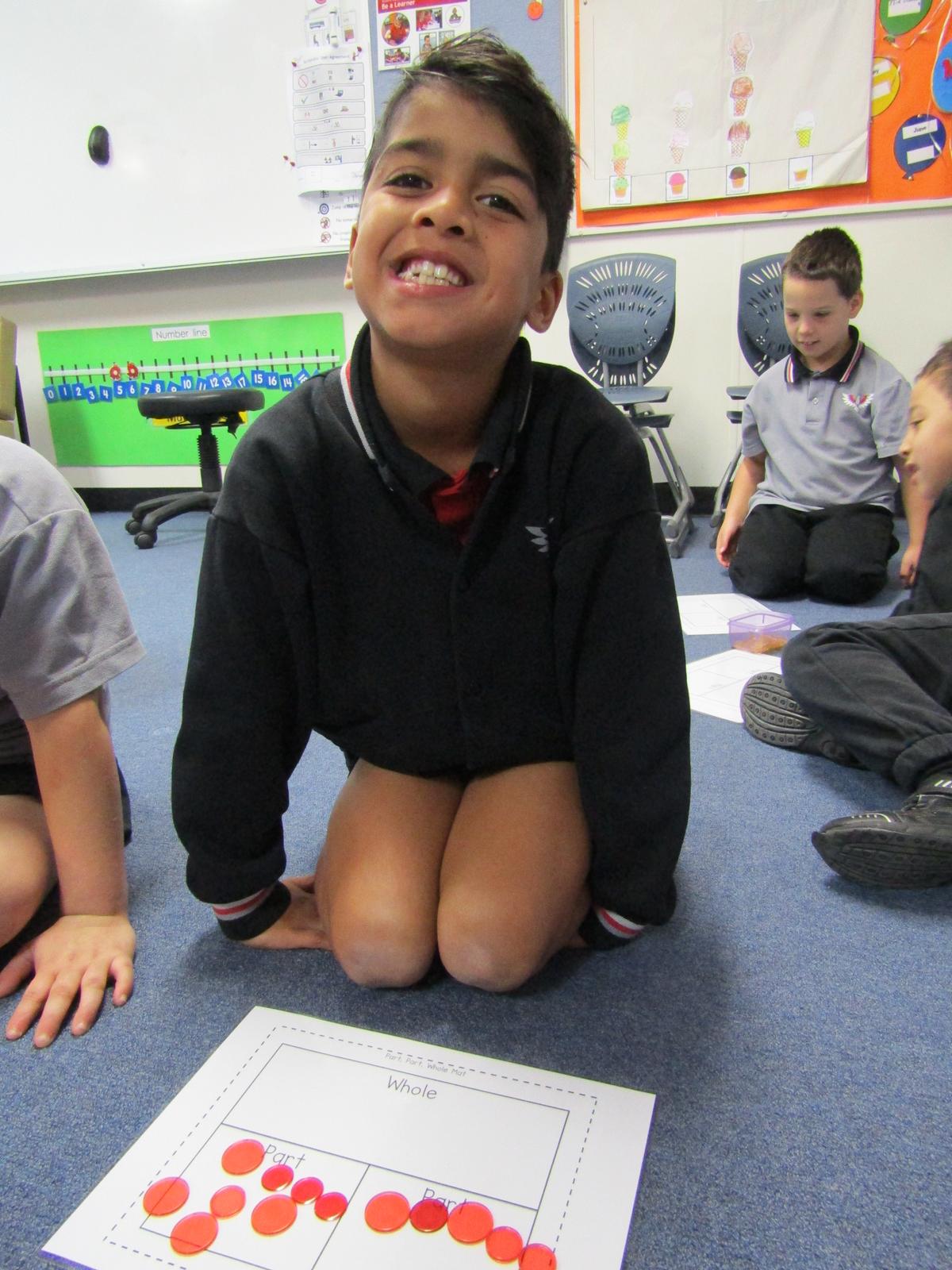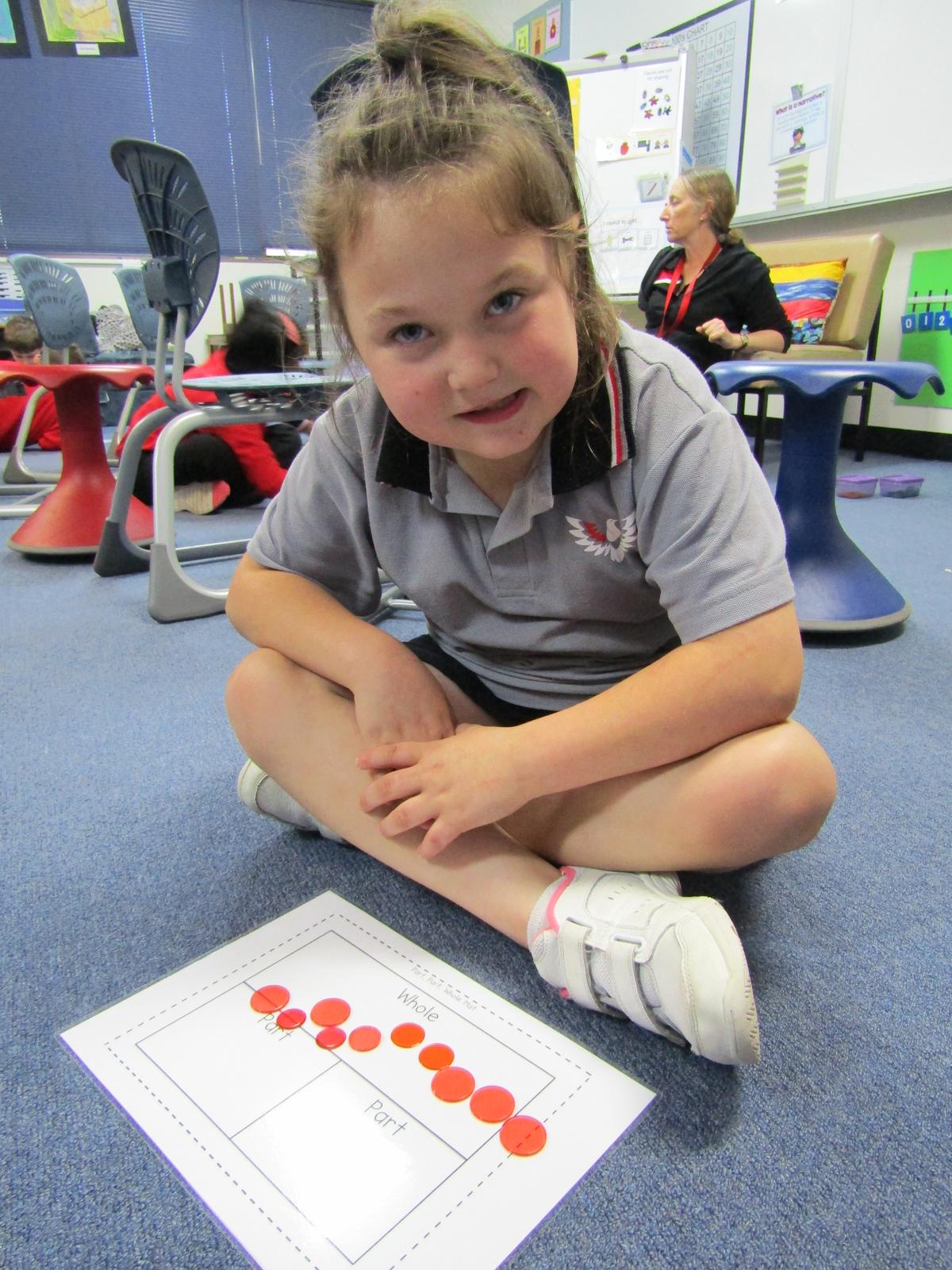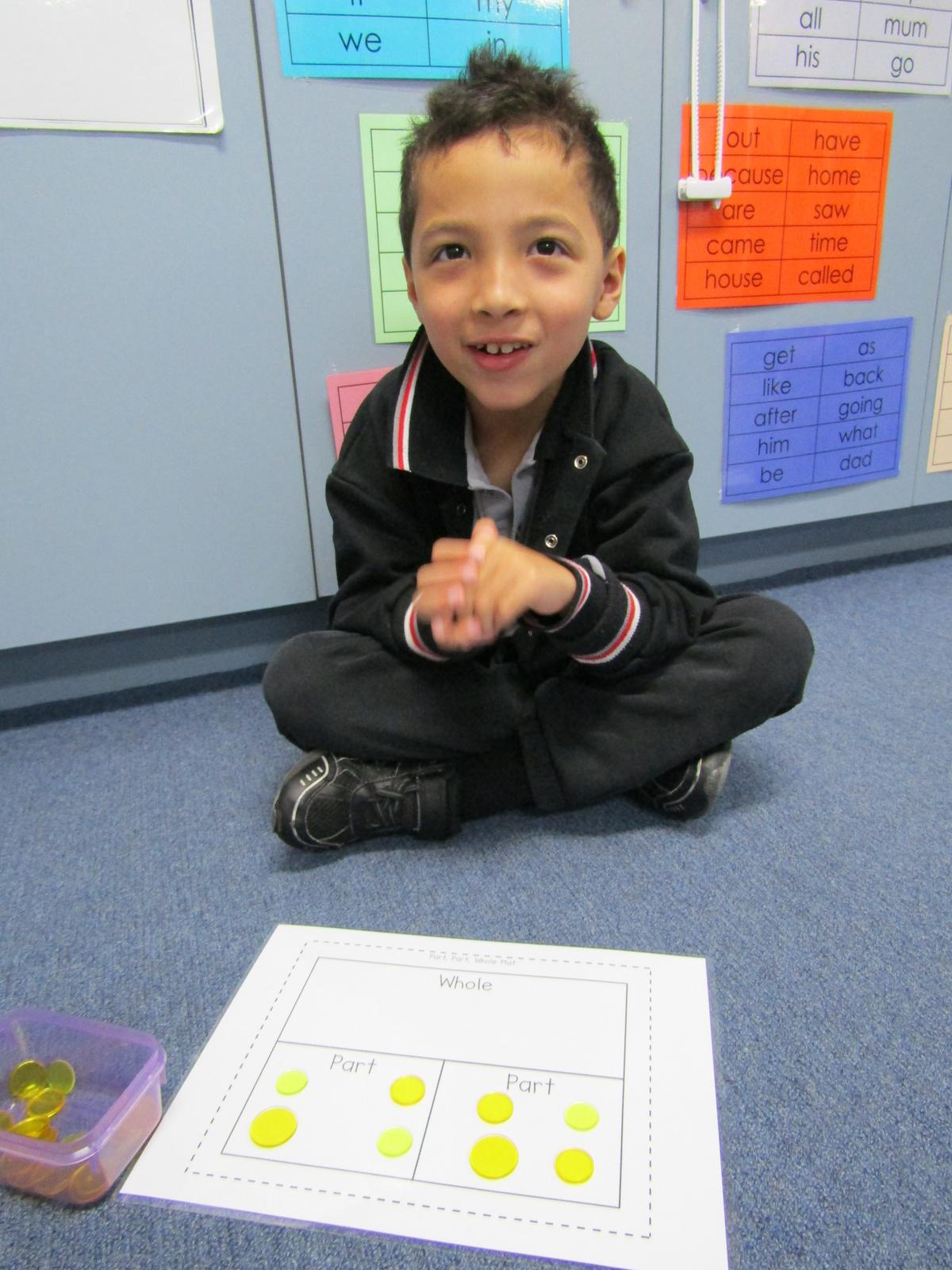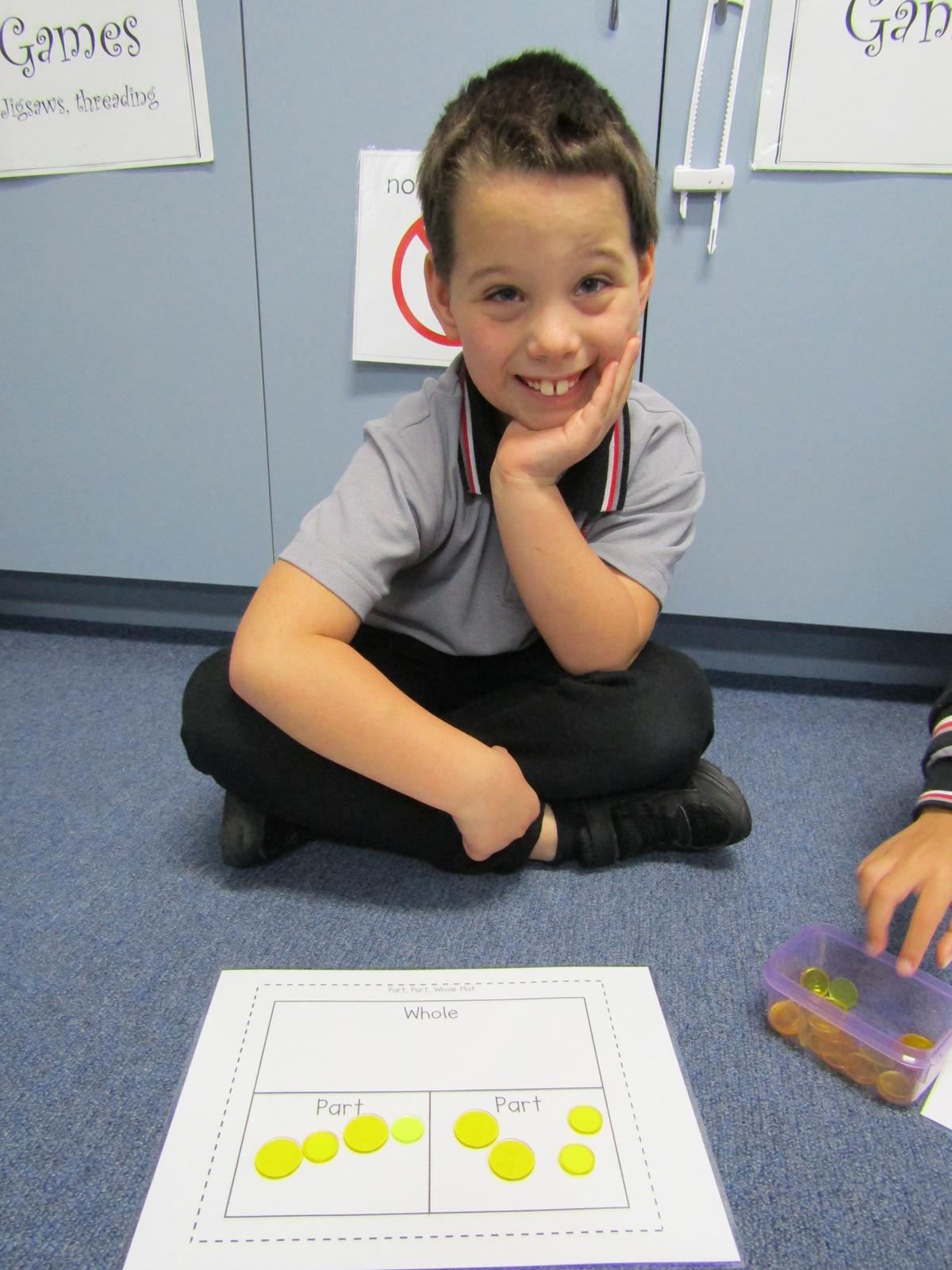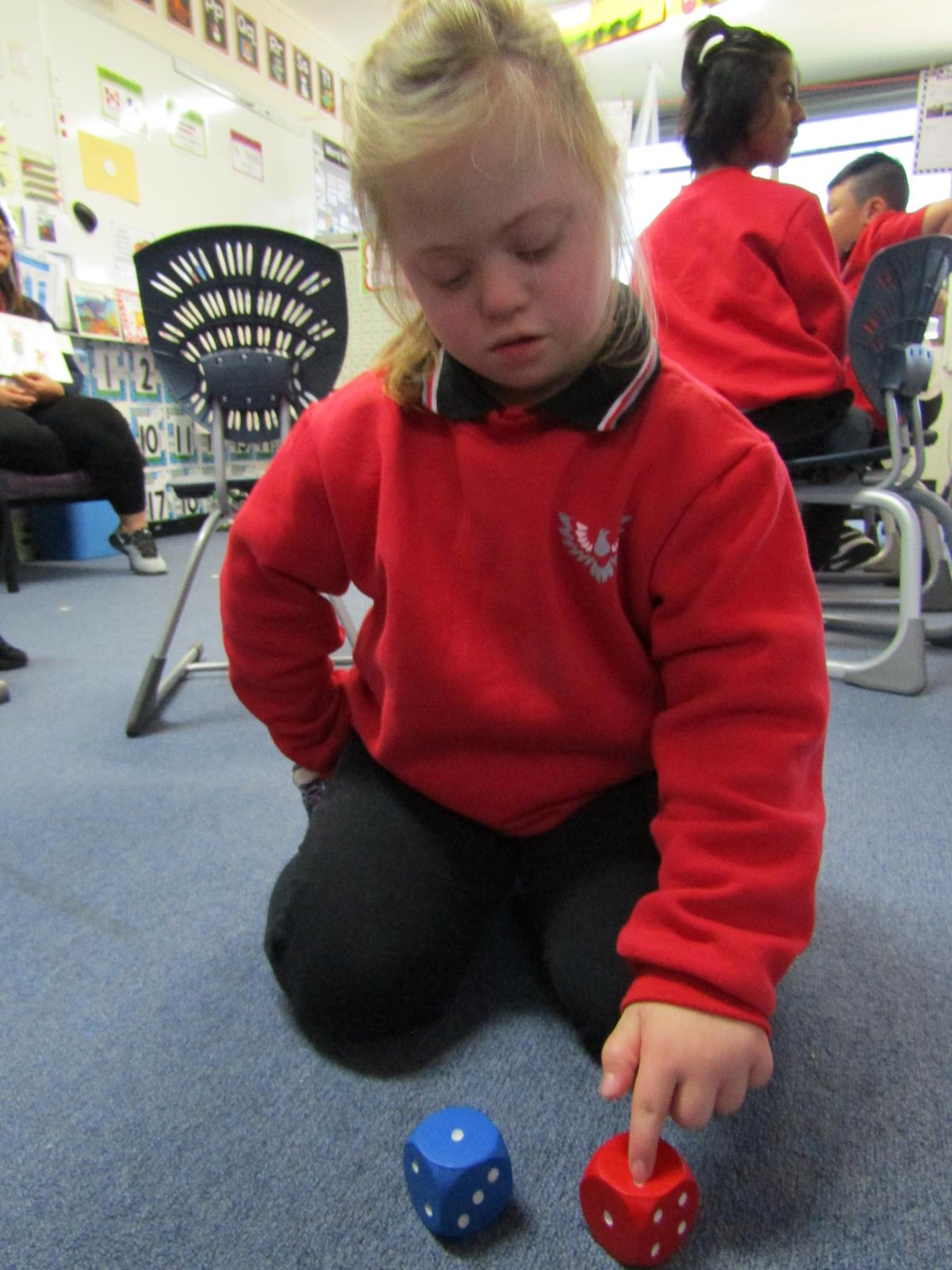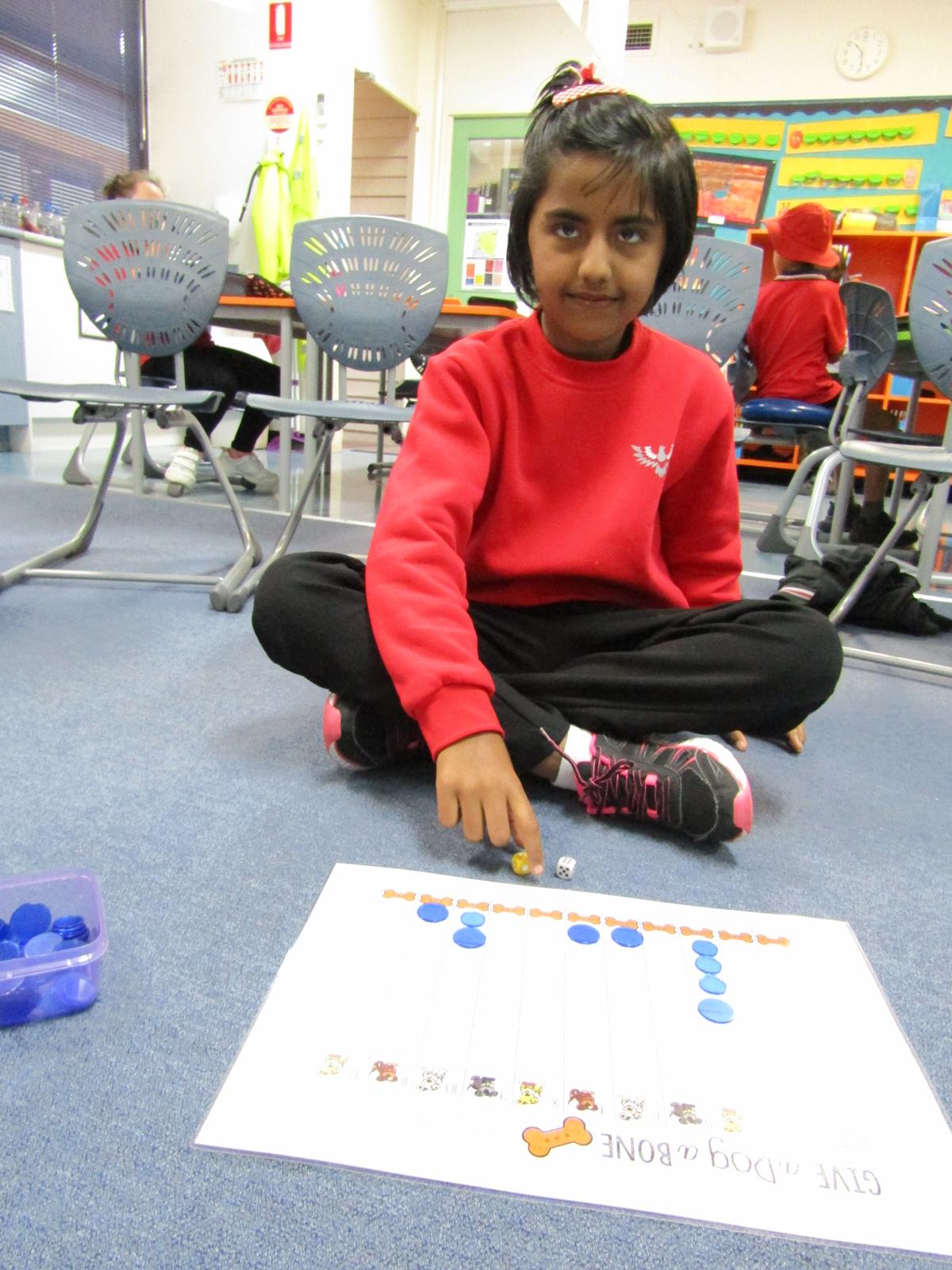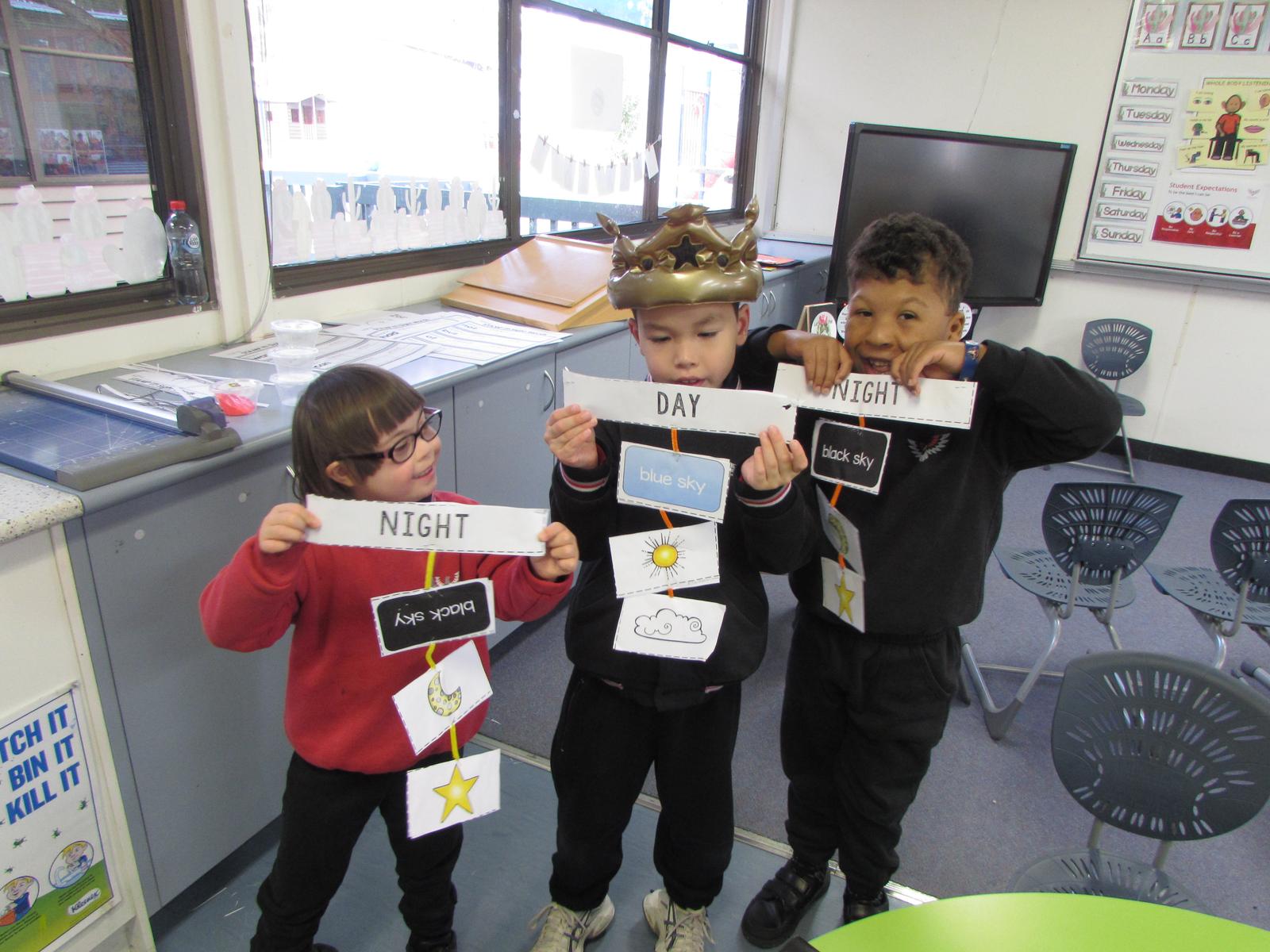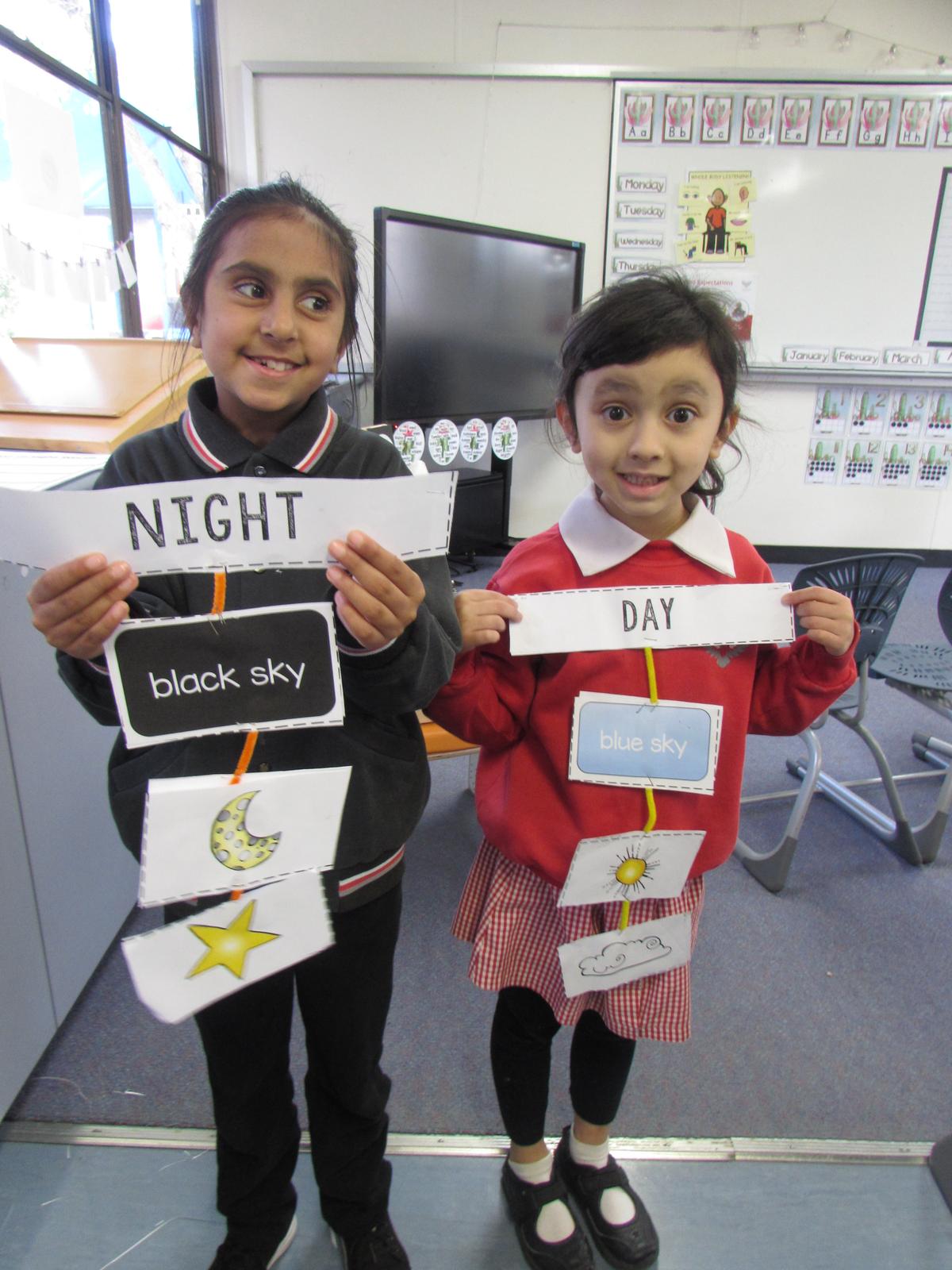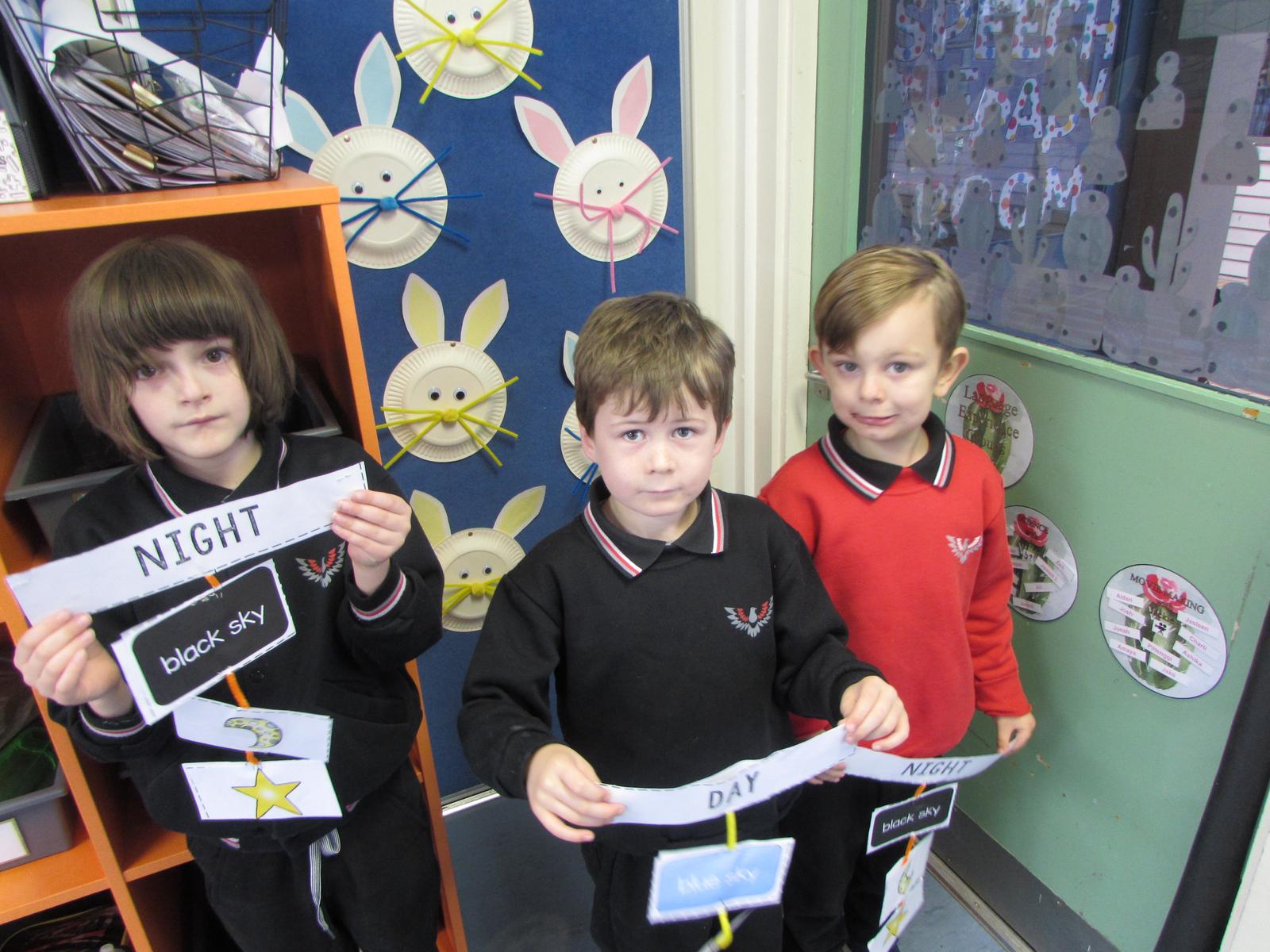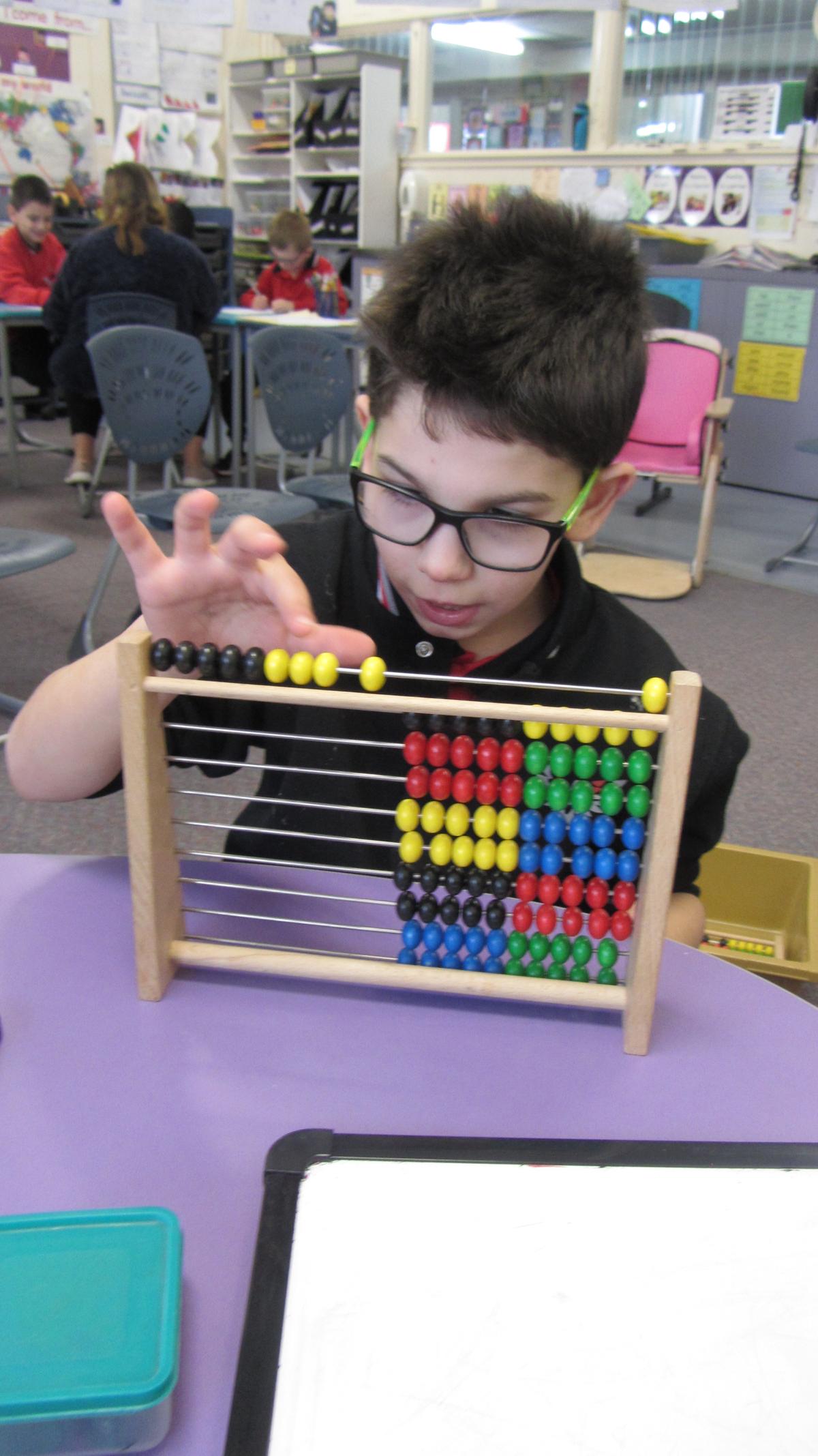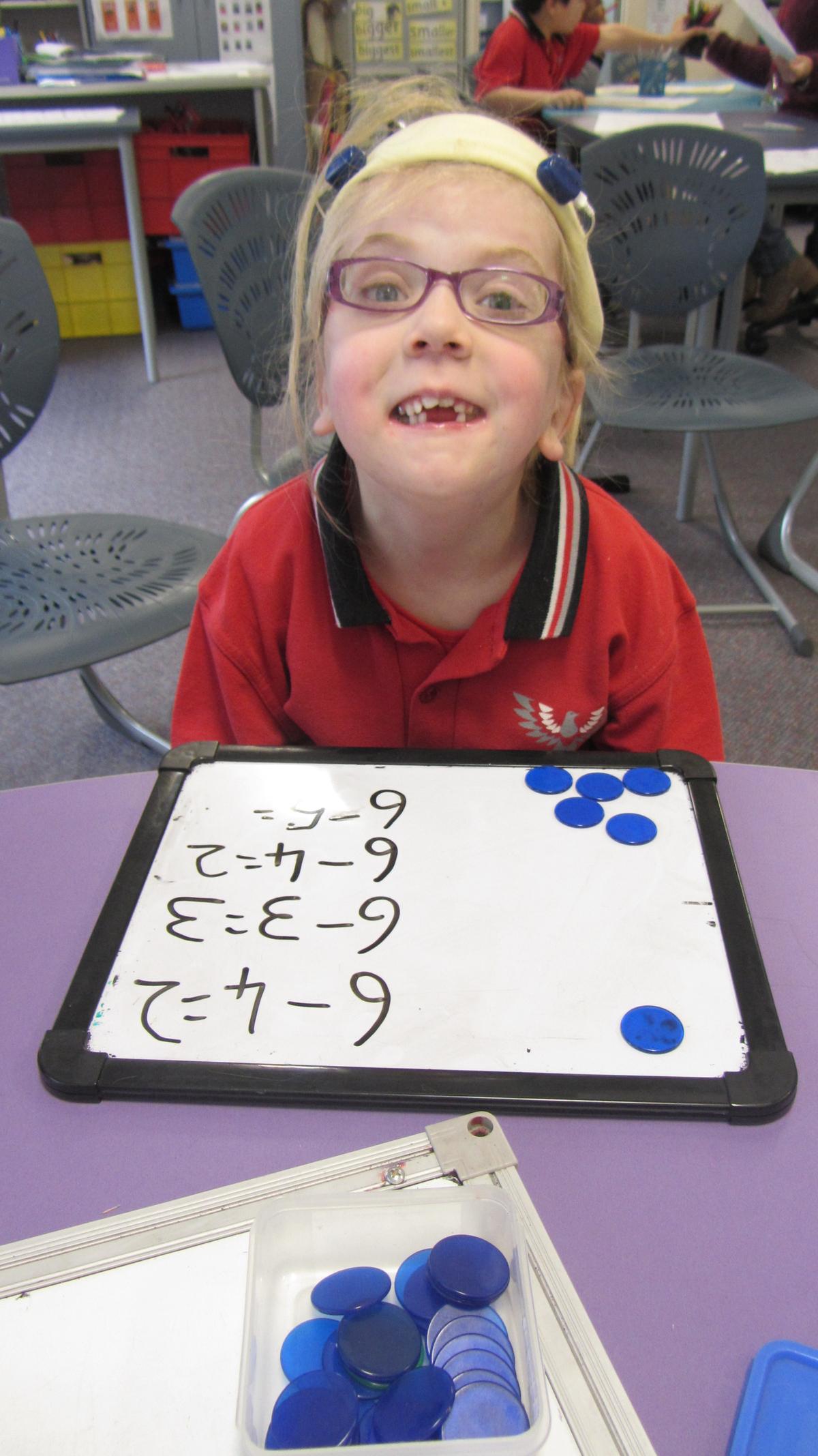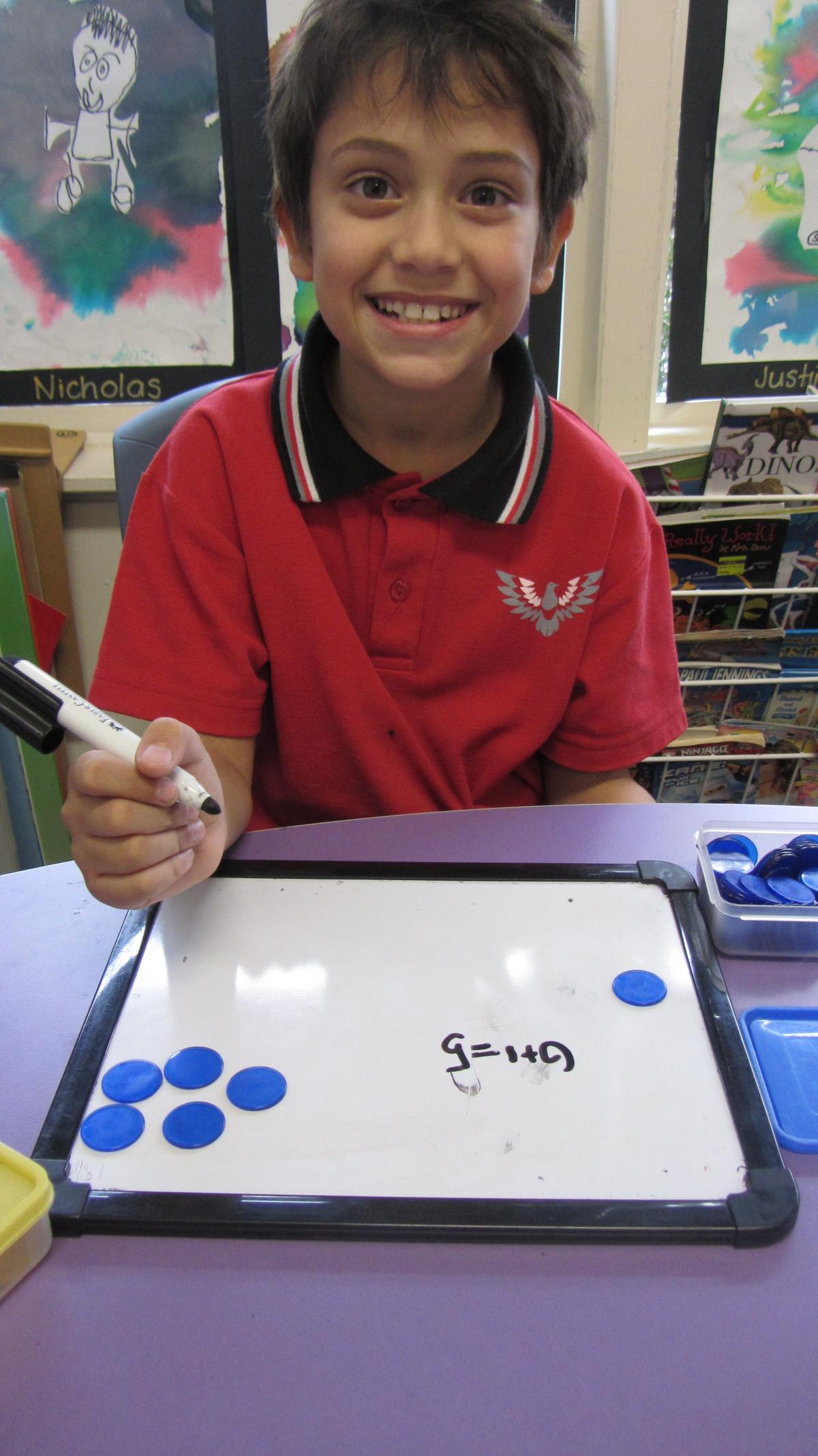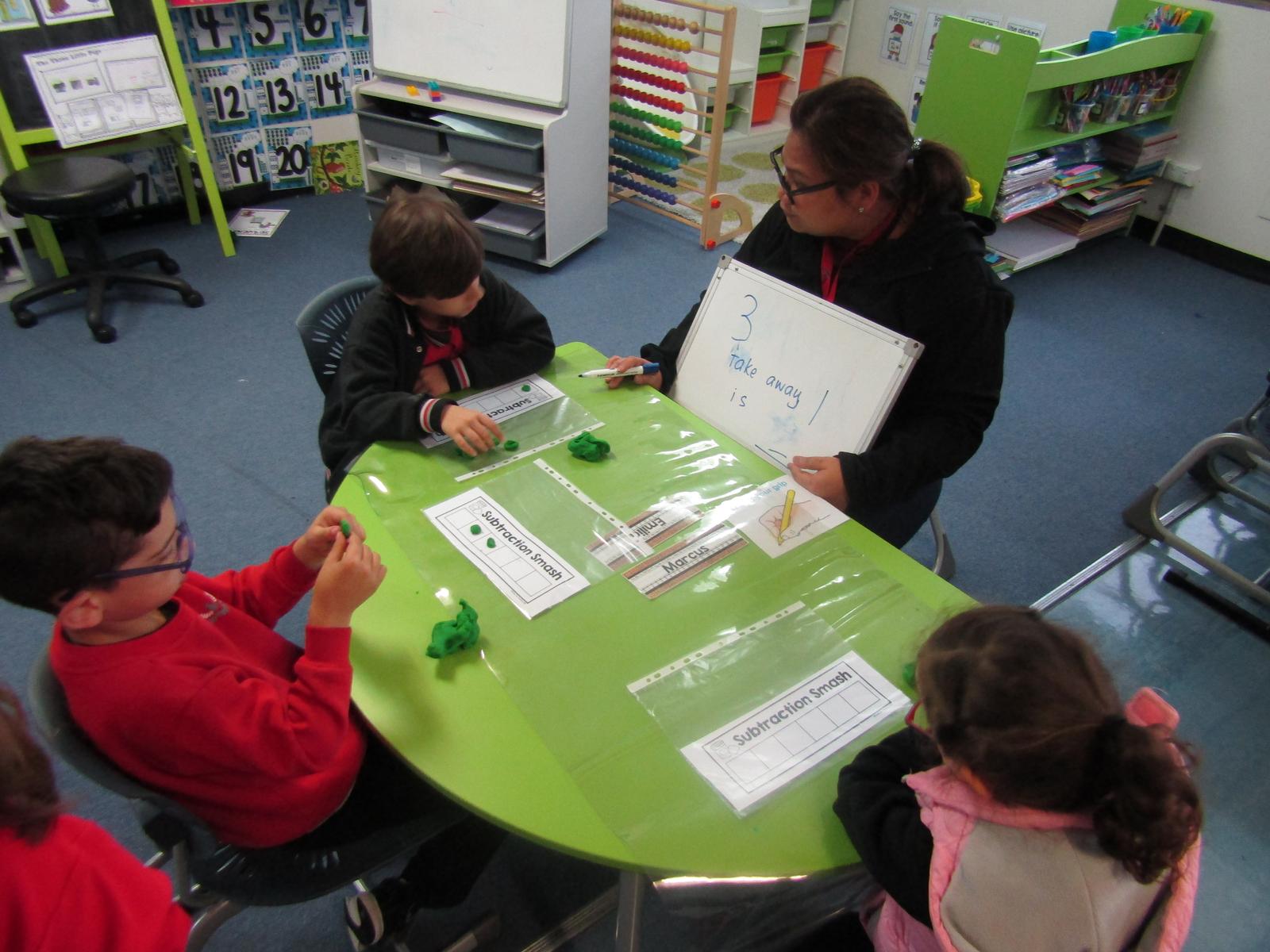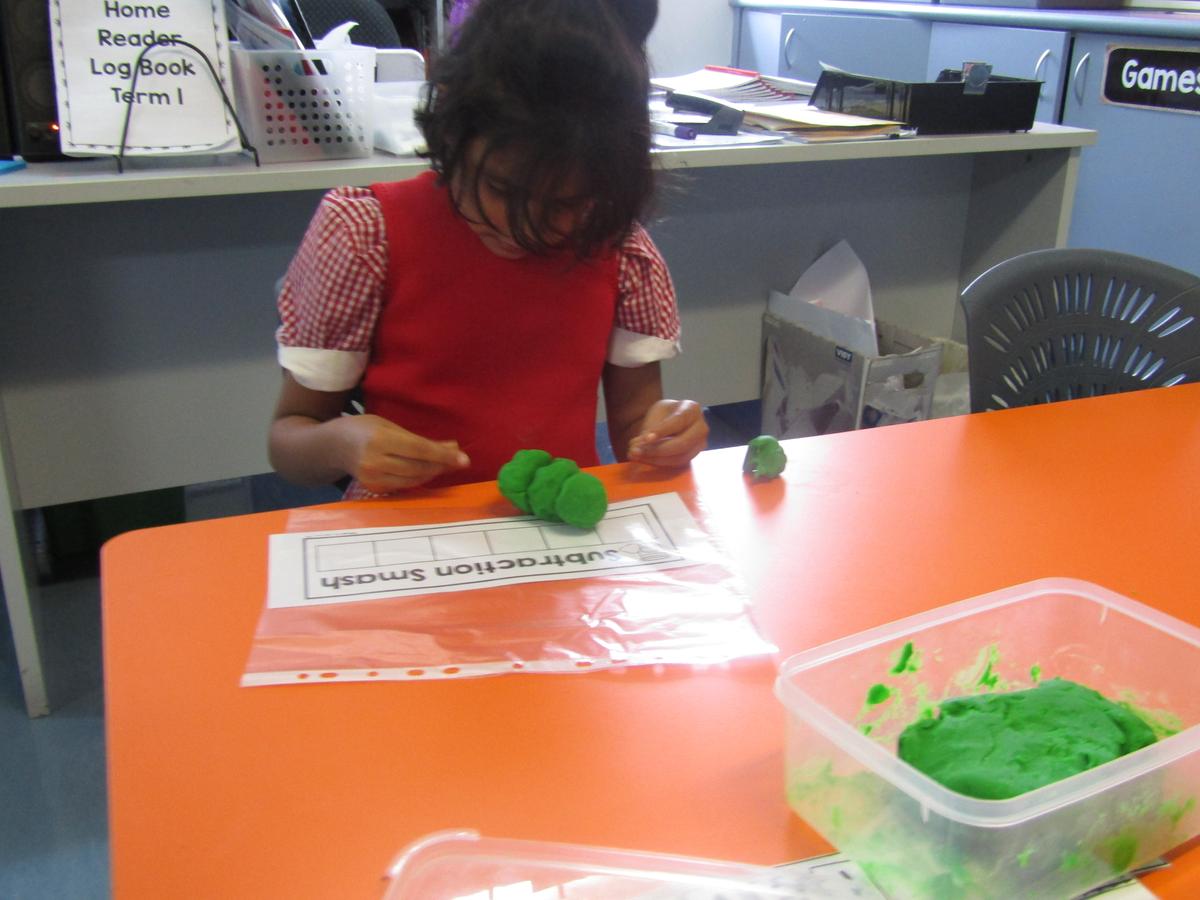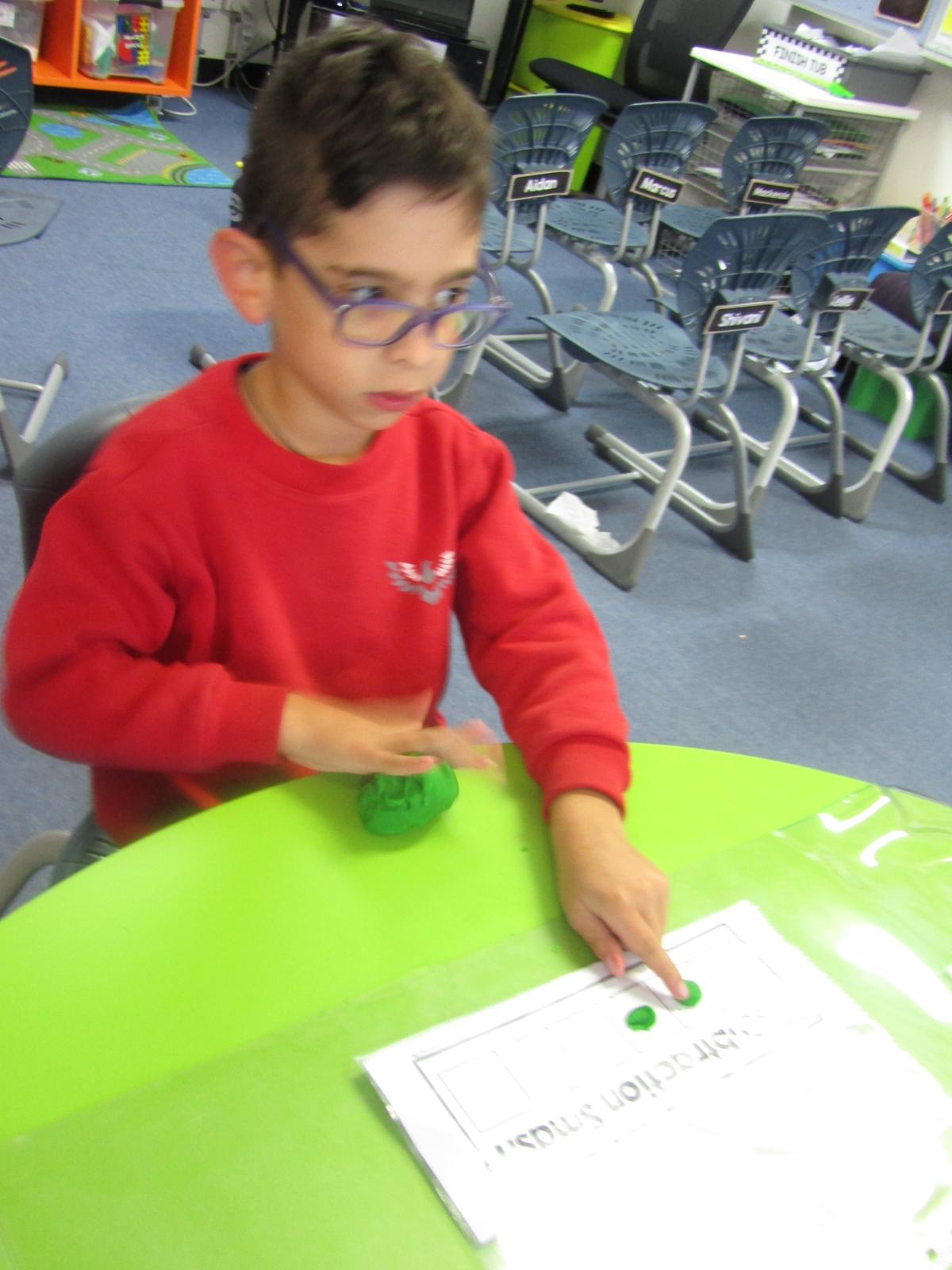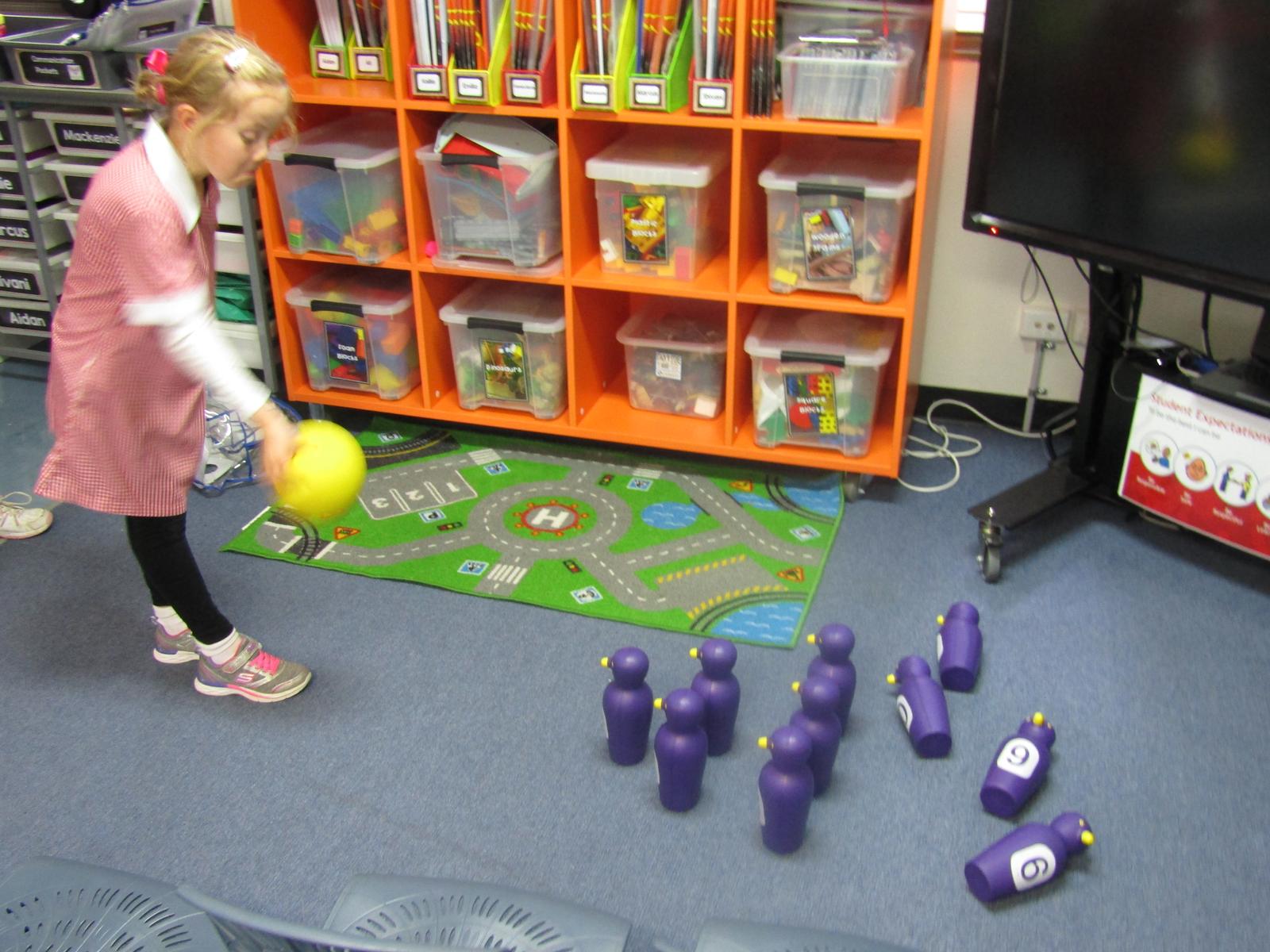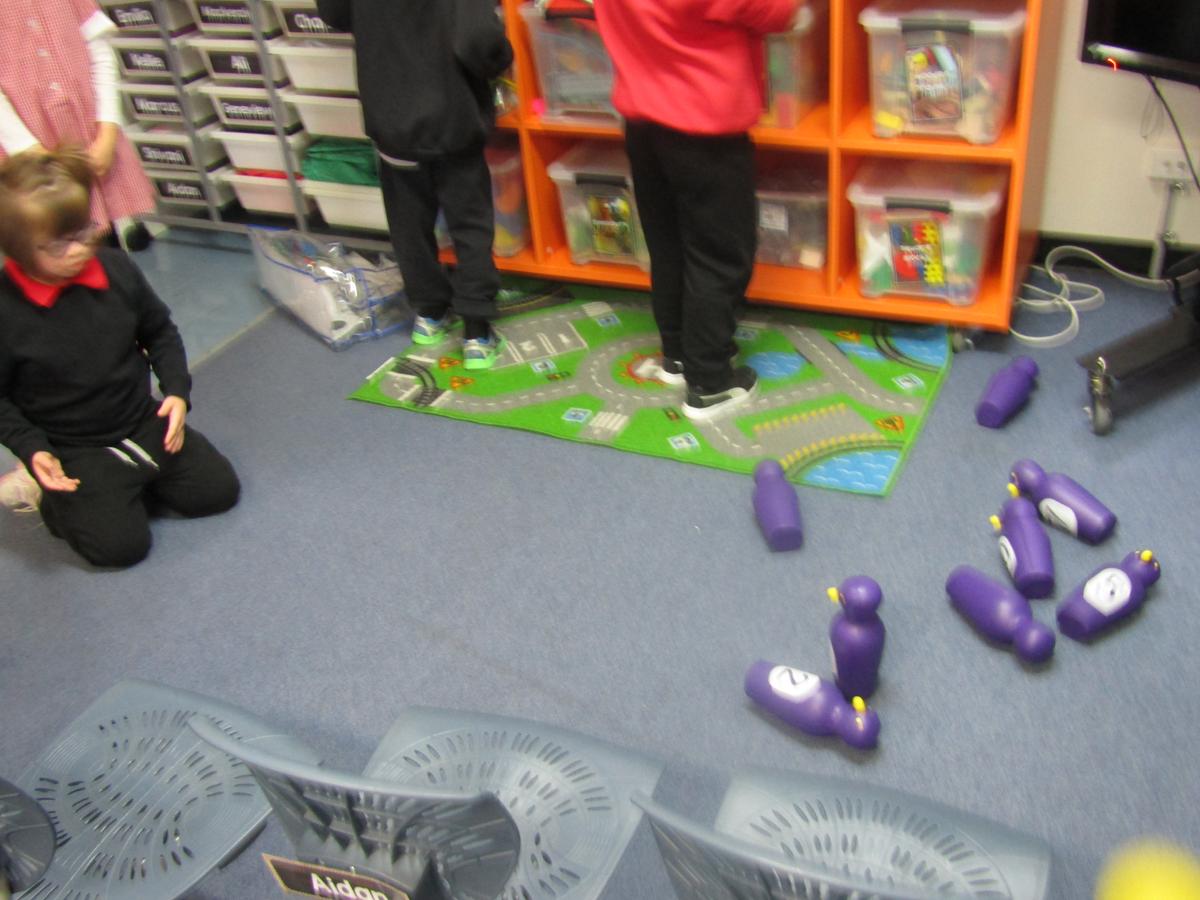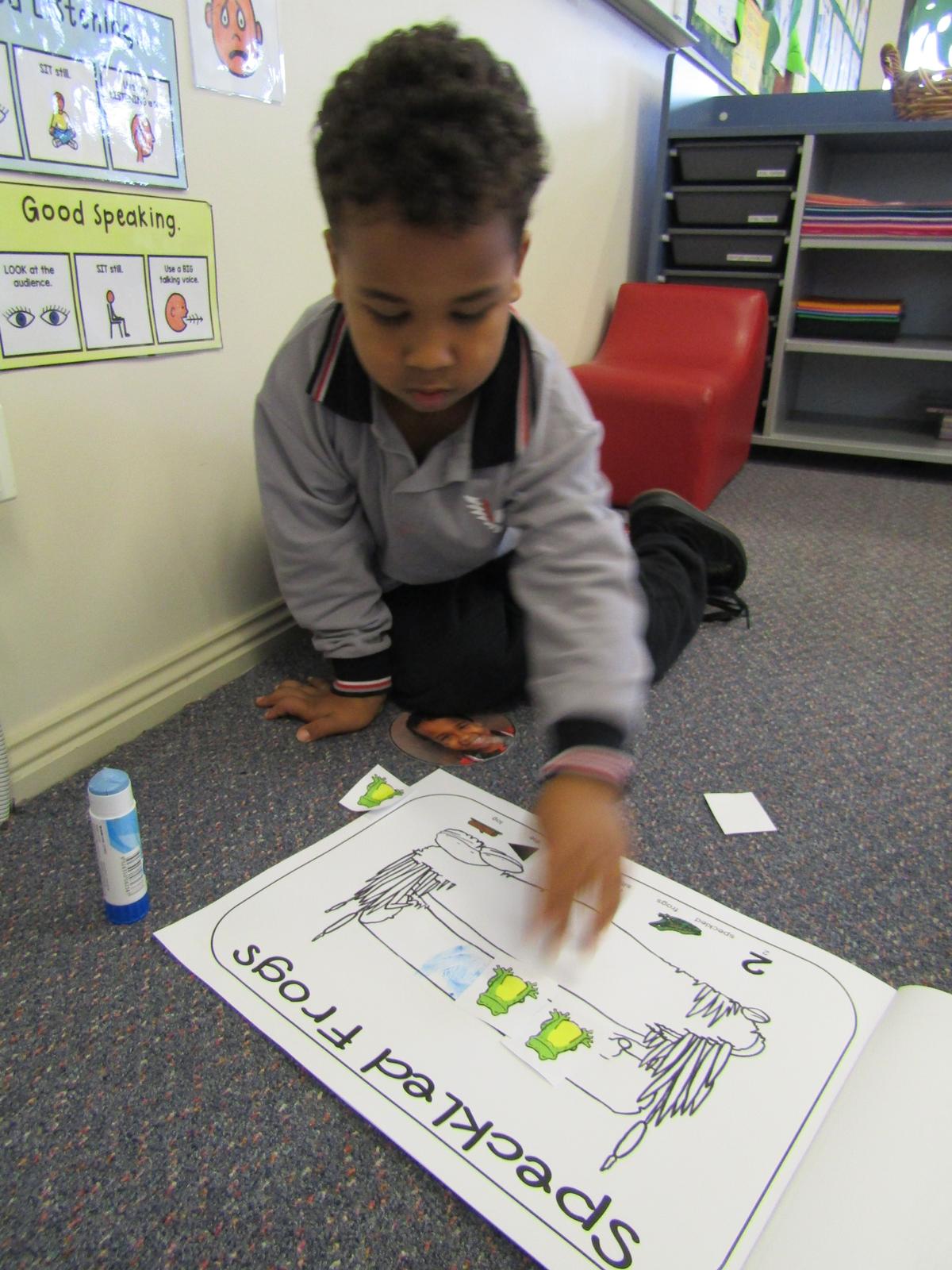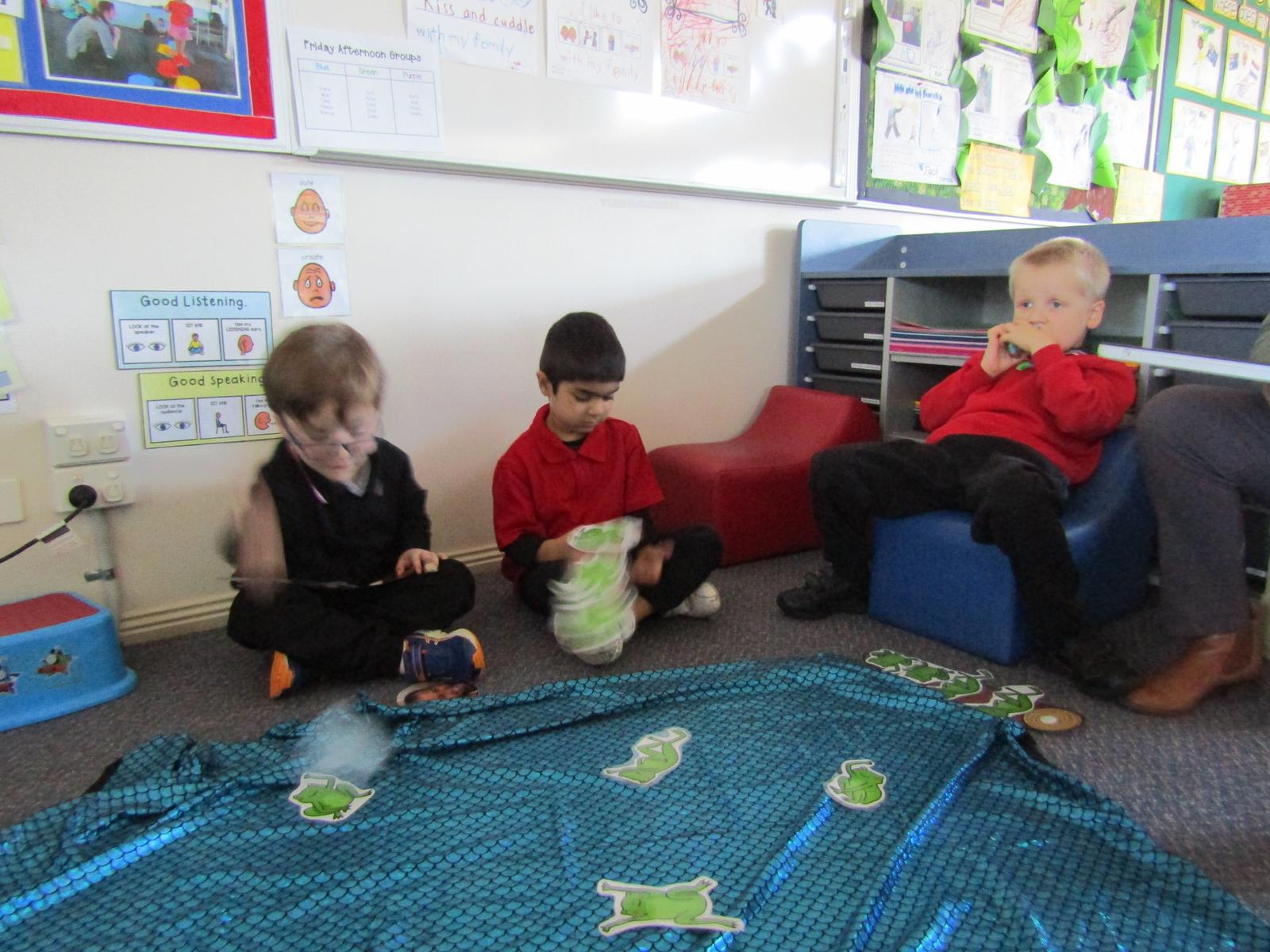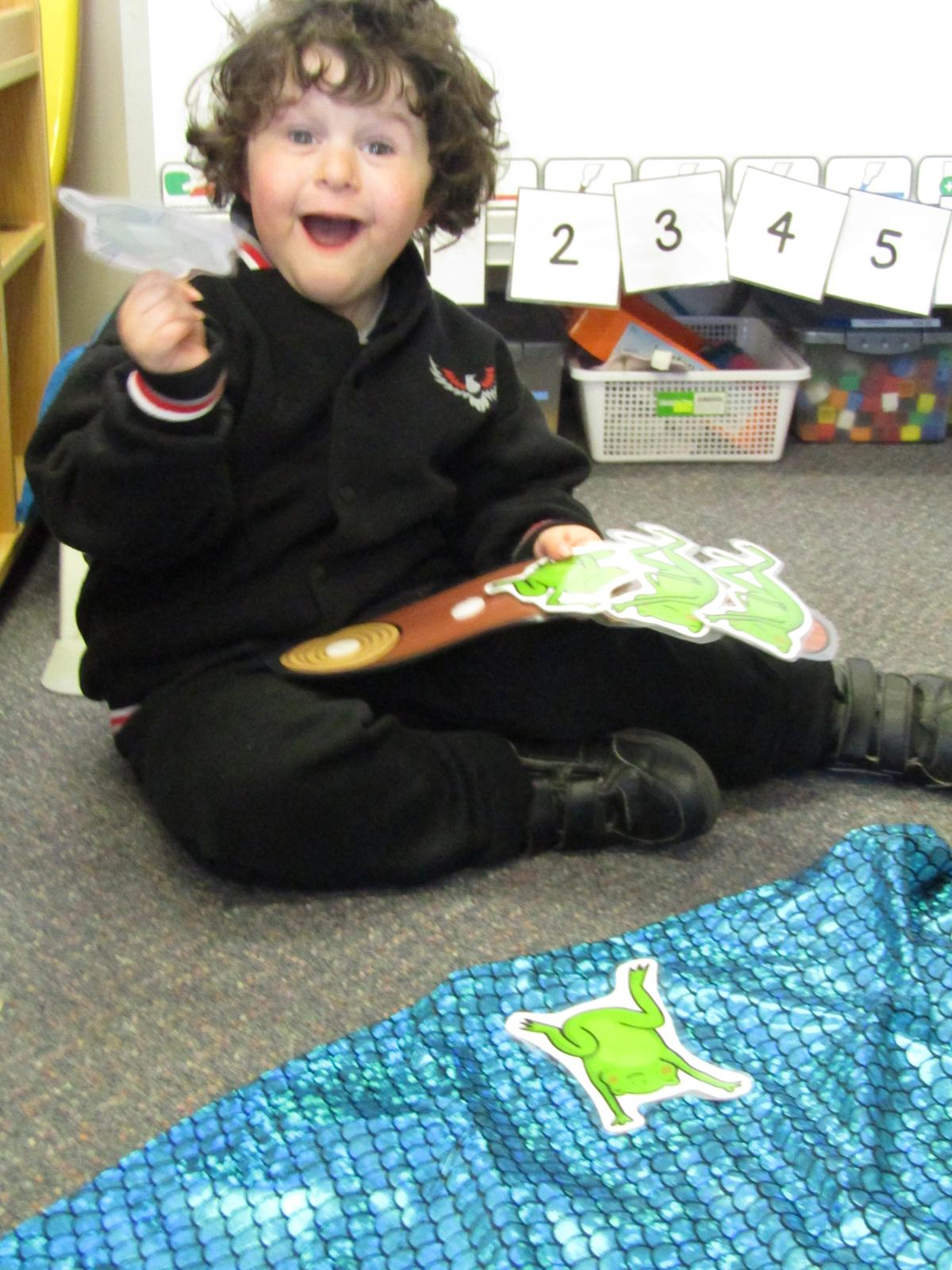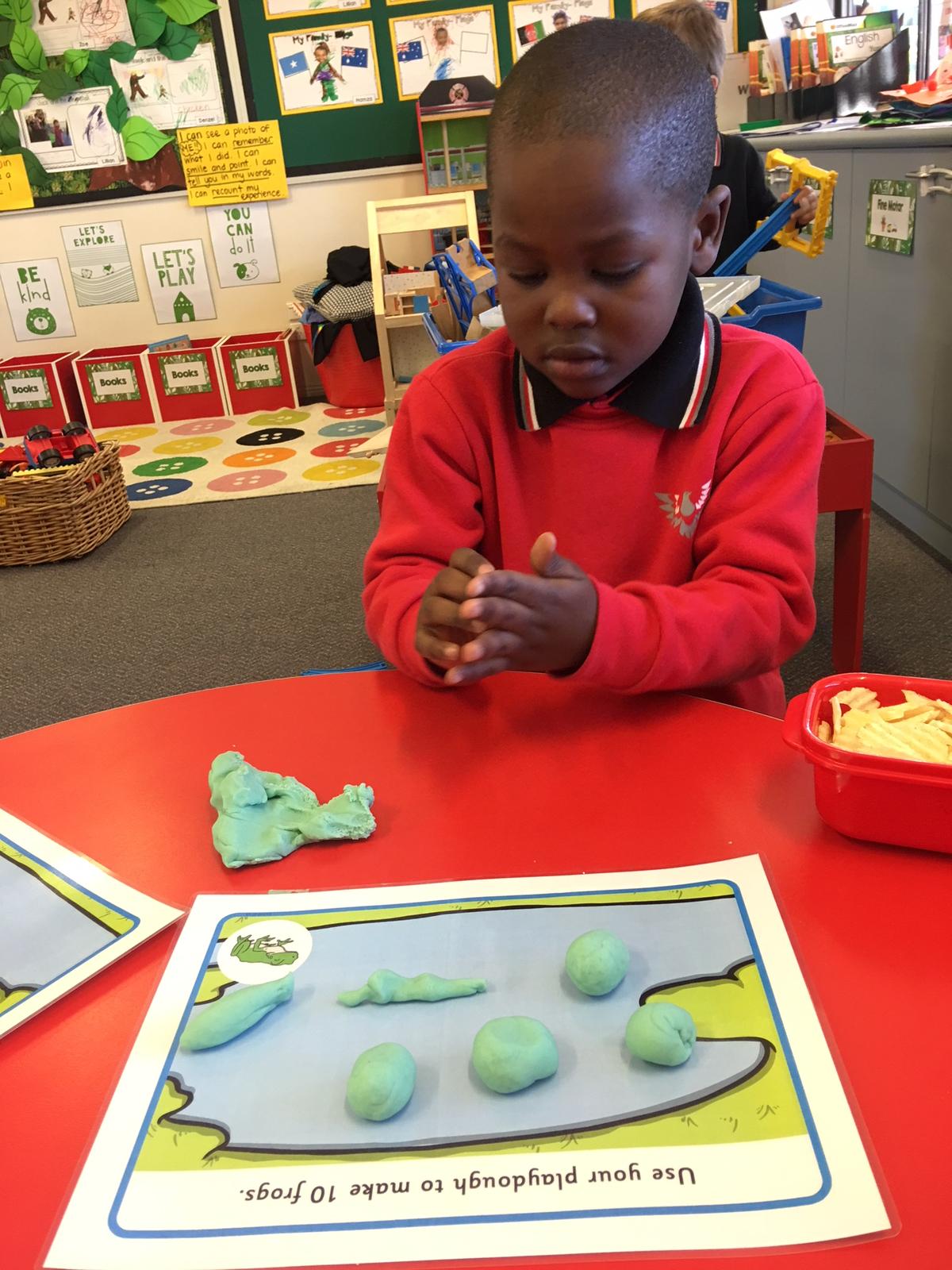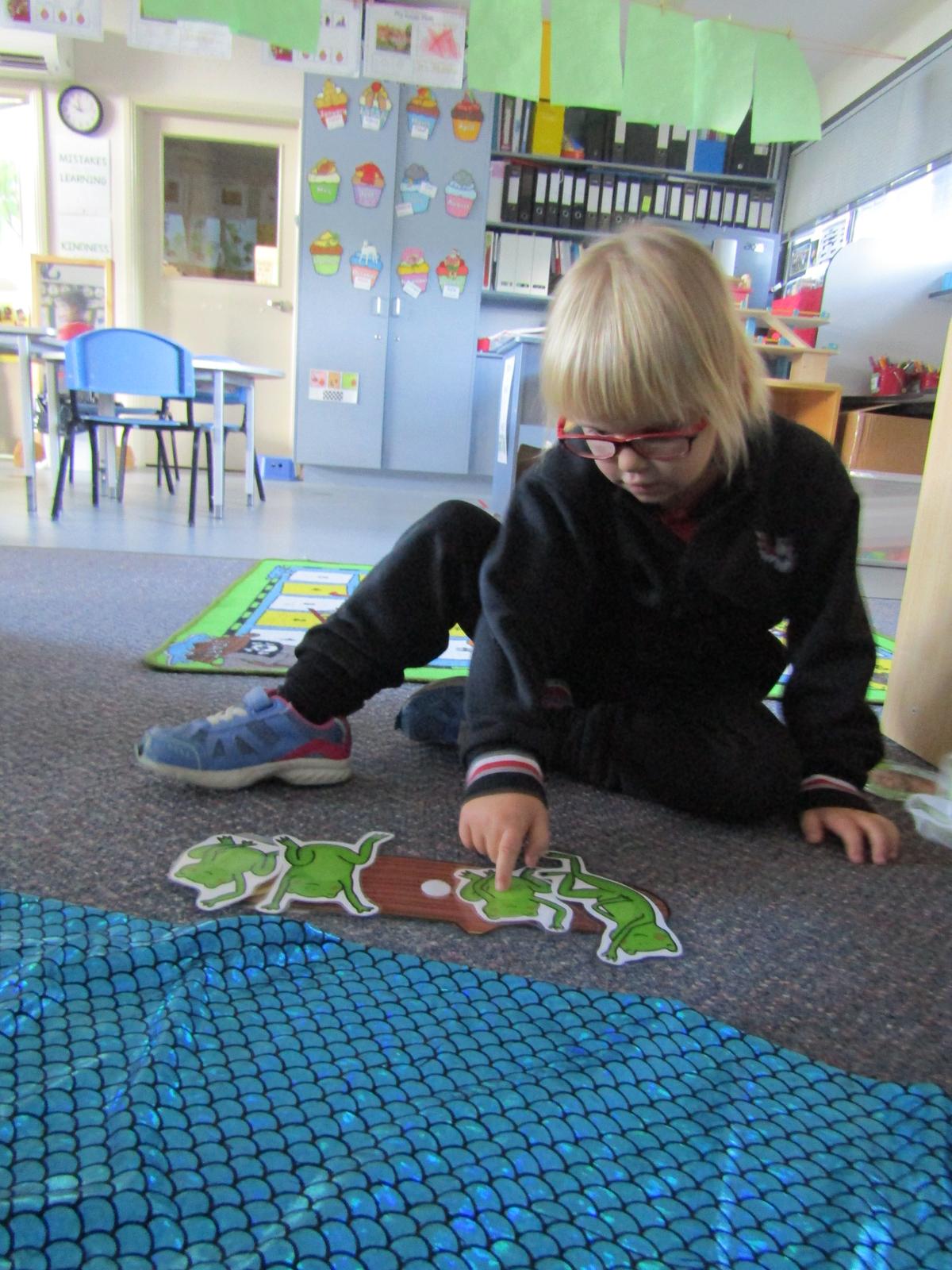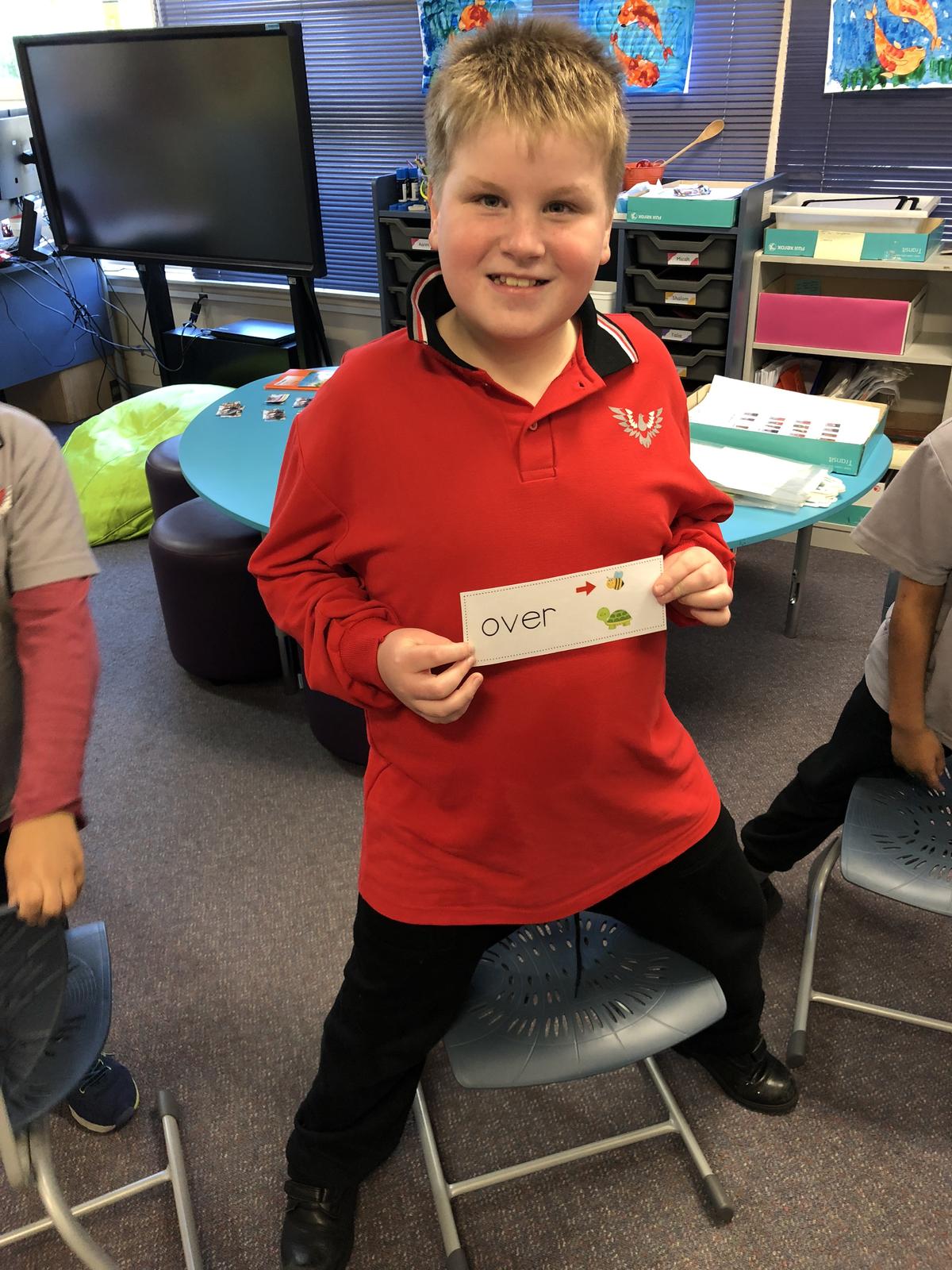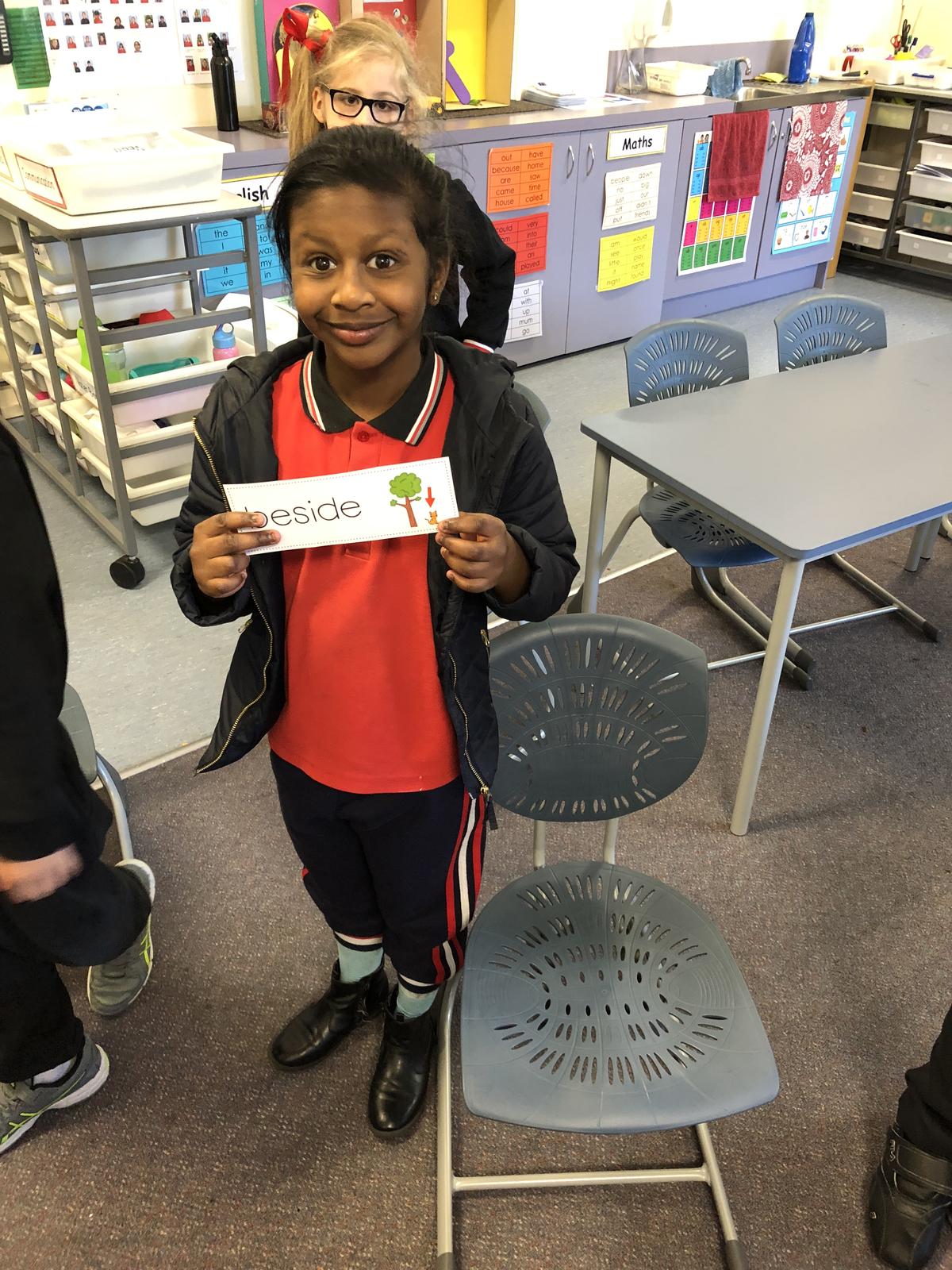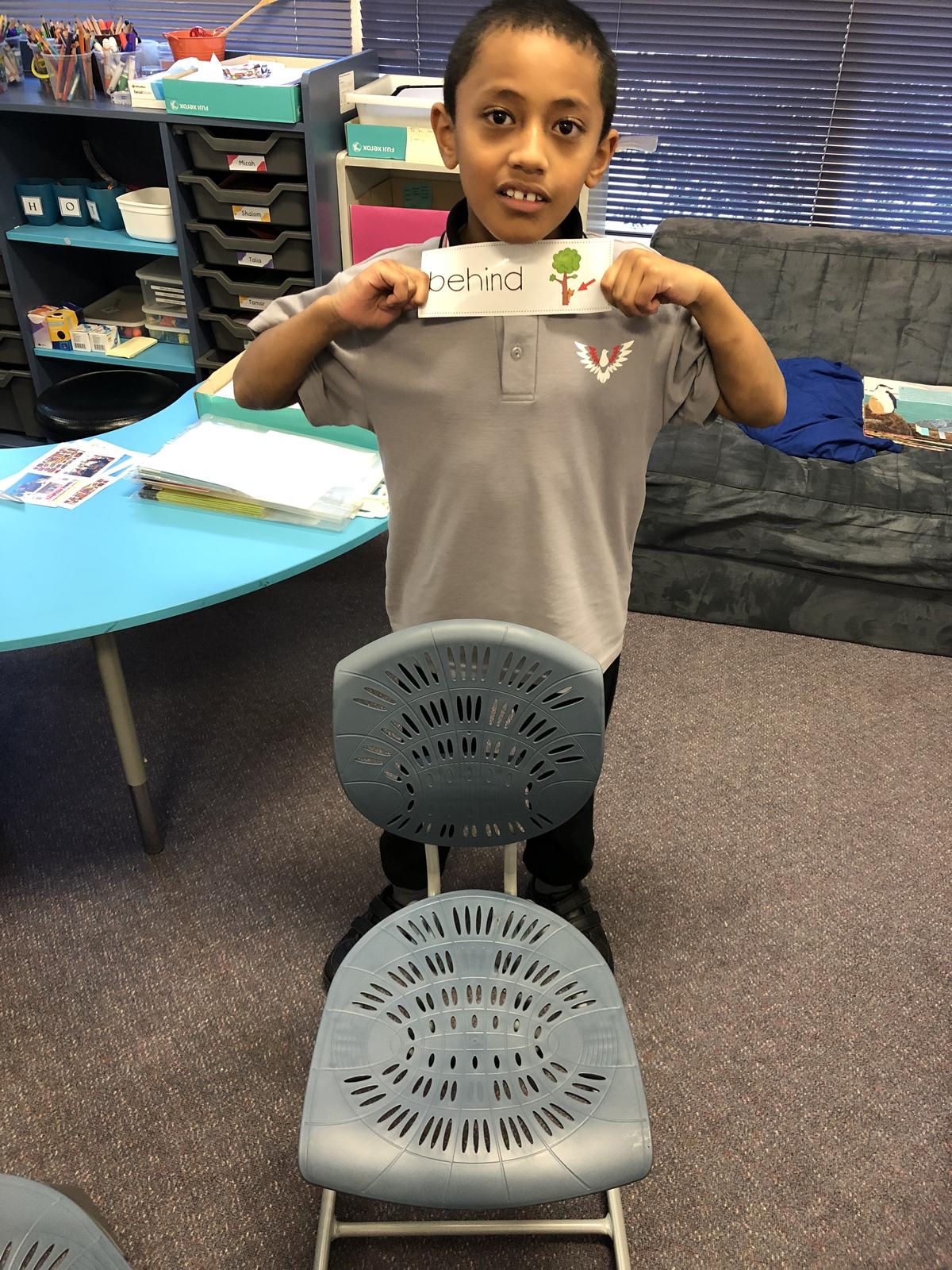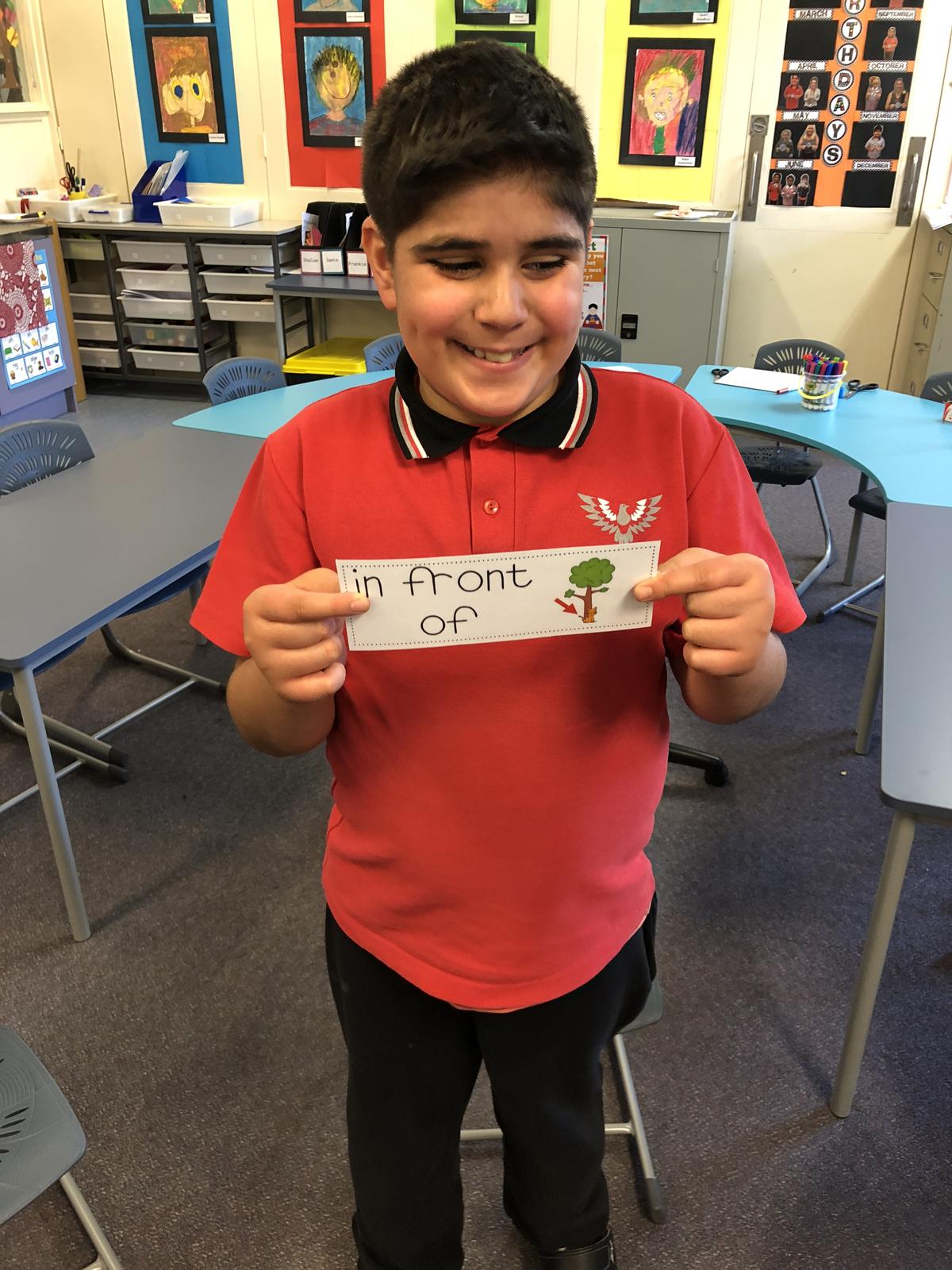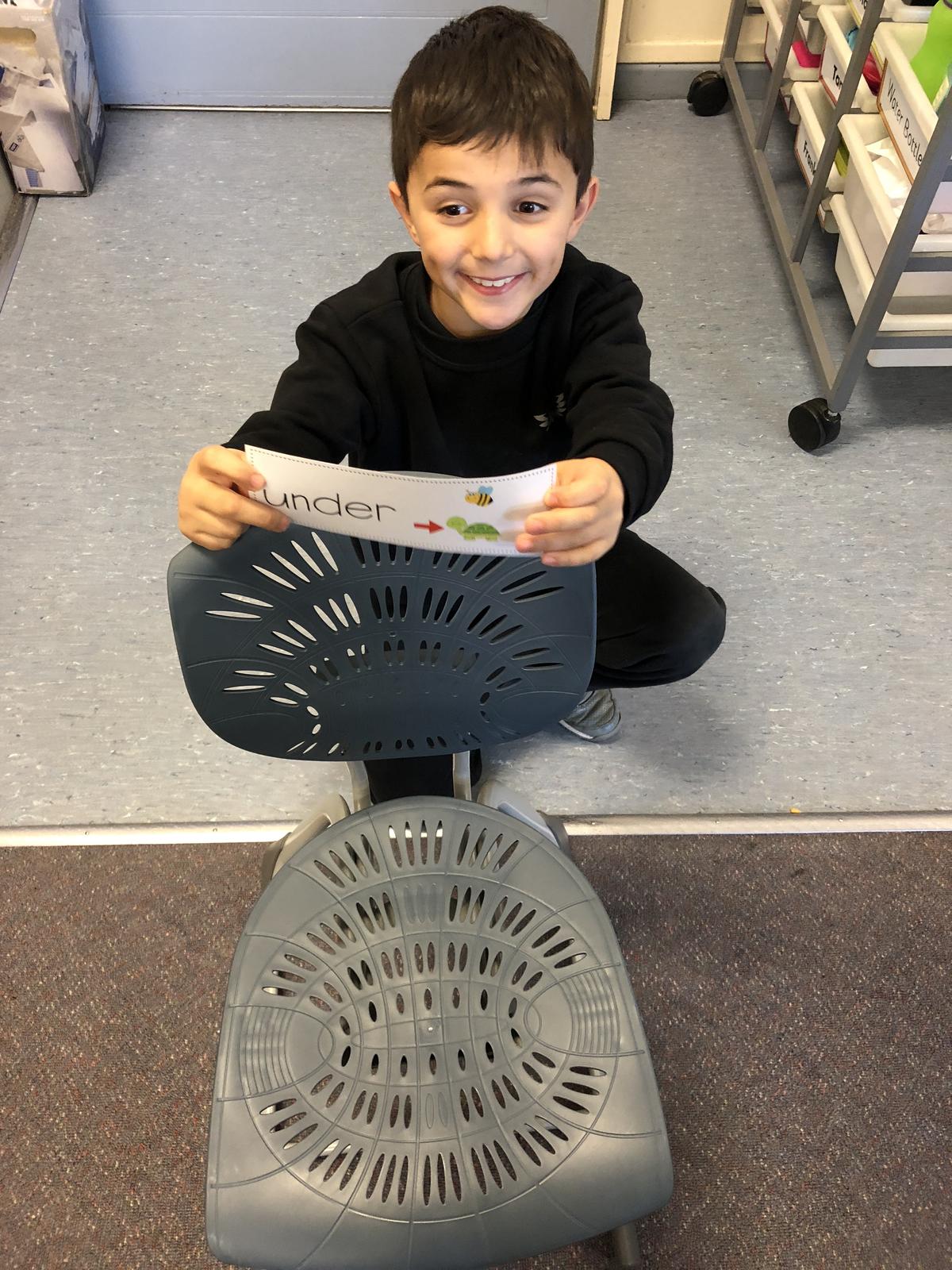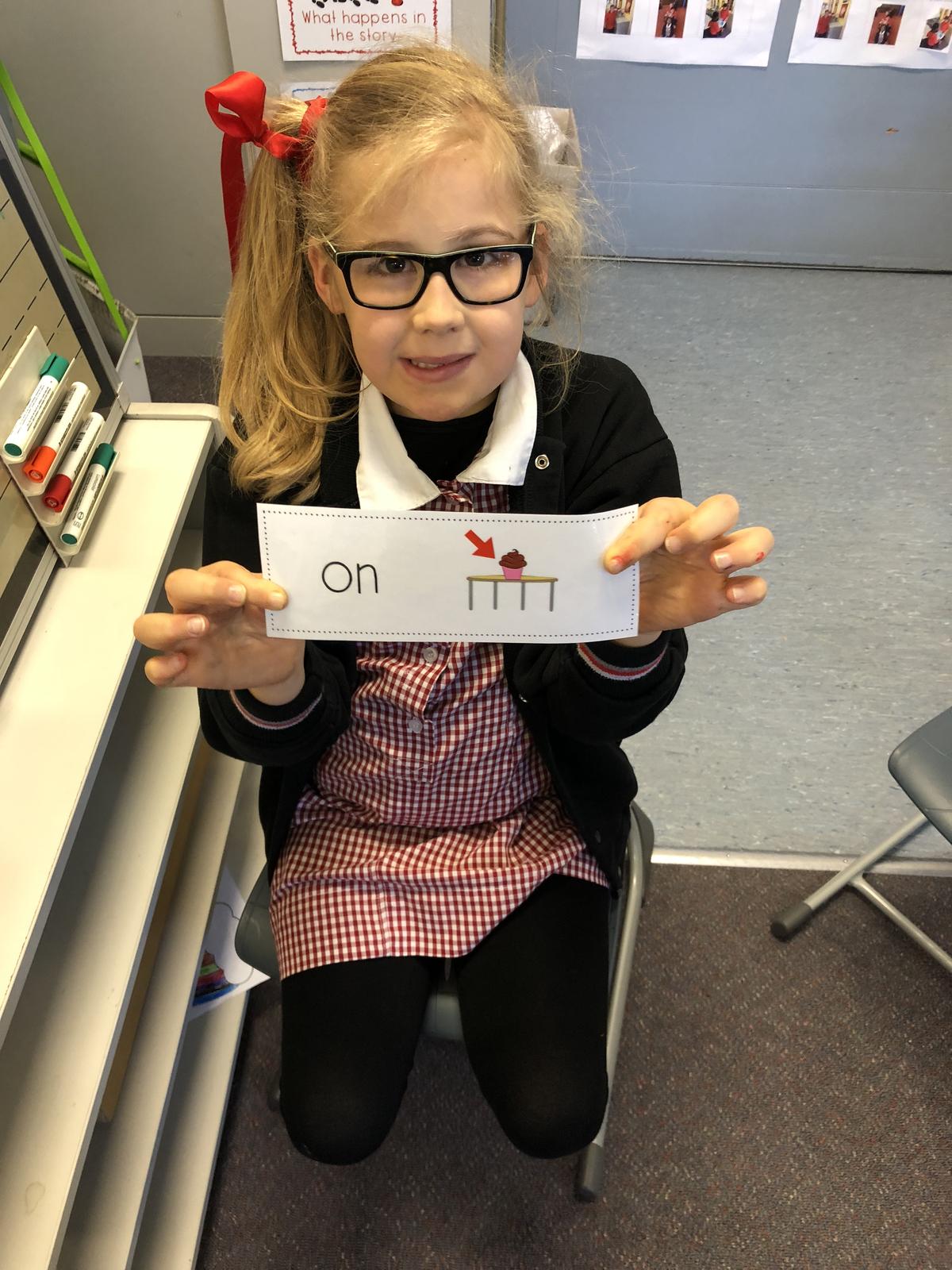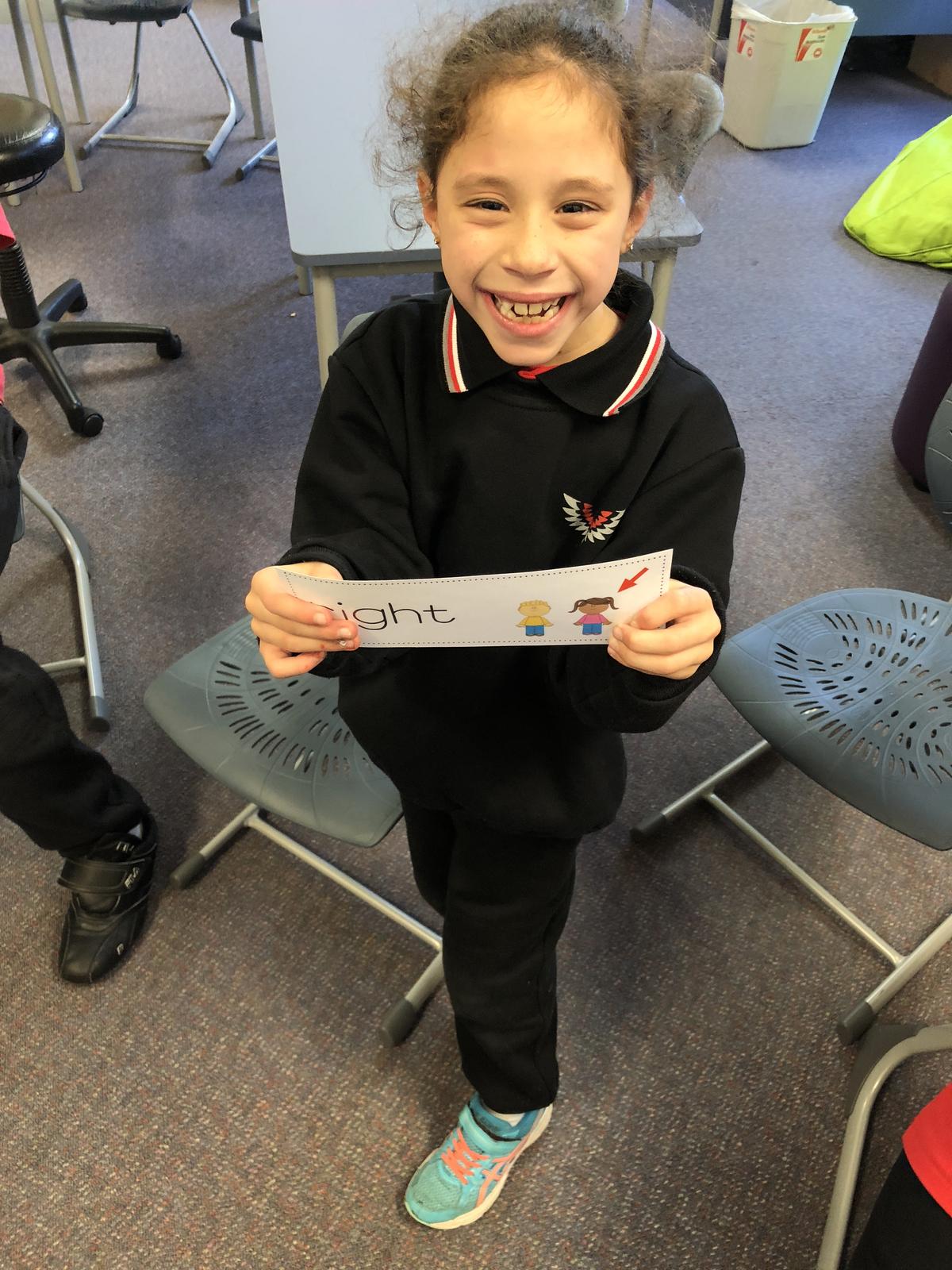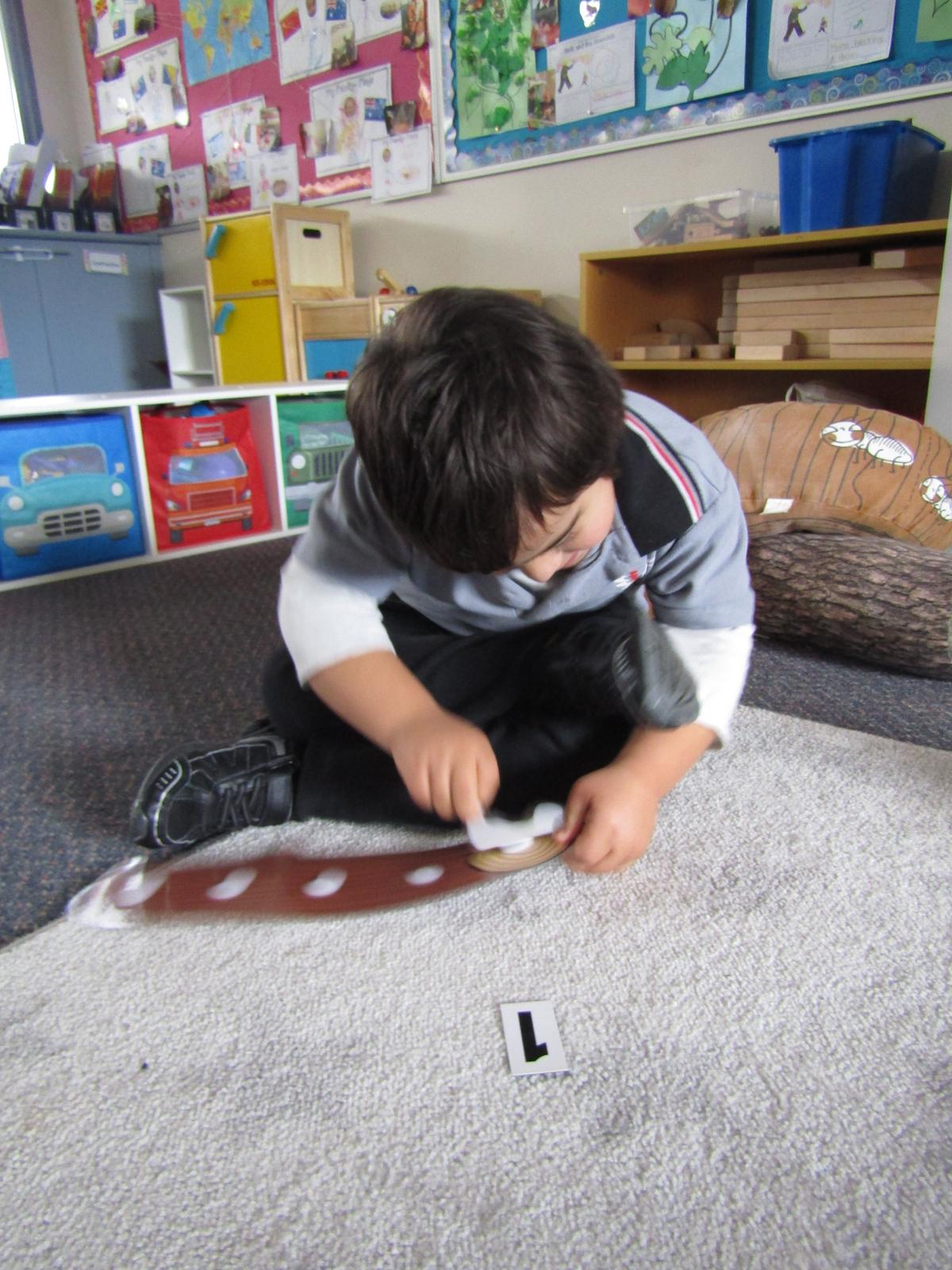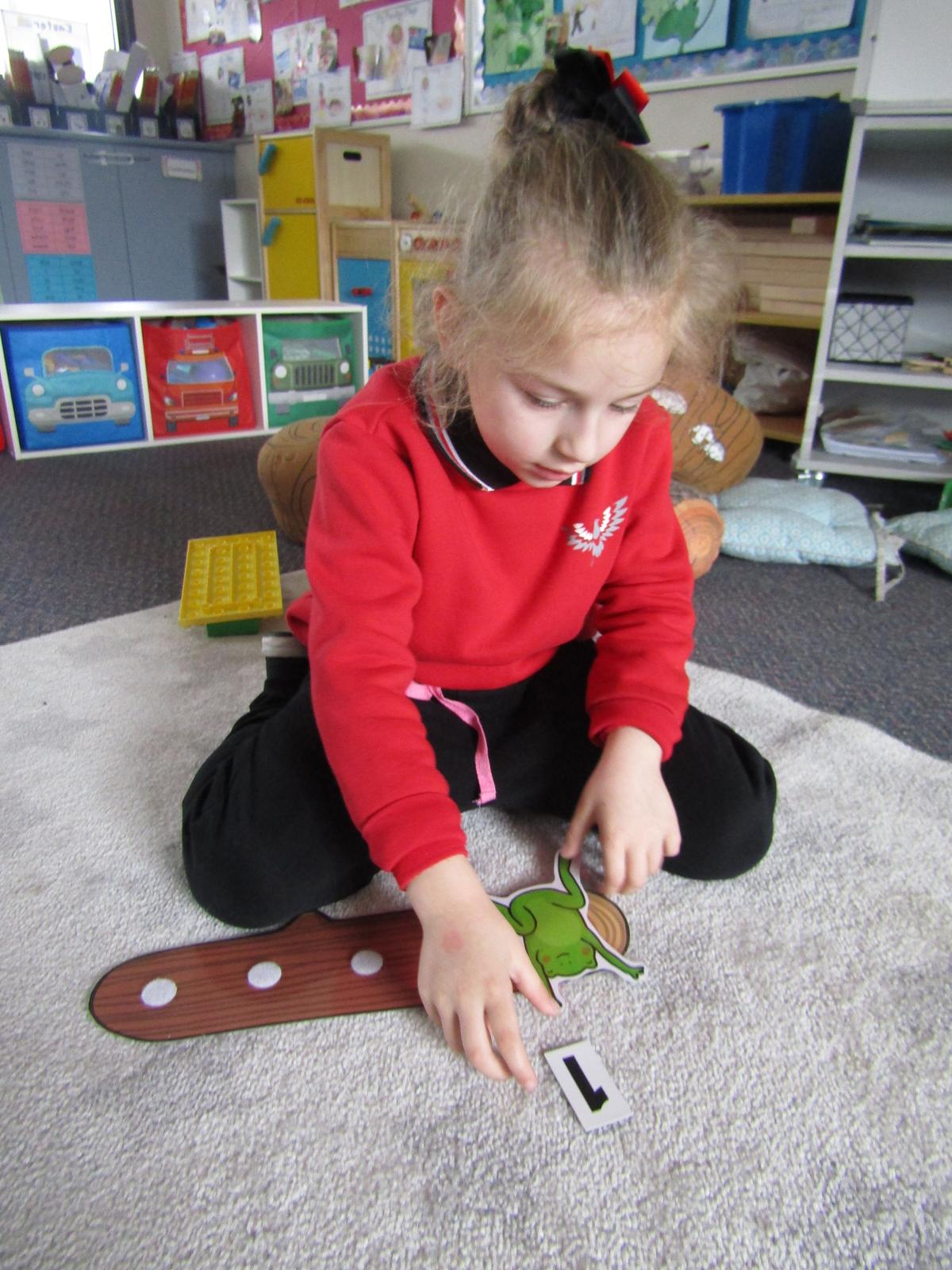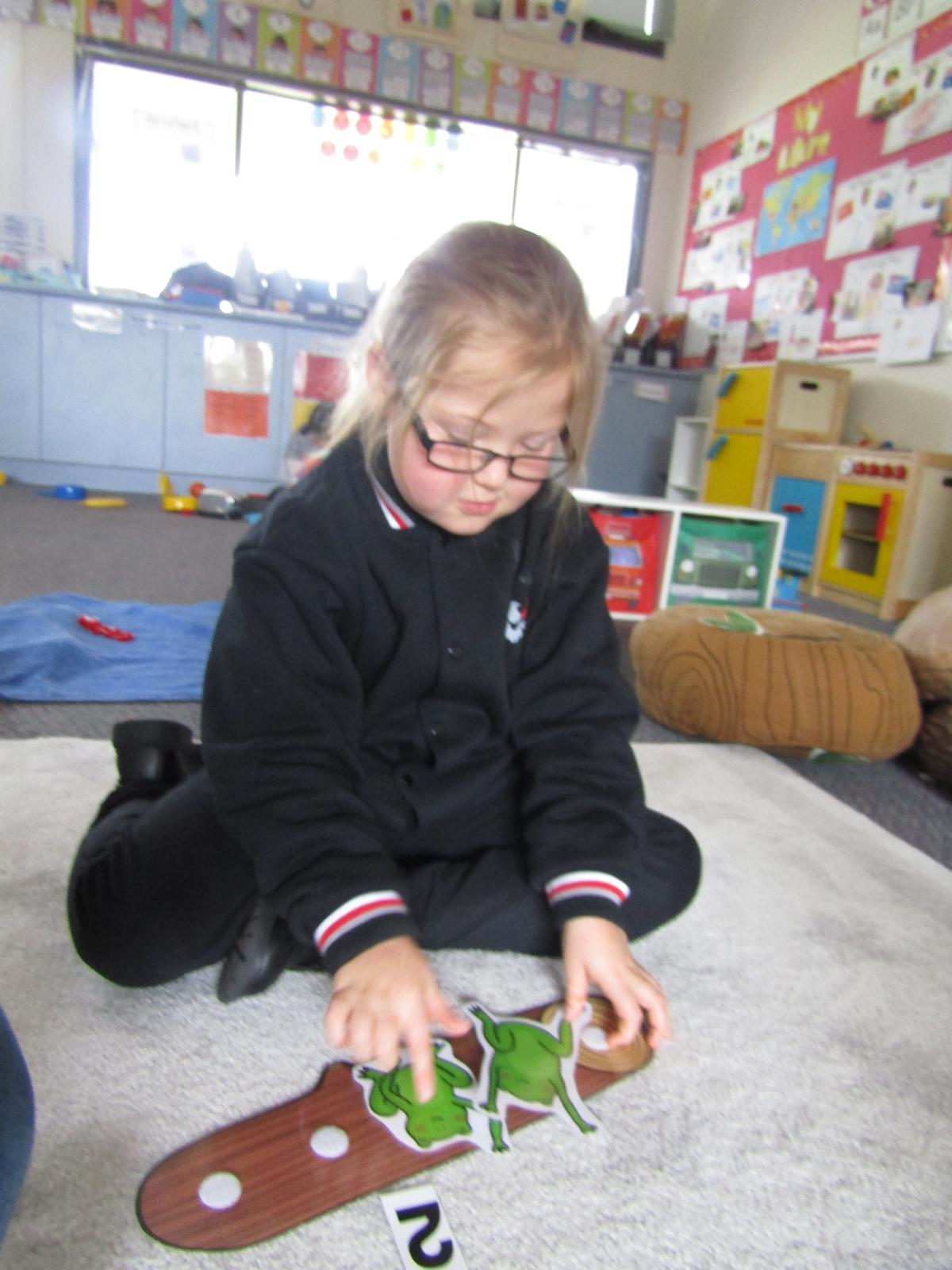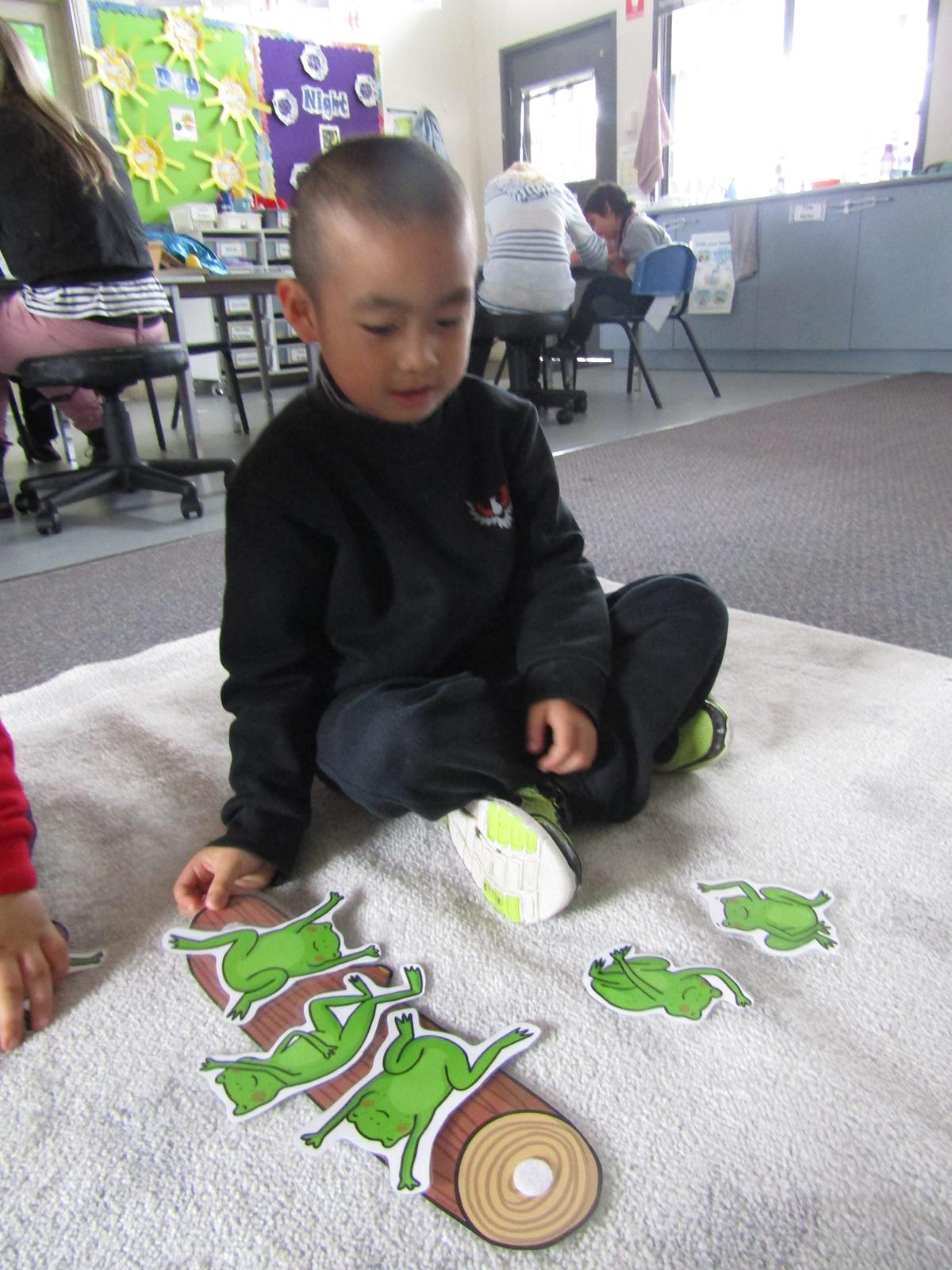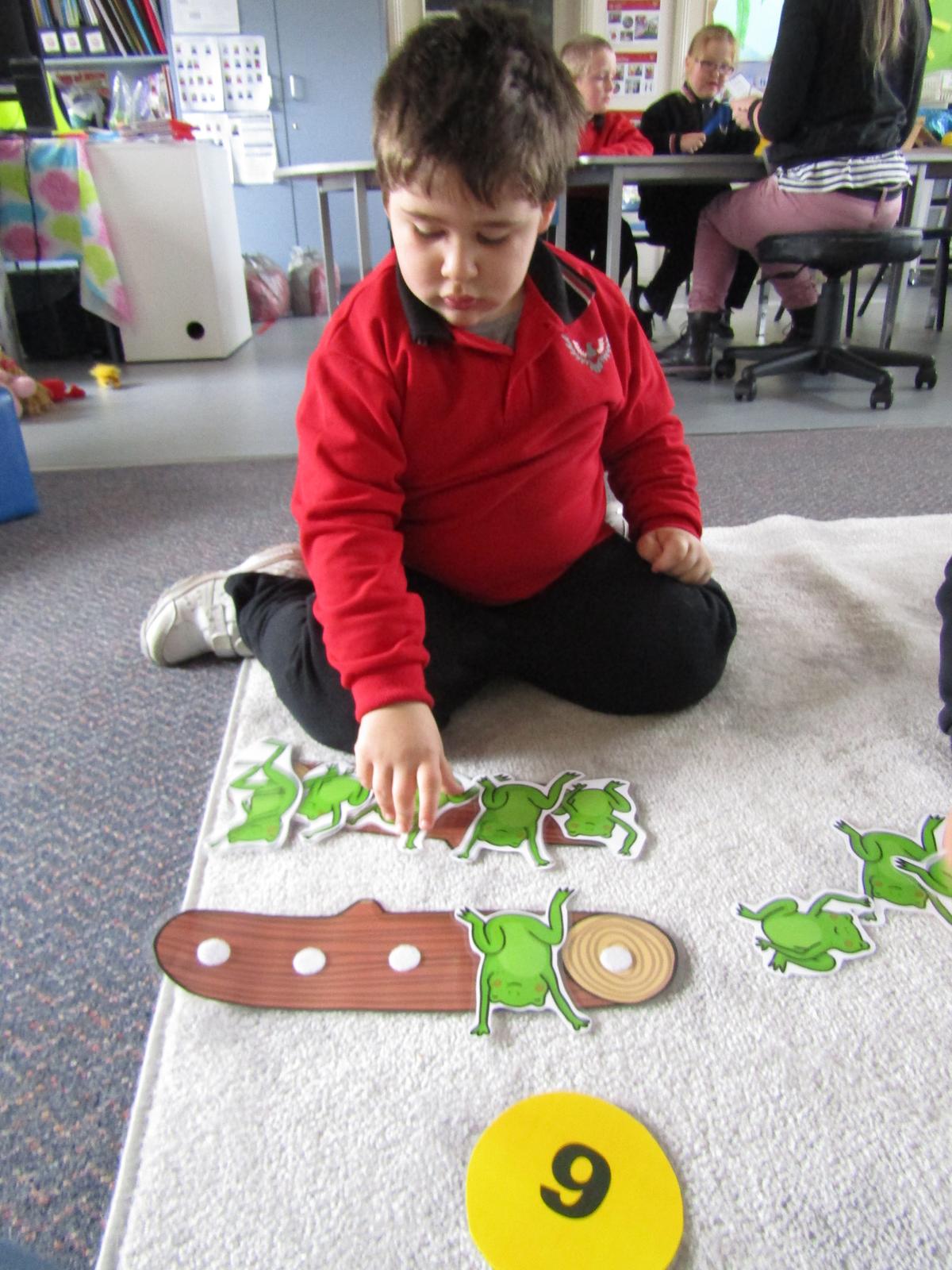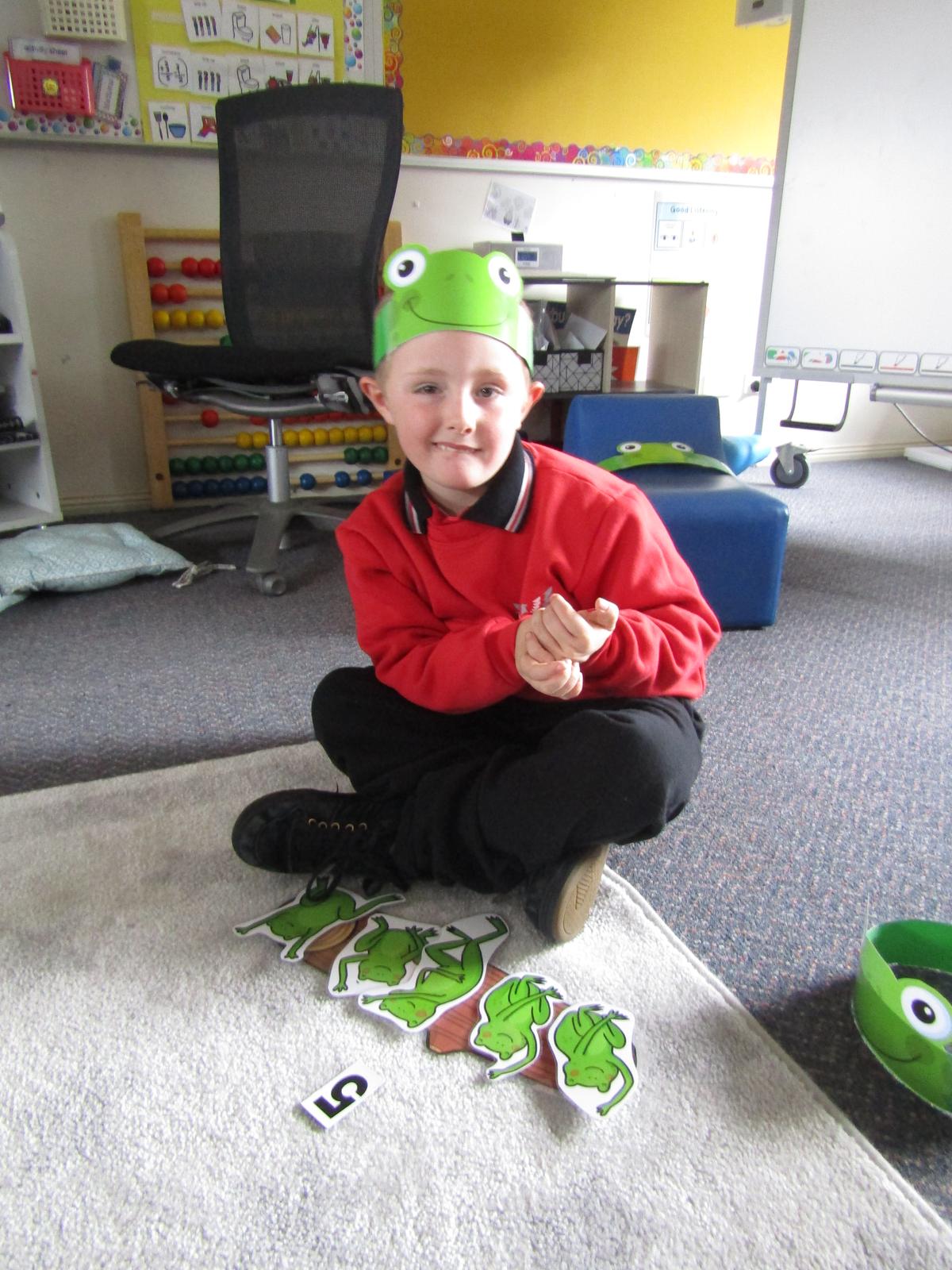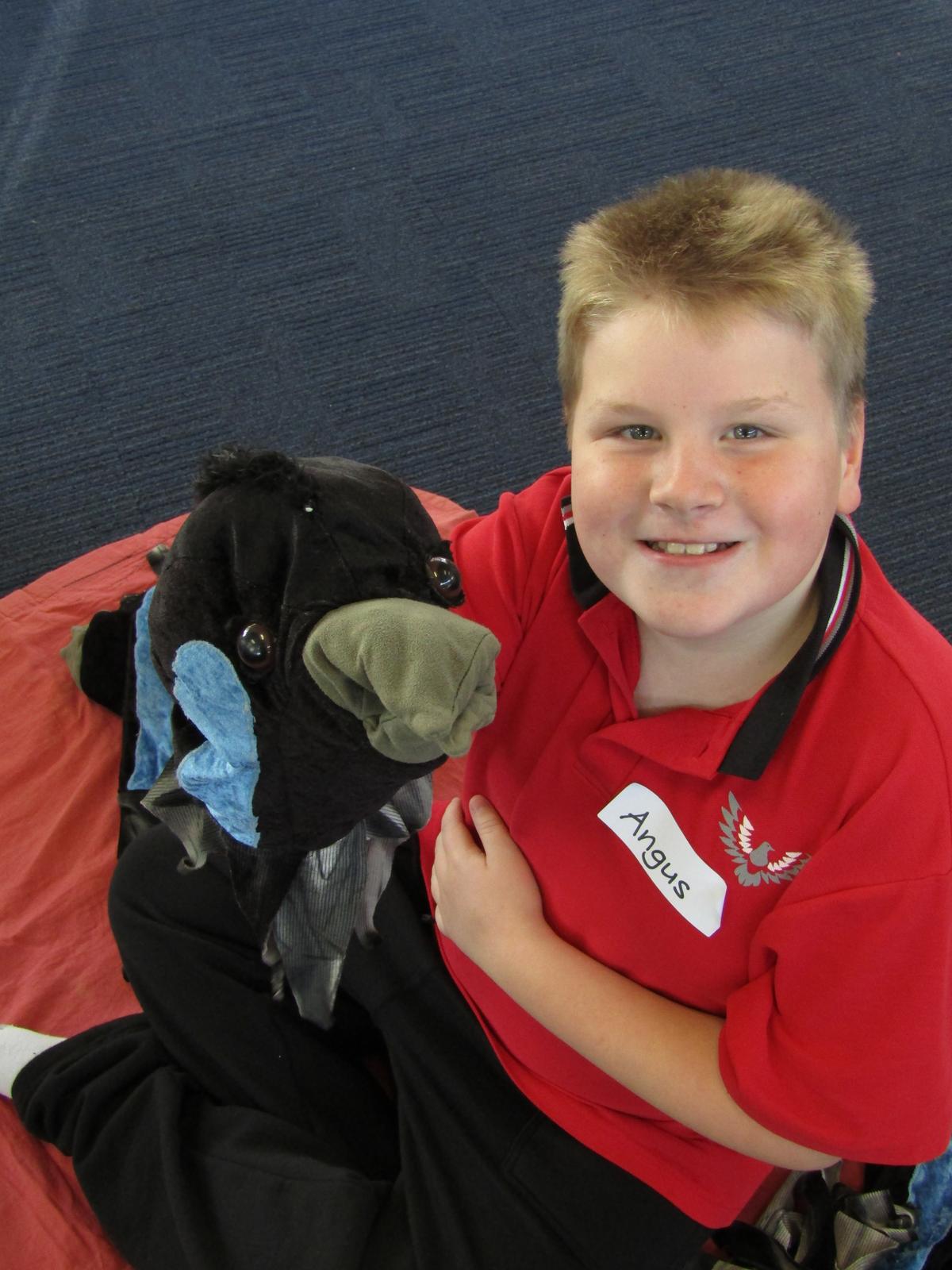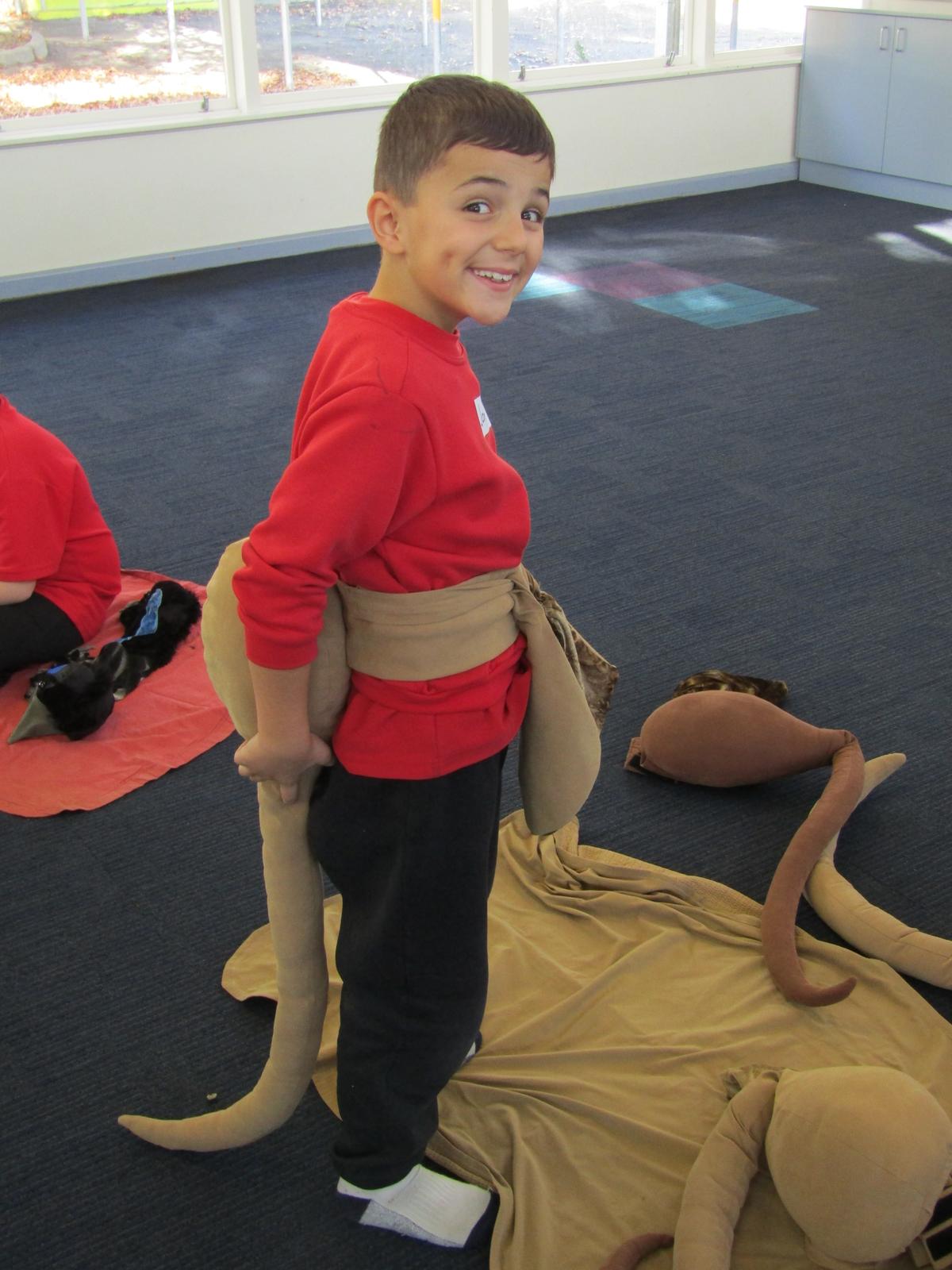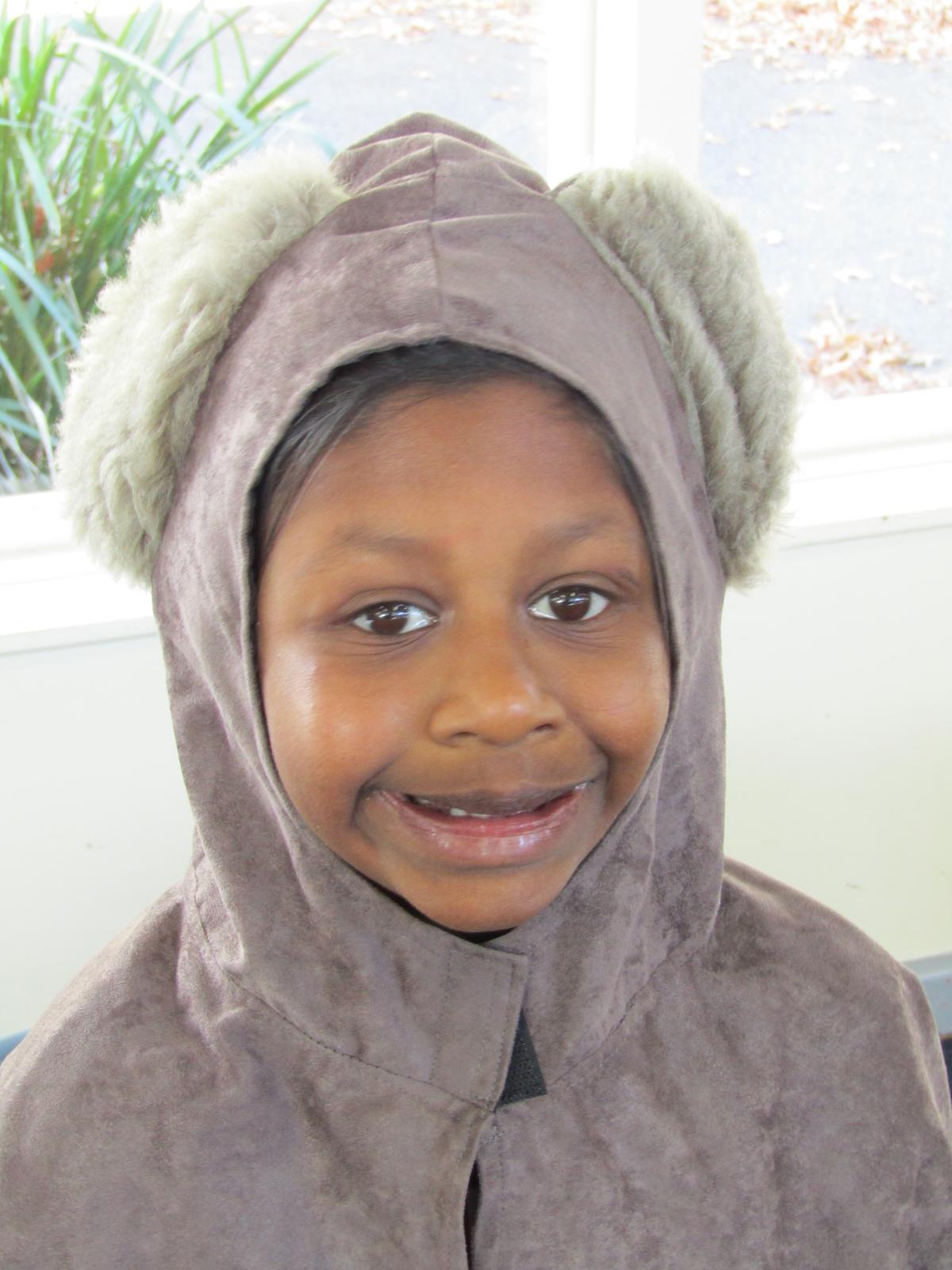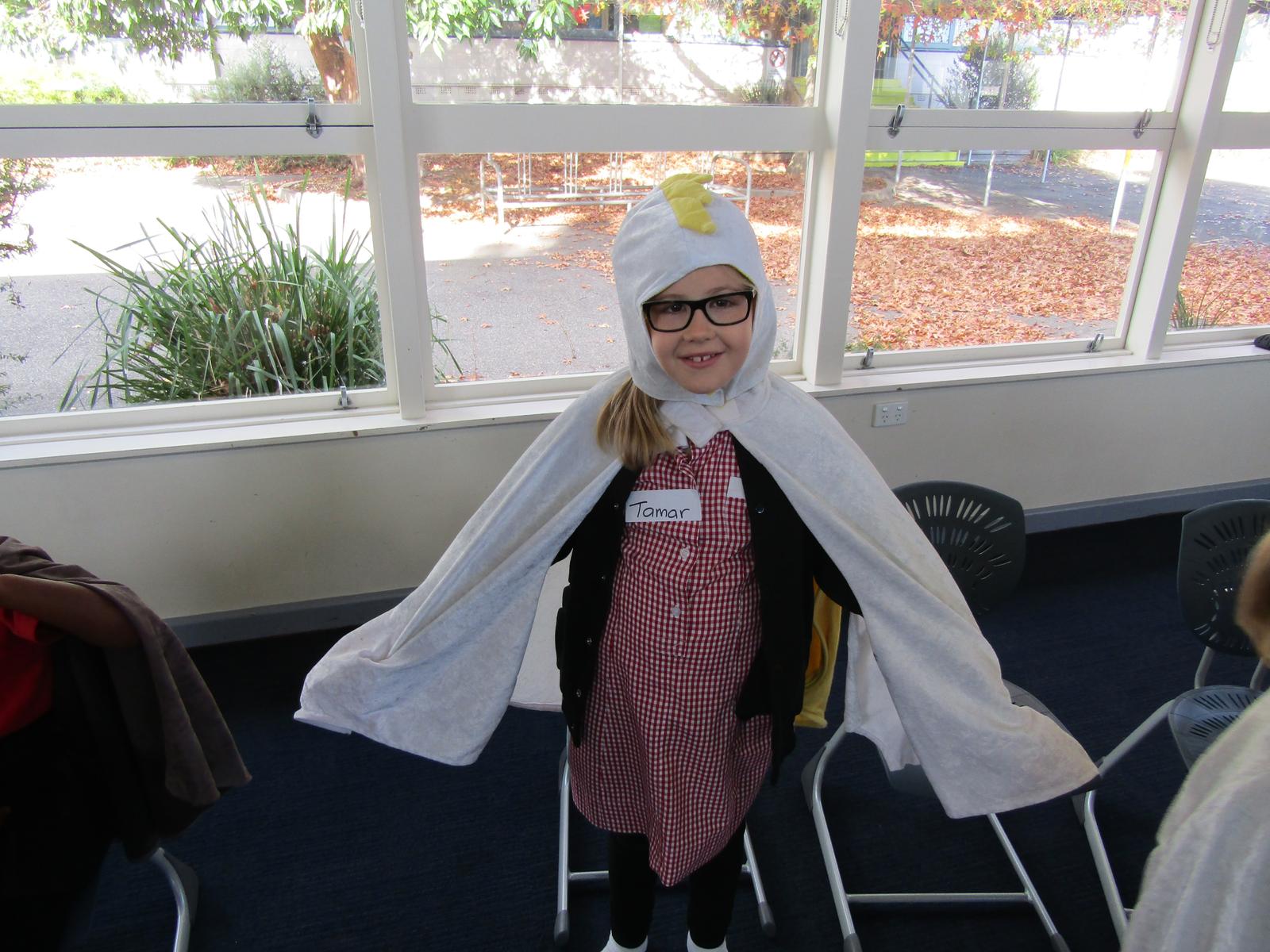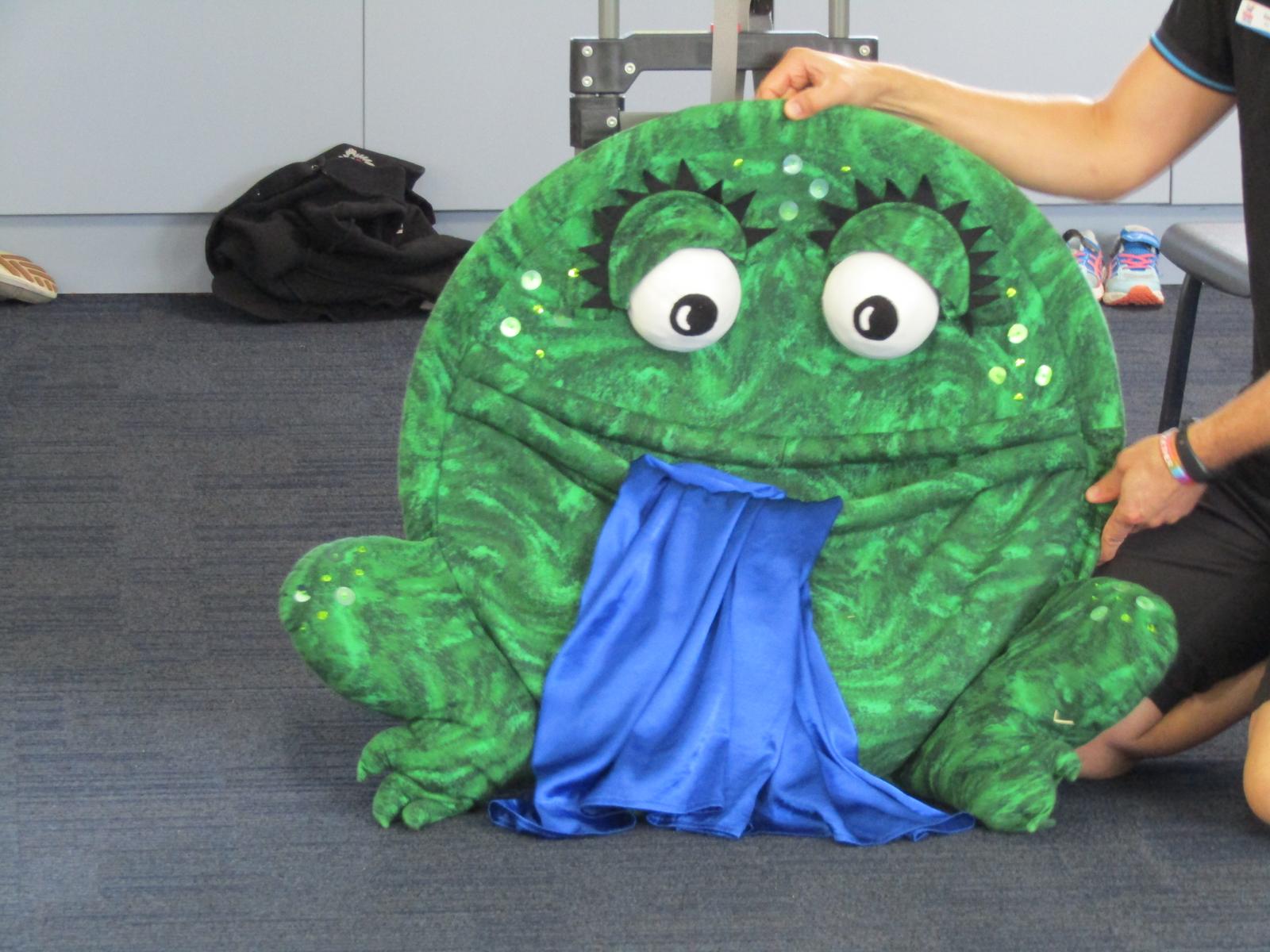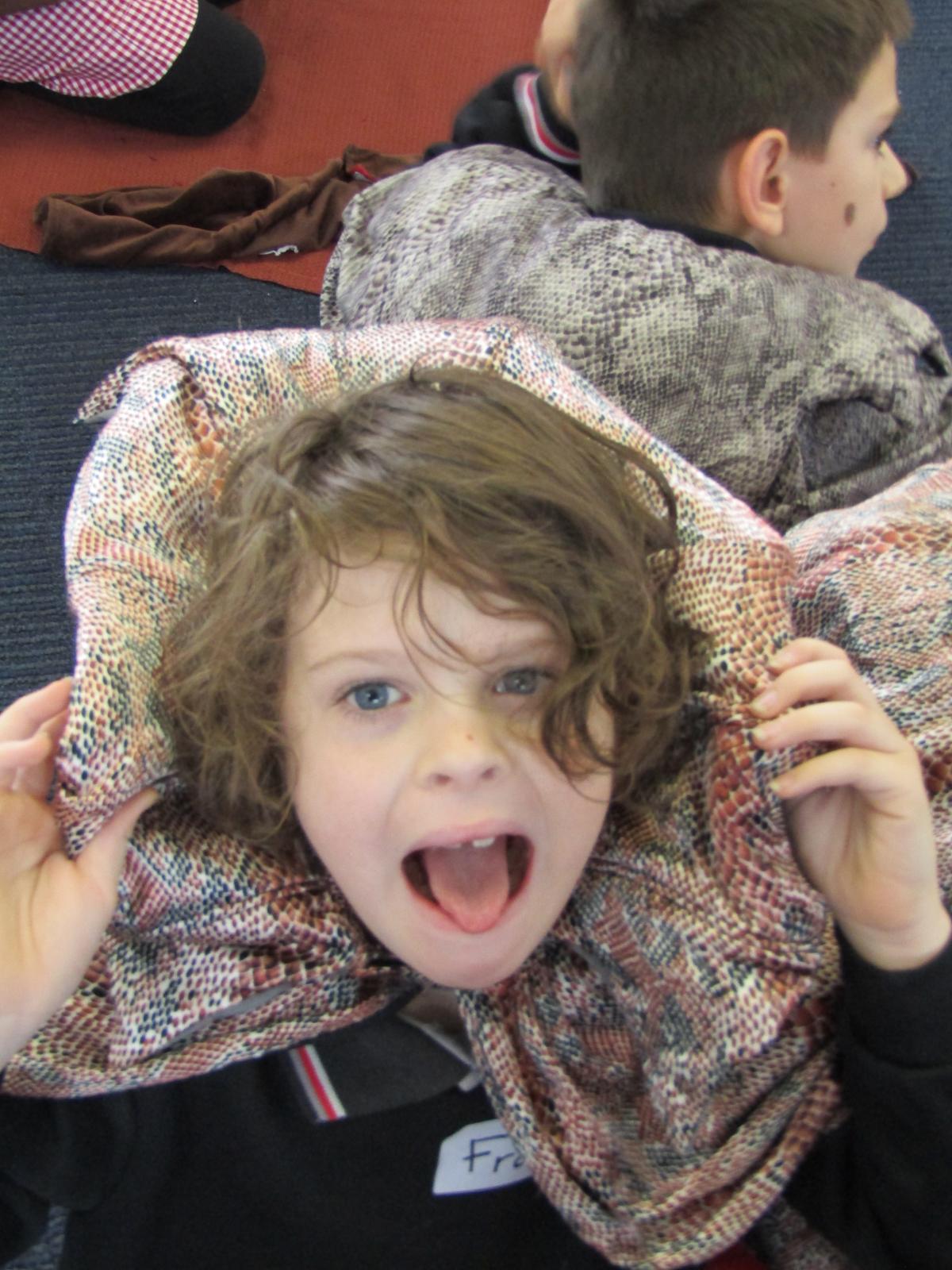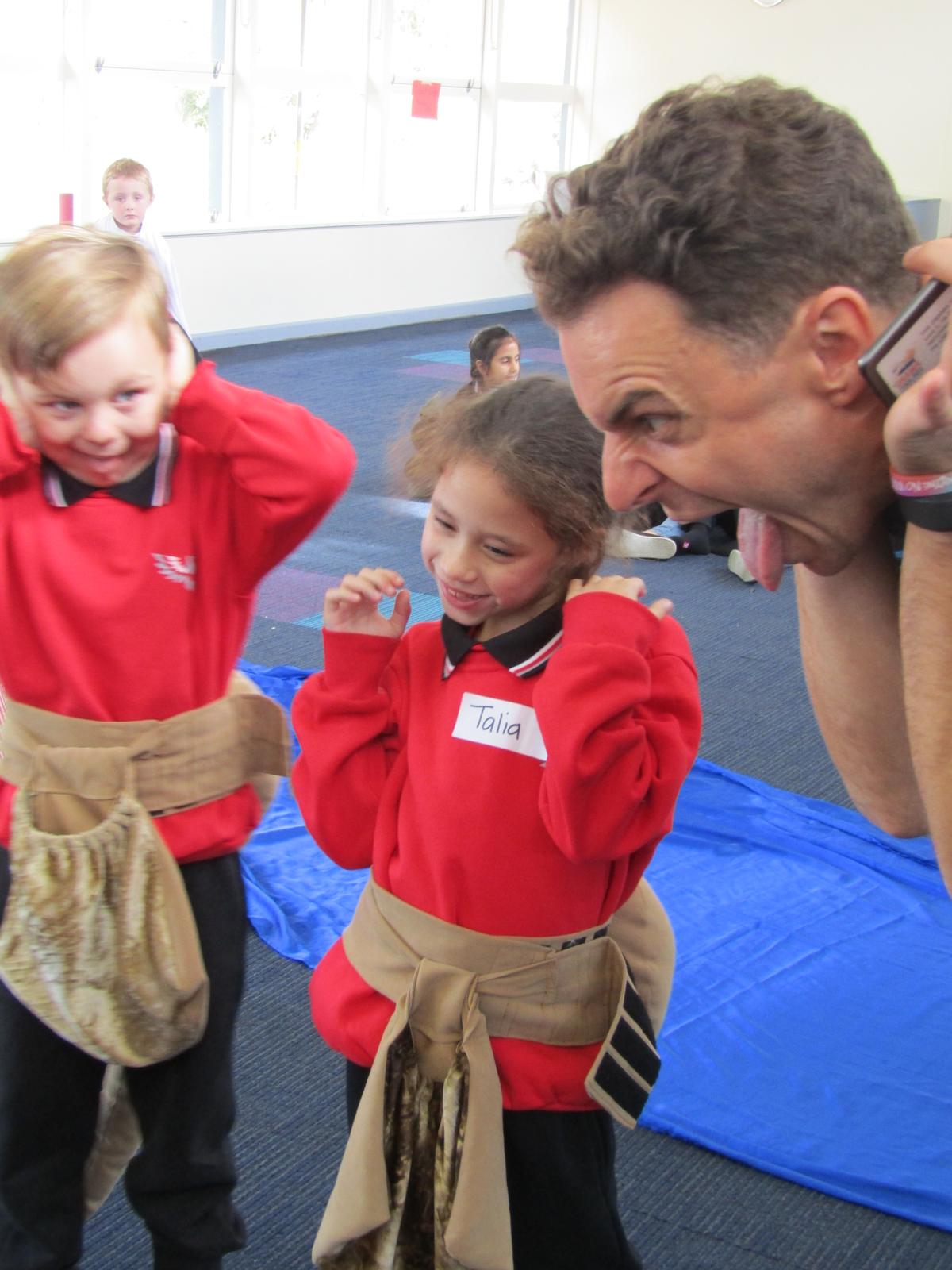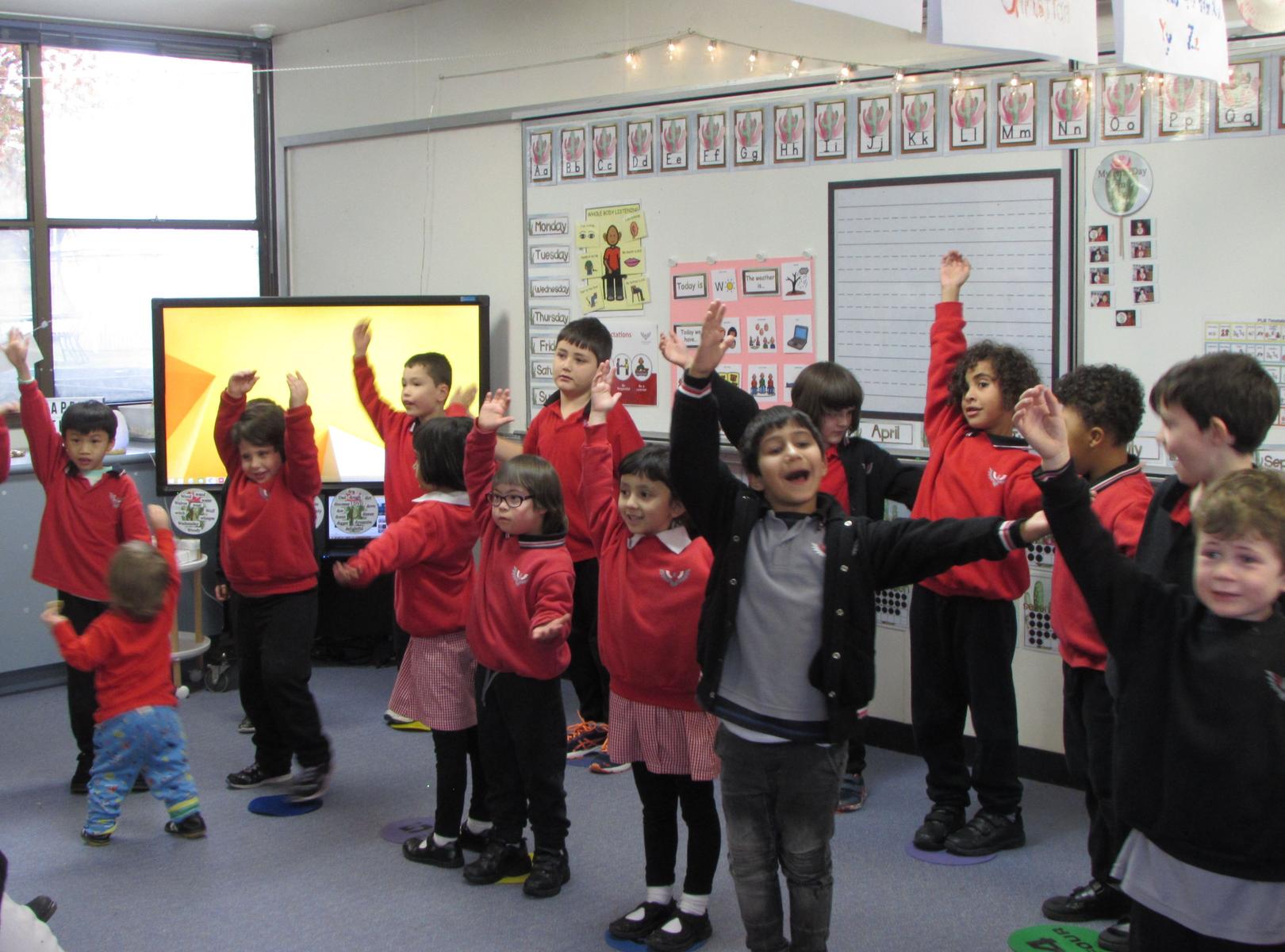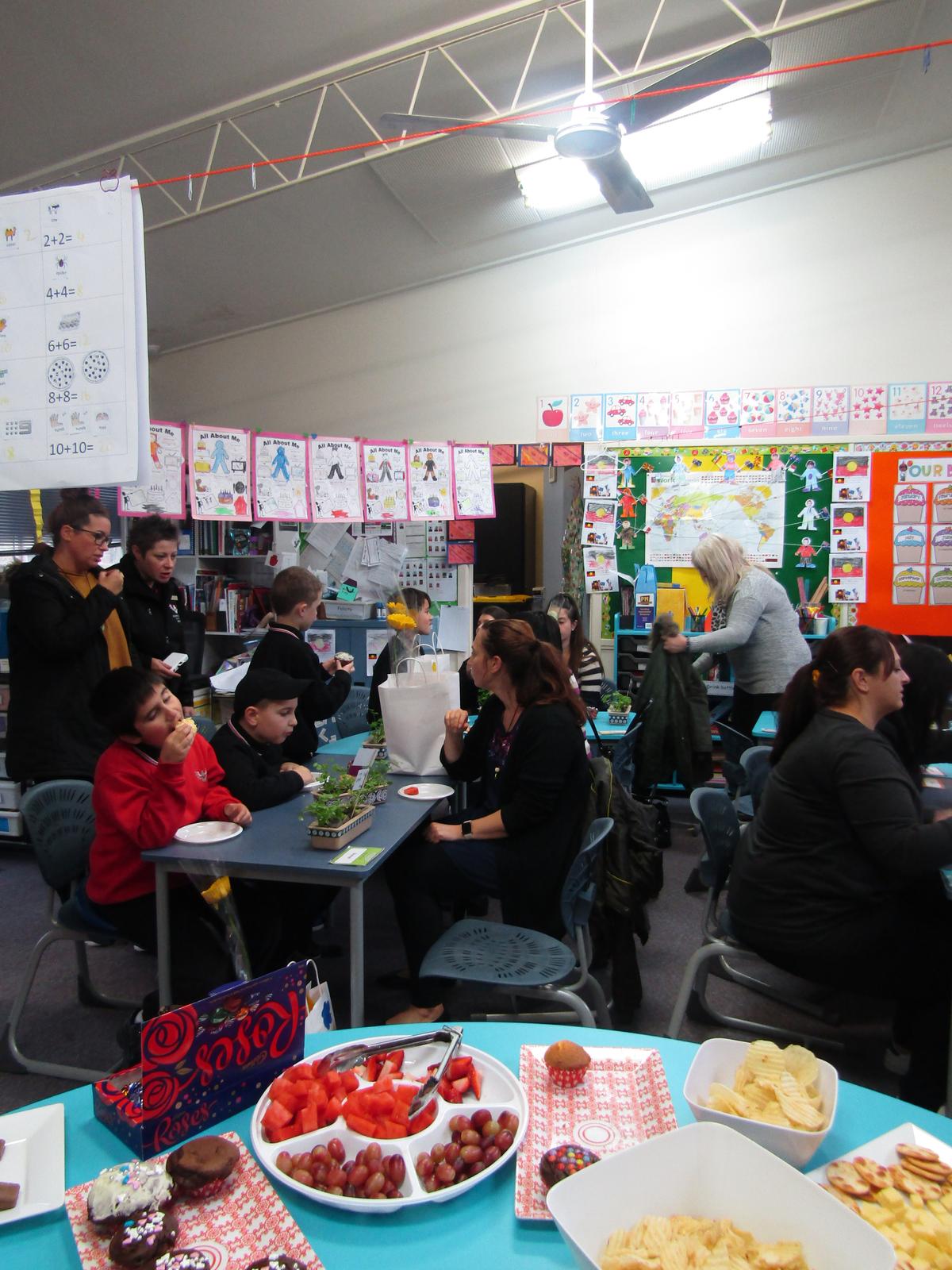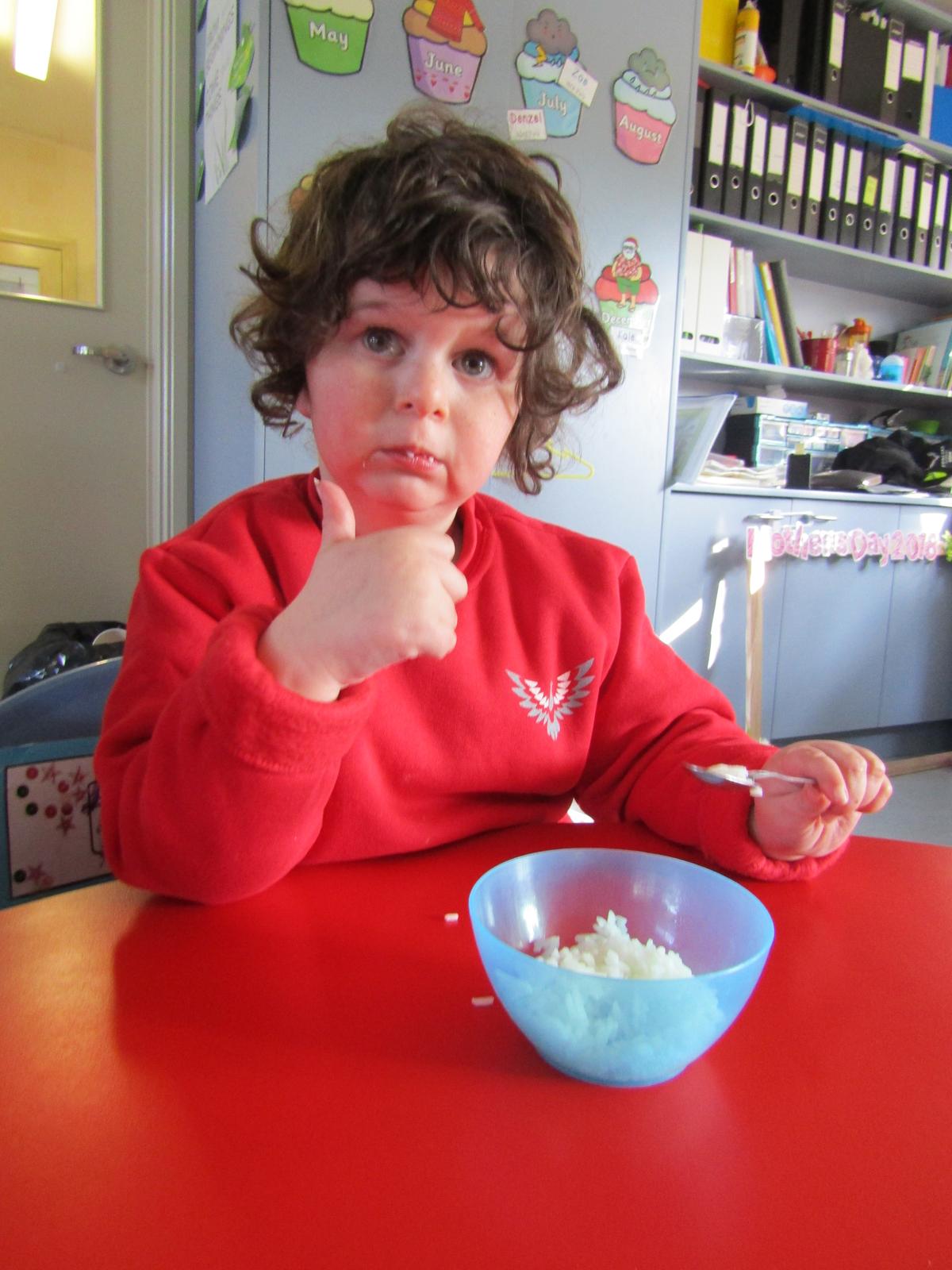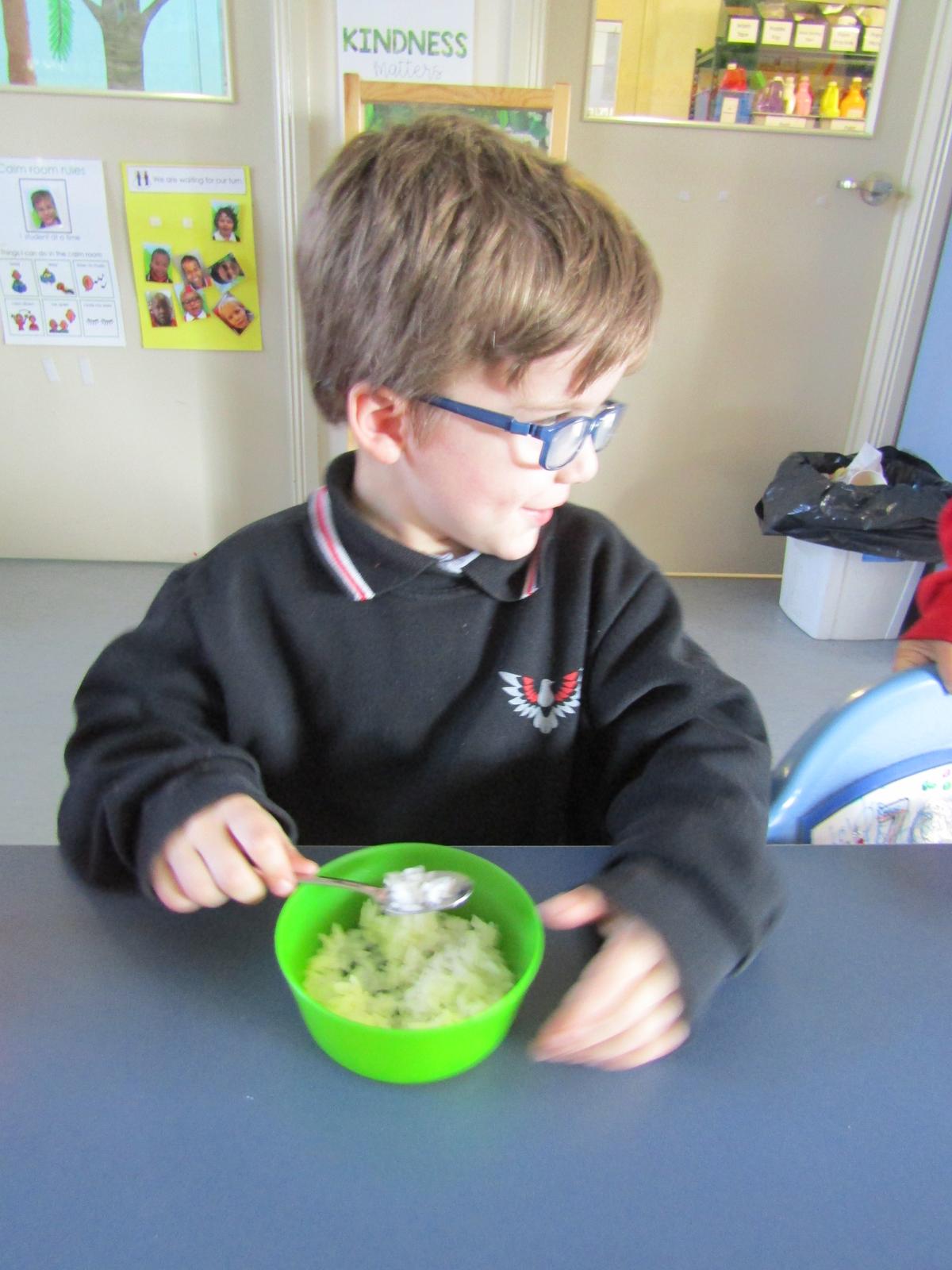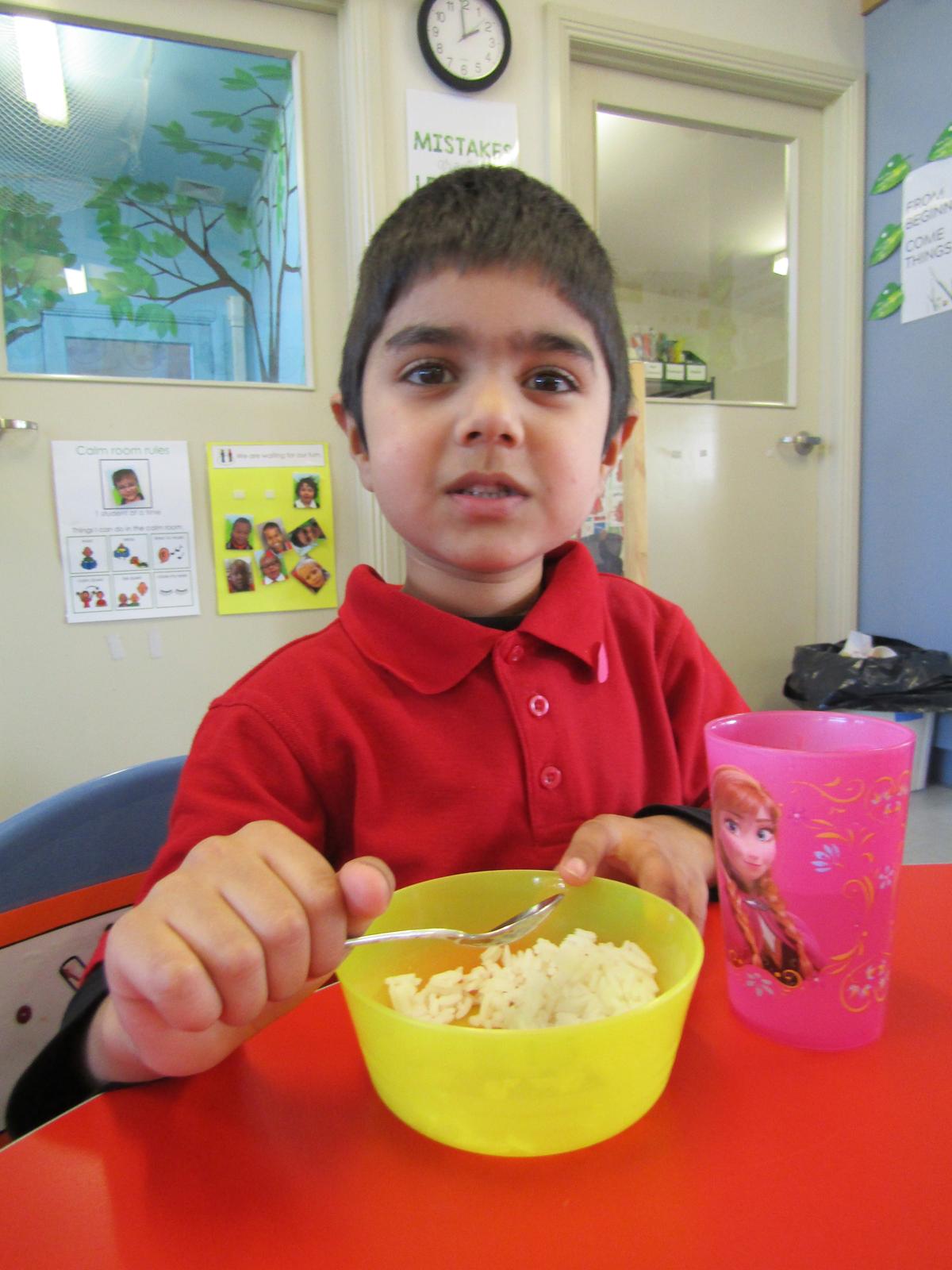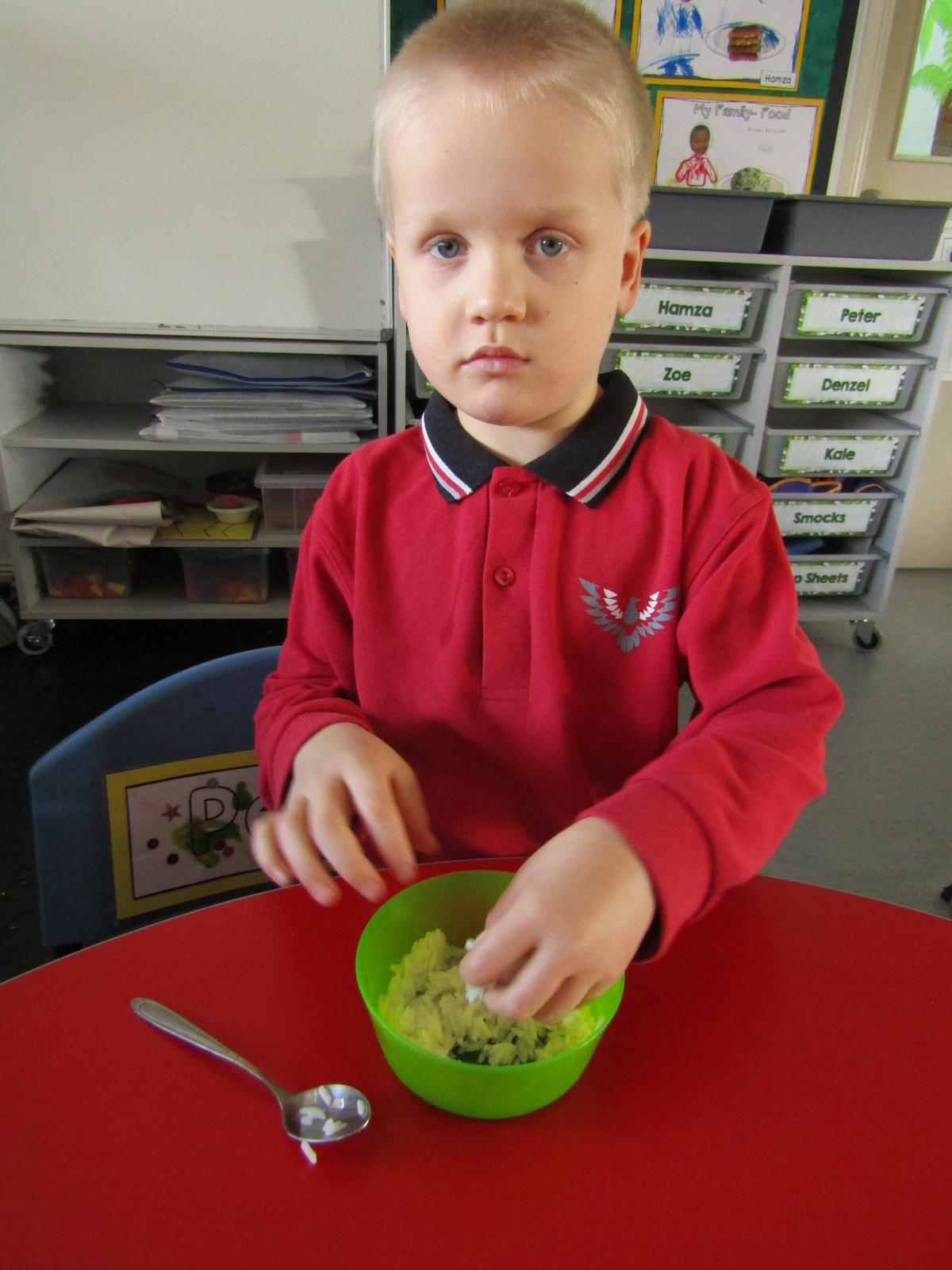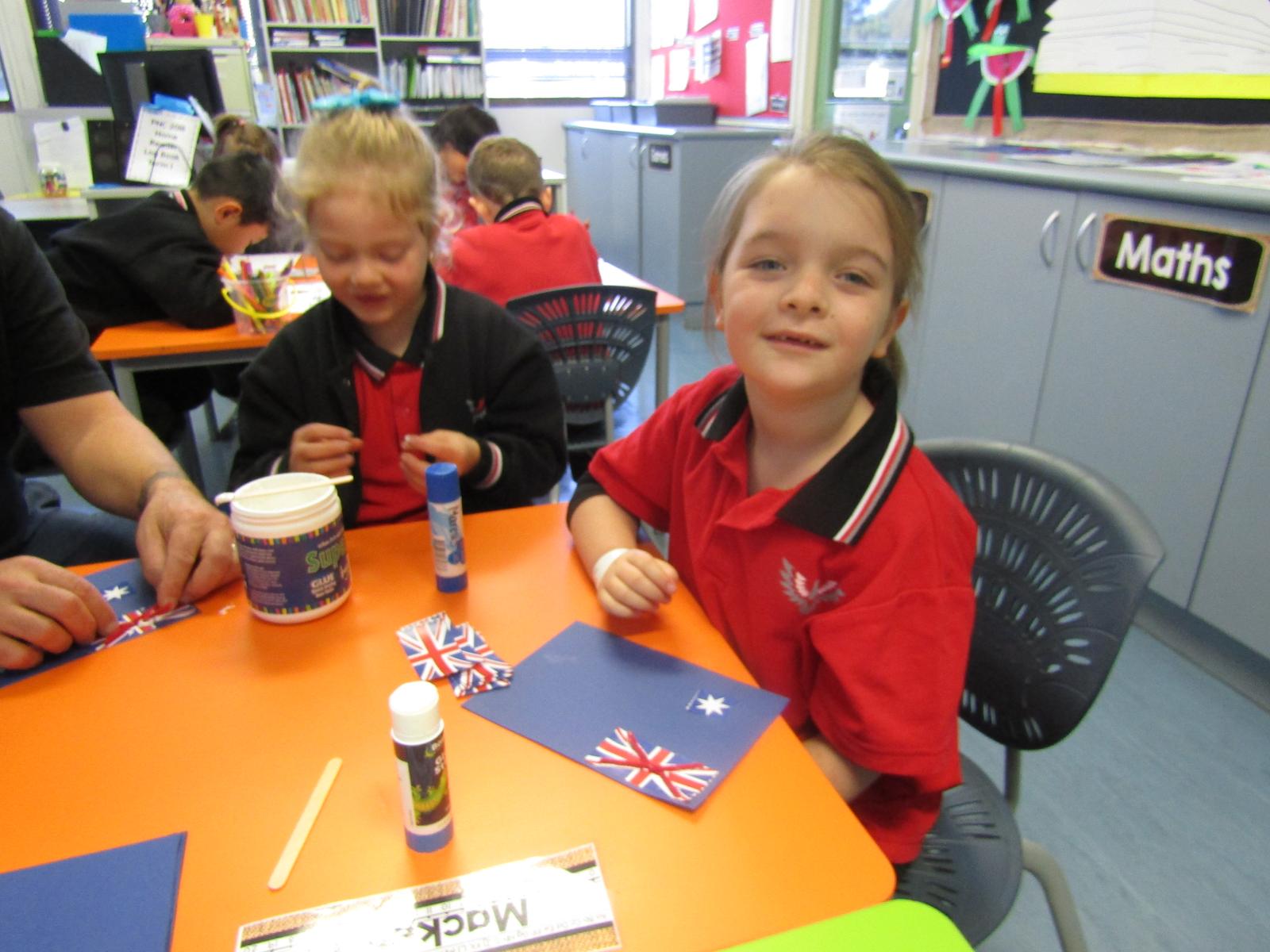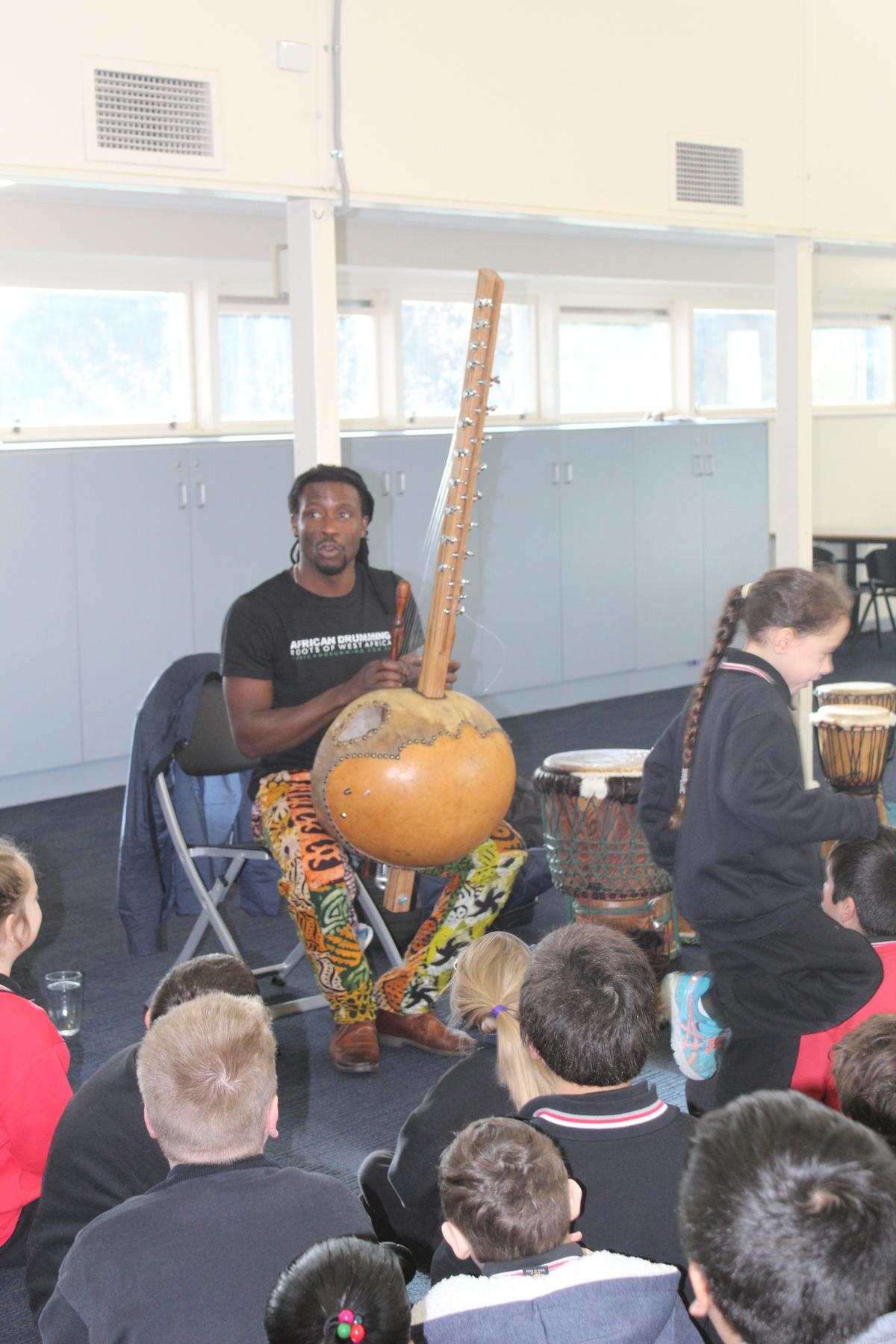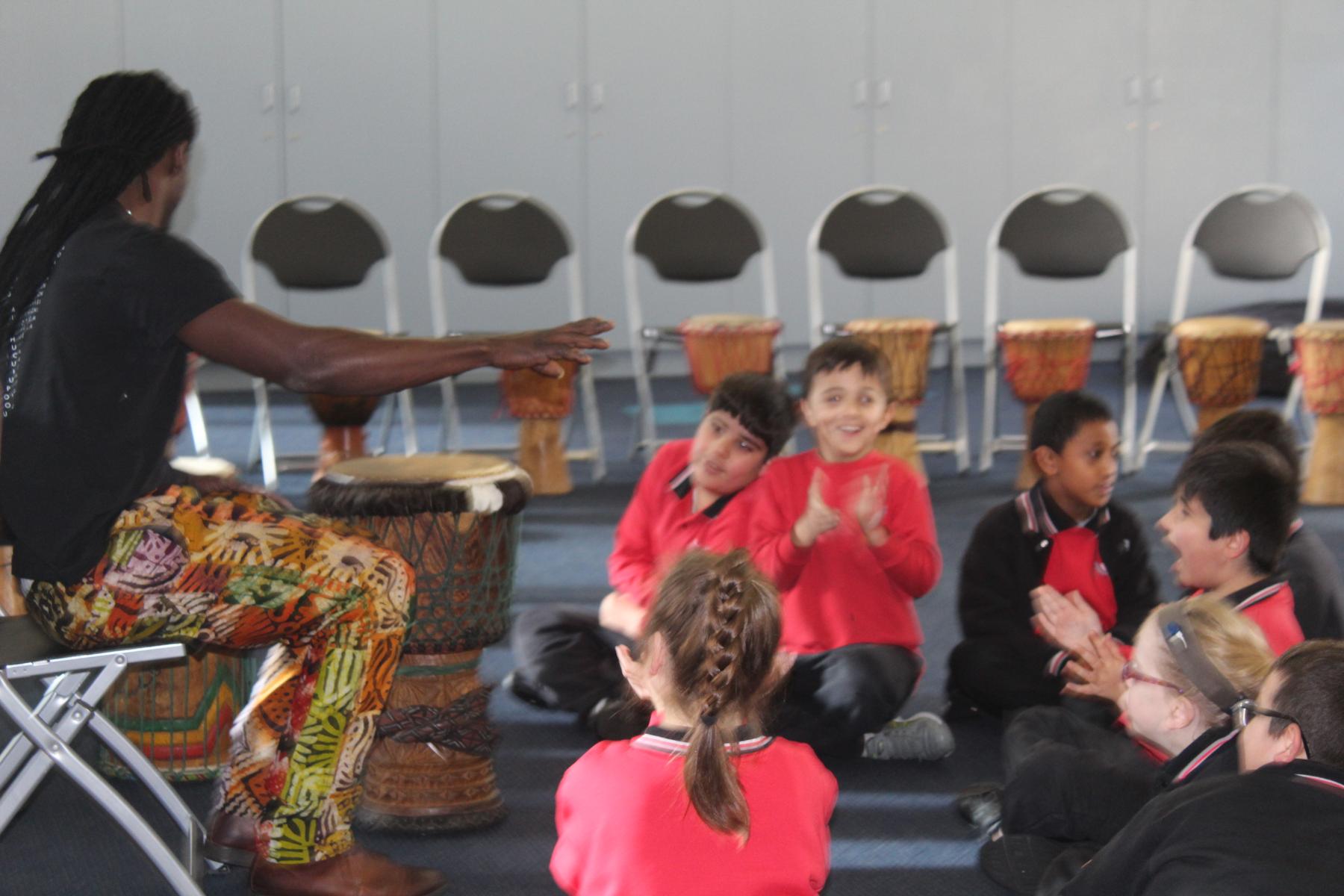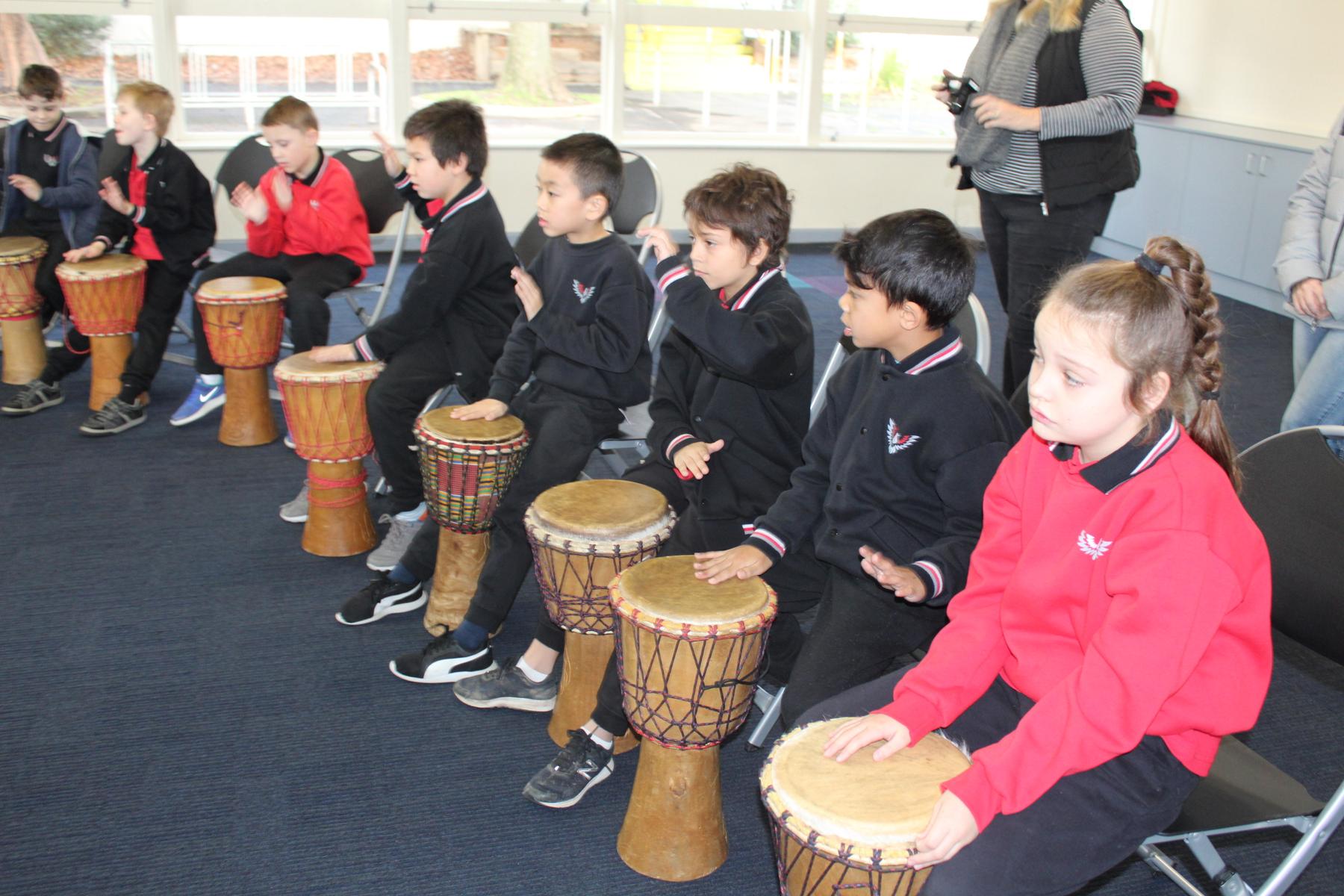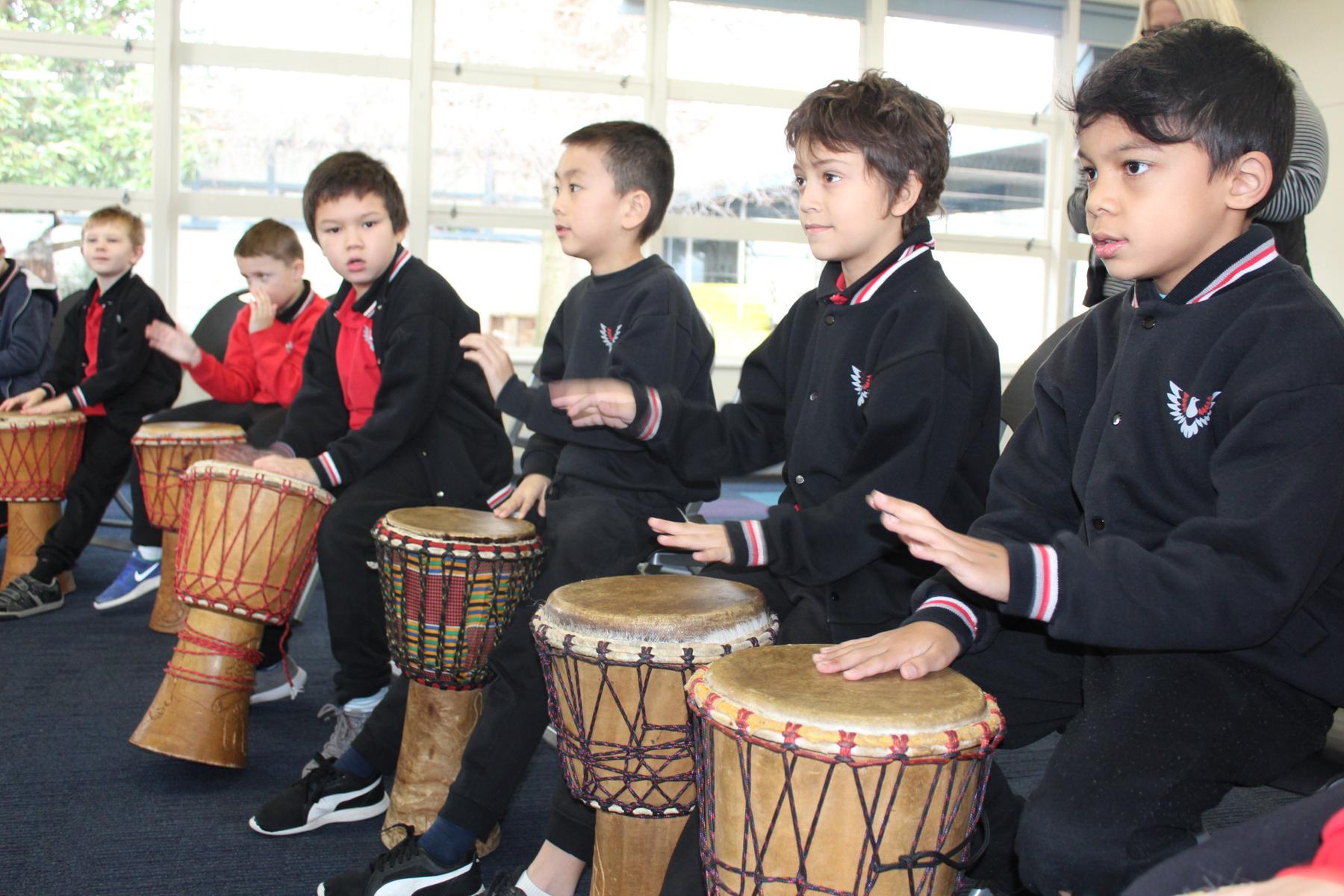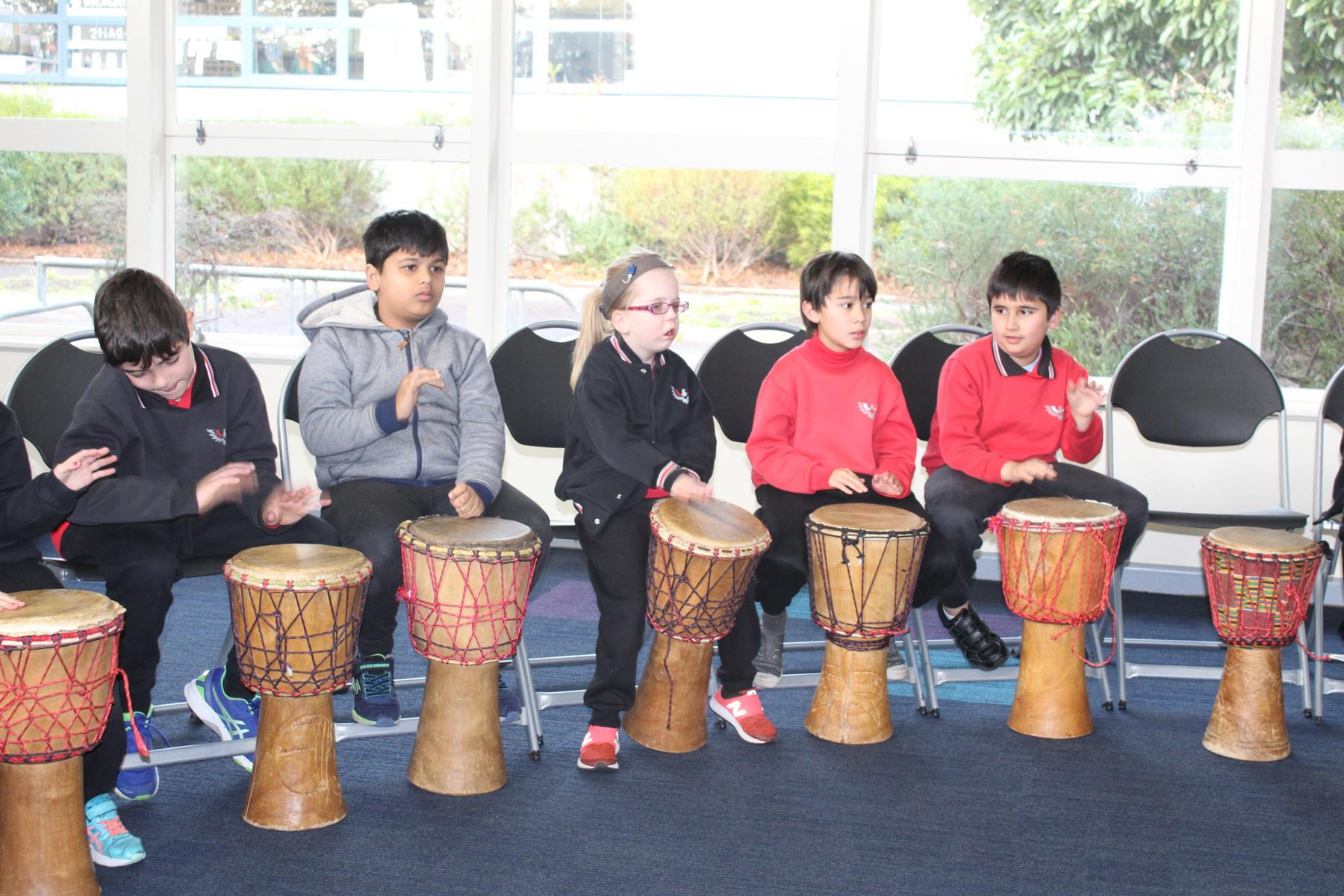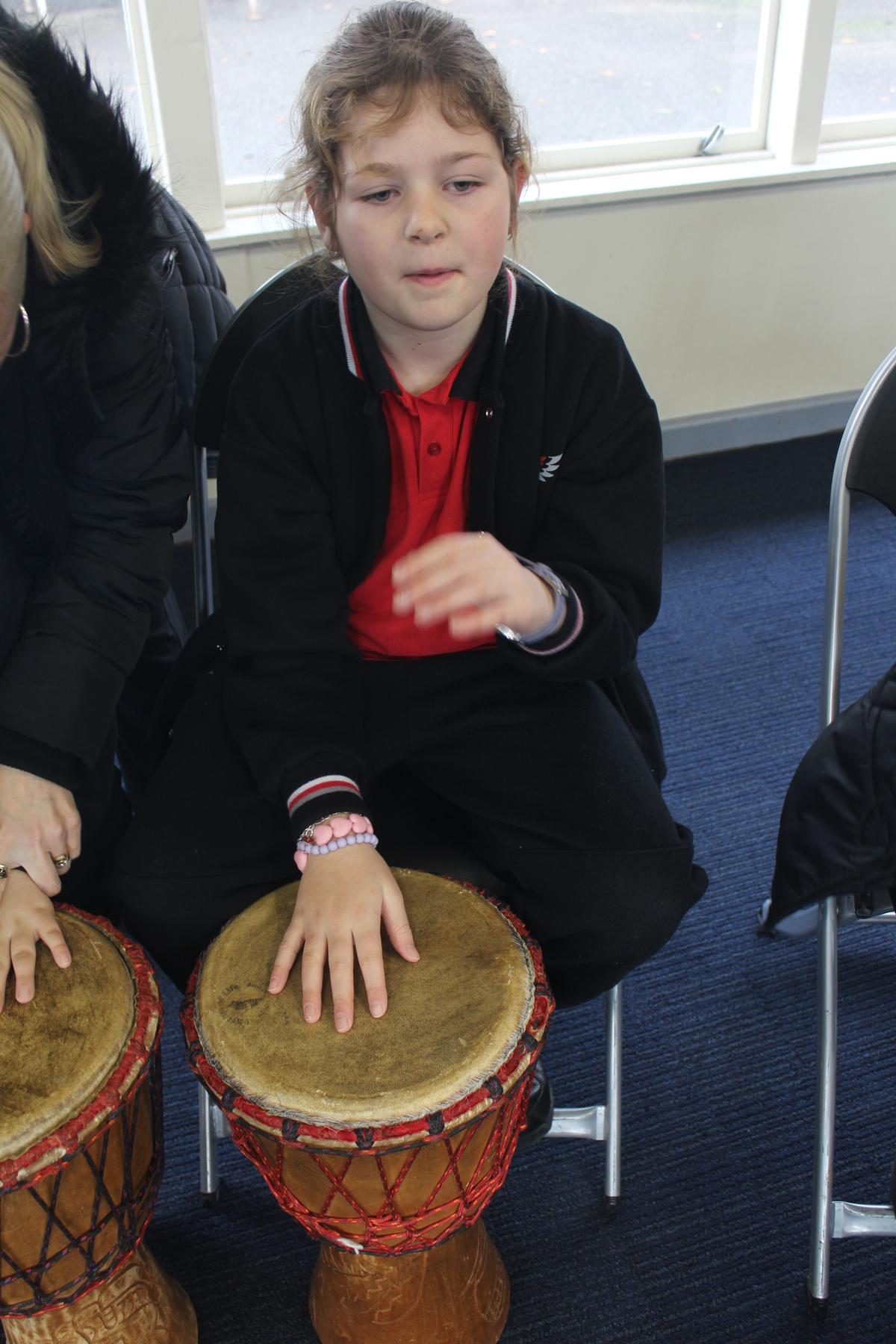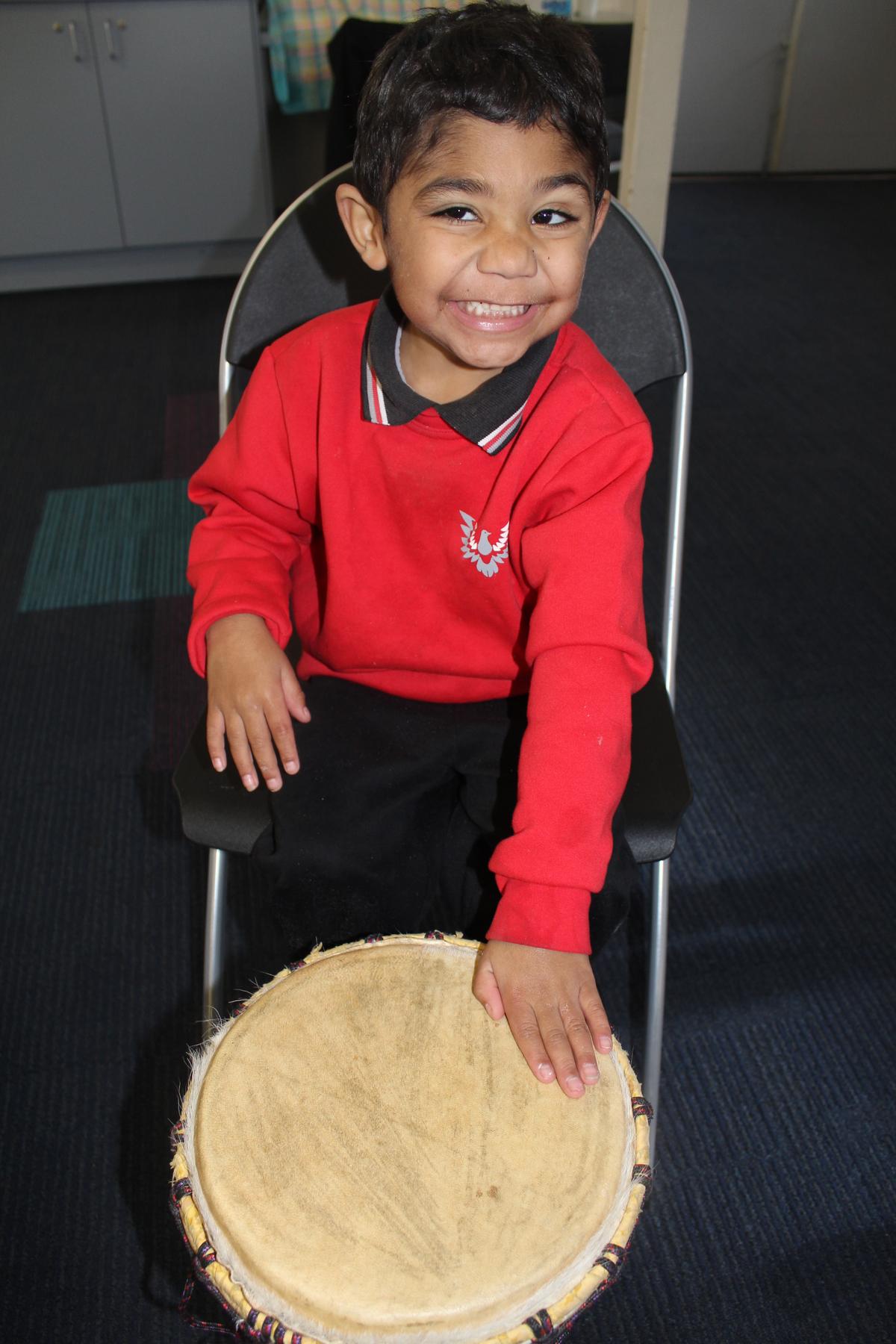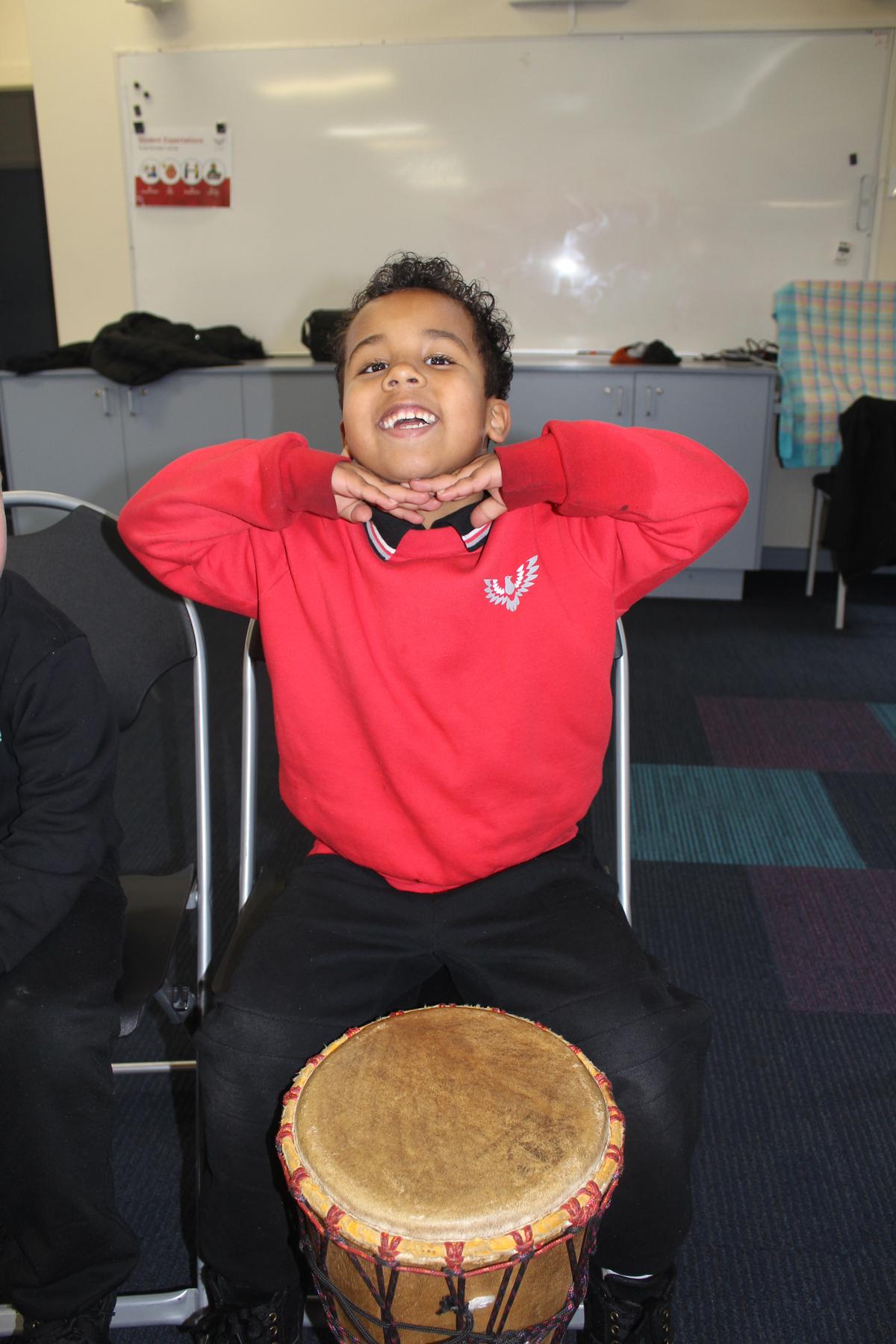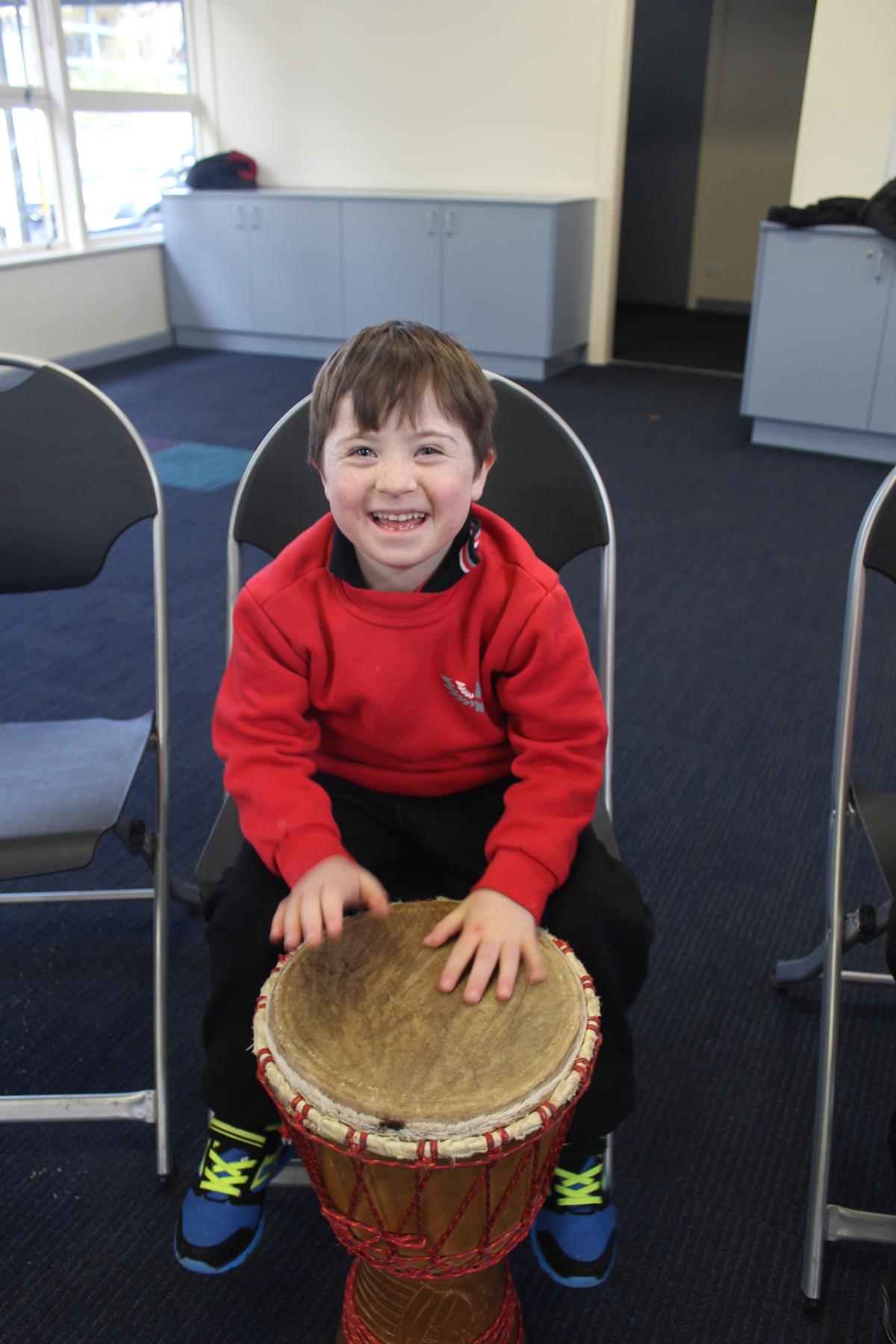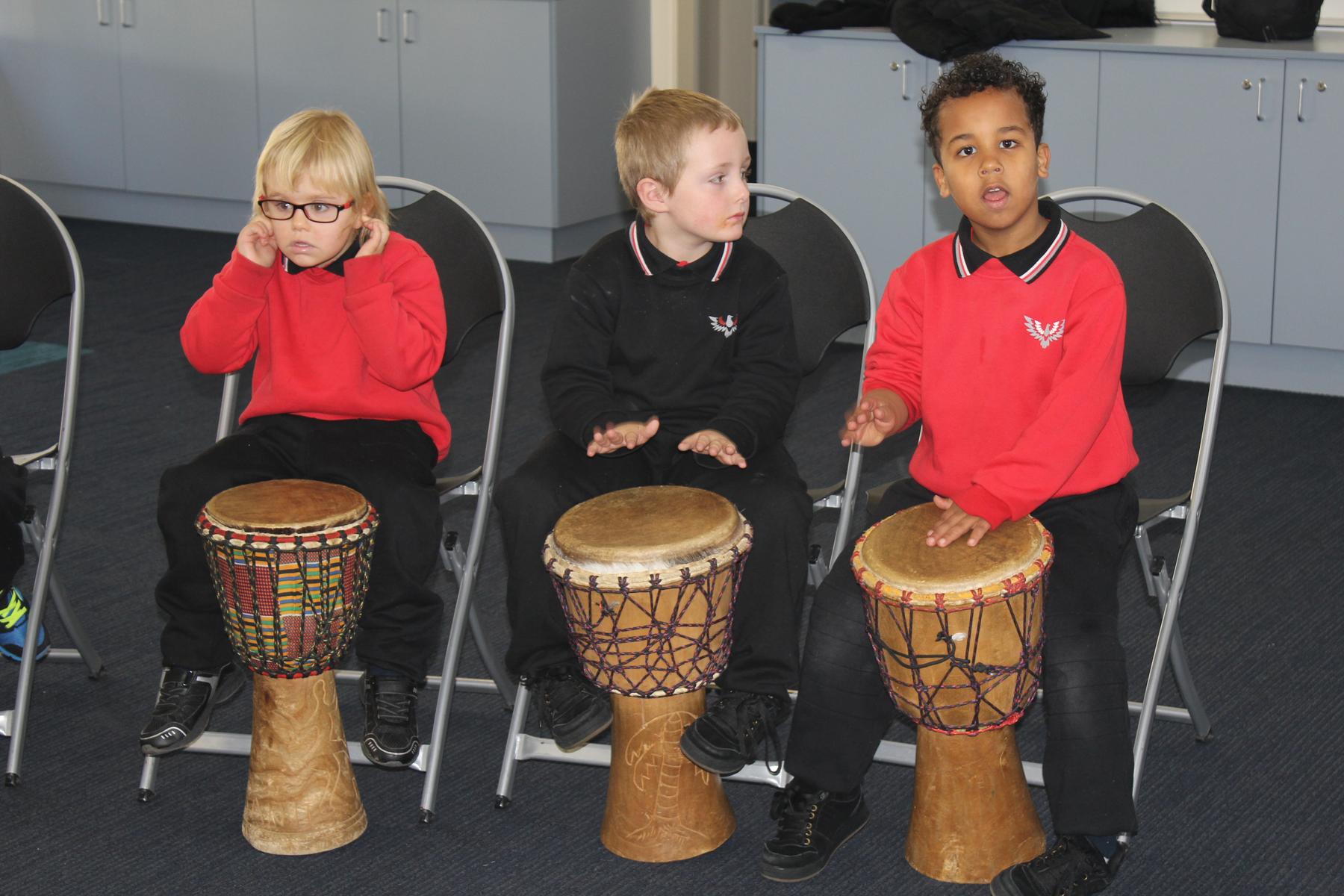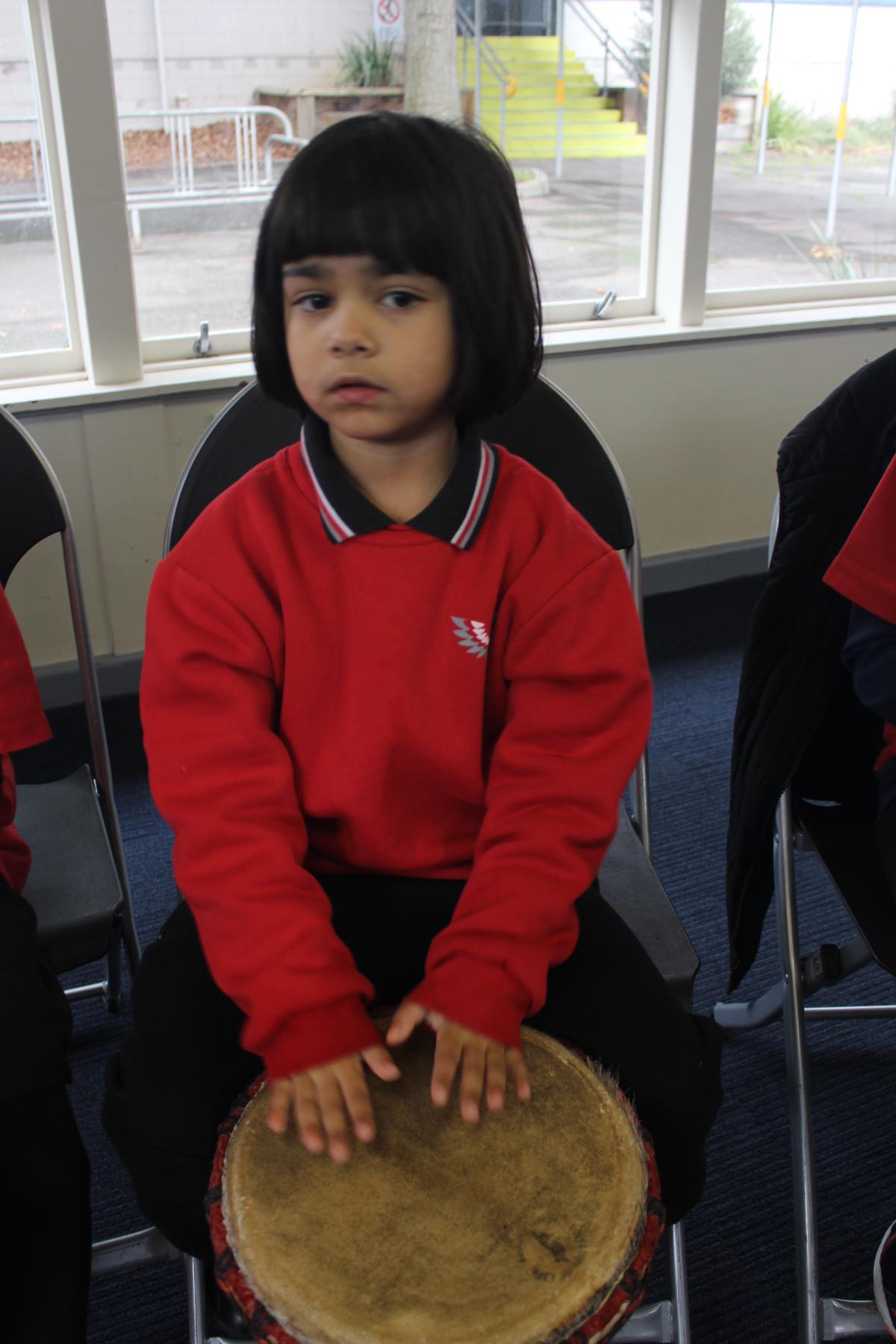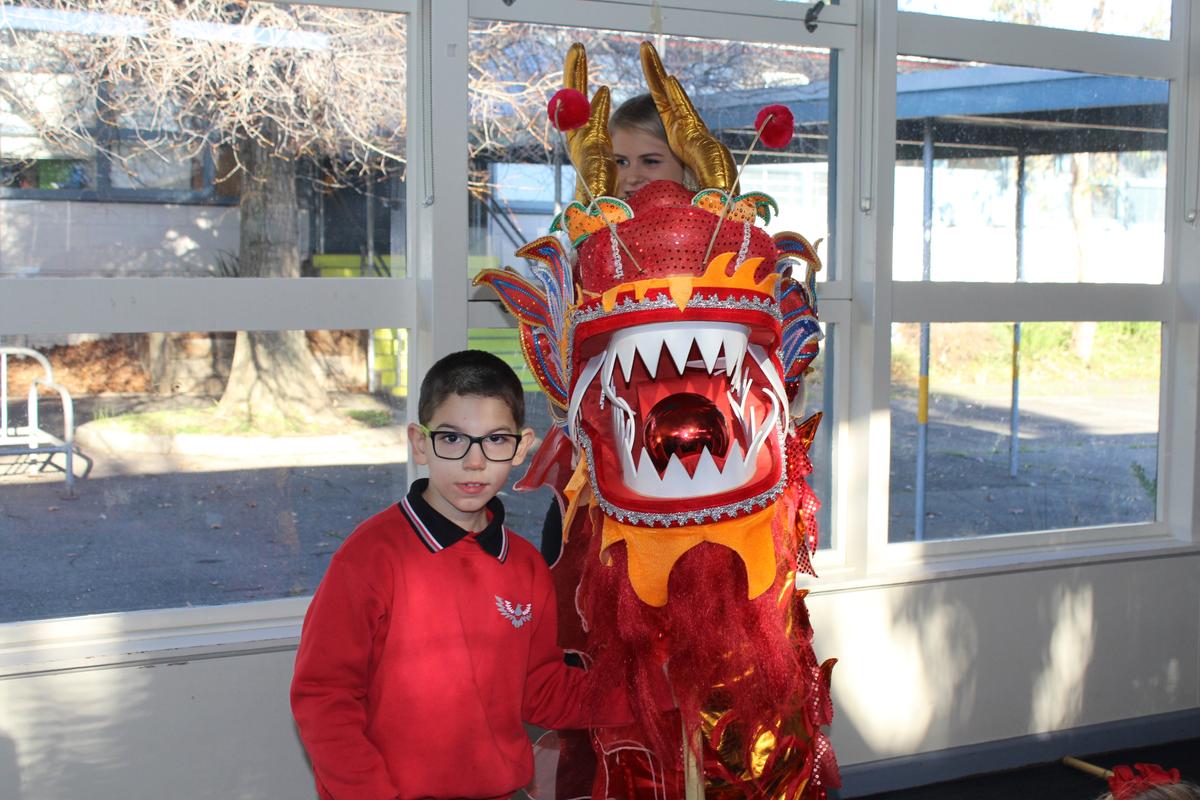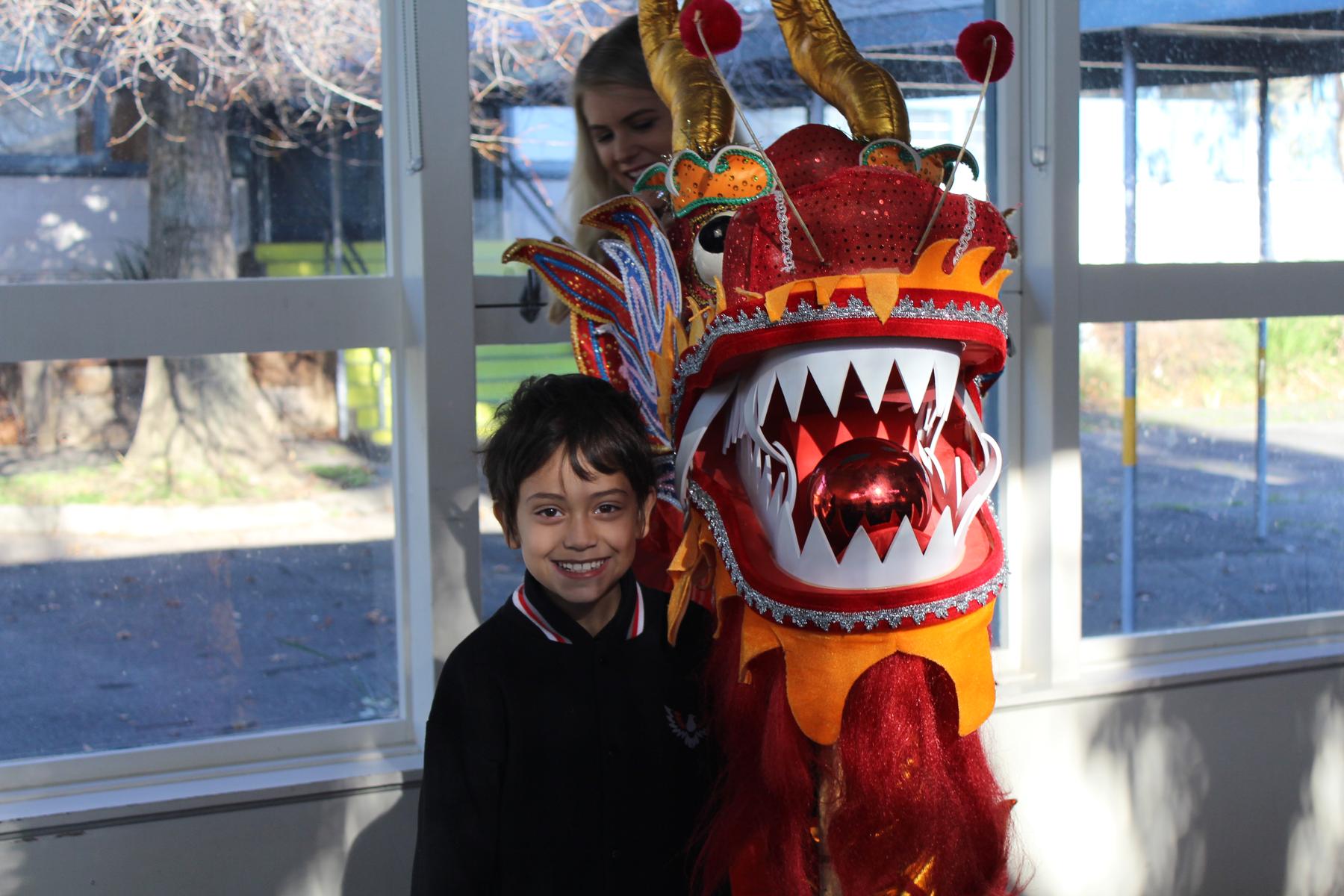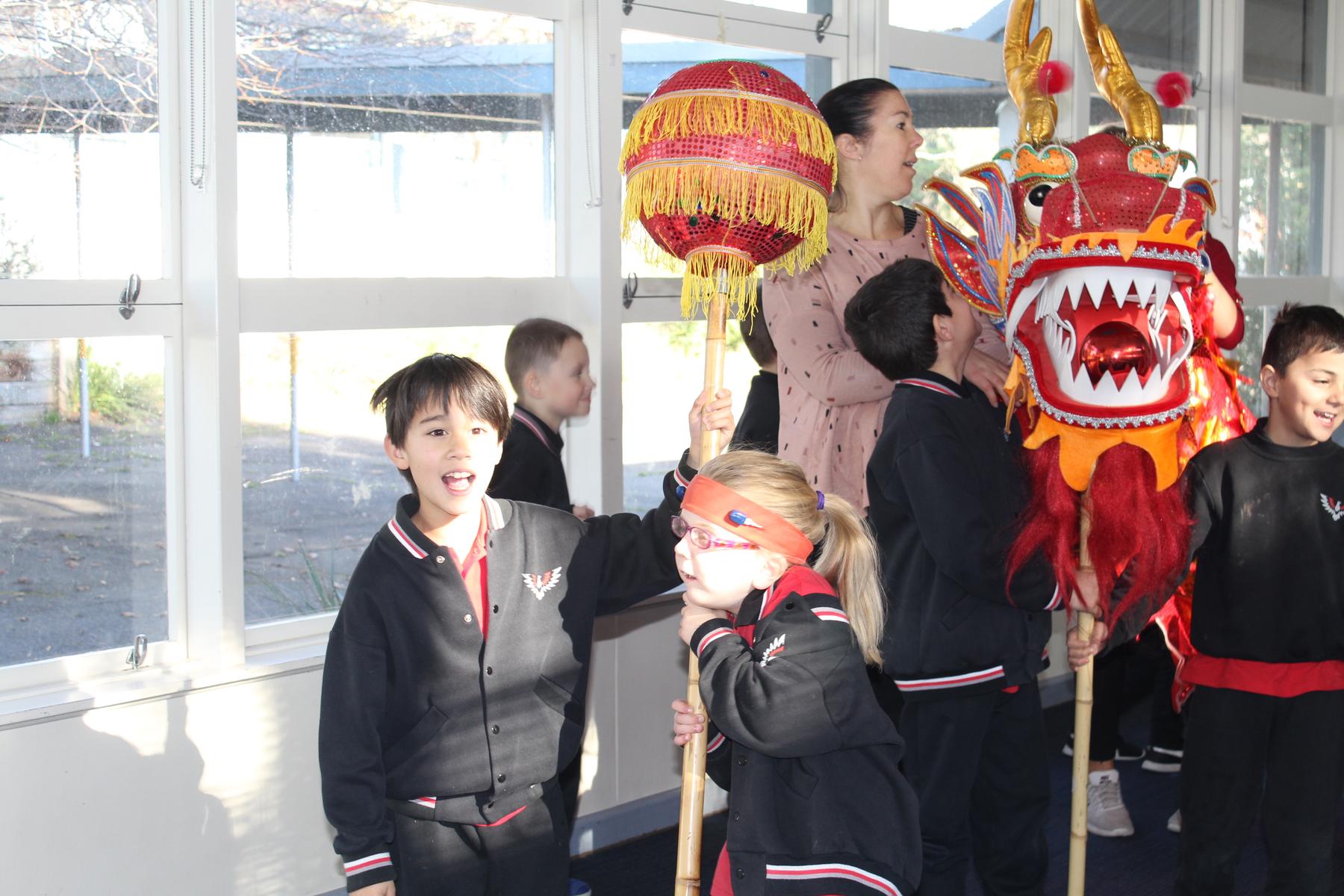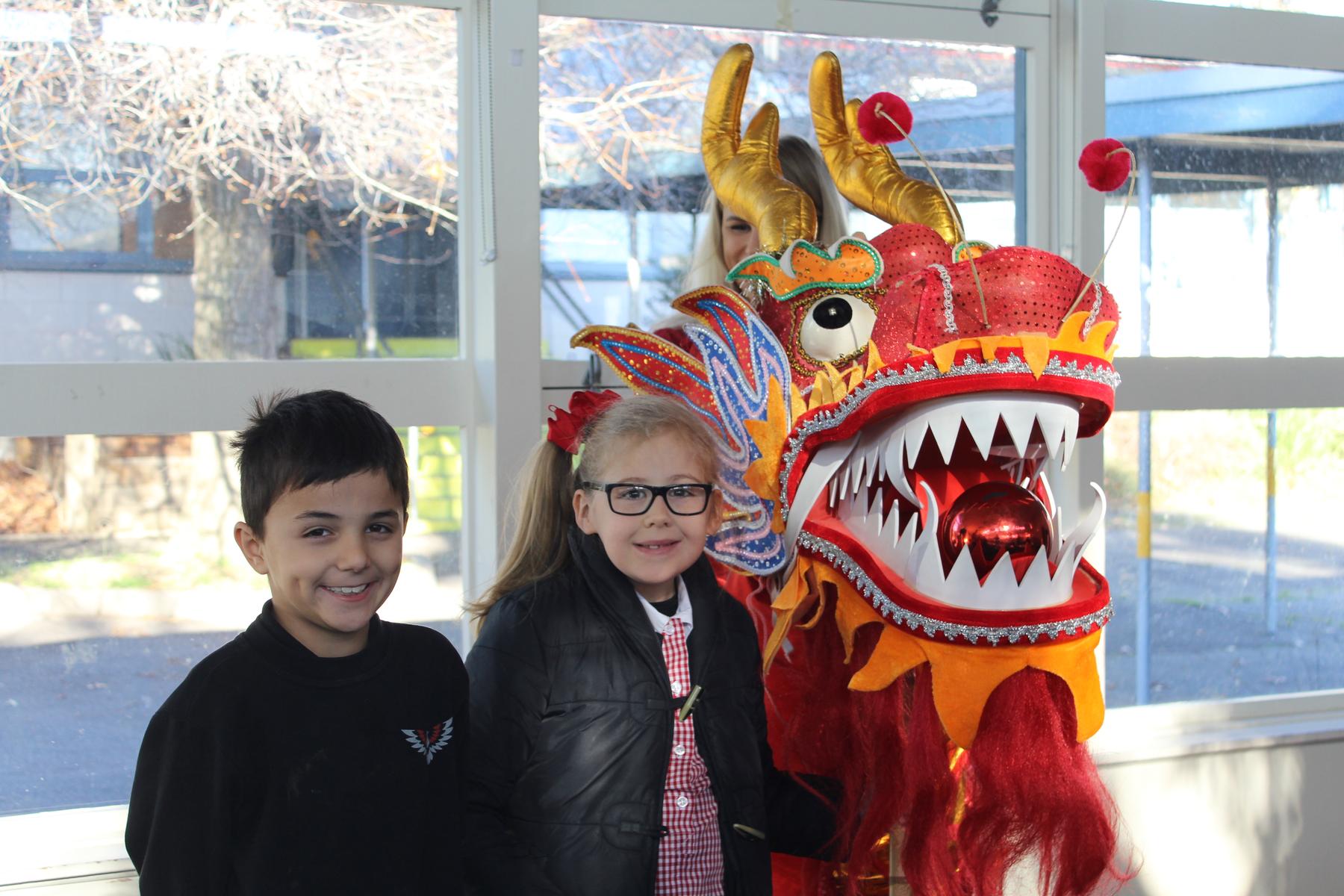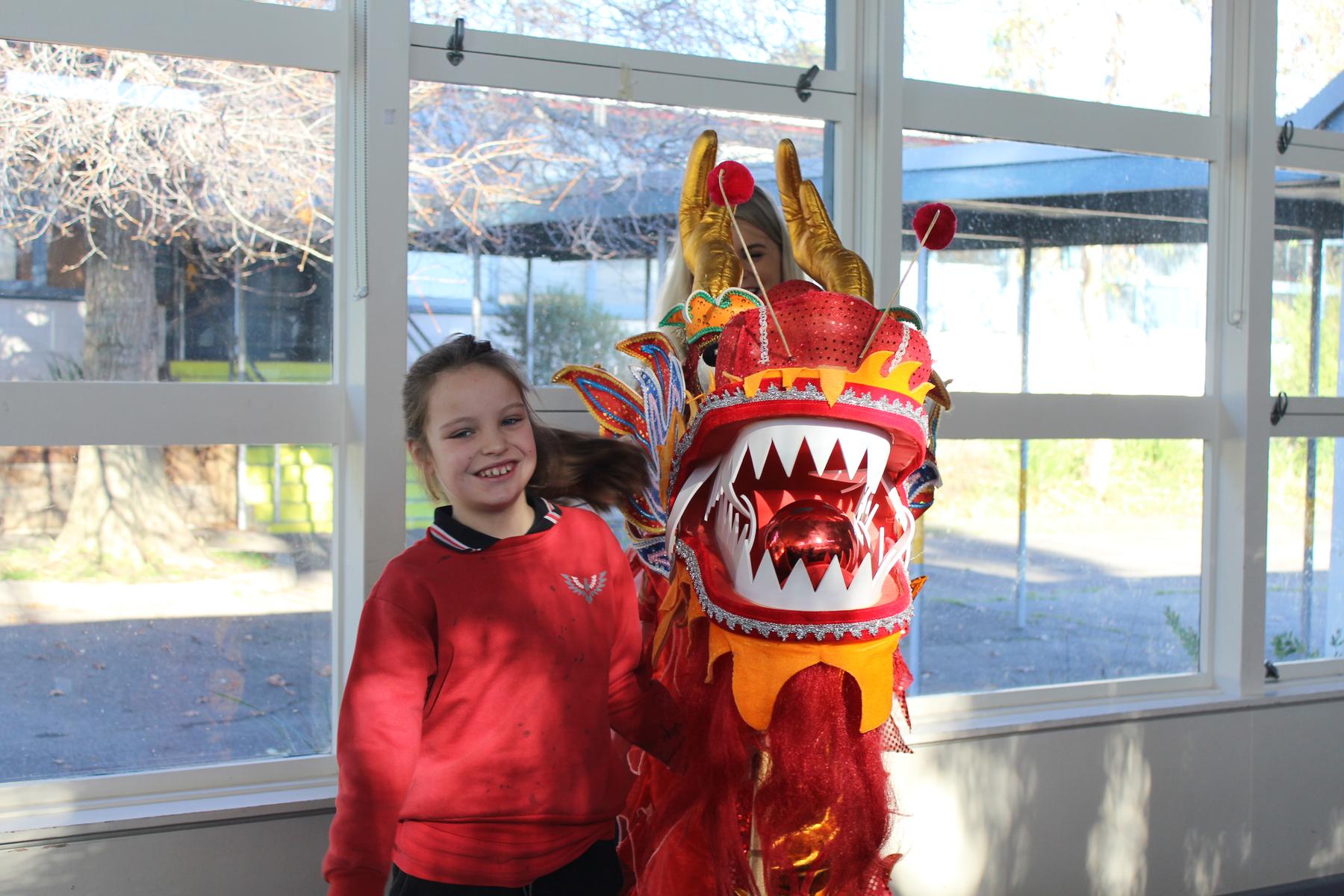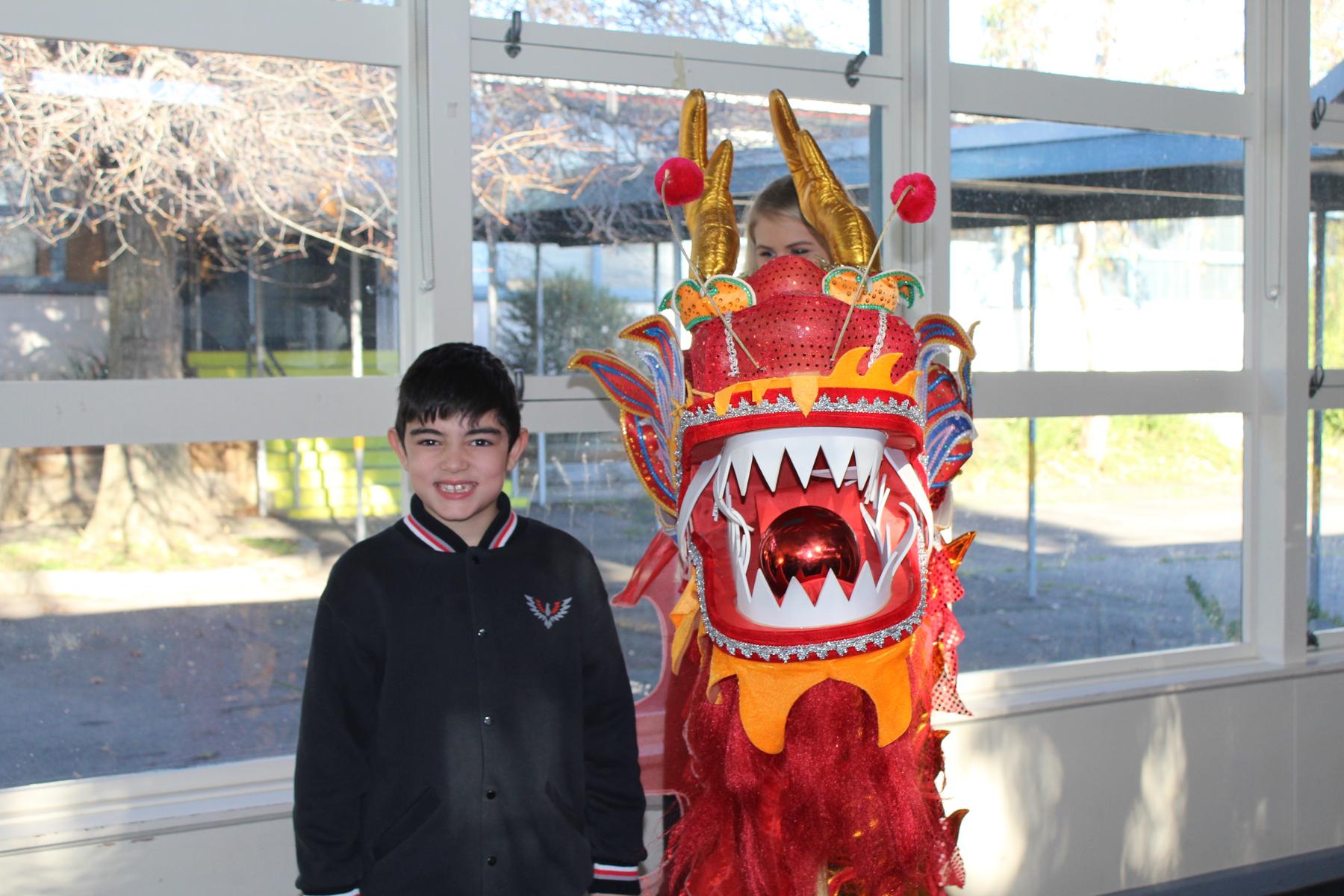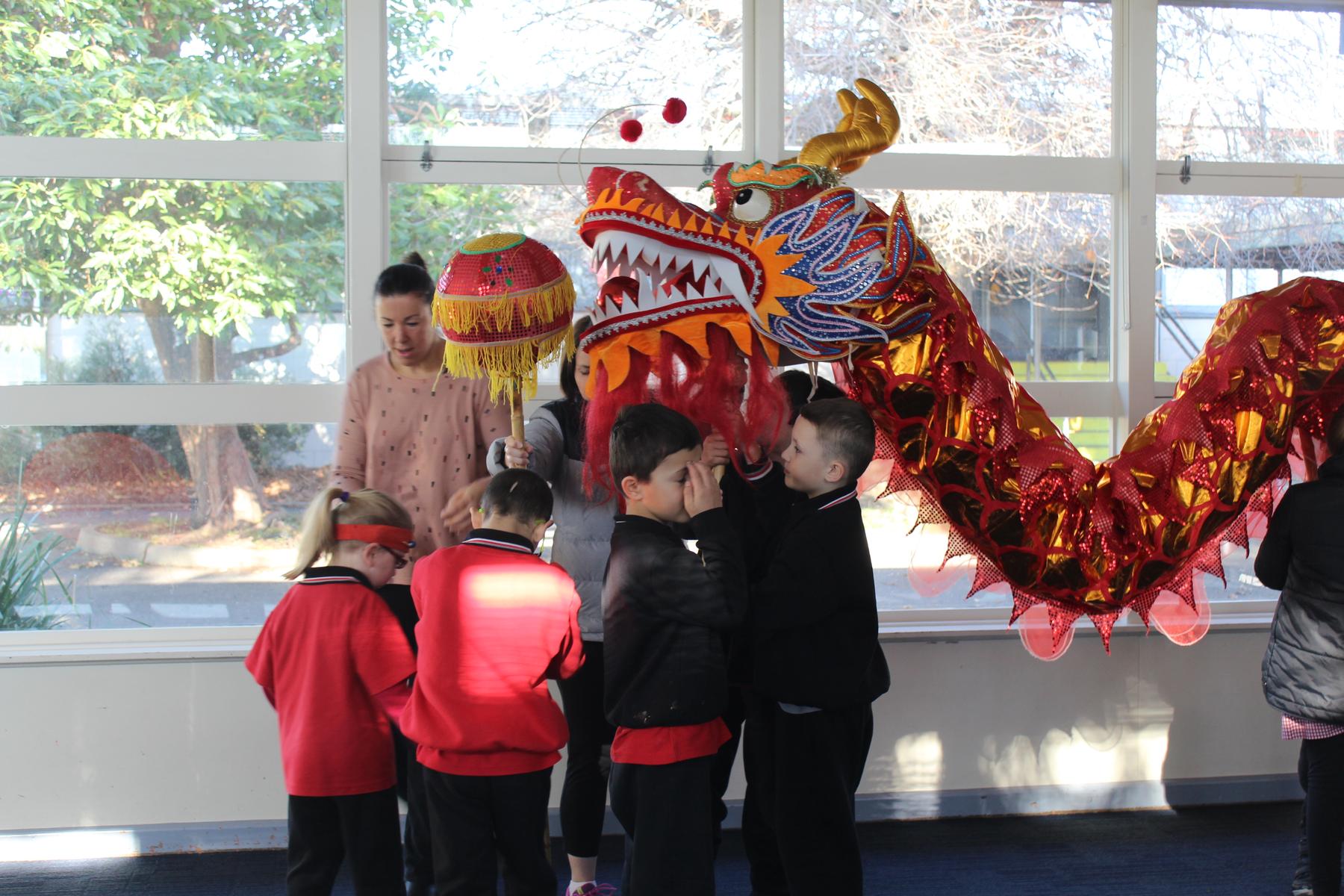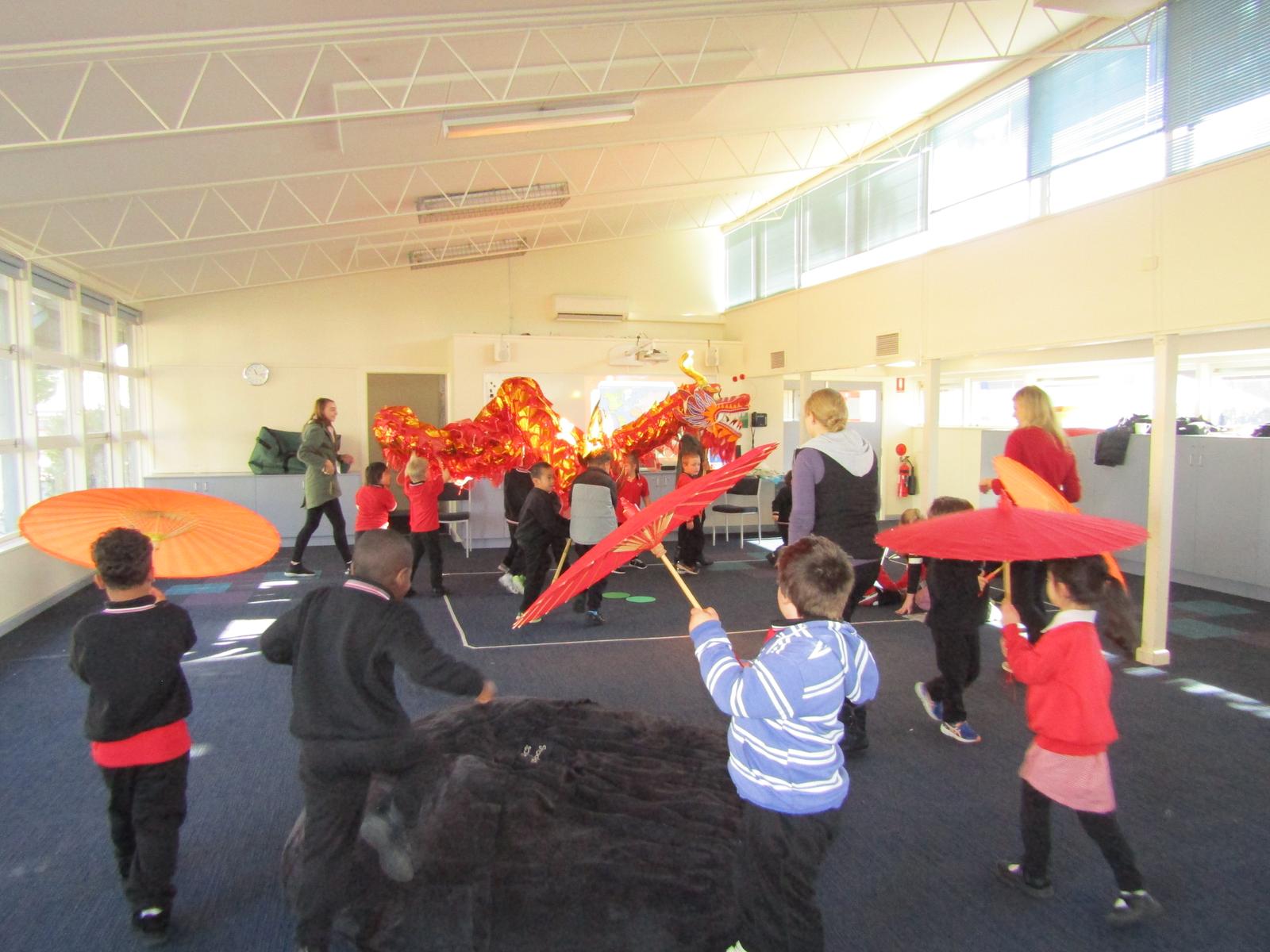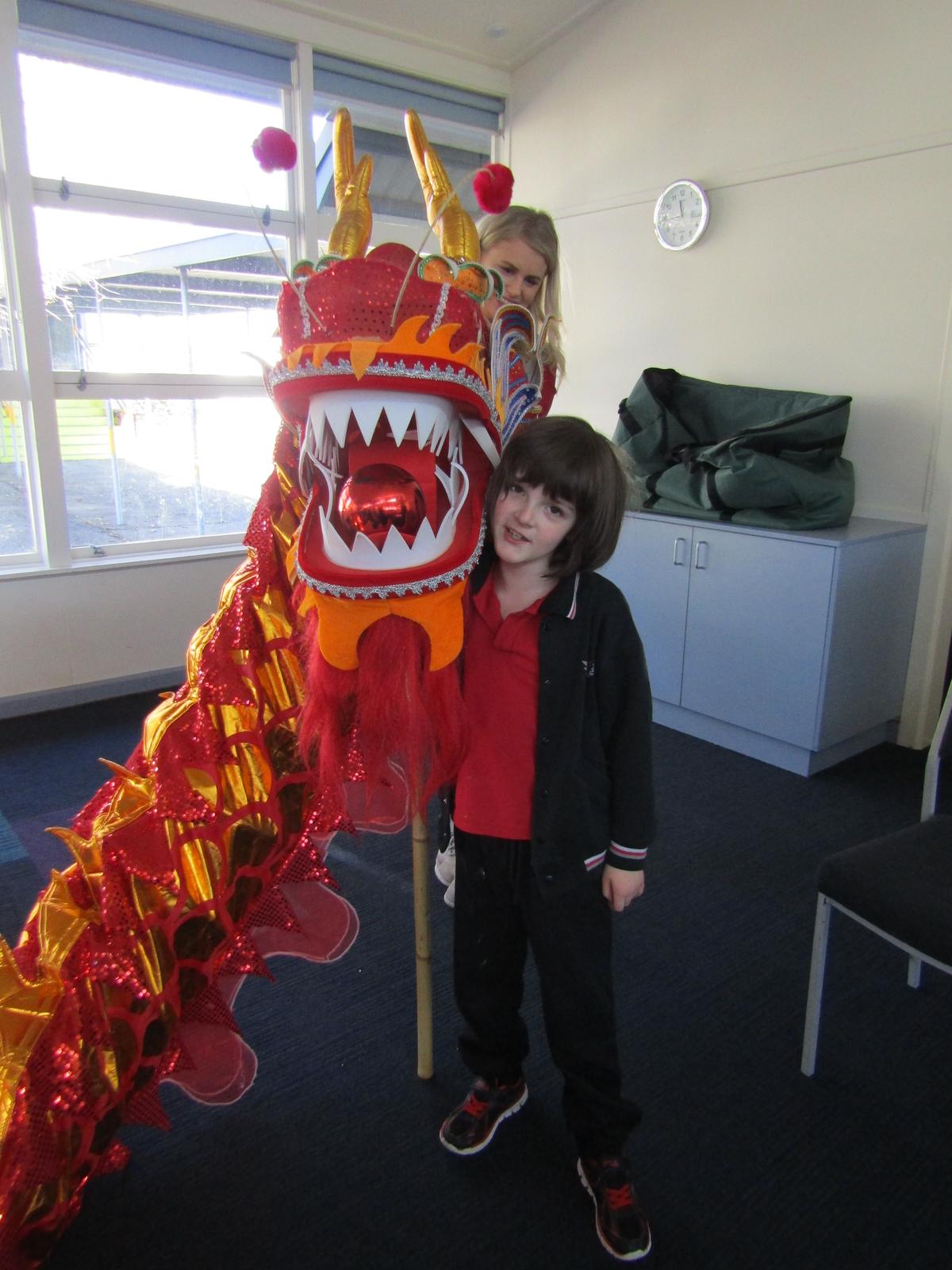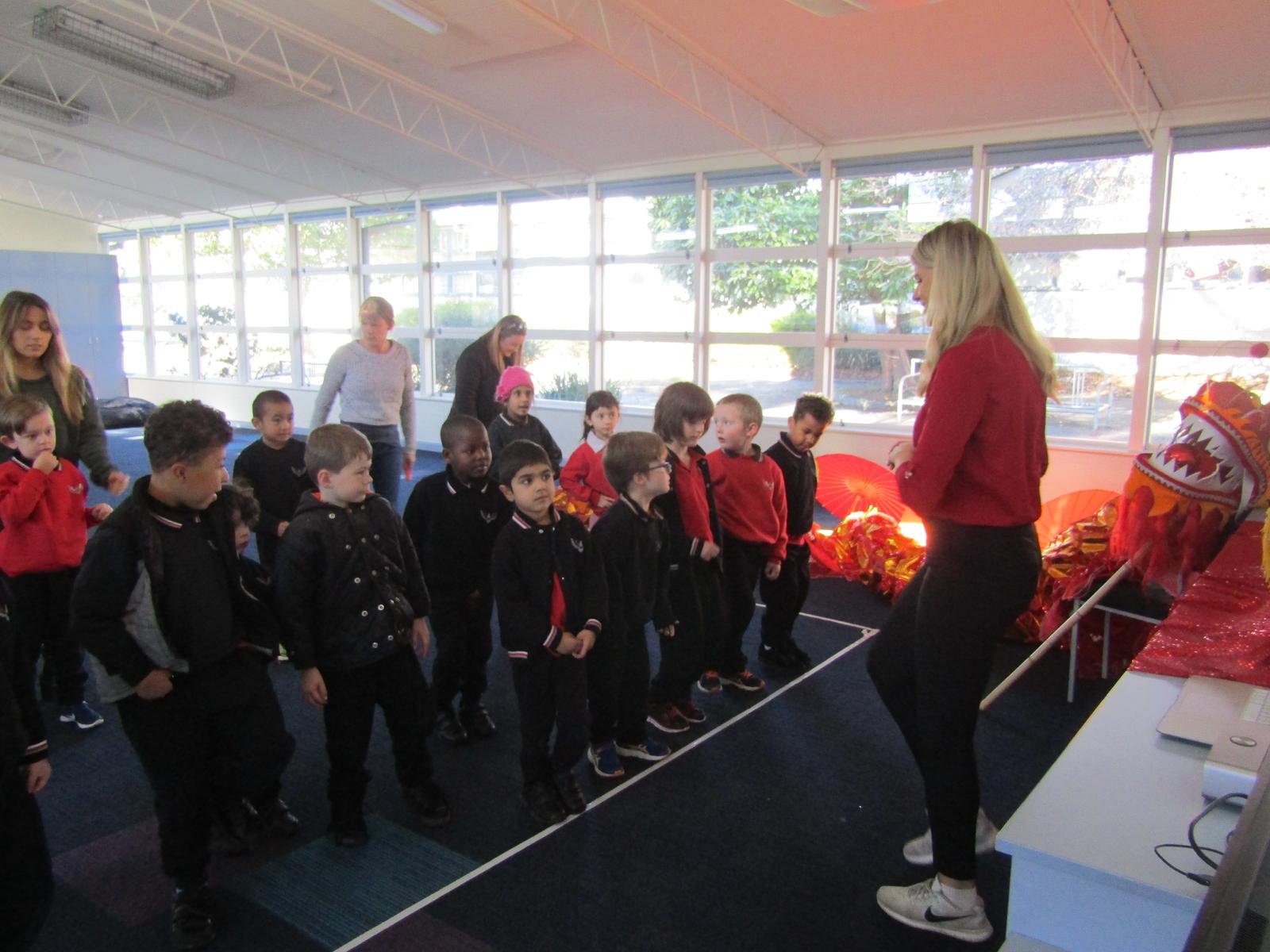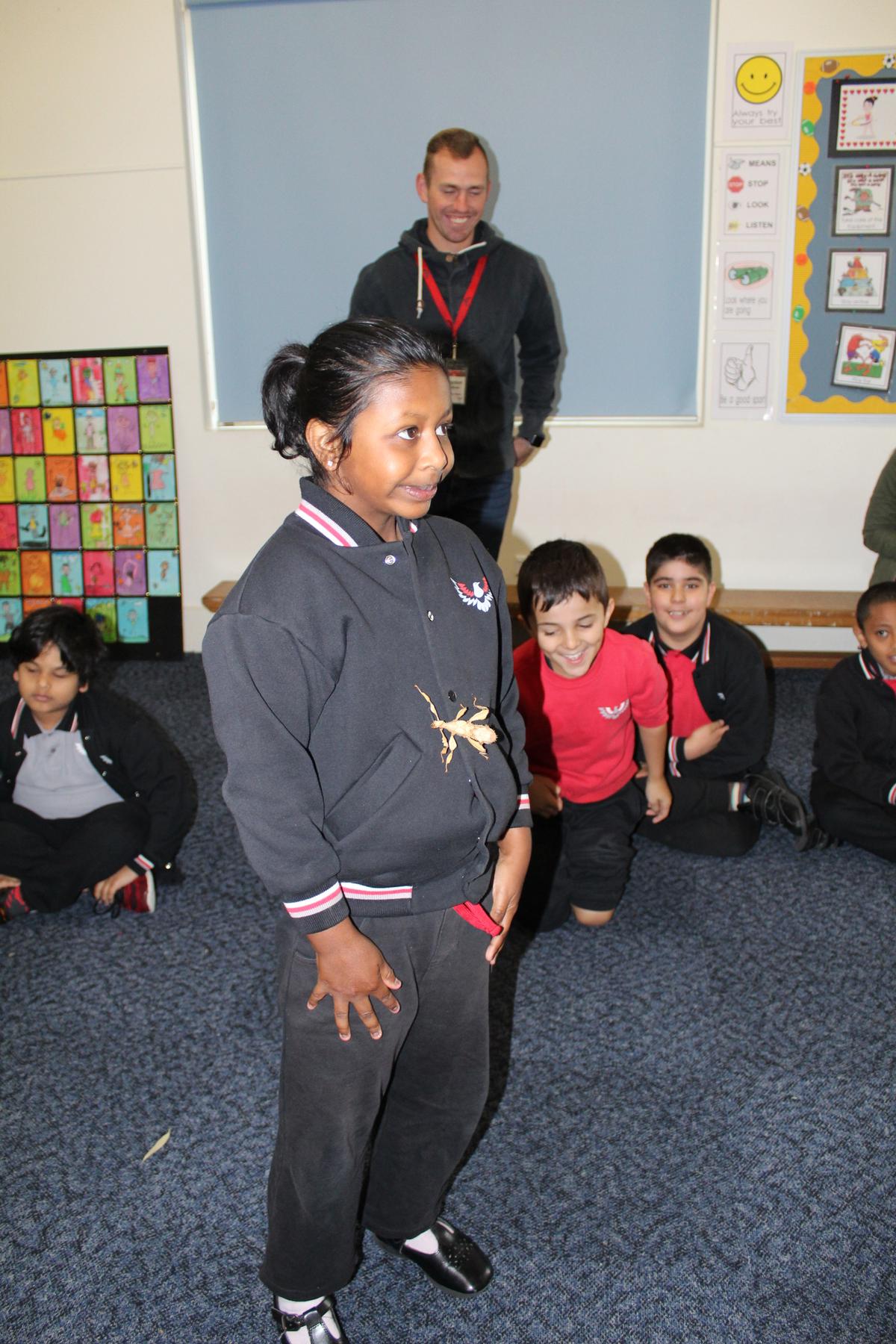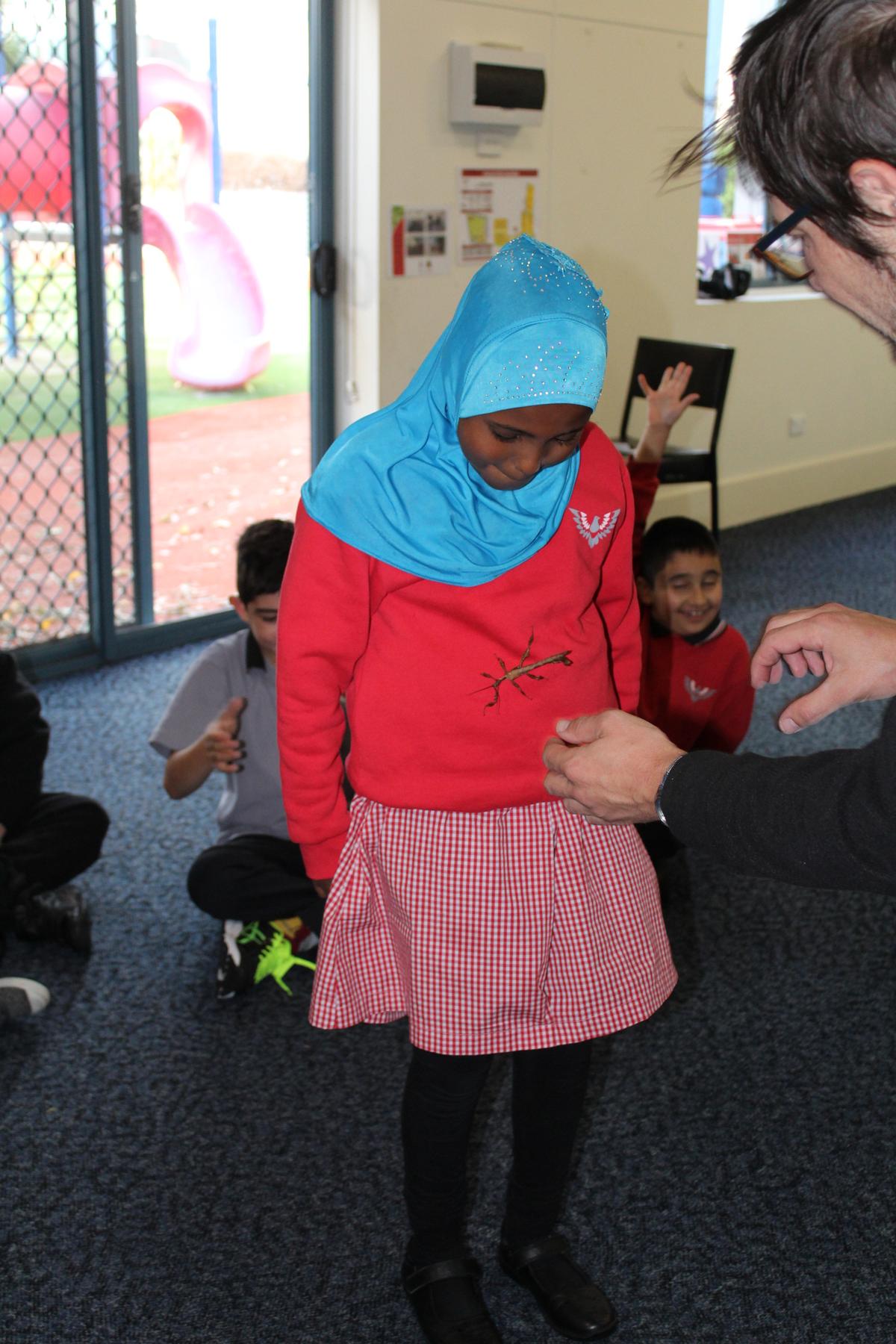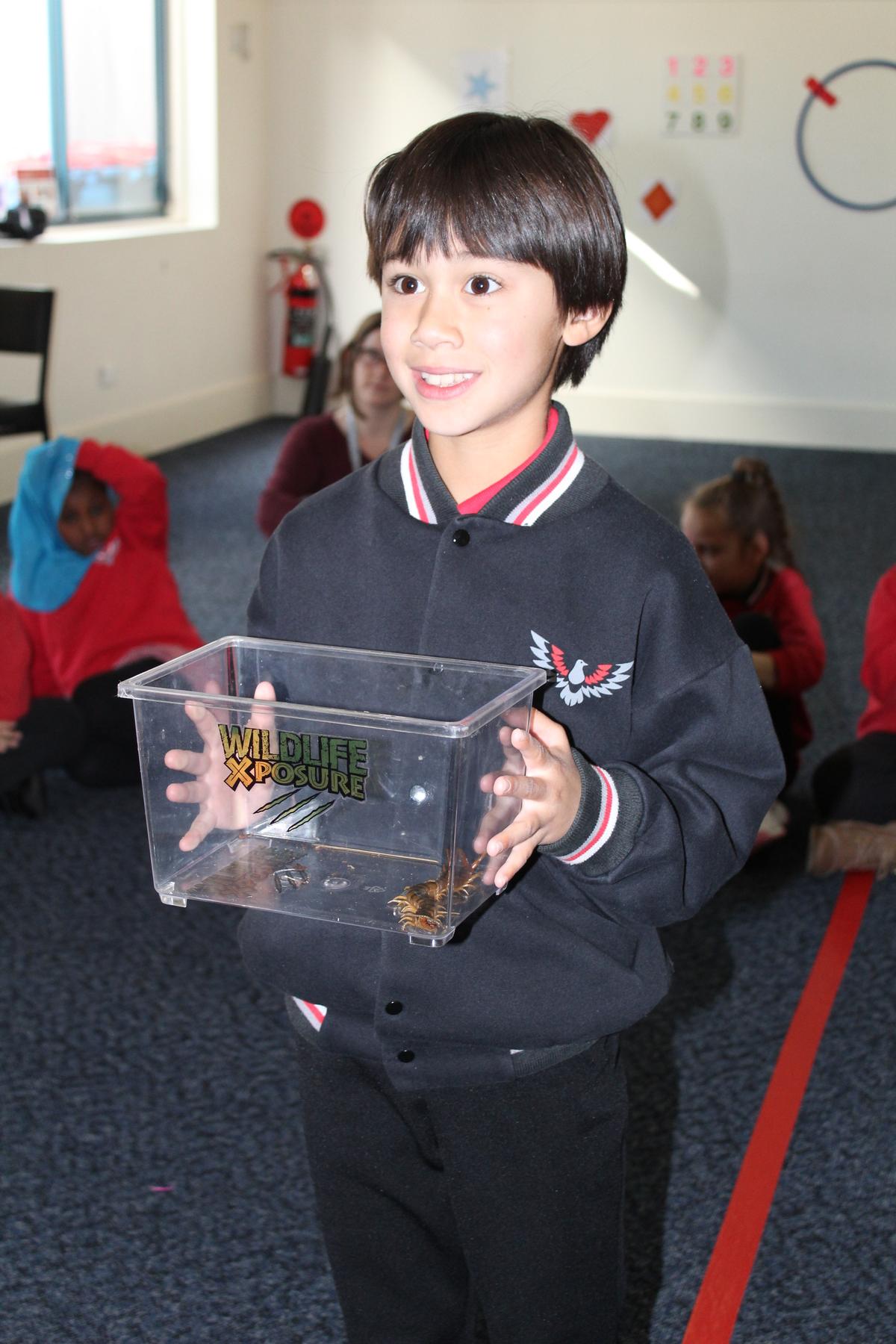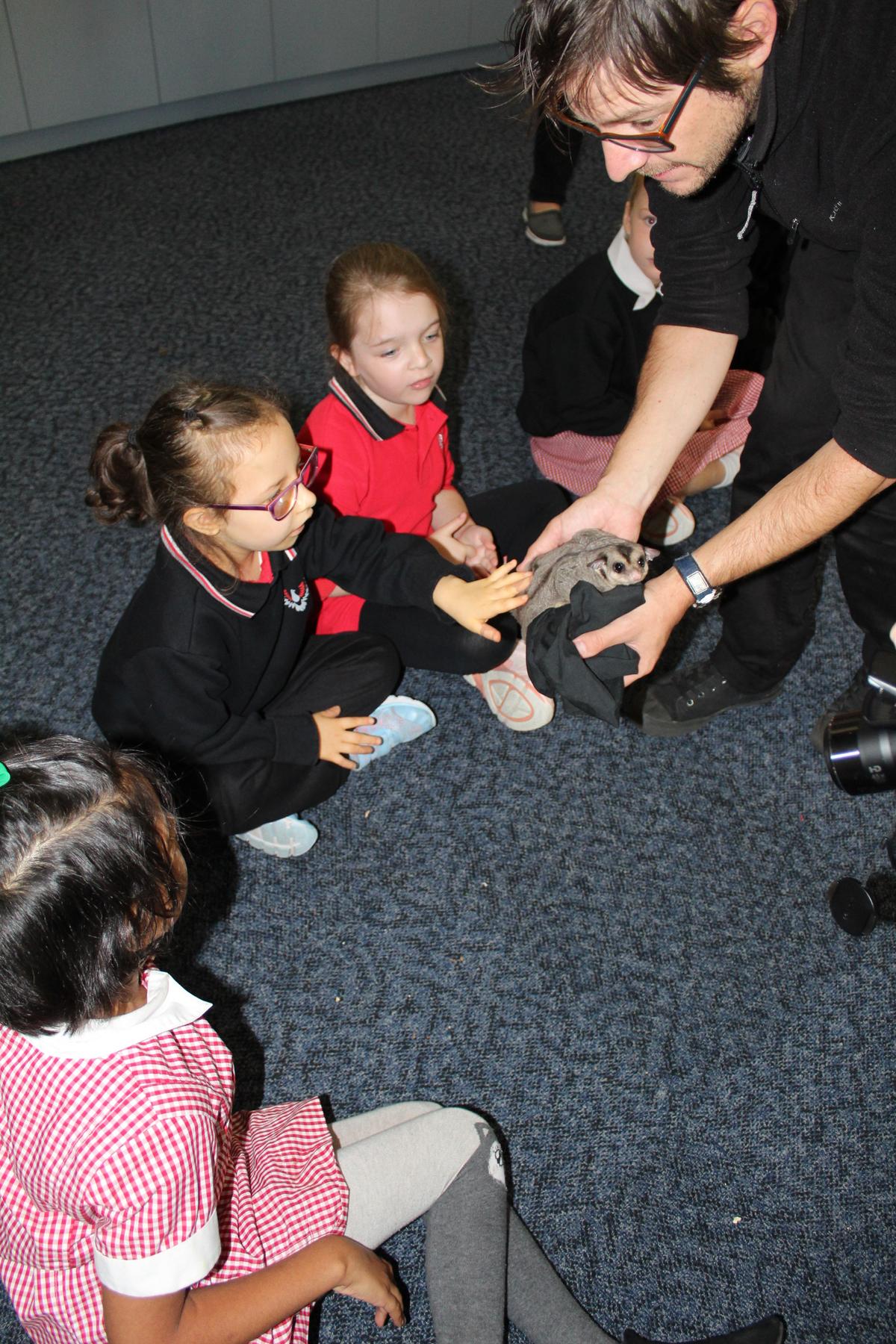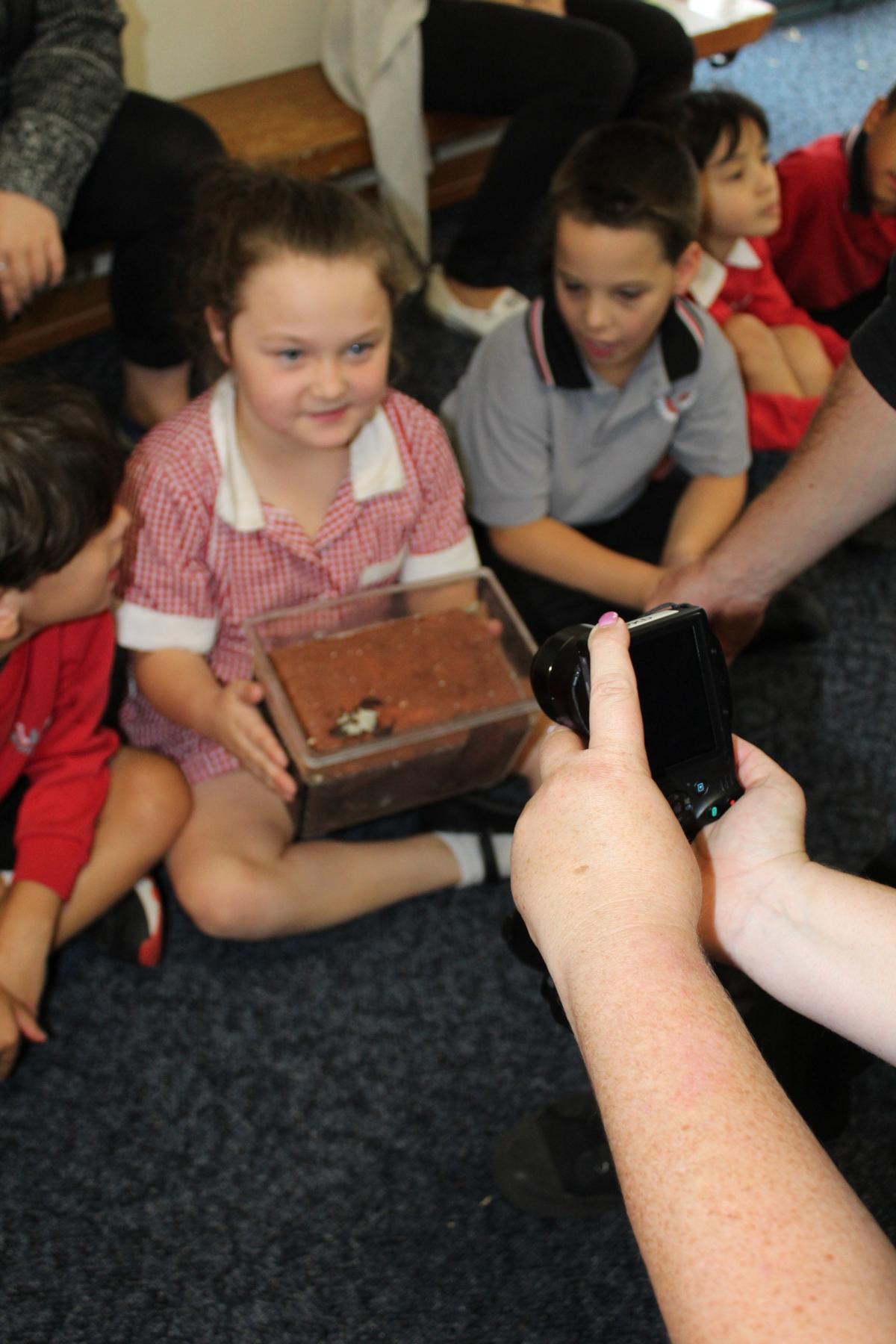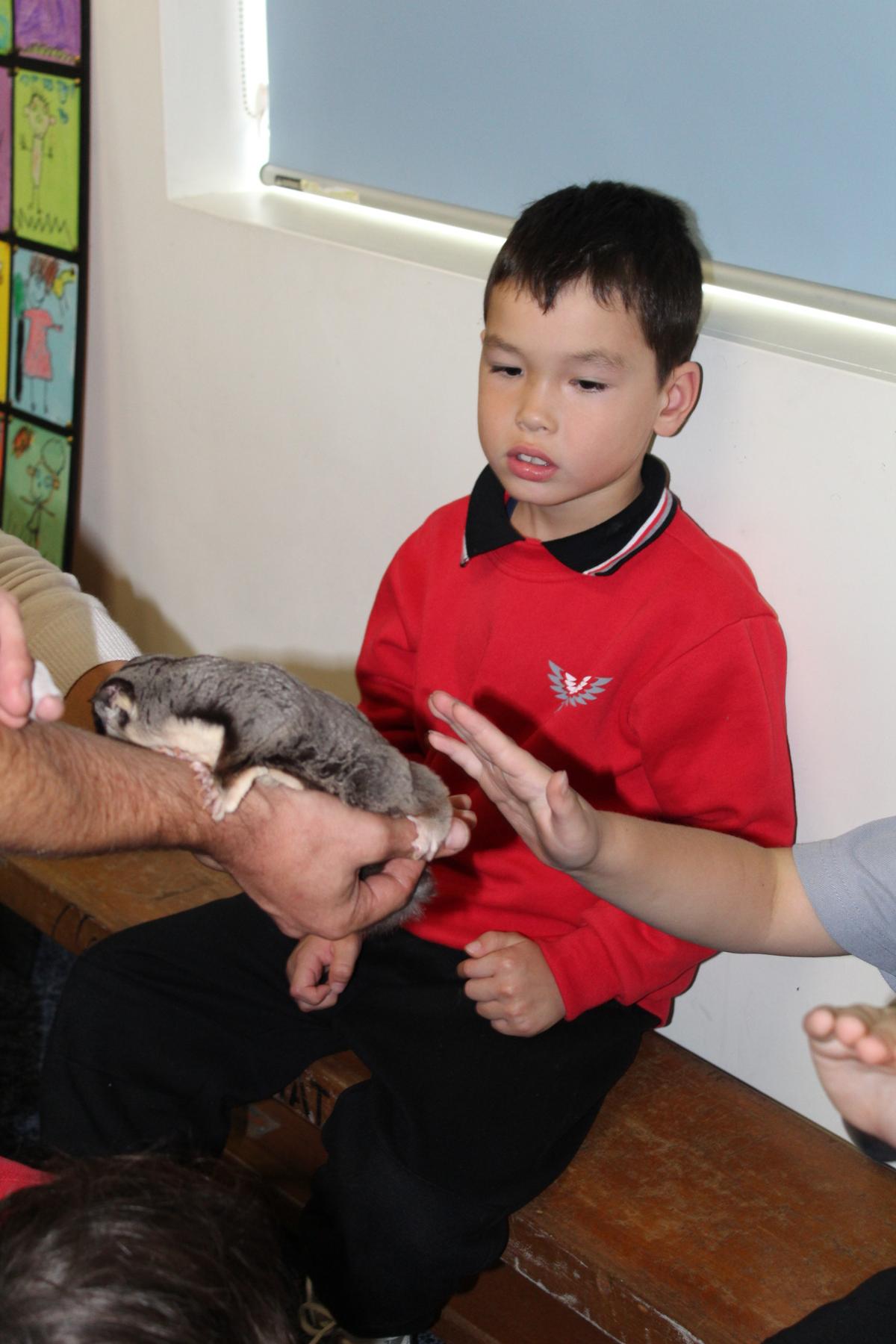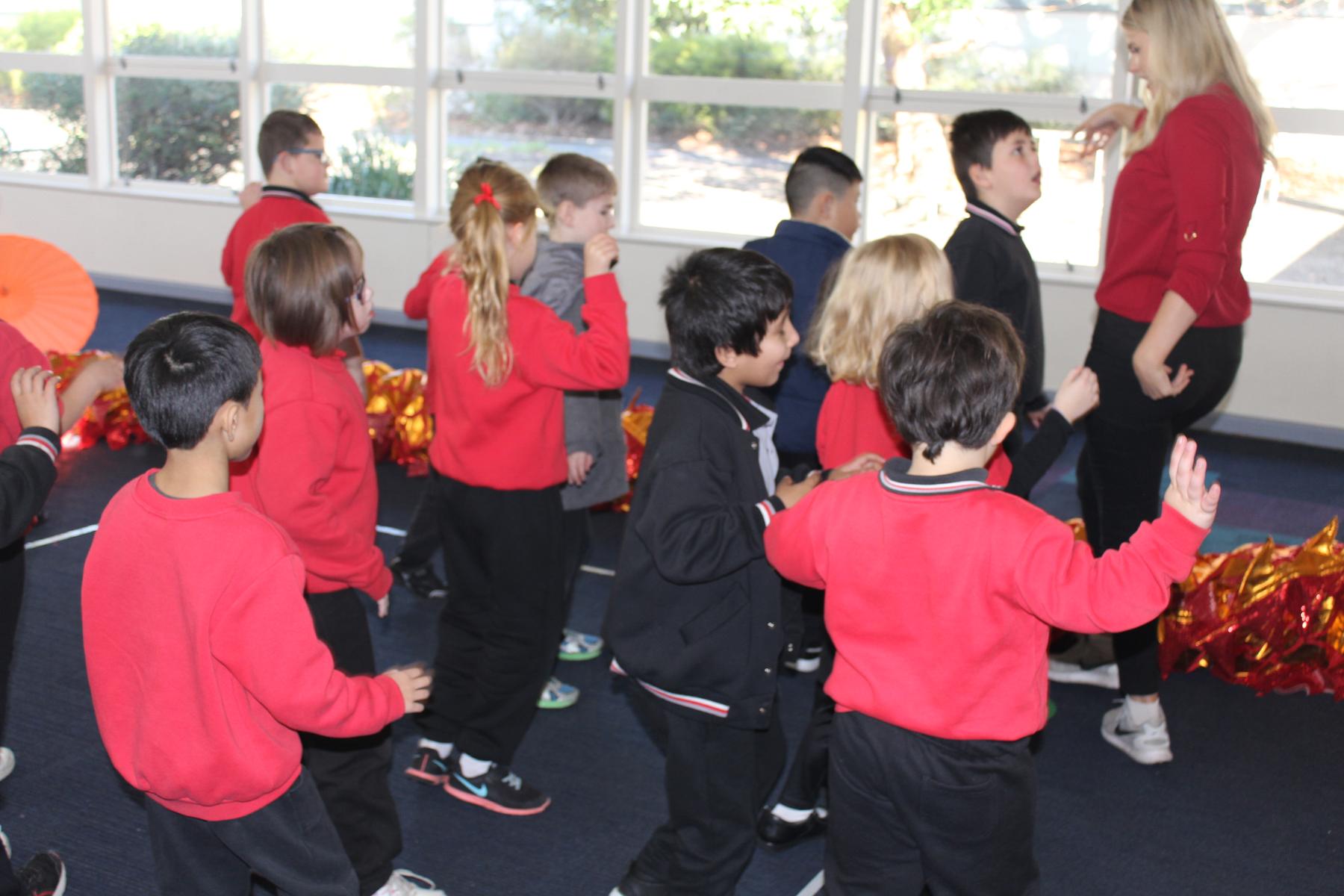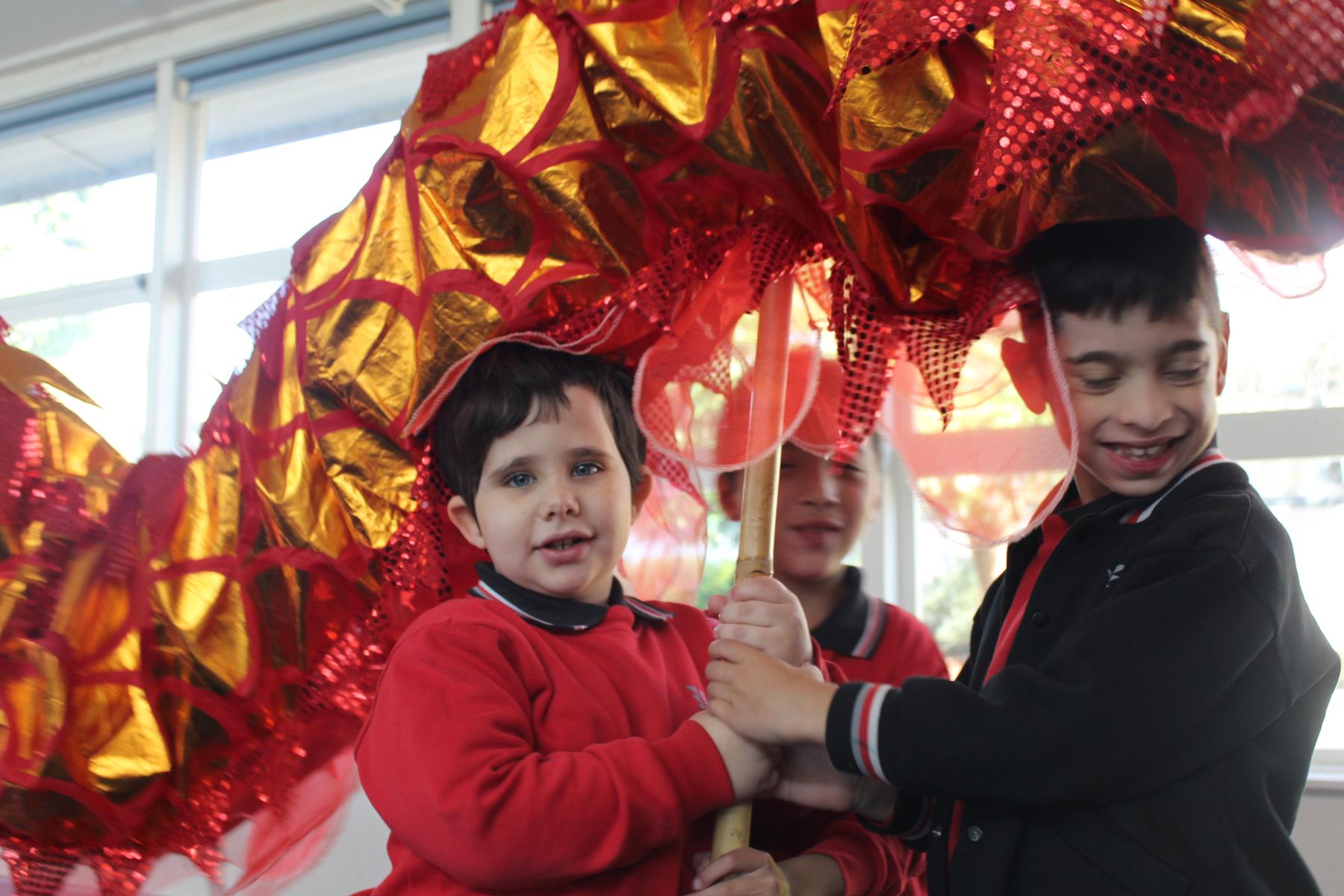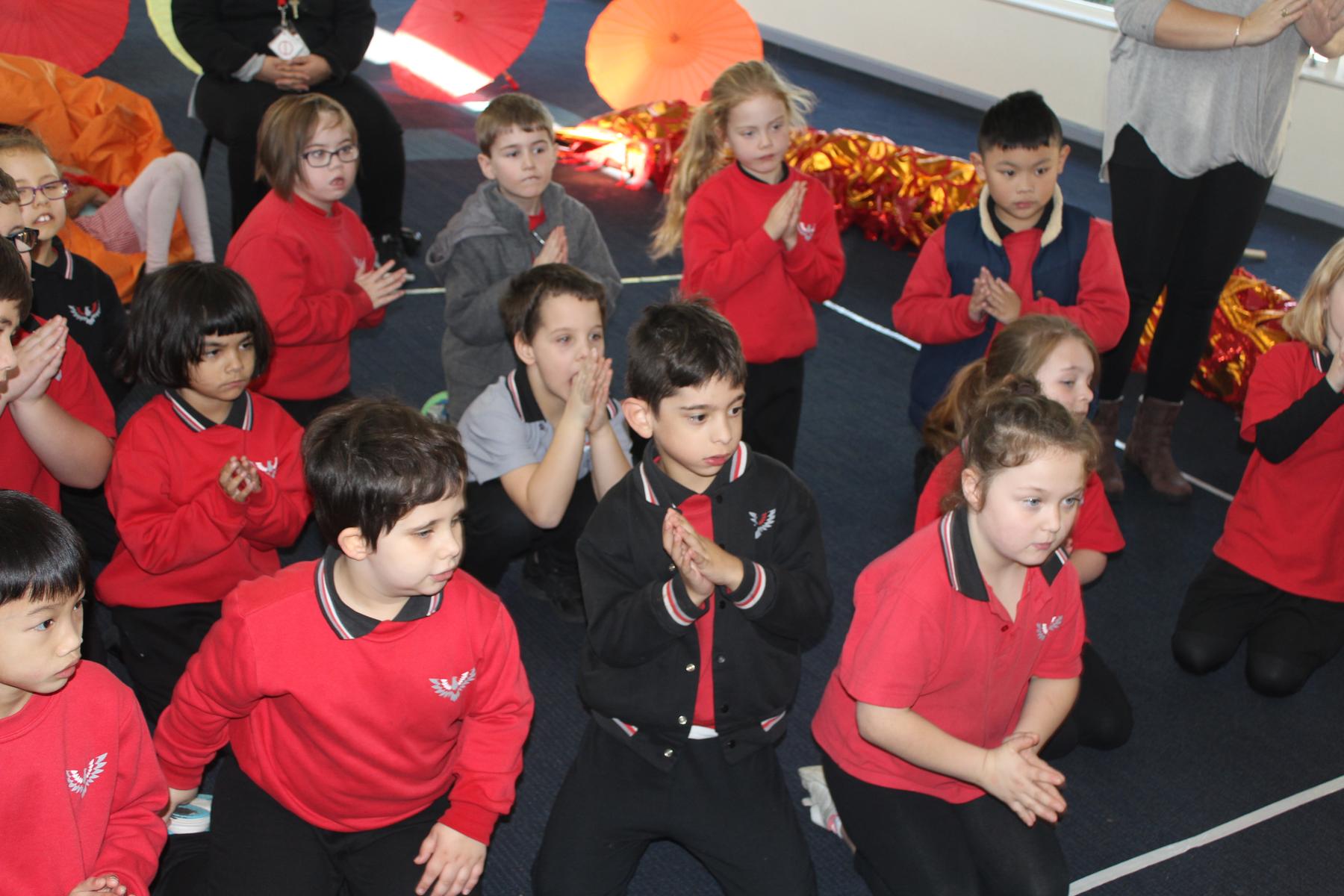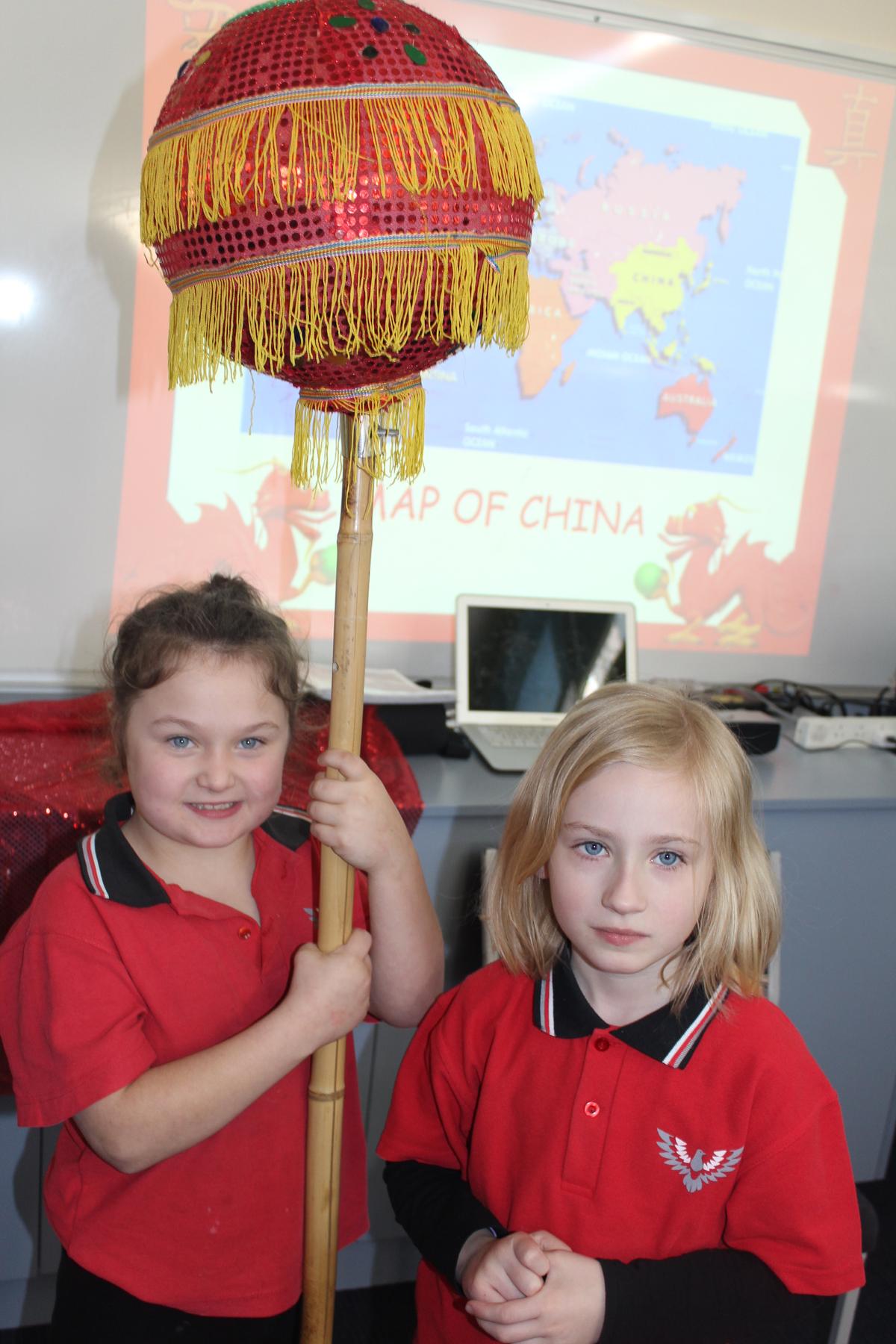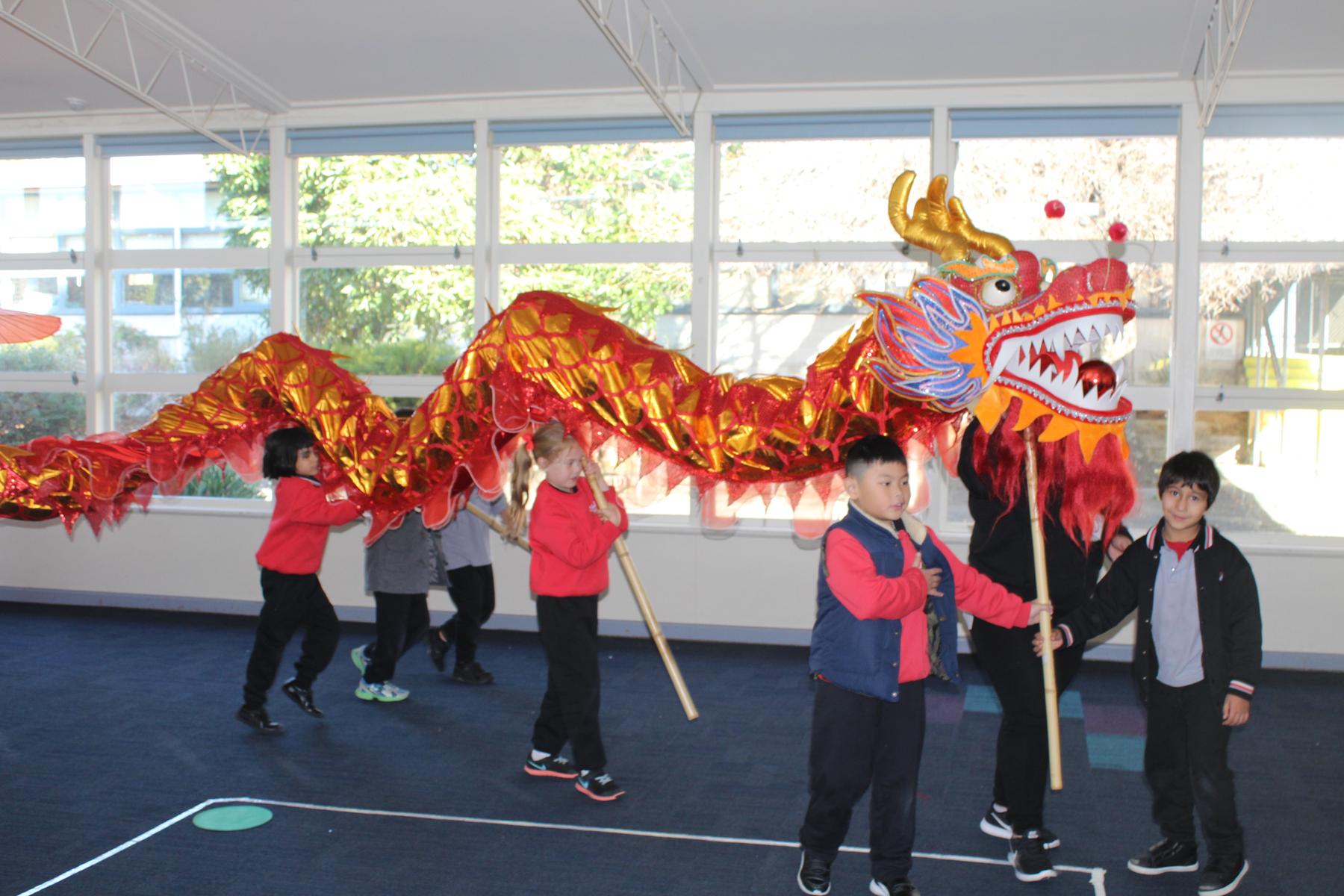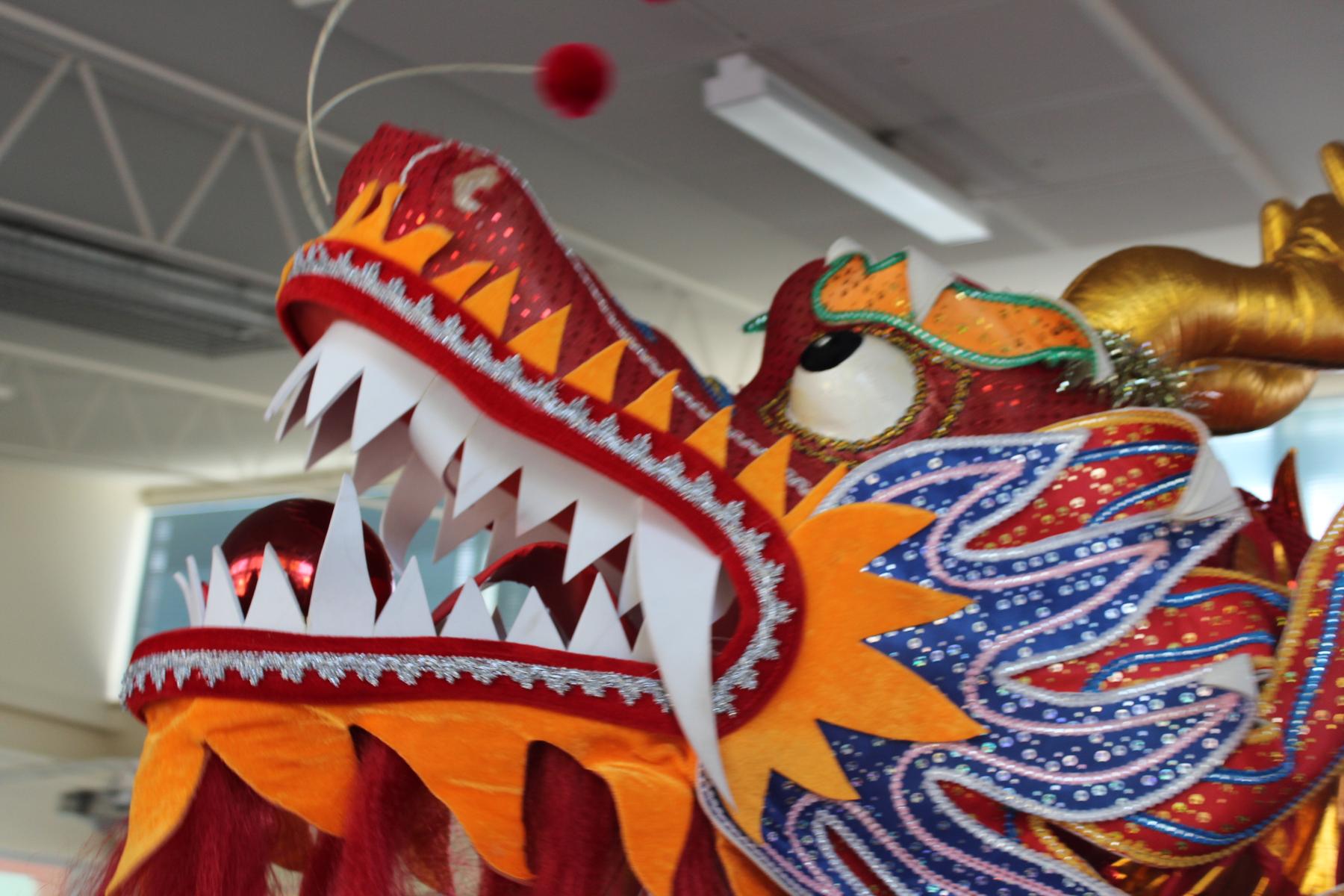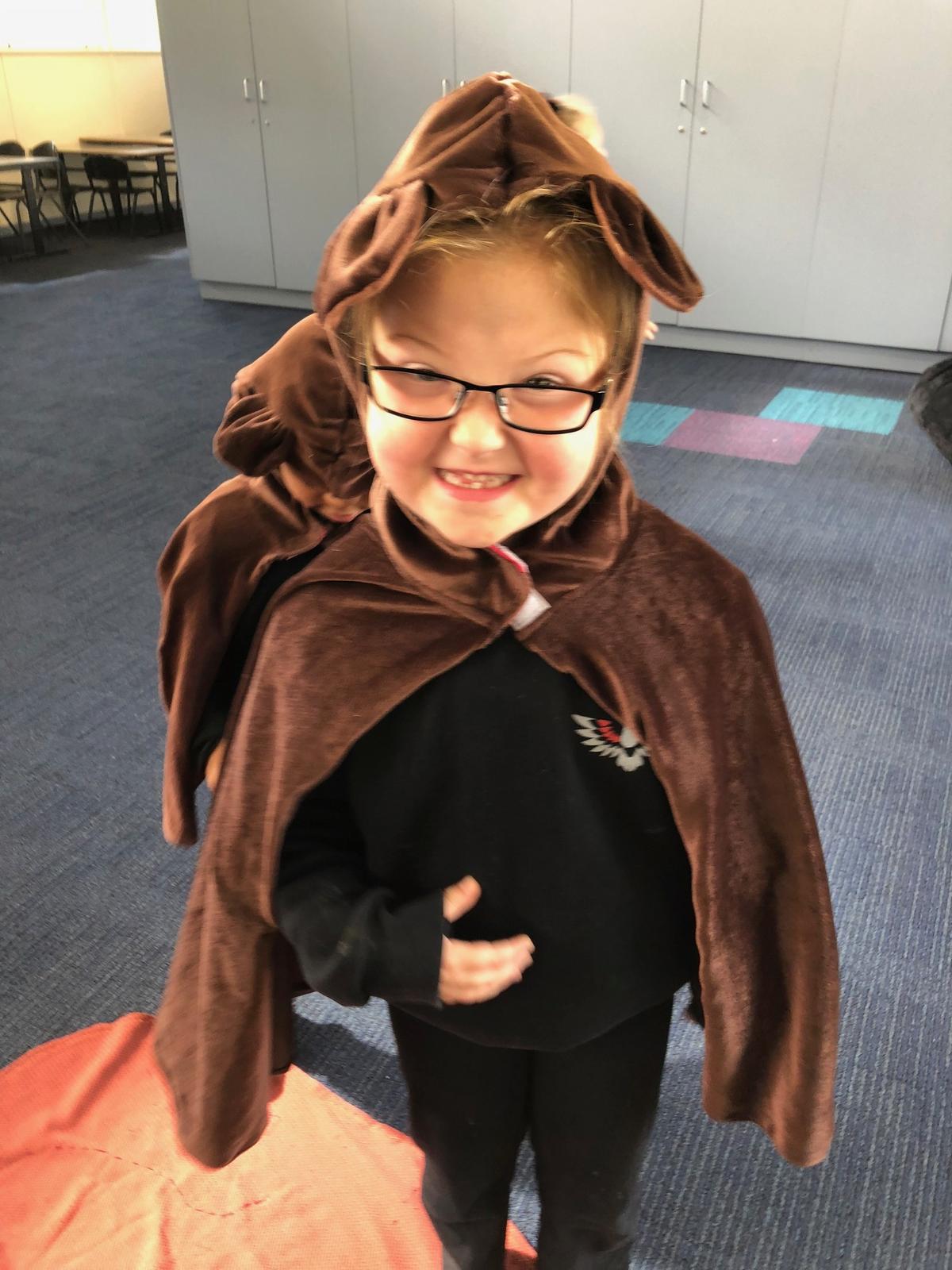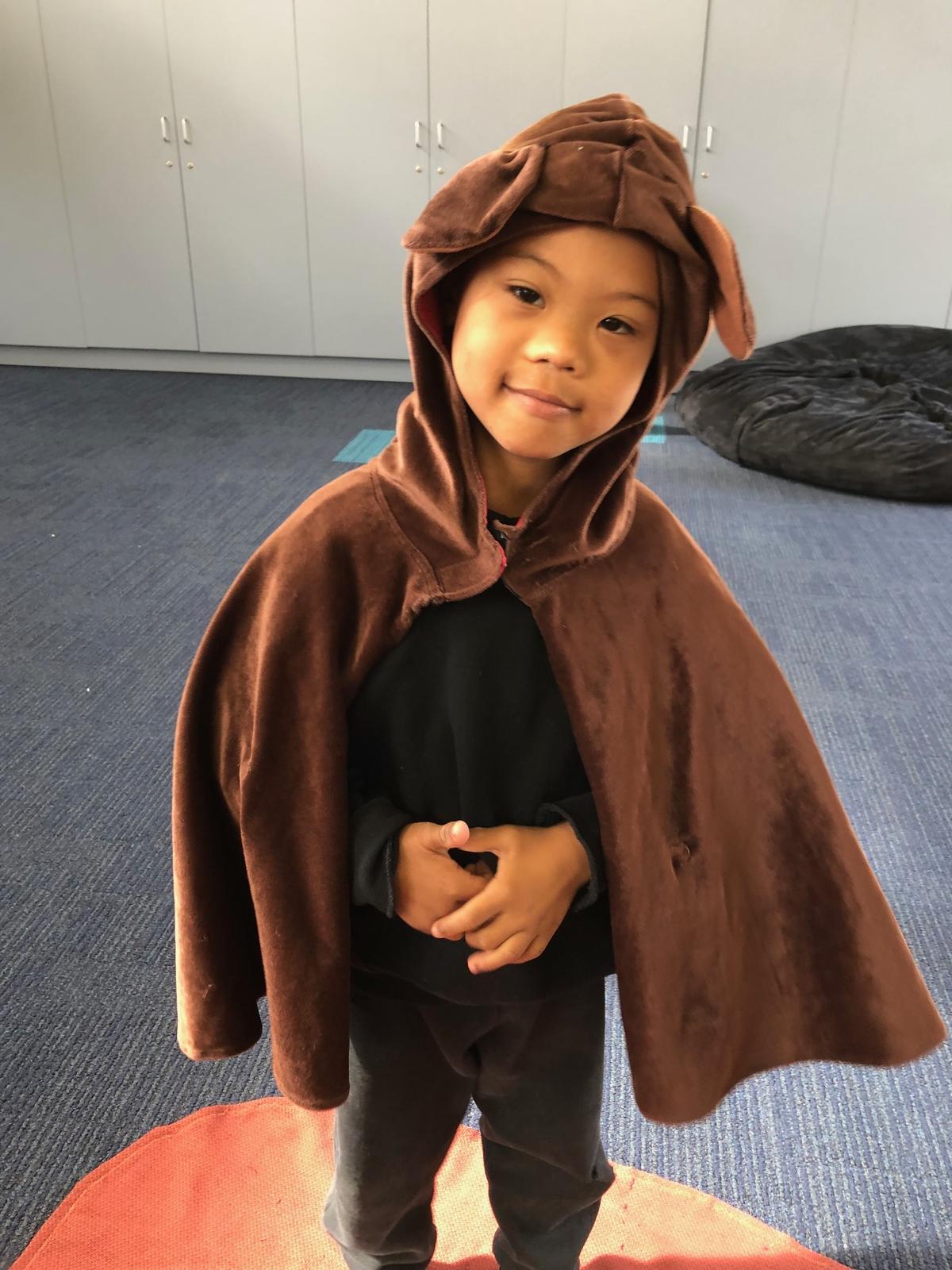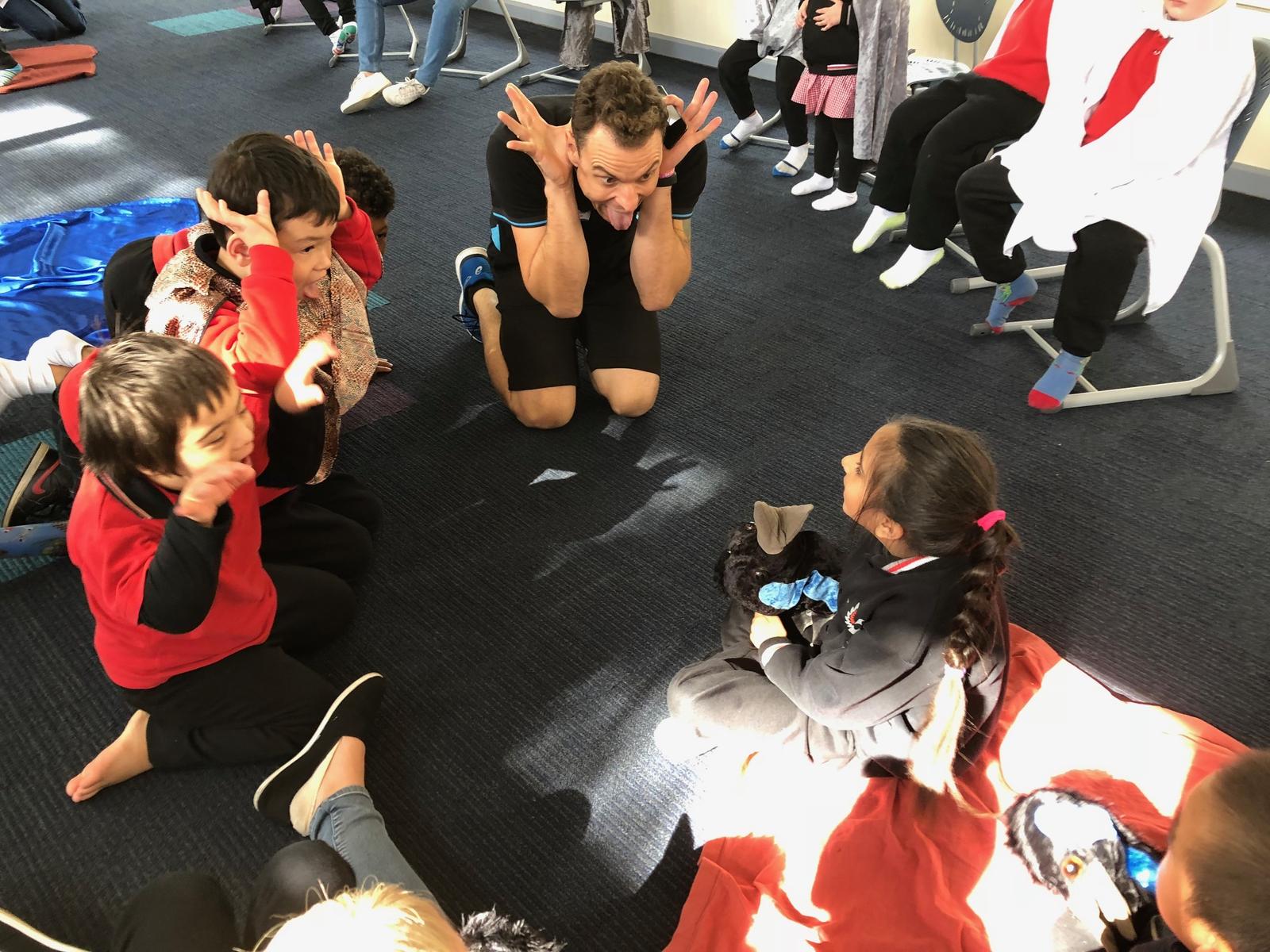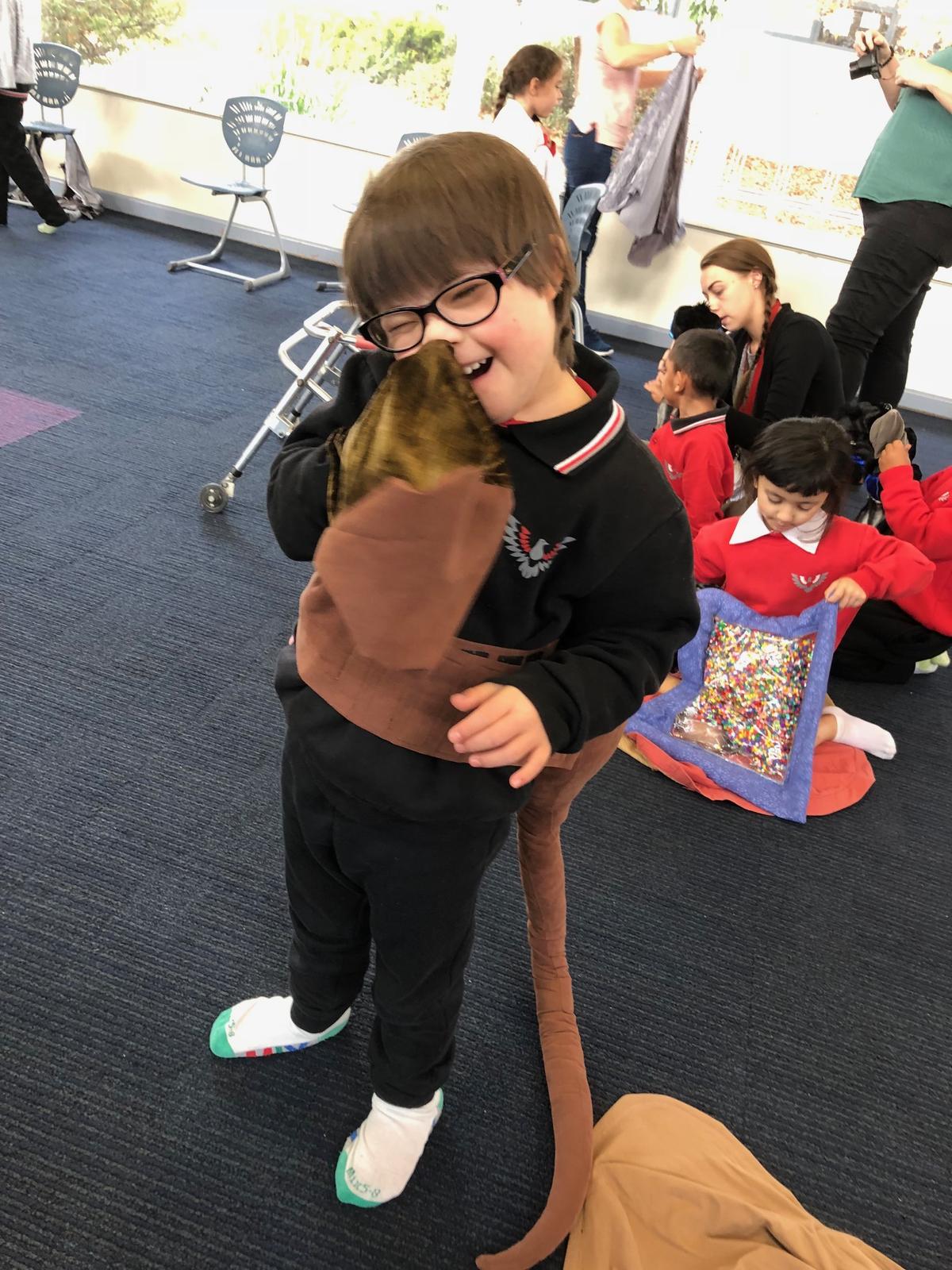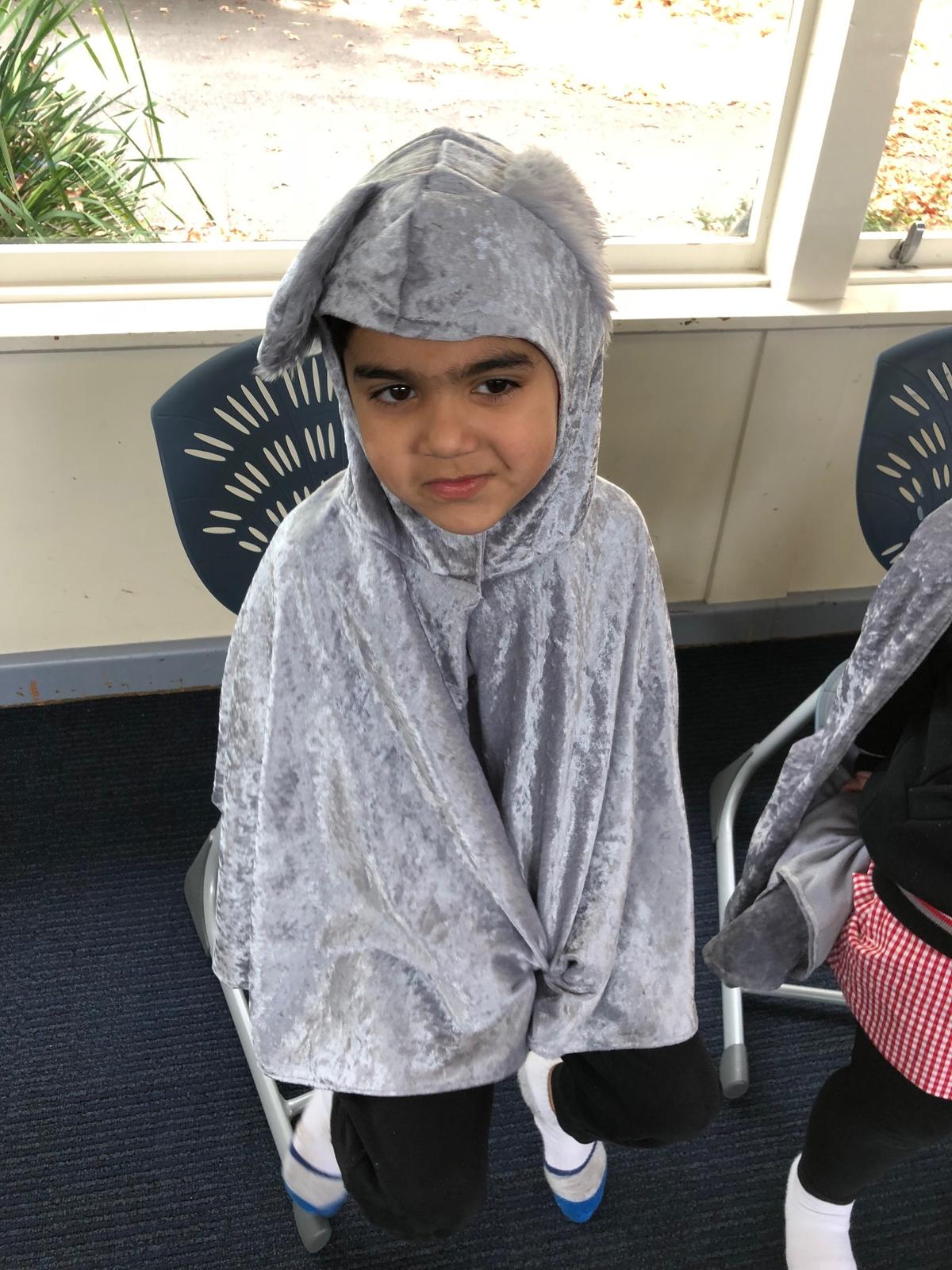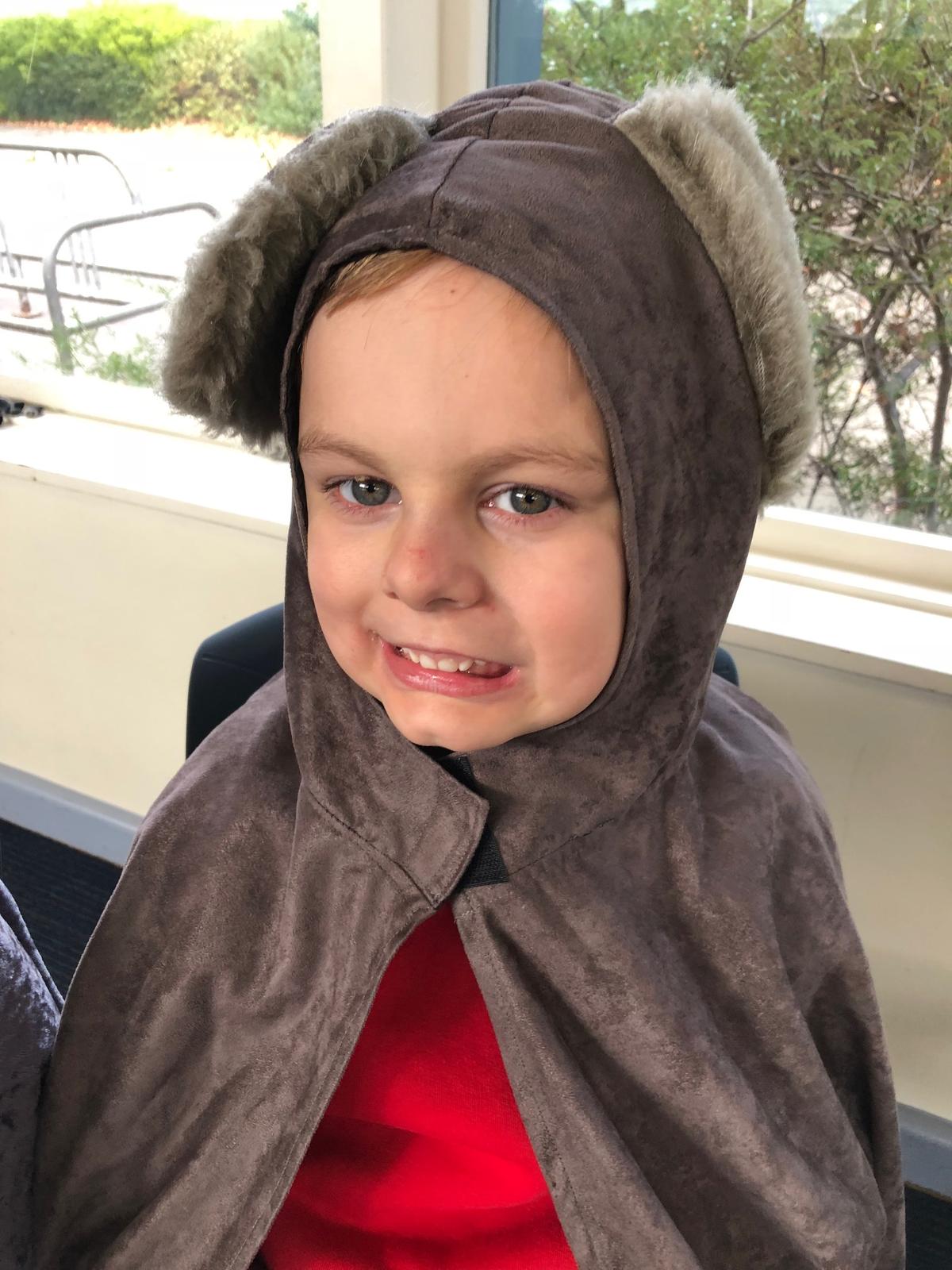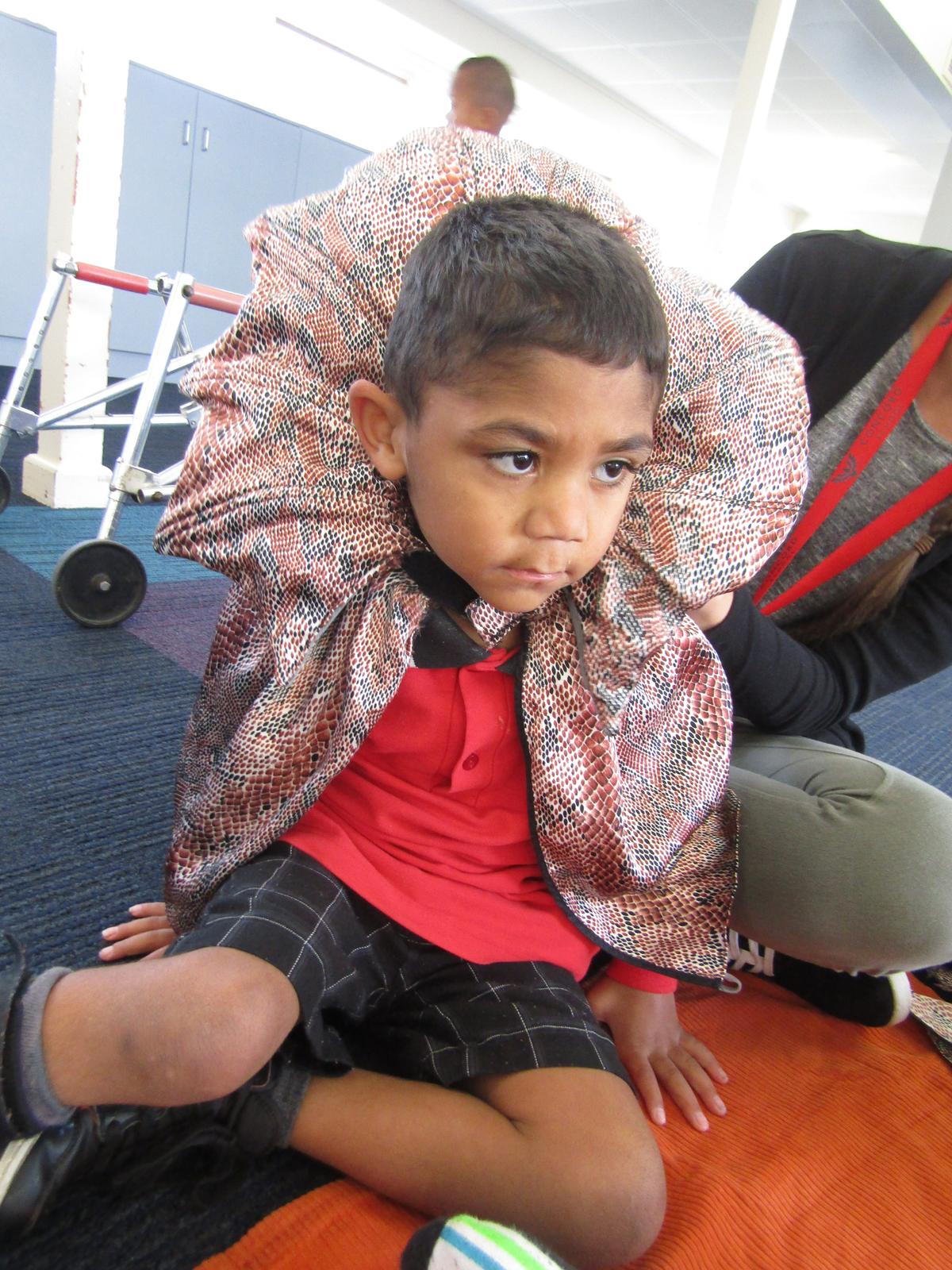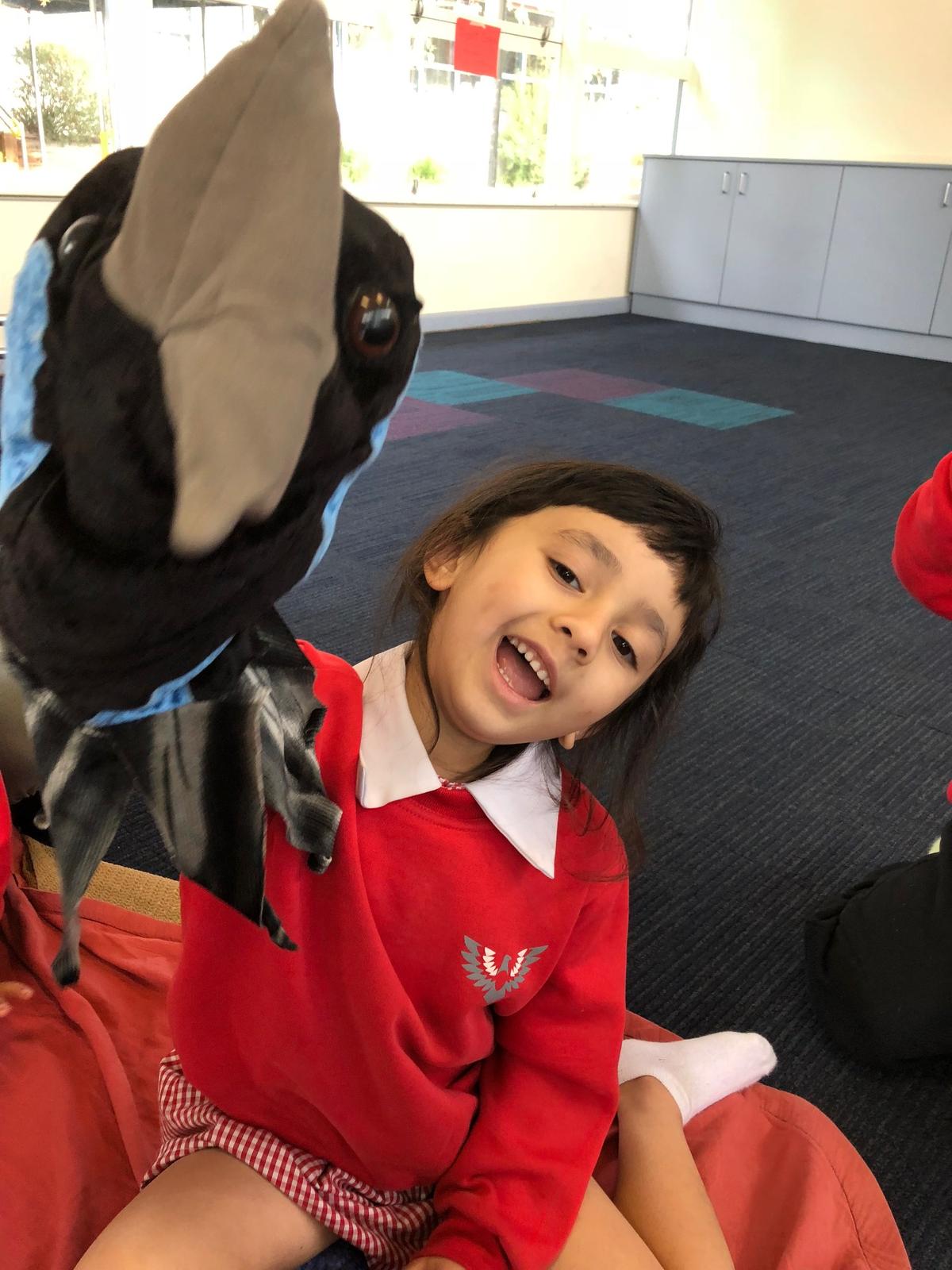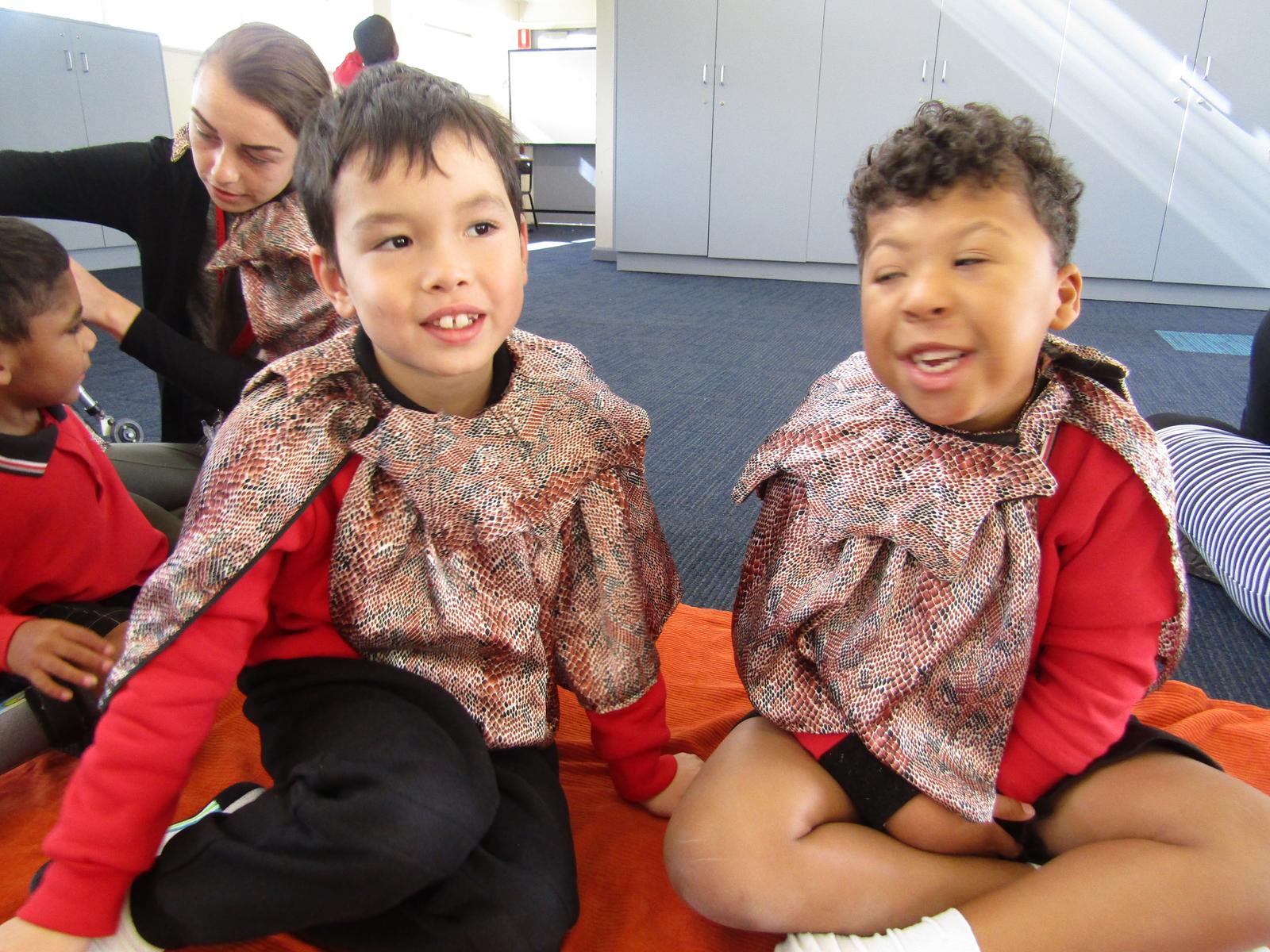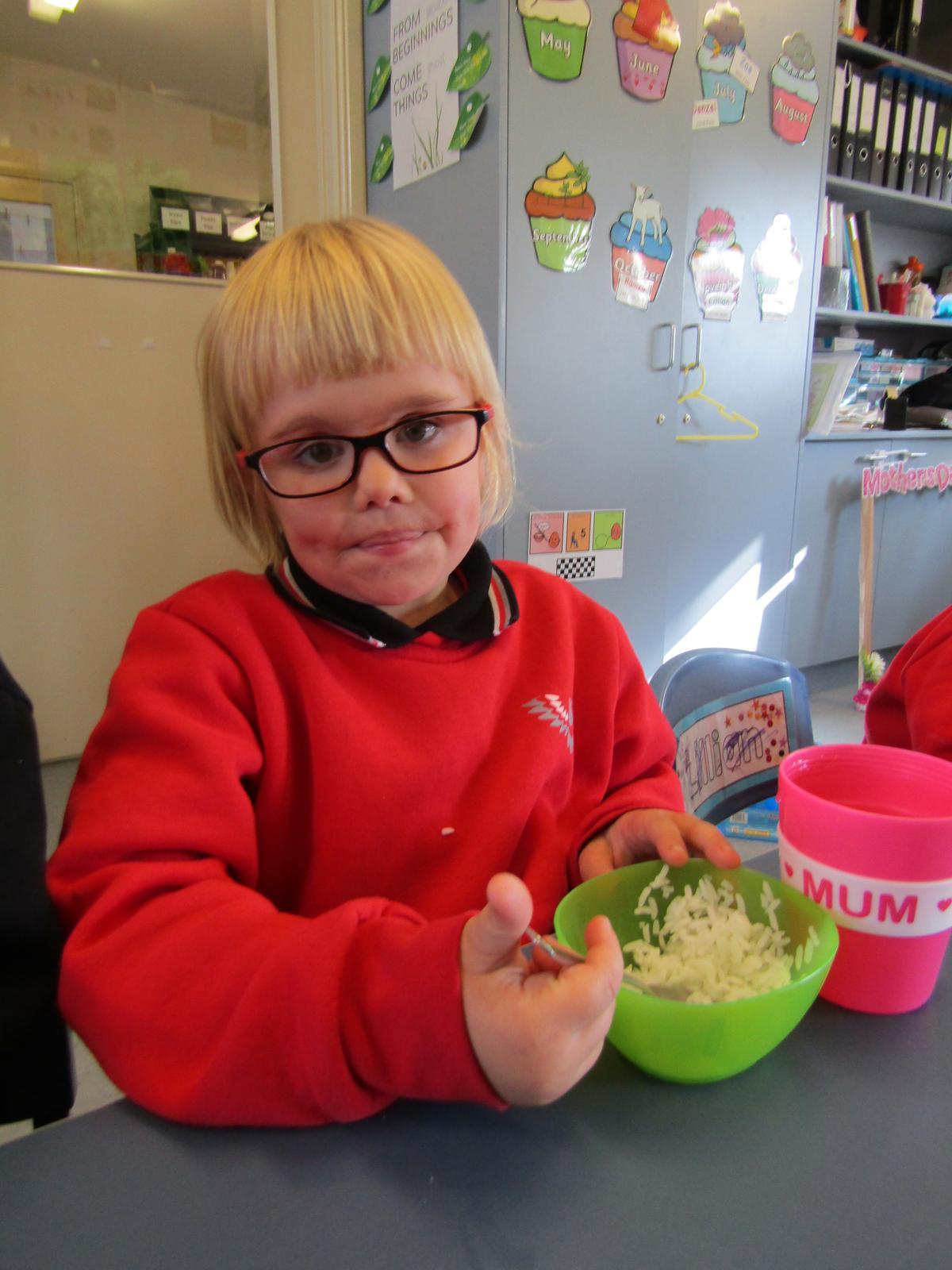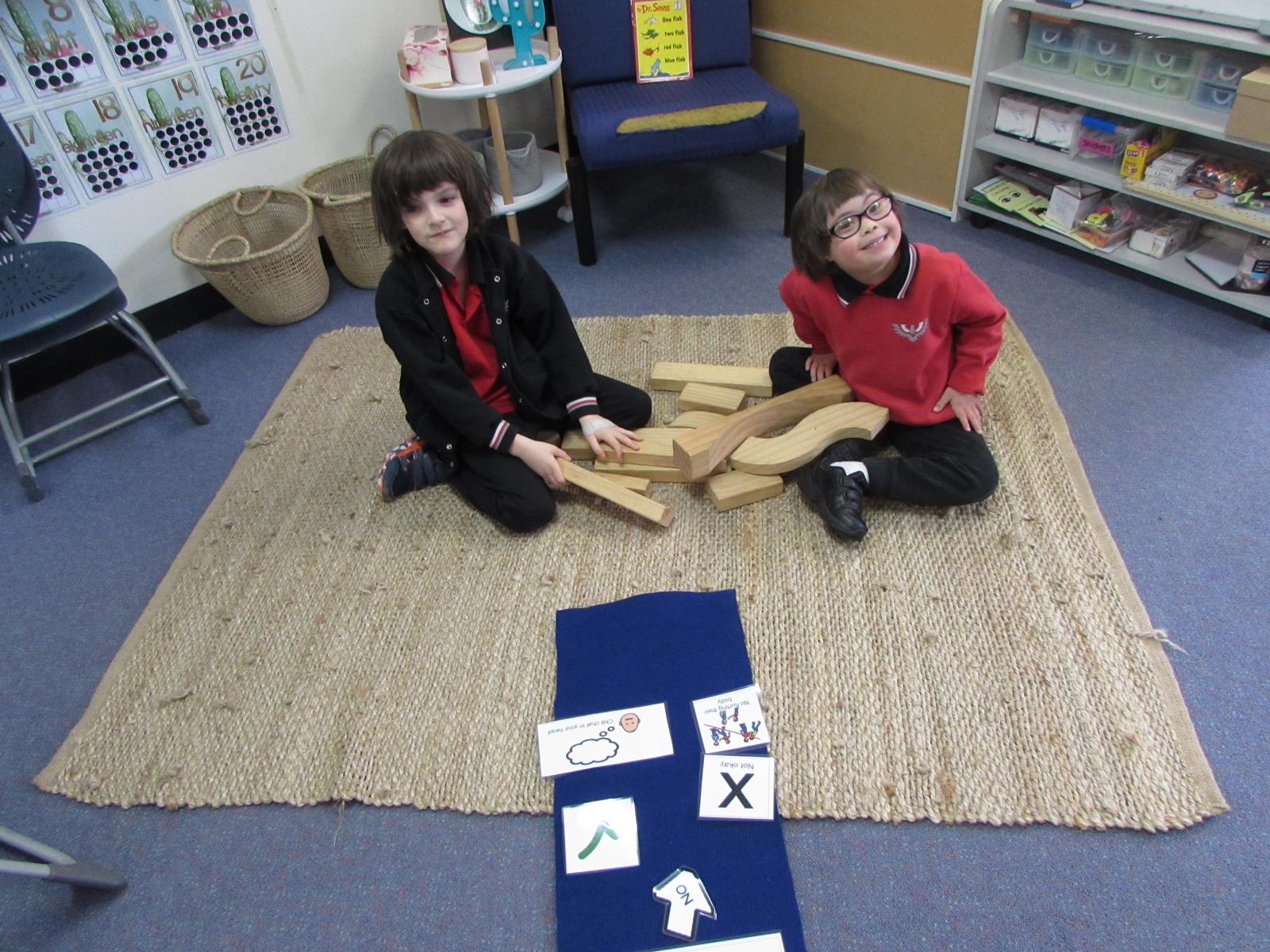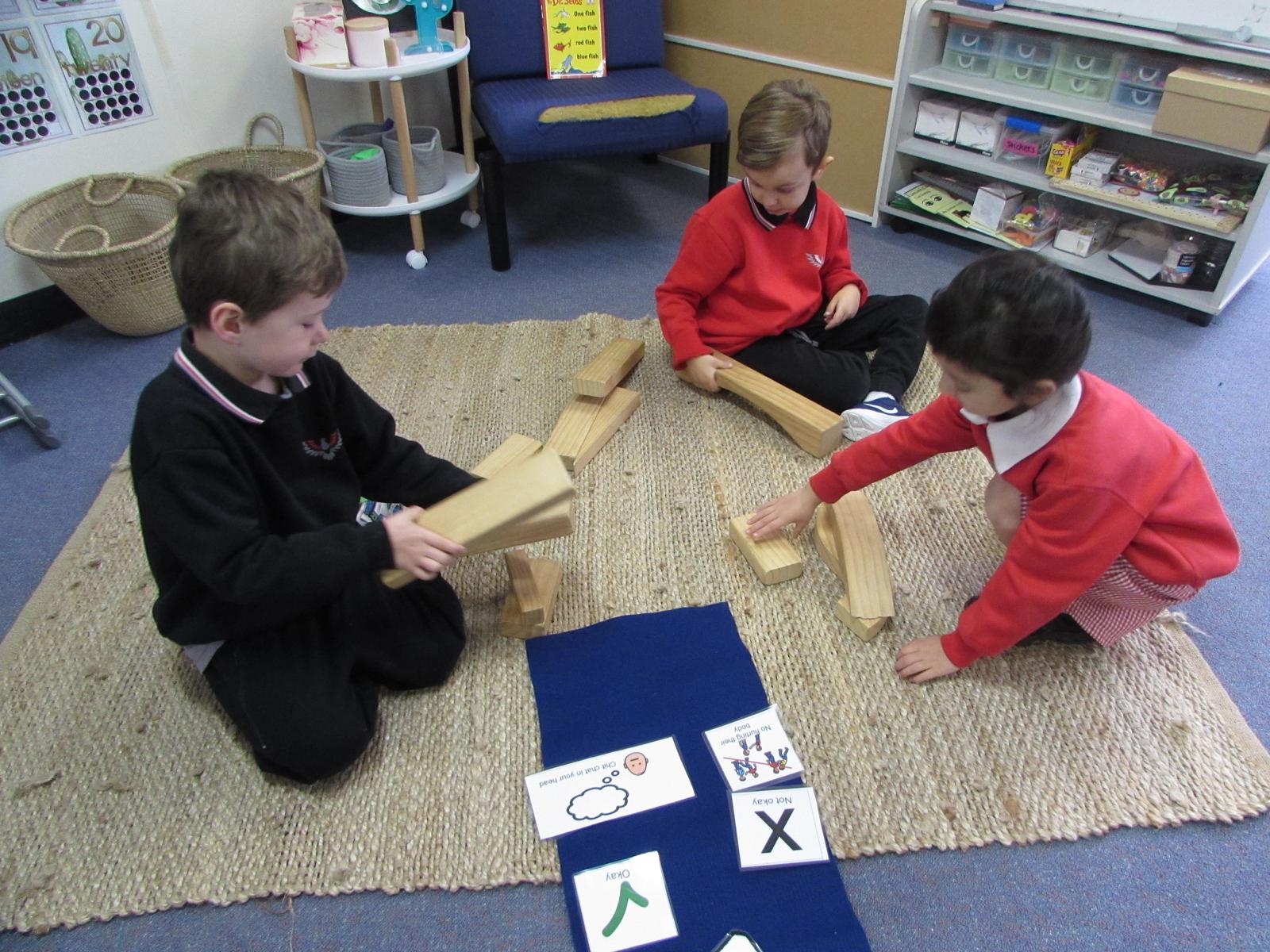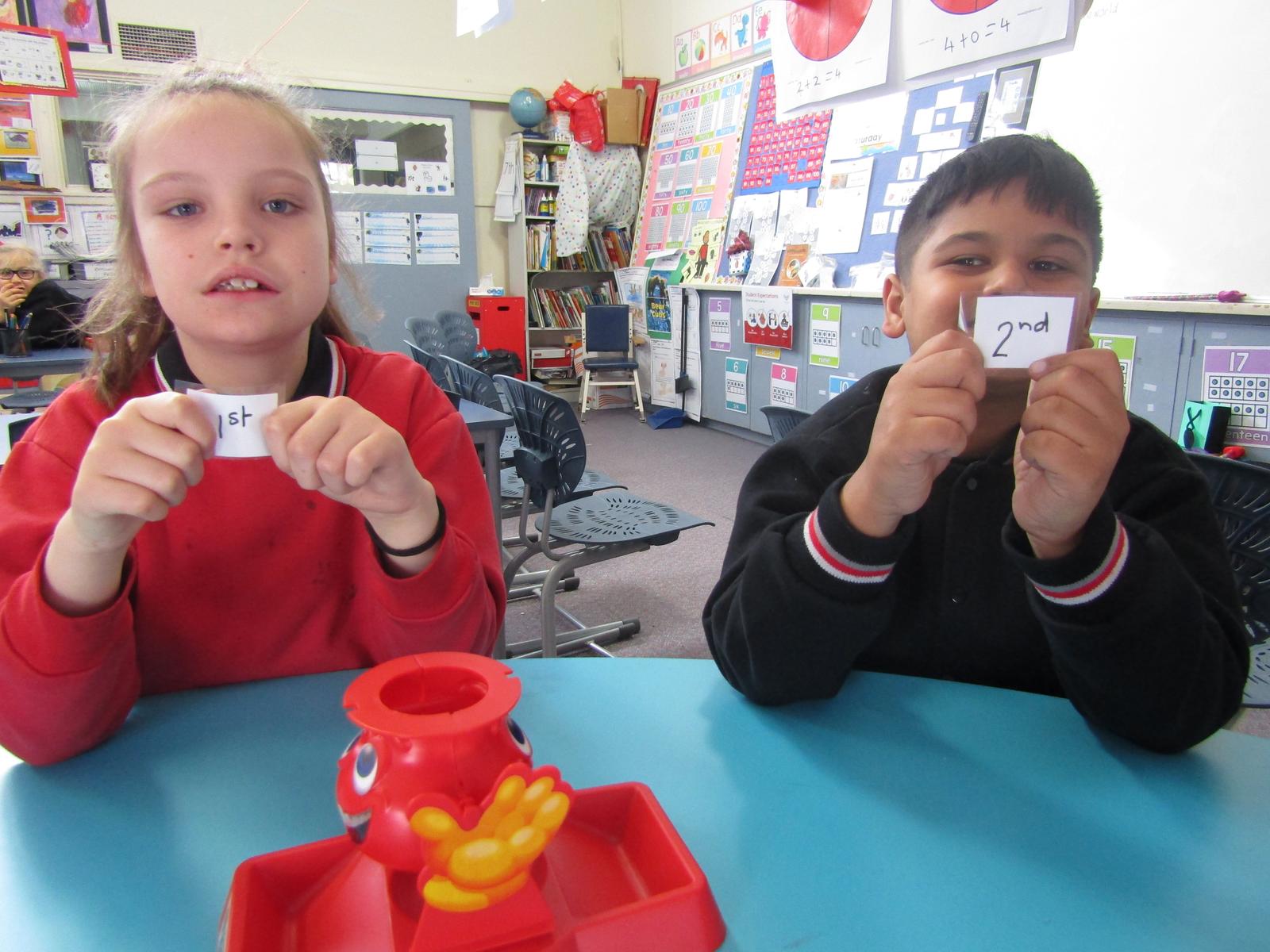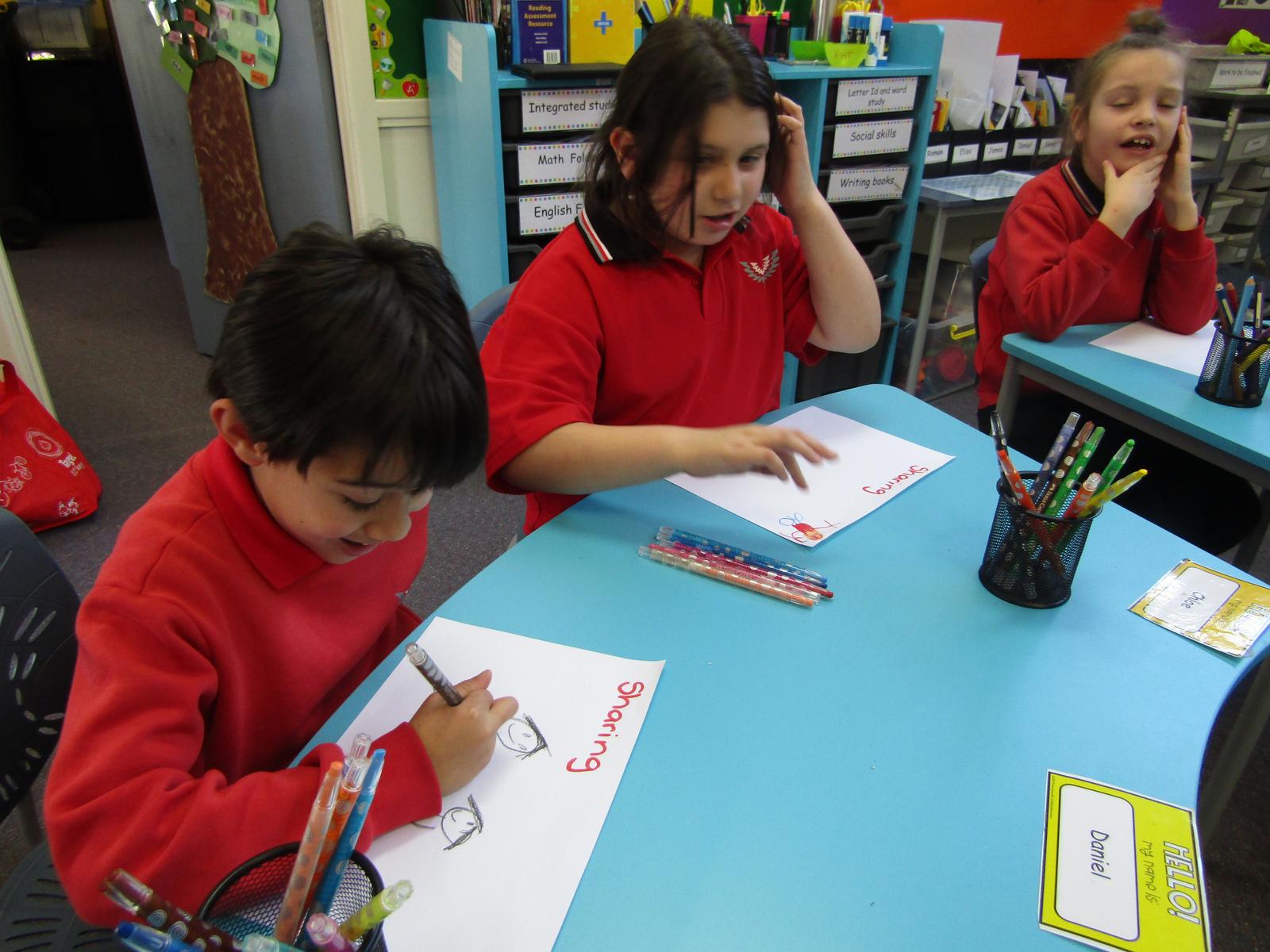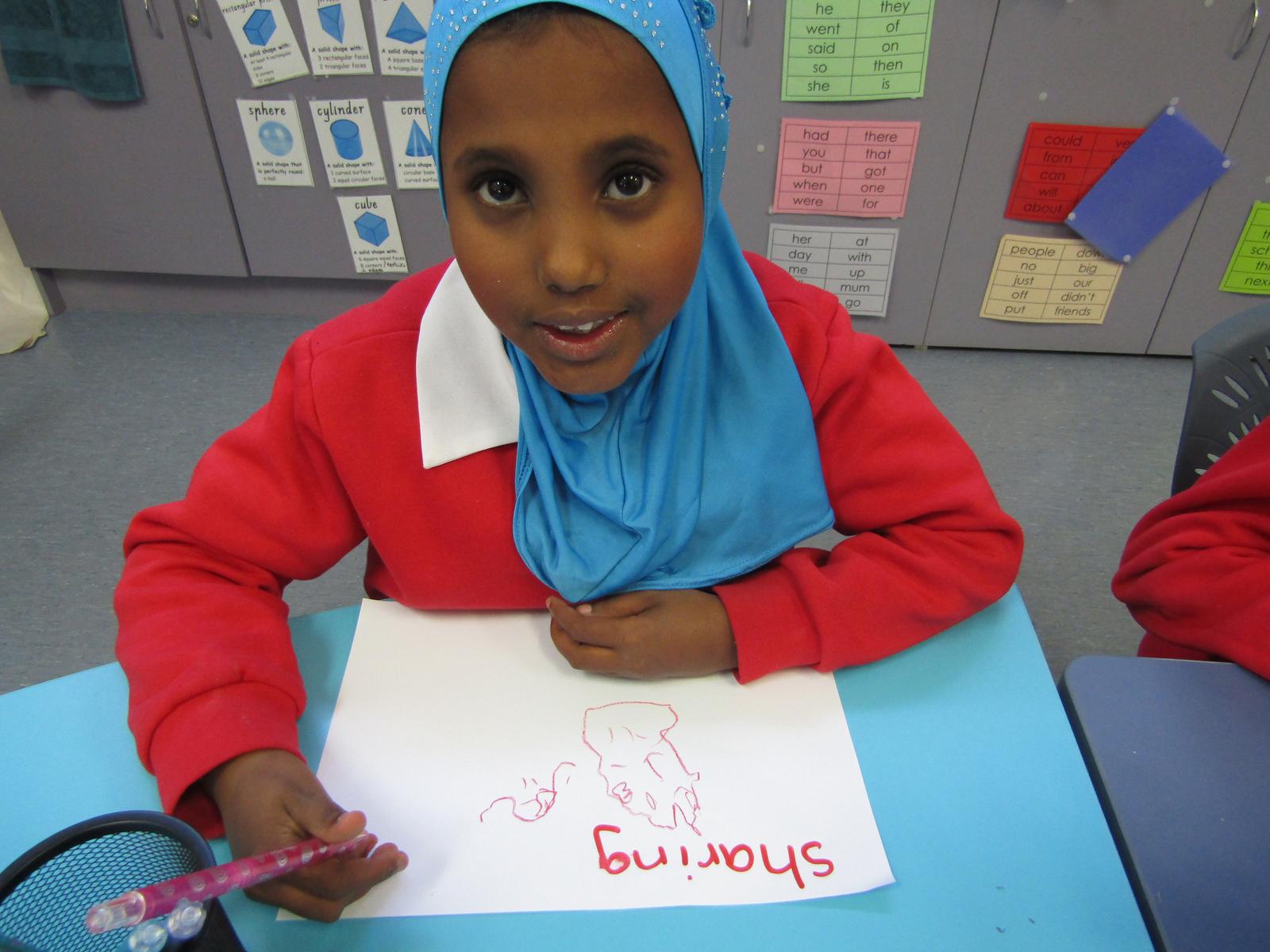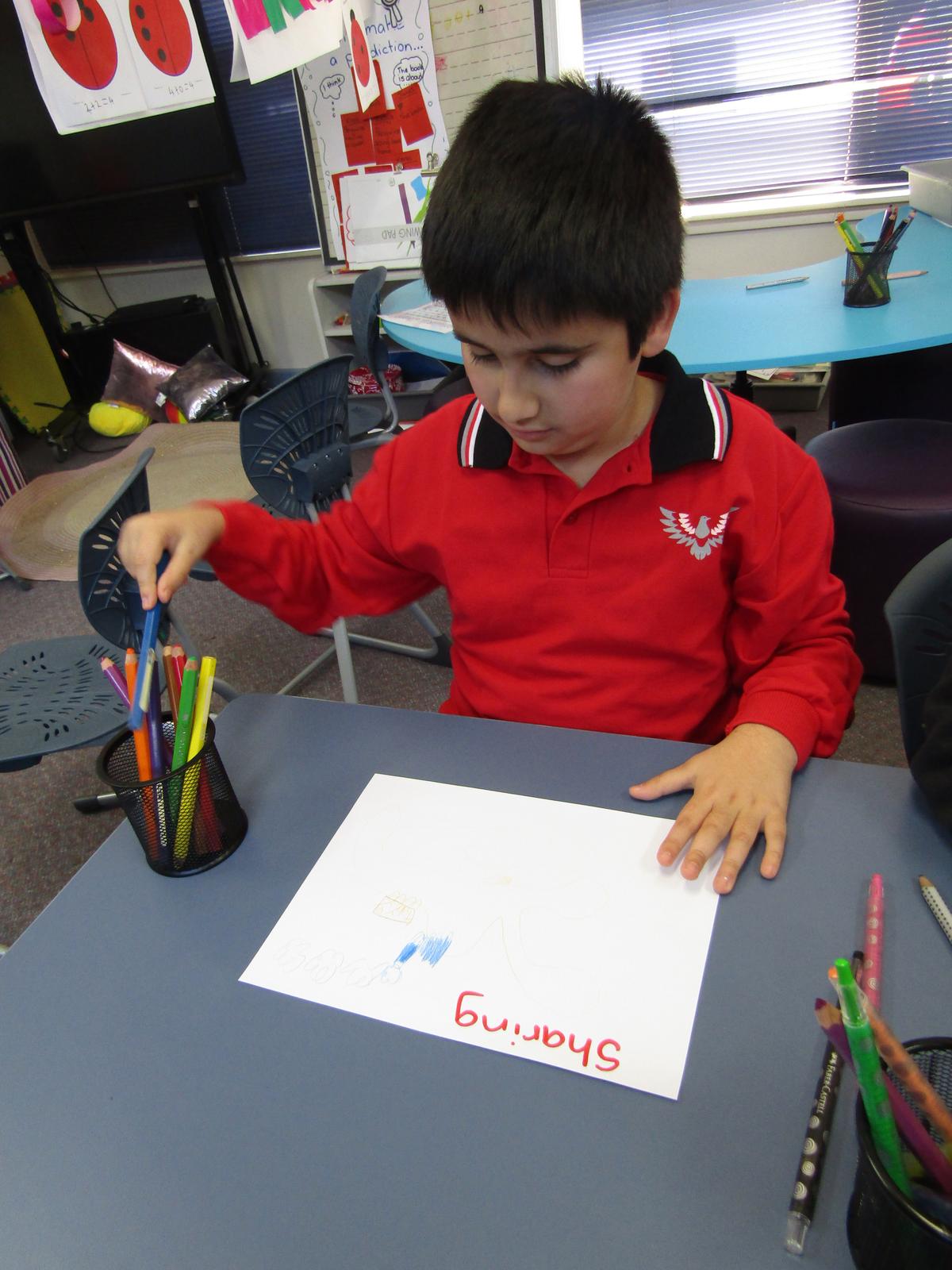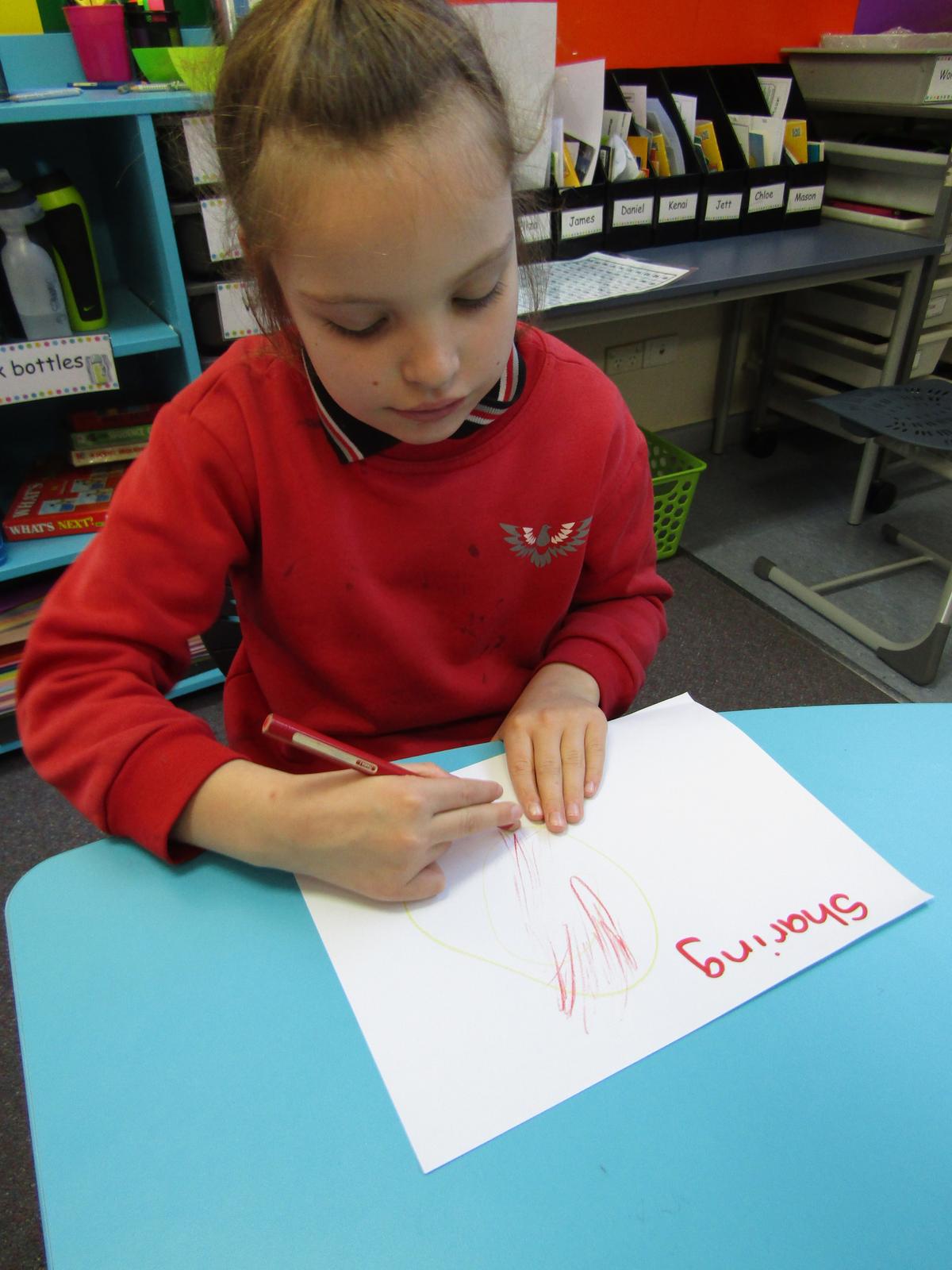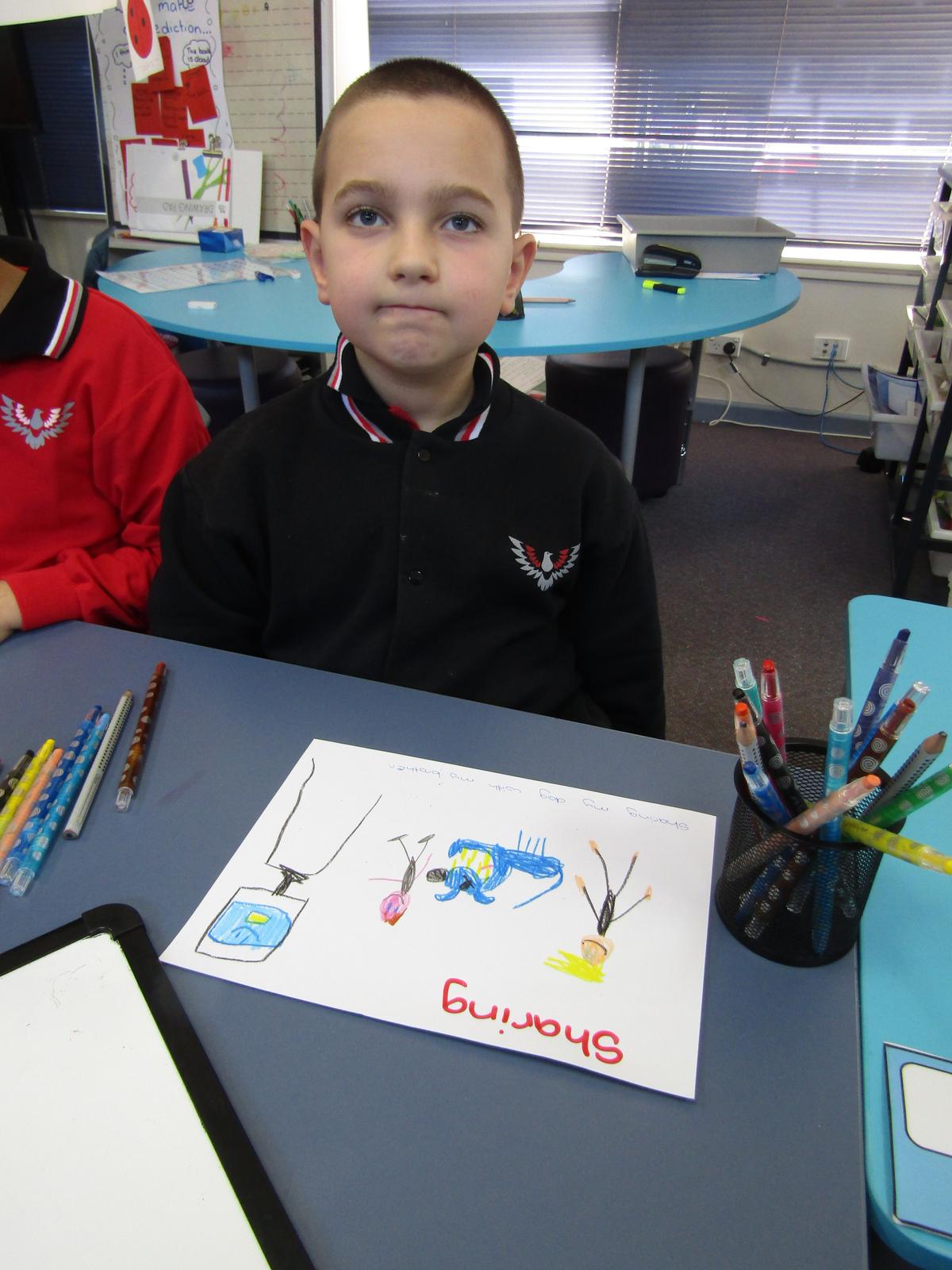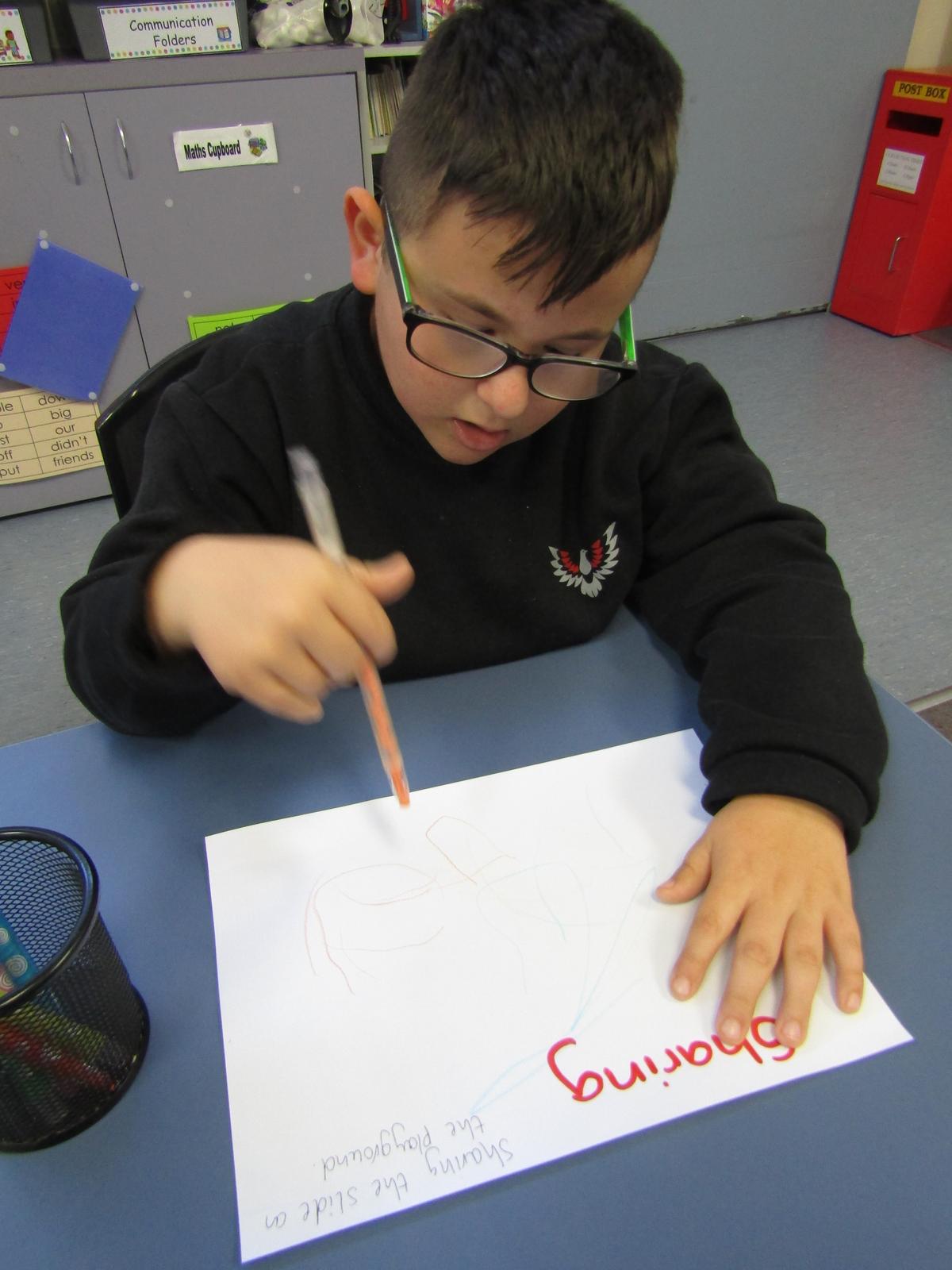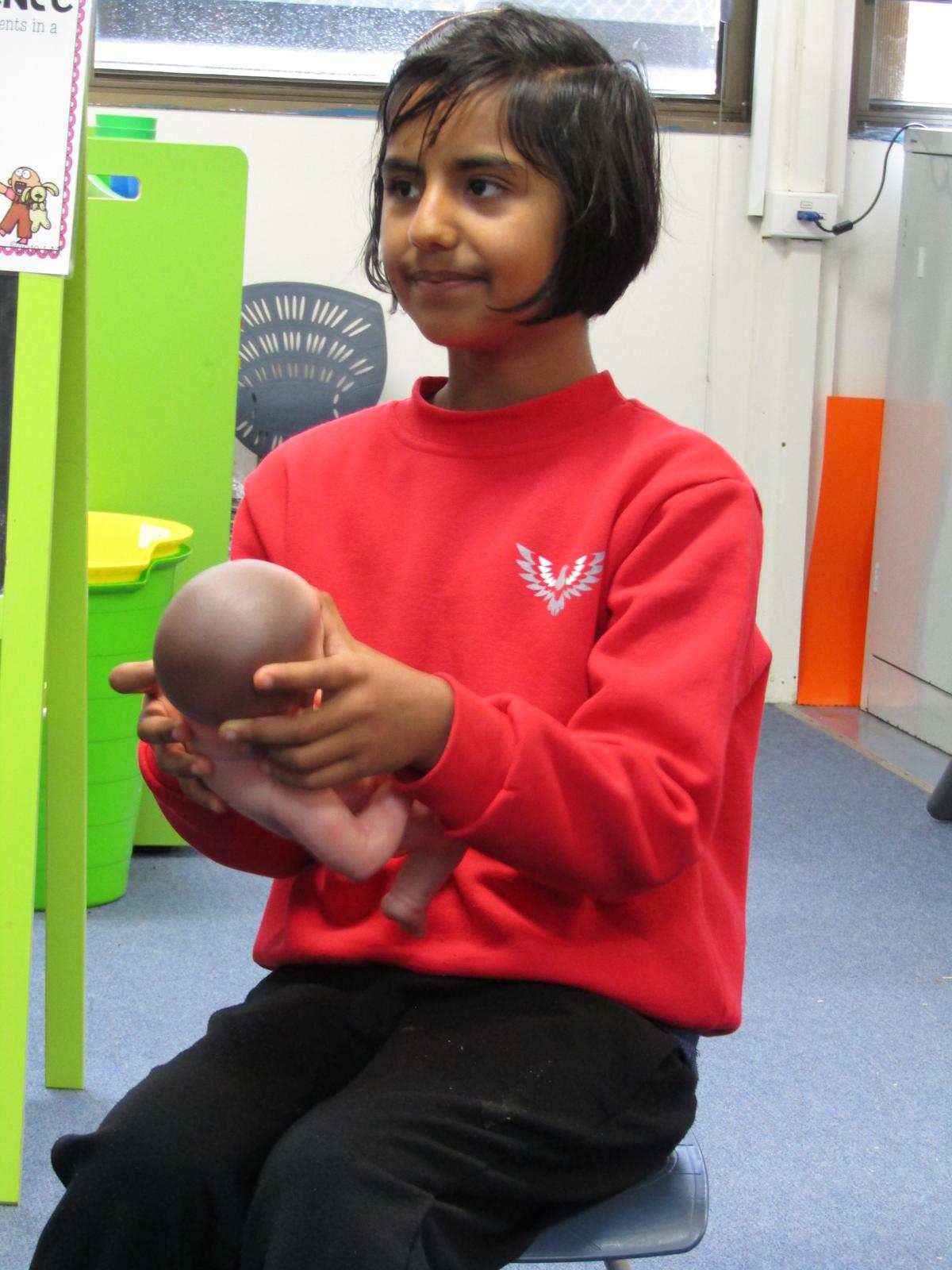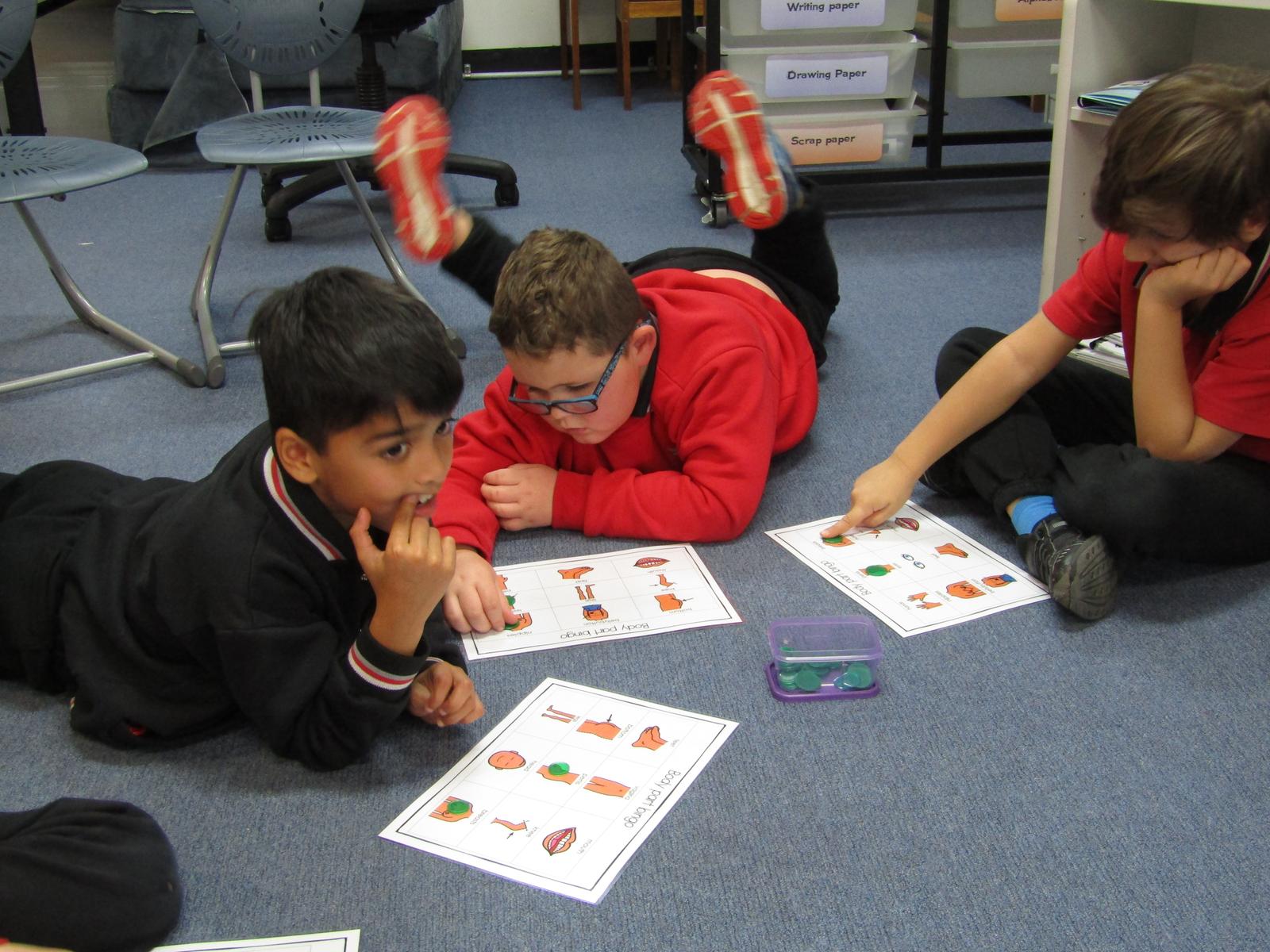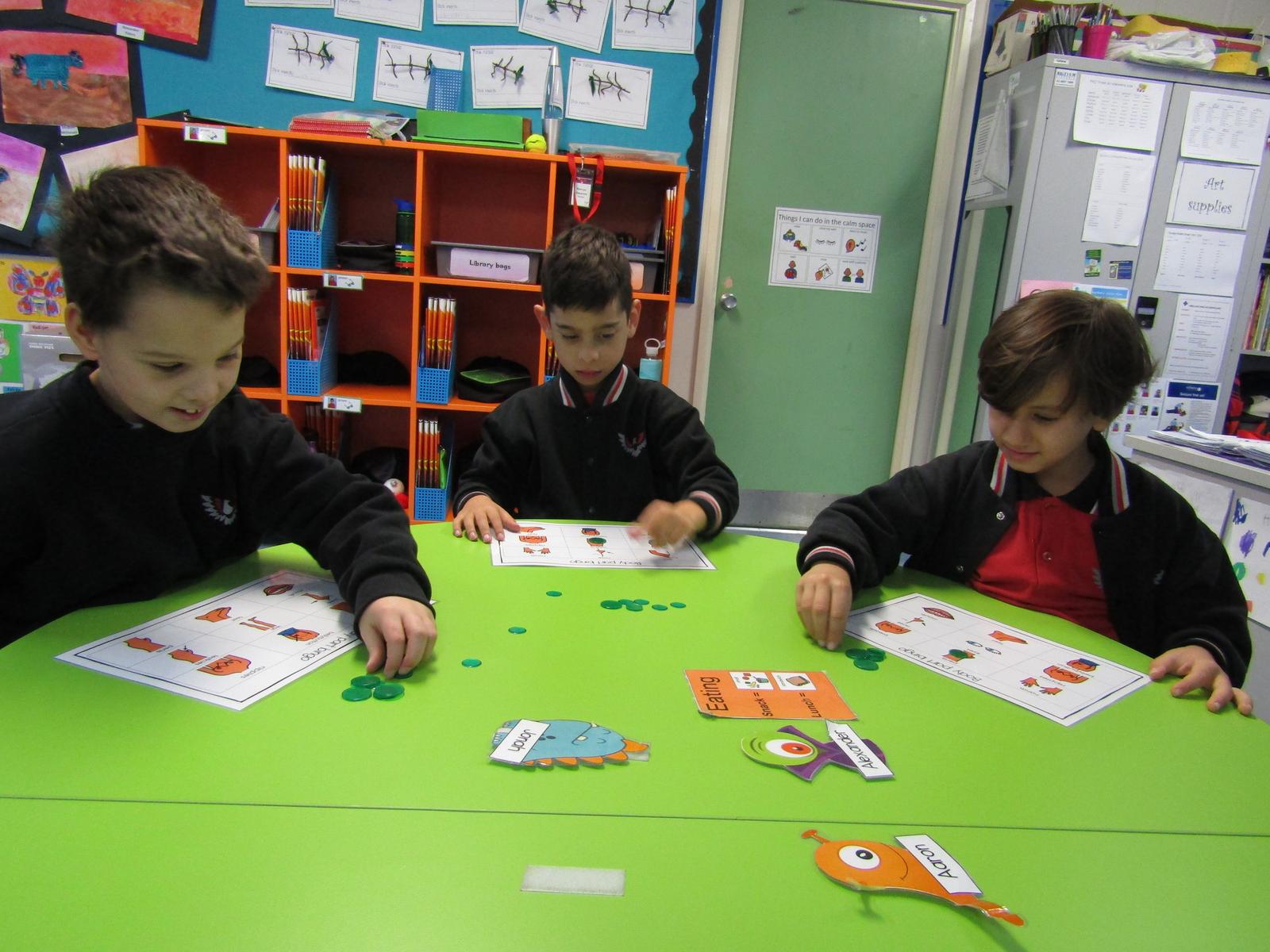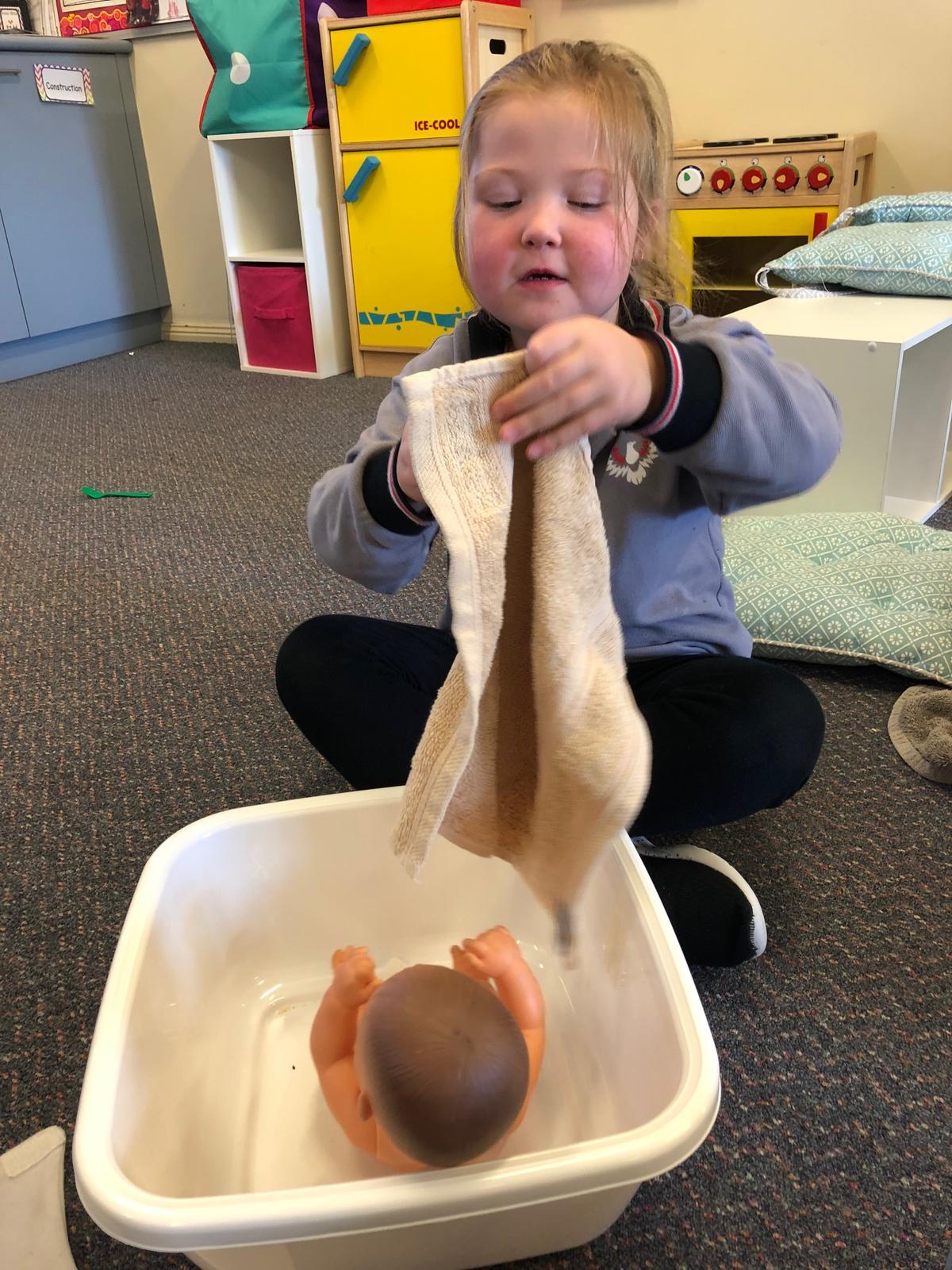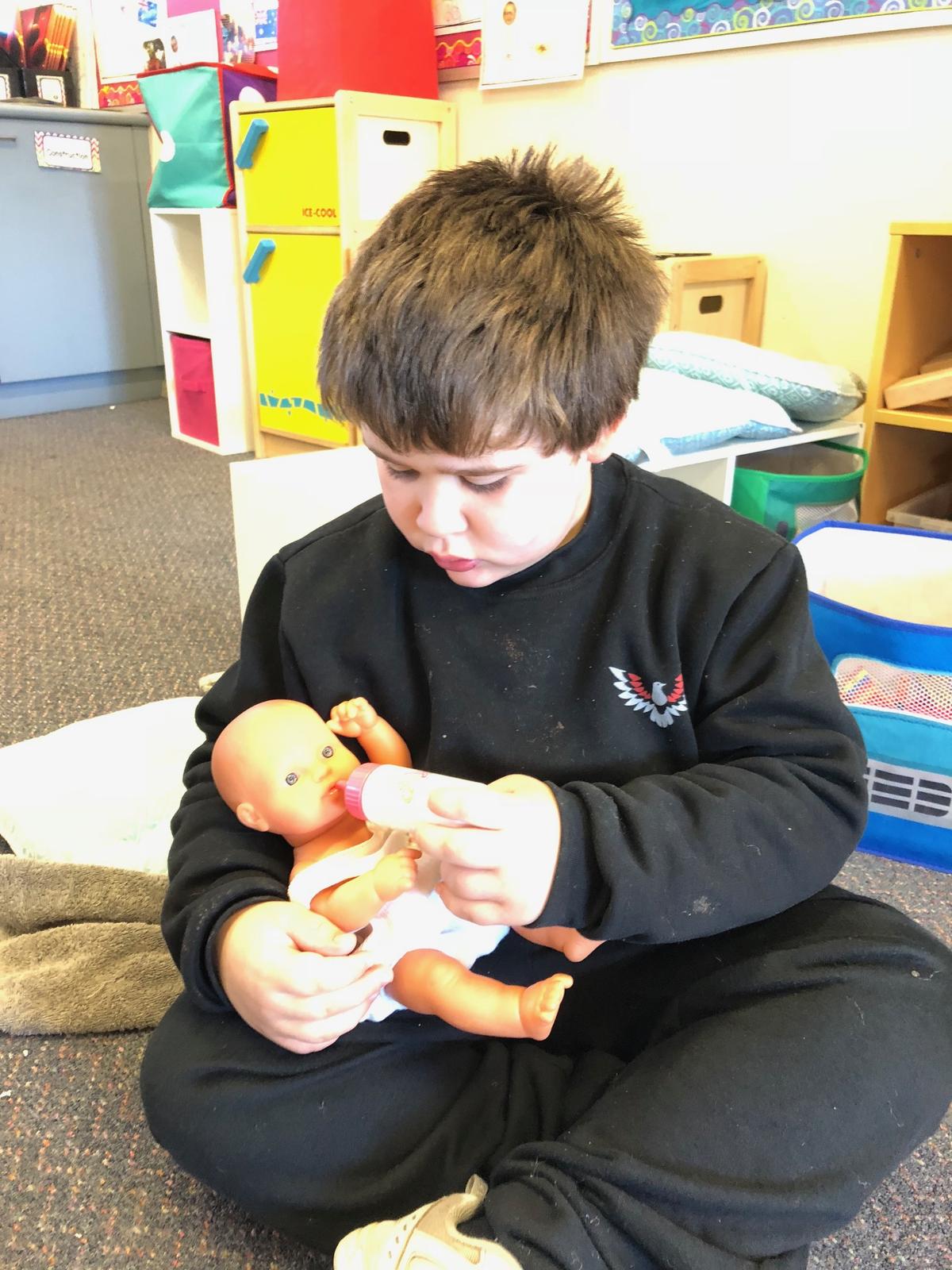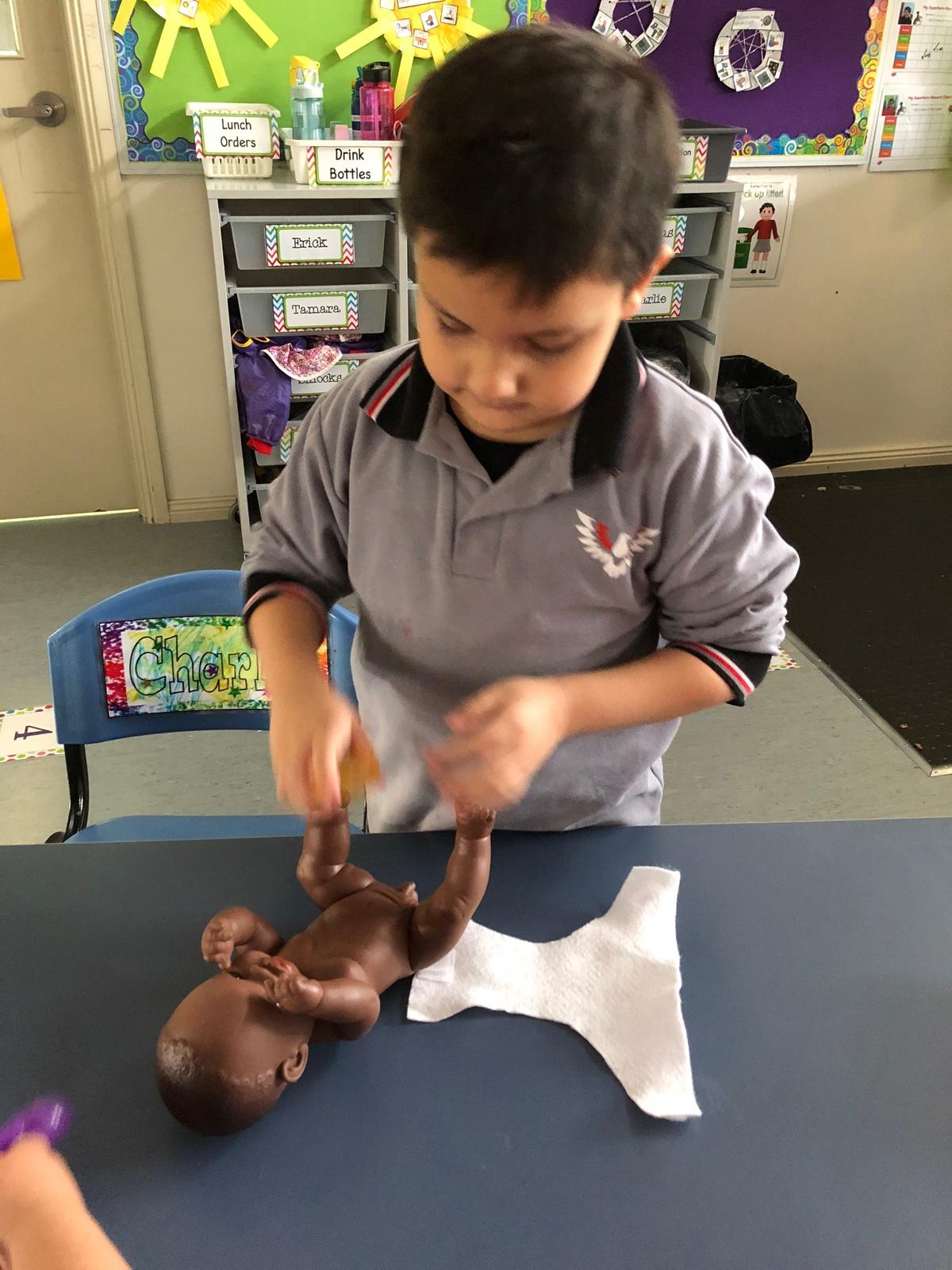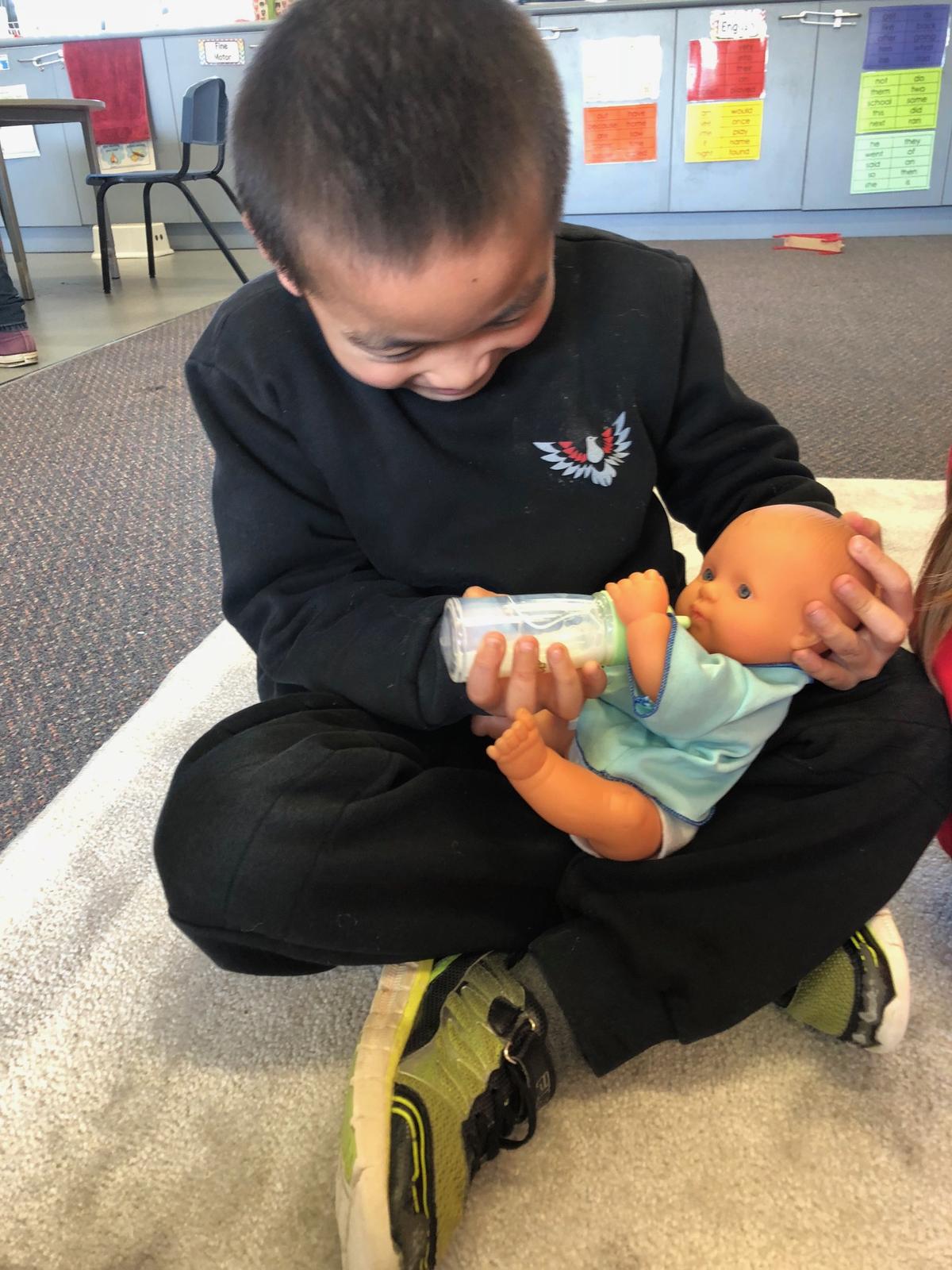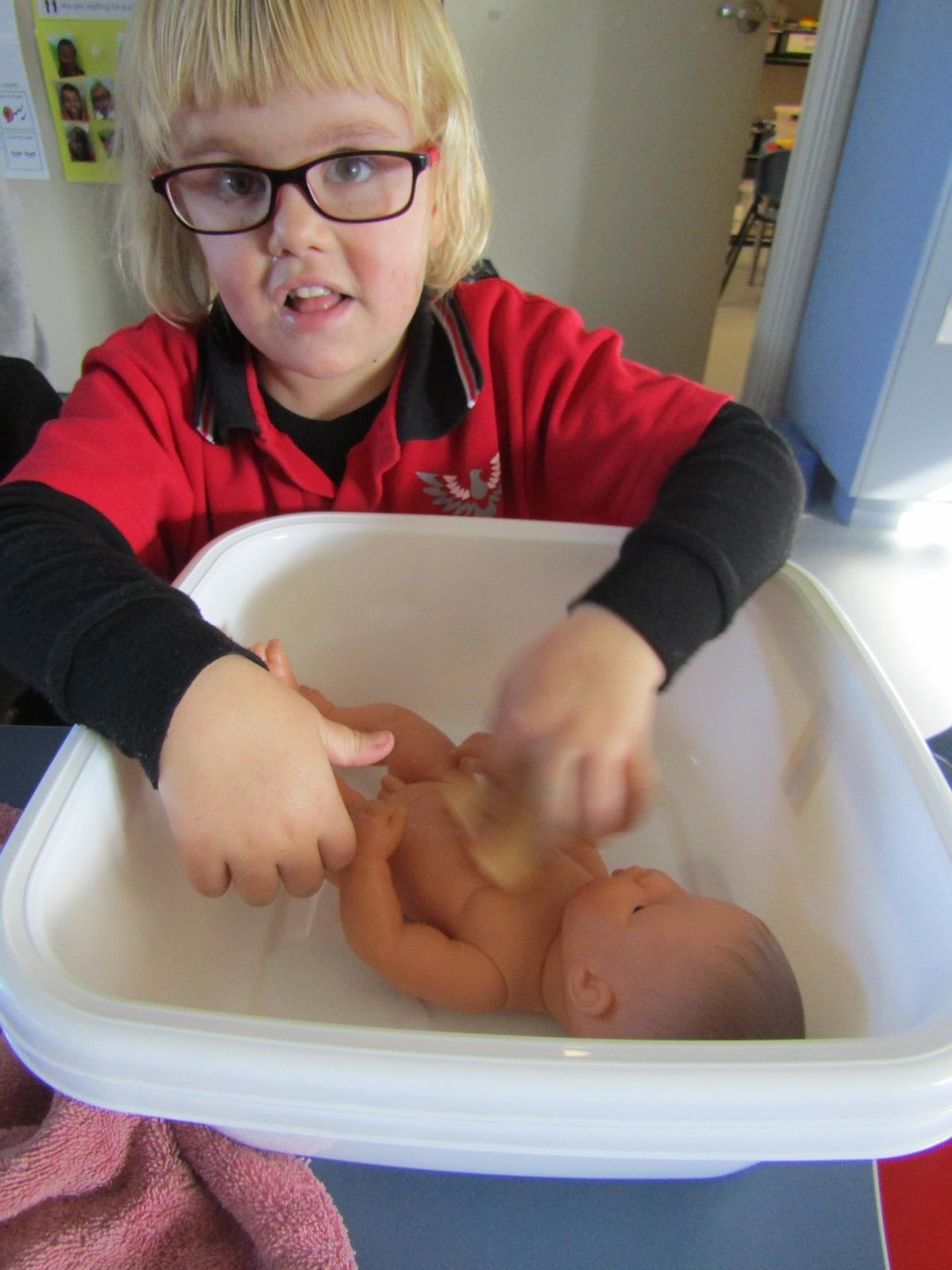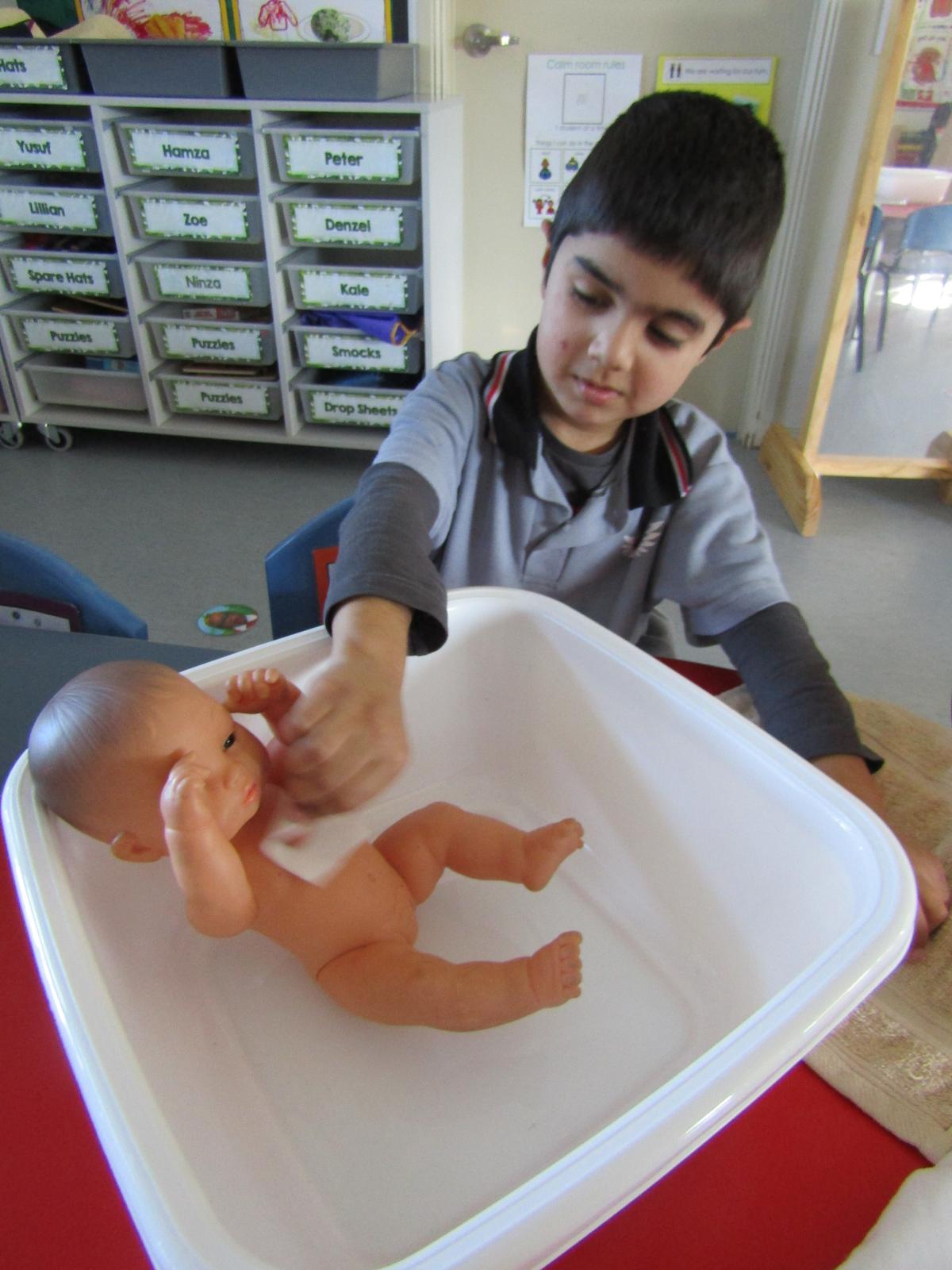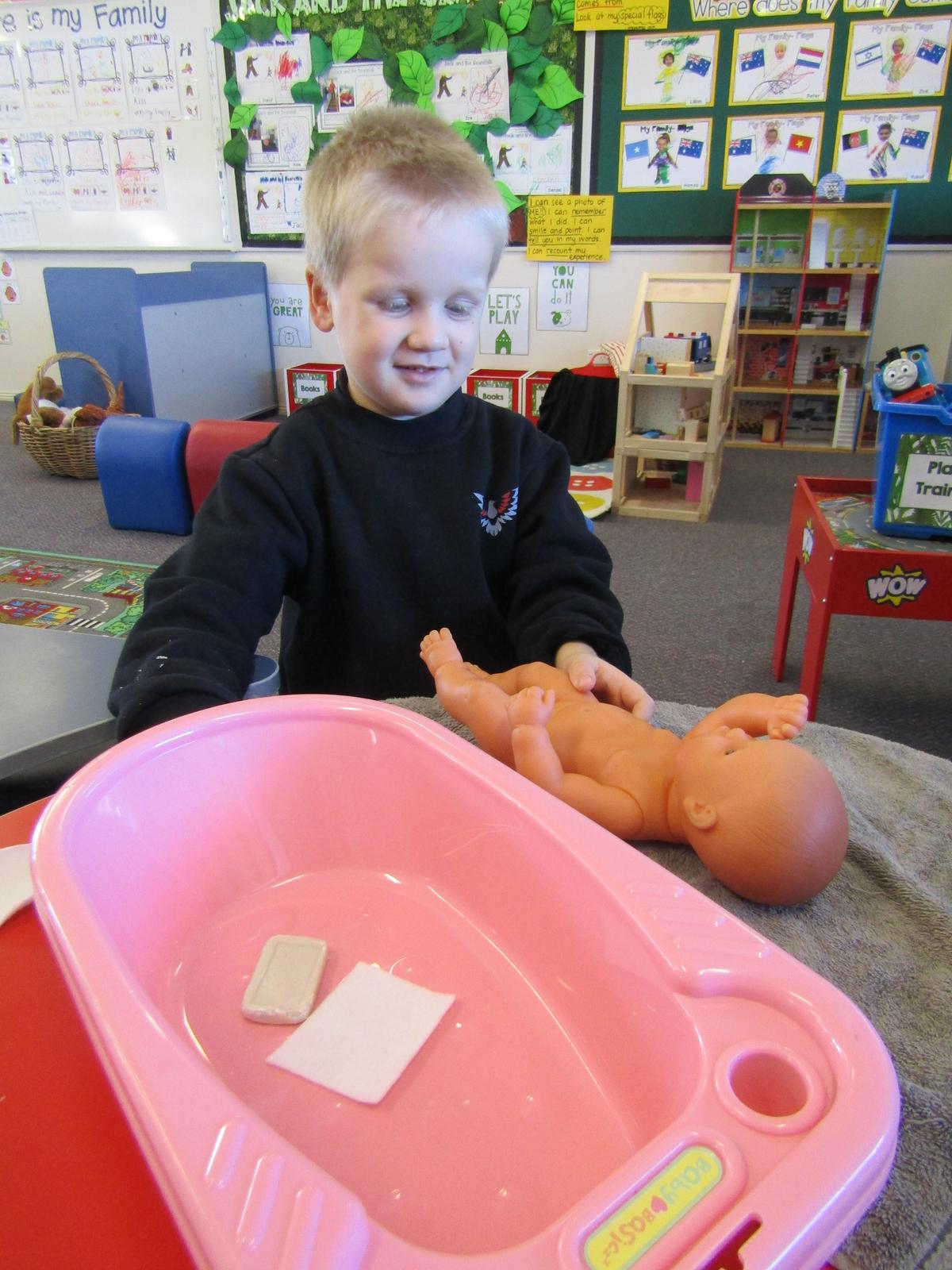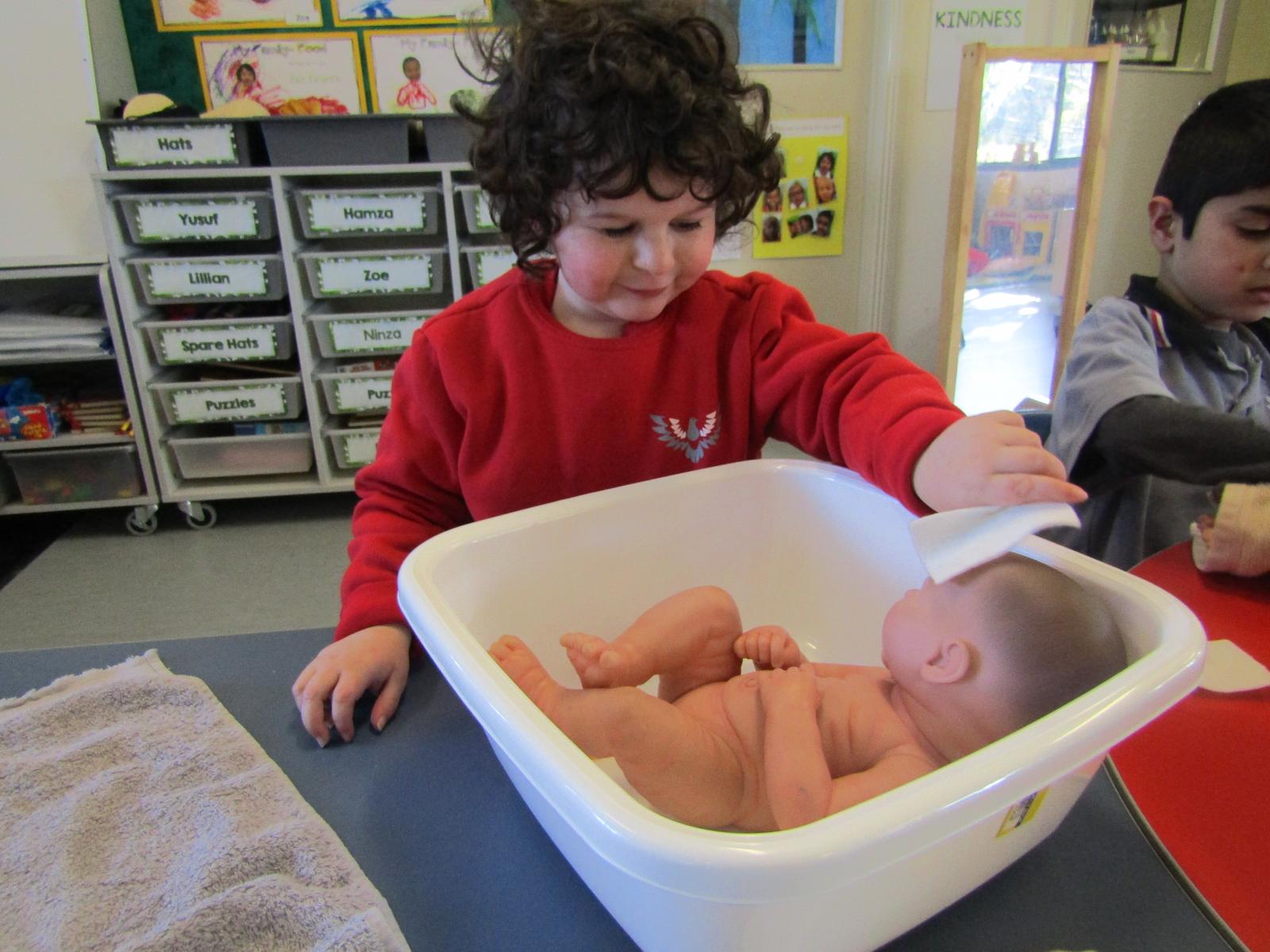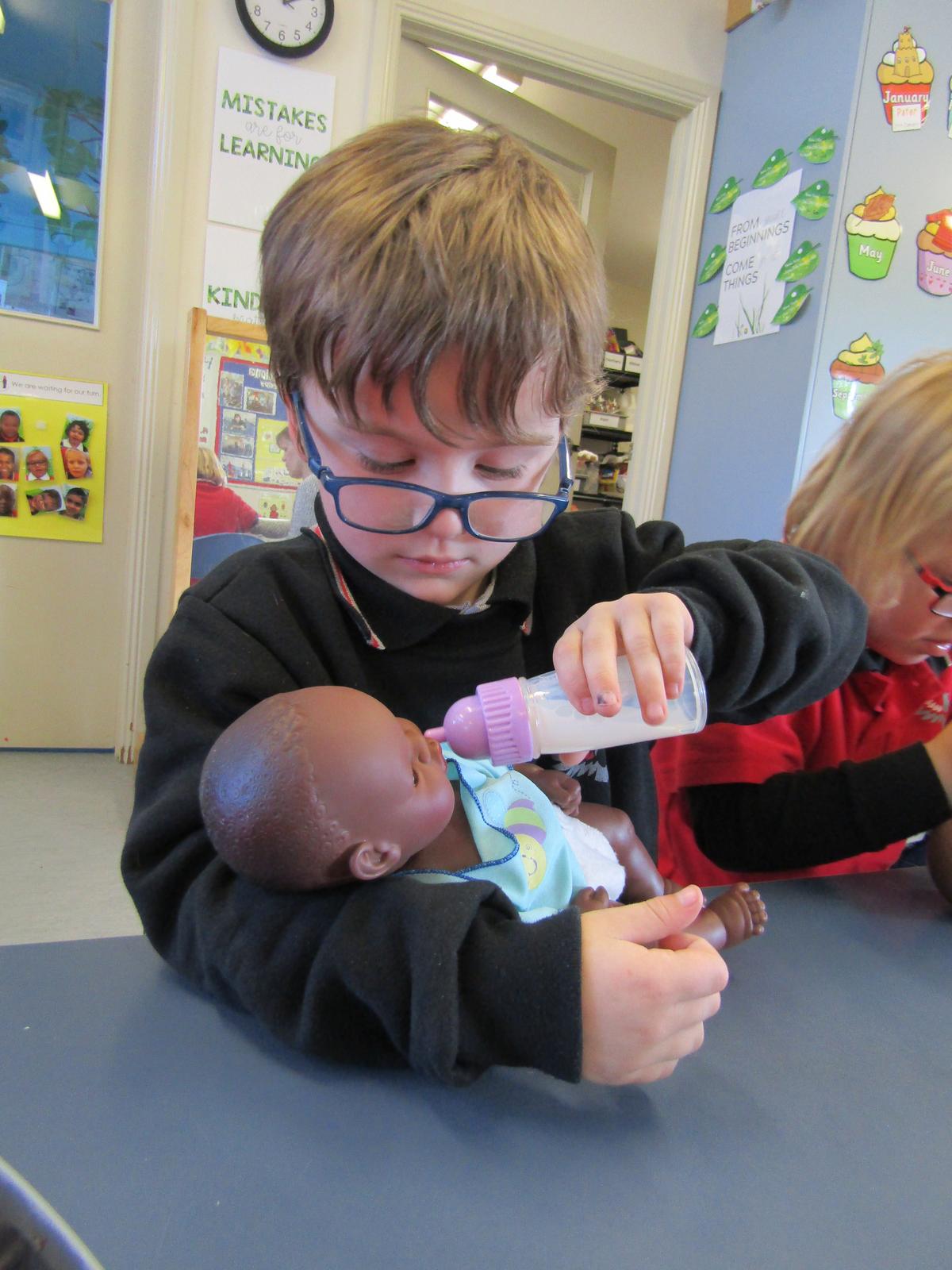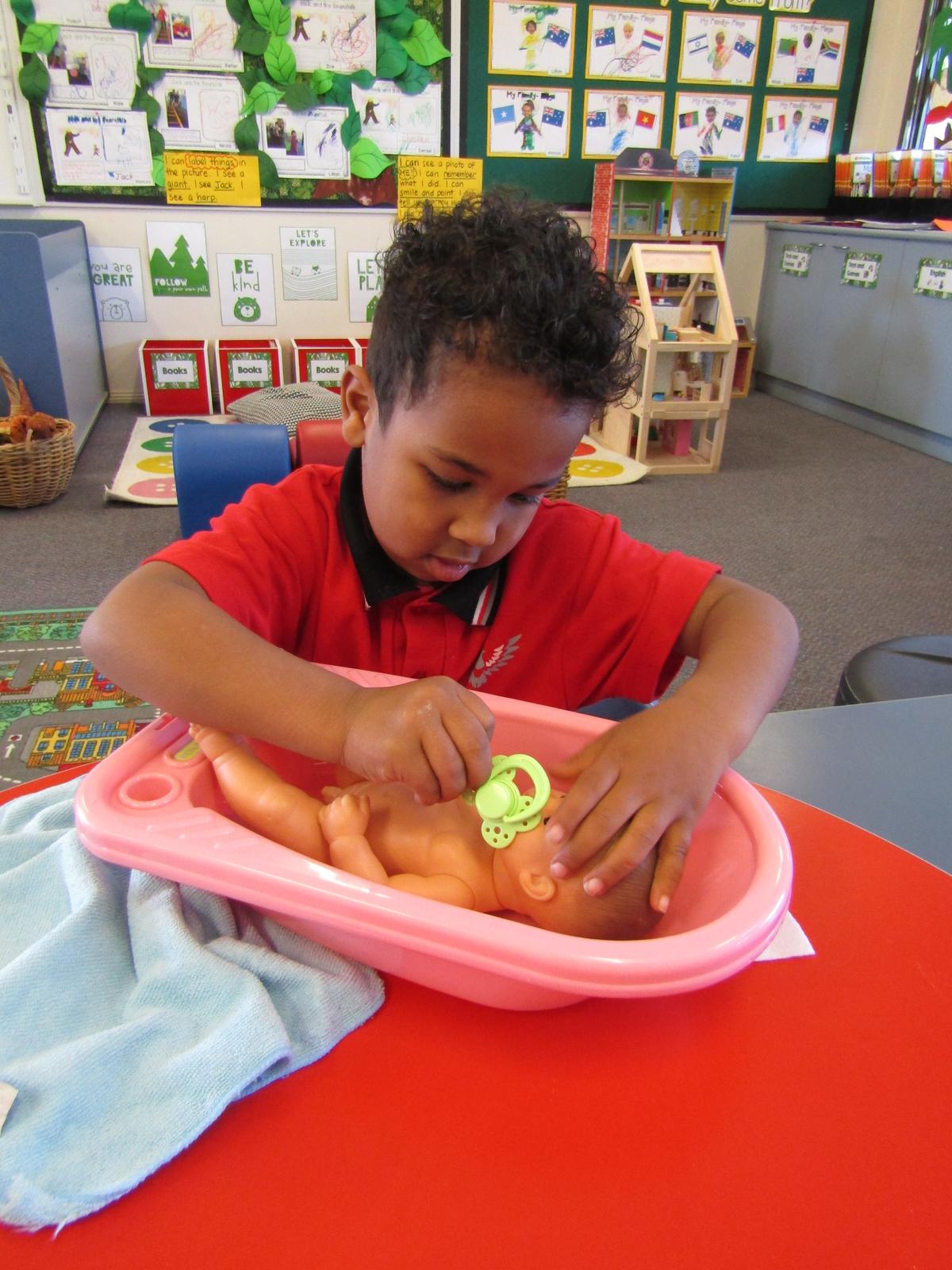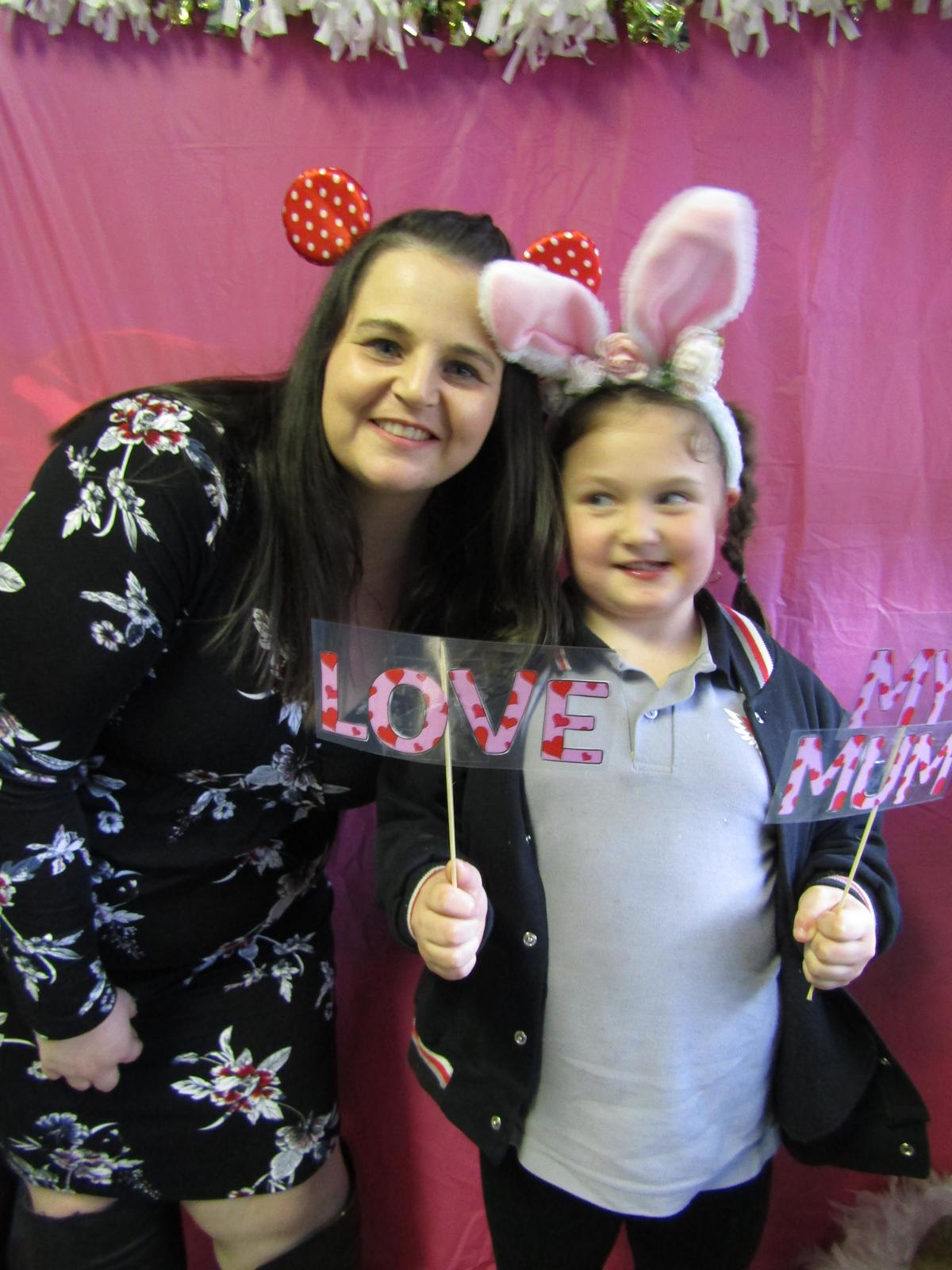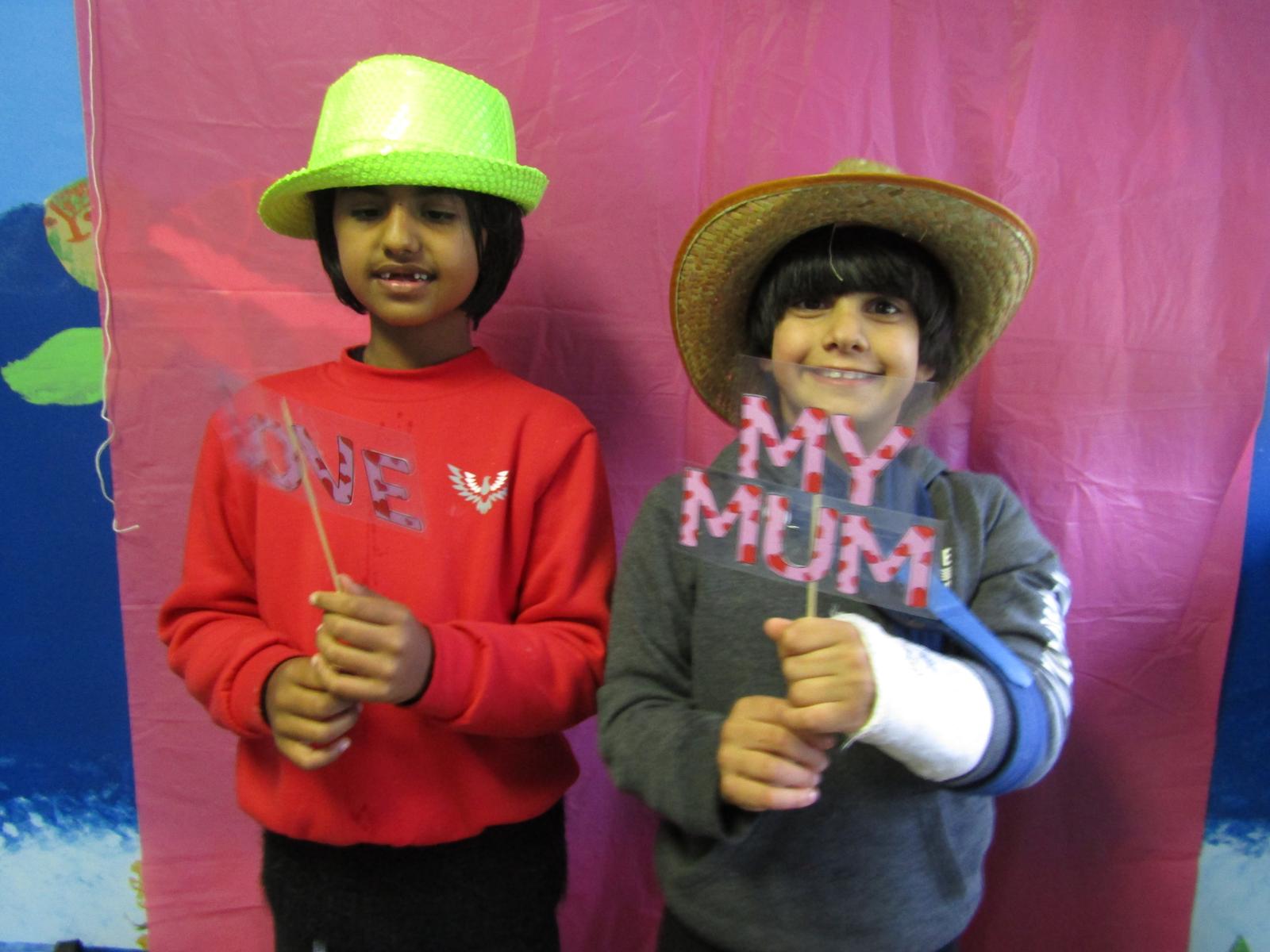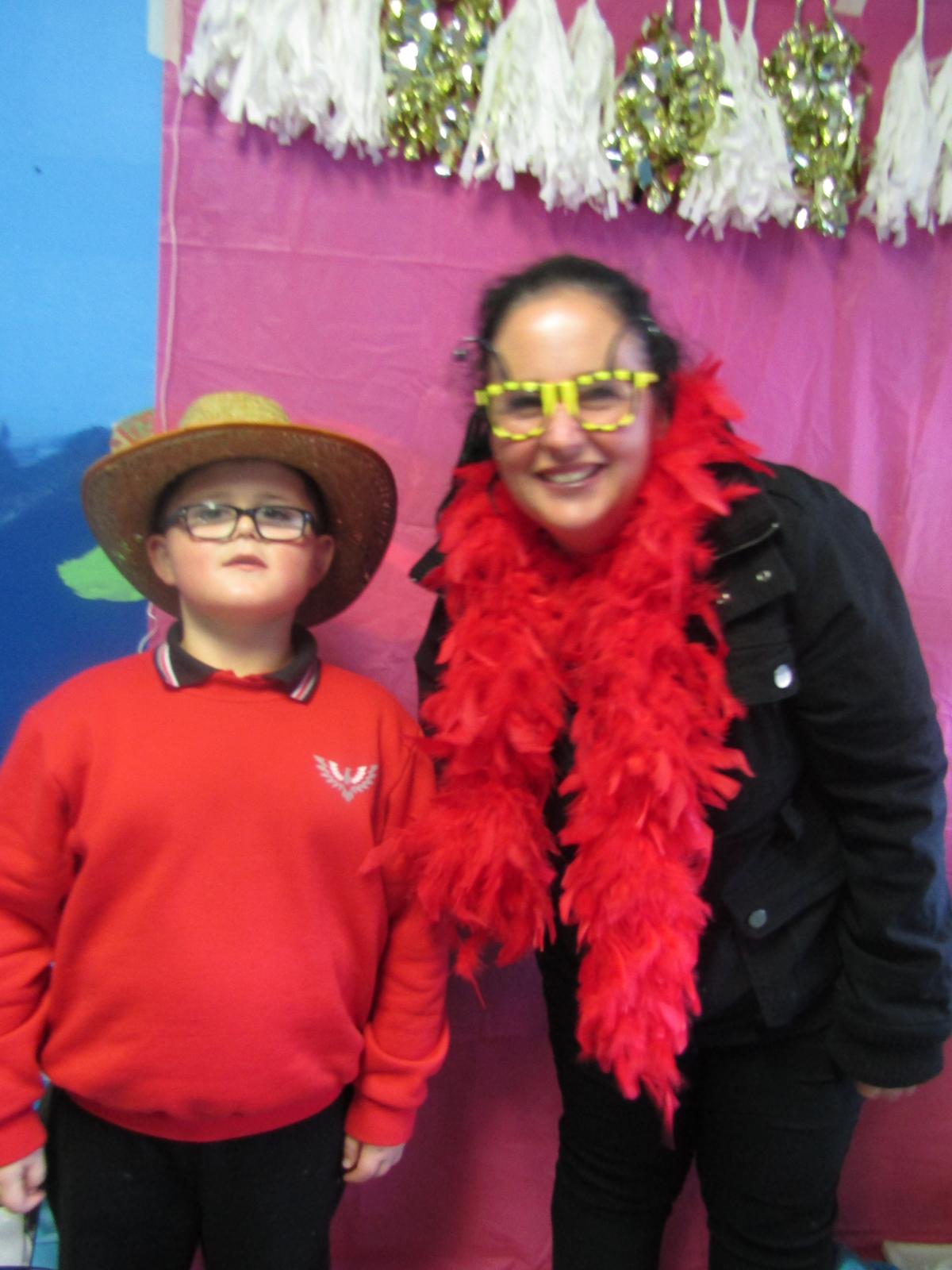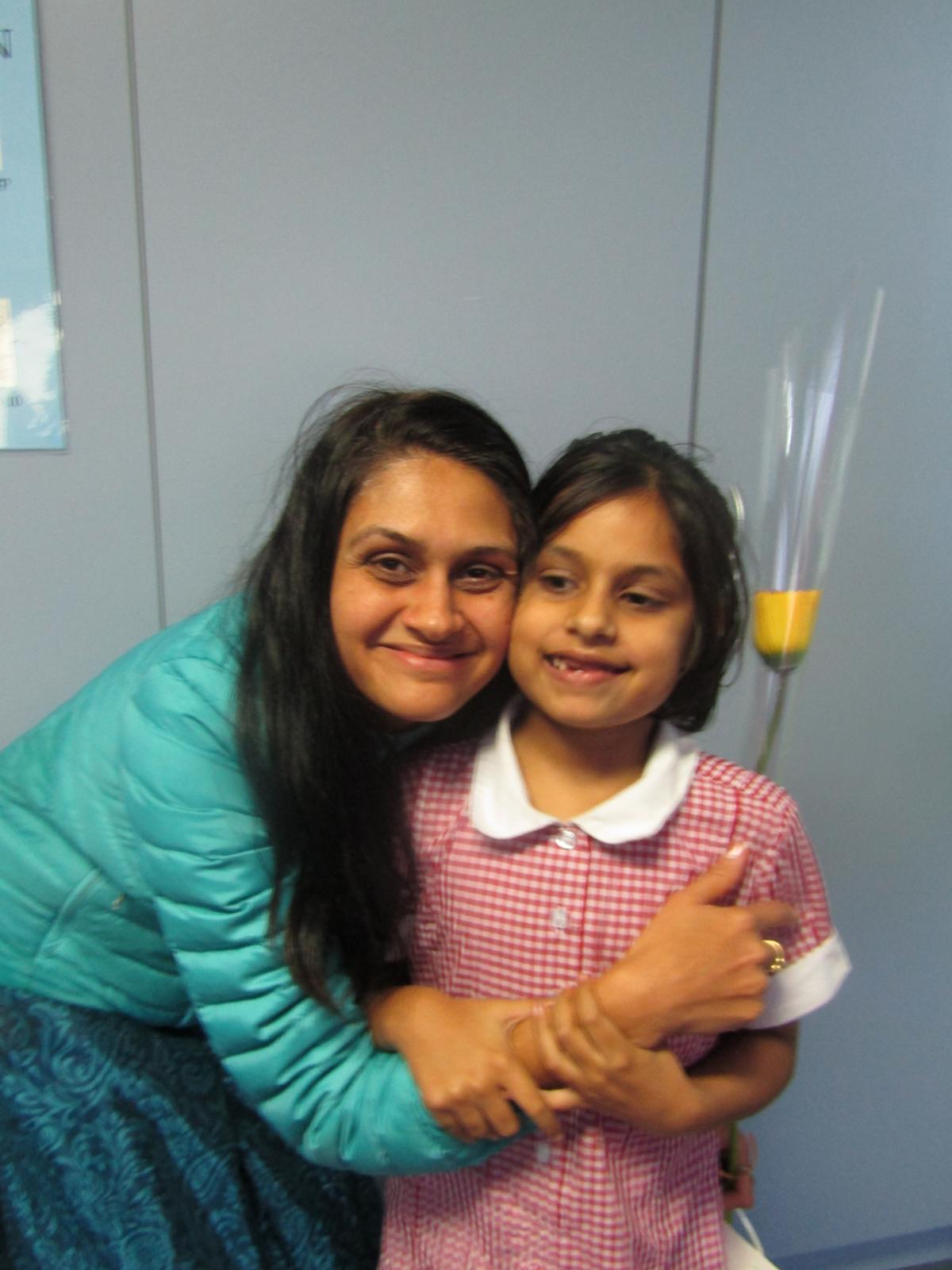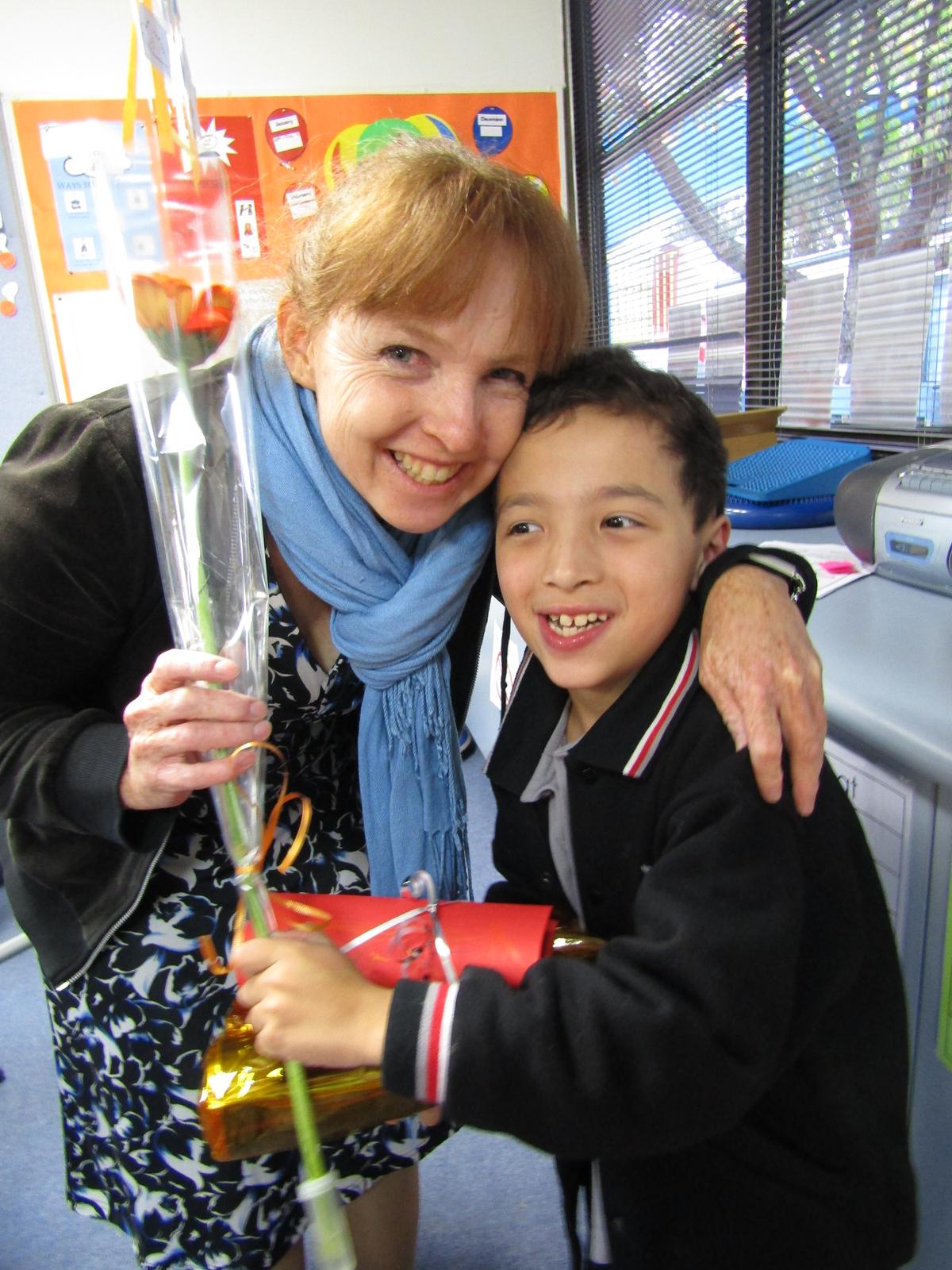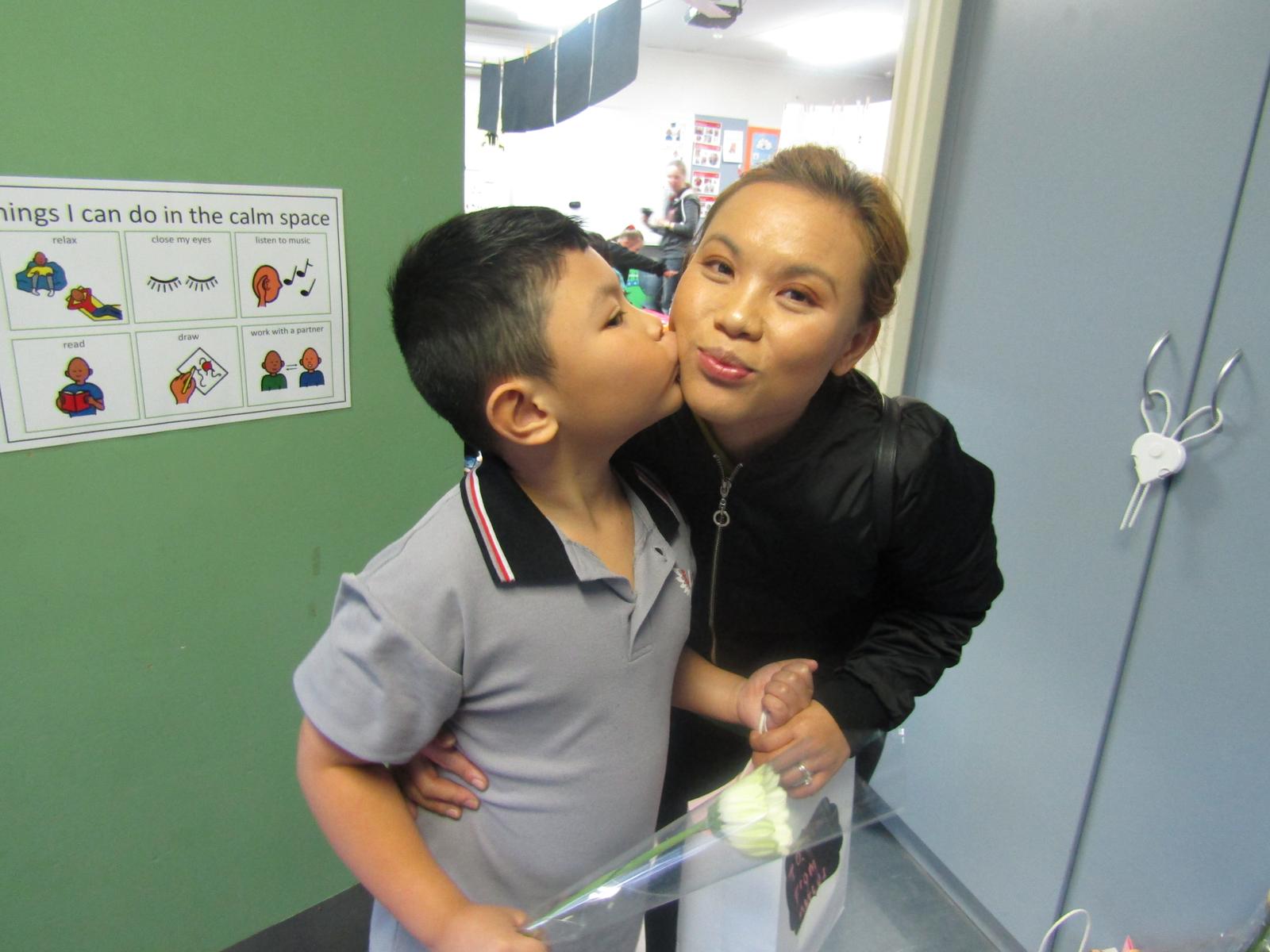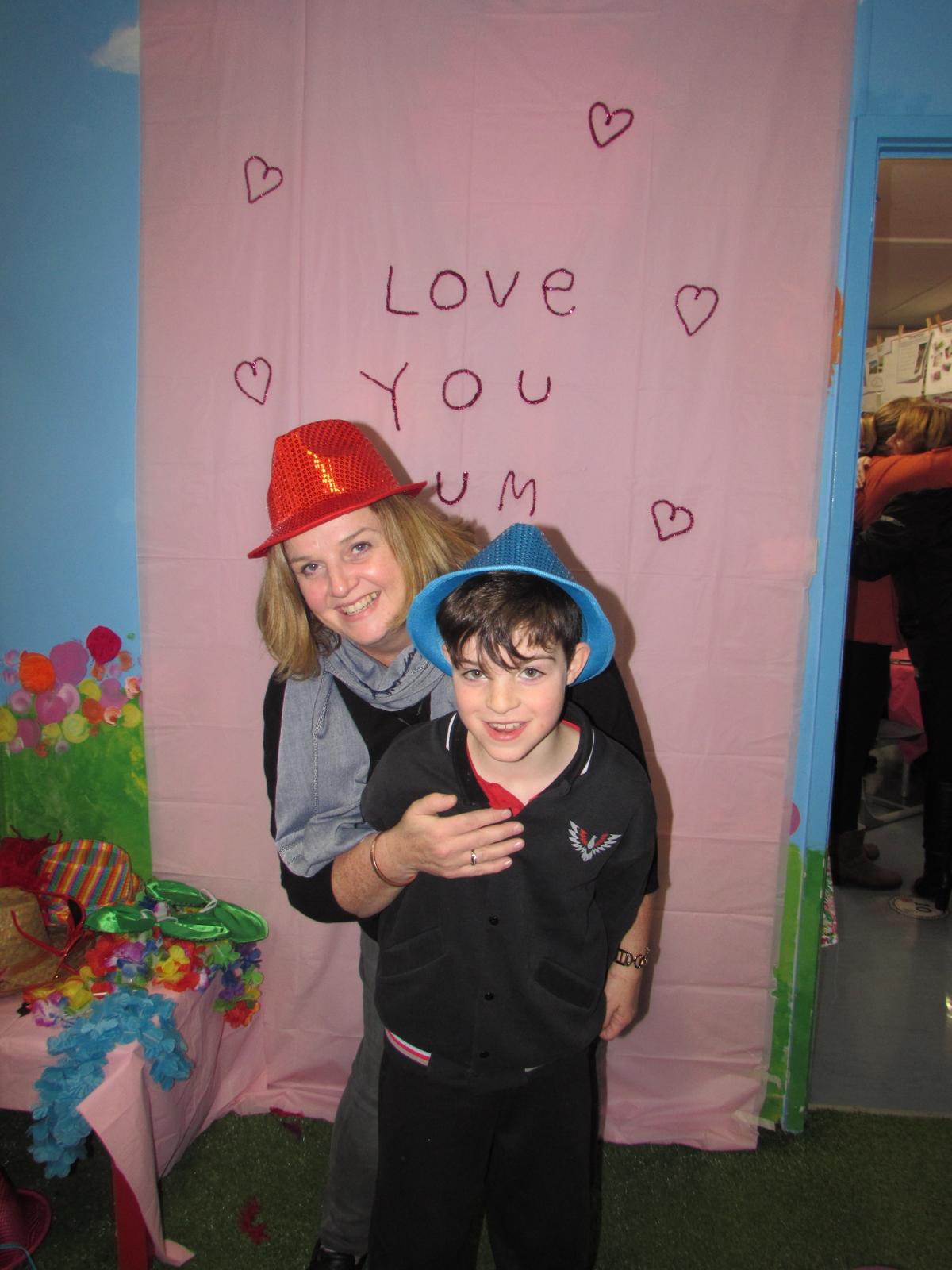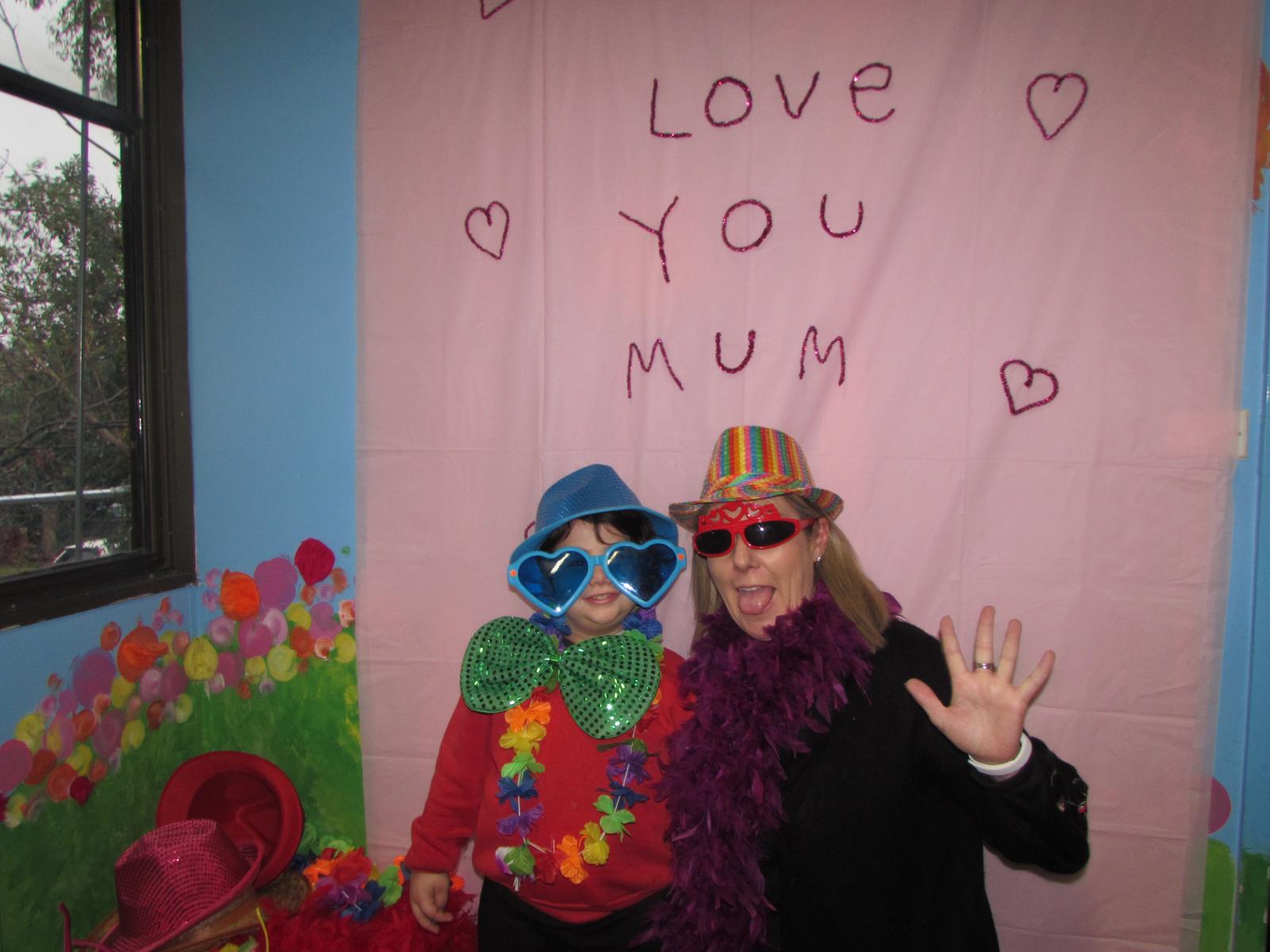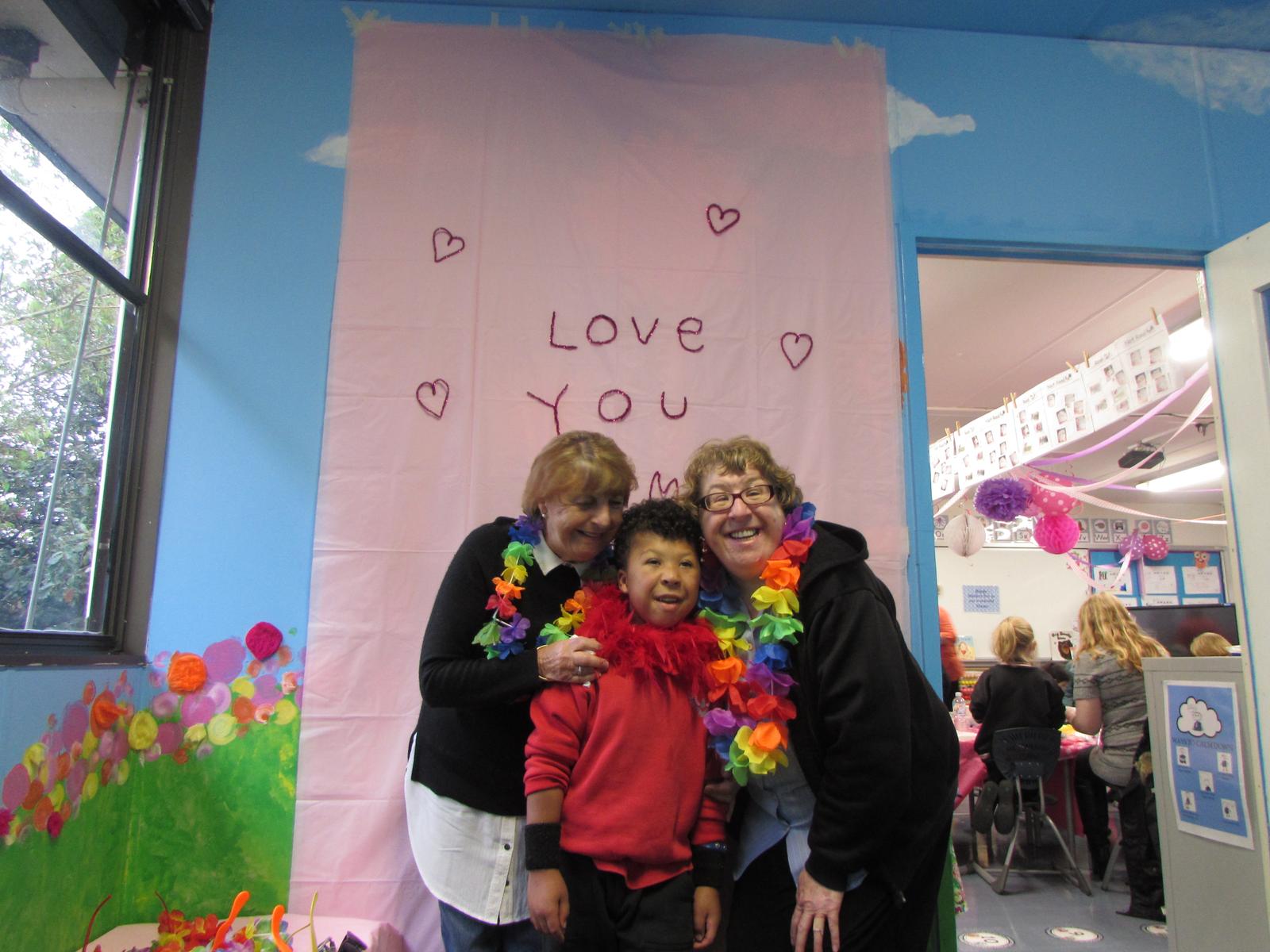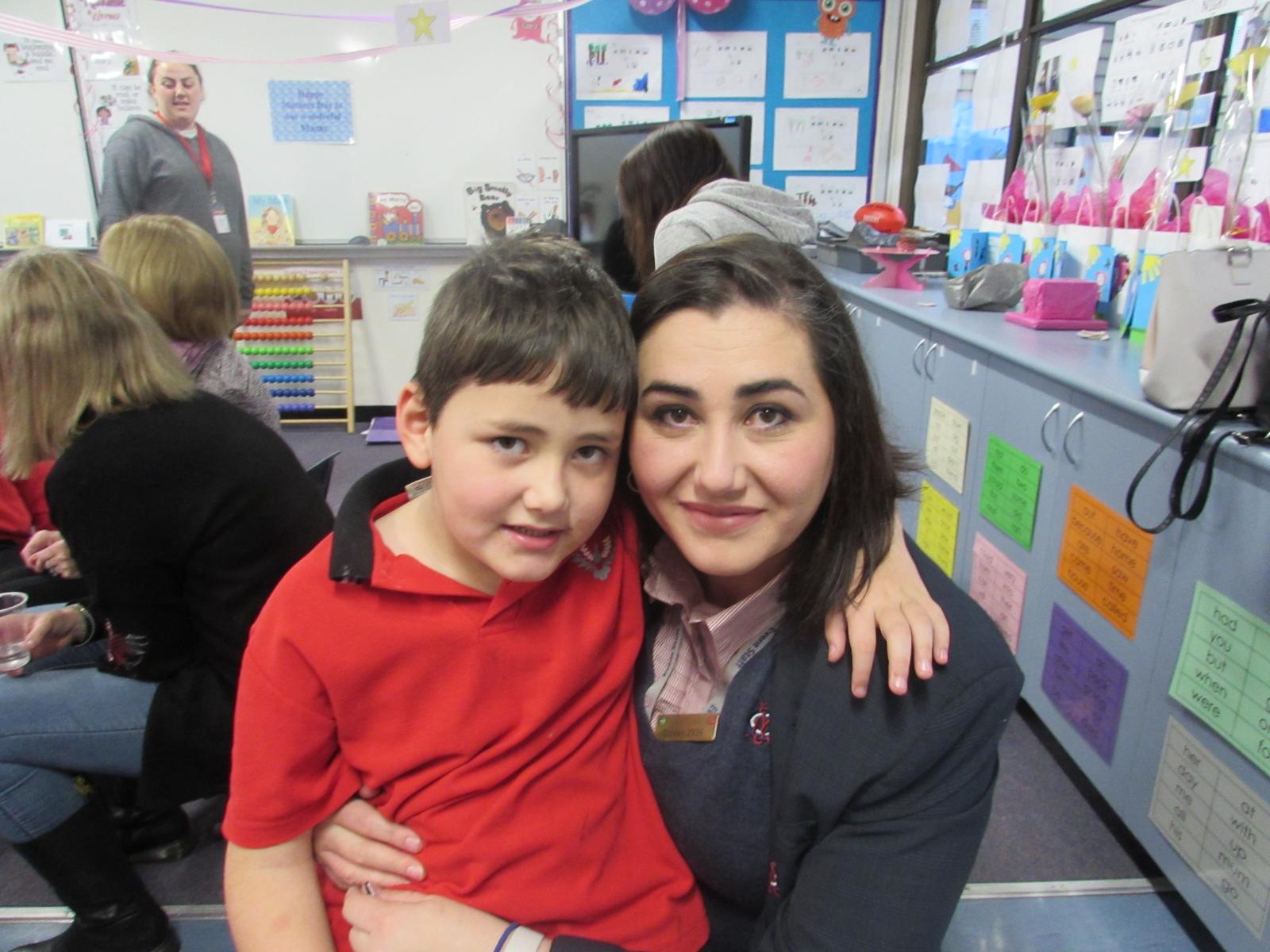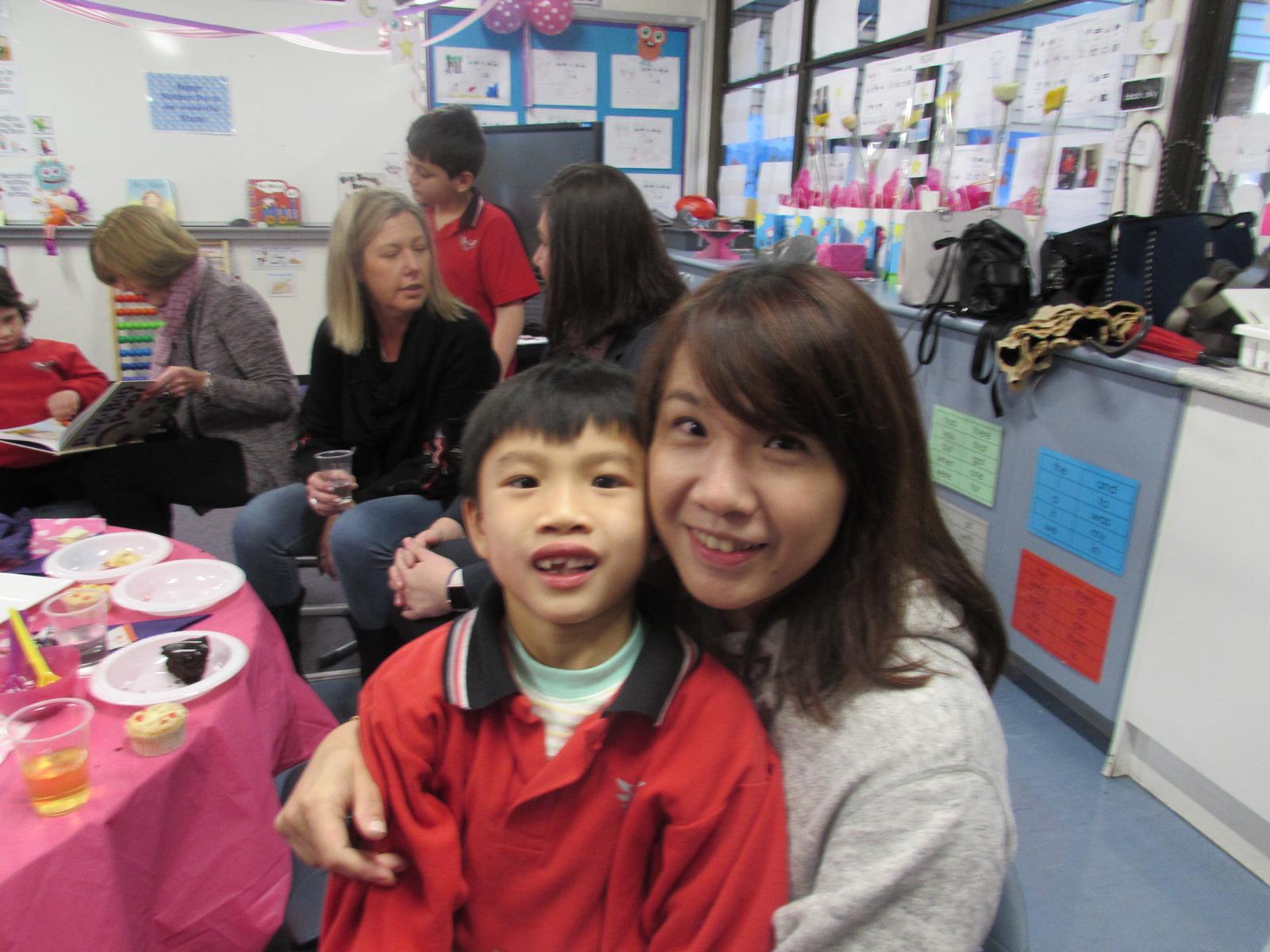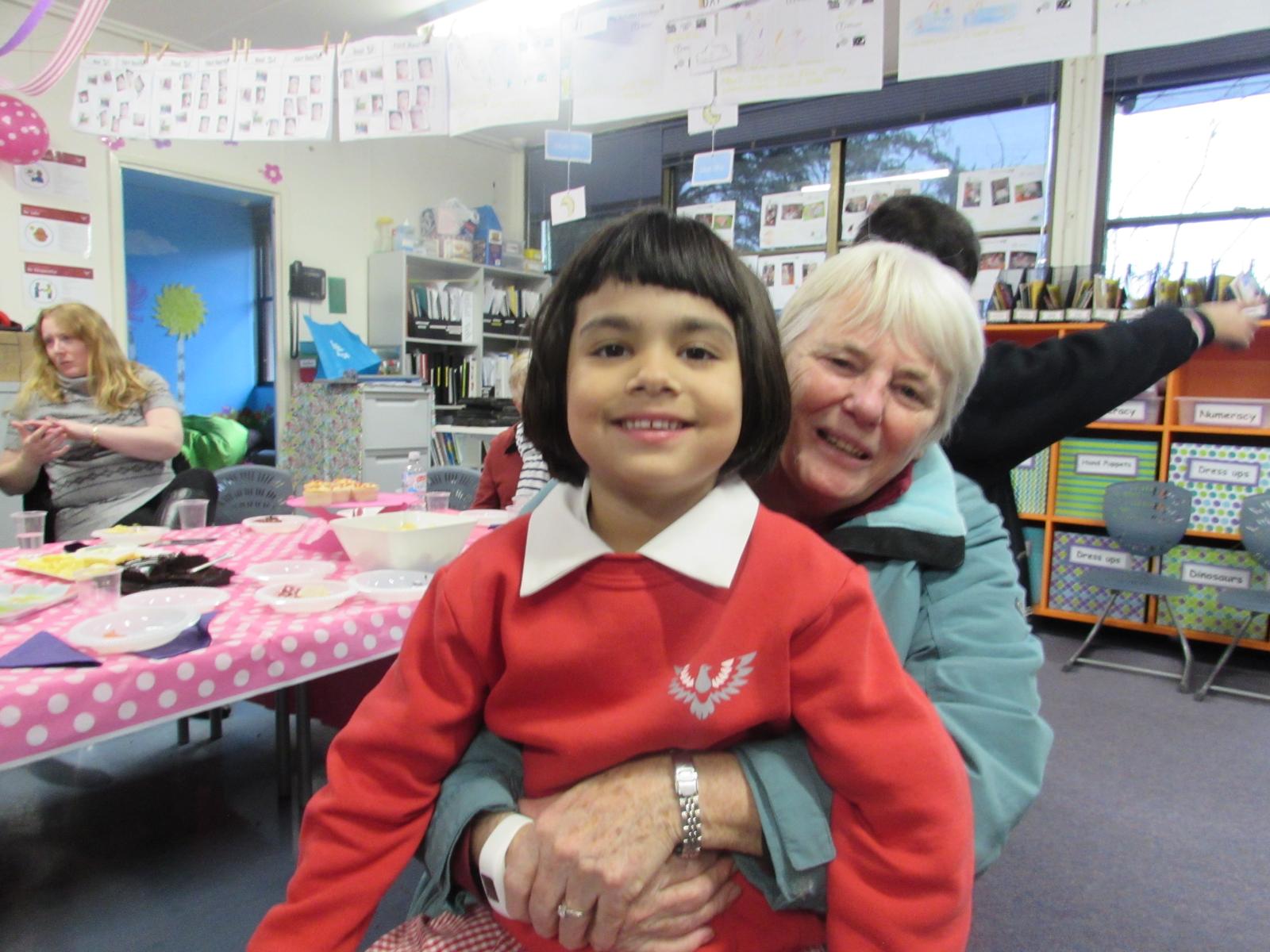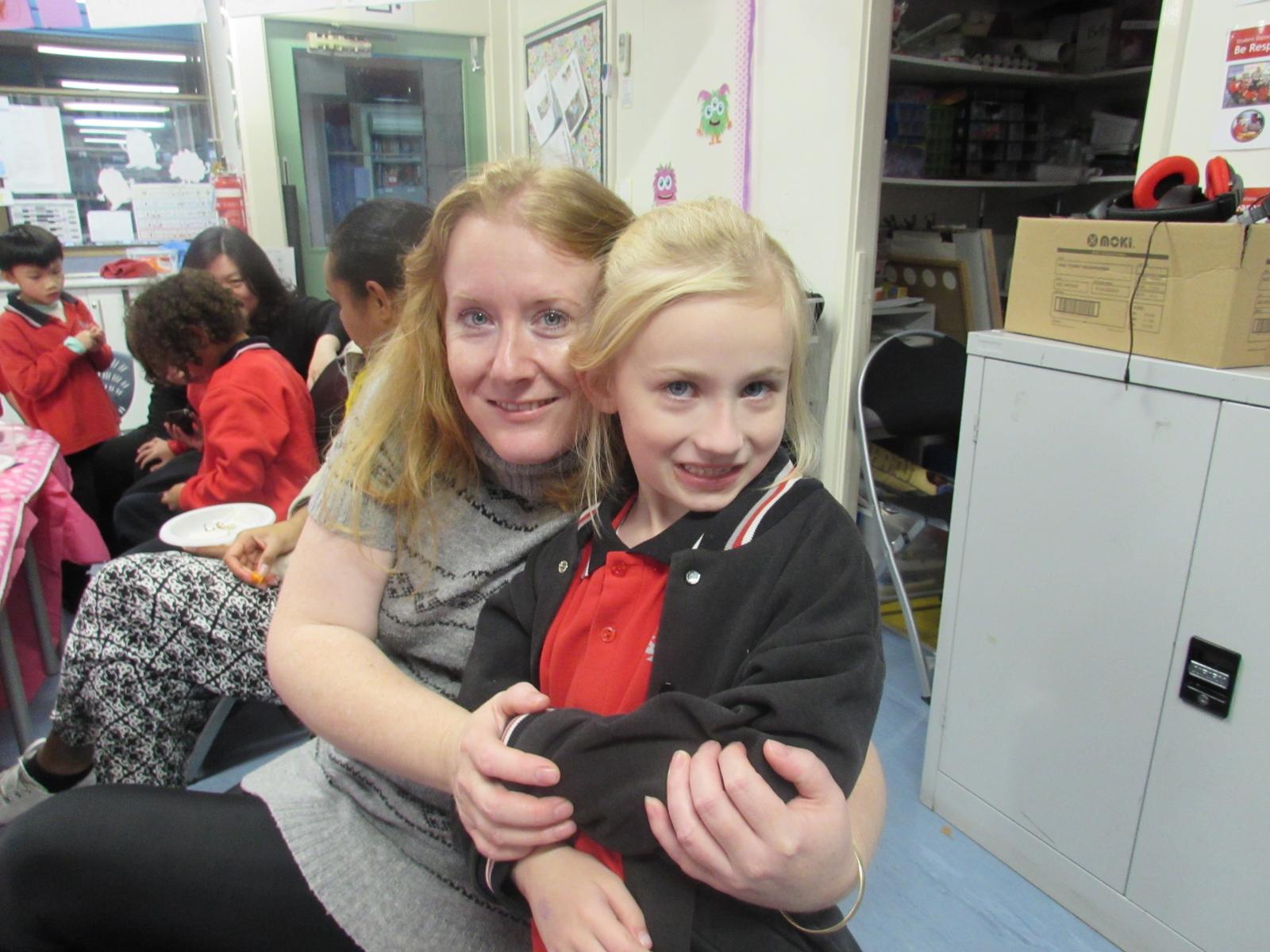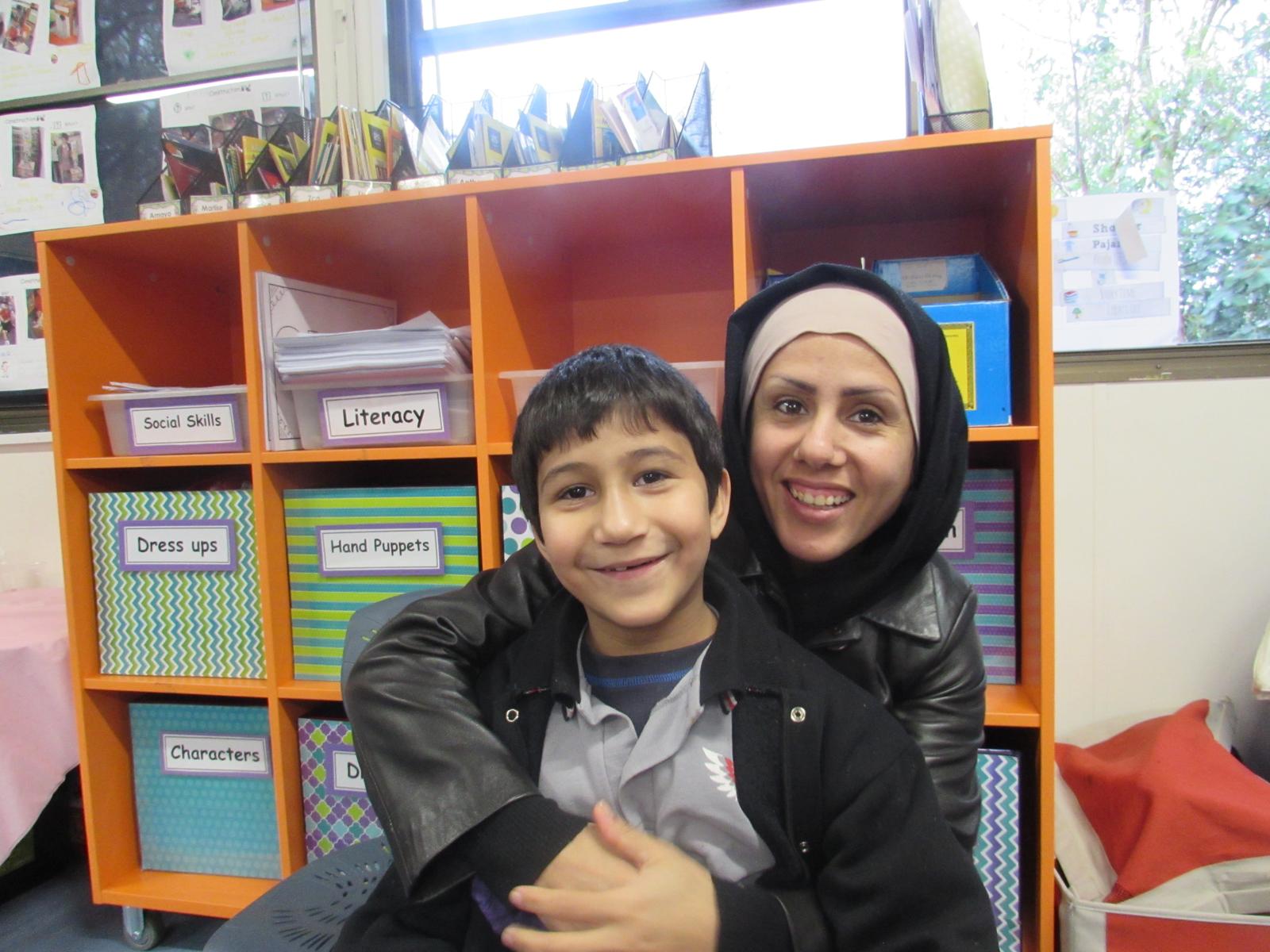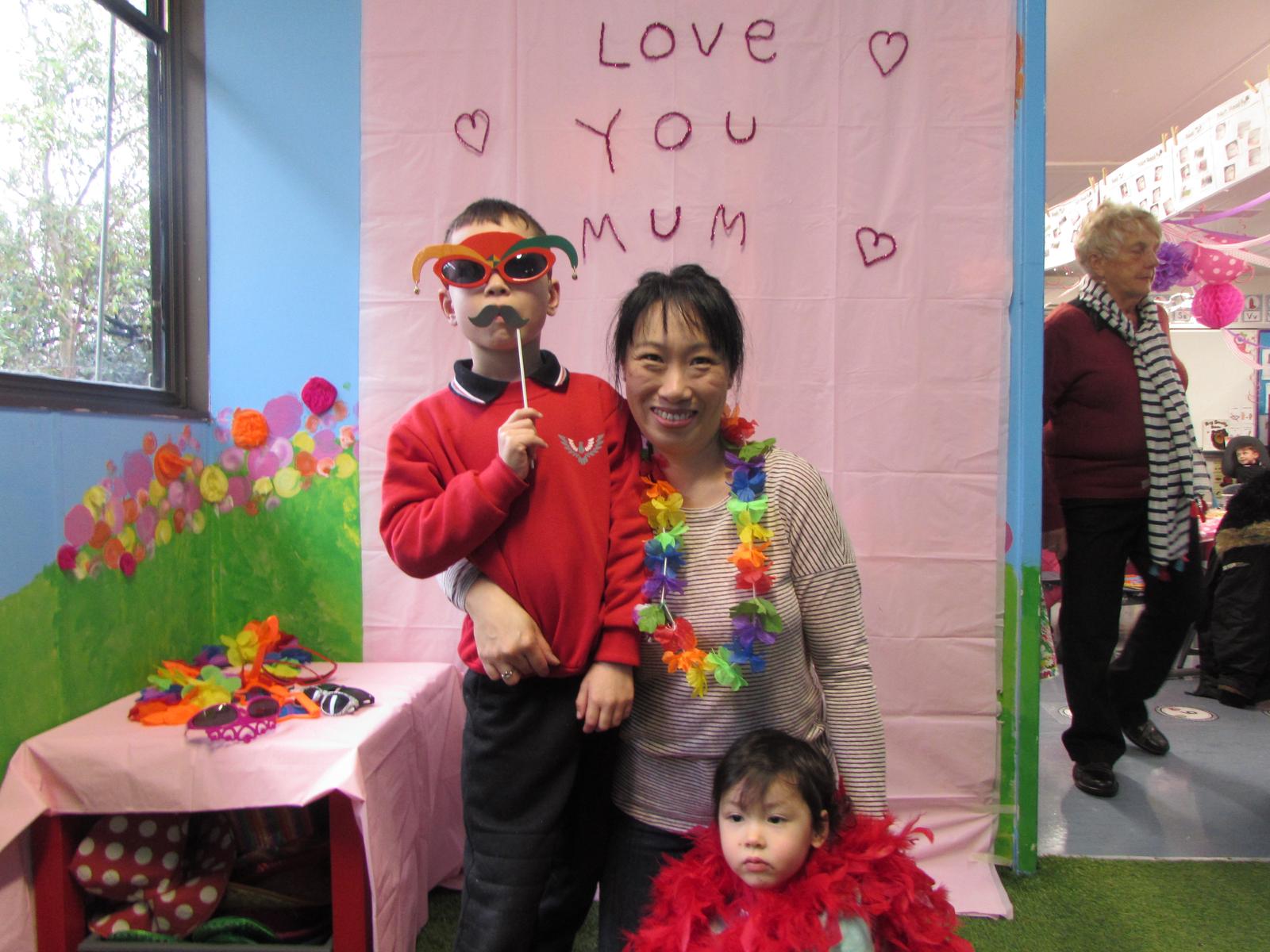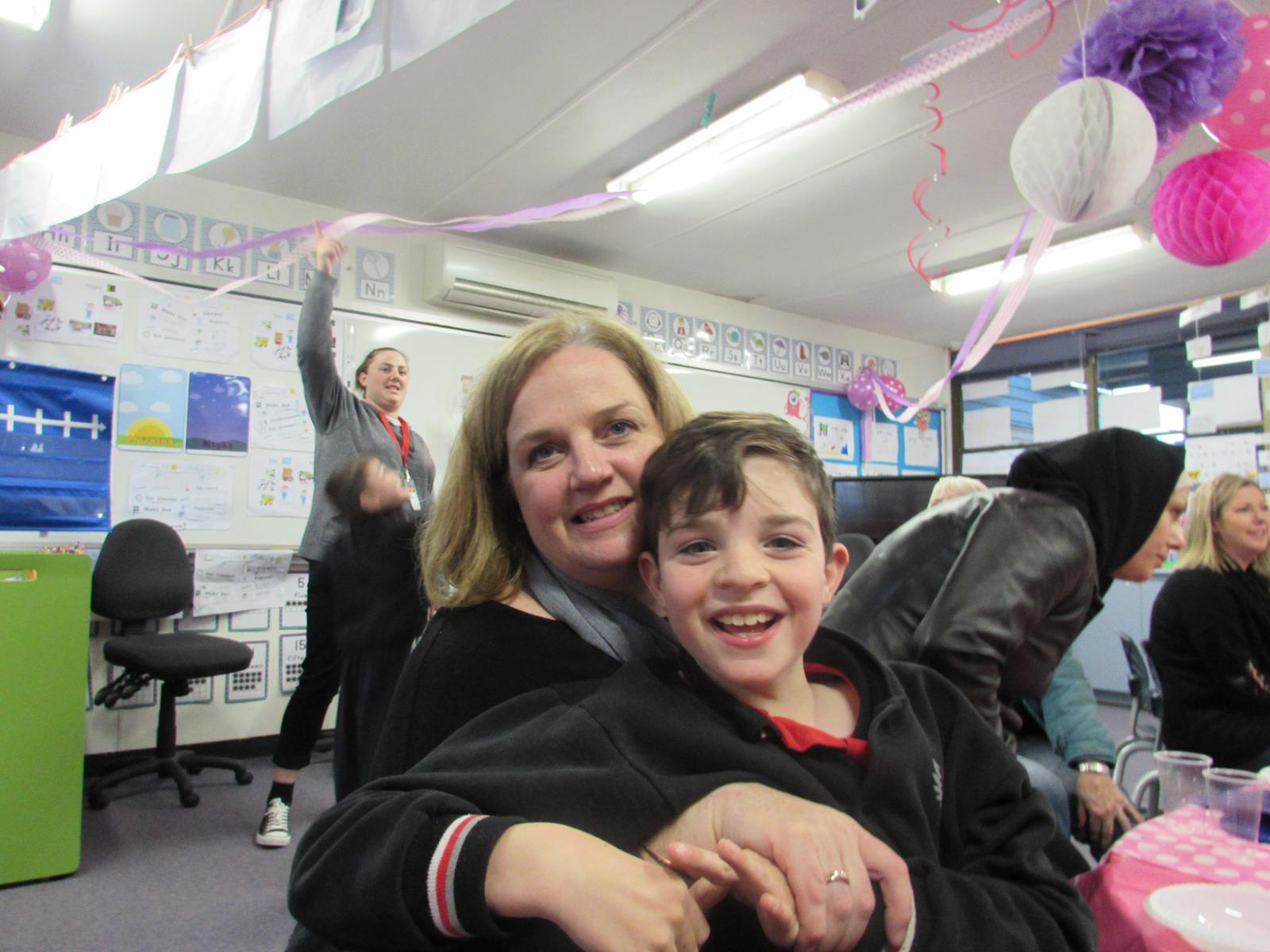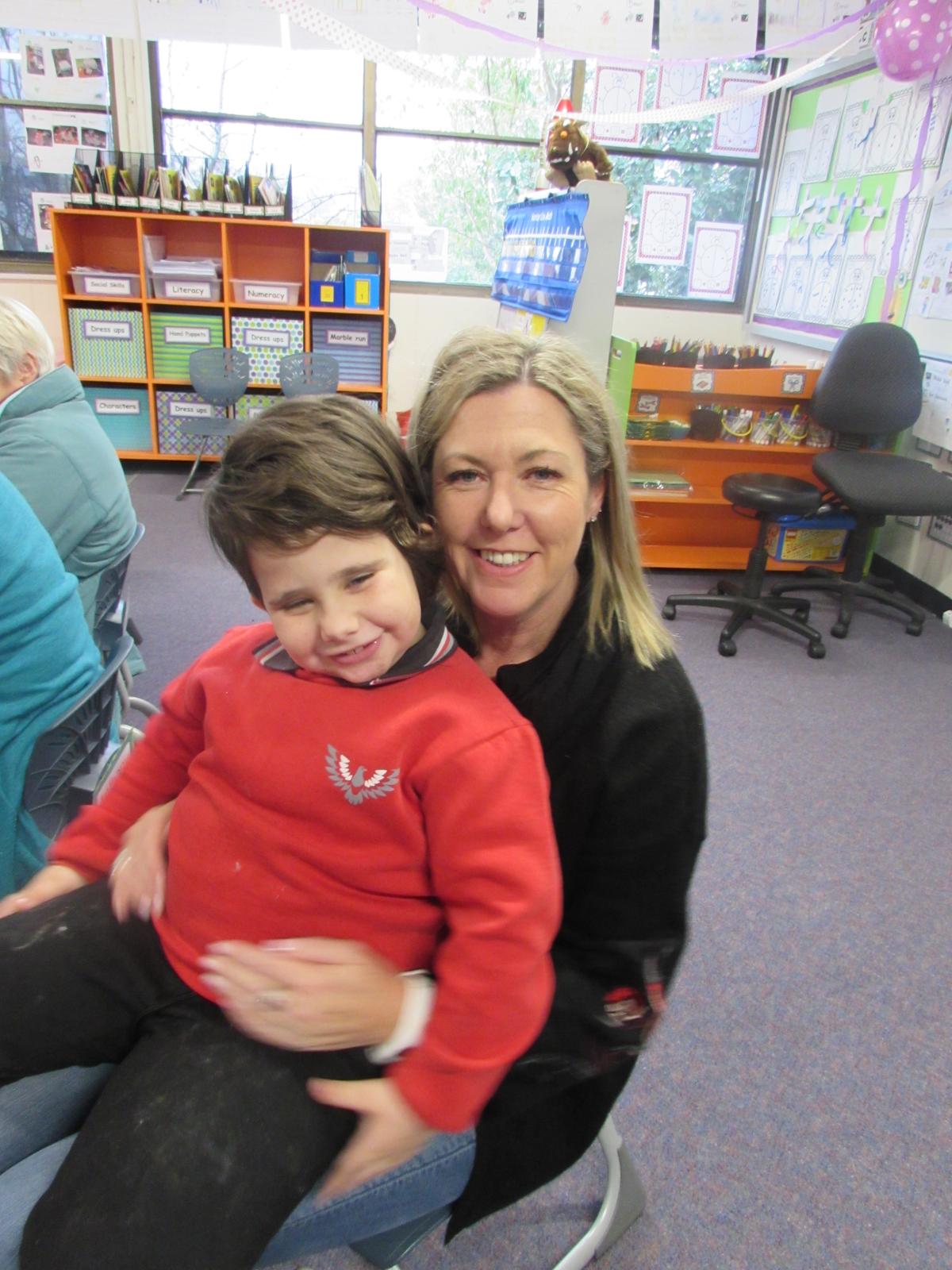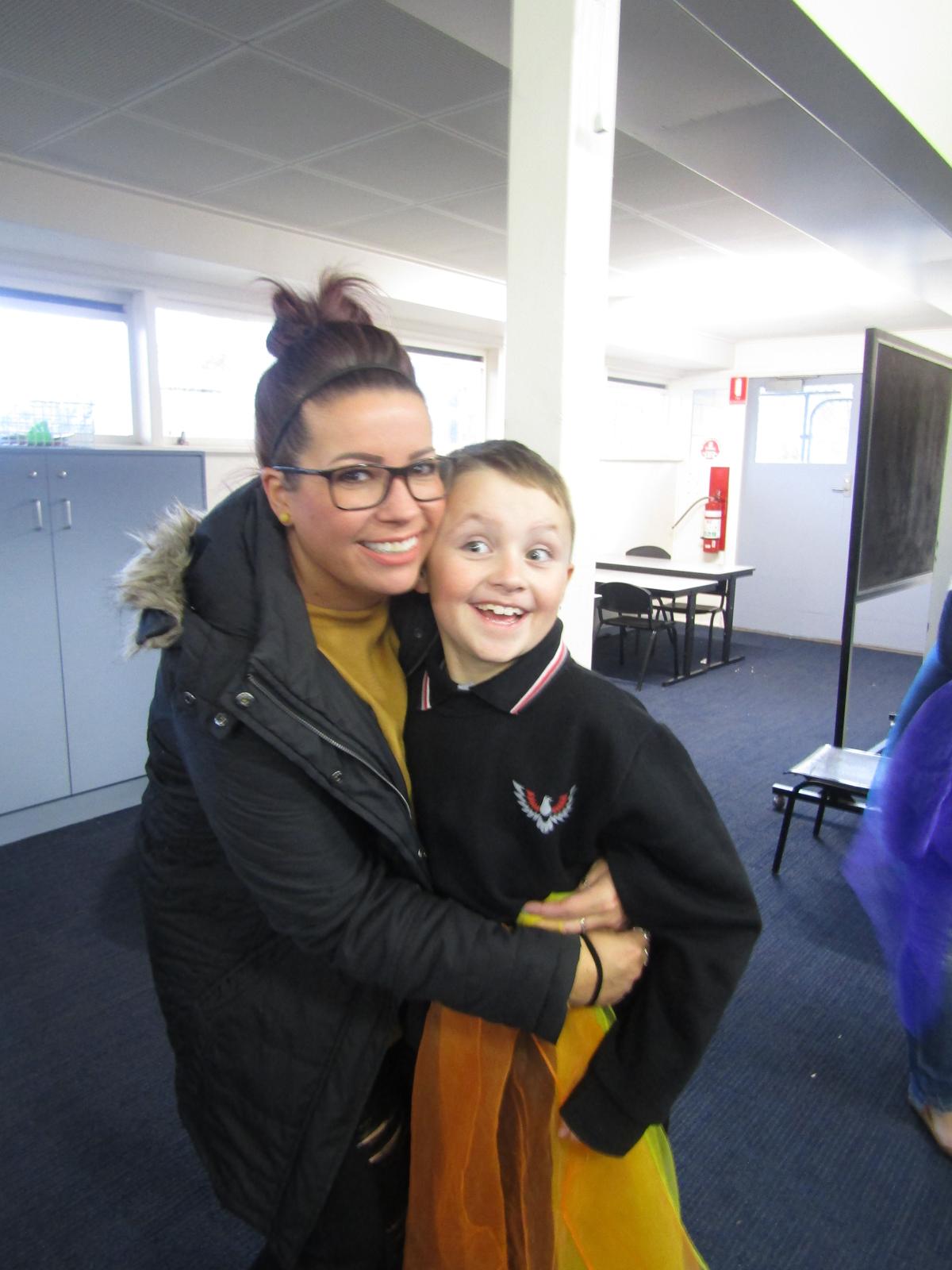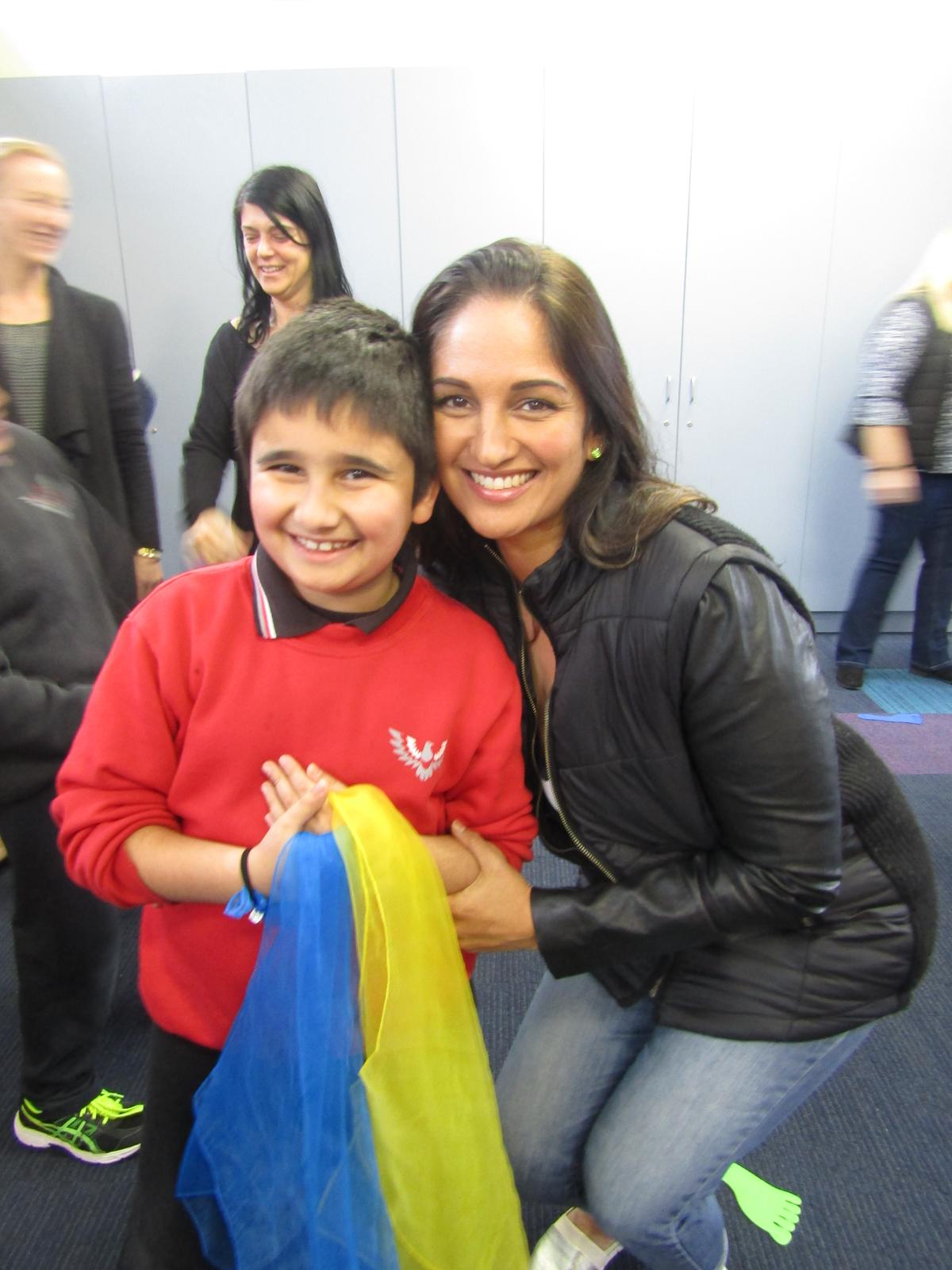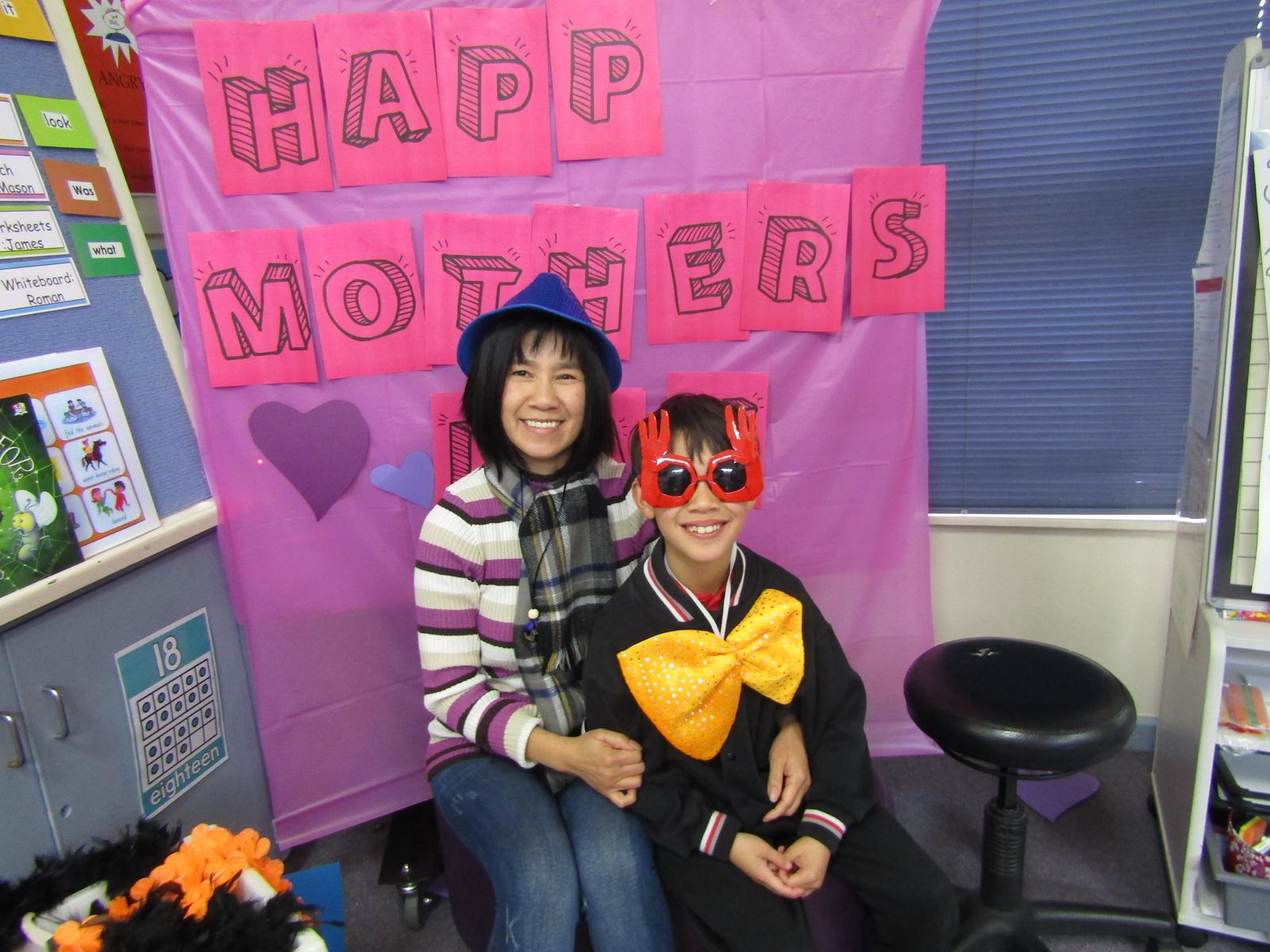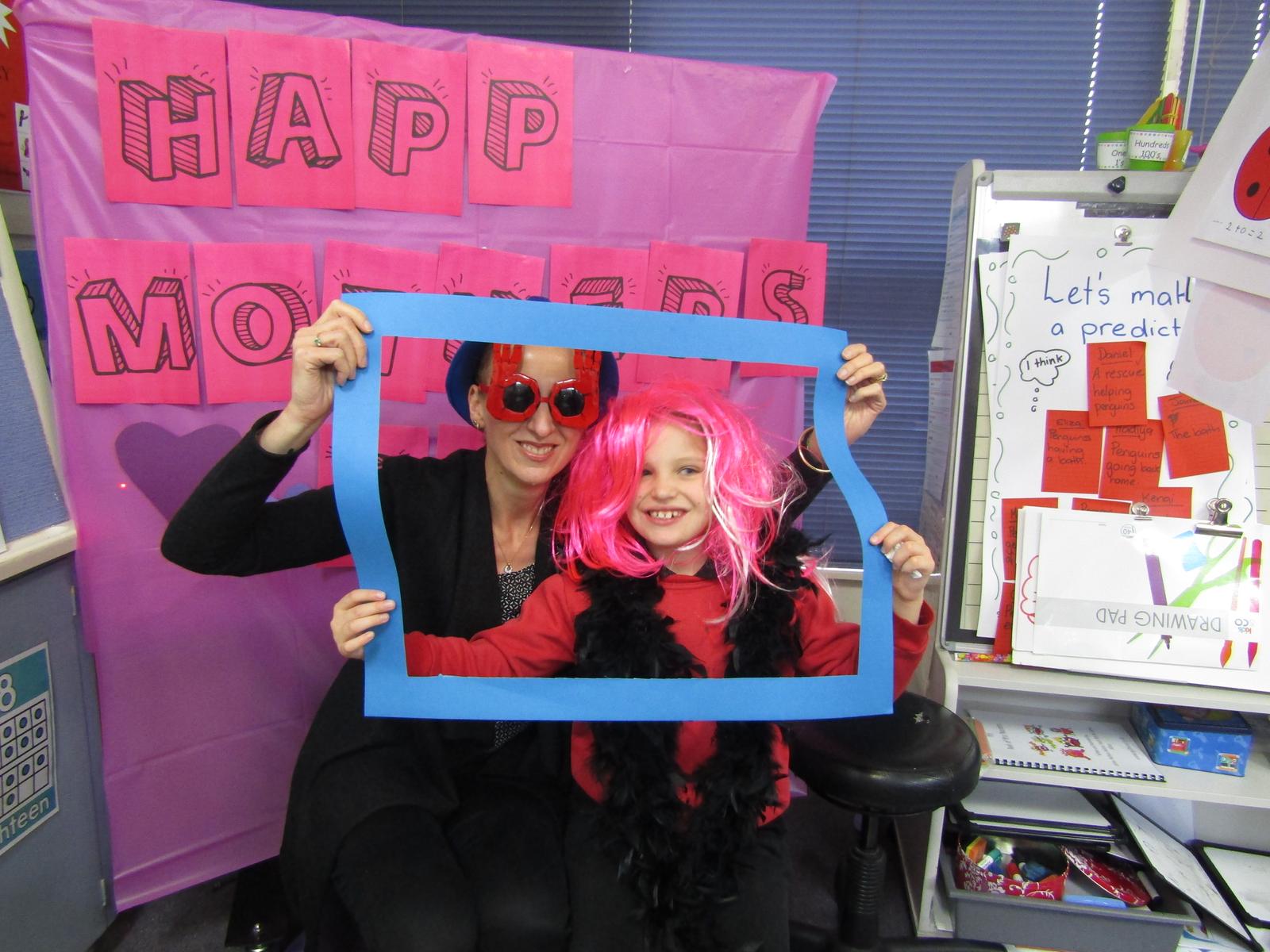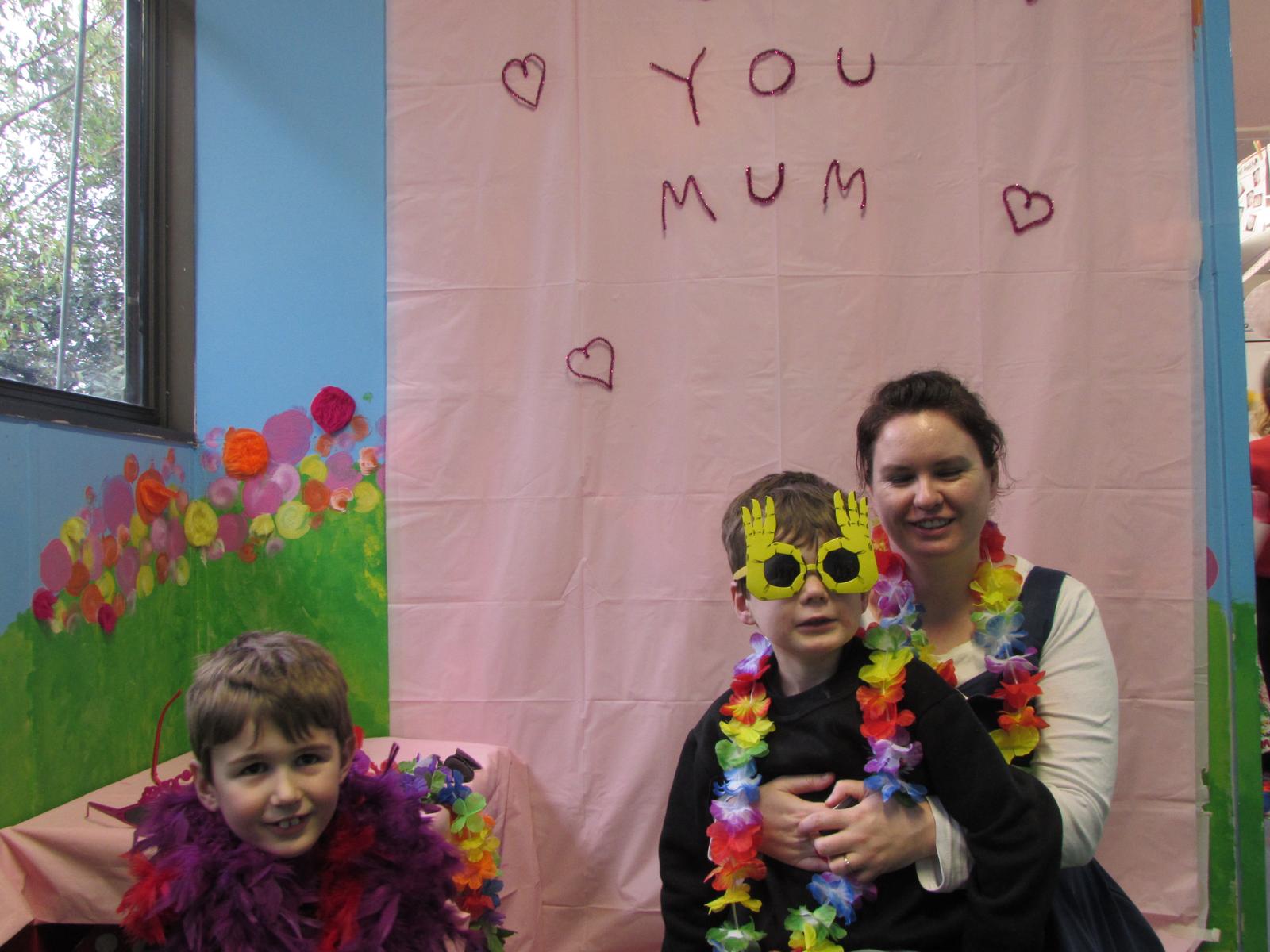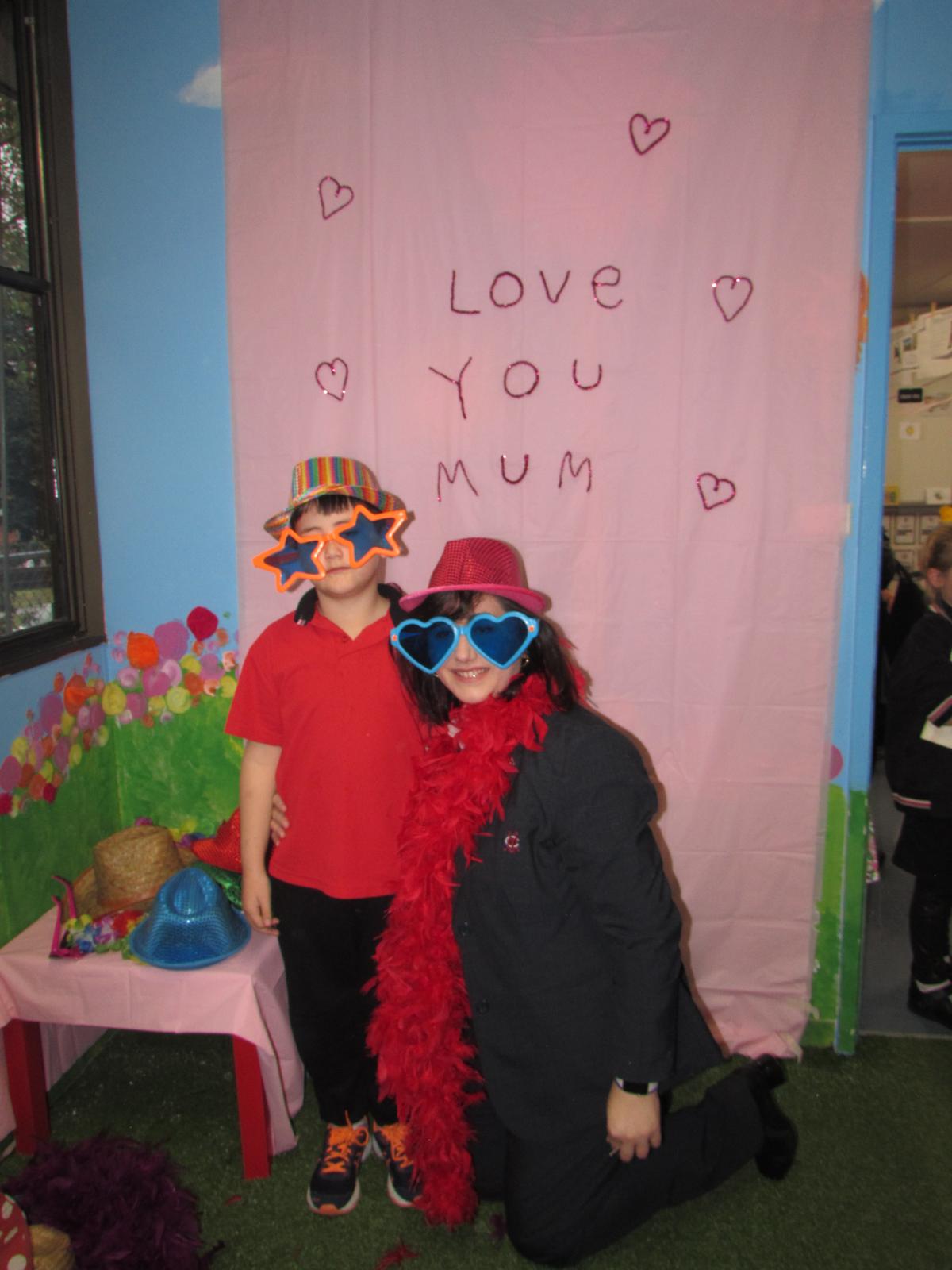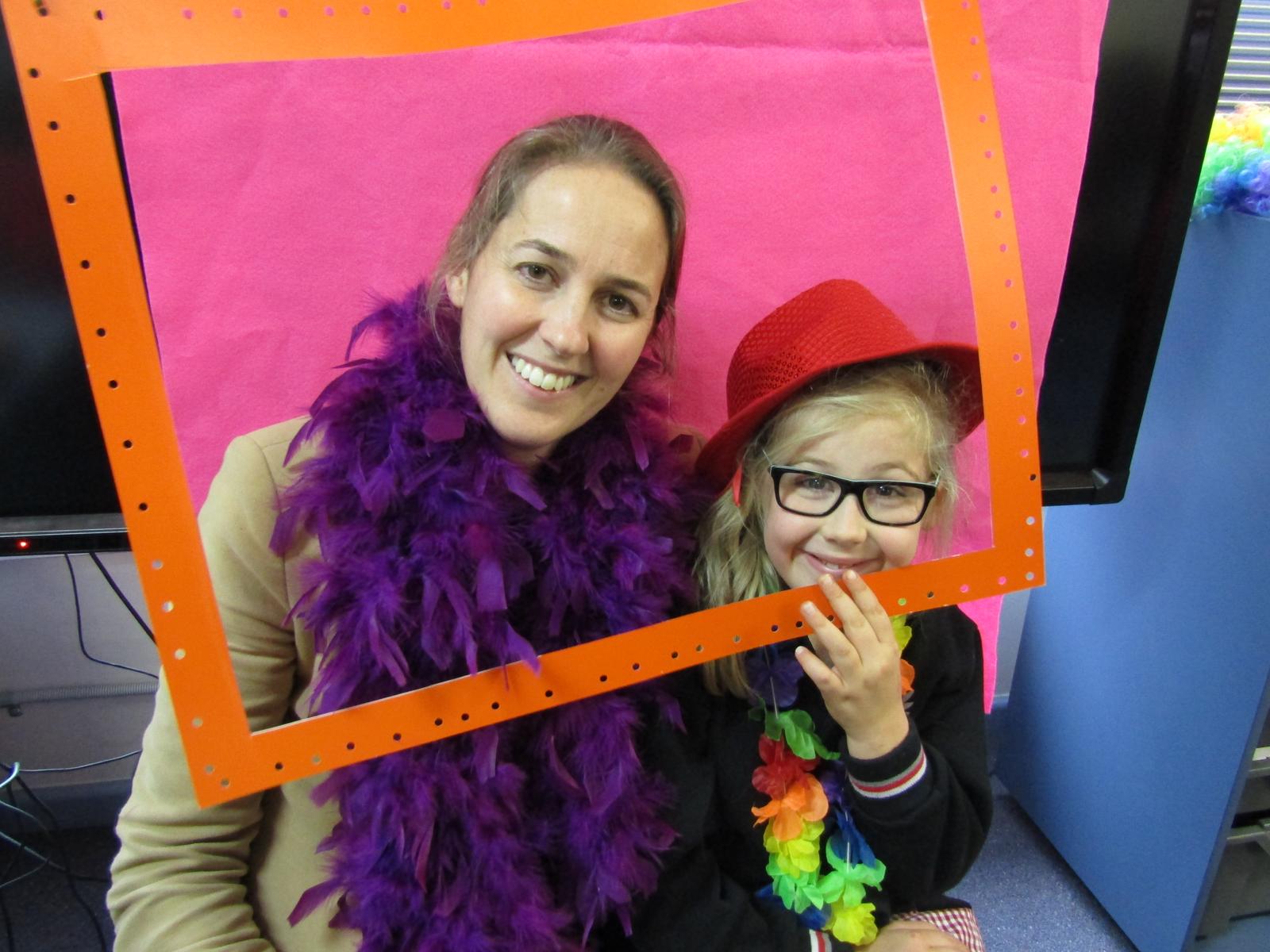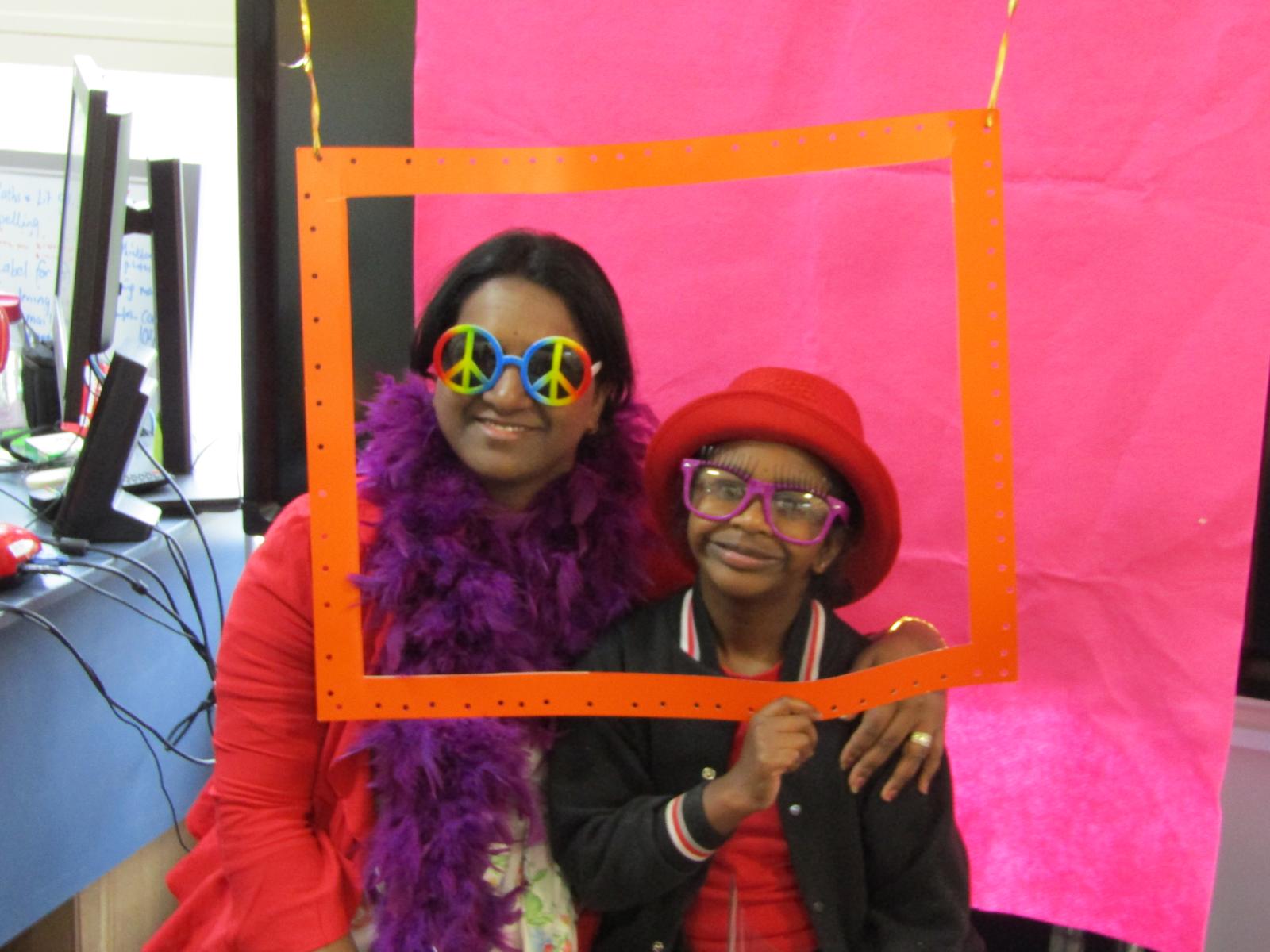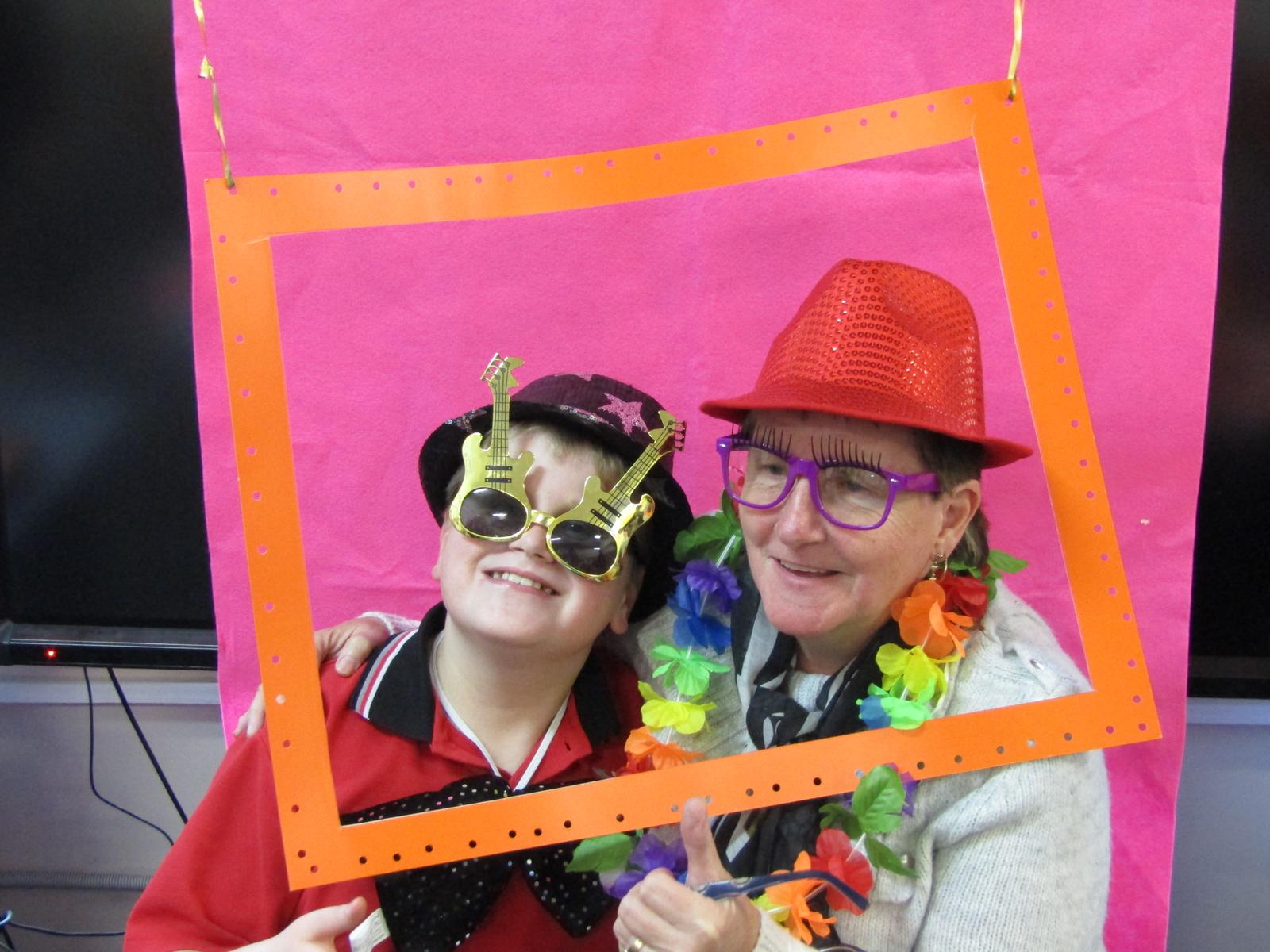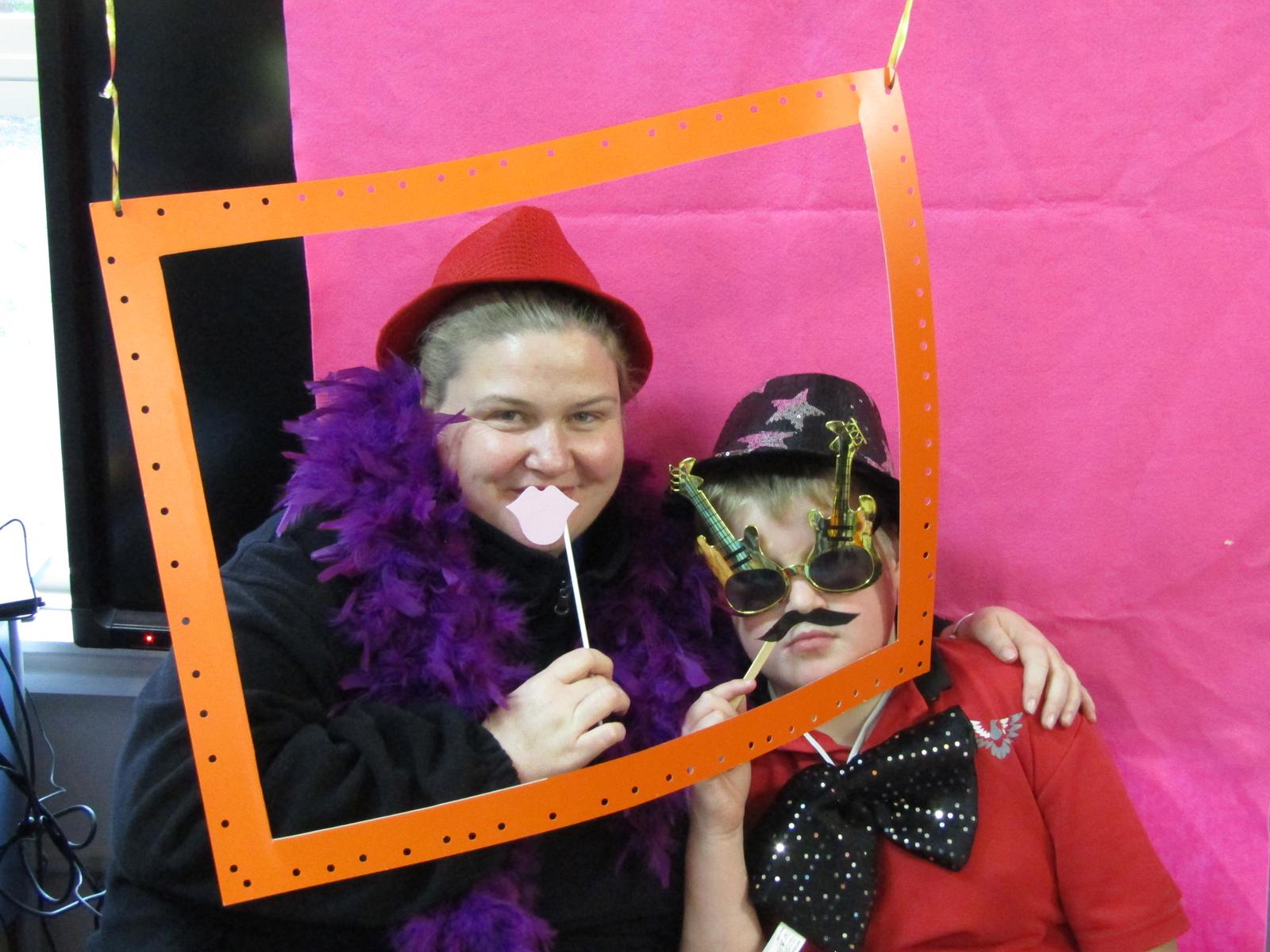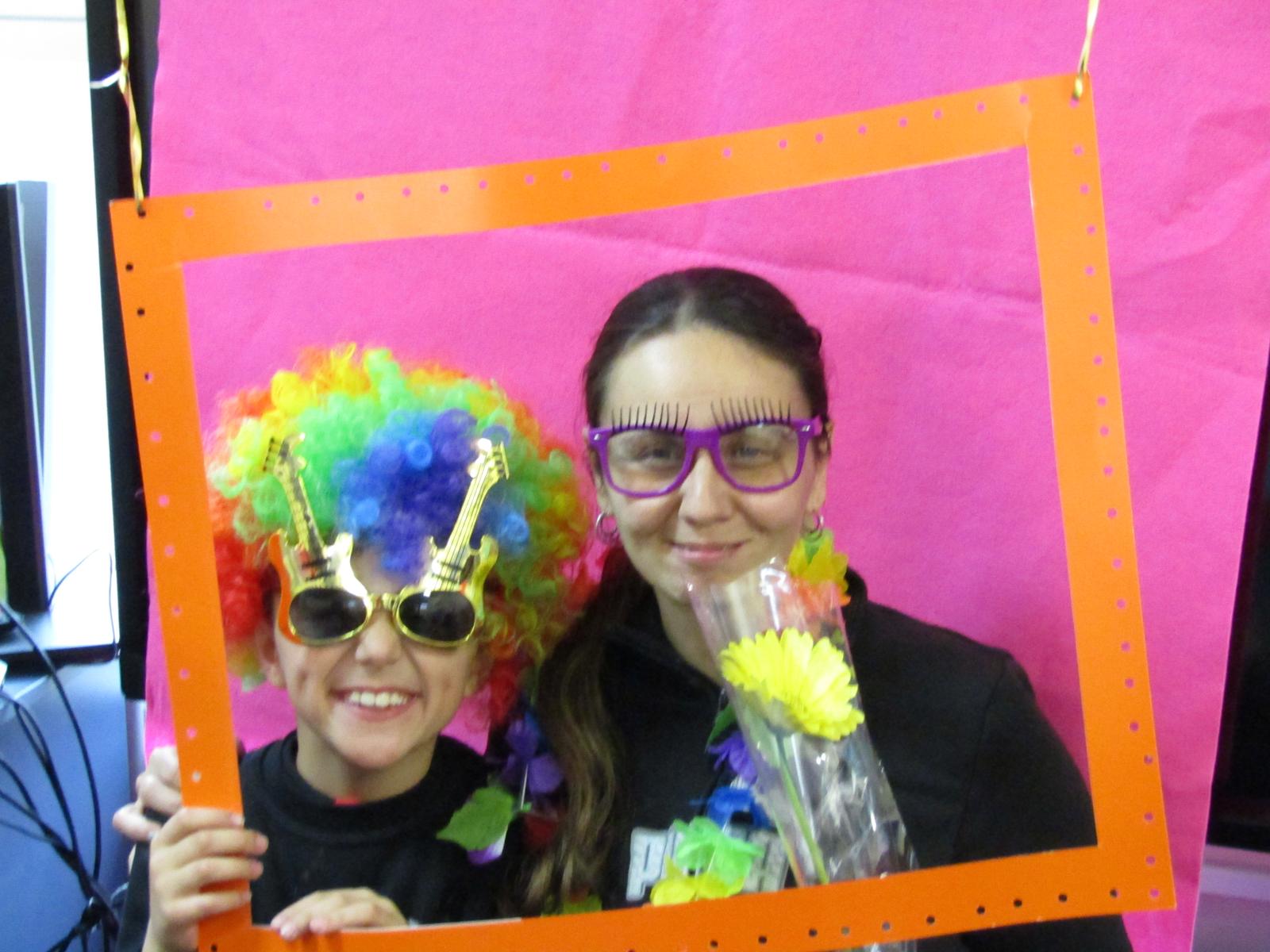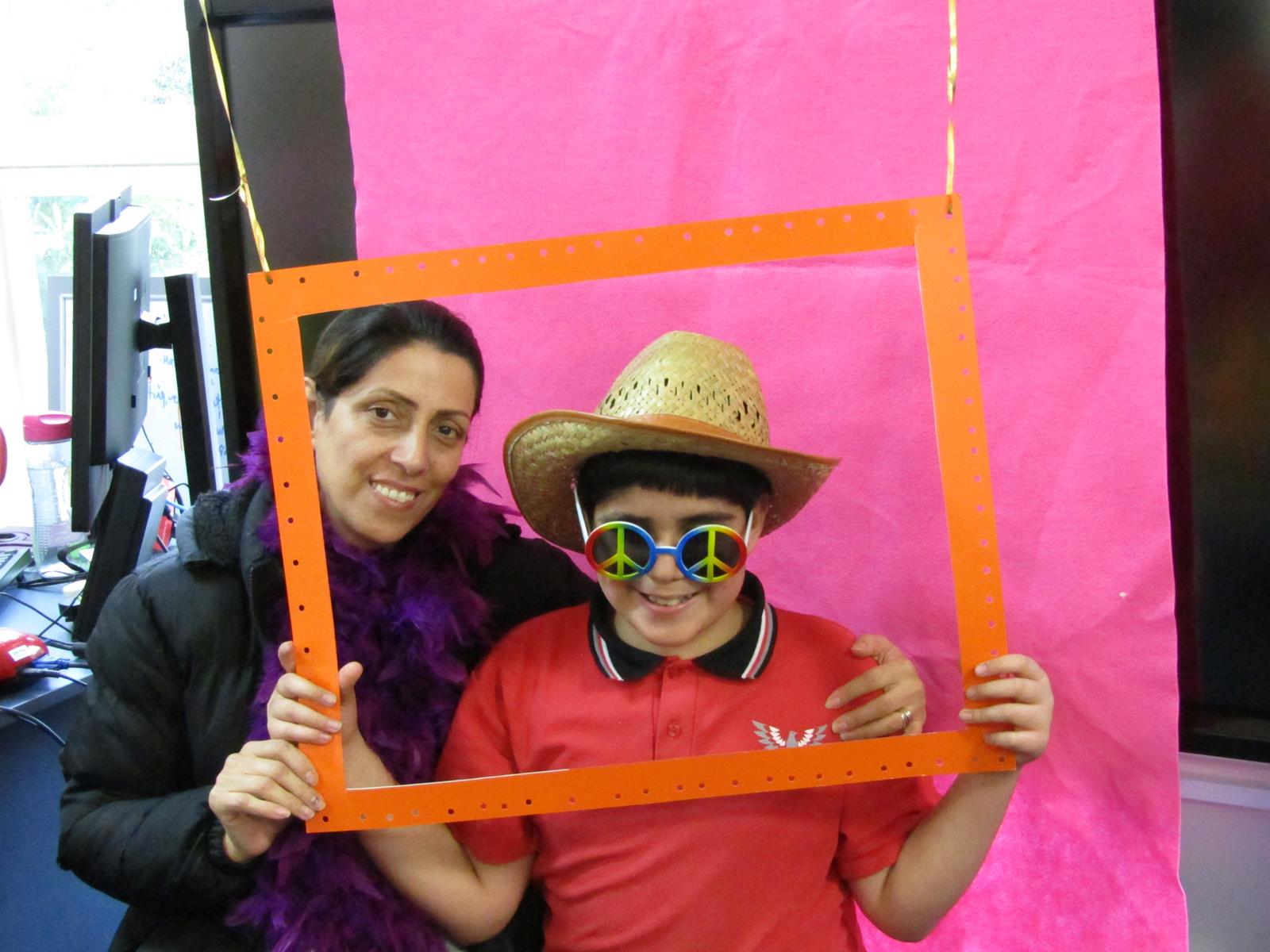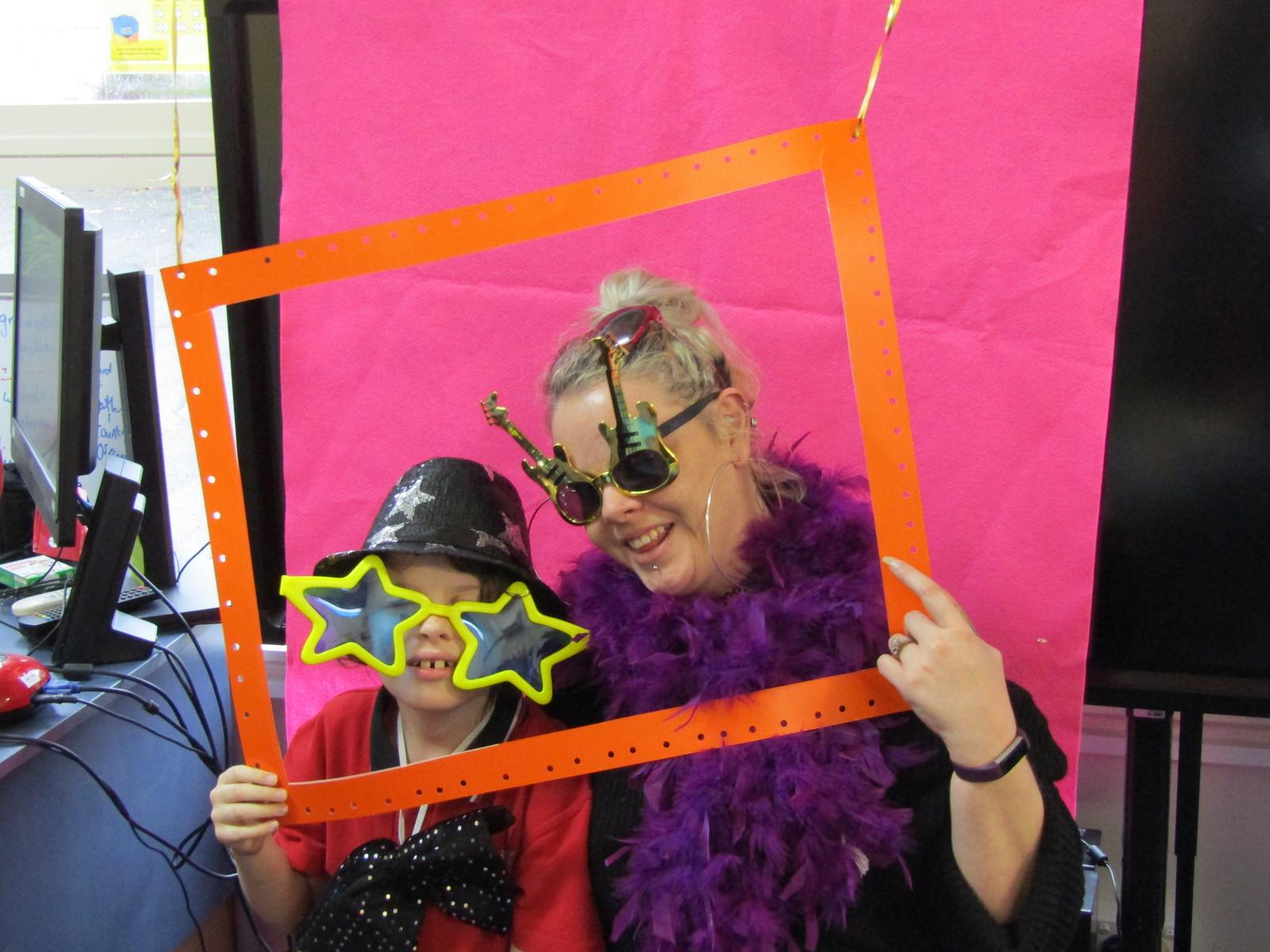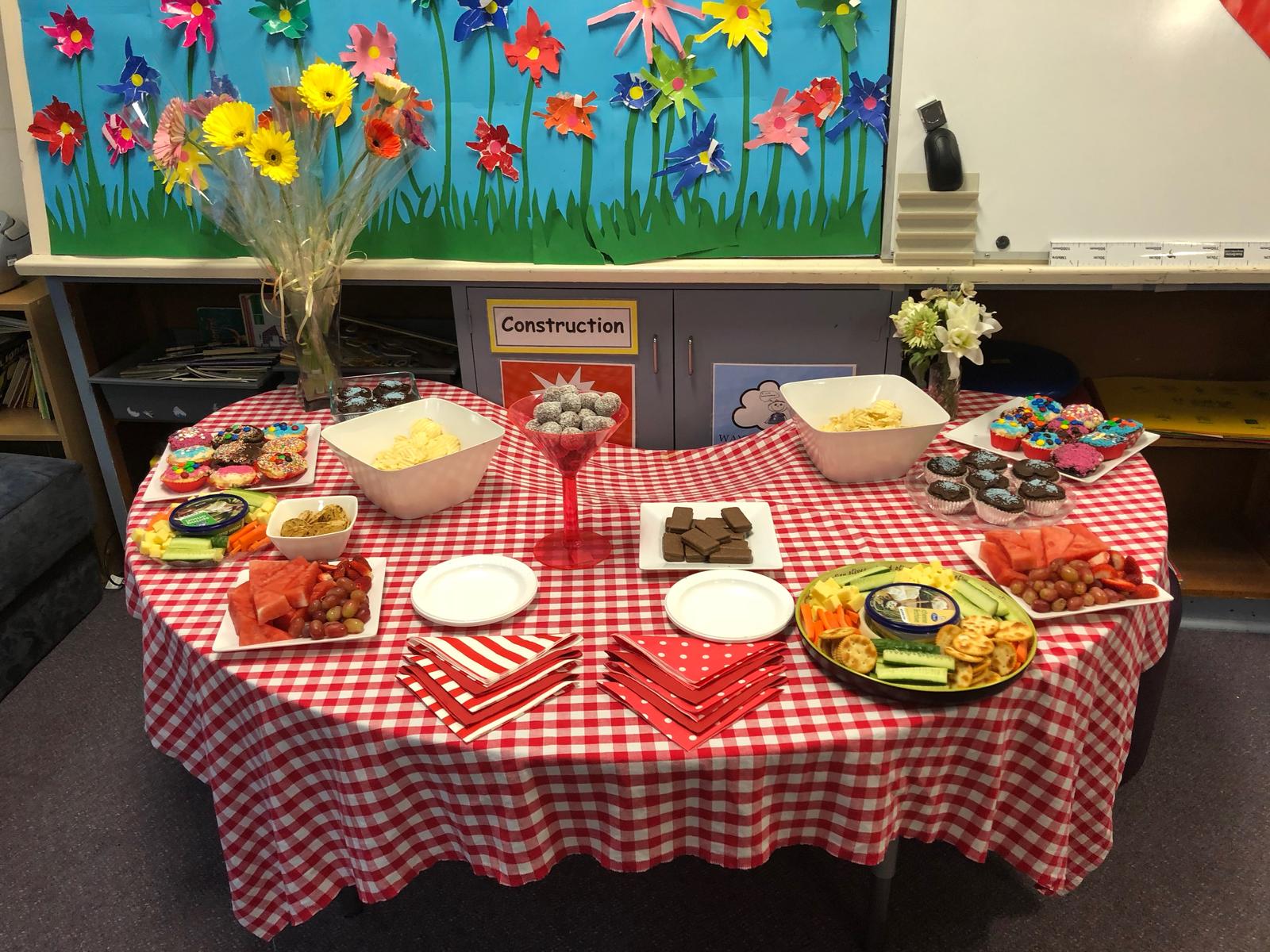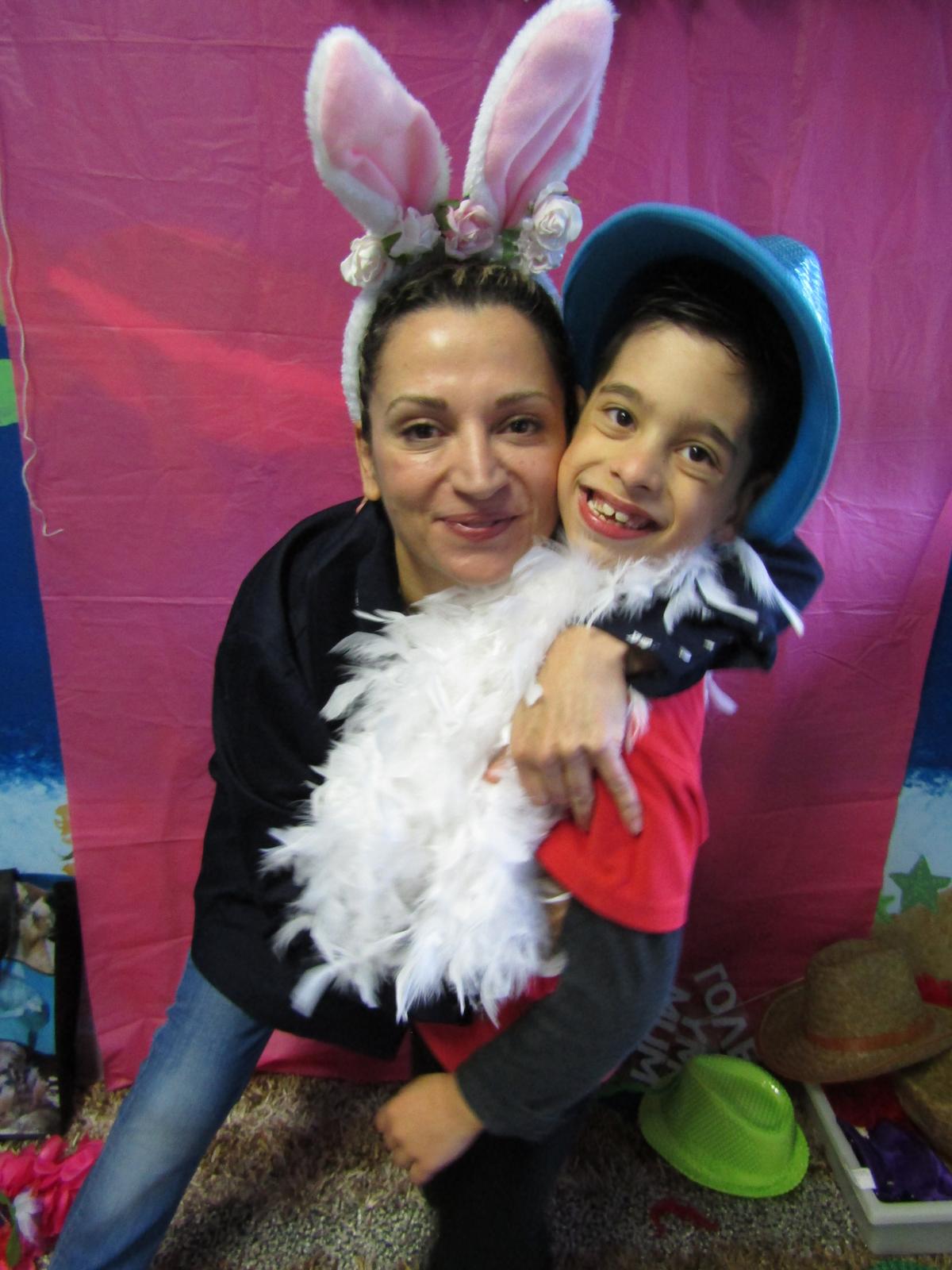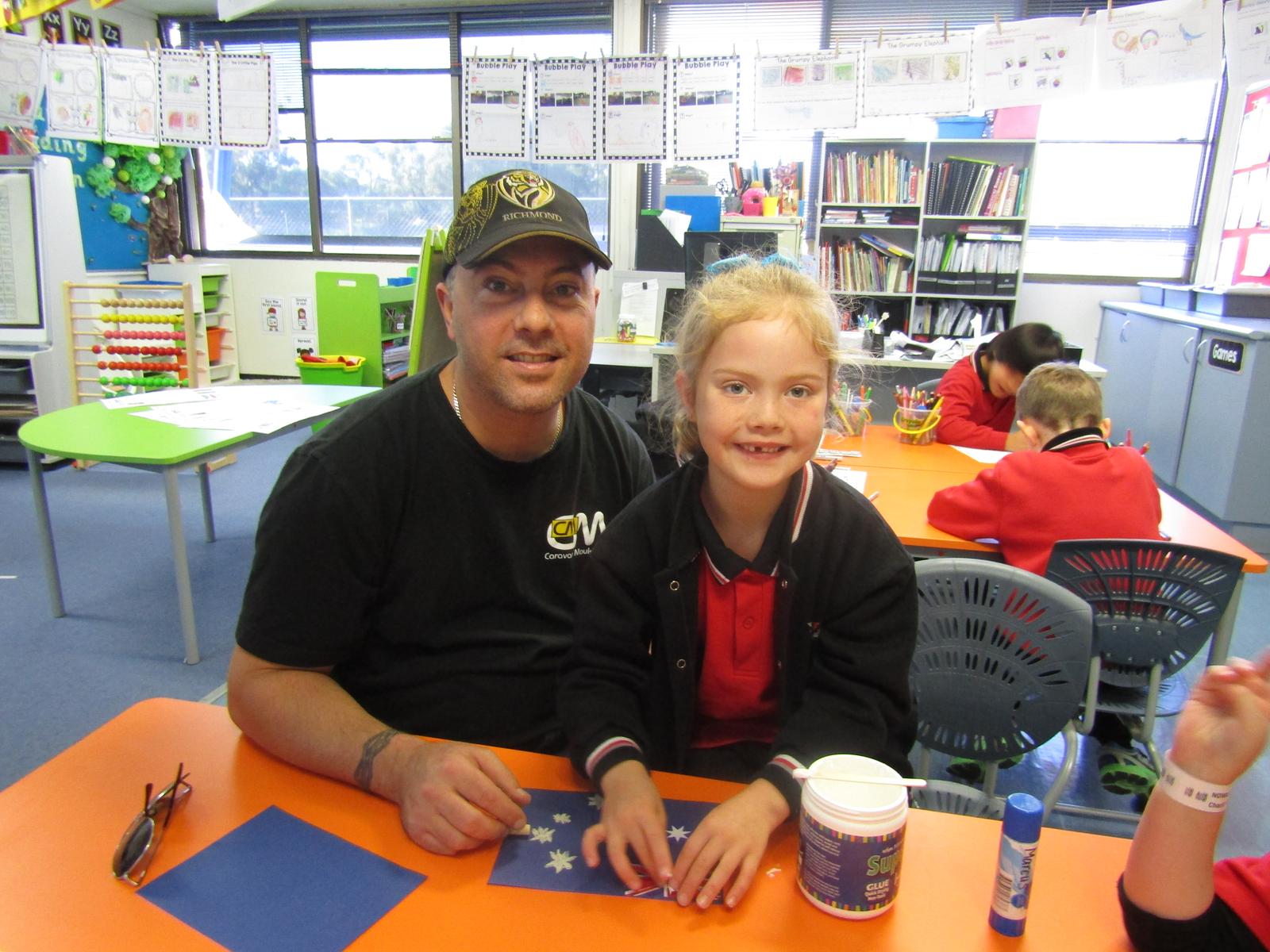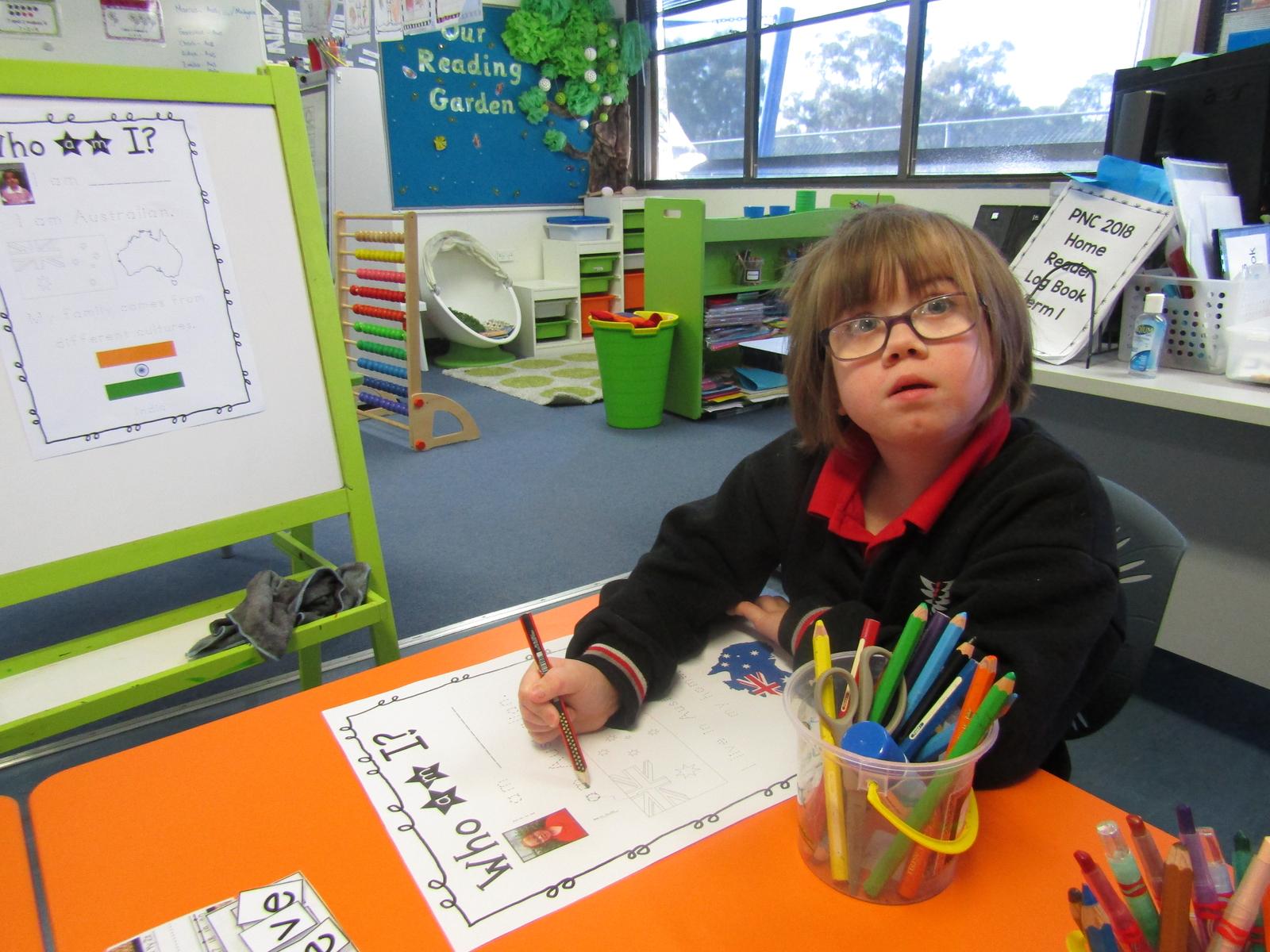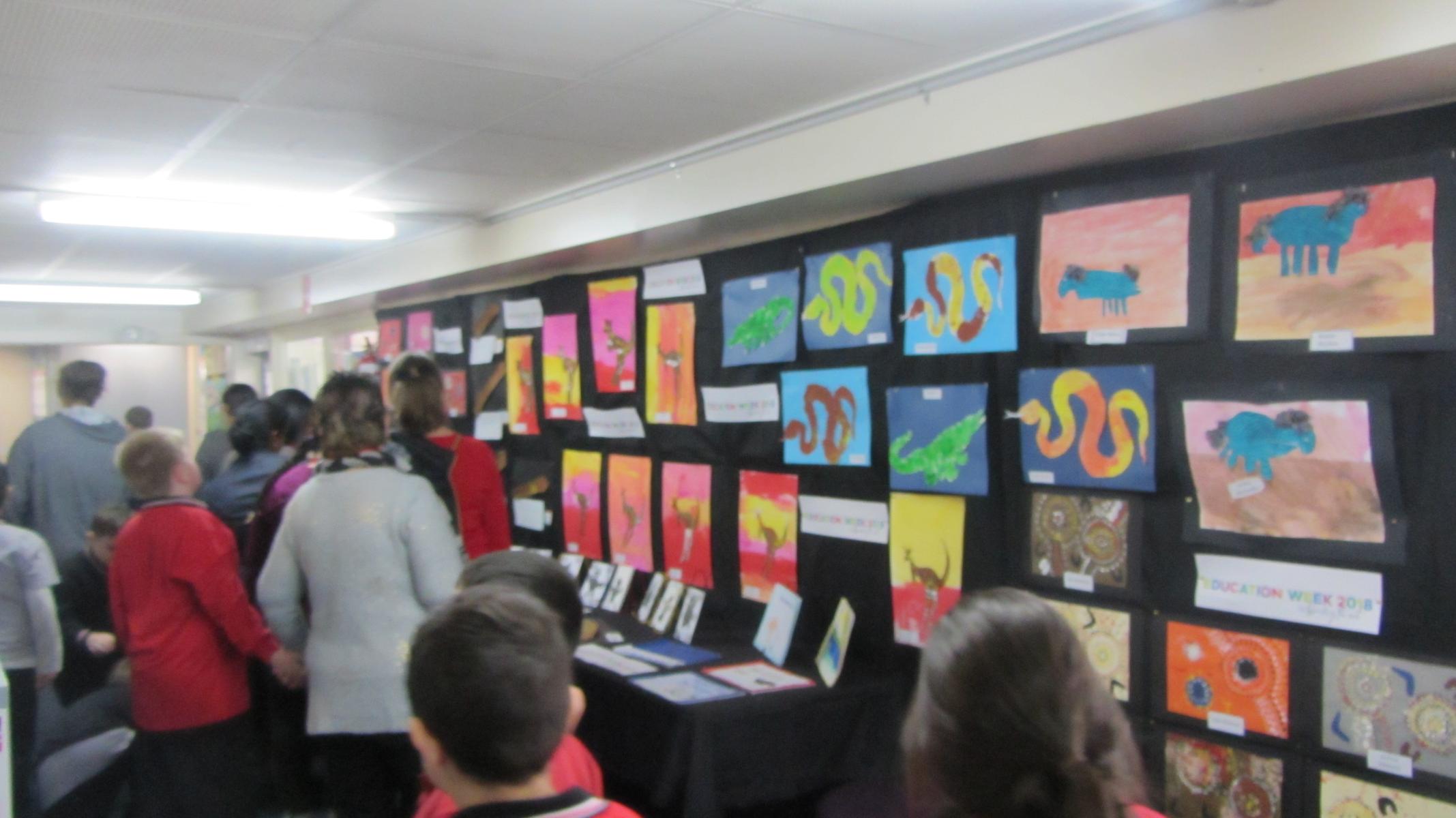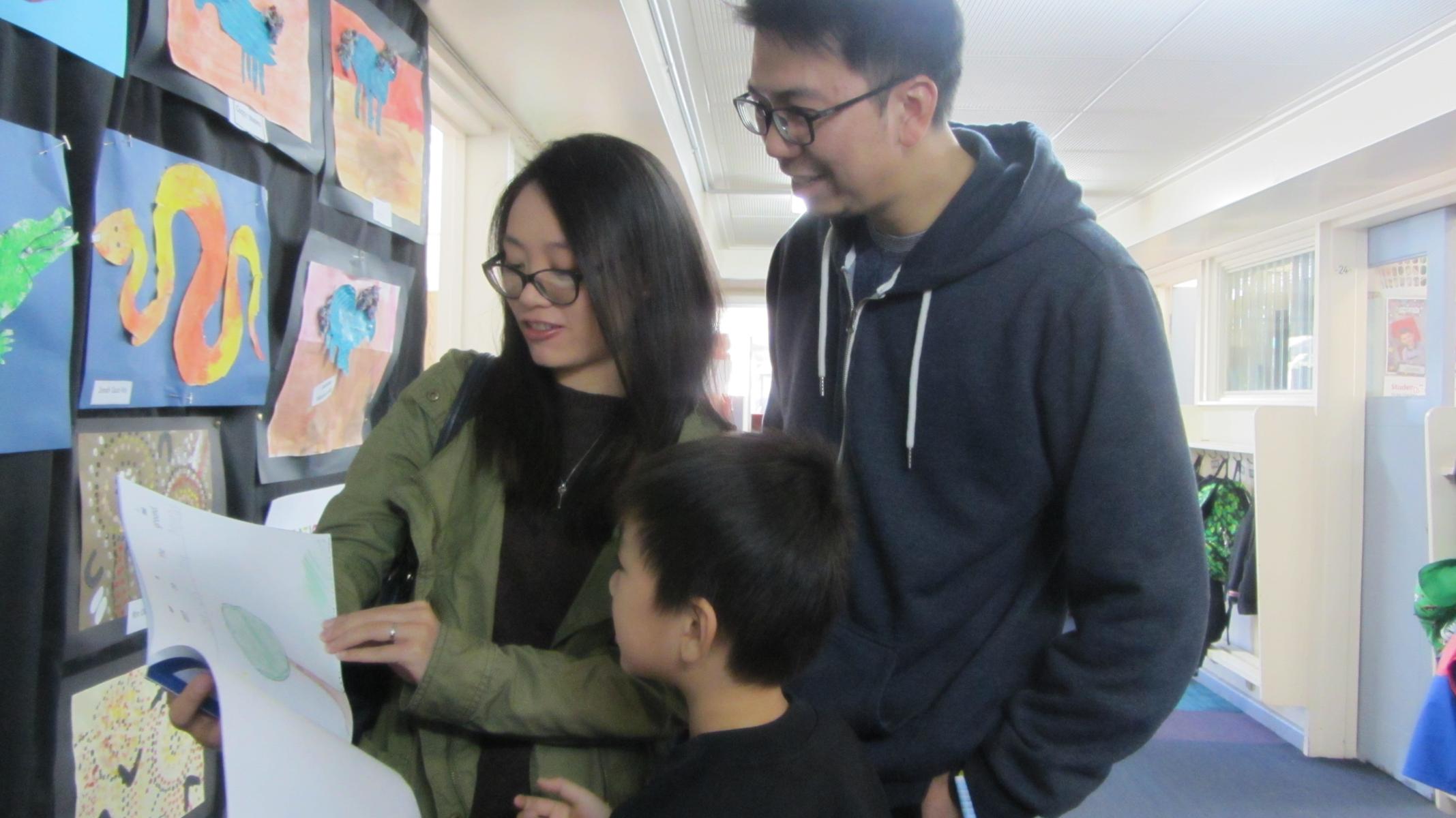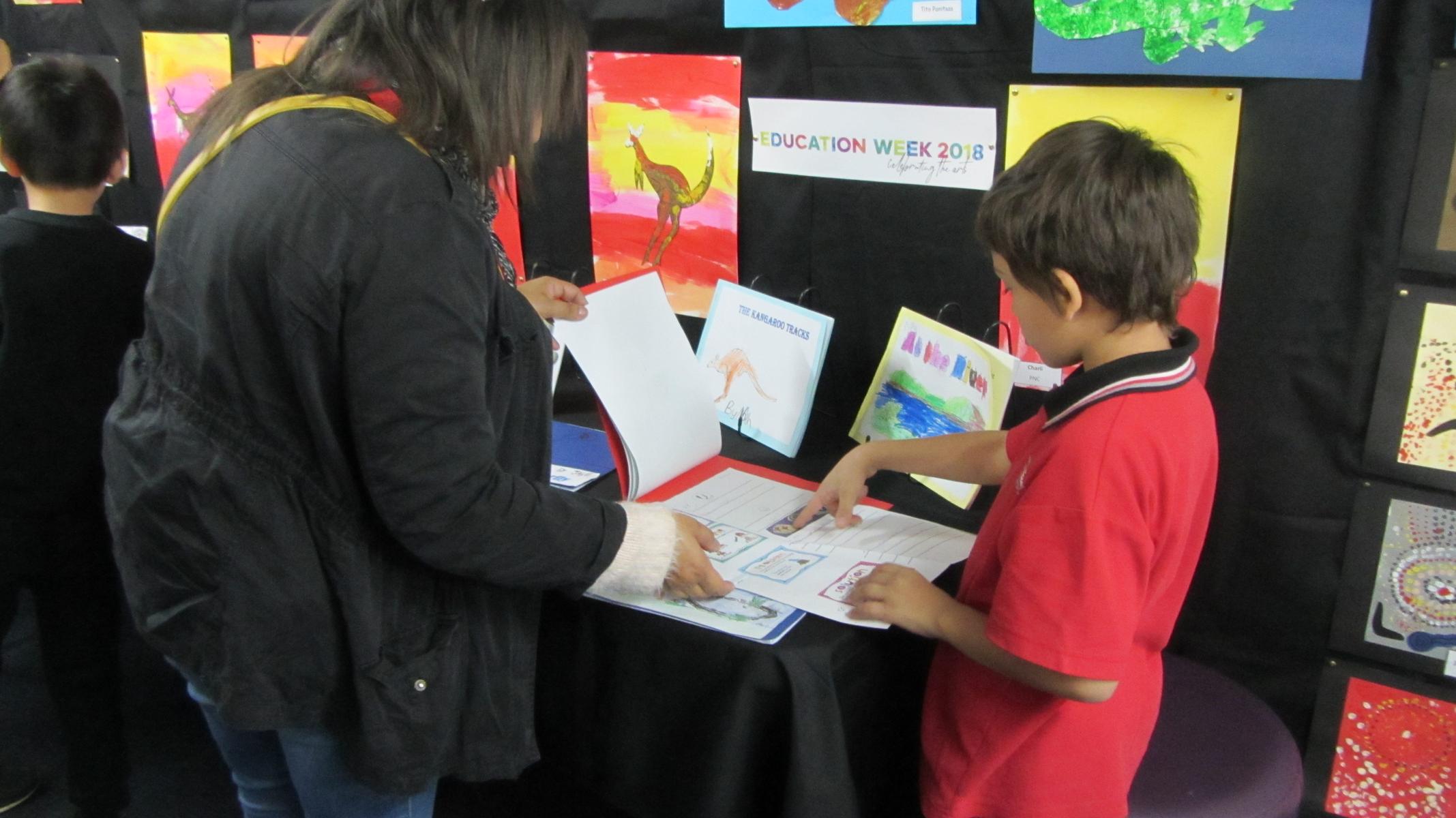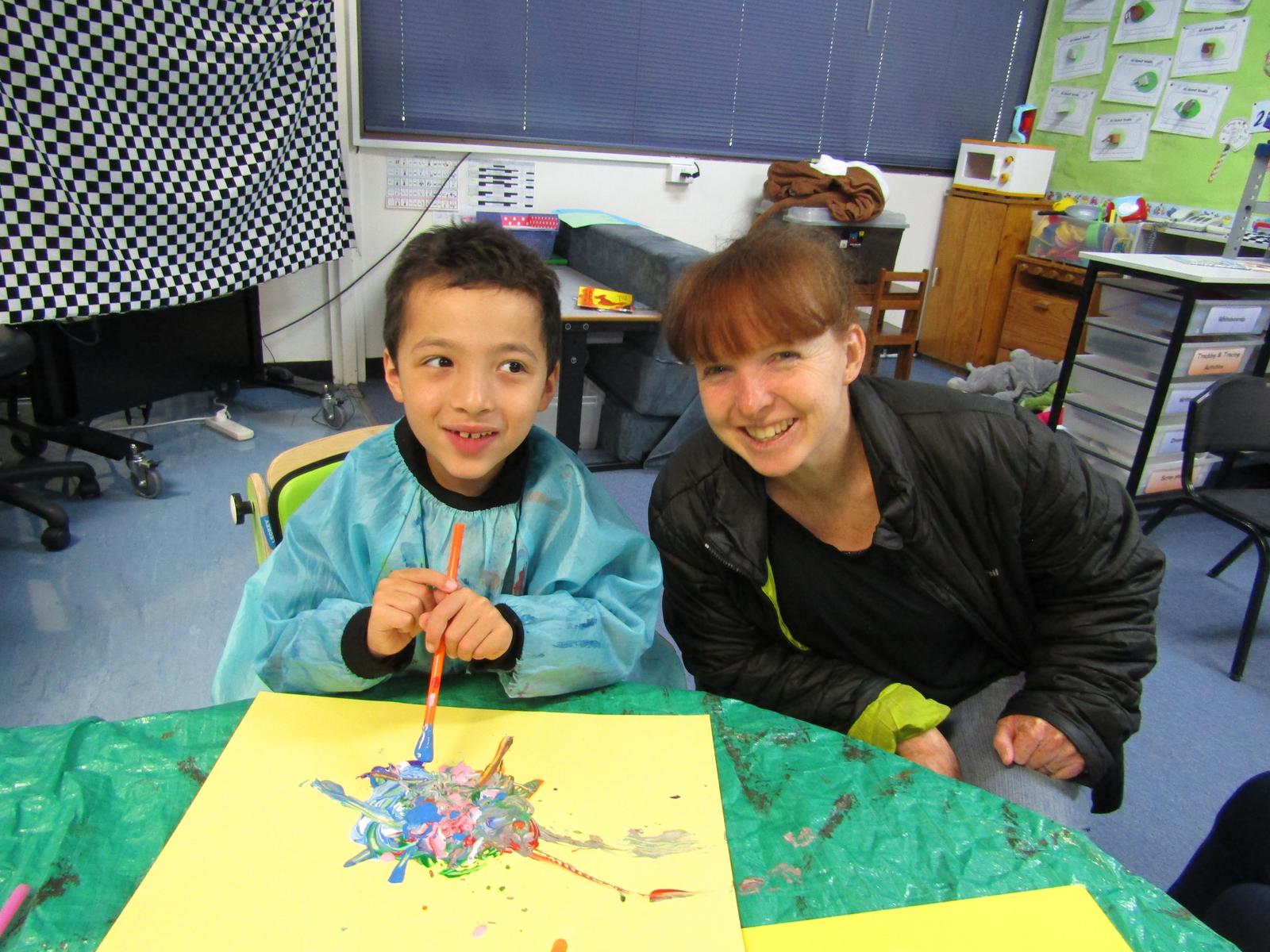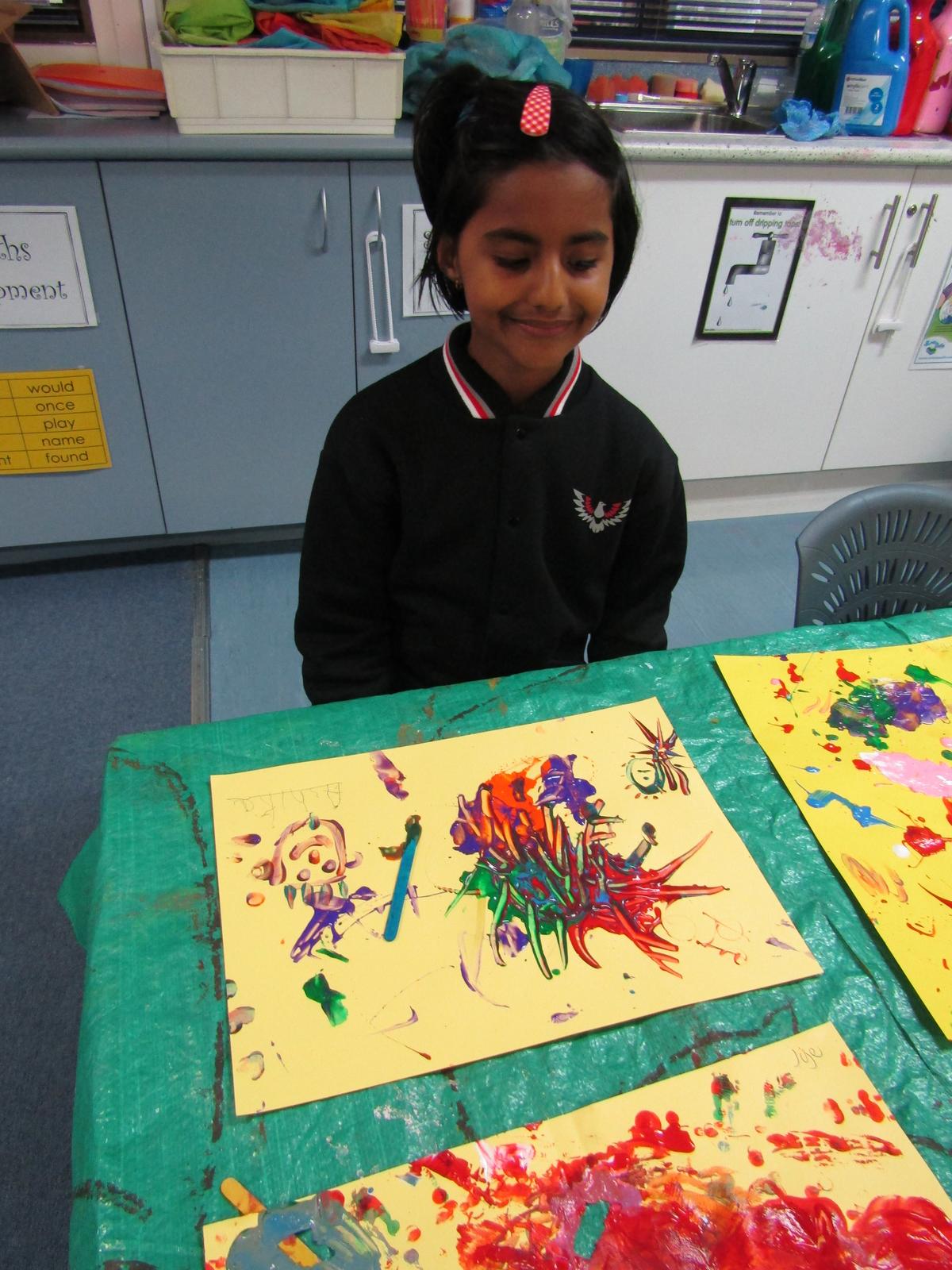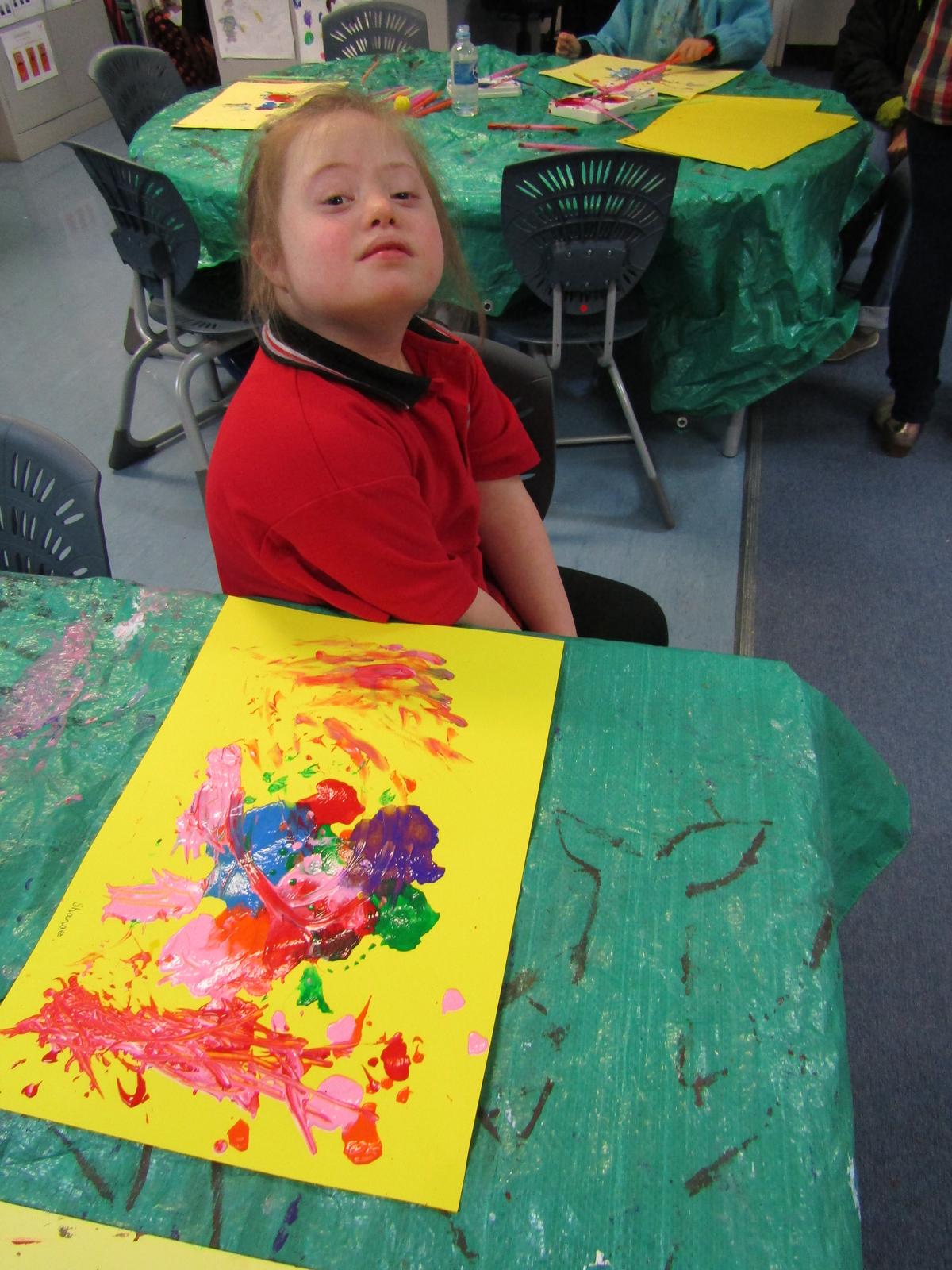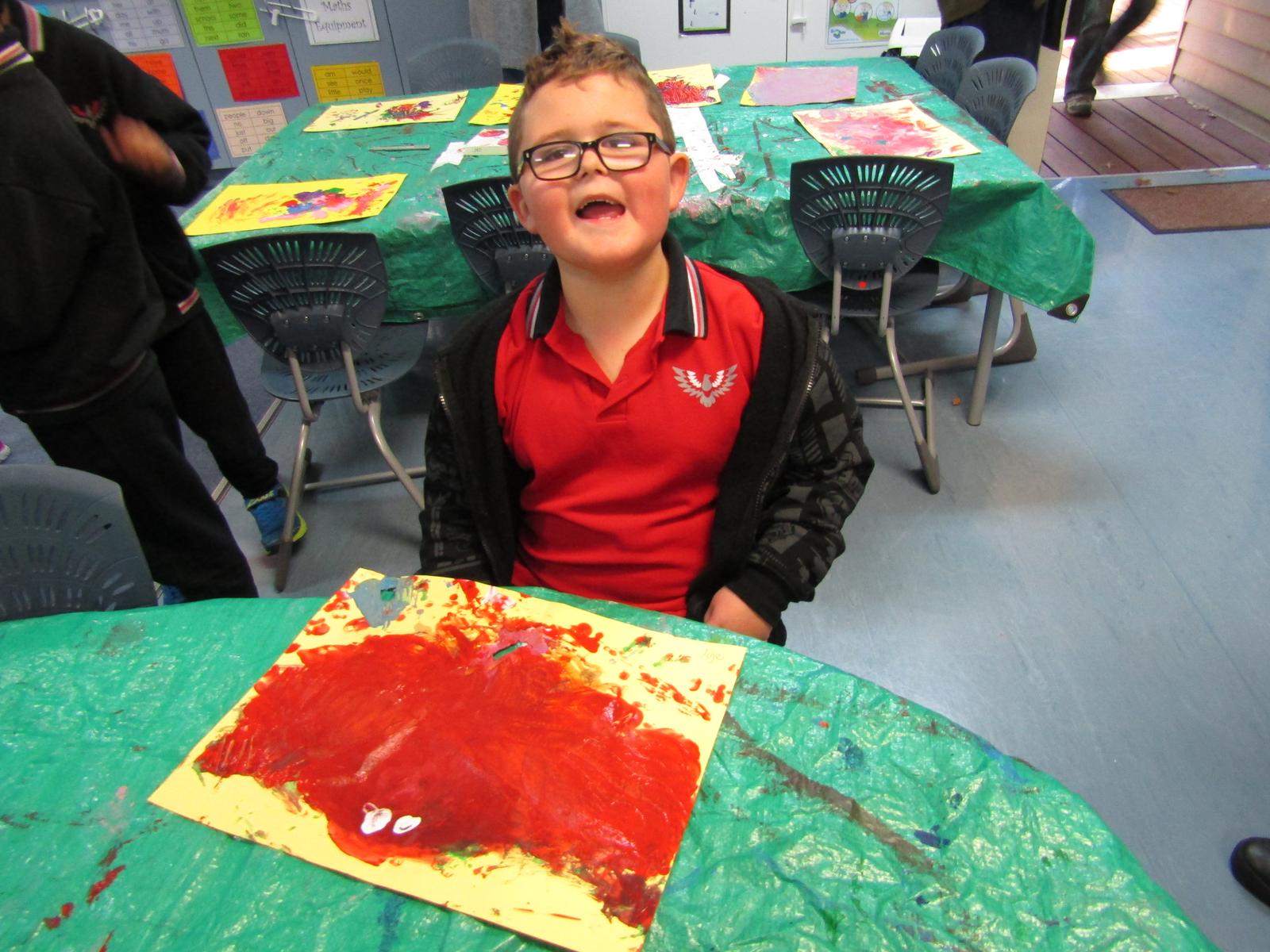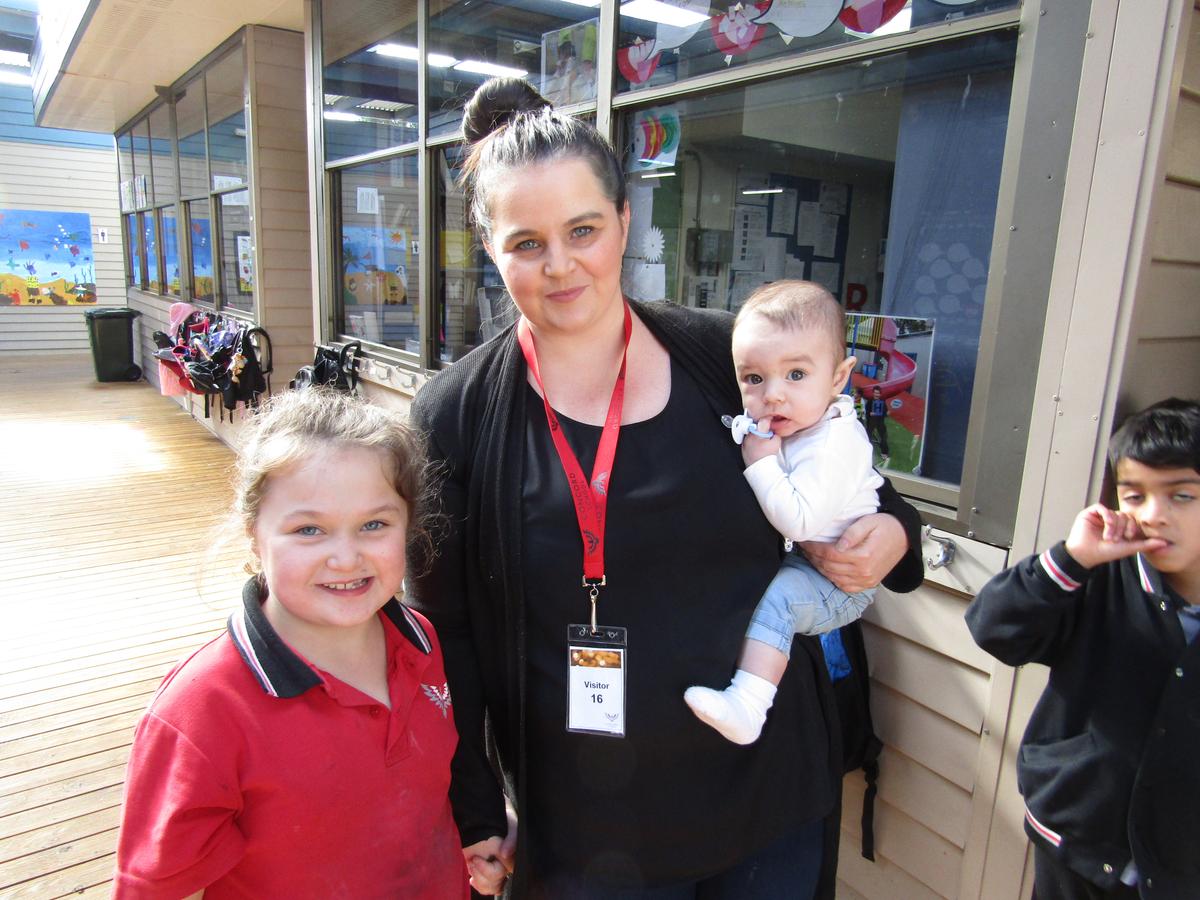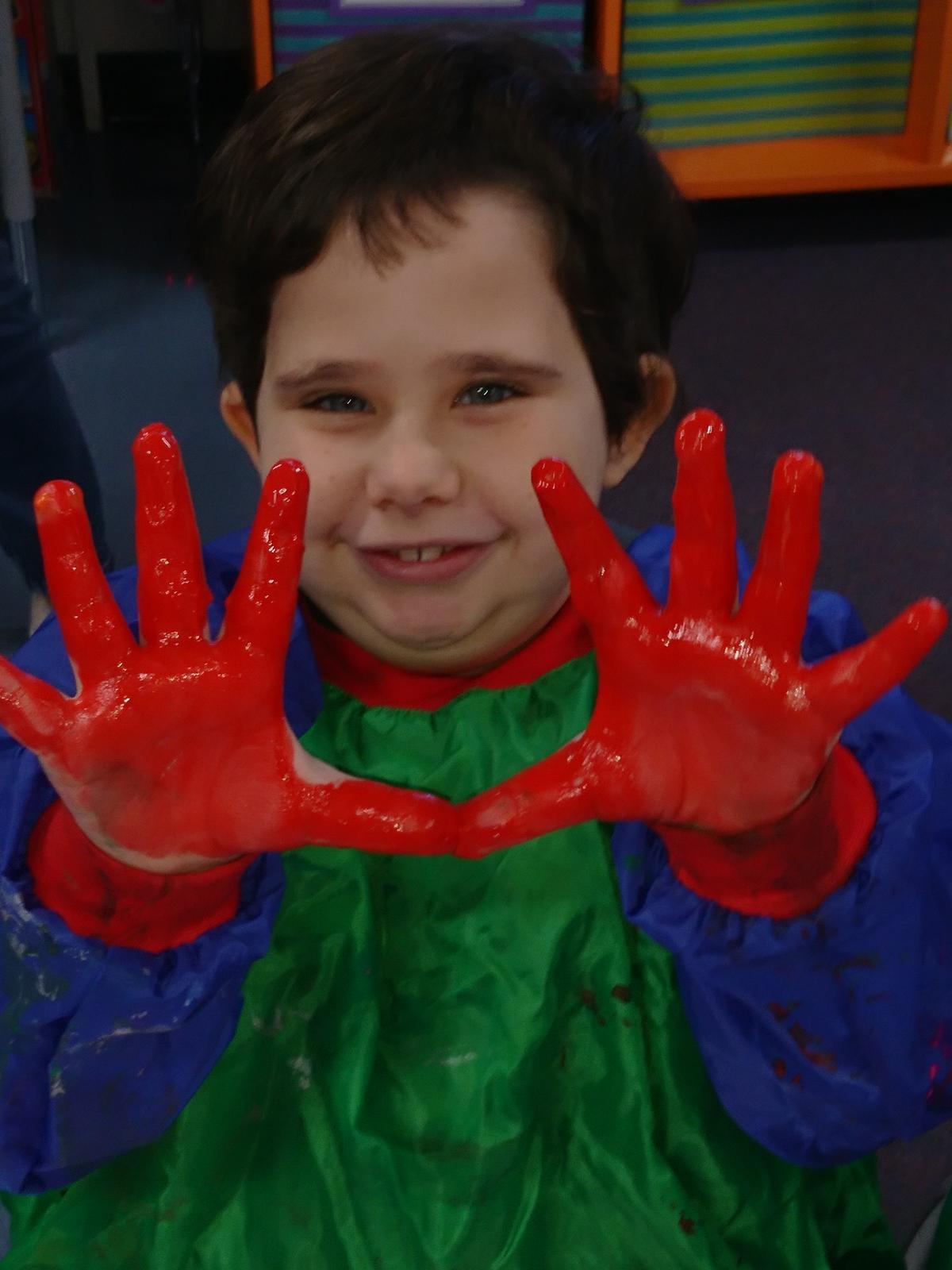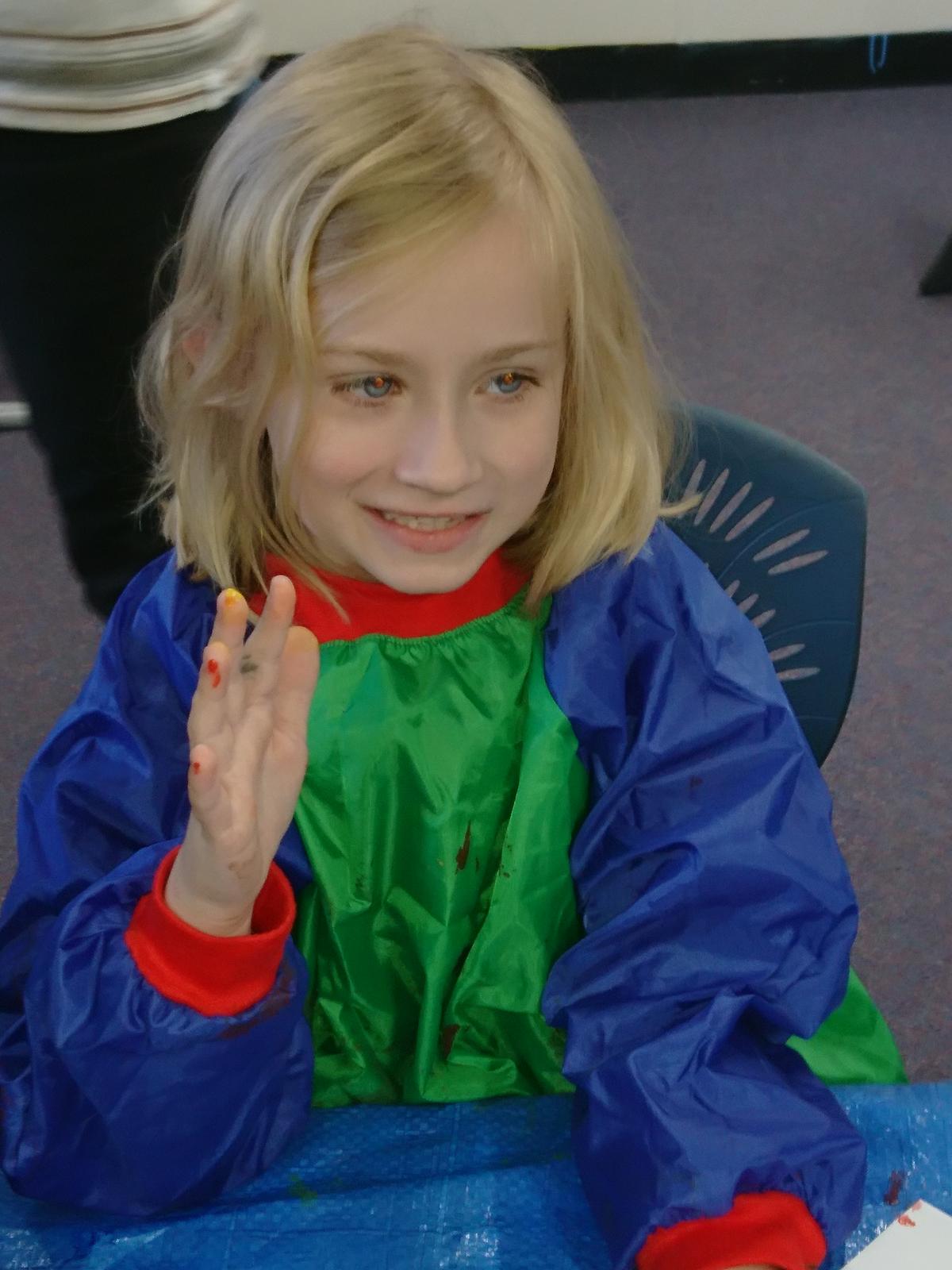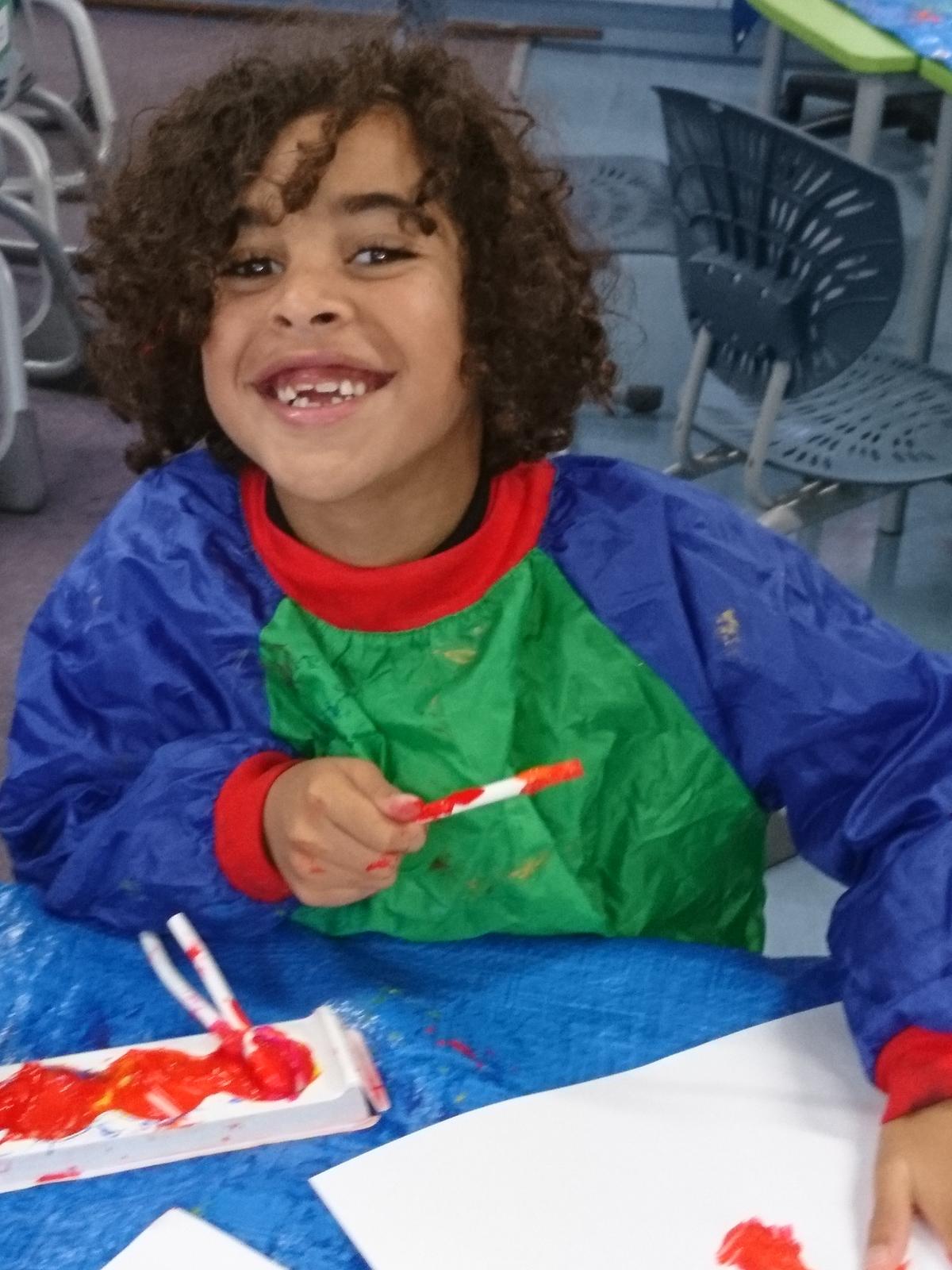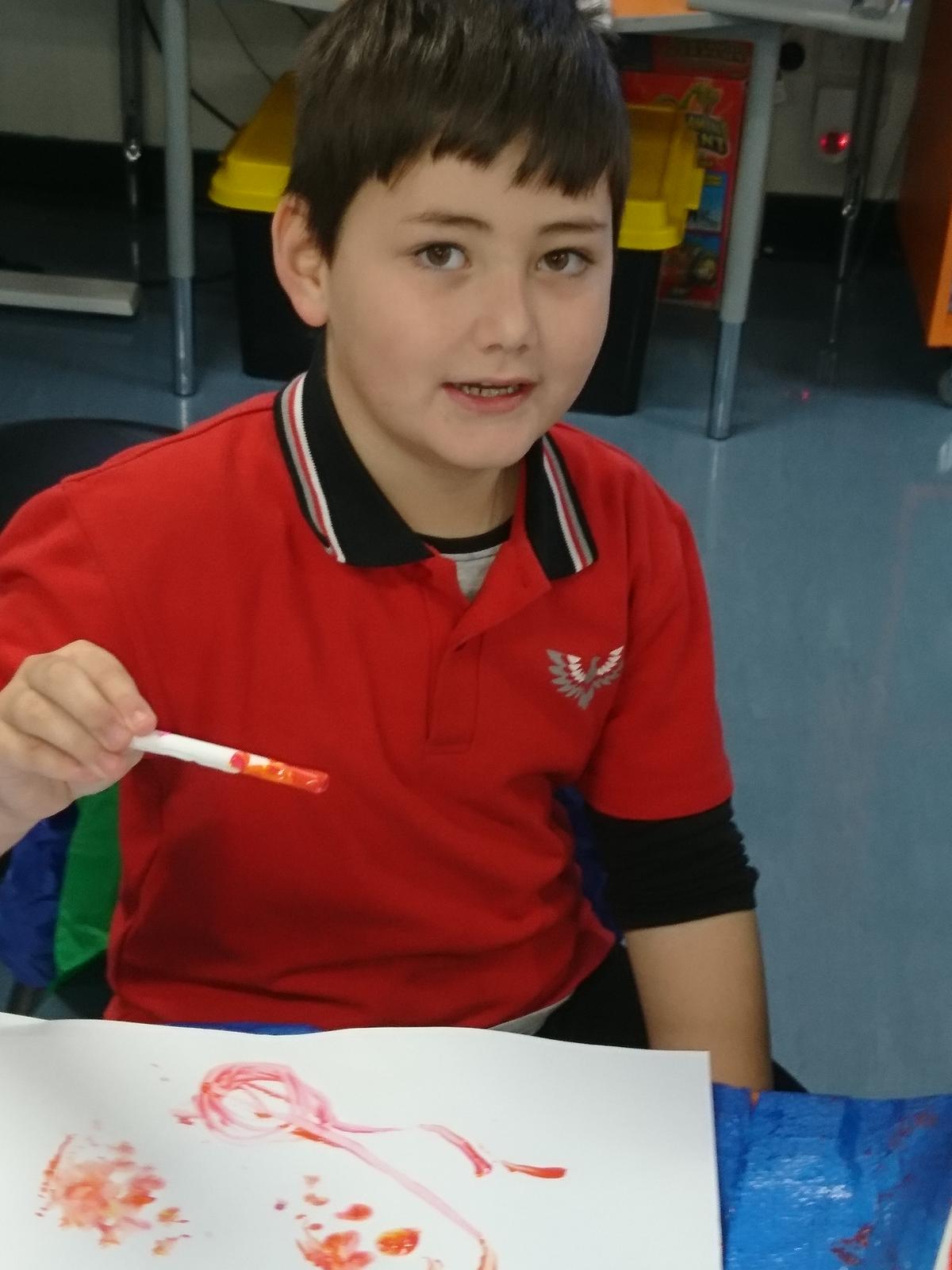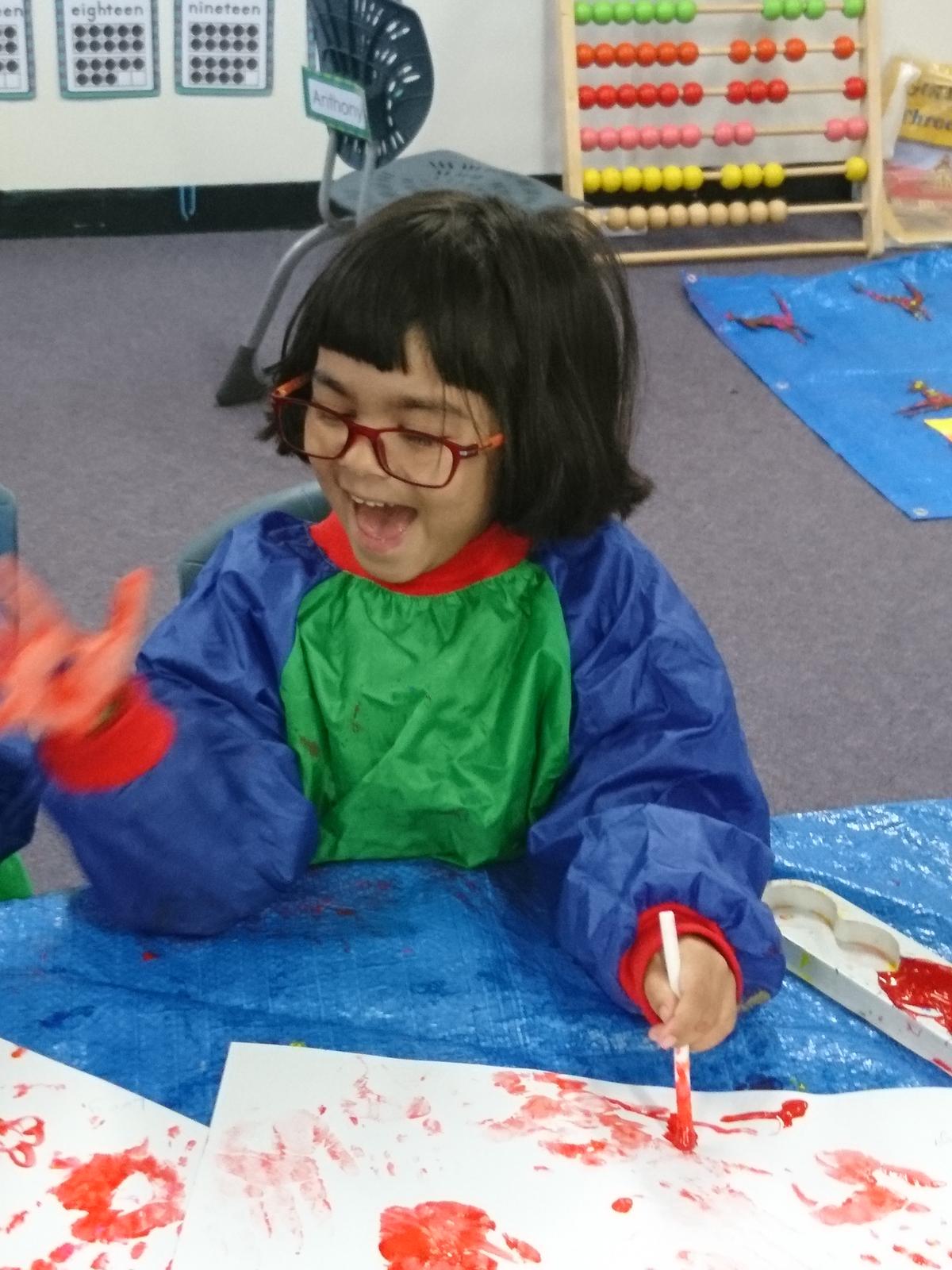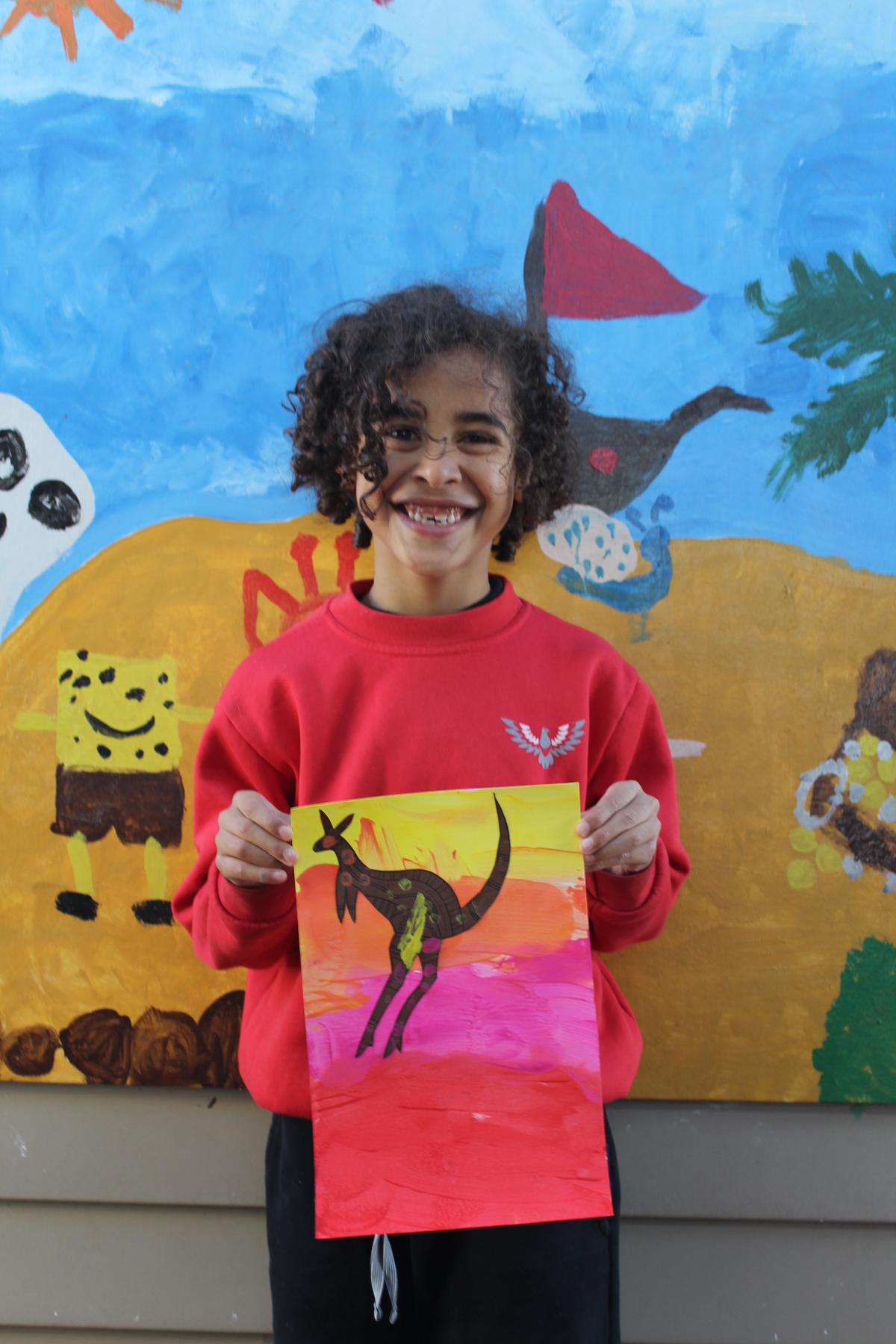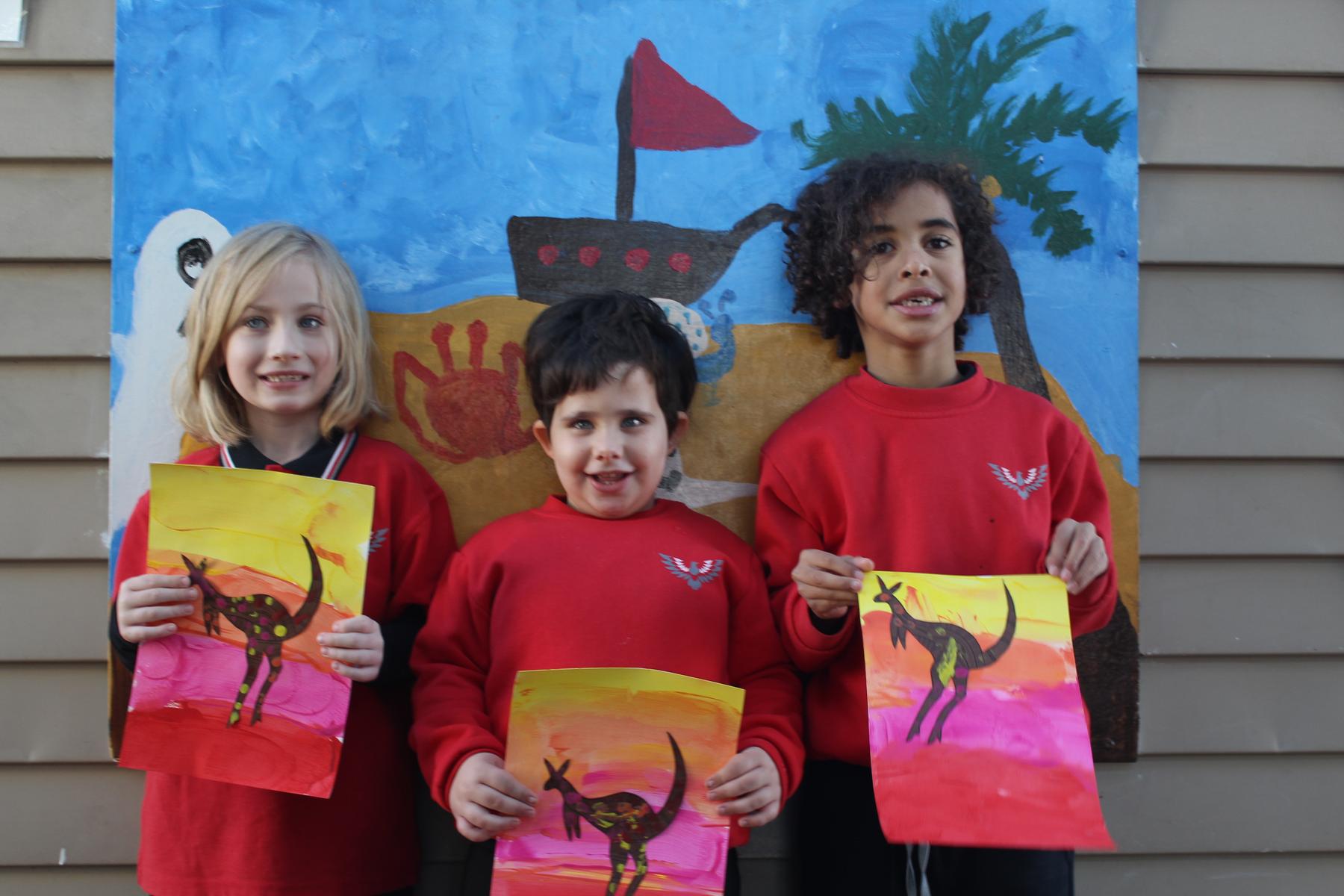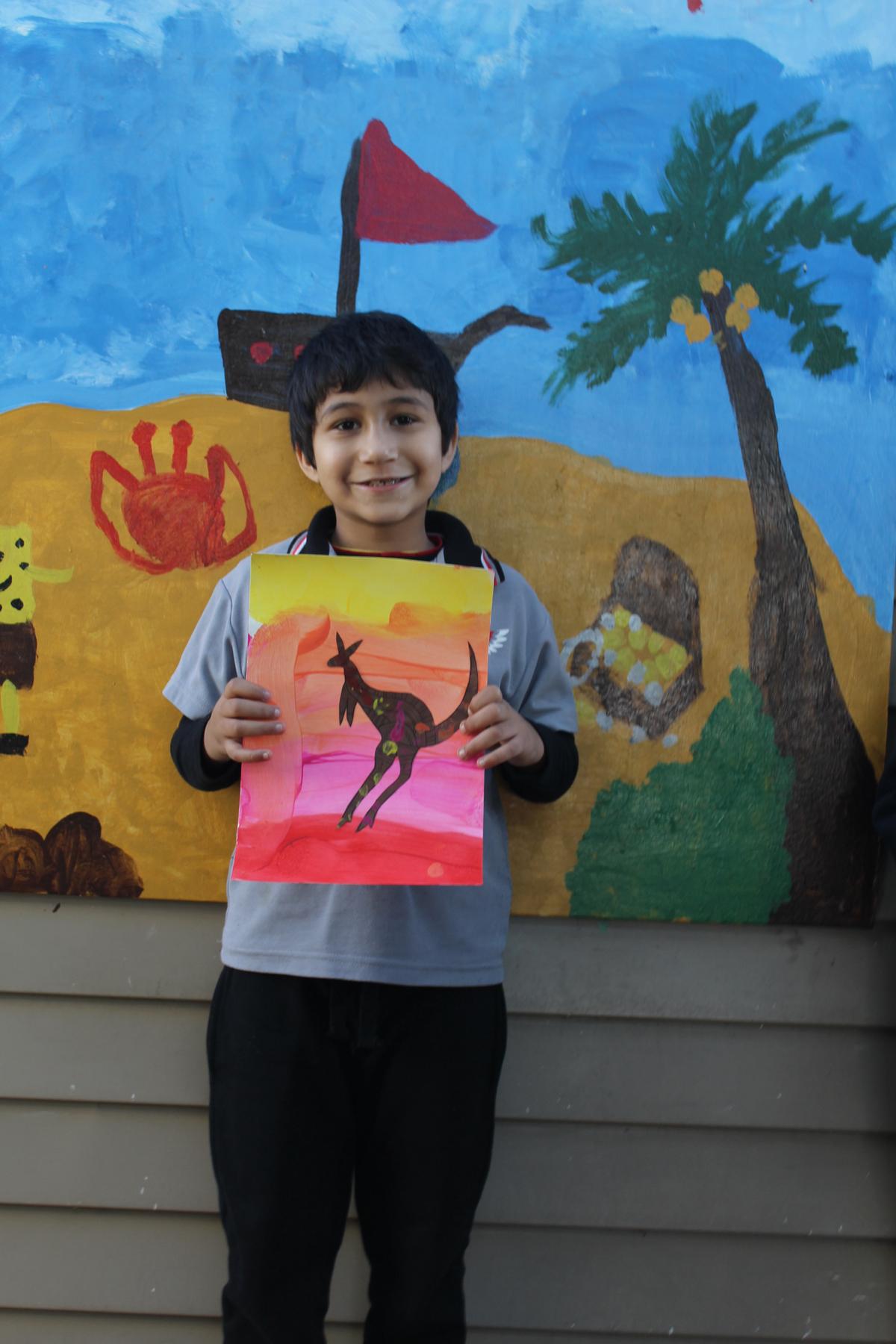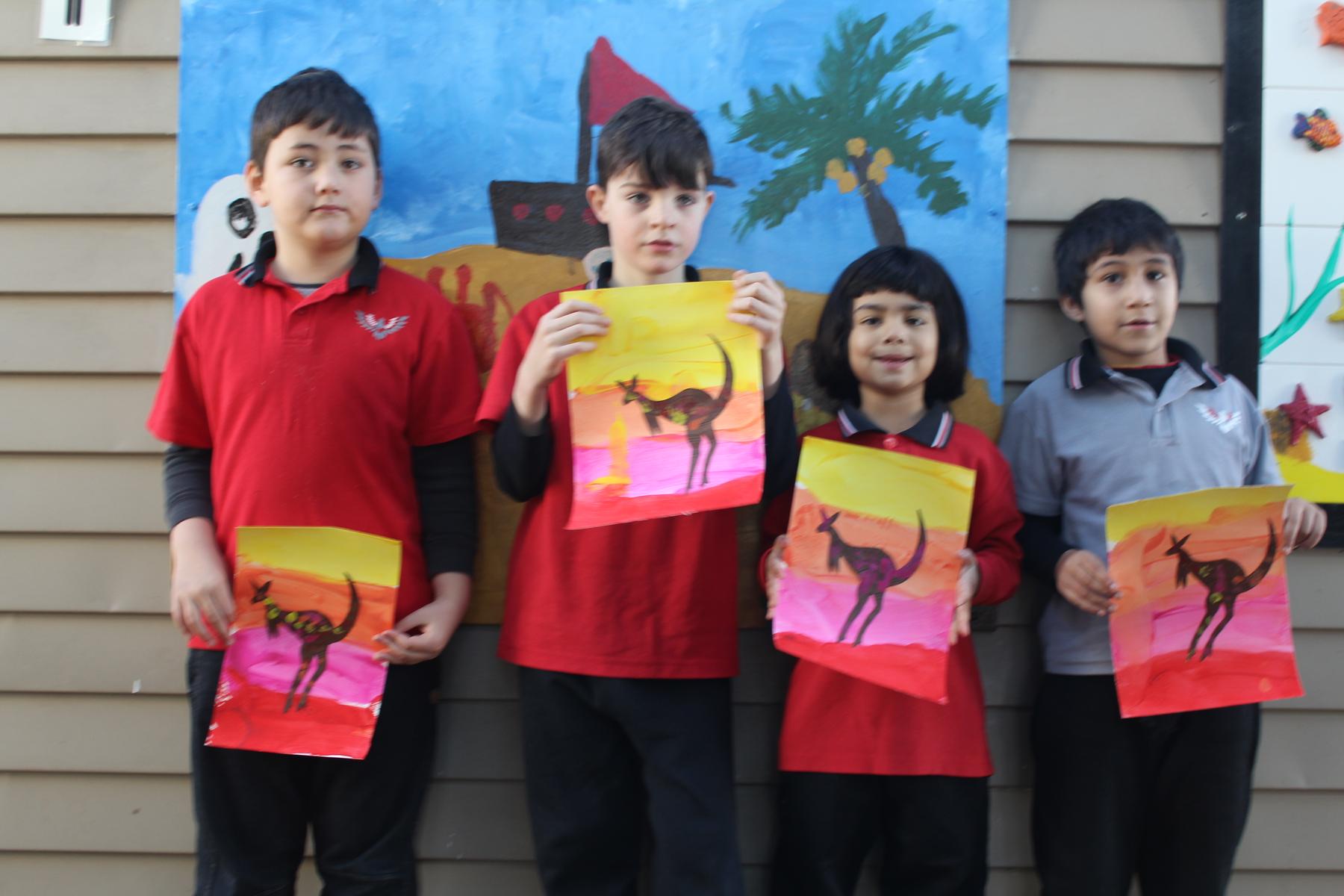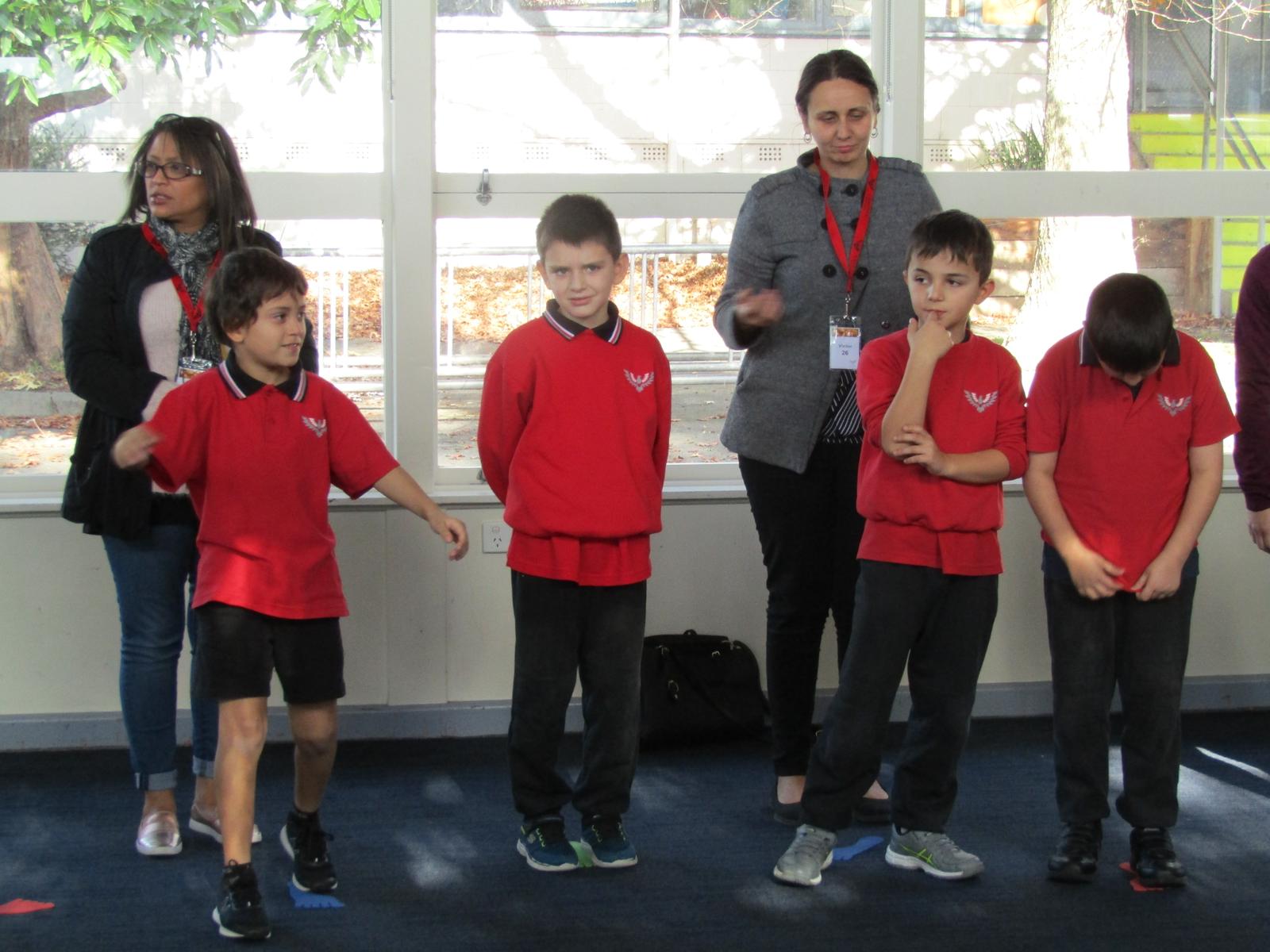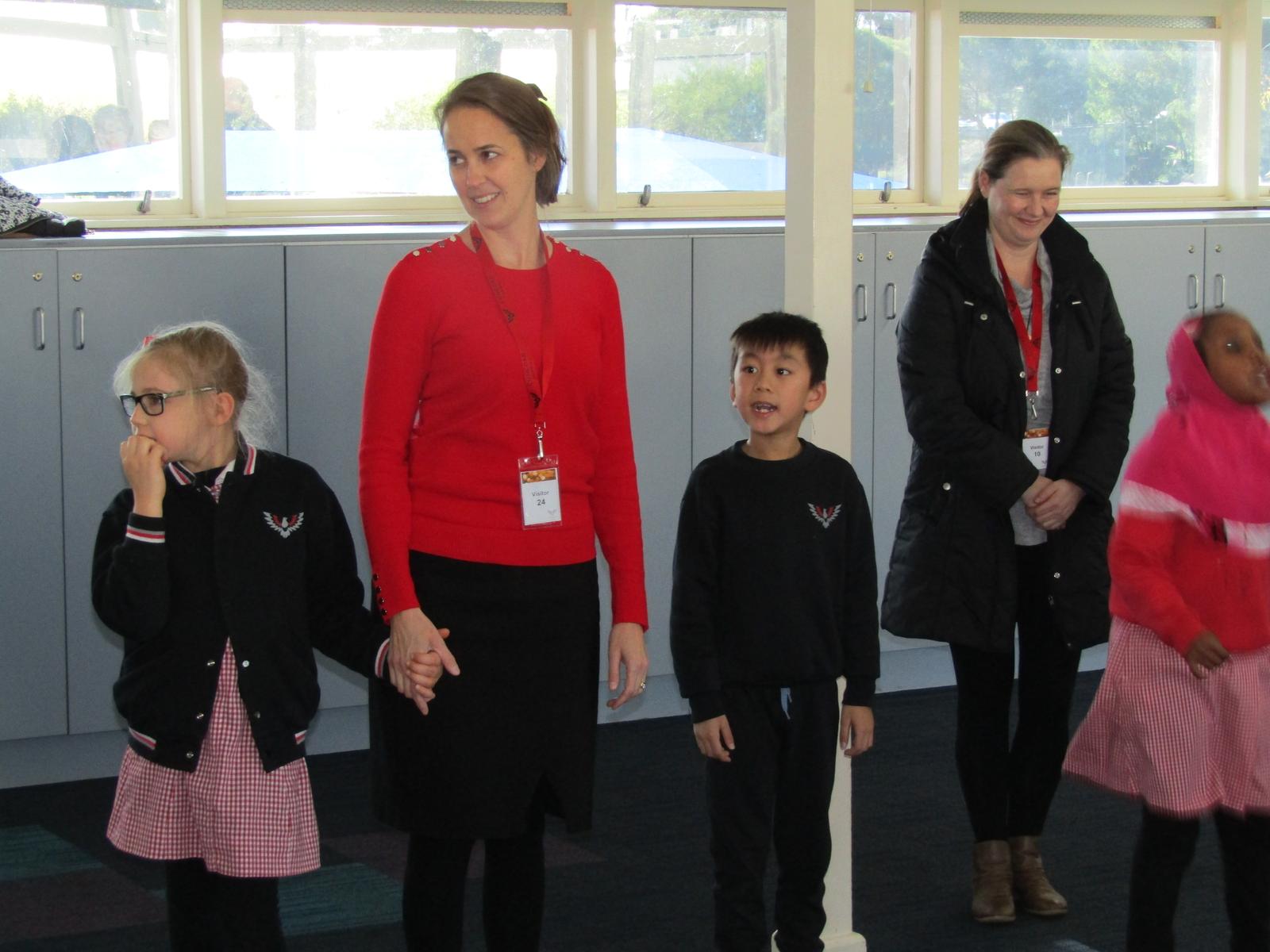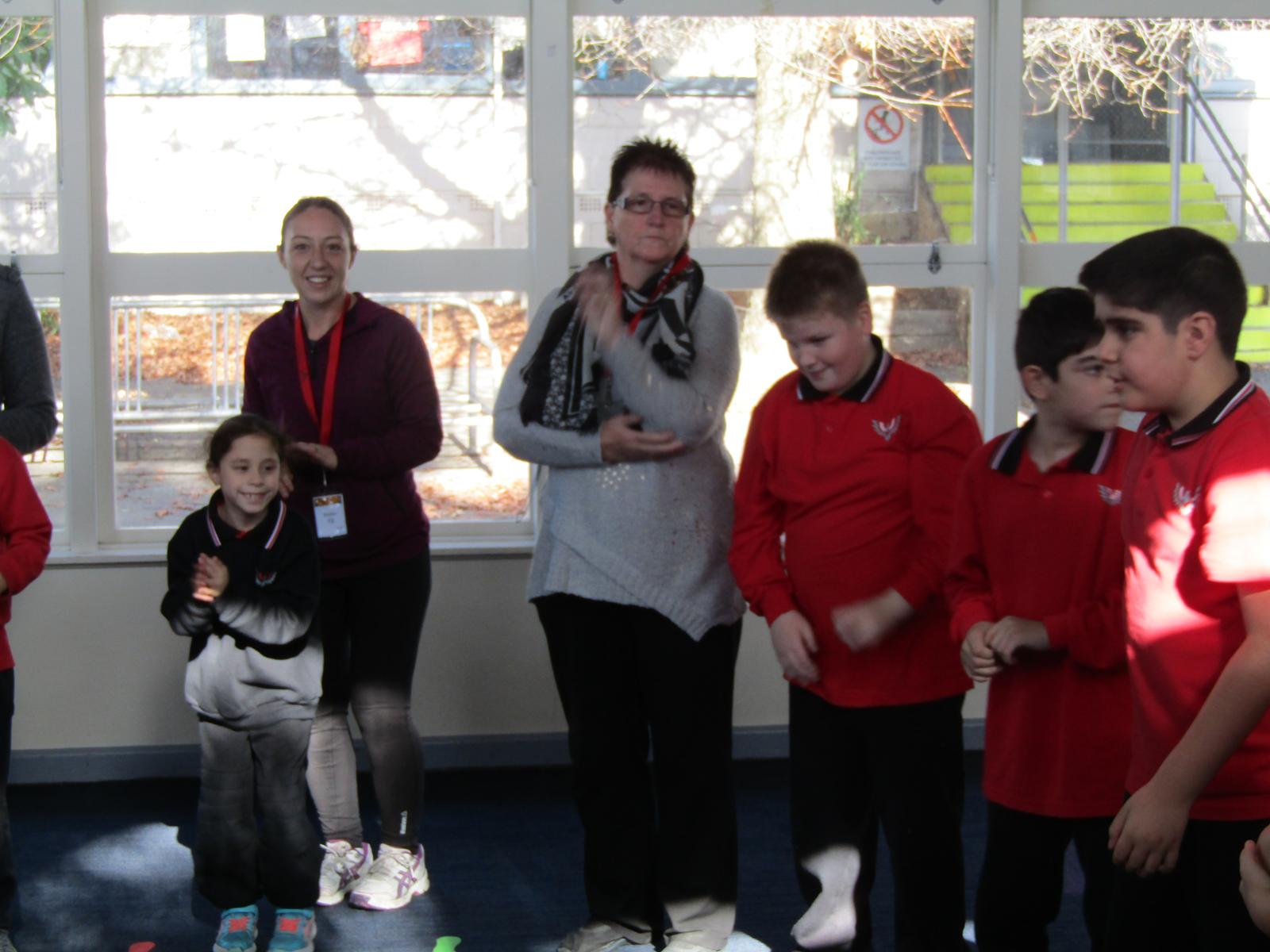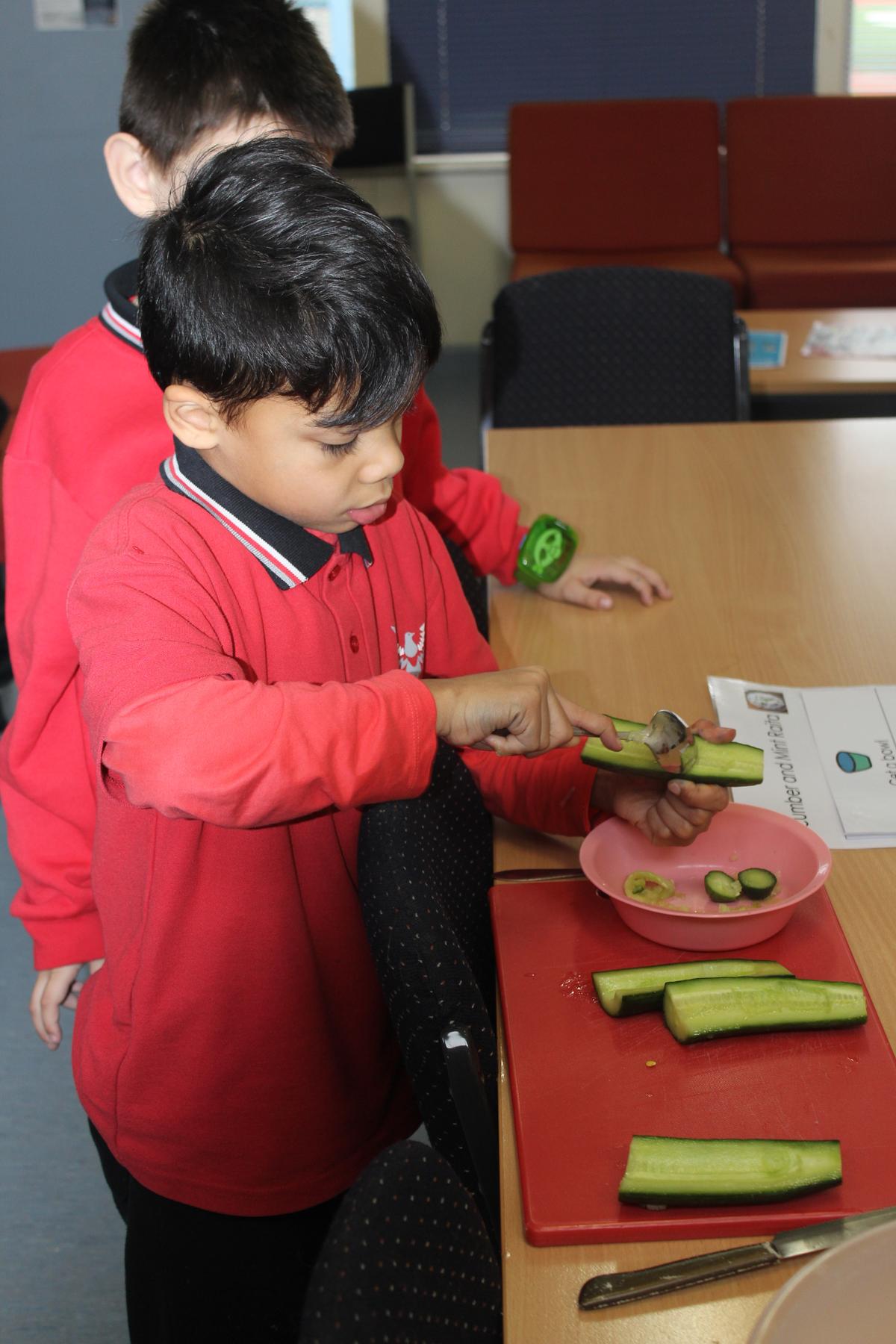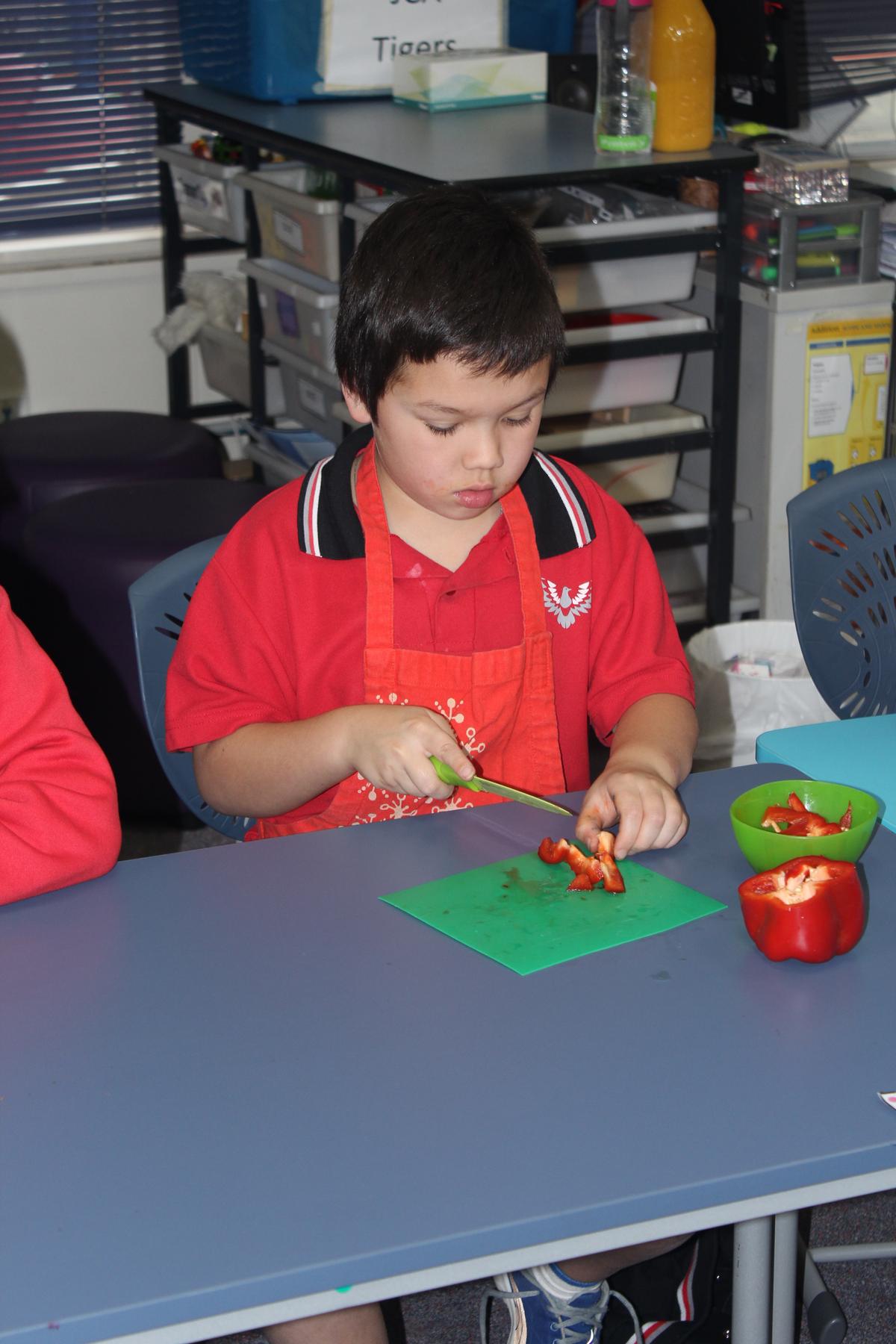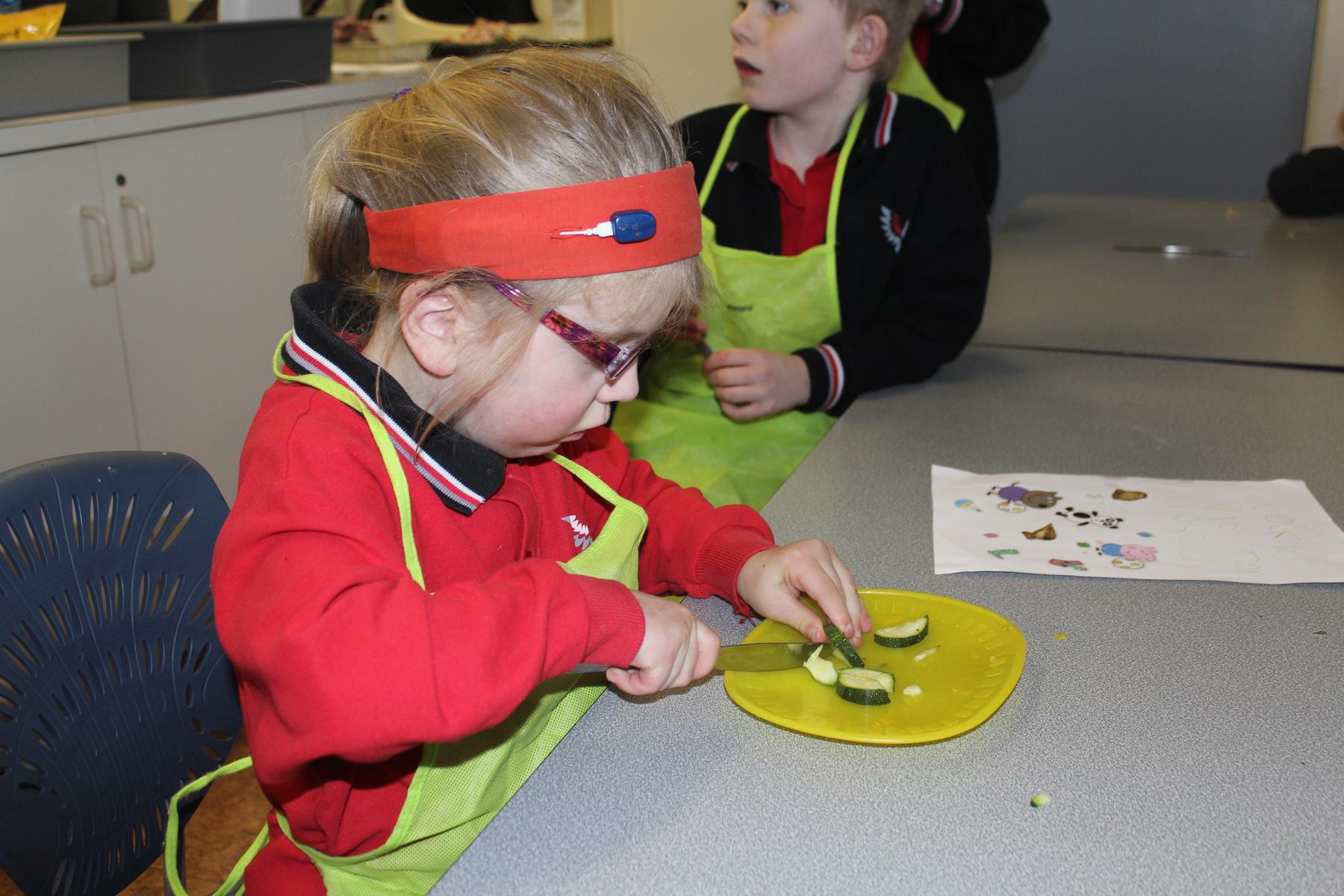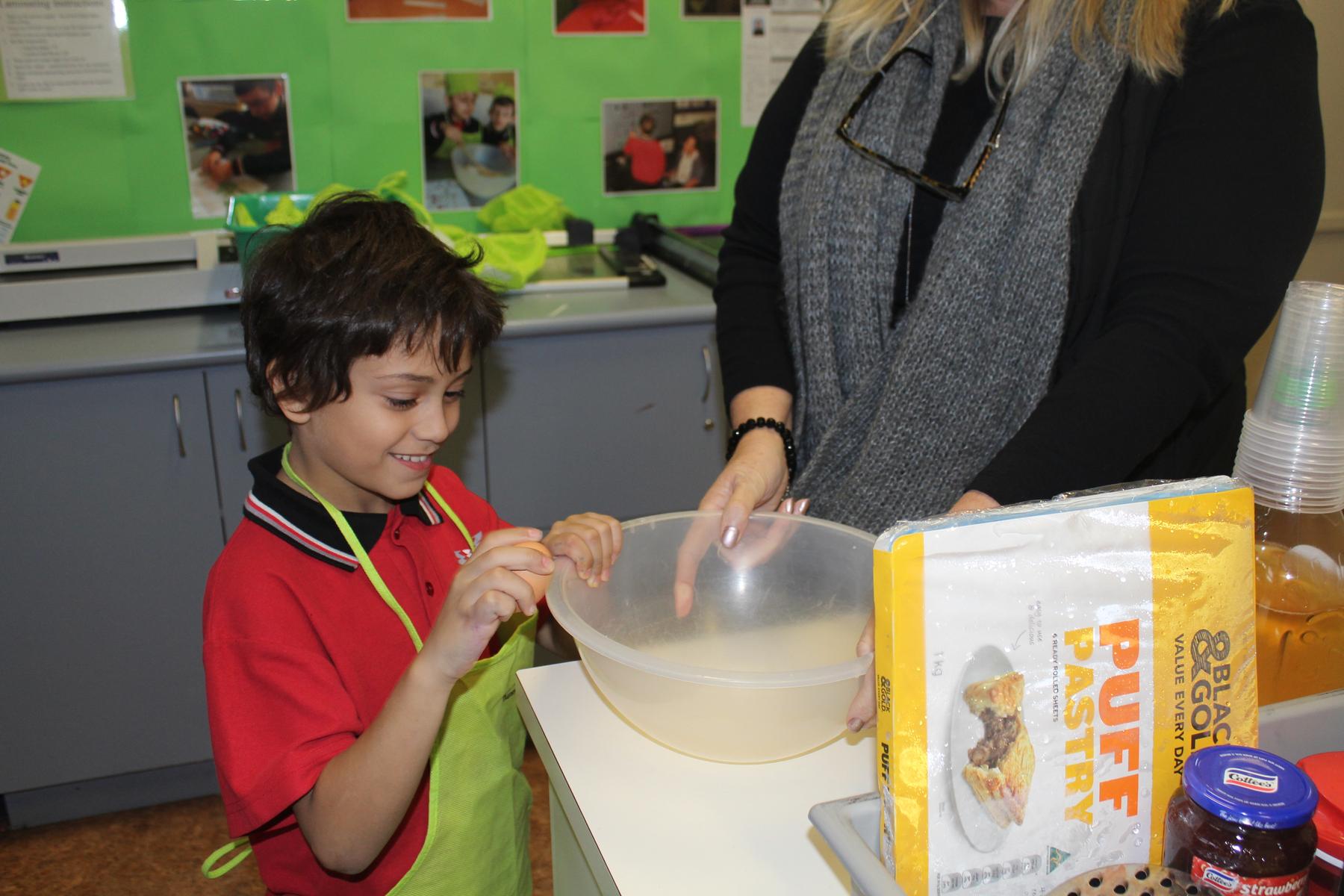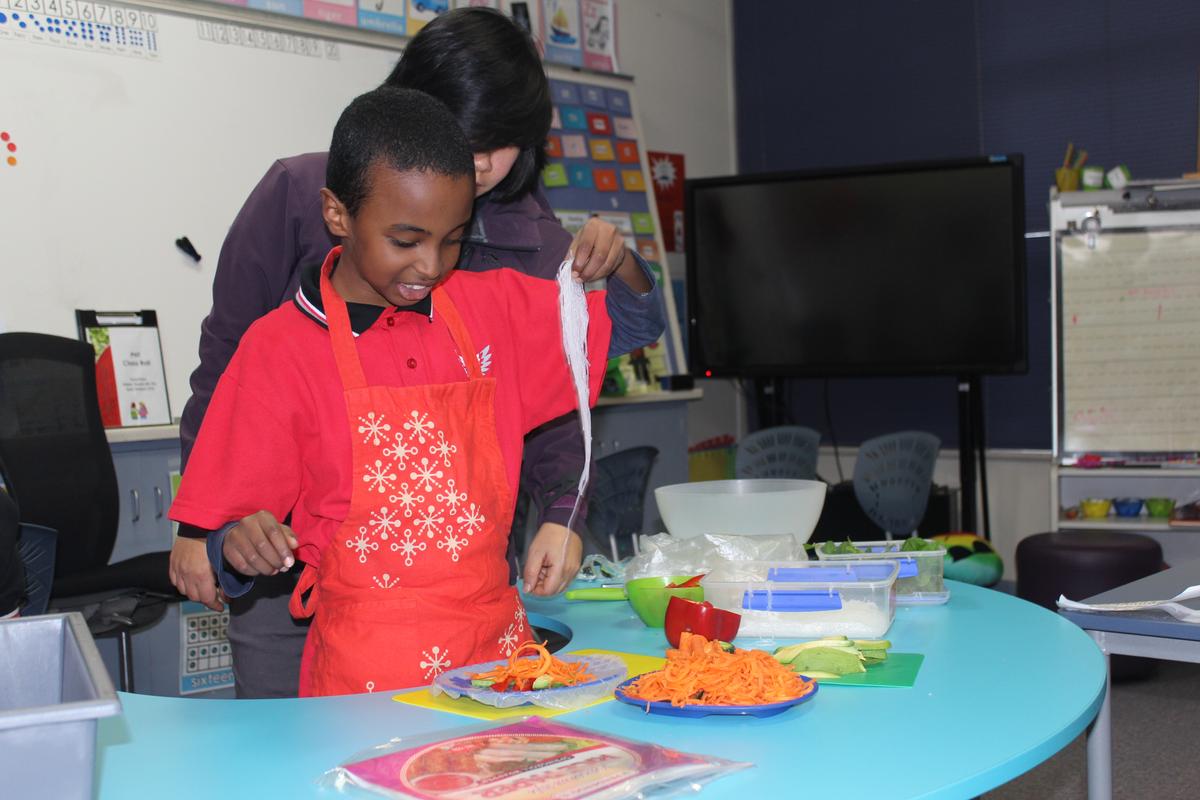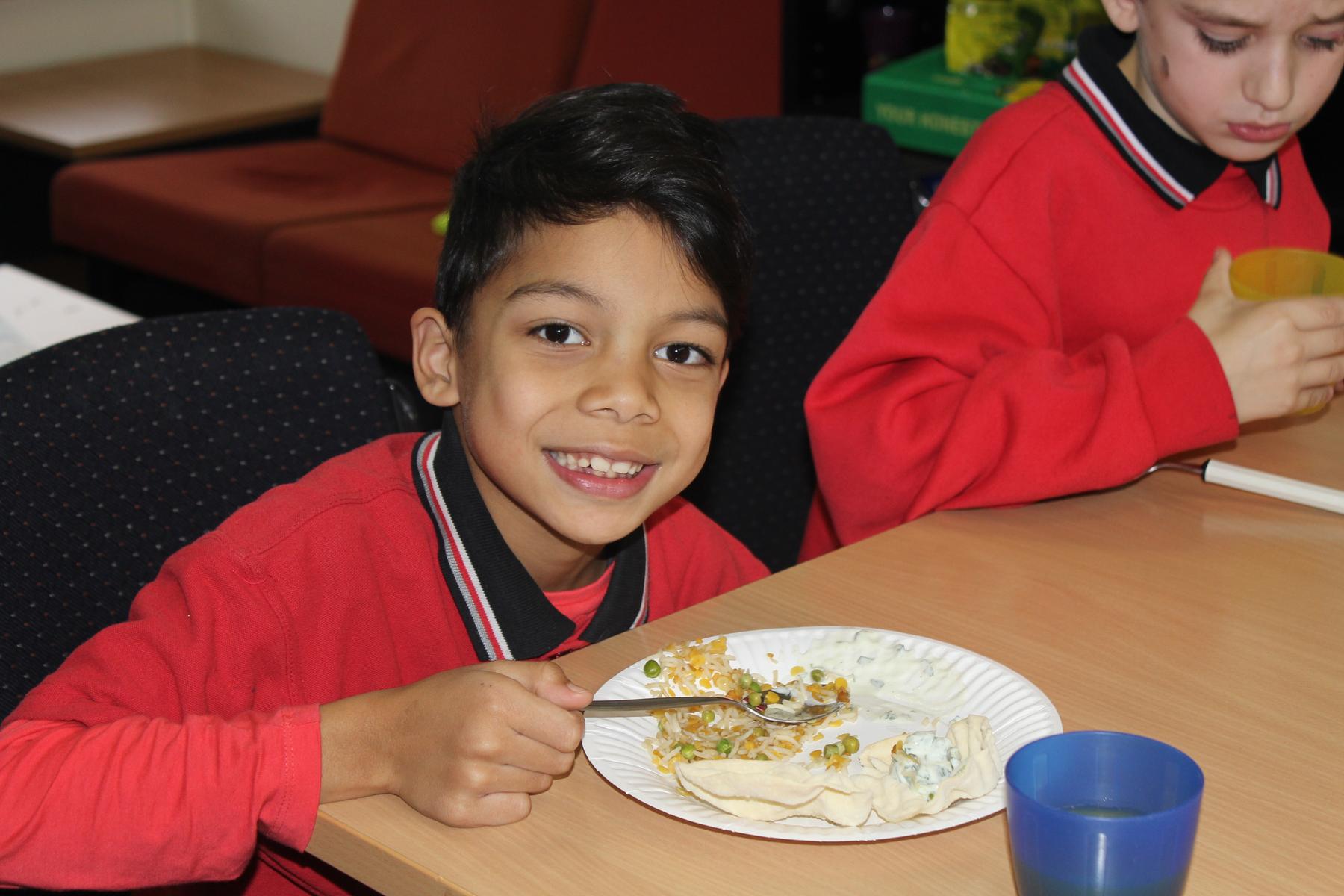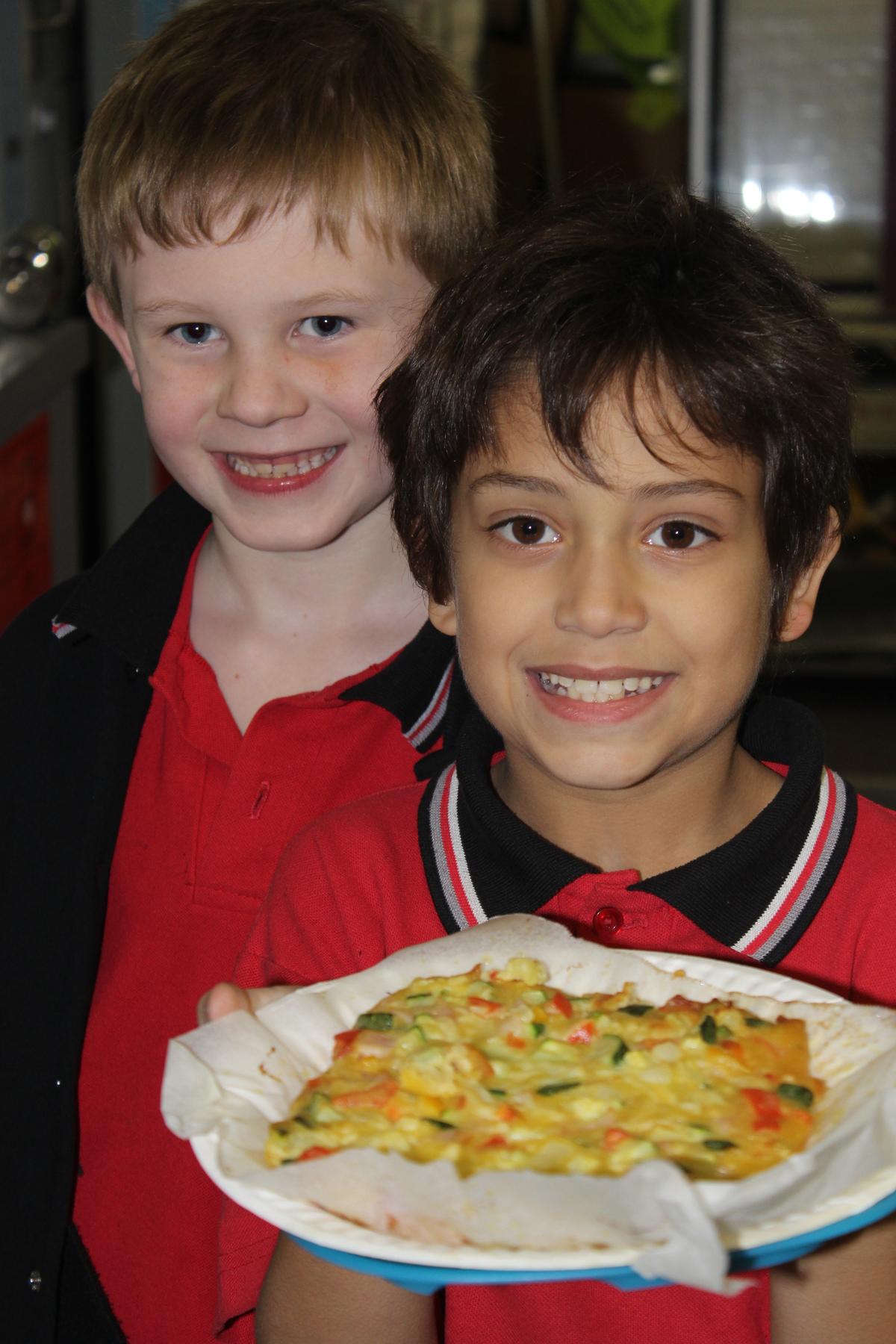Term 2 Overview
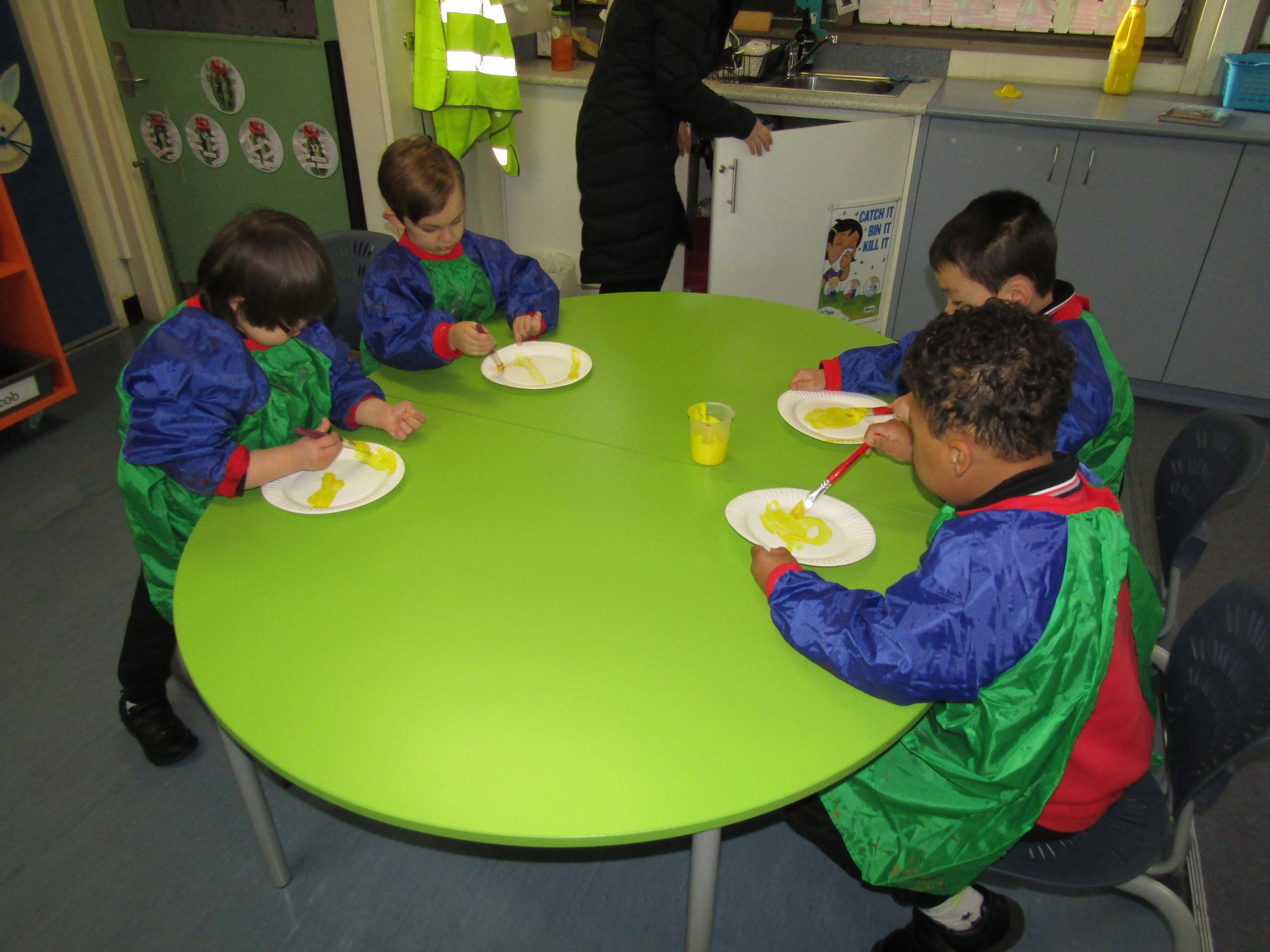
Overview
It is at this time of the year as I begin to read individual student reports that I realise just how much progress students have made not only academically but also socially. Supported by programs that engage and challenge their learning, our students have worked hard to achieve their personal best.
Along with the class programs it has been all those extra activities that have made the term such a busy one. The Stories of the Past unit, Specialist programs, Occupational and Speech programs are all so important in engaging and stimulating our students’ interest and developing skills and knowledge. The range of activities that classes have been involved in and the learning that has occurred as a result of these has been impressive.
Over the term
The focus for reading sessions has been reading comprehension, Concepts about Print and Word Level Grammar. All students have been working through the fundamentals of comprehension at their point of learning need. At this stage the majority of our students are responding to literal information which is what the text describes as happening in the story and what can be seen on the page. There has been lots of work done on developing an understanding of the oral vocabulary and language that students are hearing in texts which also links to word level grammar and the development of decoding skills. Concepts about Print were not taught in isolation but rather as a focus during all reading activities including modelled, shared, guided reading comprehension and word level grammar activities. The main understandings or elements of Concepts of Print include the concept of how a text conveys a message, how a book works, how different texts are organised, that books are read from left to right, top to bottom, and other features such as spacing, punctuation, the difference between letters, numerals, and other symbols. An understanding of these concepts are essential for all reading activities.
Students have looked at a variety of text type and structure with particular focus on narrative and recount texts. They have focussed on the elements of a narrative text: the characters, setting, problem and solution and used images within the text to identify key objects, events and identified the parts of a story in terms of the beginning, middle and end. Students used a range of aided language displays to support their writing of narrative texts and focussed on the use of descriptive words (adjectives) within their writing. For recount writing students responded to shared experiences such as Education Week, Science experiments, drama activities and incursions such as the Chinese Dance and African Drumming workshops orally, by drawing, dictating a sentence or having a go at their own writing. Students once again used use photos and visual information such as pictures, picture words and picture word sentences to assist them.
Mathematics
In the area of Mathematics students have revisited and revised their knowledge and skills in the area of addition and subtraction. All activities have been supported by concrete materials that students can manipulate to develop their understanding of addition. Students have taken part in specific moderation tasks which reflected their understanding of these processes and the ability to use addition and subtraction strategies. These tasks also gave teachers relevant information about where students are at and where to take them next.
In Measurement and Geometry students worked on Location by following directions during everyday situations for example during chants and songs with repeated actions, when completing art works, when locating specific objects or when completing a task. They have been encouraged to use everyday language to explain where an object is and to follow directions to move an object in, on, under, up, down, over, between, near, next to, forwards and backwards.
Integrated Unit –Stories of the Past
This semester’s integrated unit “Stories of the Past” has provided the scope for students to learn about their own history and their own stories. Students have looked at what makes their families unique and how each family has their own stories to tell. Classes have worked in different ways and at different levels to identify, their cultural background, and how families and friends celebrate events that are important to them. Classes have talked about how special celebrations such as birthdays, Christmas, Easter, Mother’s and Father’s Day are celebrated in different ways by different families. Some classes have also looked at other types of celebrations such as ANZAC Day, Weddings and Christenings .It has been good to see students make links and connections to their own lives, and to the celebrations and the stories that are told within their own and other families. The projects that have been completed by the students on both cultural and personal celebrations also reflect these connections. Students also showed their understanding of “Stories of the Past” through creative mediums as part of the Visual Arts program.
To further reinforce learning that has been occurred in the classroom students participated in several incursions. “The Drama Toolbox” delivered a drama workshop which outlined how aboriginal stories are communicated through dance and drama. The dreamtime story ‘Tiddalick the Frog’ was used as the catalyst for students to create, explore and develop ideas. They re-enacted the Tiddalick story using a range of Australian animal costumes which included emus, kangaroos, frilled neck lizards, wombats, koalas, sulphur crested cockatoos and kookaburras. Students also attended a dance workshop which incorporated the traditional Chinese dragon or lion heads that are used to tell traditional Chinese stories. The students were involved in creating an exciting dance performance and learning about Chinese culture and their stories at the same time. The African Drumming incursion allowed students to make African music using drums and other African instruments. They also participated in African dance sequences. Students were totally engaged by these performances. These incursions gave further opportunity to learn that different cultures have stories to tell and these can be communicated through music, dance and drama.
All classes have diverse cultural backgrounds and so family celebrations and the stories that come from these events are also diverse and unique. We have had parents who have come to school to talk about Chinese New Year and Greek Easter and how this is celebrated within their families and also to work with students to prepare specific foods from Vietnam (rice paper rolls), Macedonia (zucchini slice) or India (tamarind rice).
To conclude this unit Lower Primary is having a Multicultural Day where students will be invited to come dressed in their families traditional clothes and will participate in various art craft, drama, dance and games which will tell stories.
Social Competencies
This term work in social Competencies has targeted the ‘Relationships’ area of the Social competency Program. Students enjoyed stories, role plays and video scenarios to improve their relationship skills.
Our special parent events are always supported so well by our families and we thank you and appreciate that support. To celebrate Mother’s Day there was delicious food, great entertainment from the students, lots of participation from mothers, grandmothers, aunts and other special people and wonderful gifts for visitors to take home. This is a time when we acknowledge our mothers and special people and all that they do. Our special visitors always leave with special memories.
Education week was a celebration of all the great things that happen at Concord. Lower Primary shared their work through open classrooms and themed activities. Our particular theme was" Celebrating the arts”. Our parents were also invited into their child’s classroom to see them at work and to join in with the activities. It was wonderful to see so many of you take part in our Education Week celebrations. There was also a display of artwork by students in the main corridor which focussed on aboriginal stories completed during the integrated unit. Our students wrote stories after being immersed in a wide range of “Dream time “ stories and completed paintings on rocks, bark and paper using aboriginal symbols to guide them. Our students are always thrilled to have visitors in their classroom and loved working on their art works with their parents. This display was so impressive!
To recognise the success of our students, Friendship and Personal Best awards are presented at the end of each term. Students are nominated by staff for working hard to improve their school work and for cooperating with others over the term. Friendship awards are presented to students who have shown that they are good friends by sharing, cooperating and helping their school mates. Personal Best awards are presented to students who always do their best and strived to improve their school work.
As always, a big pat on the back to all the Lower Primary students and staff. I am very proud of you all and look forward to a happy and productive term 3 together.
Kath Moore
